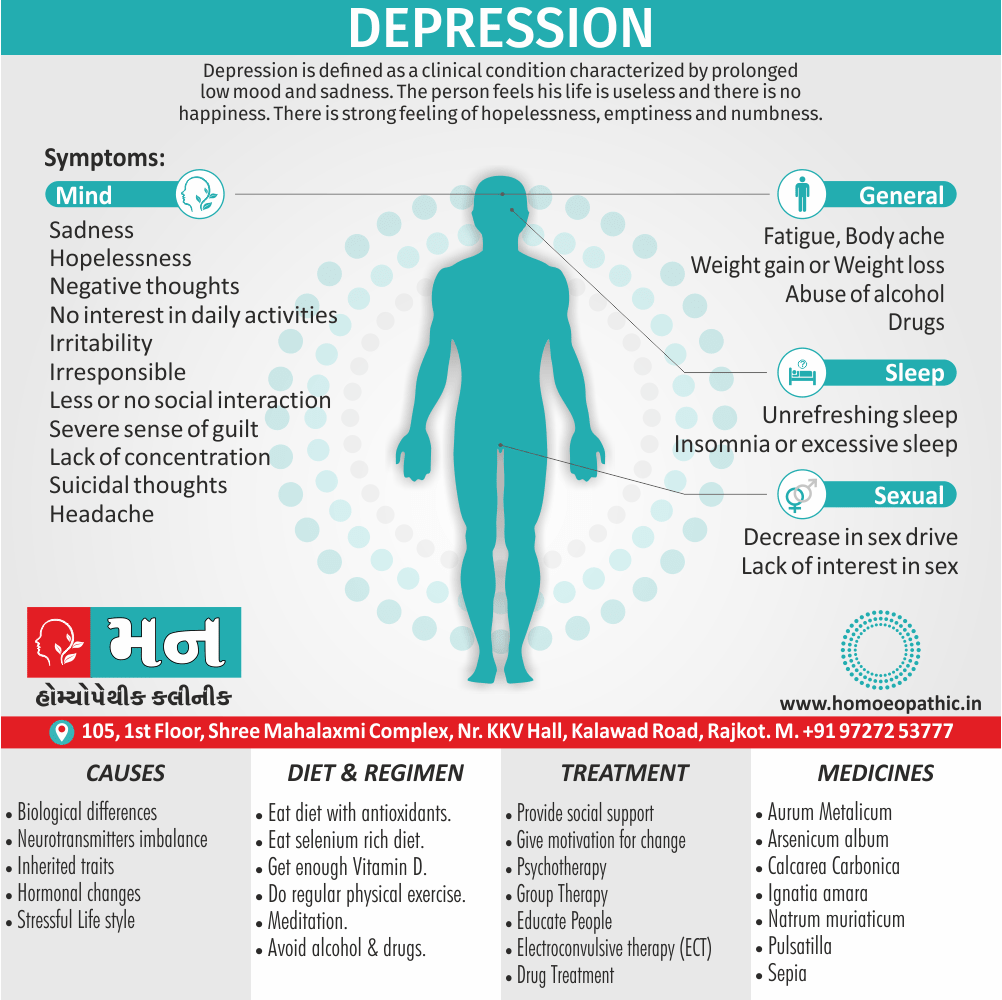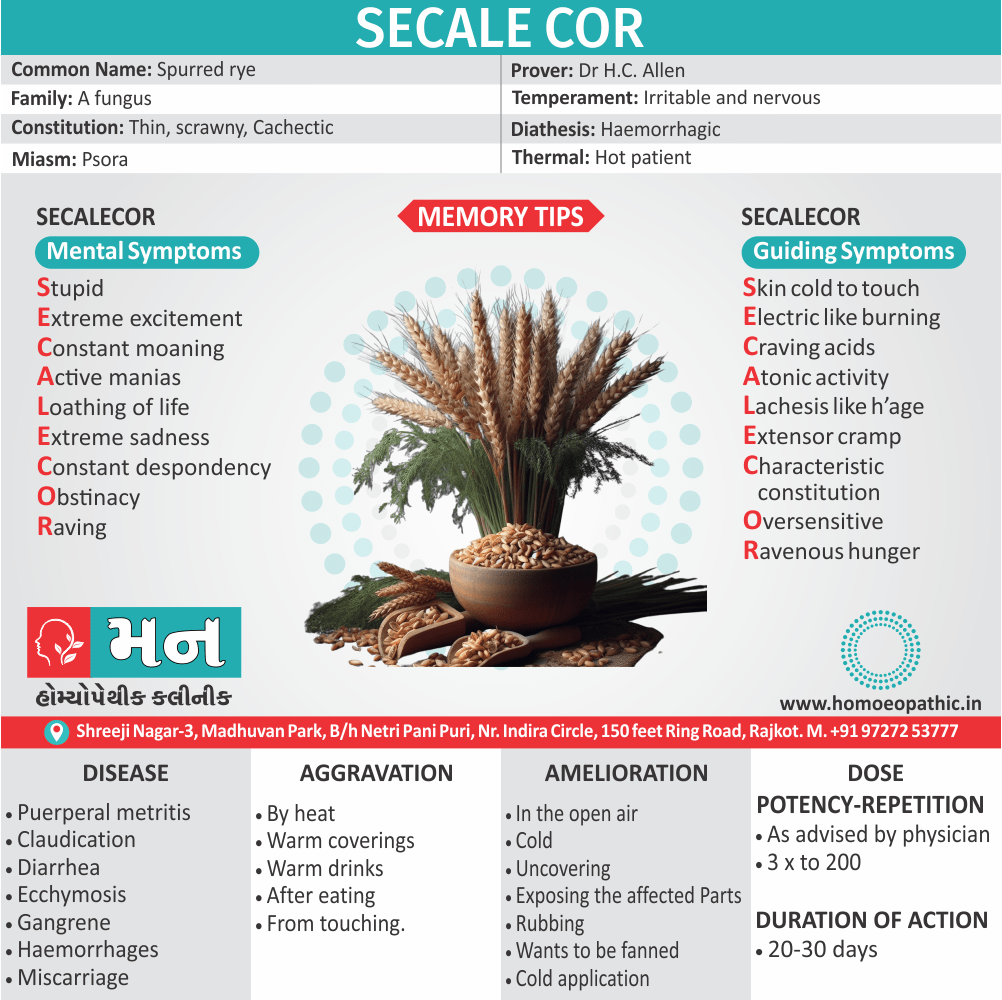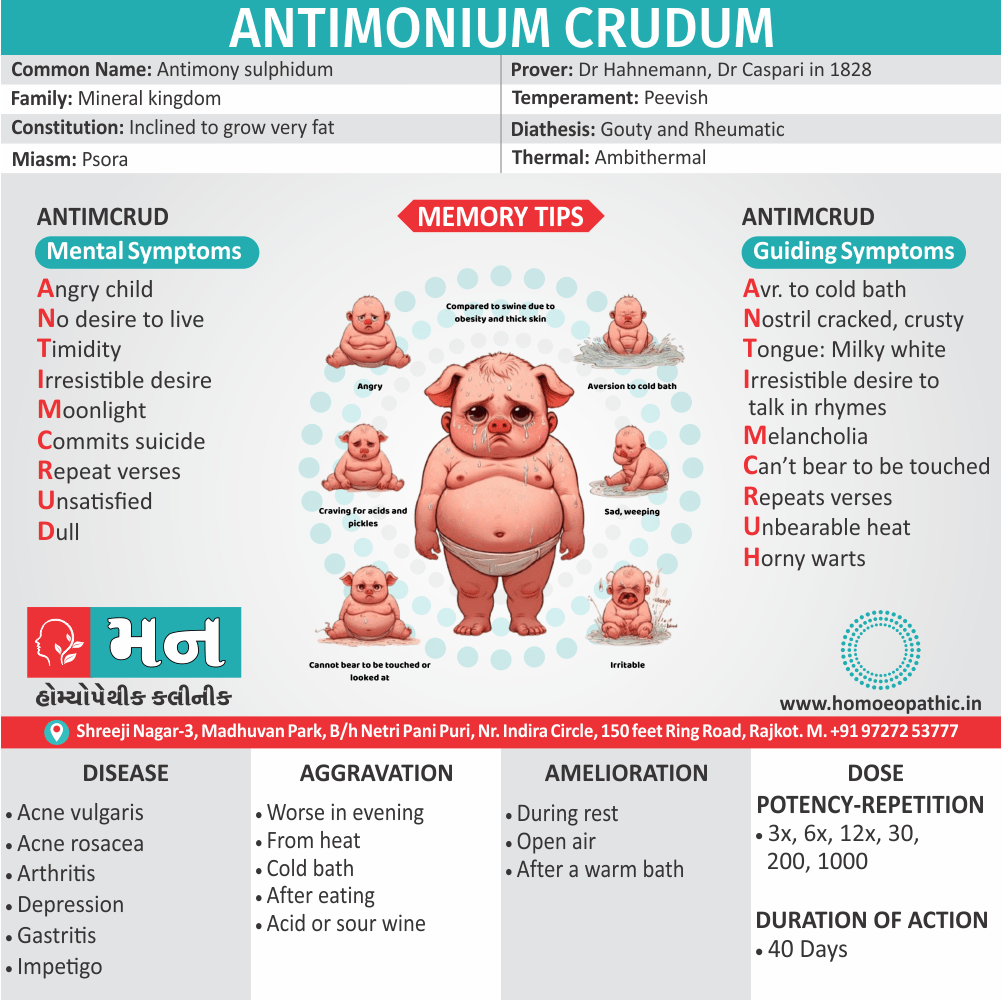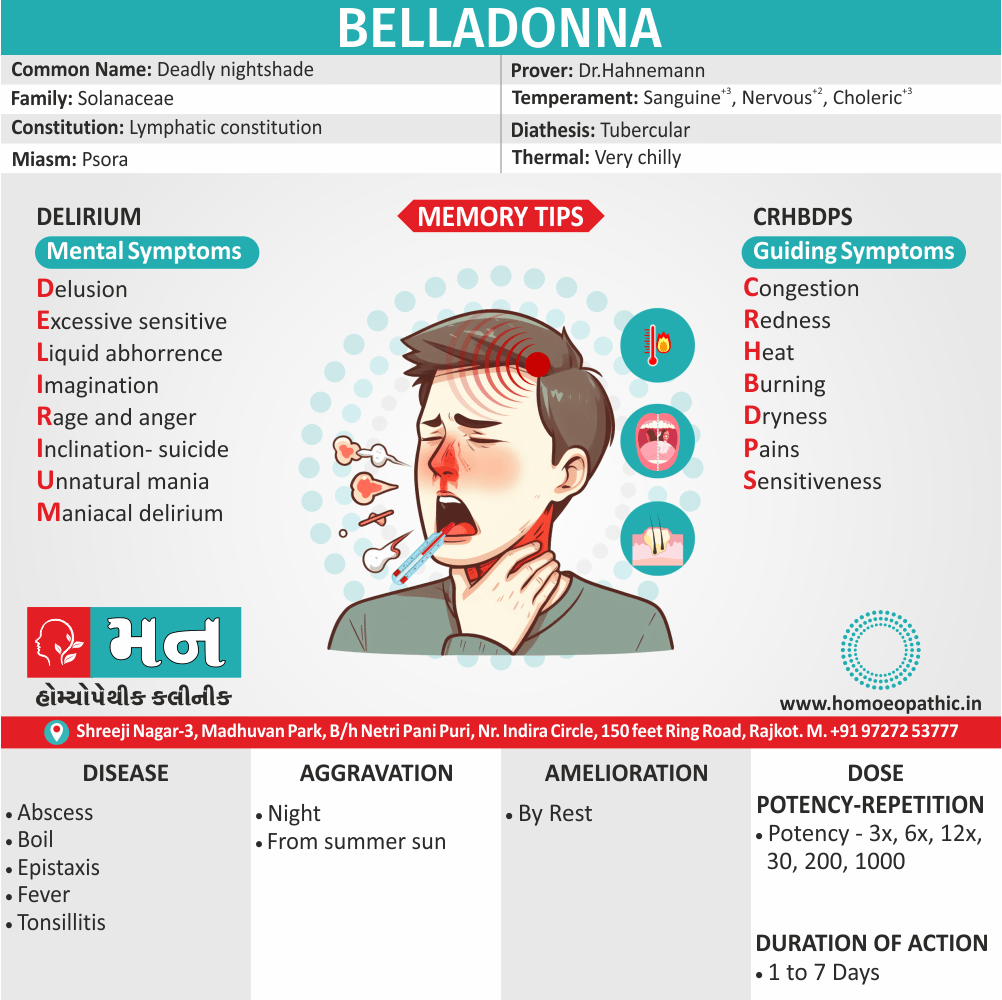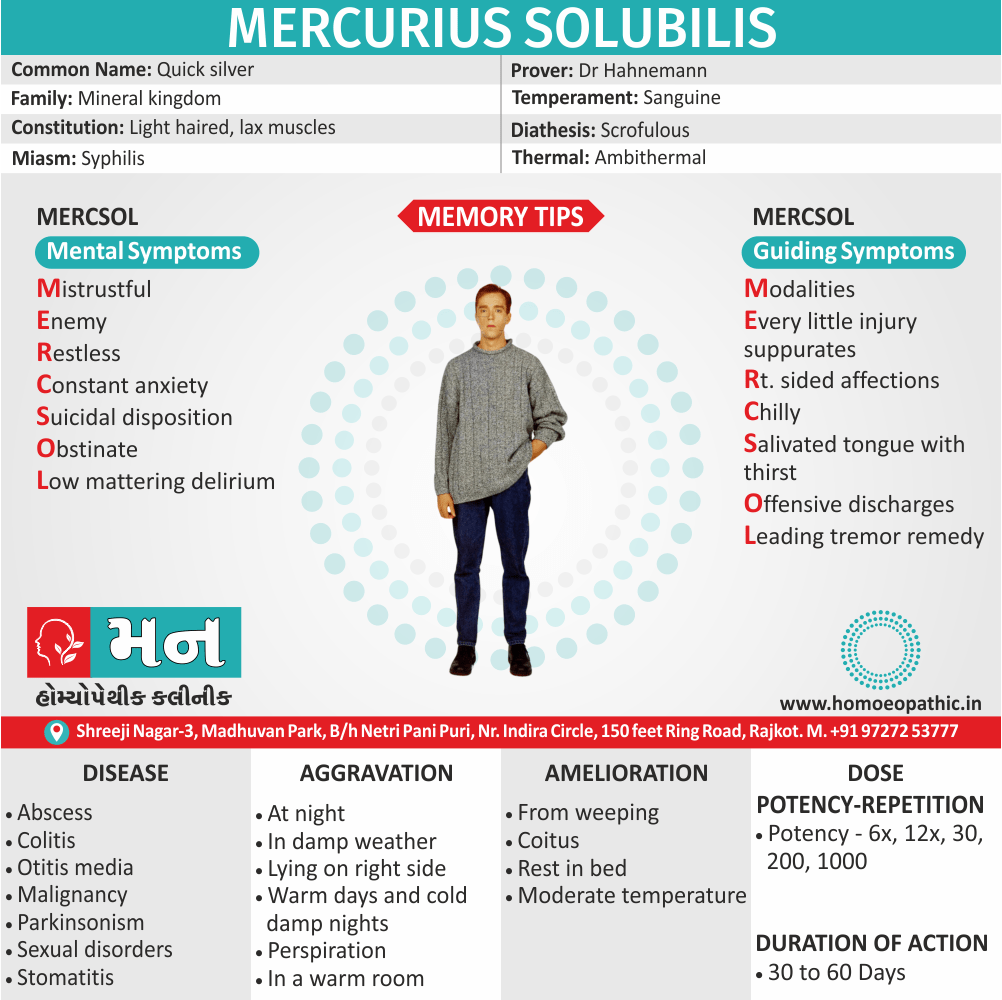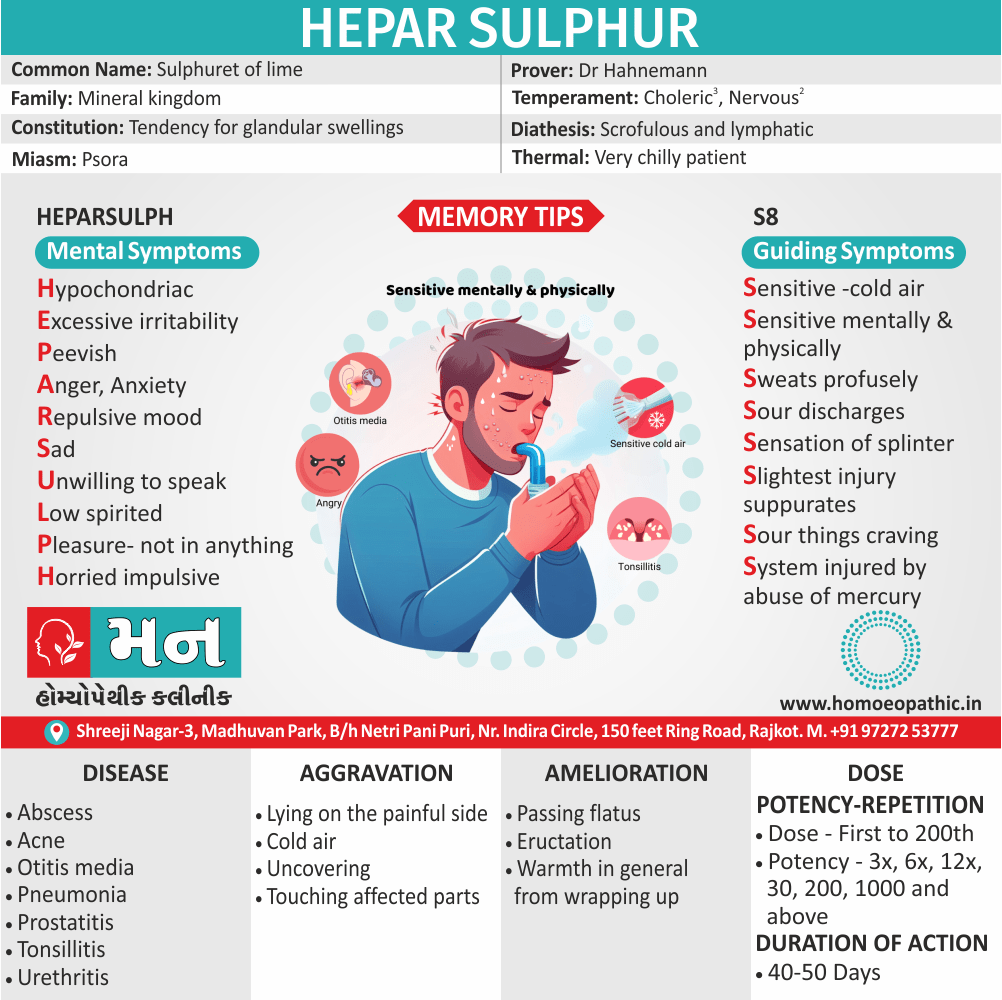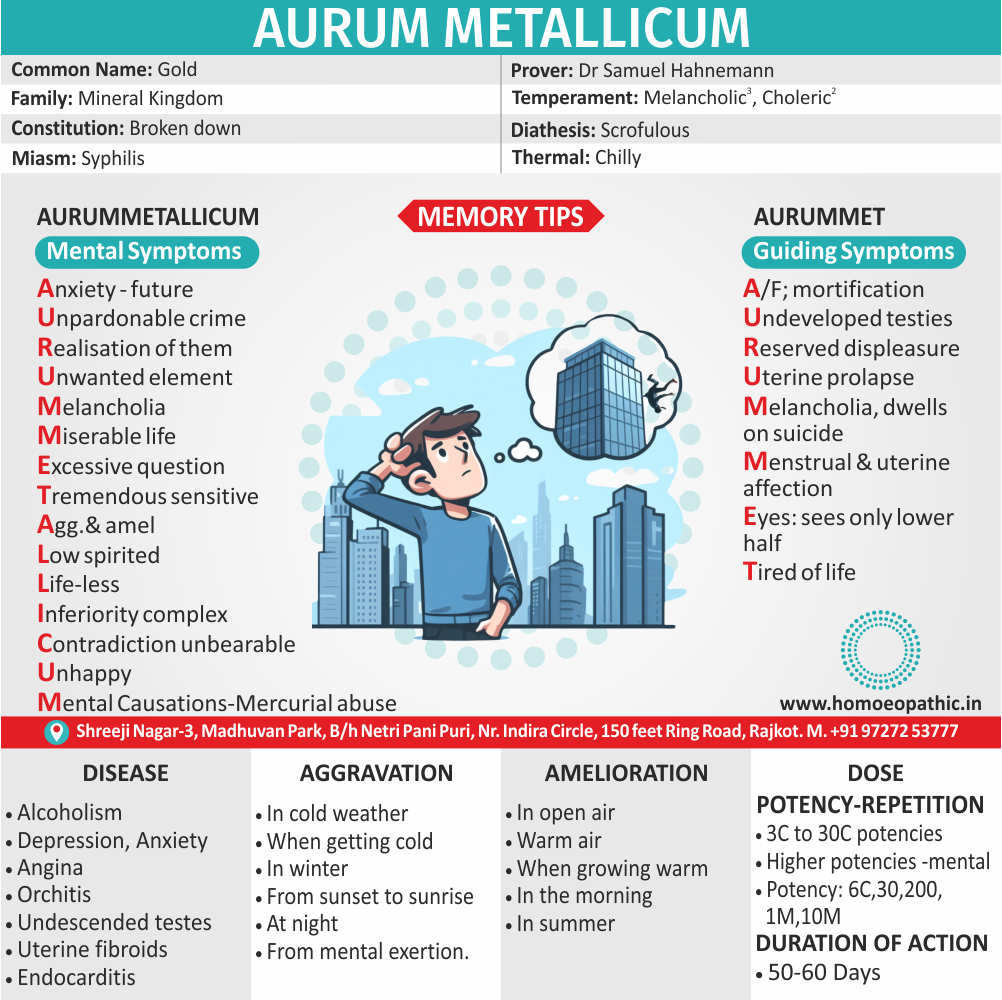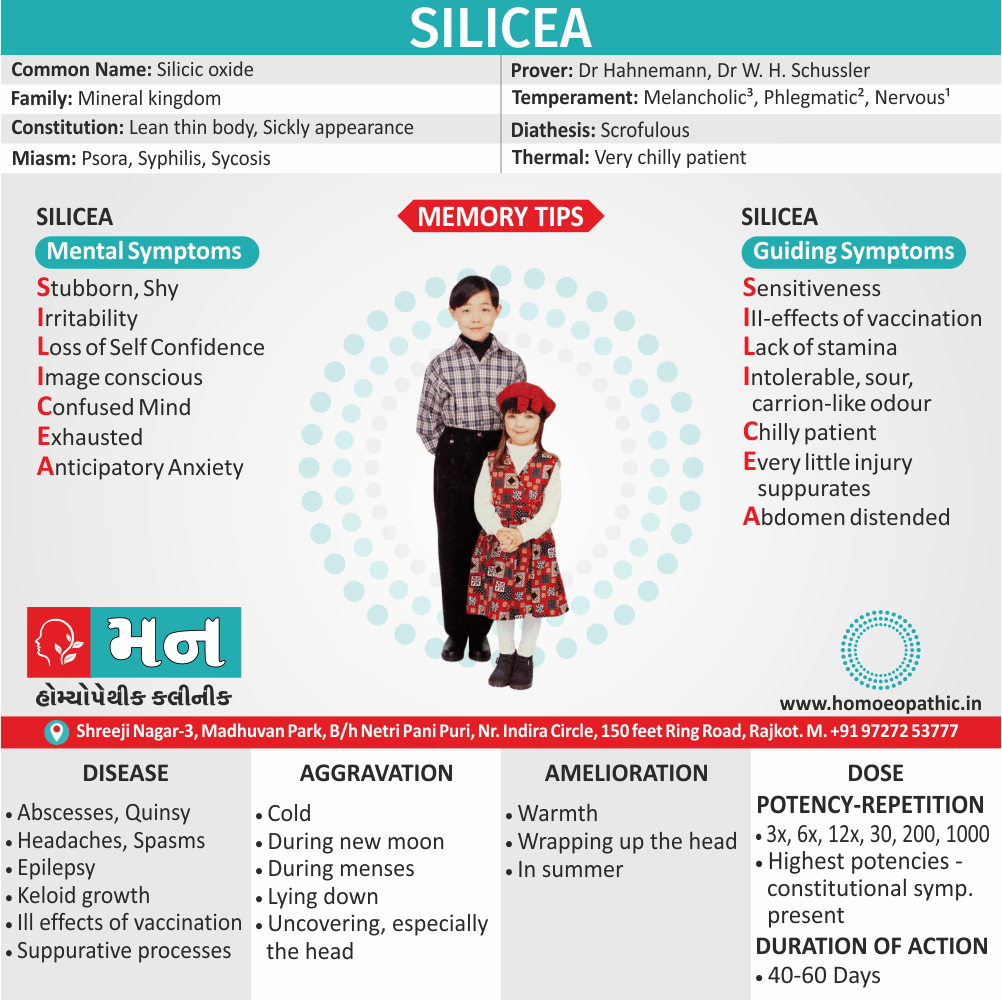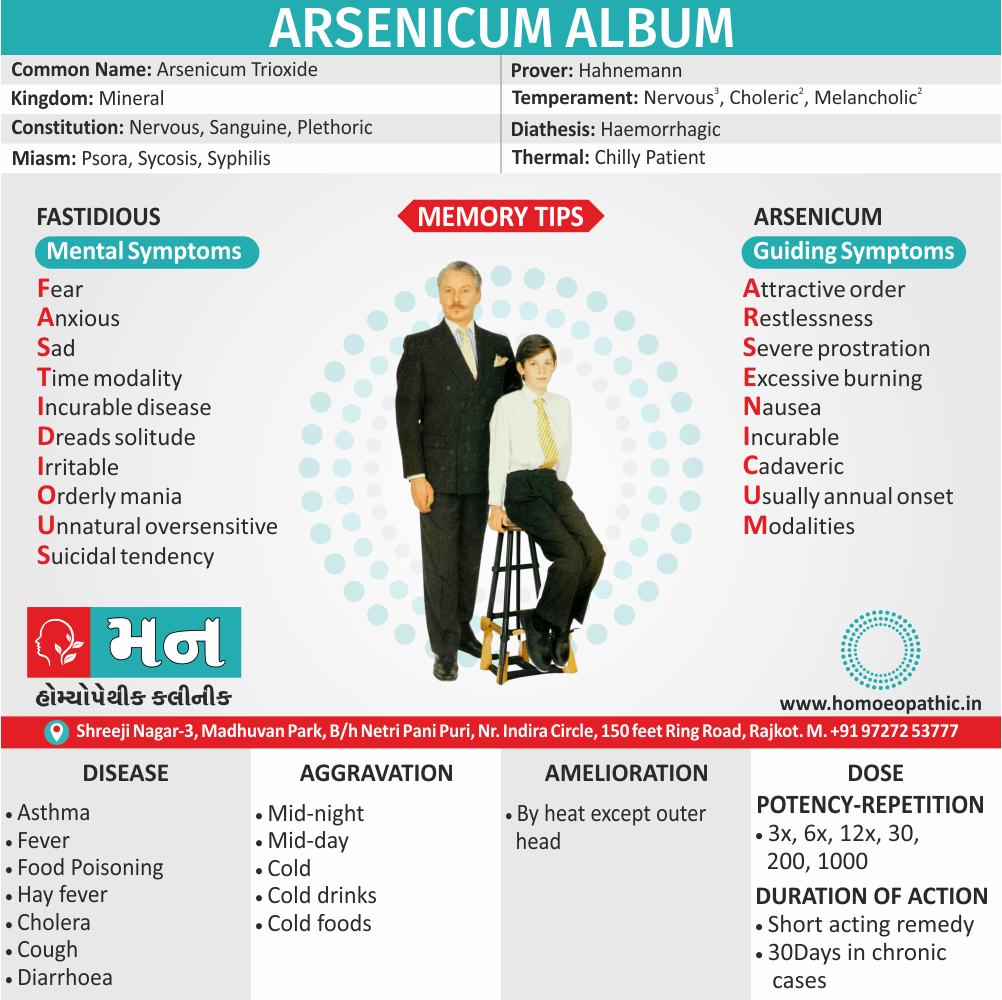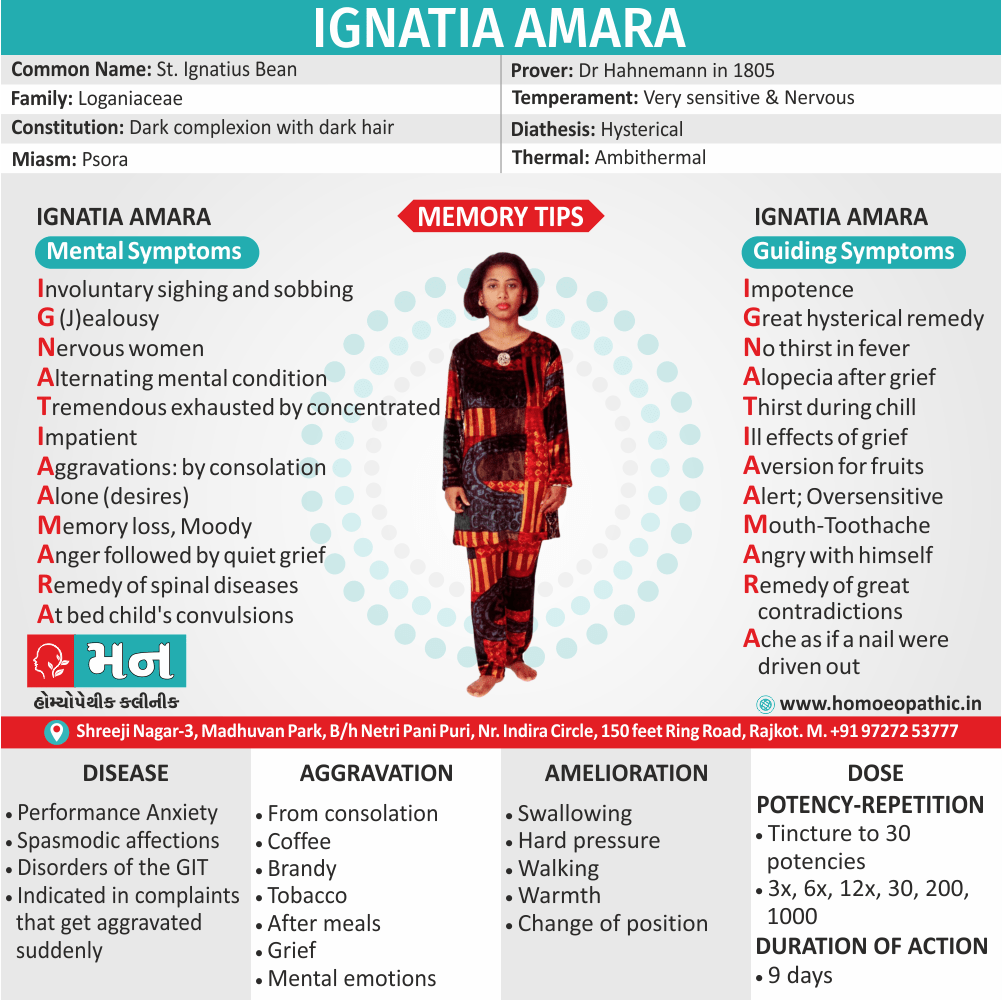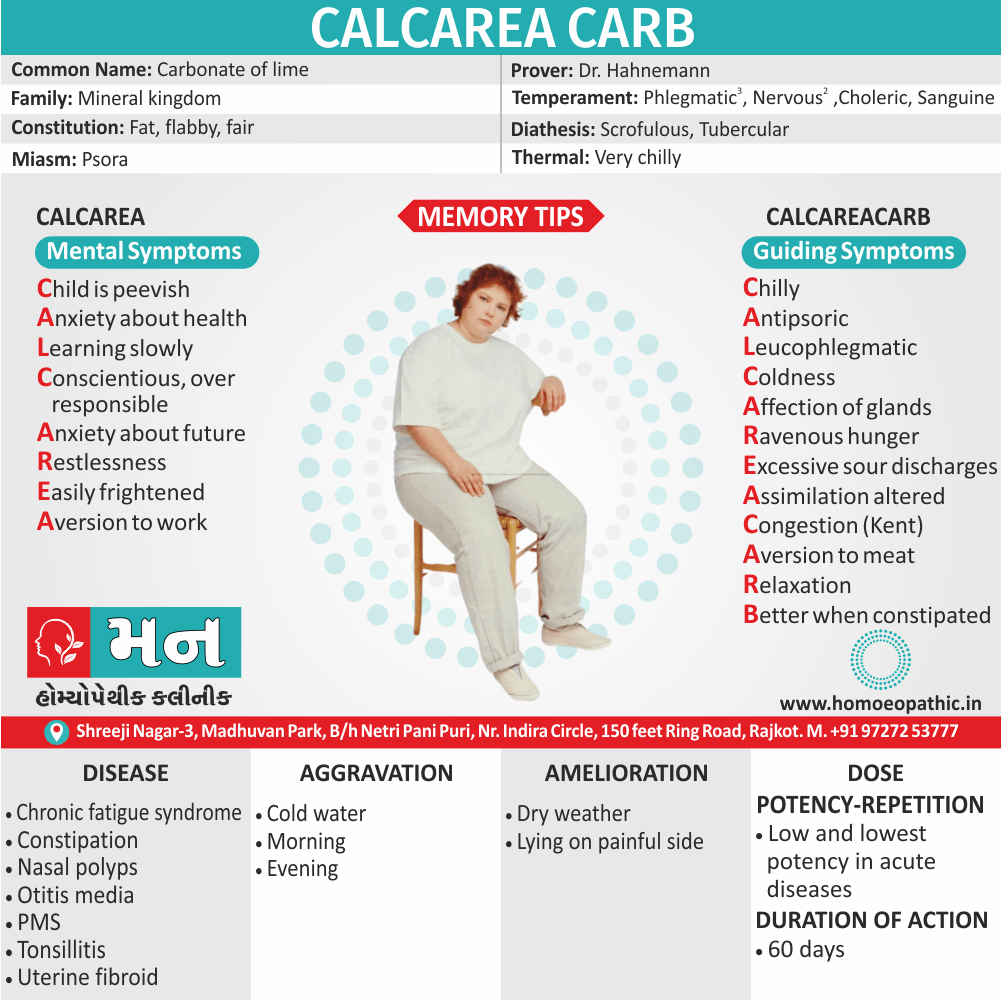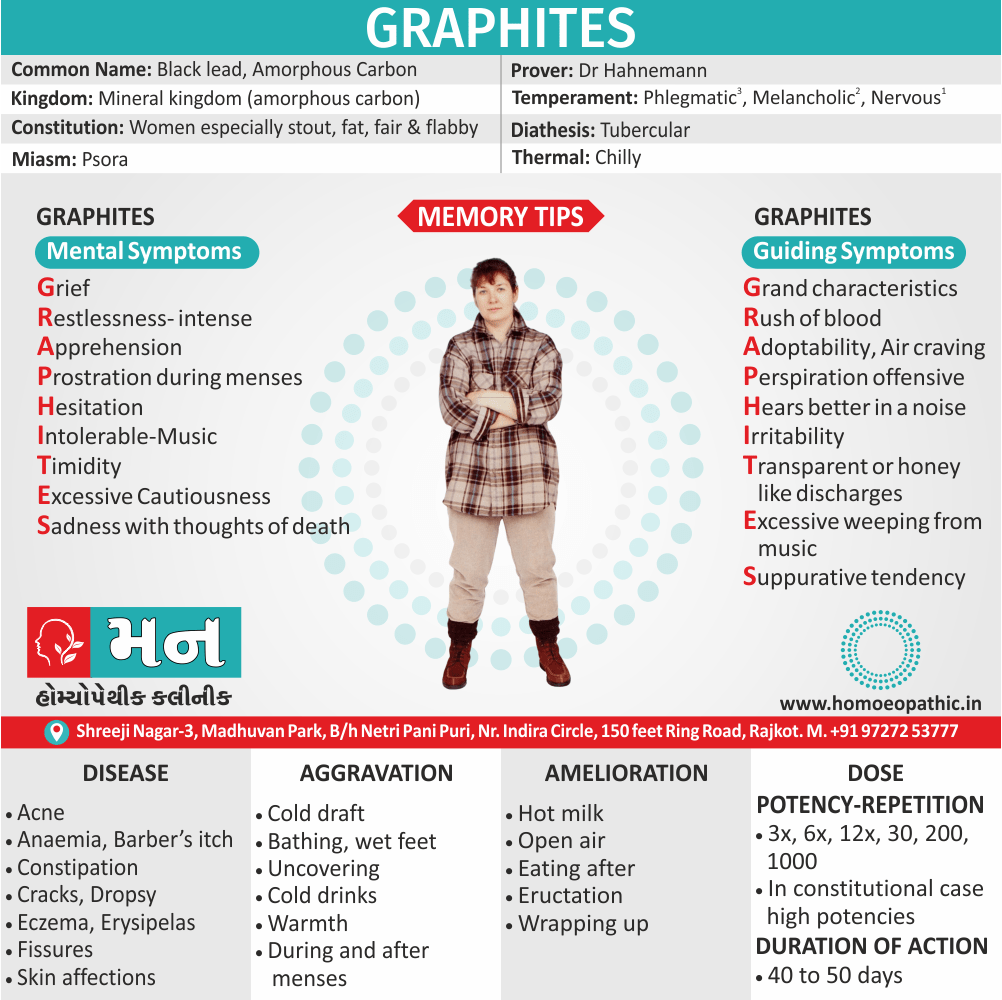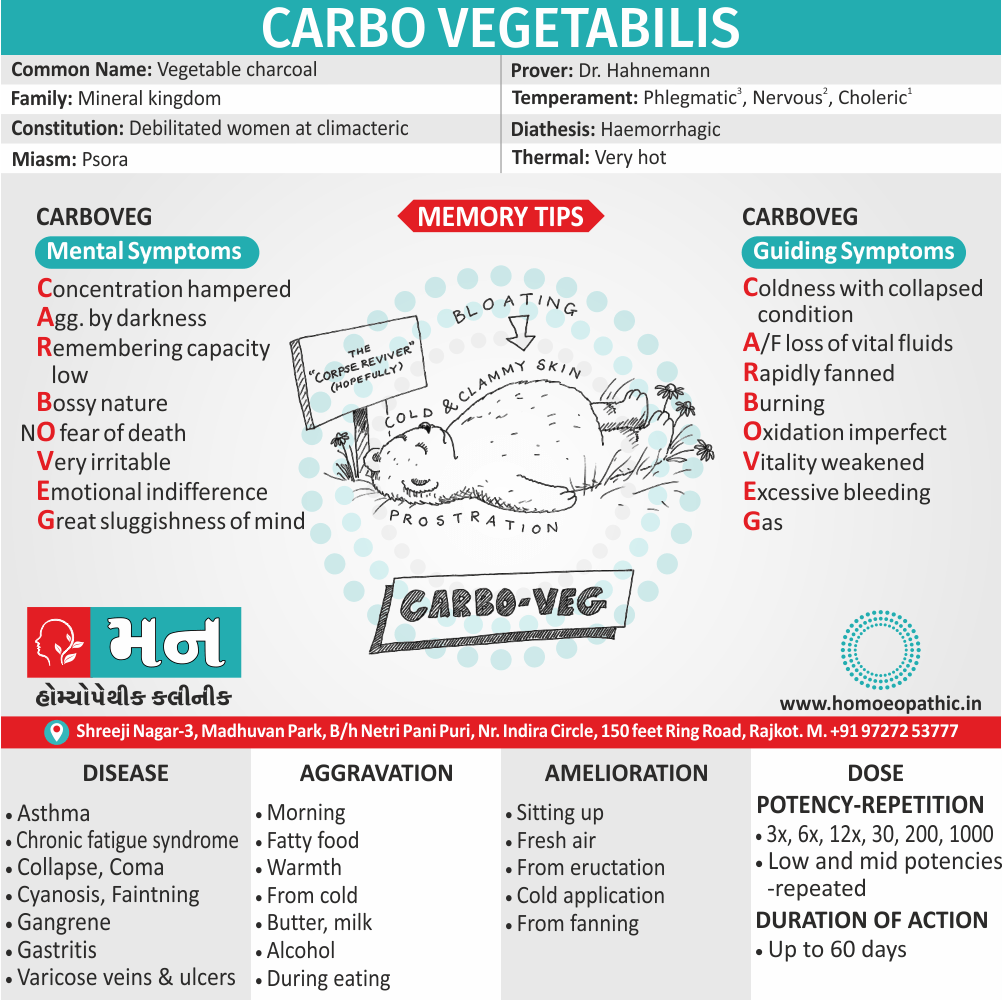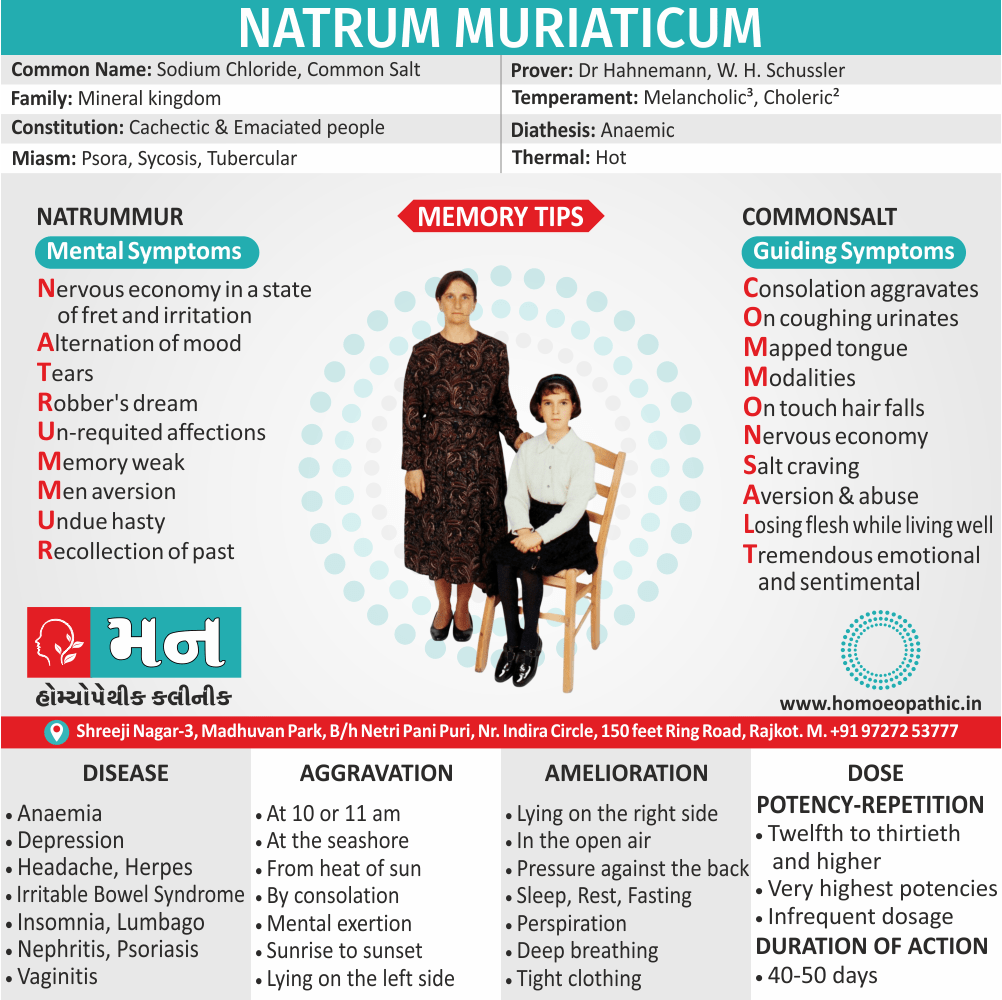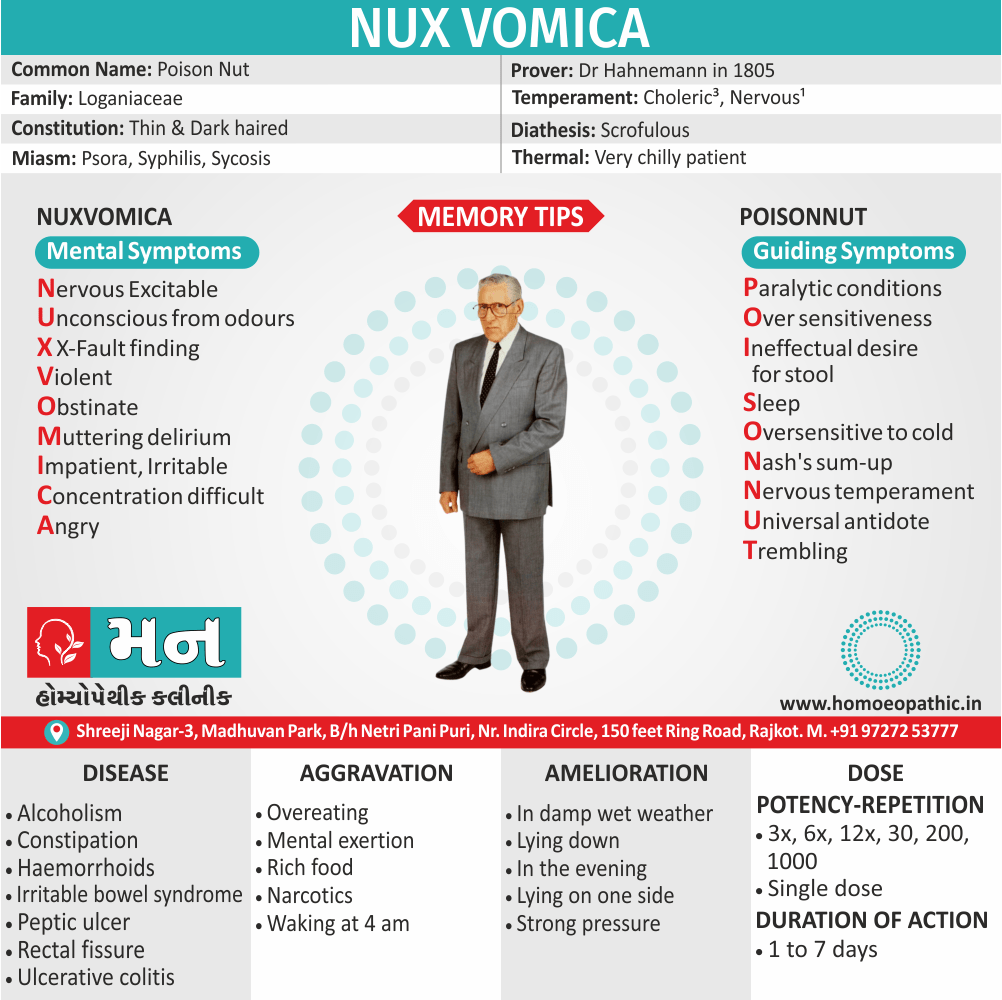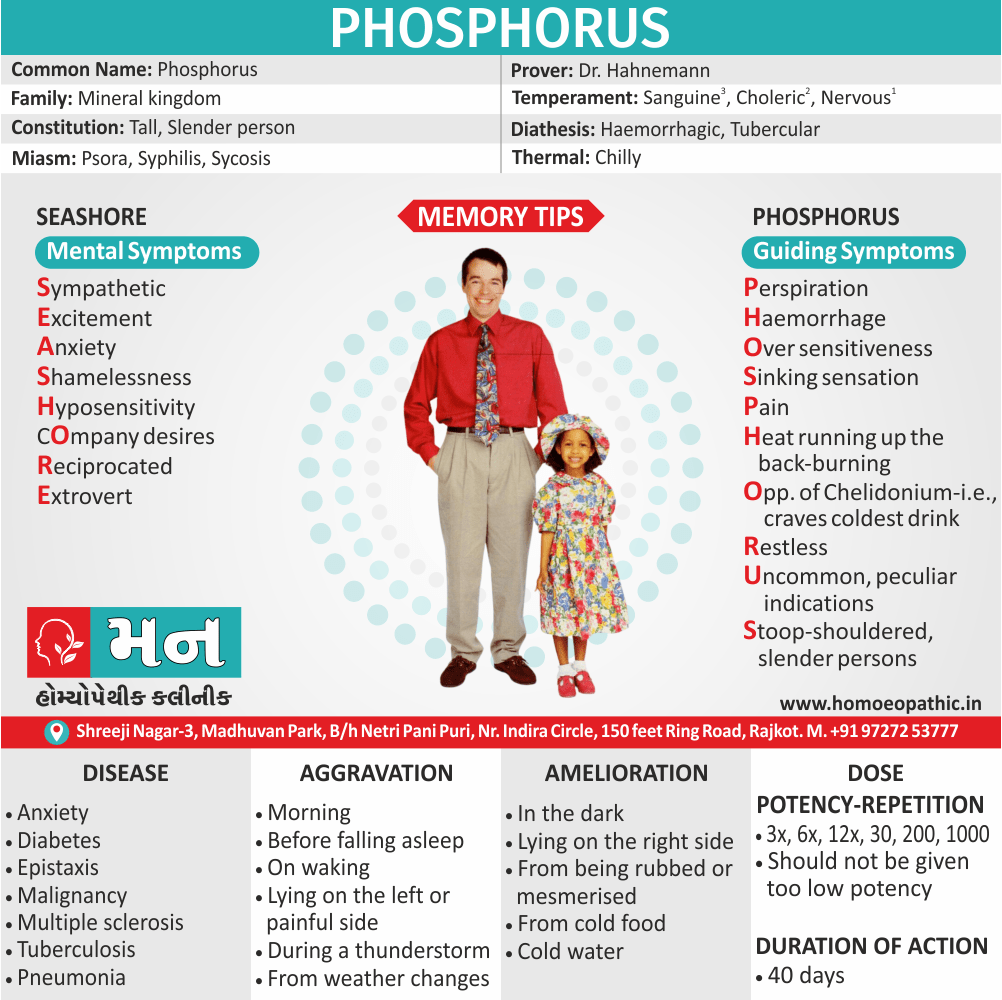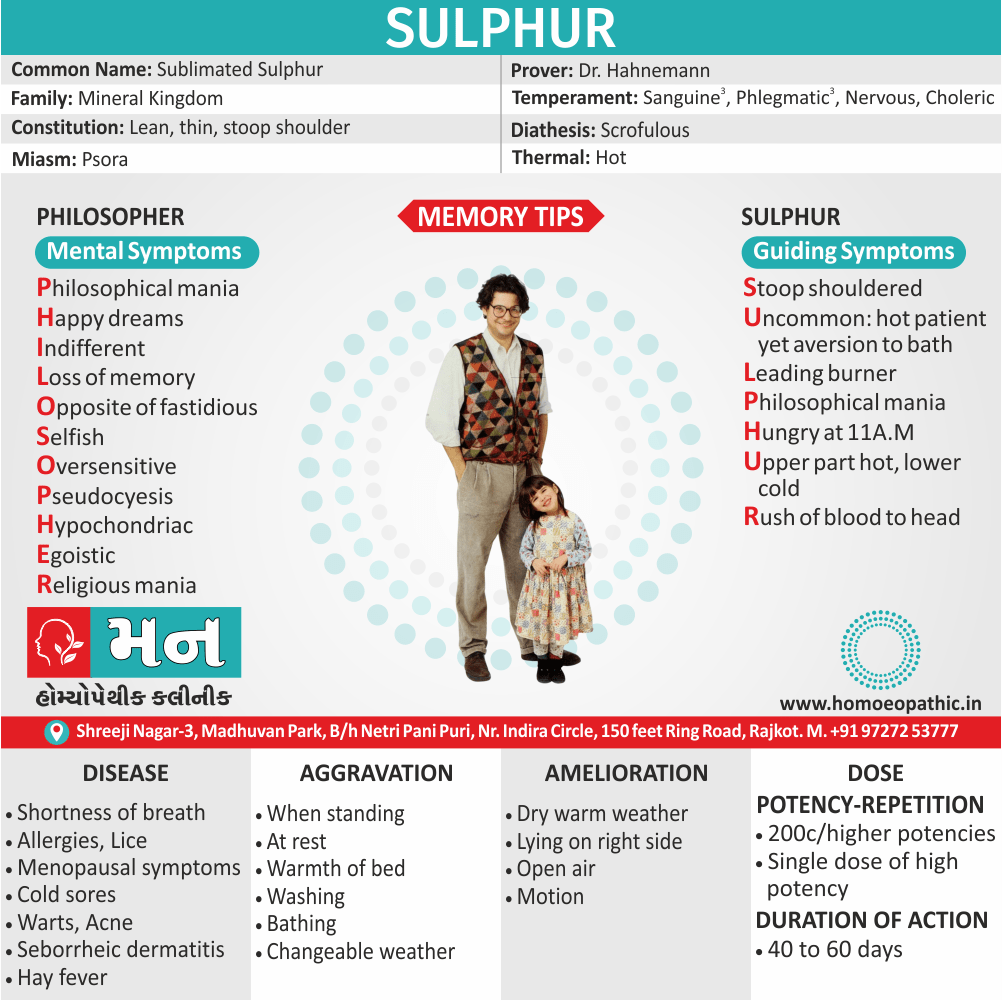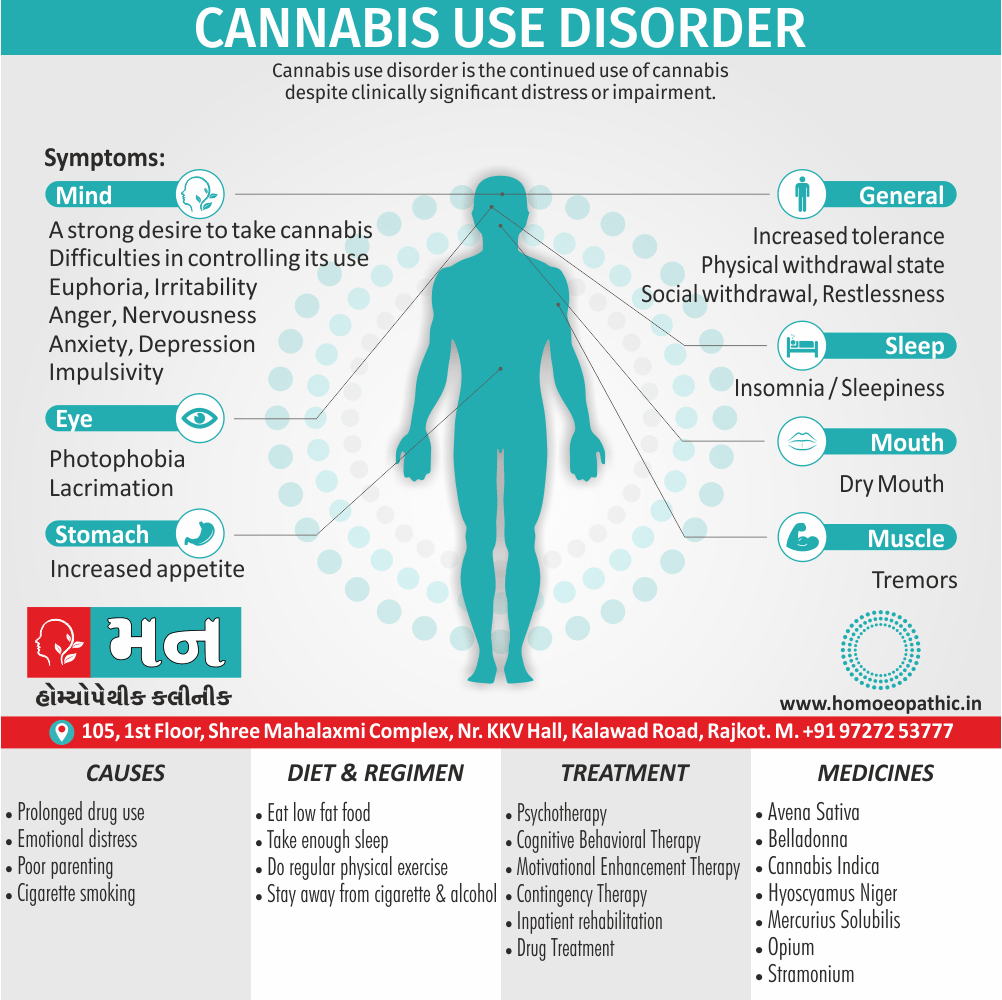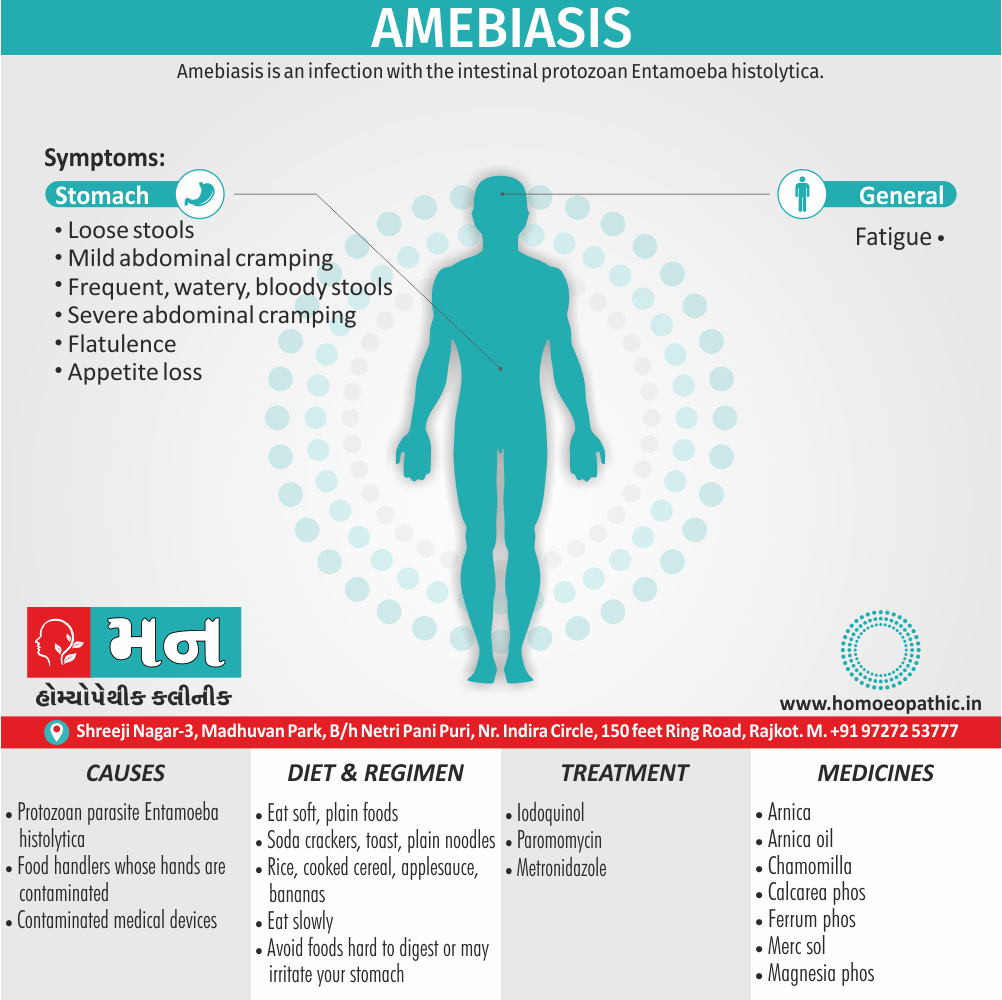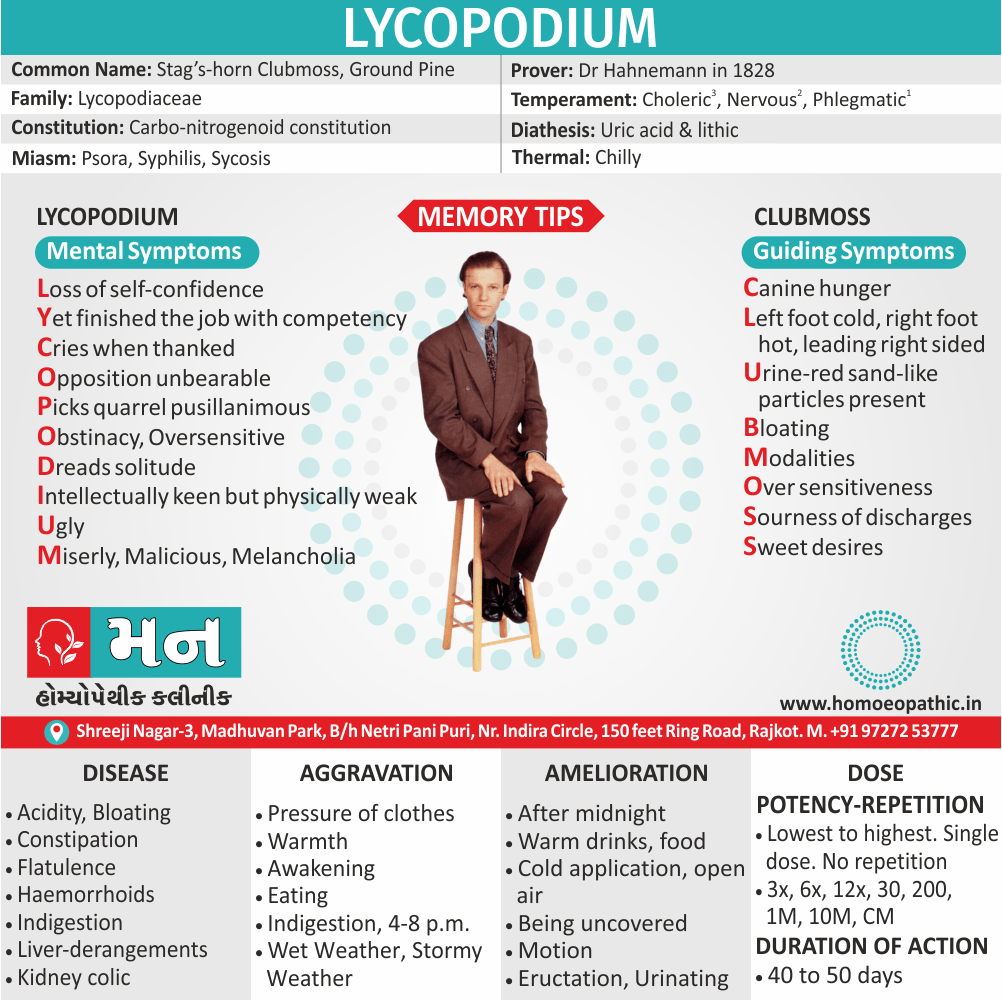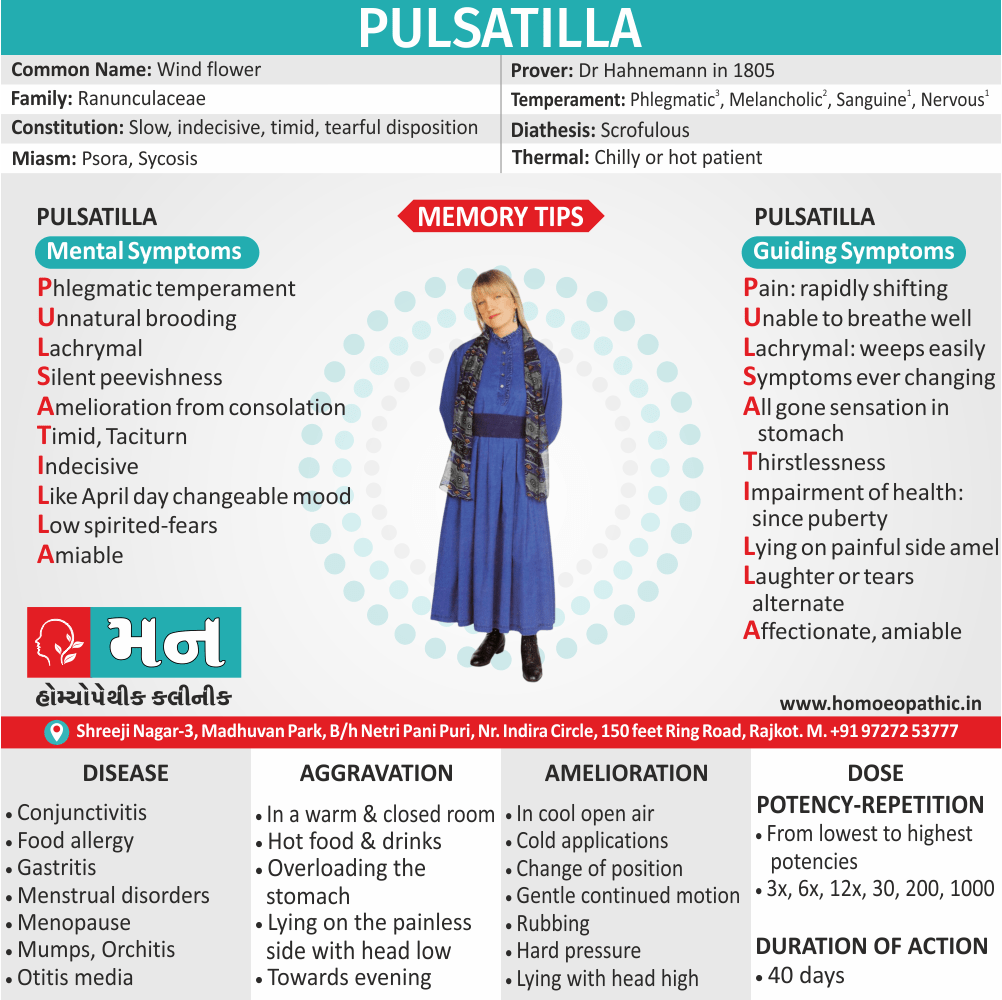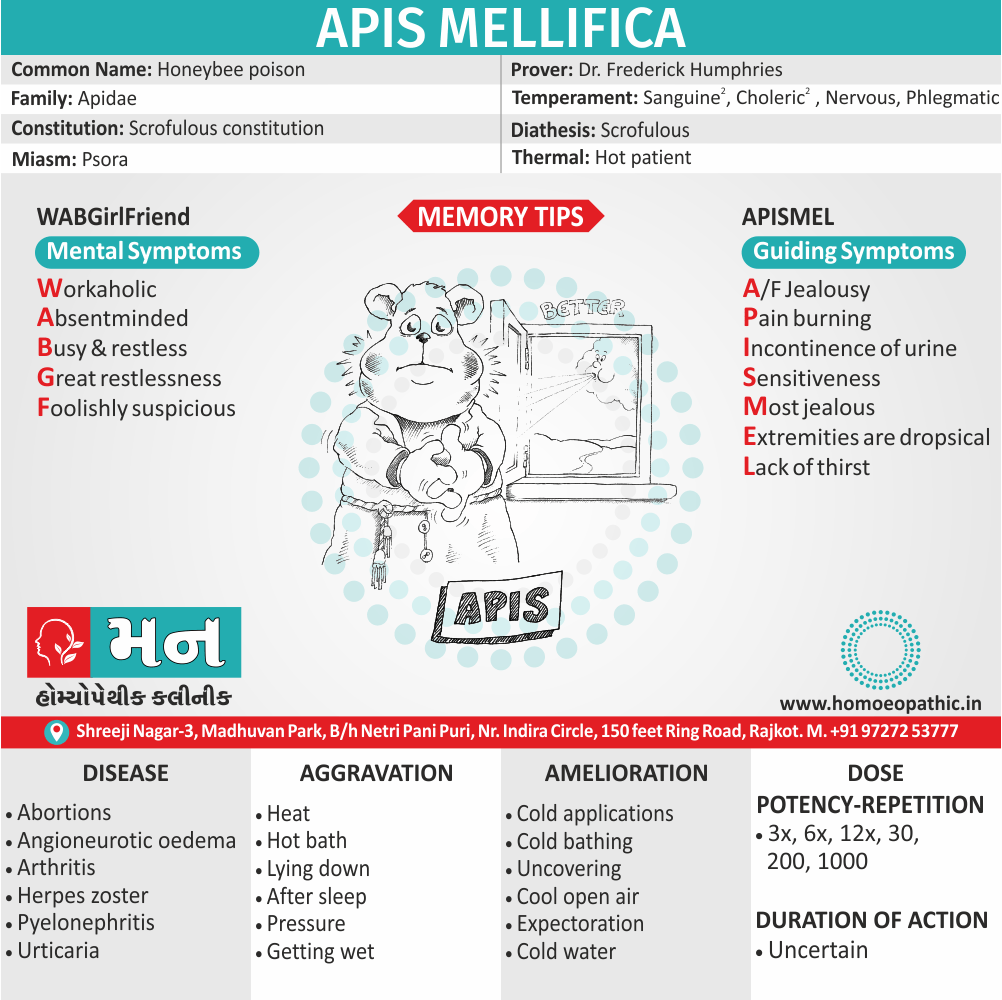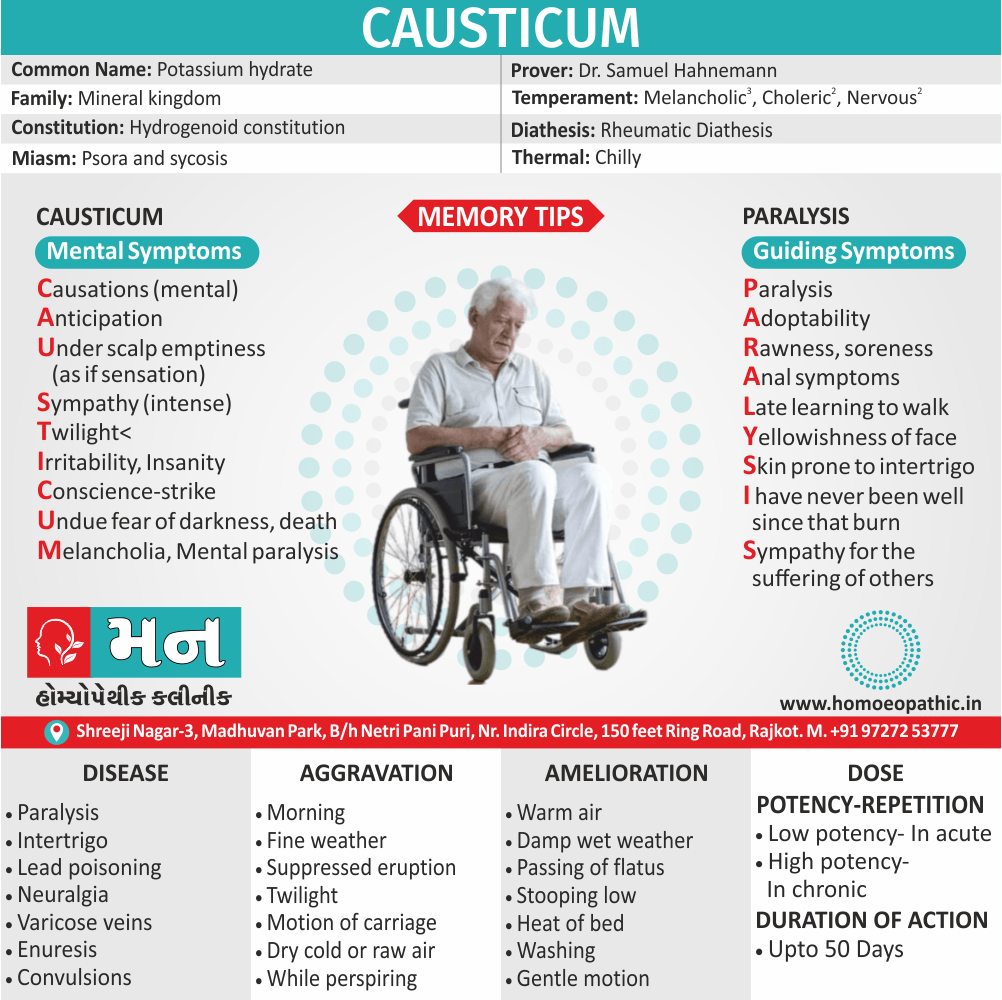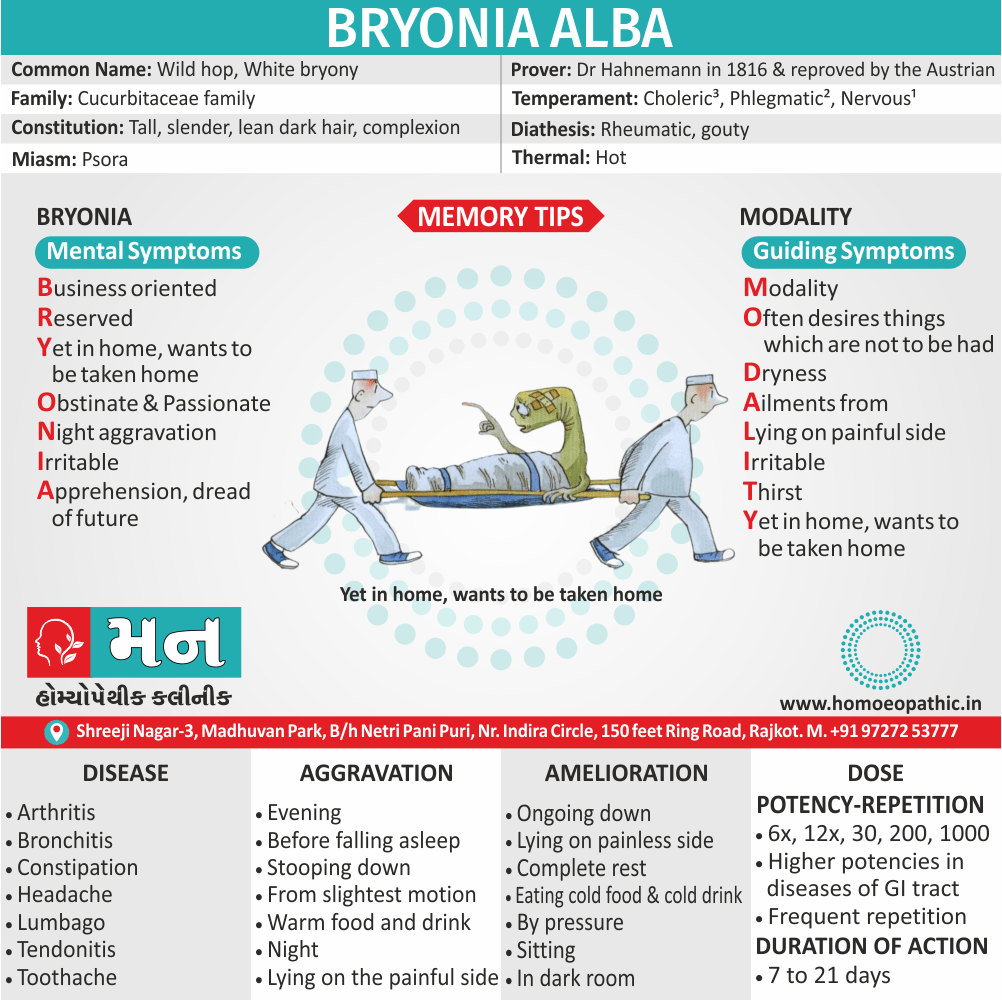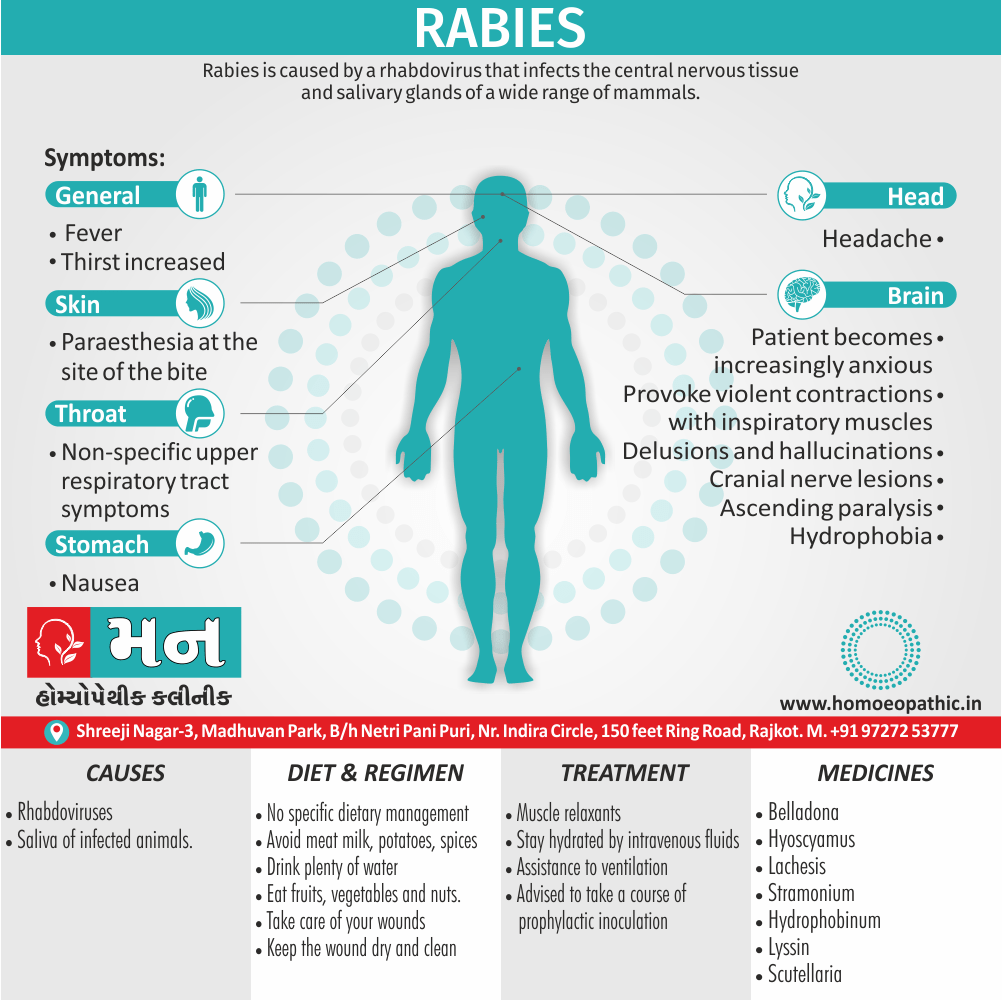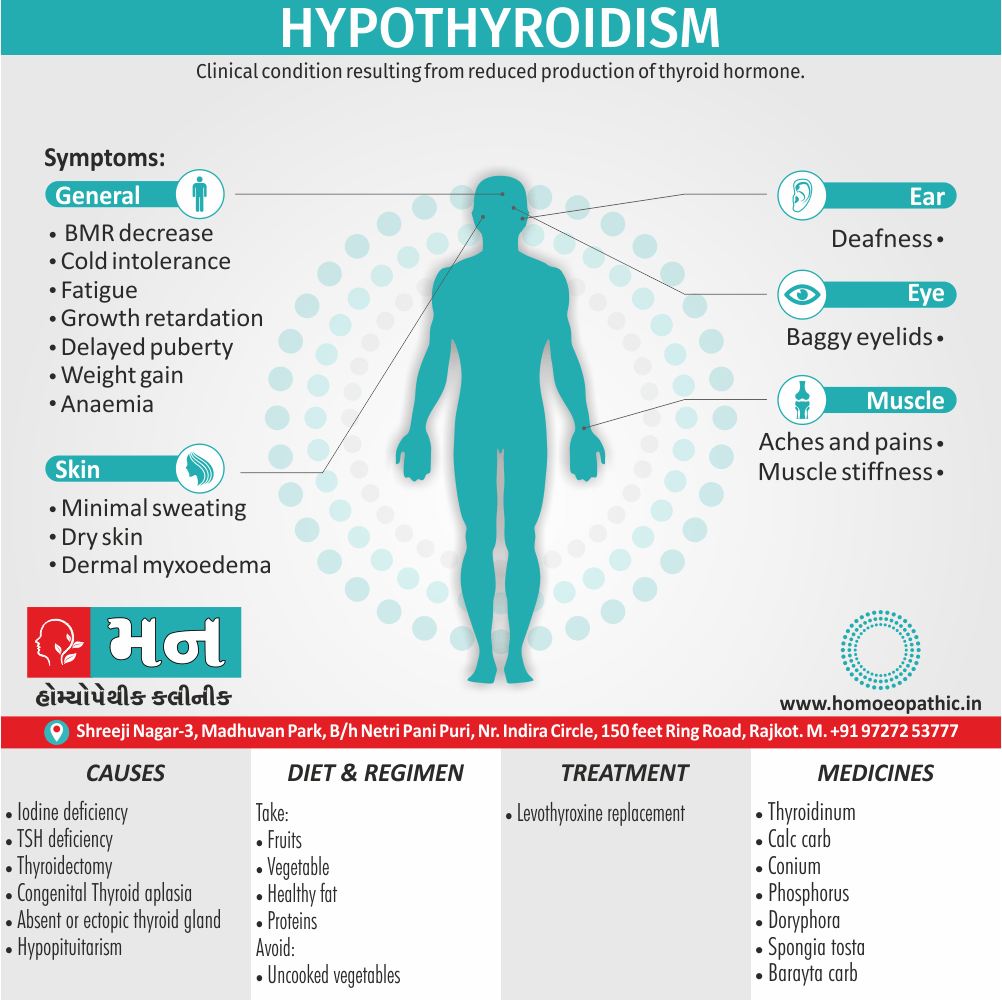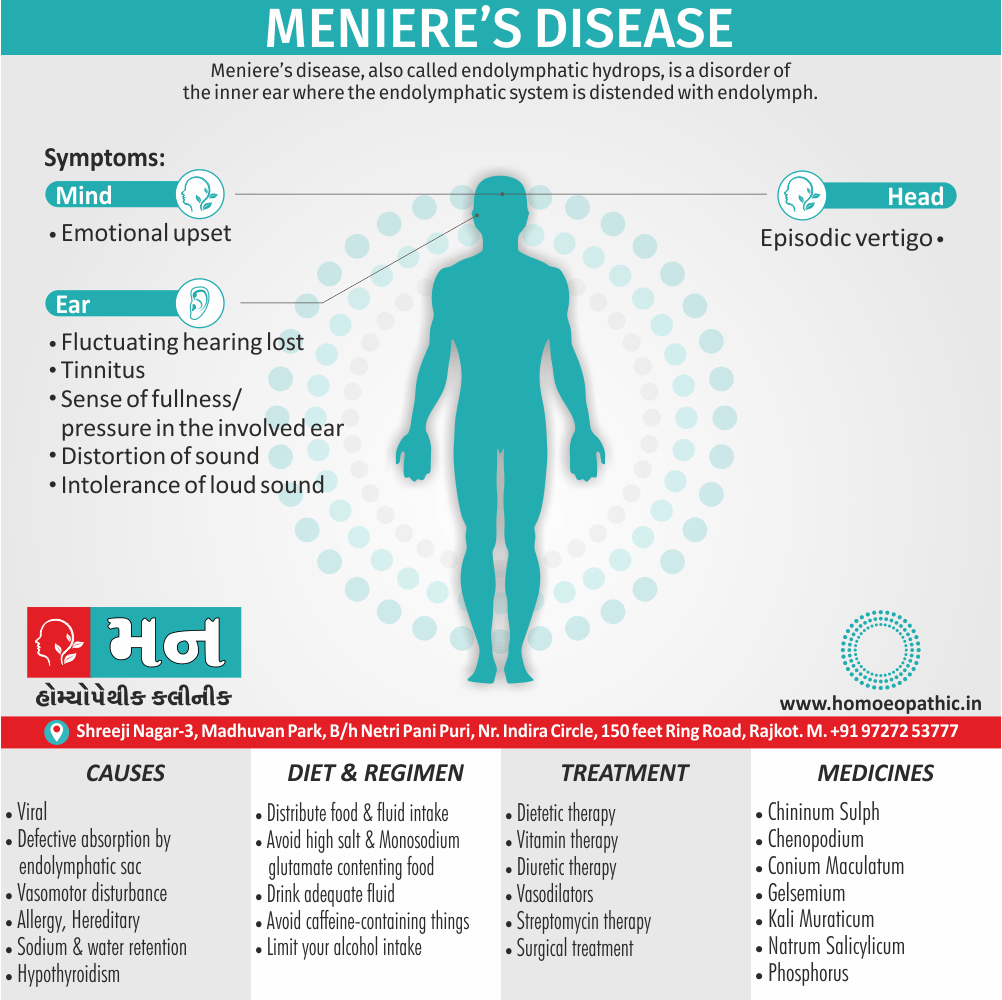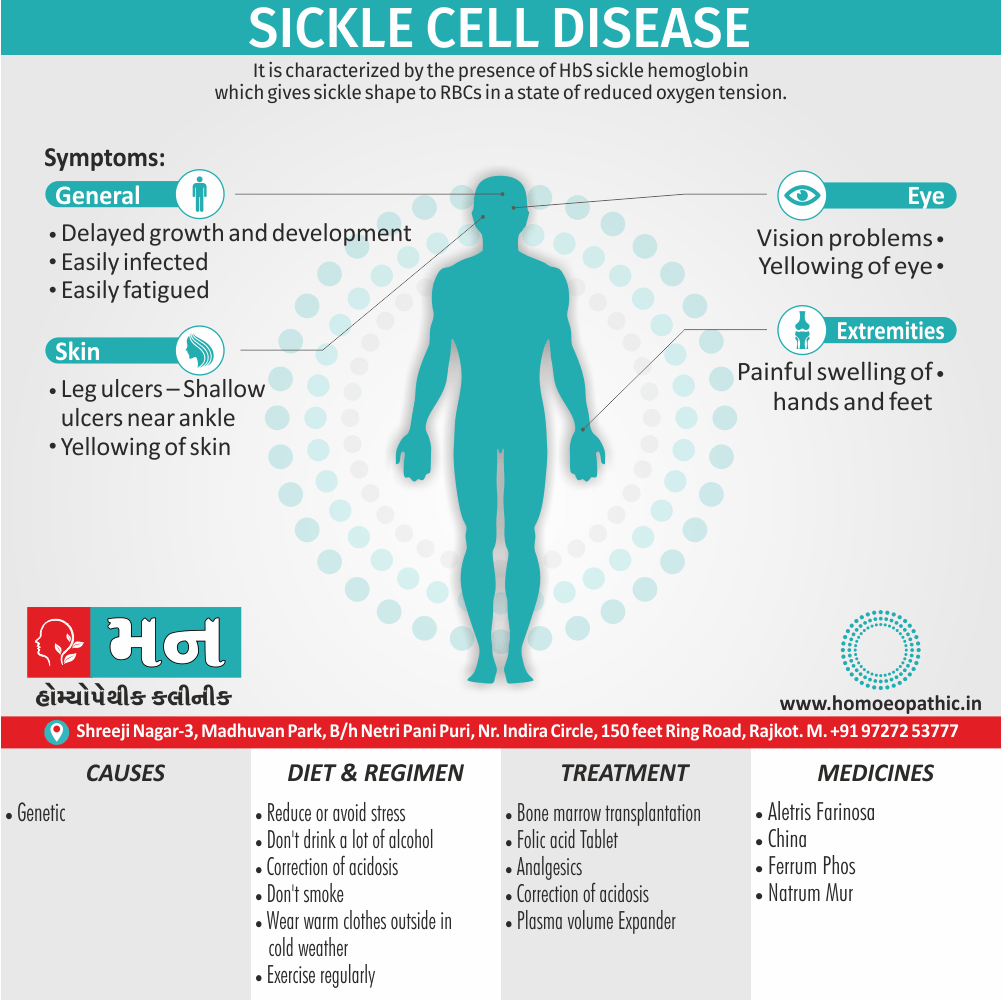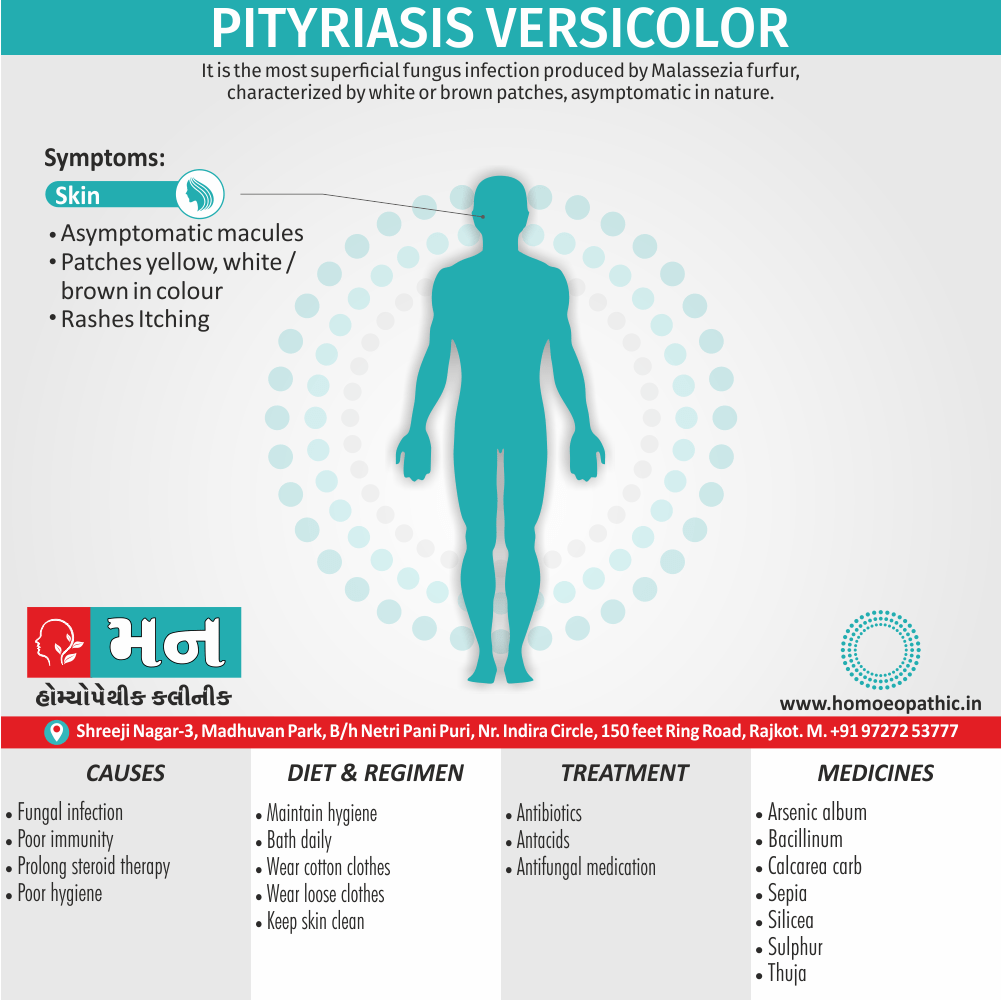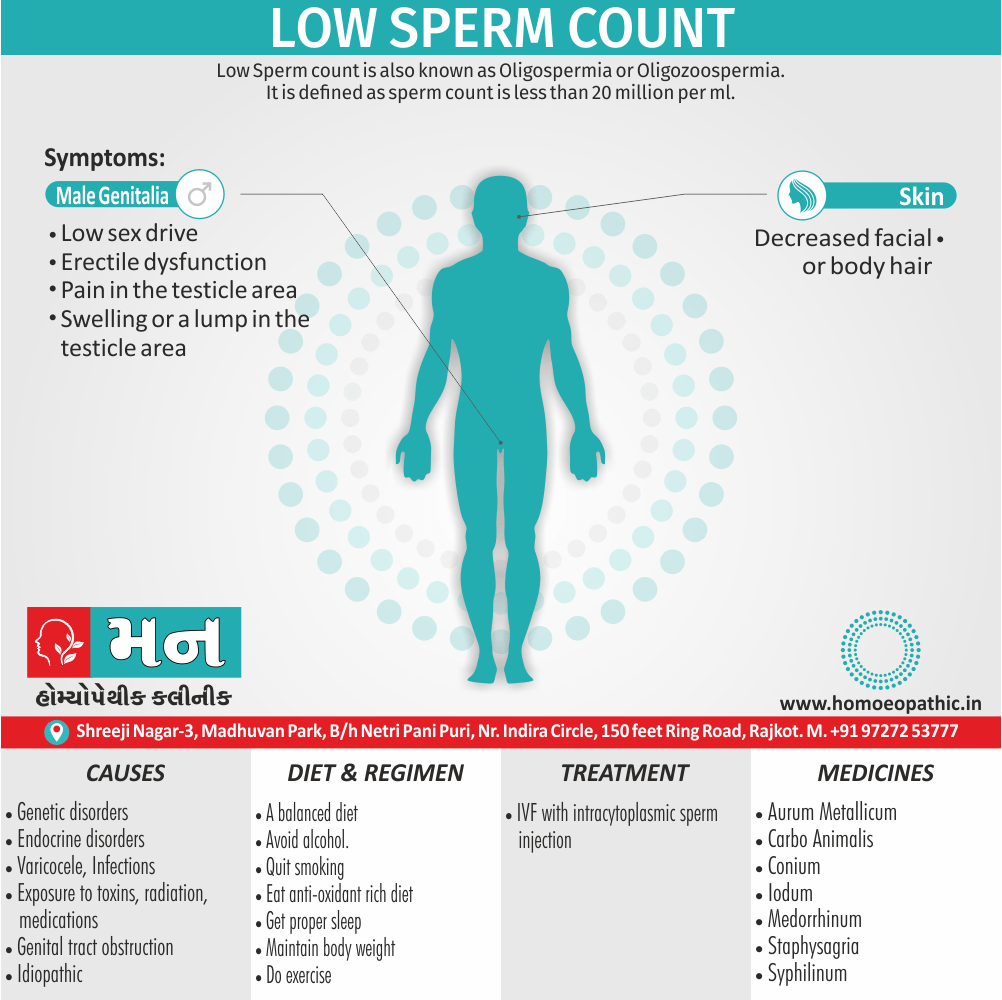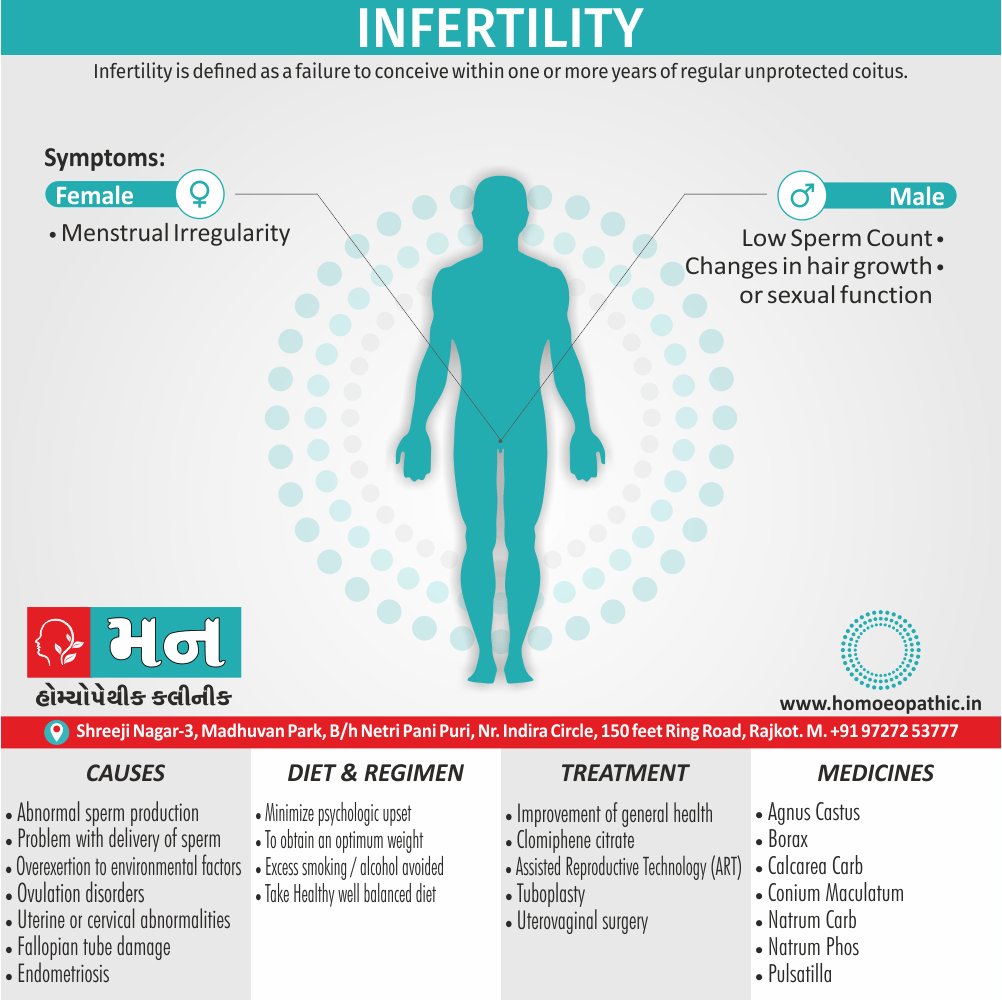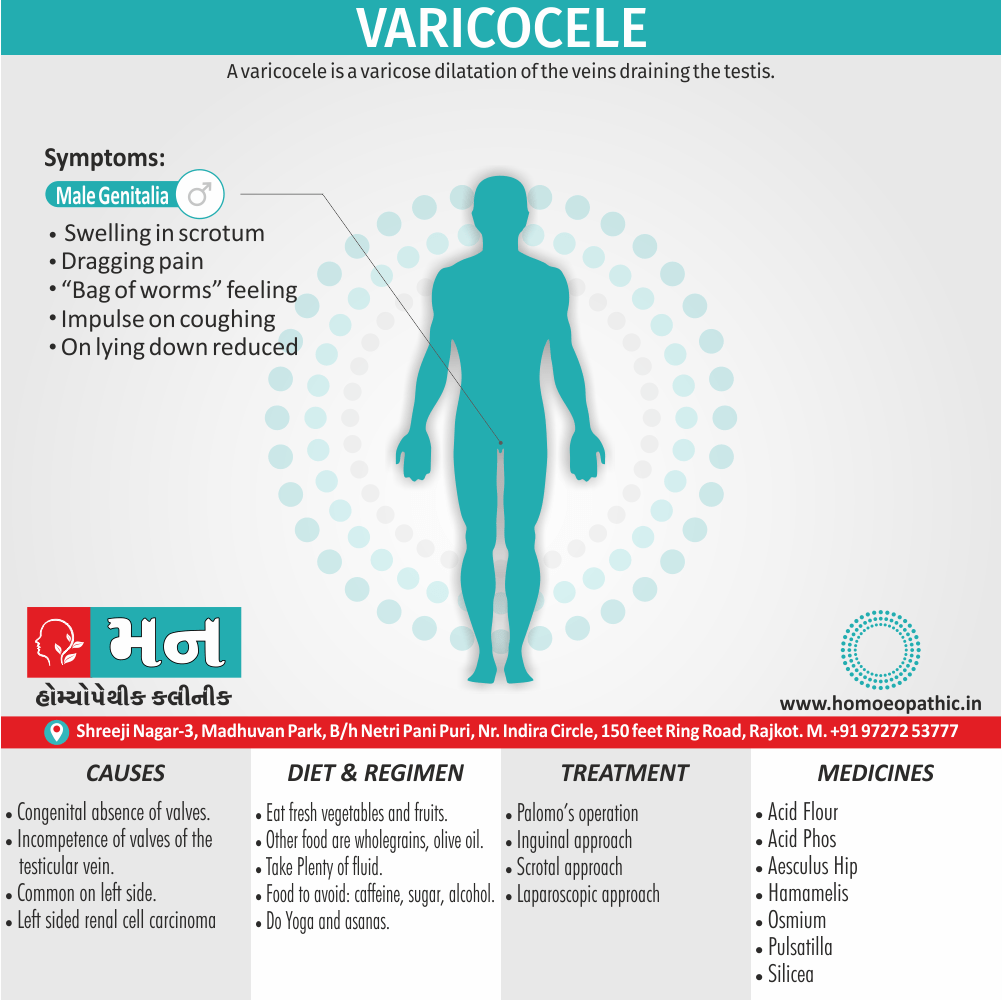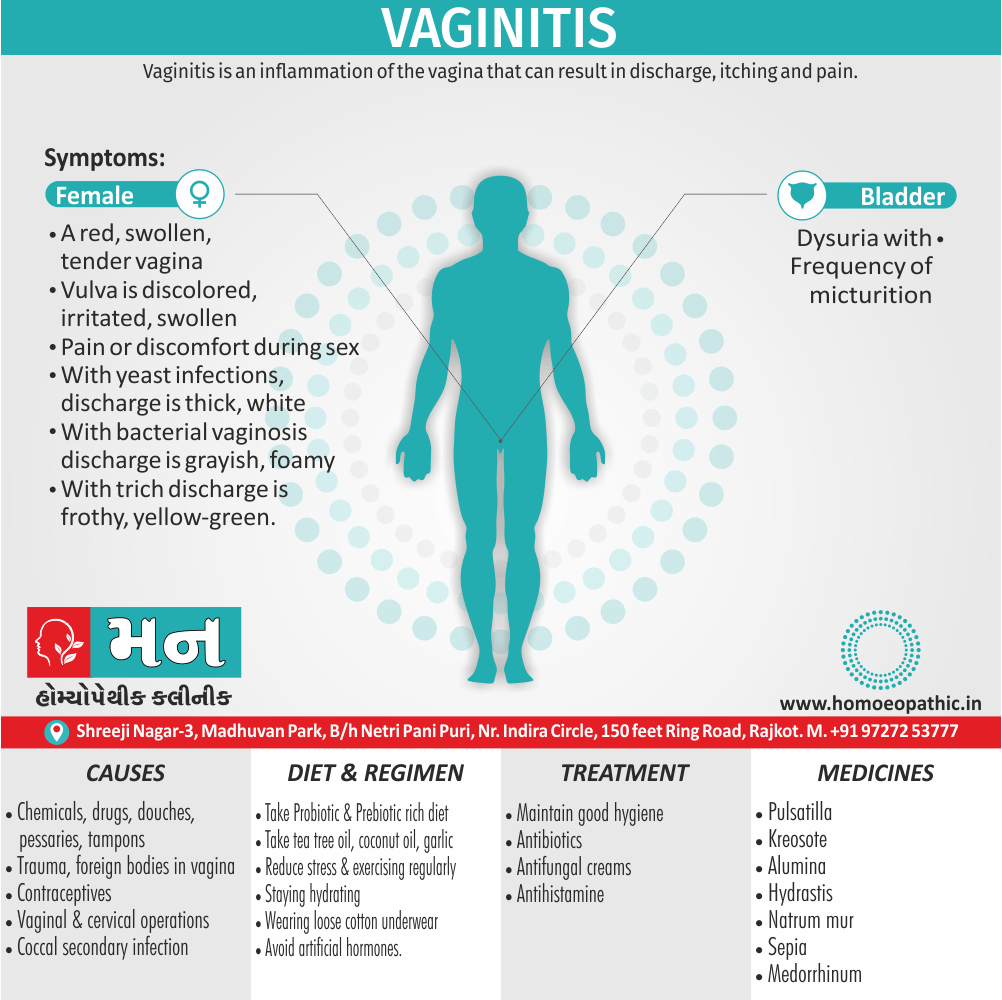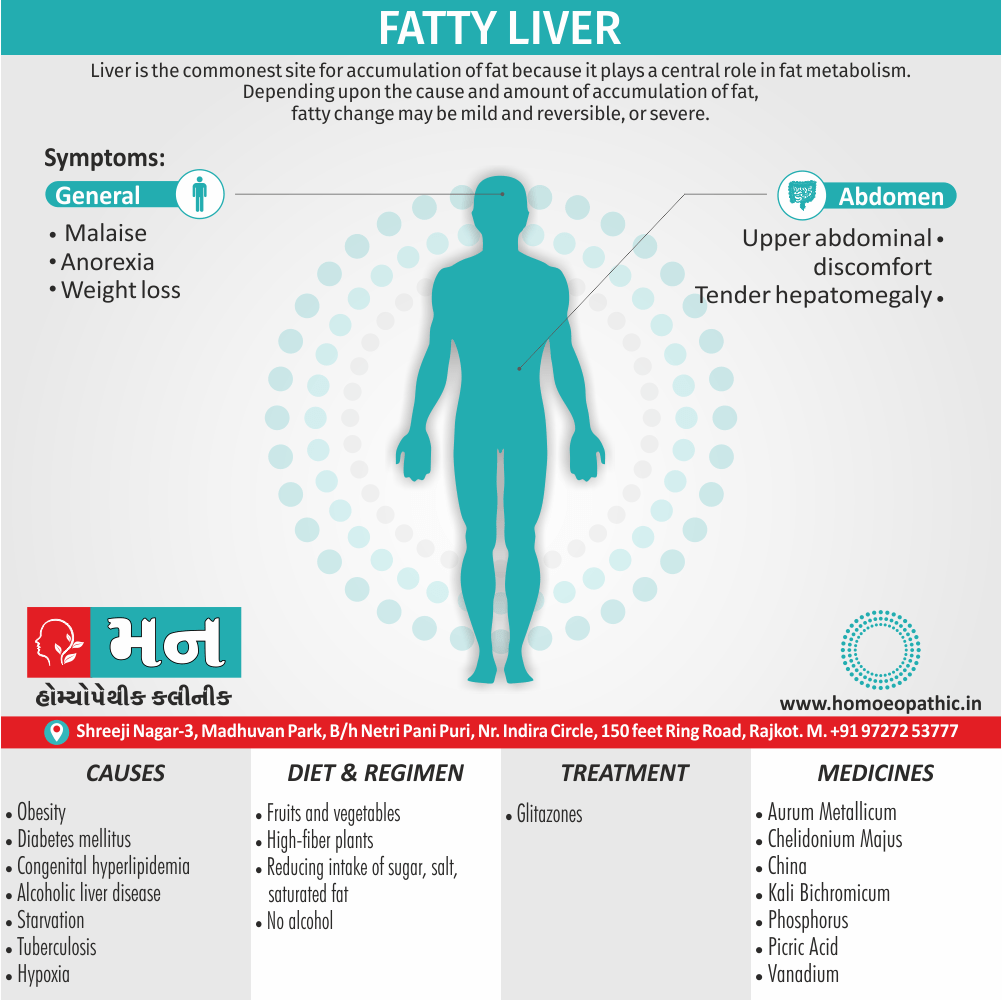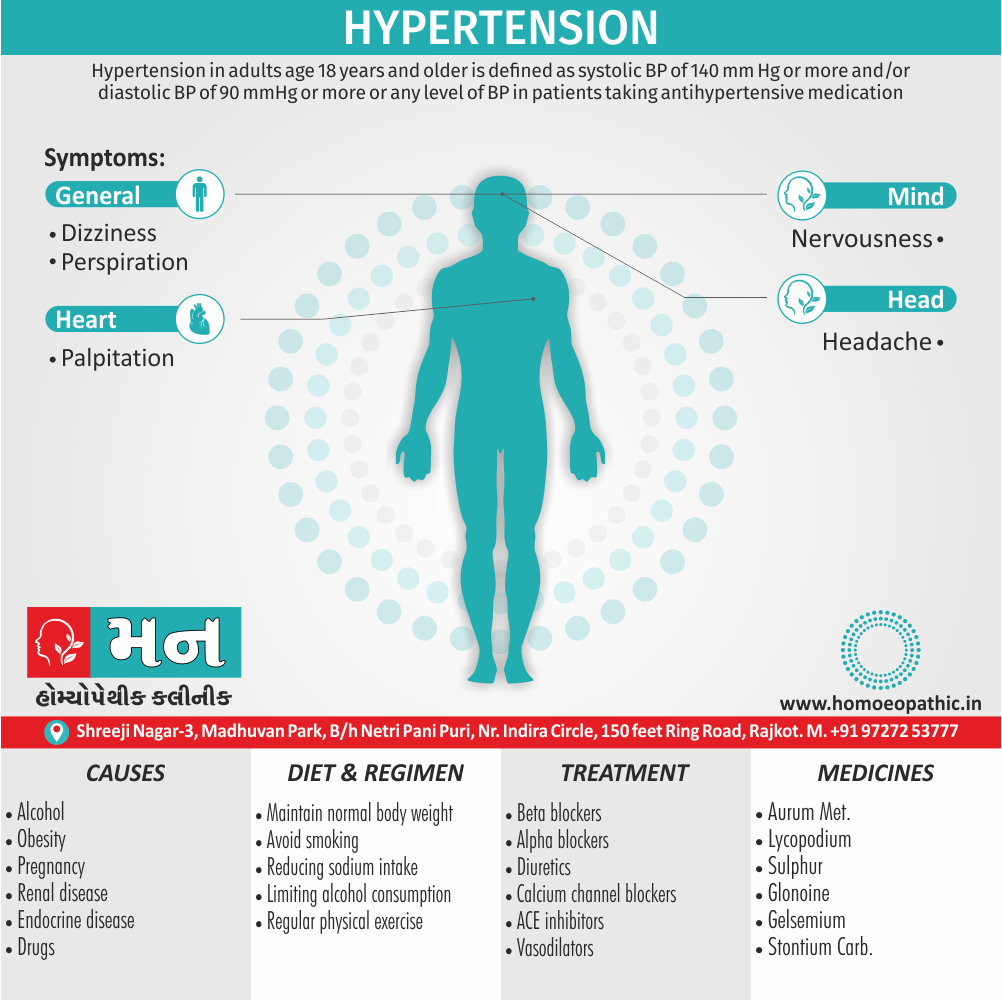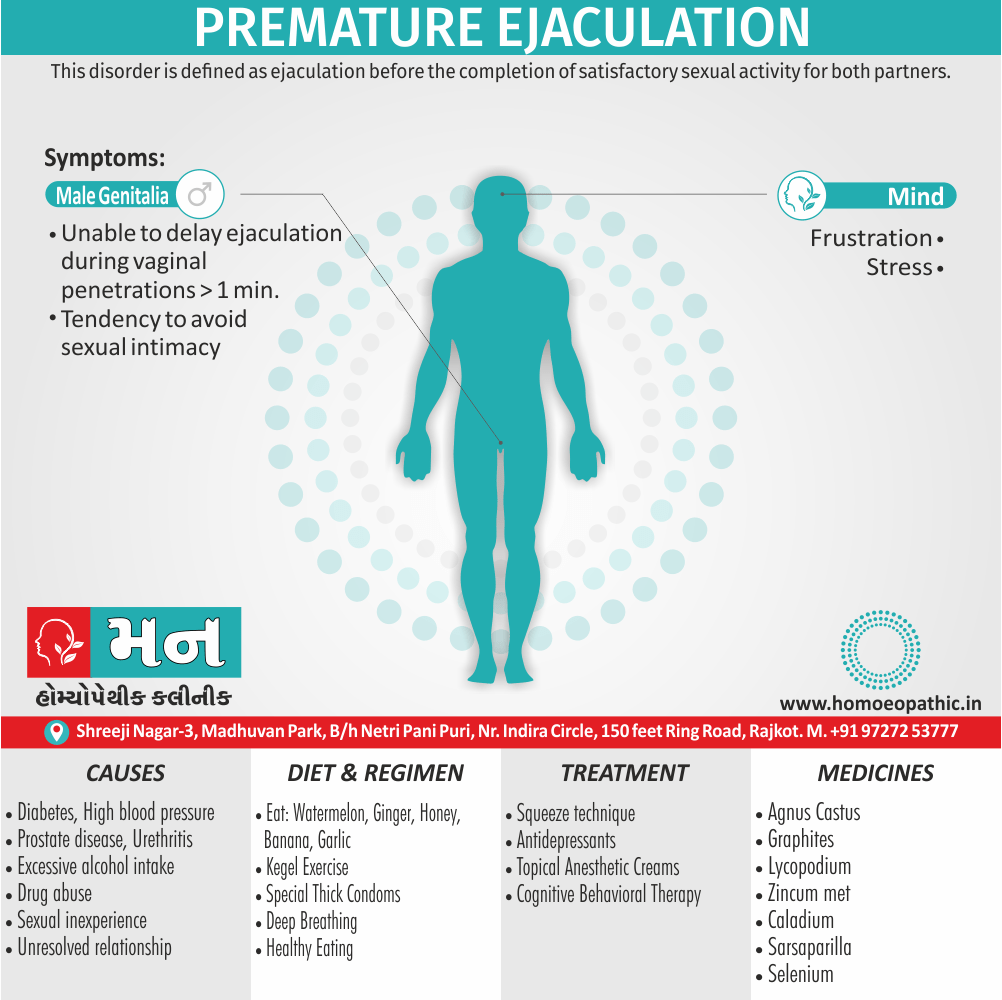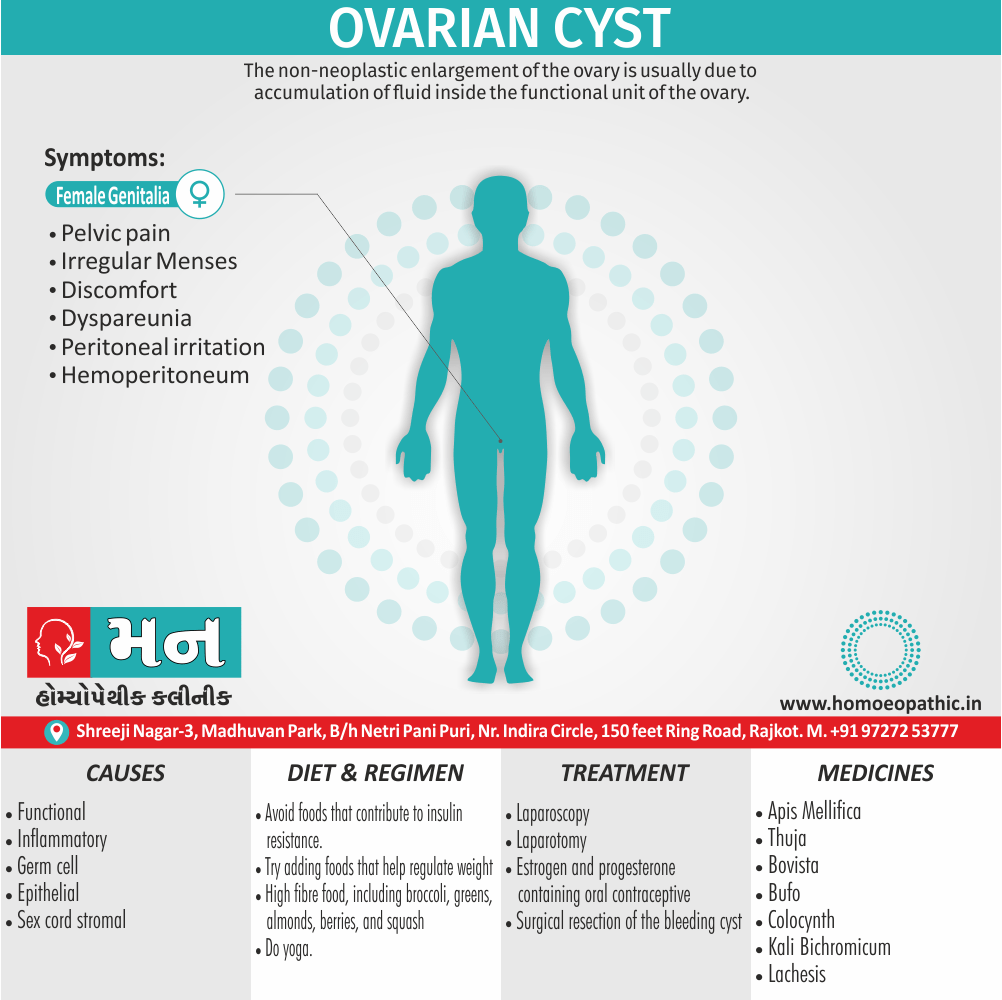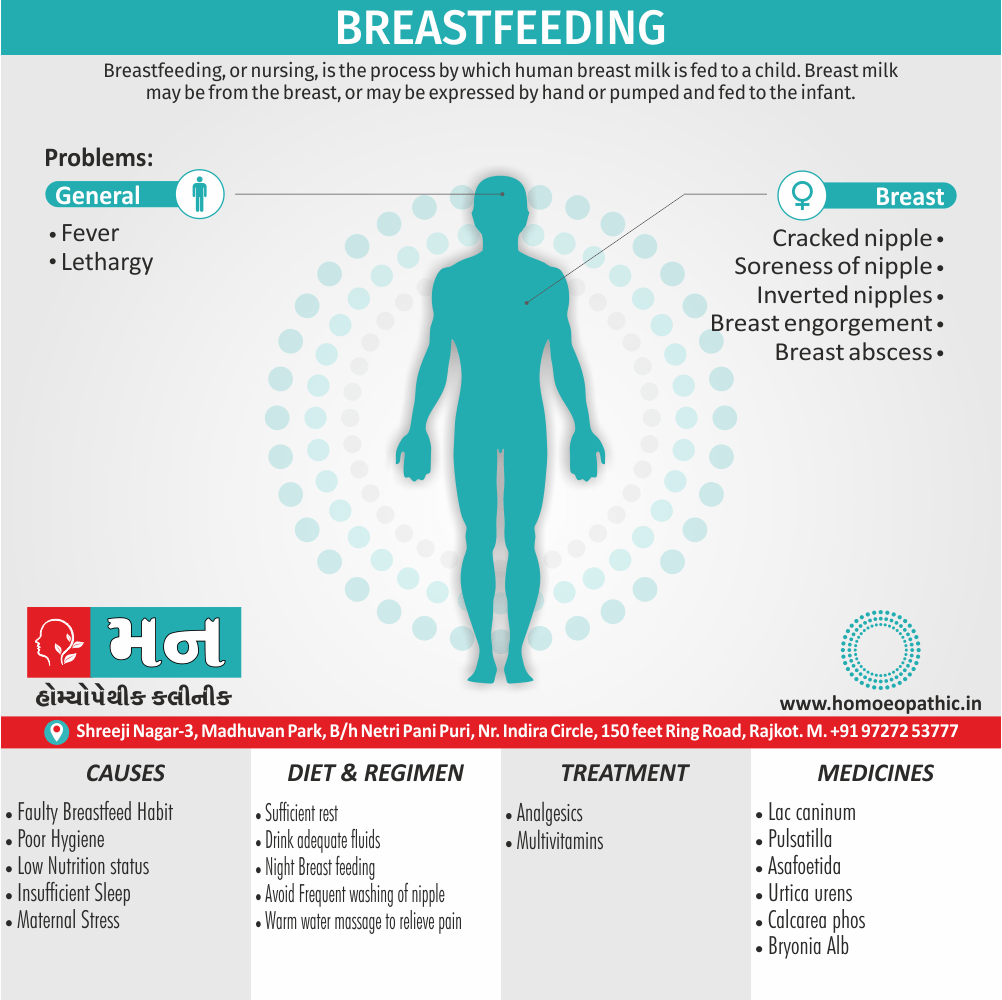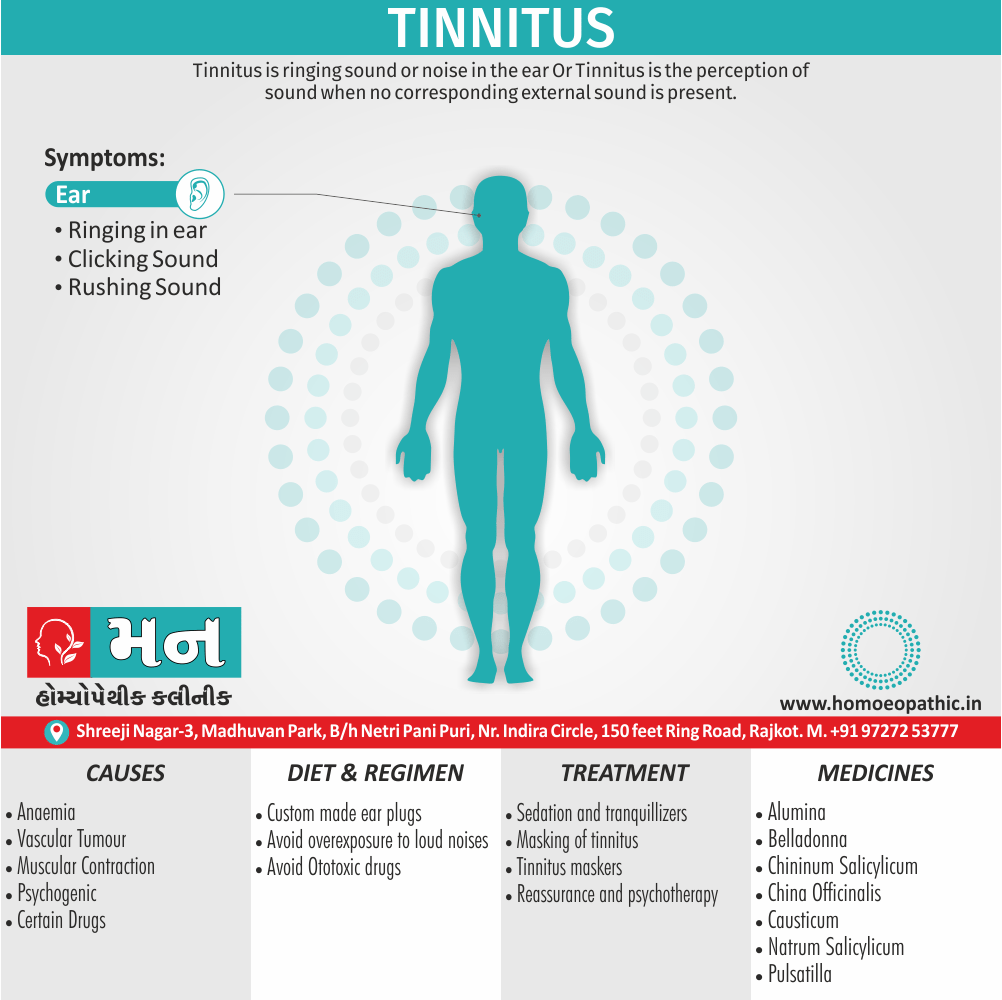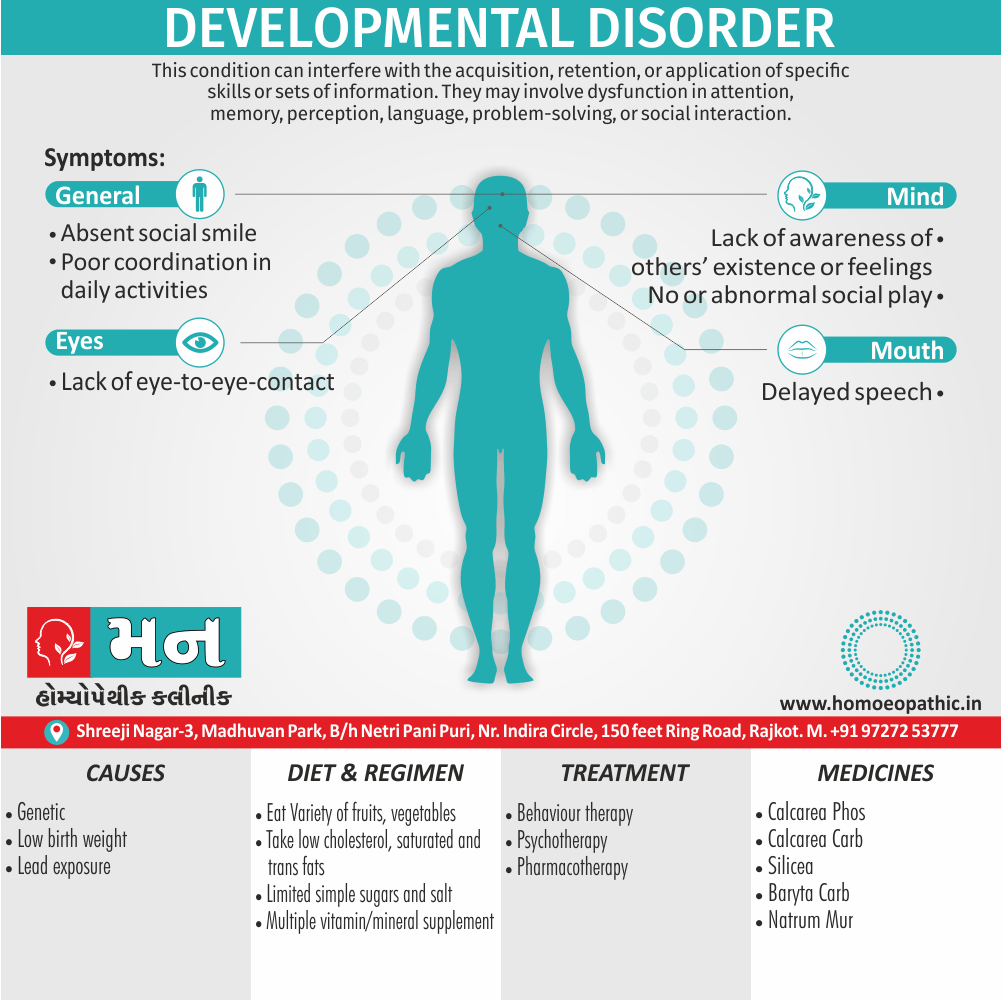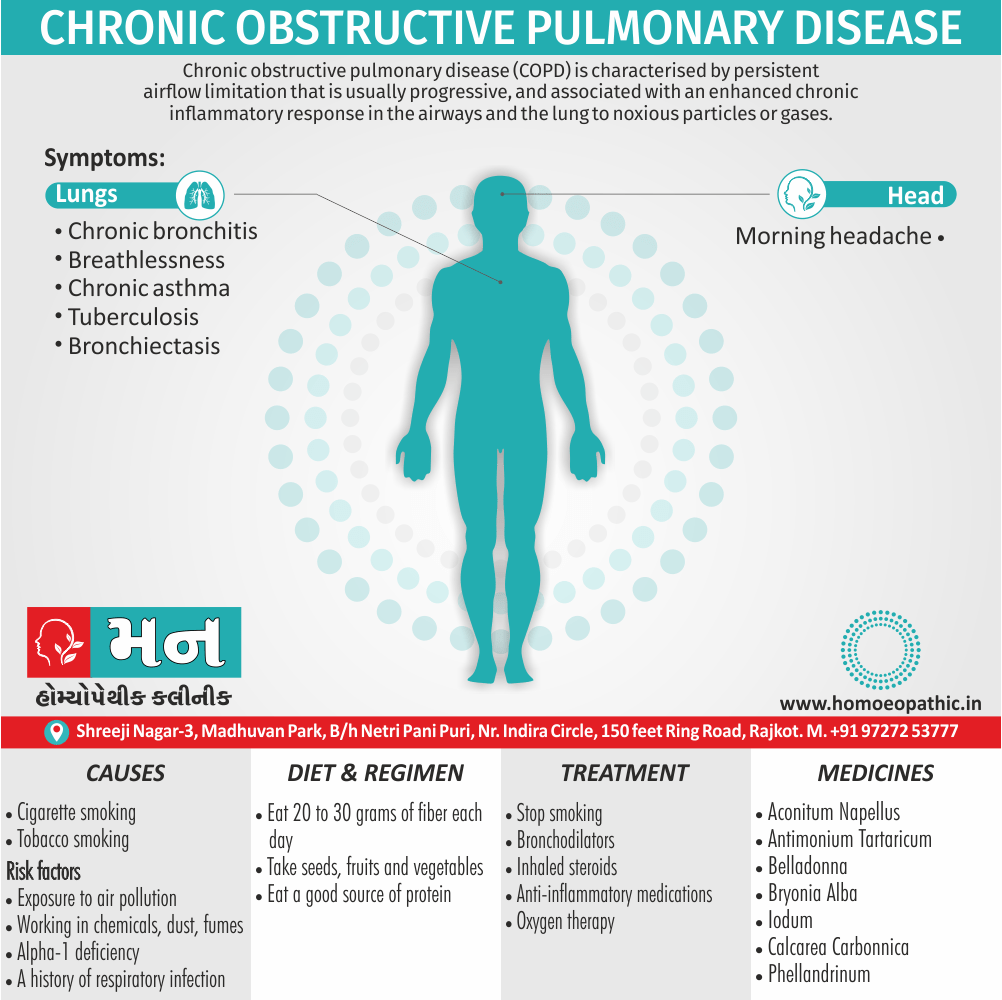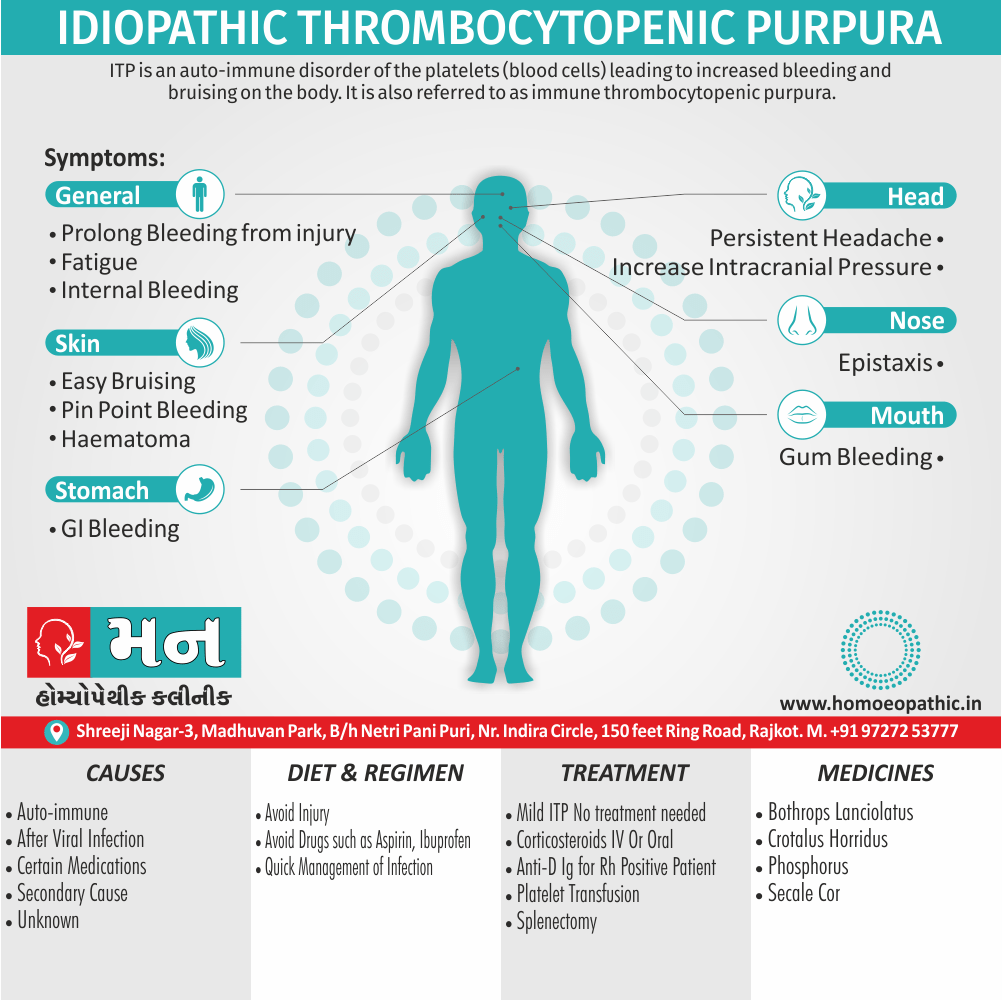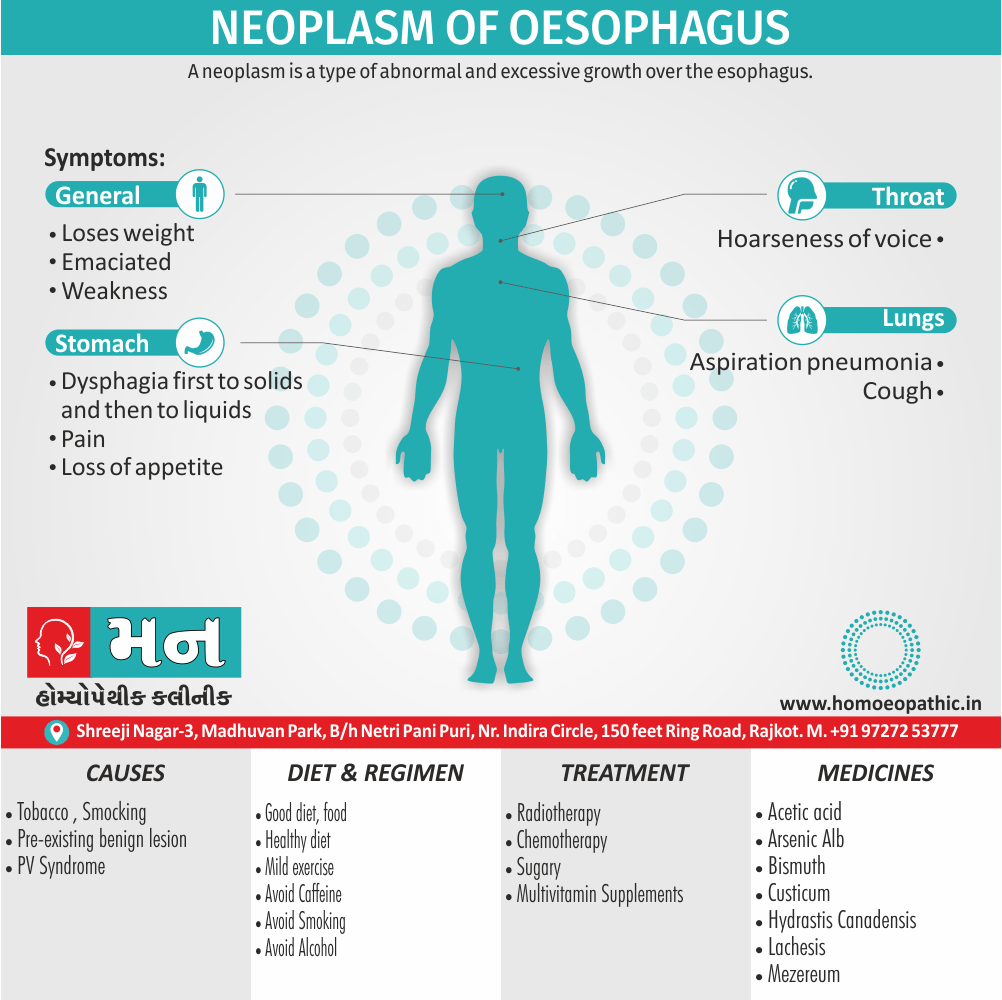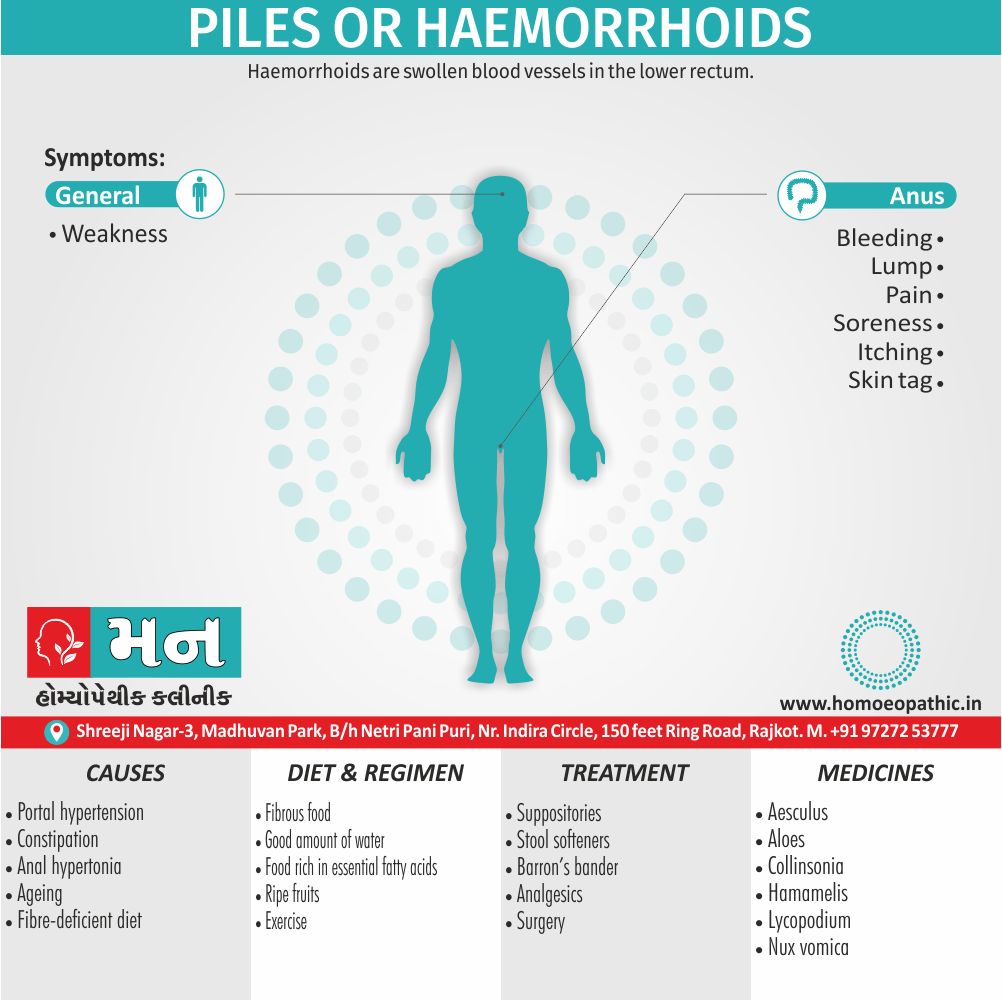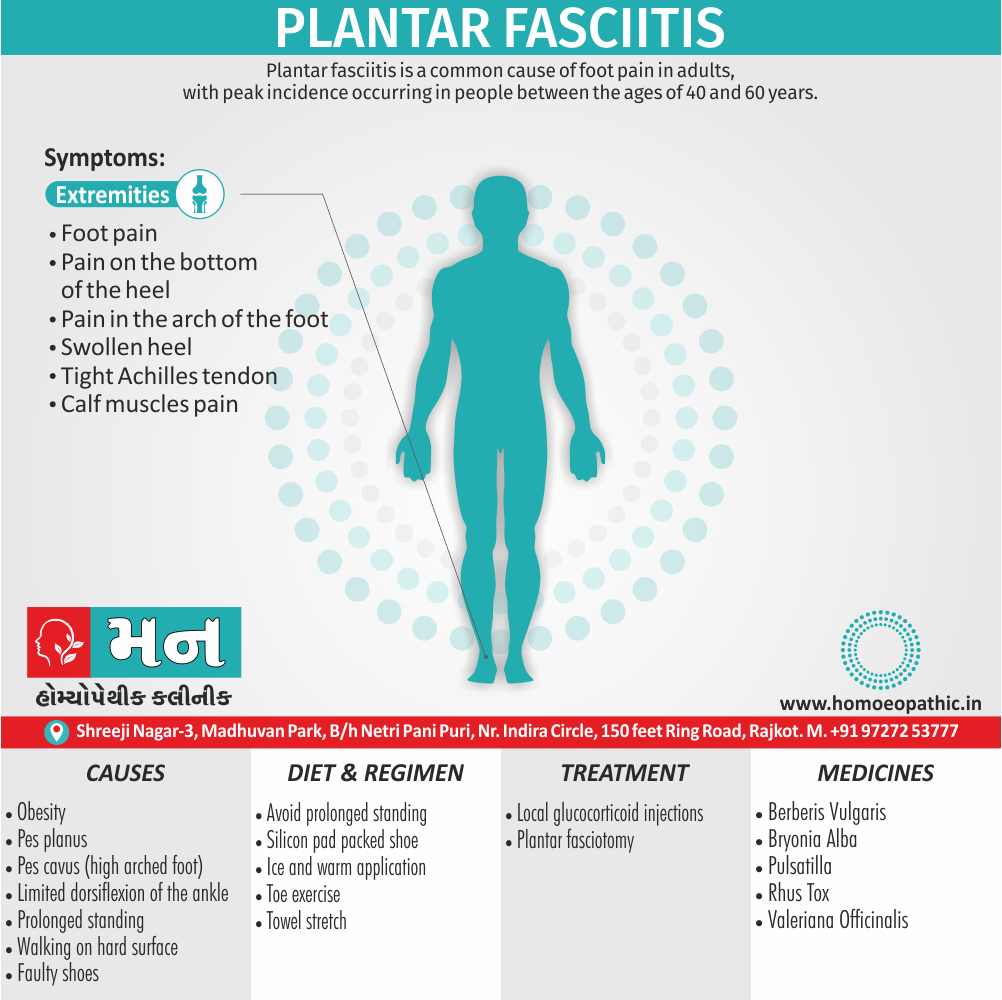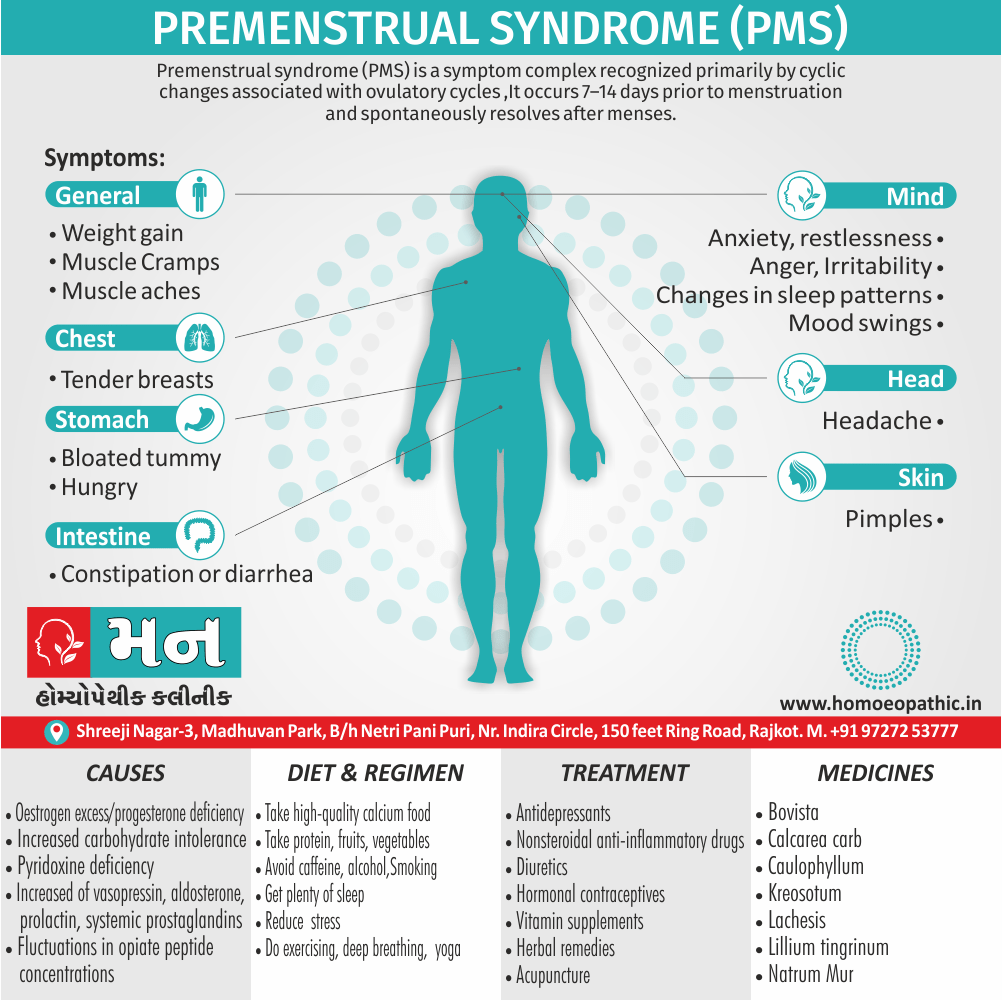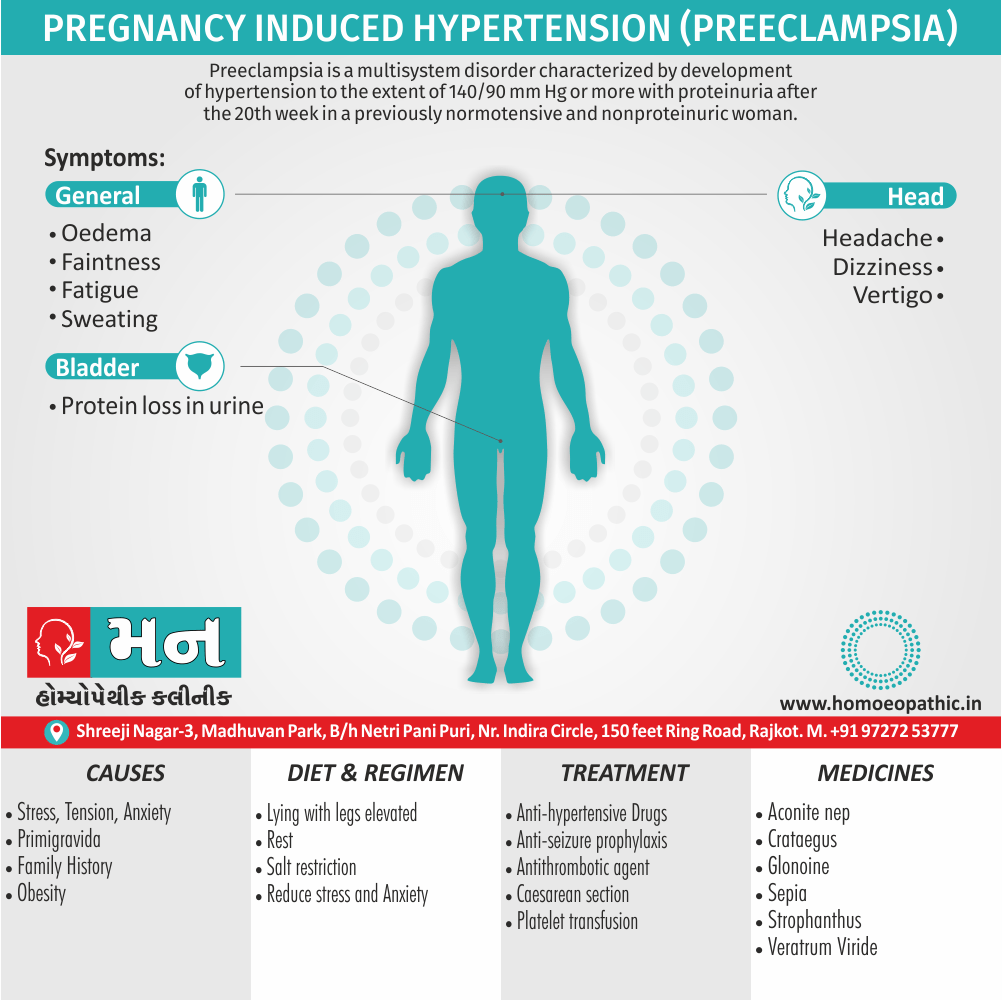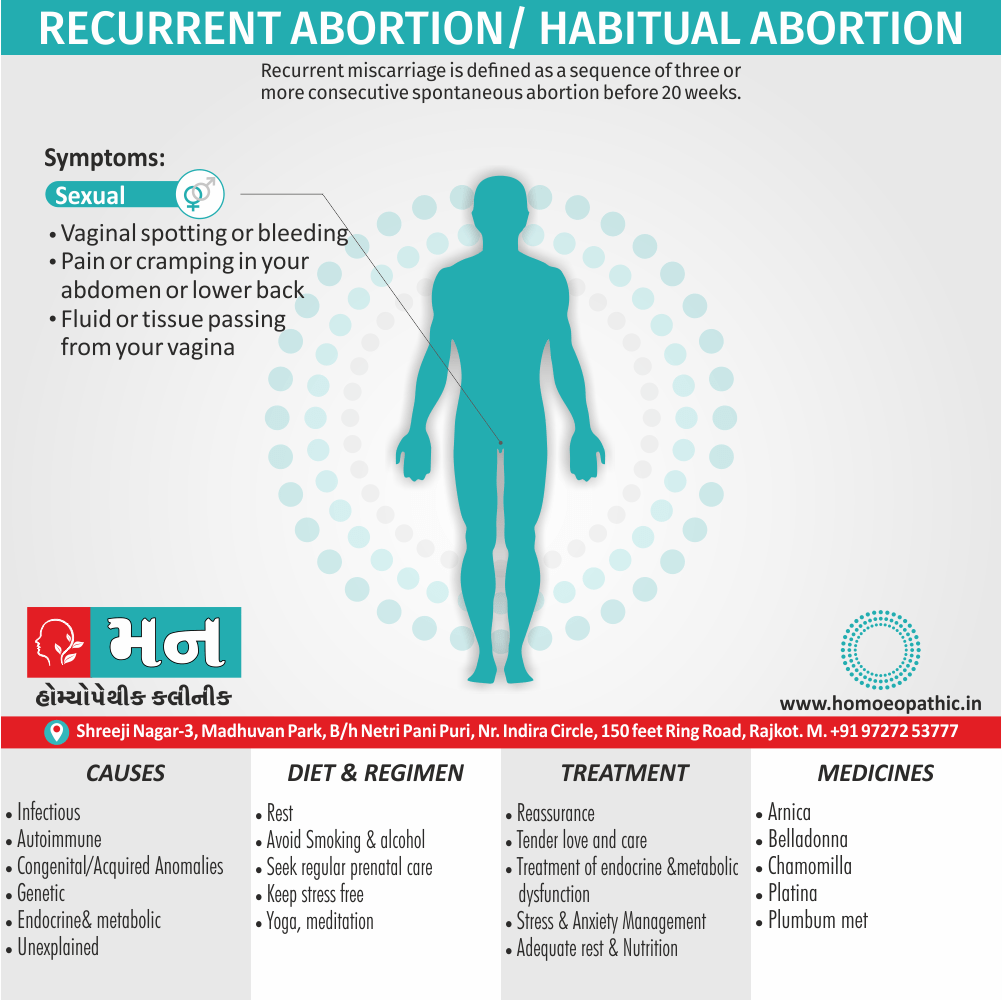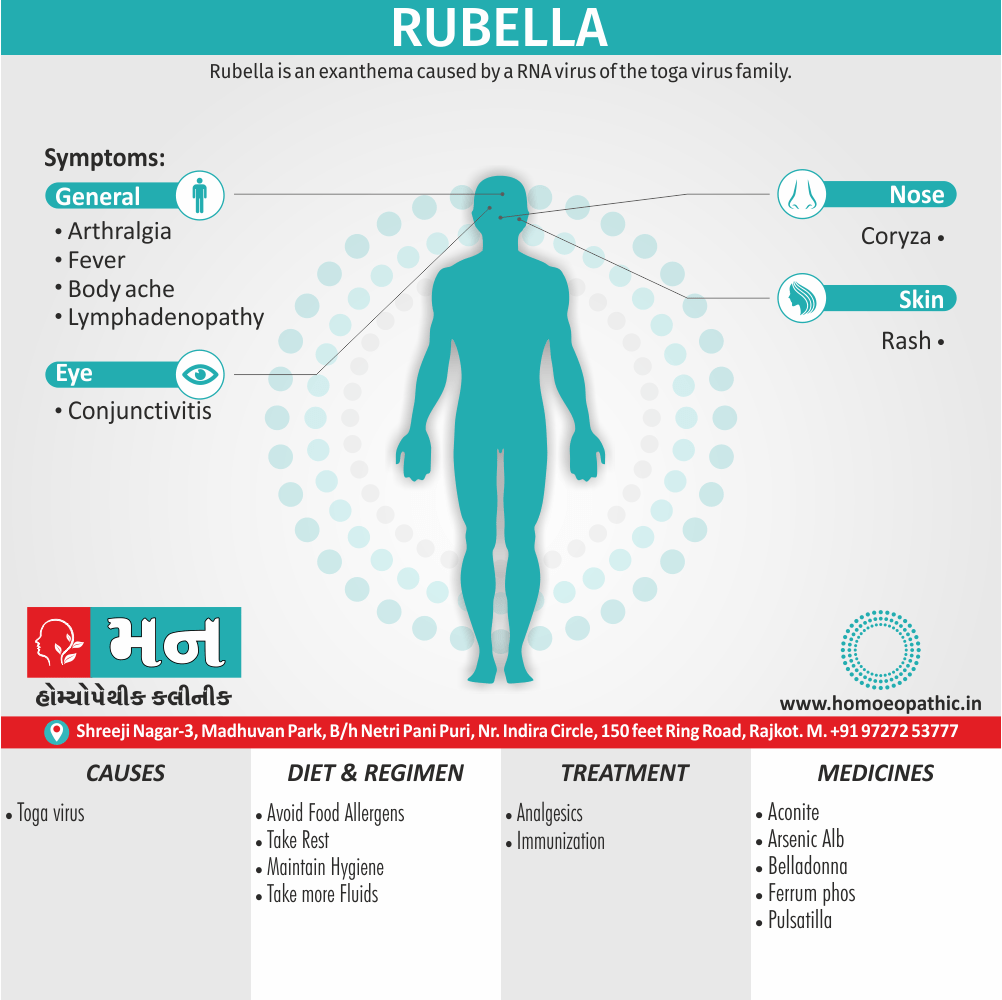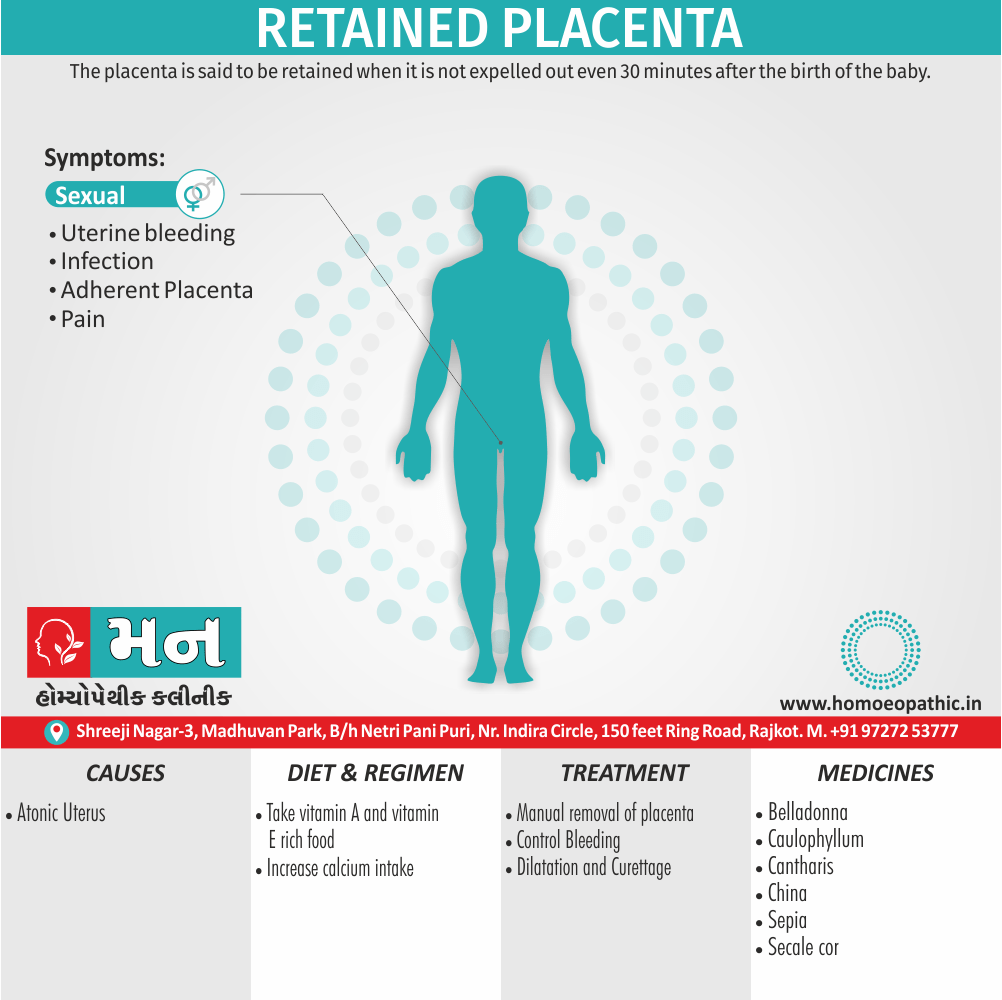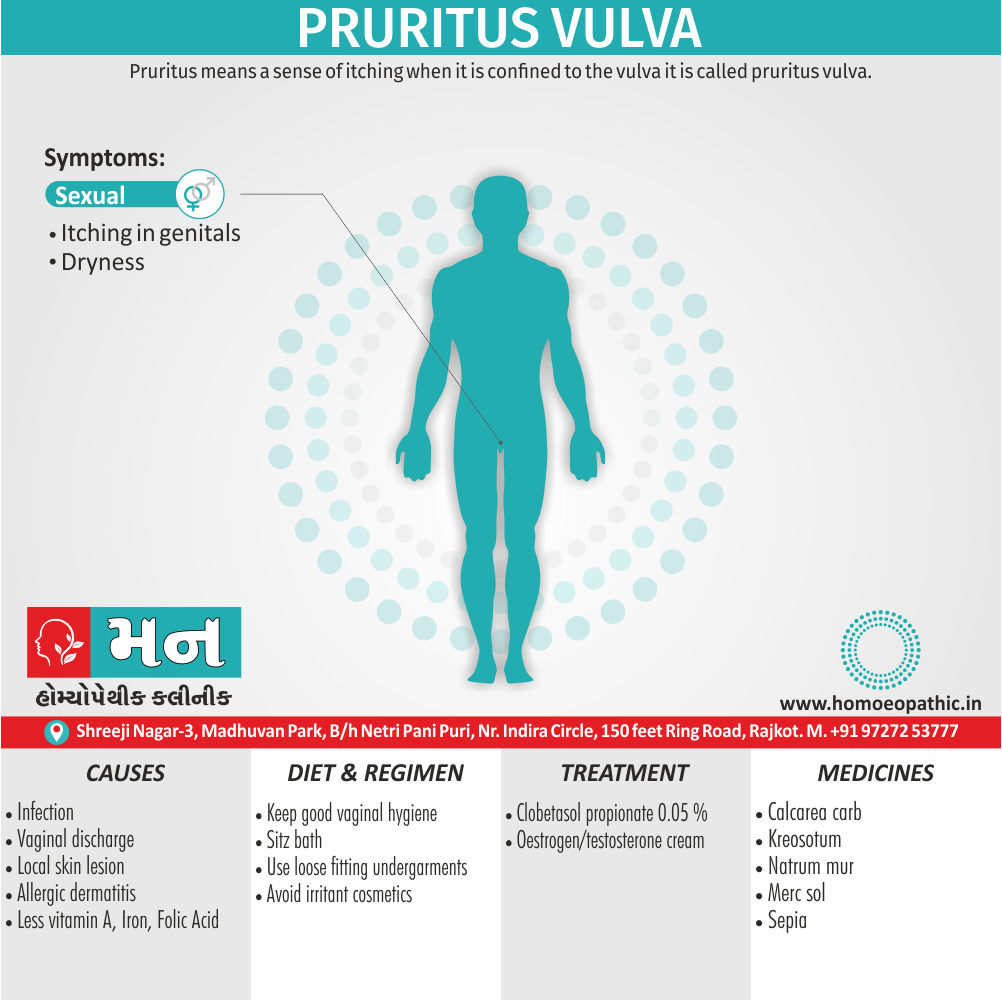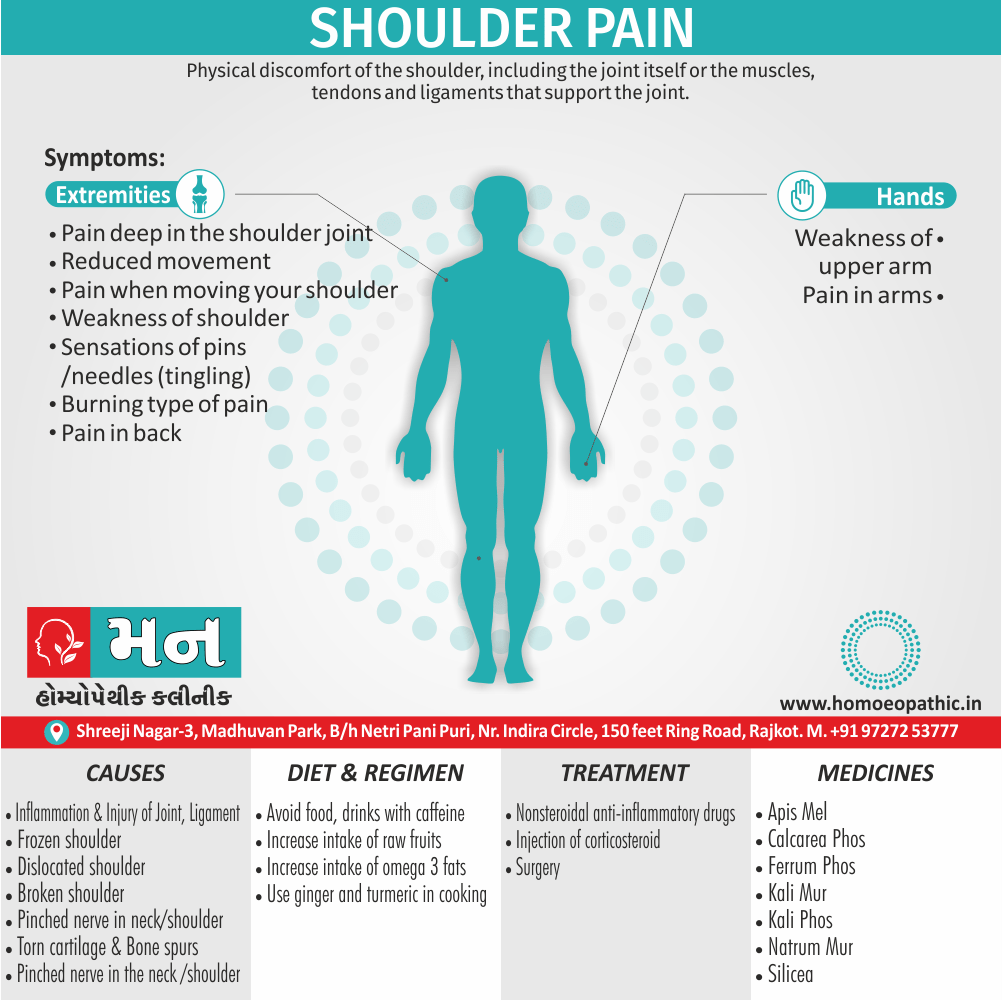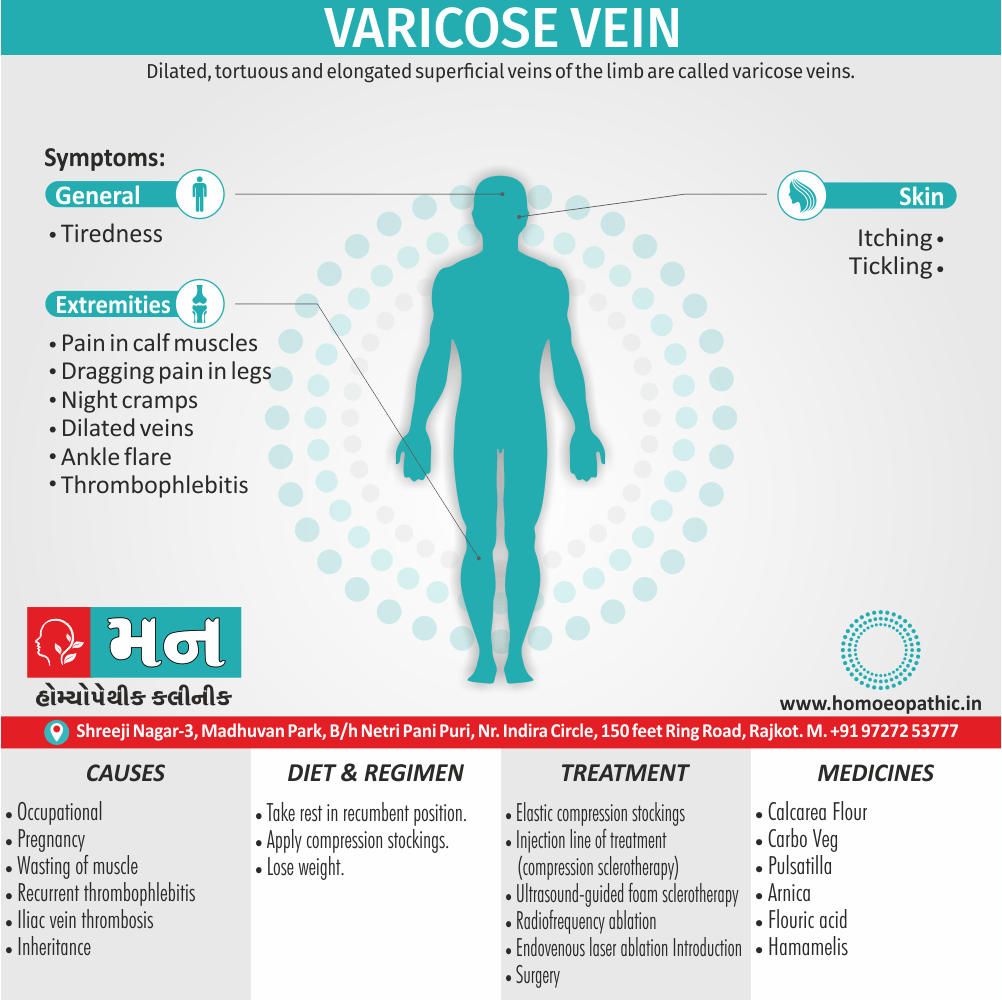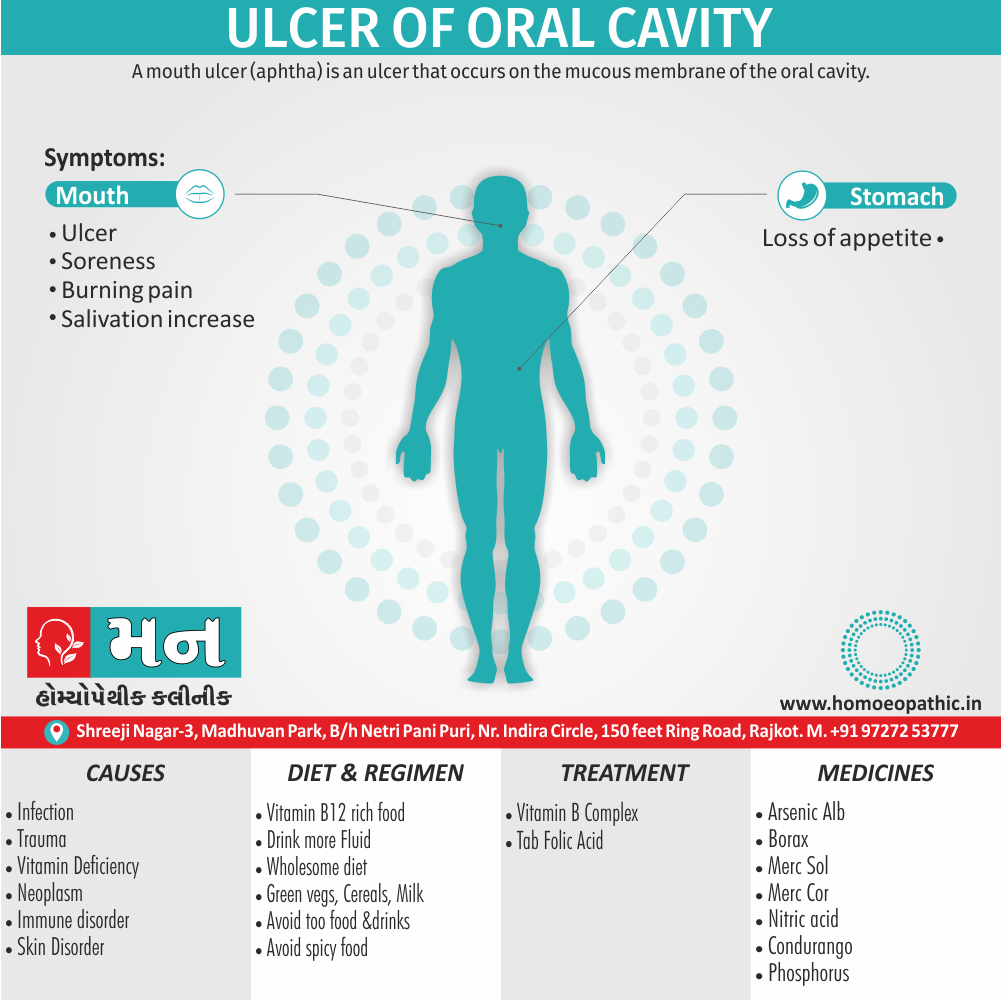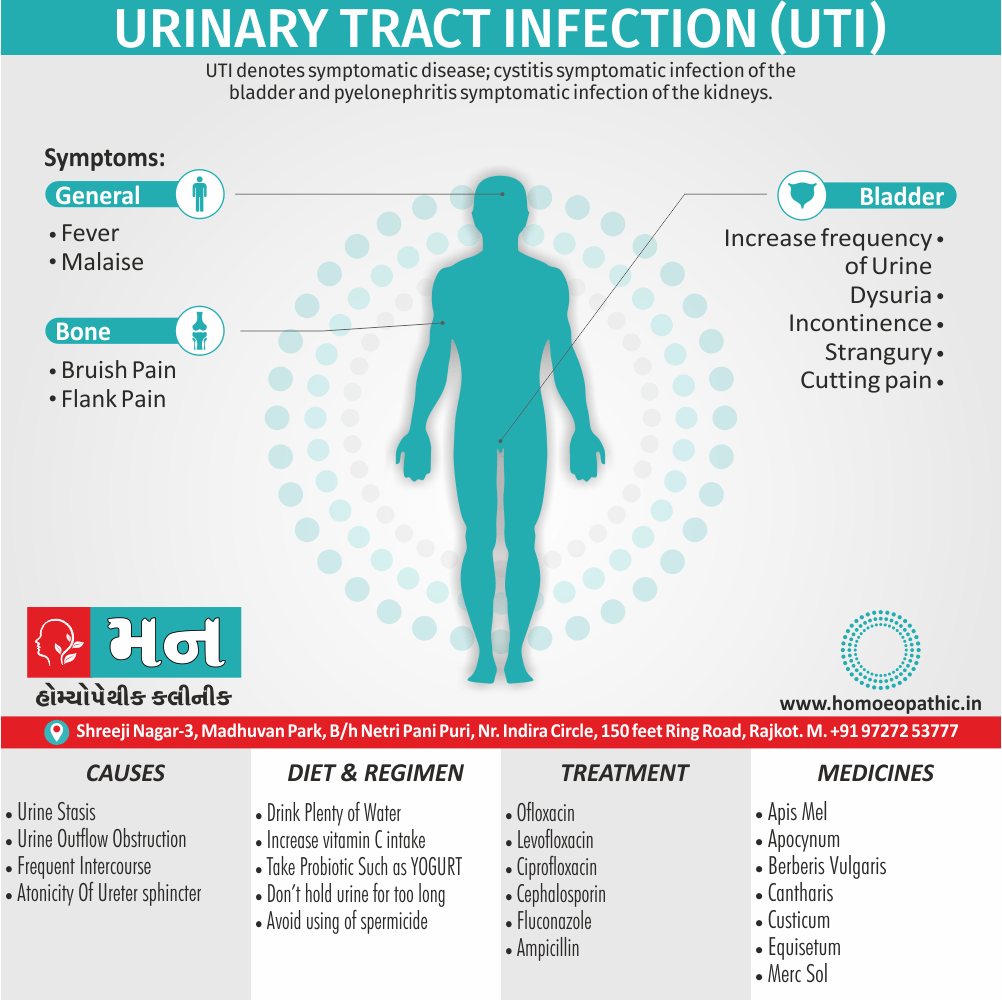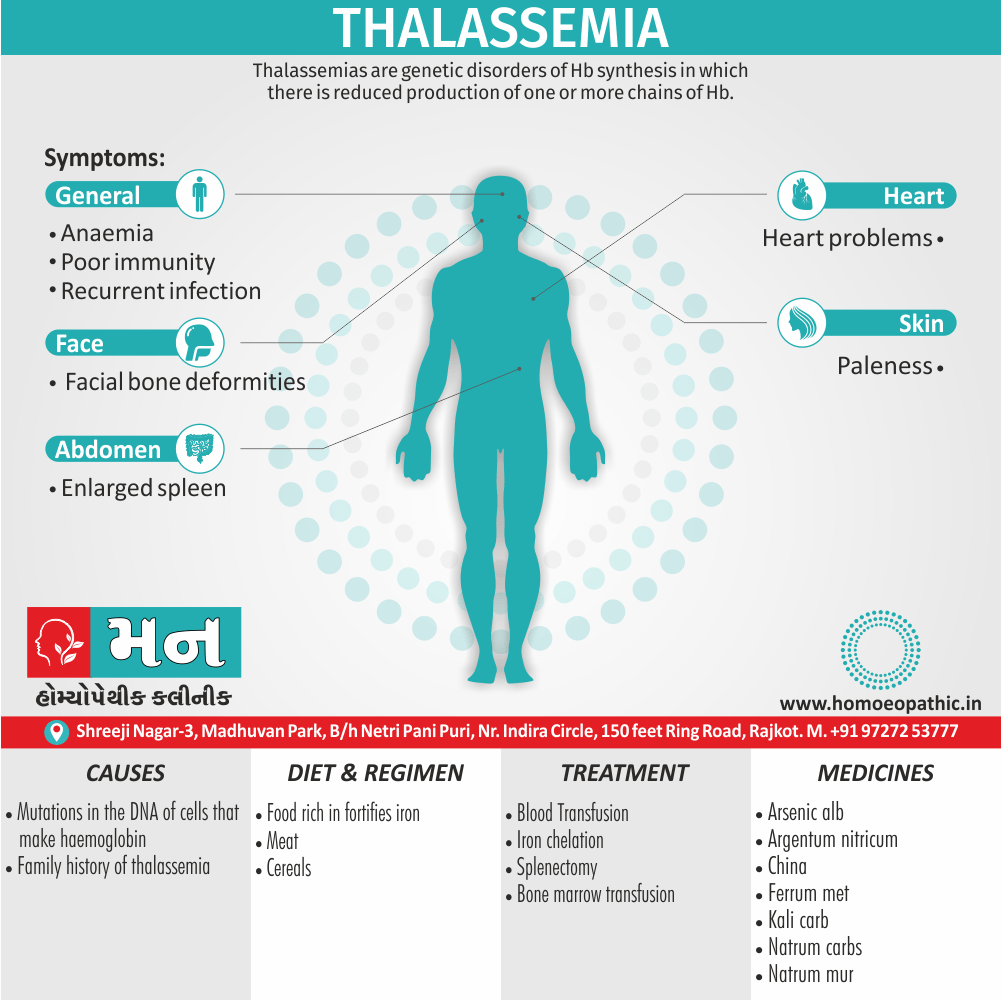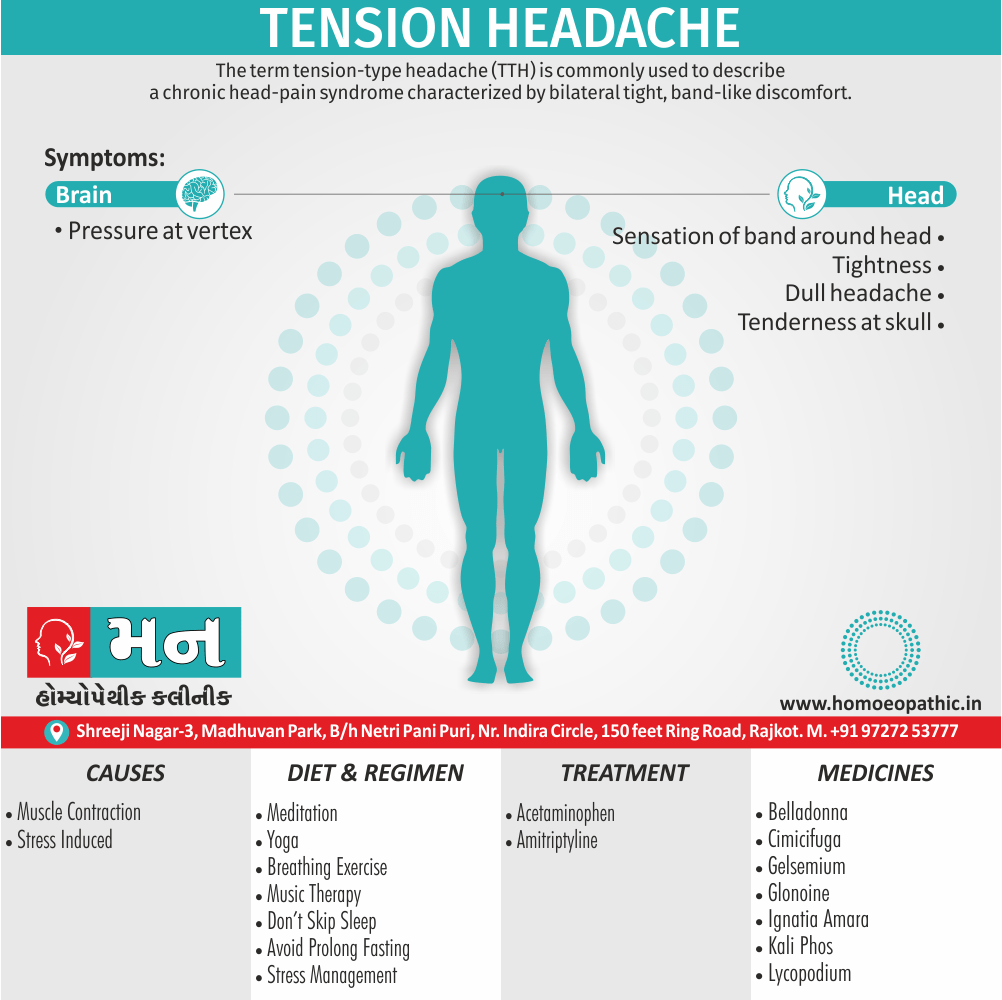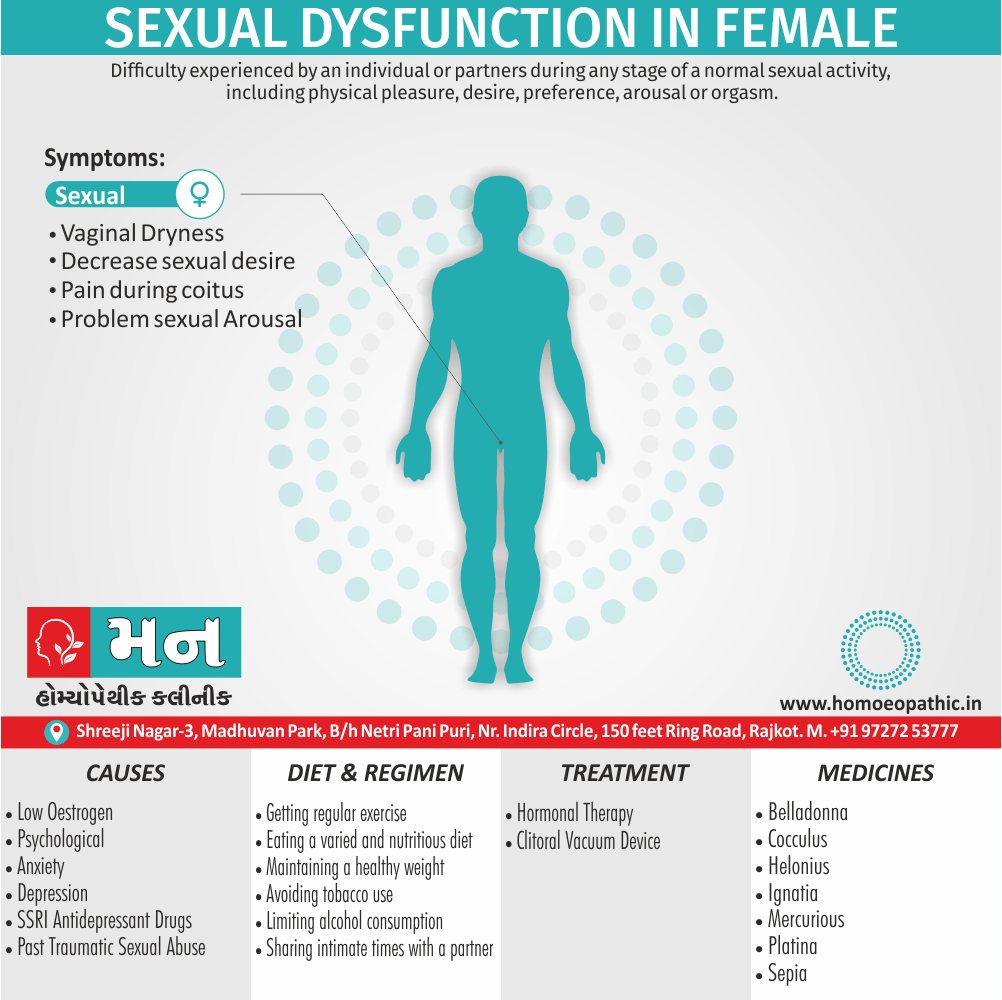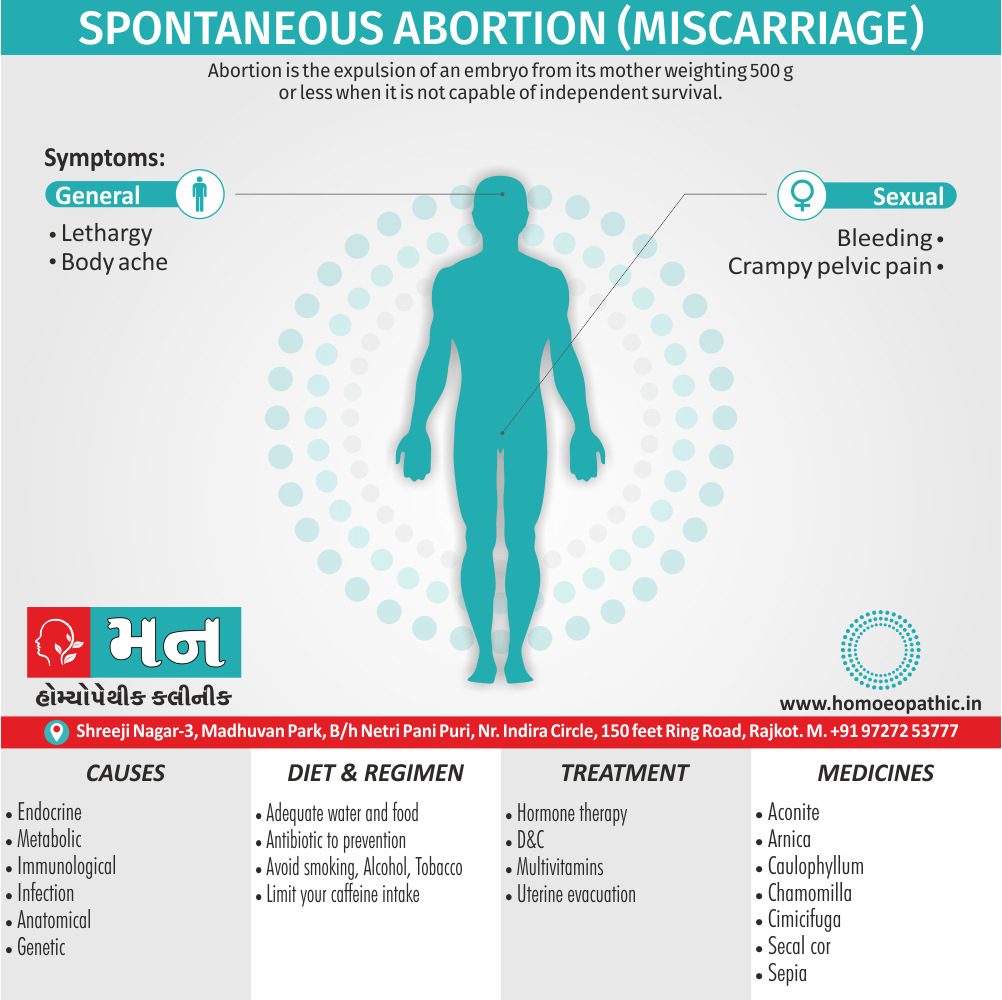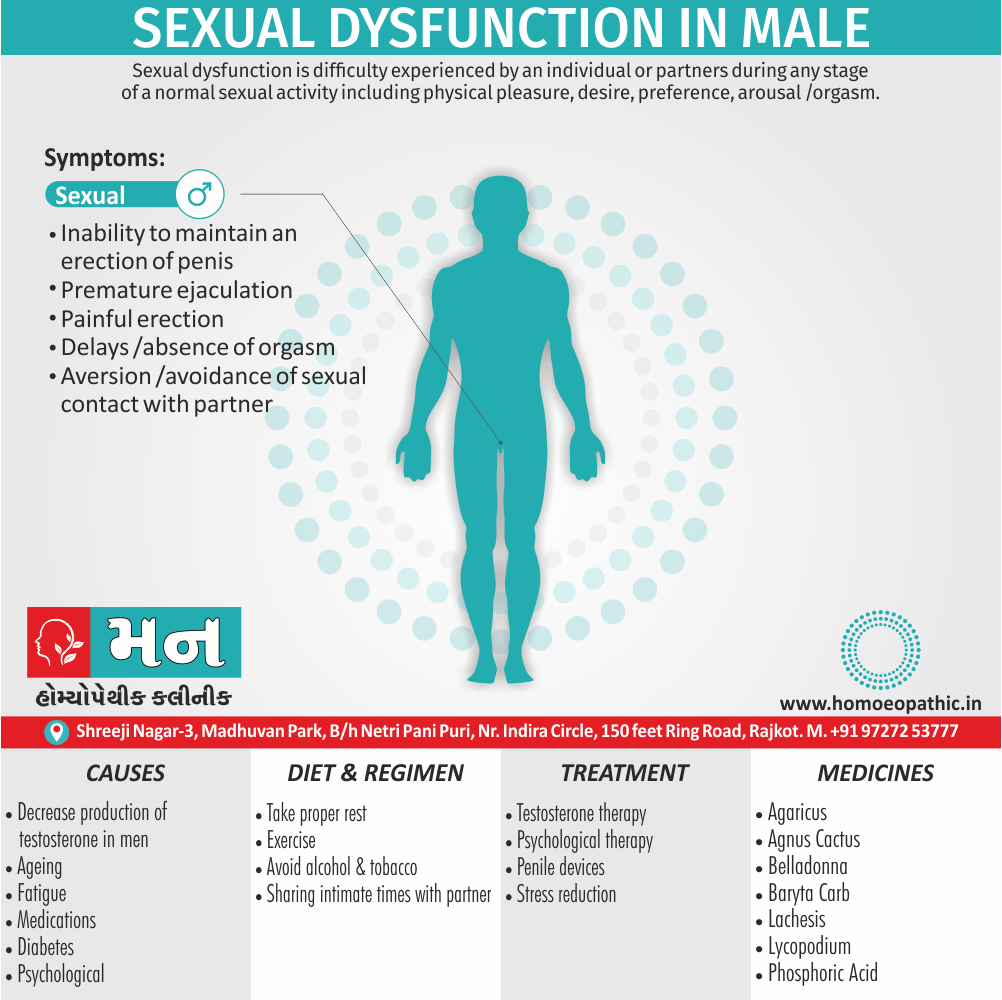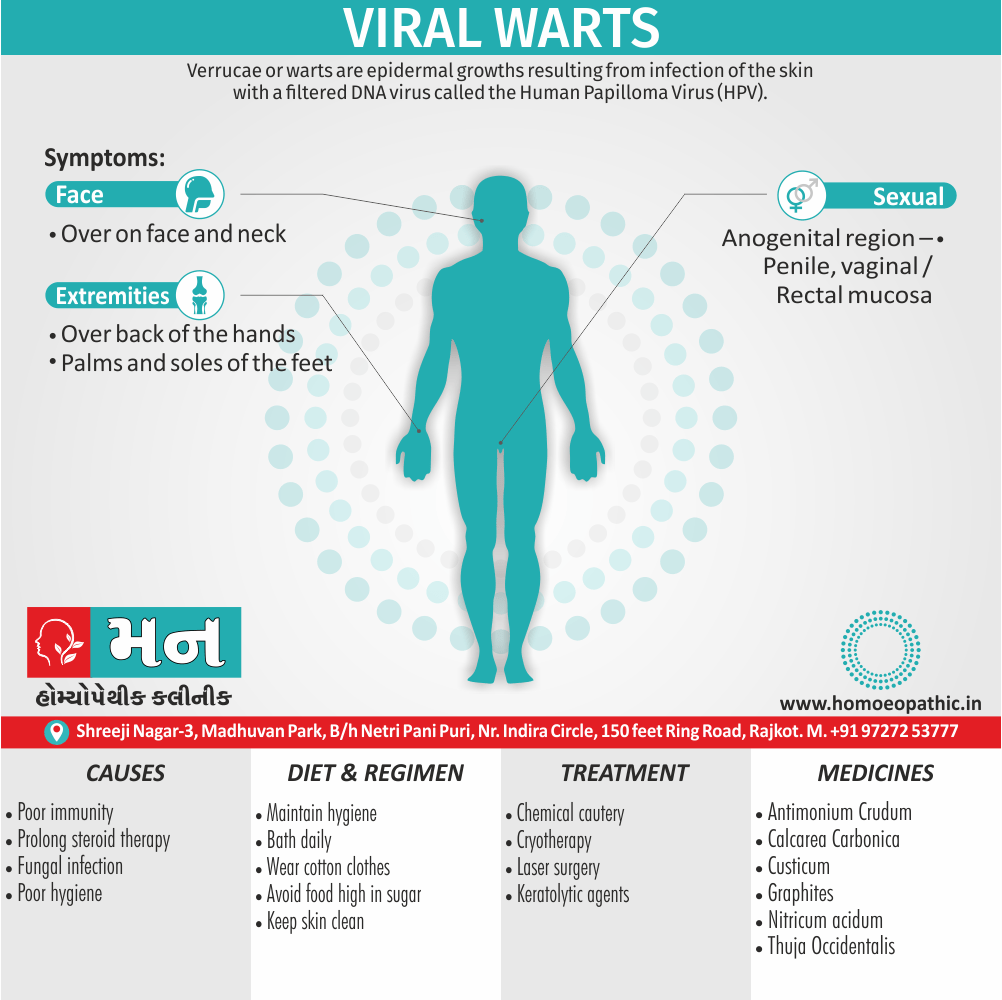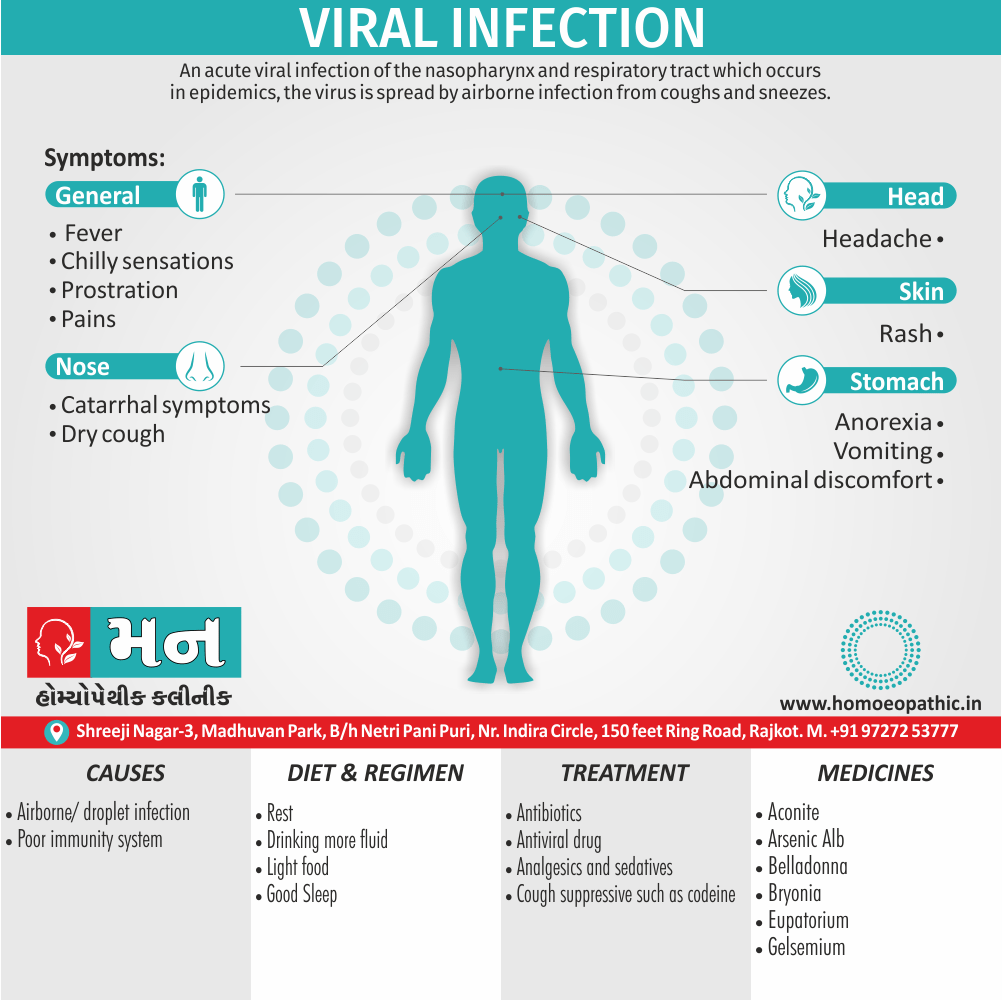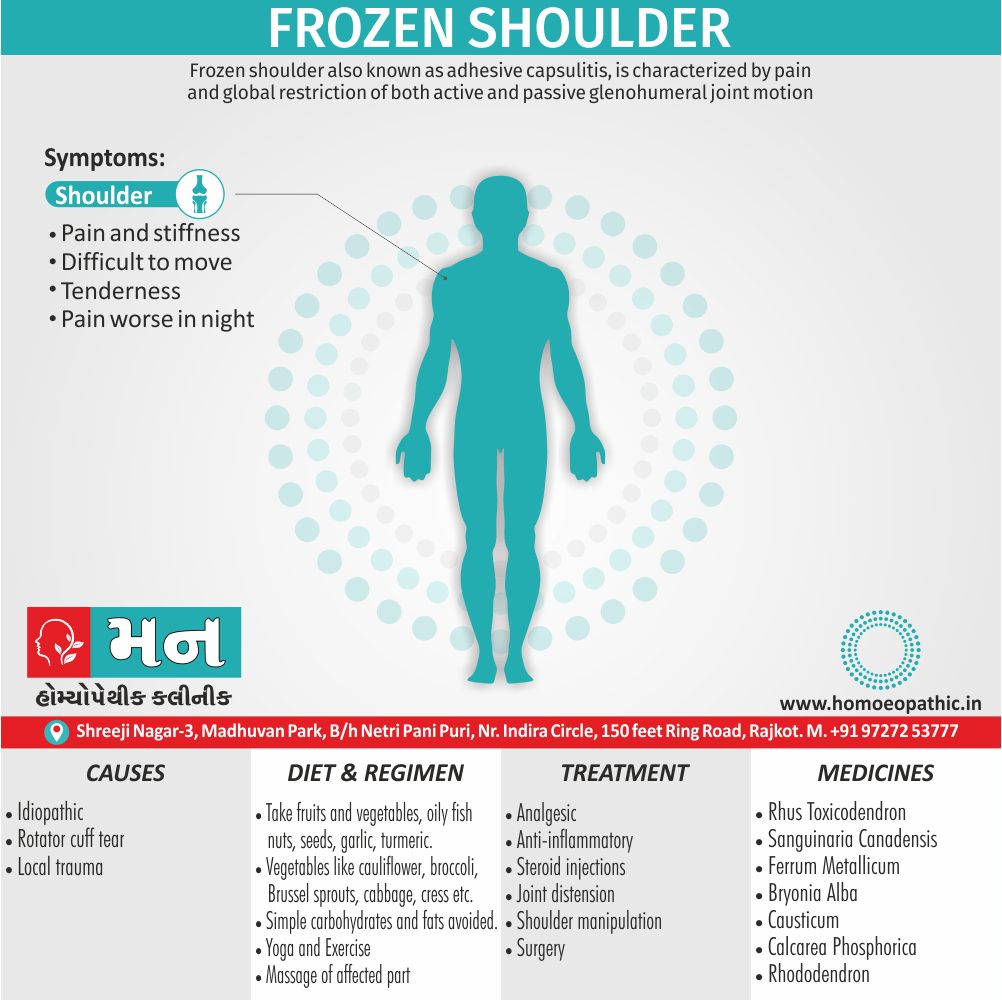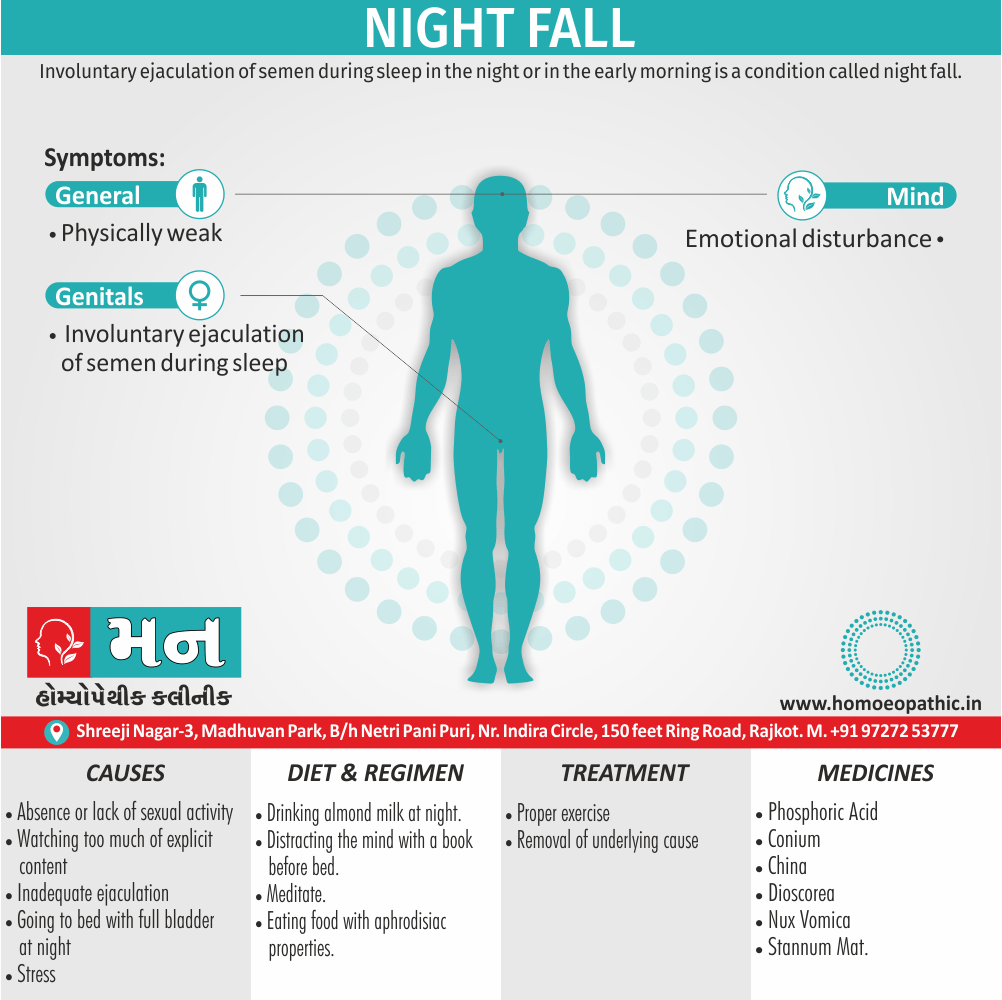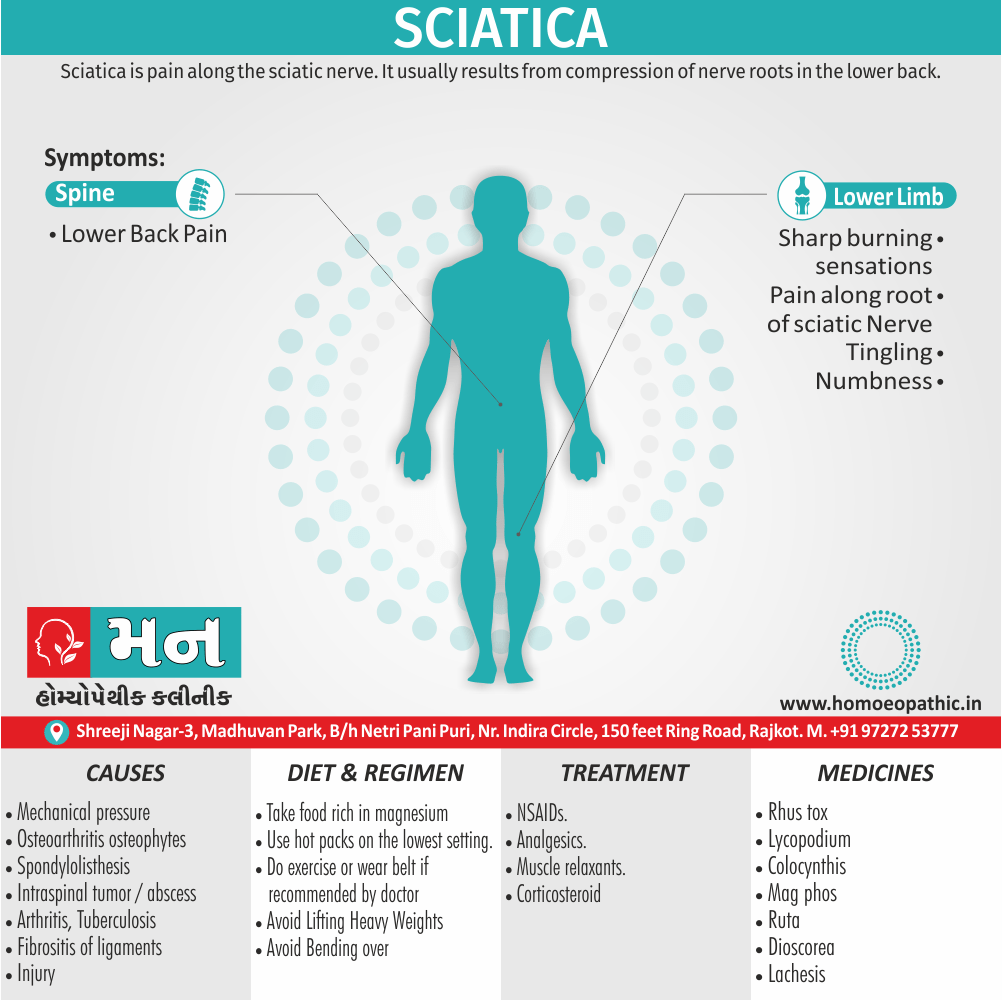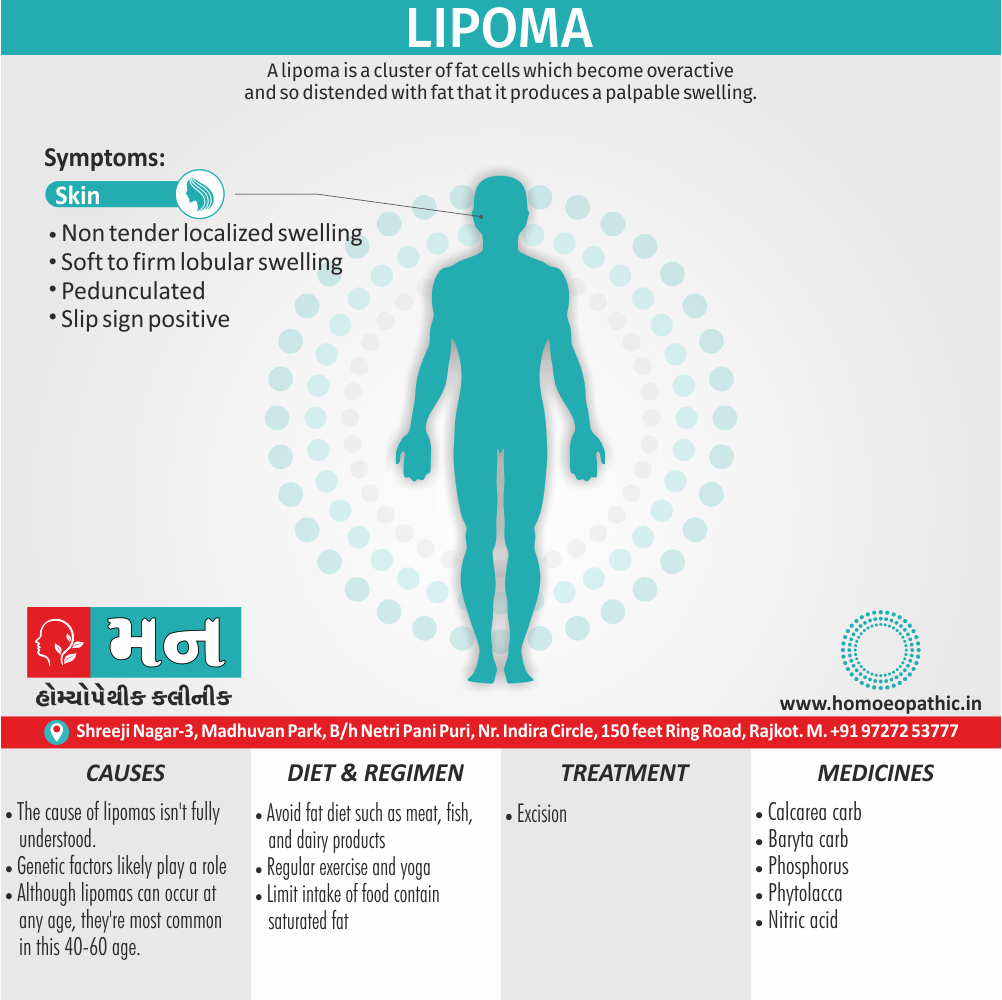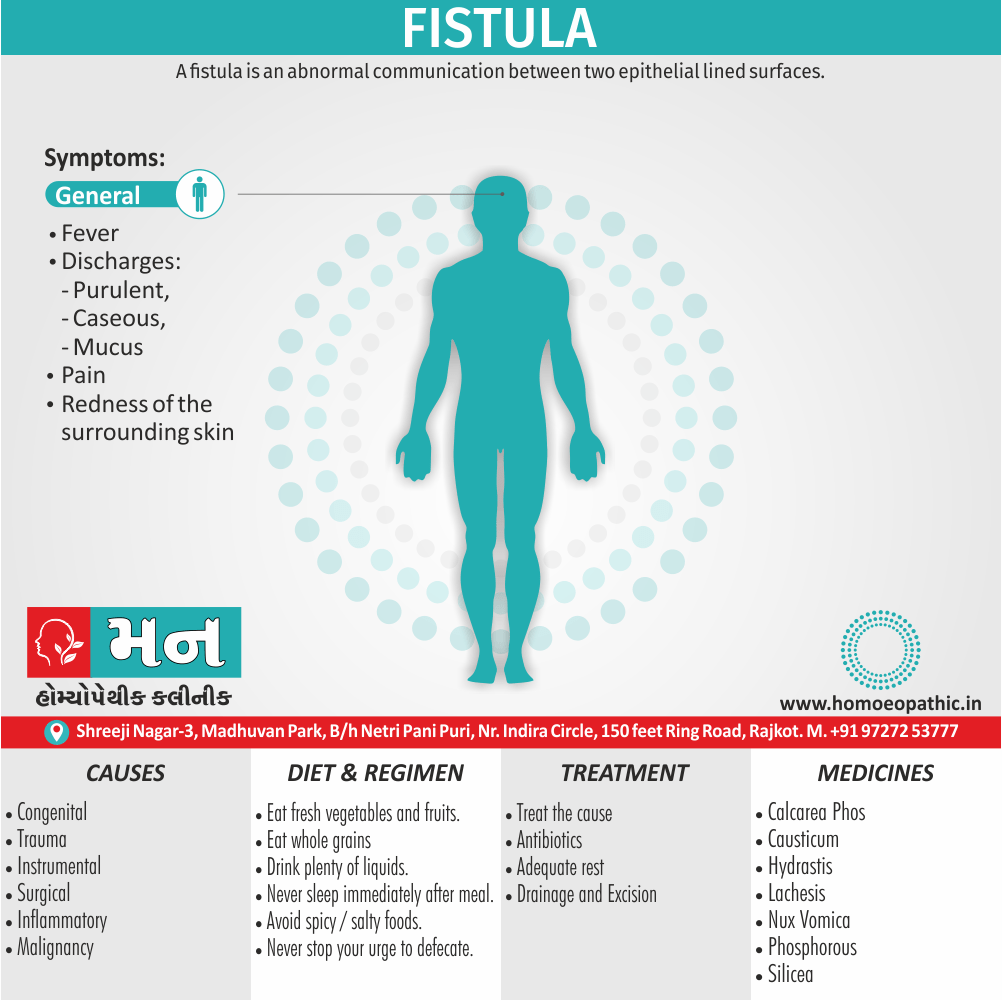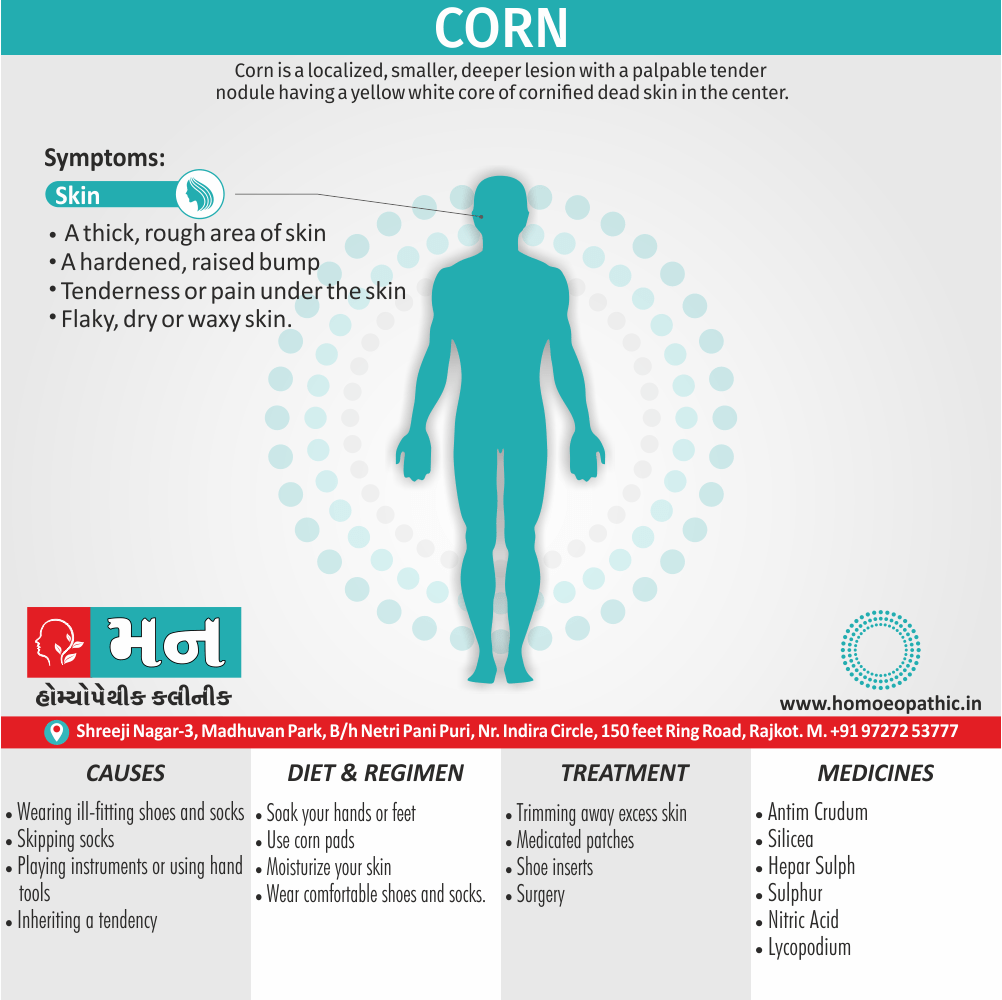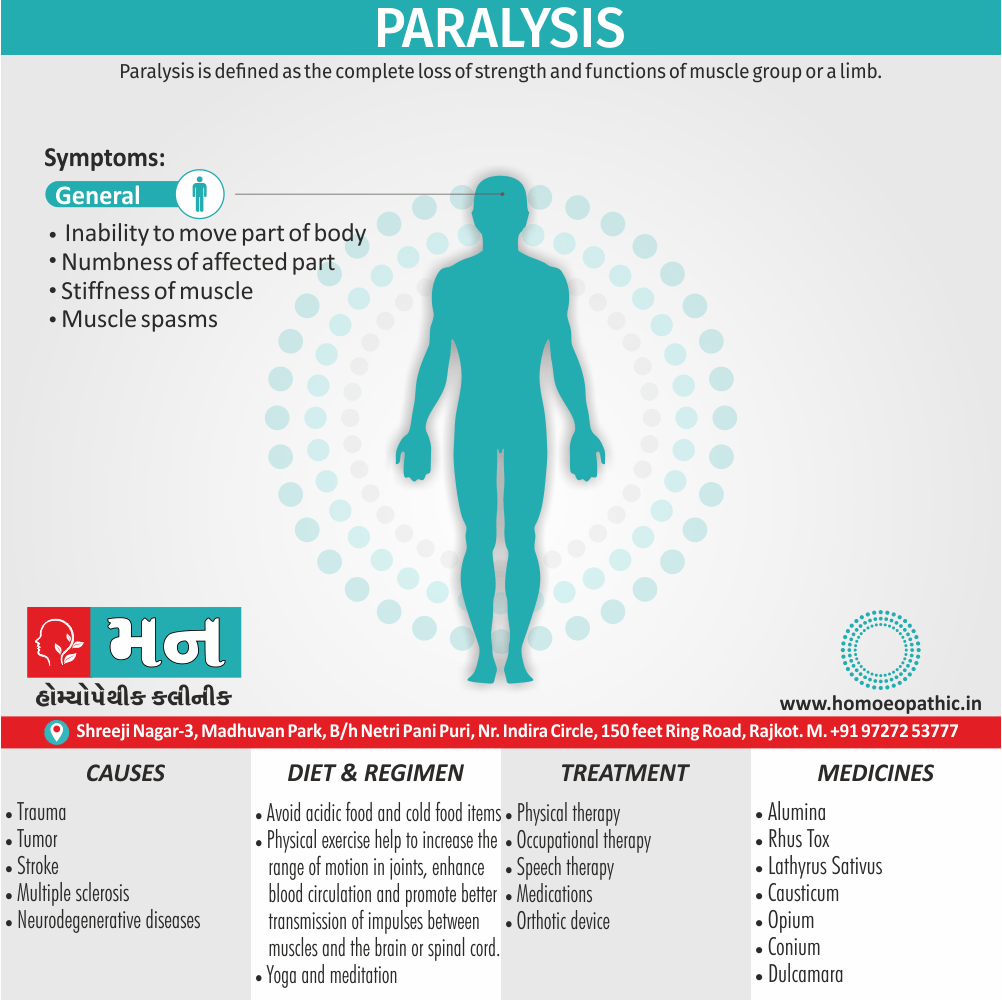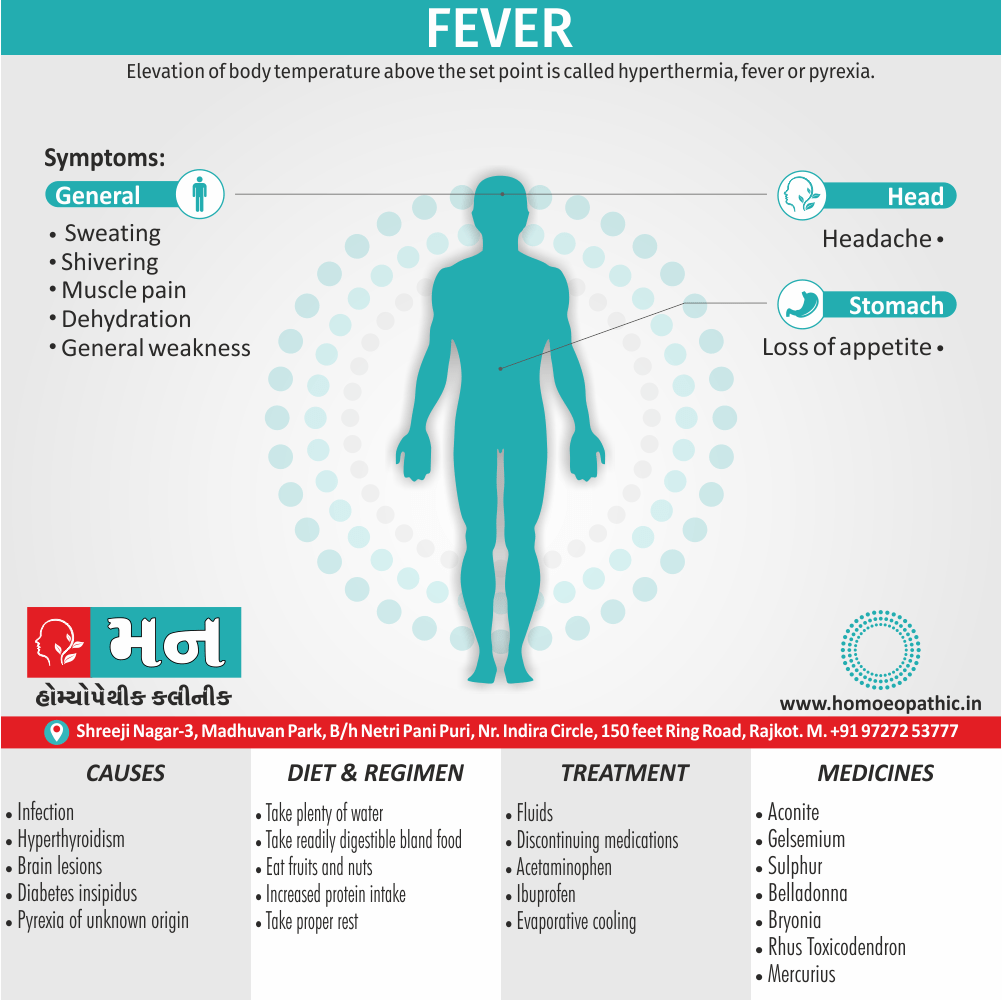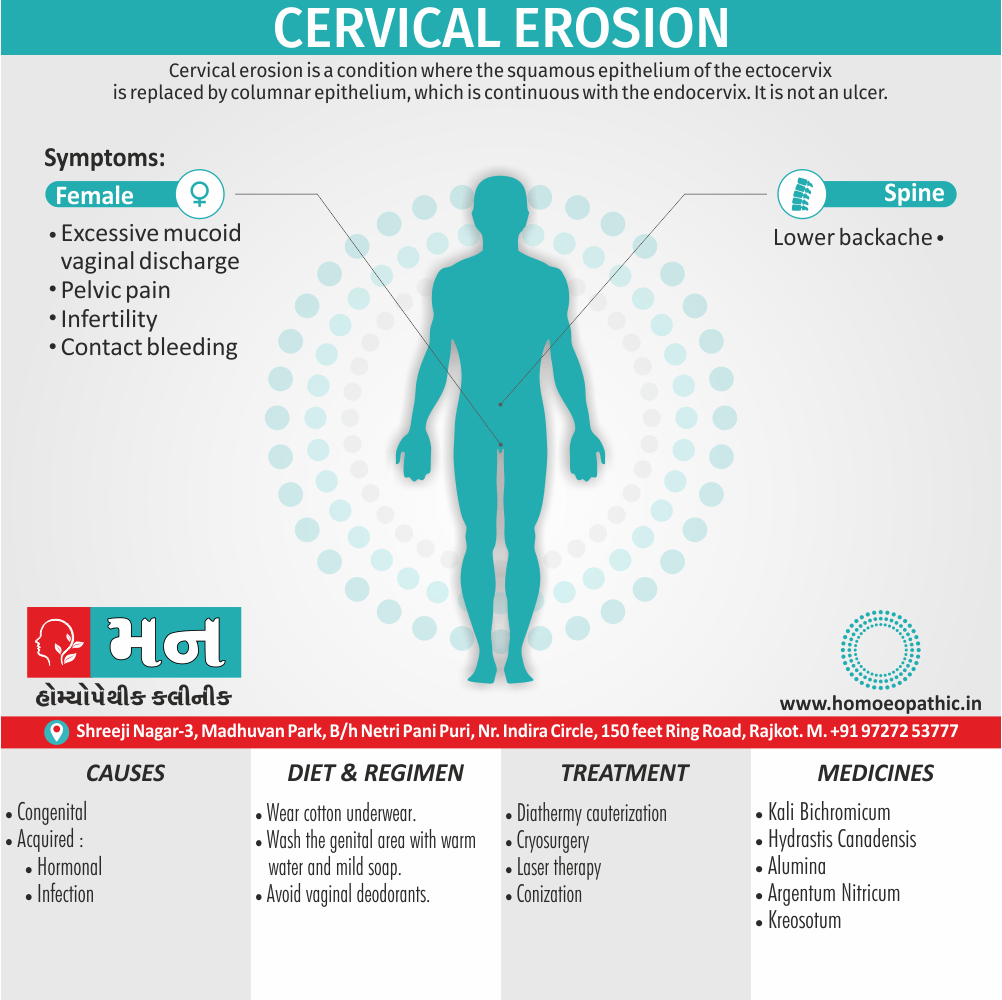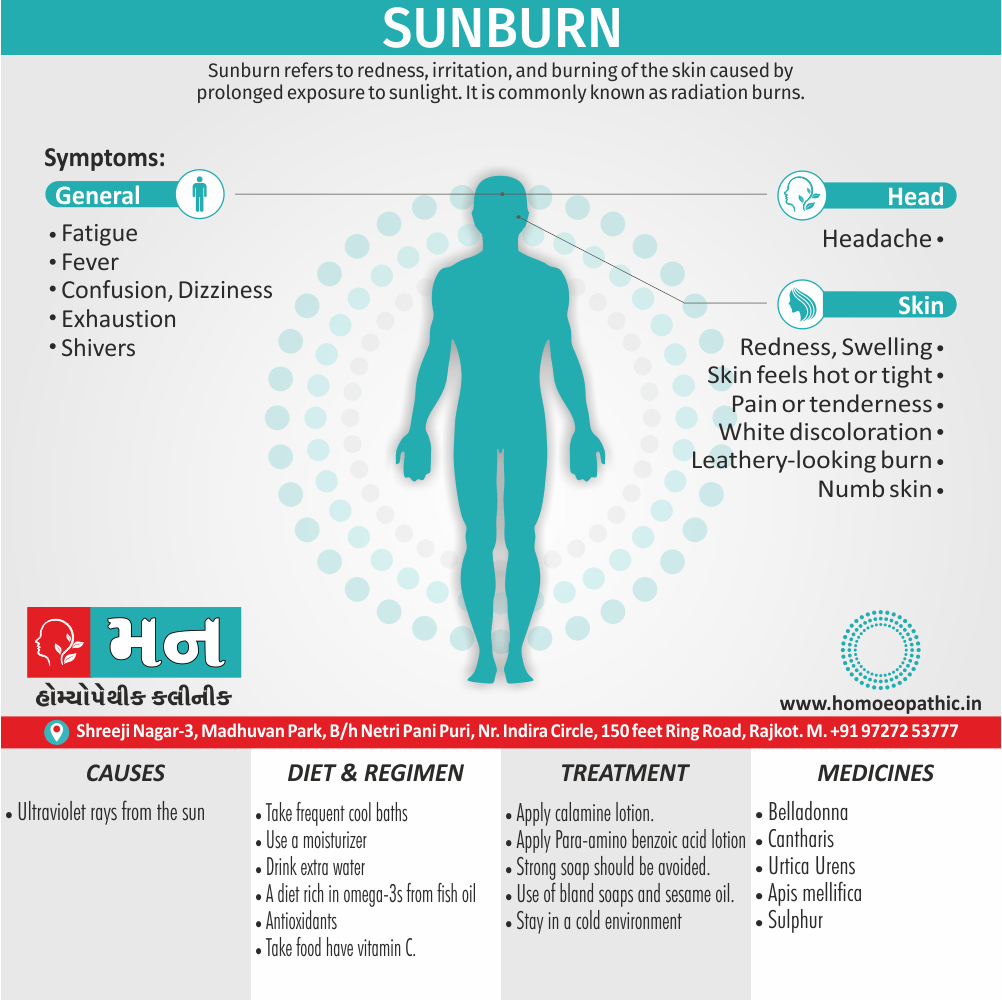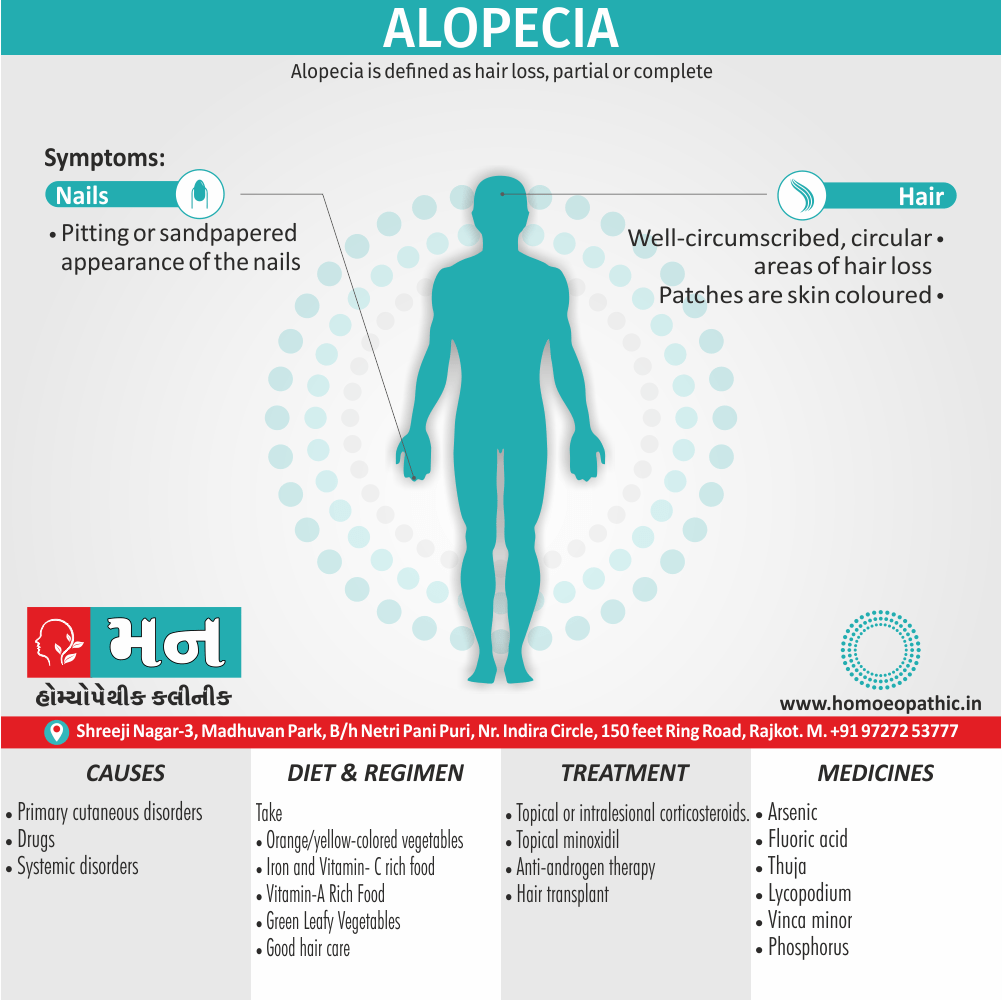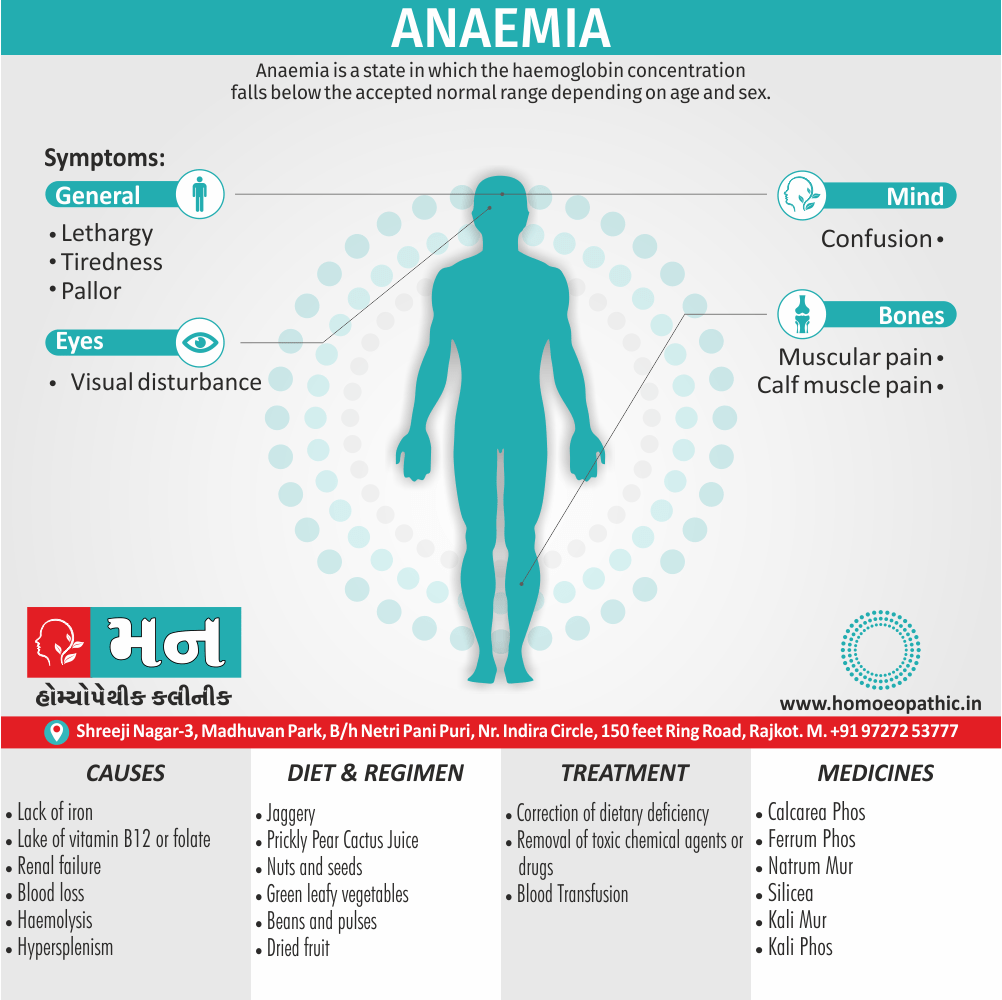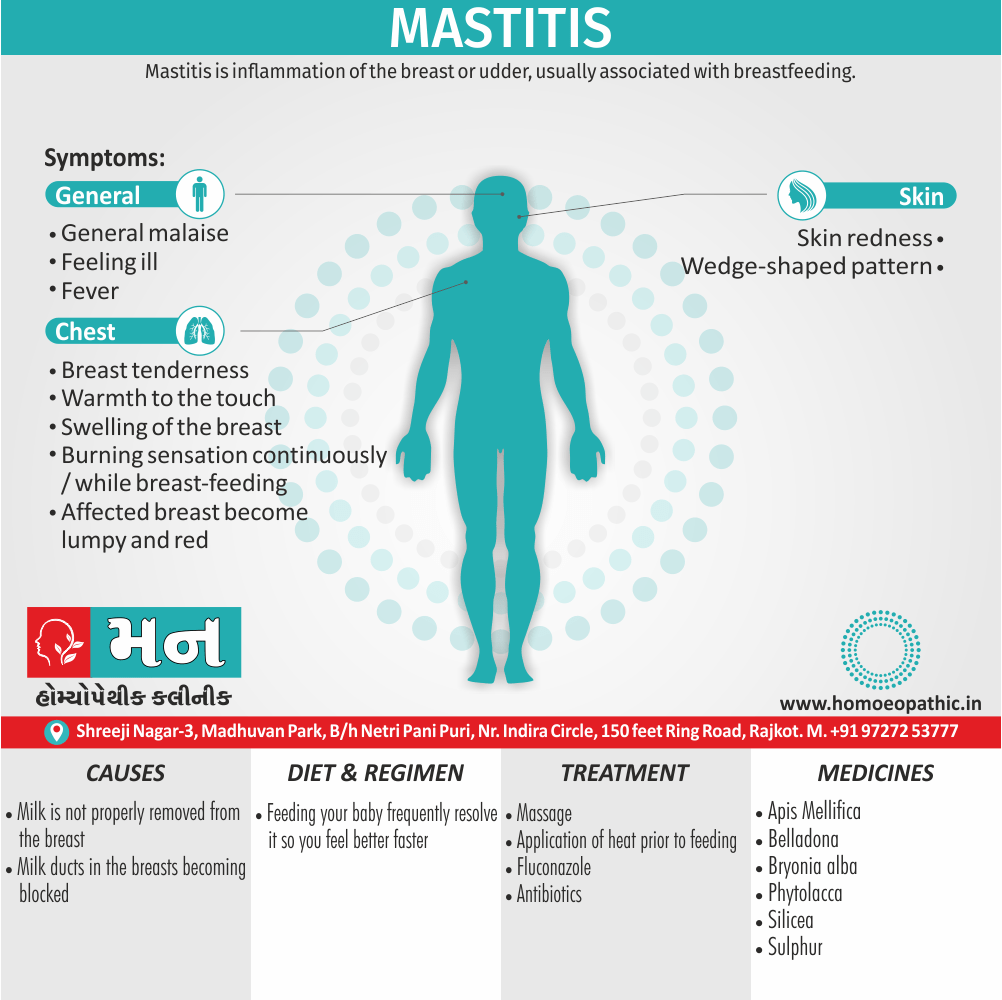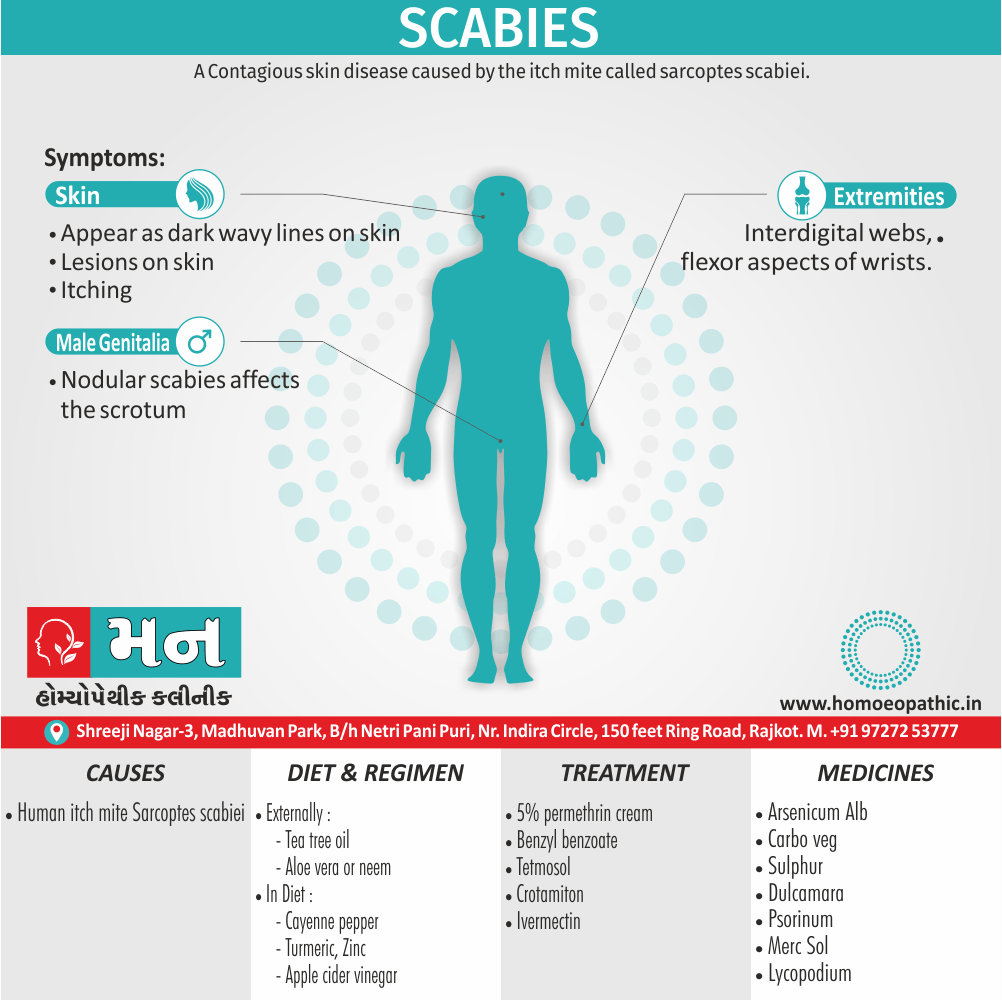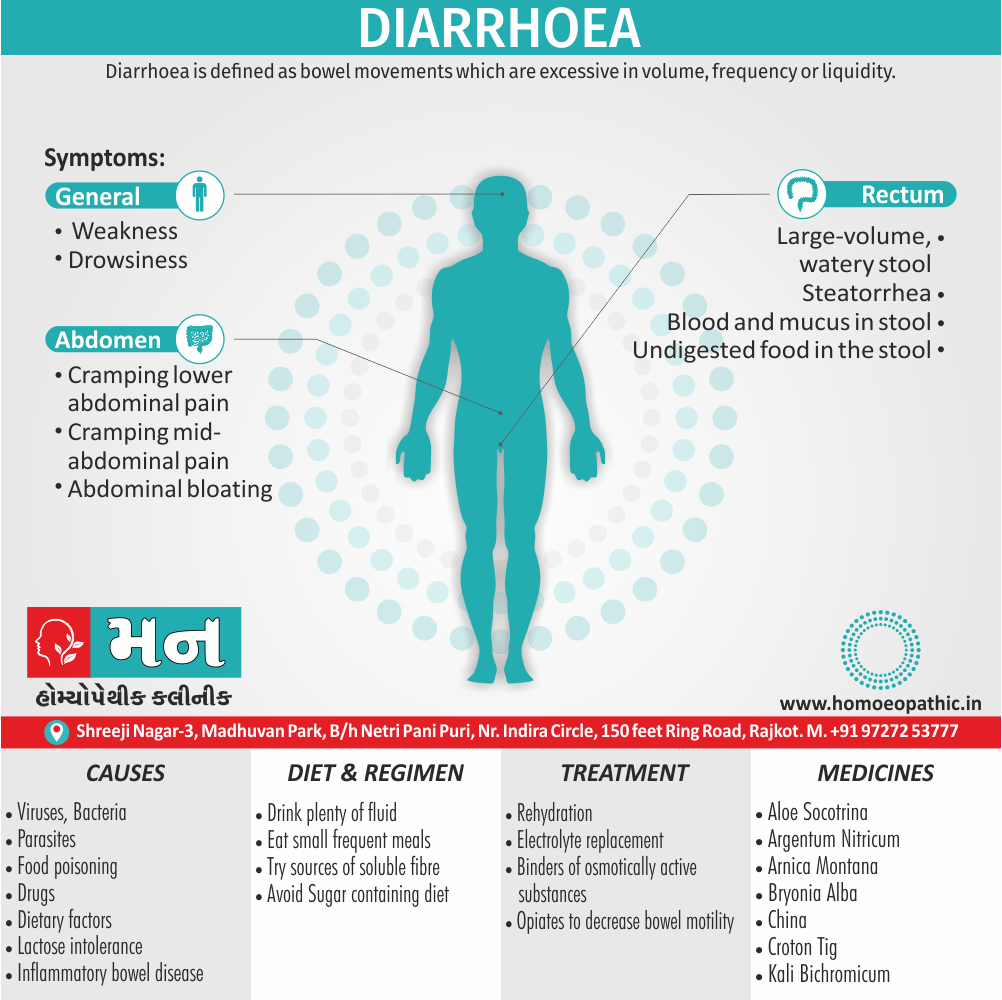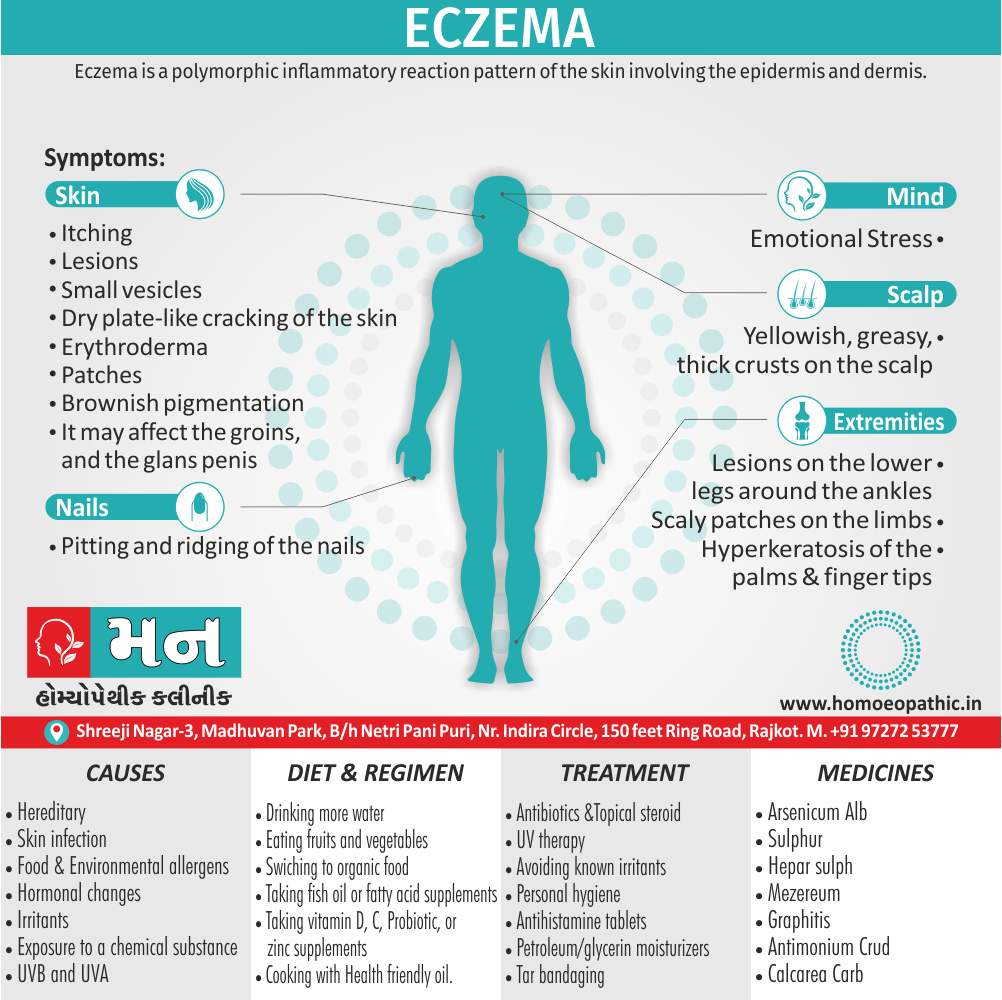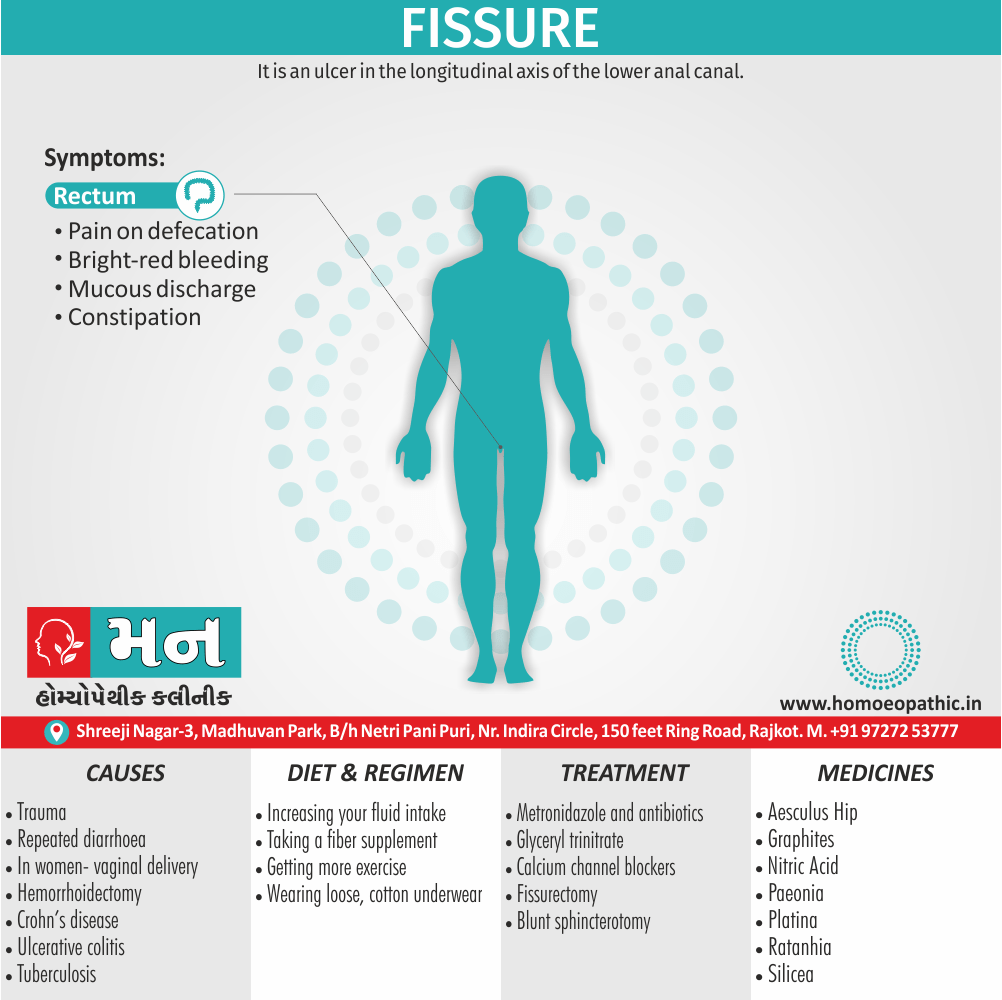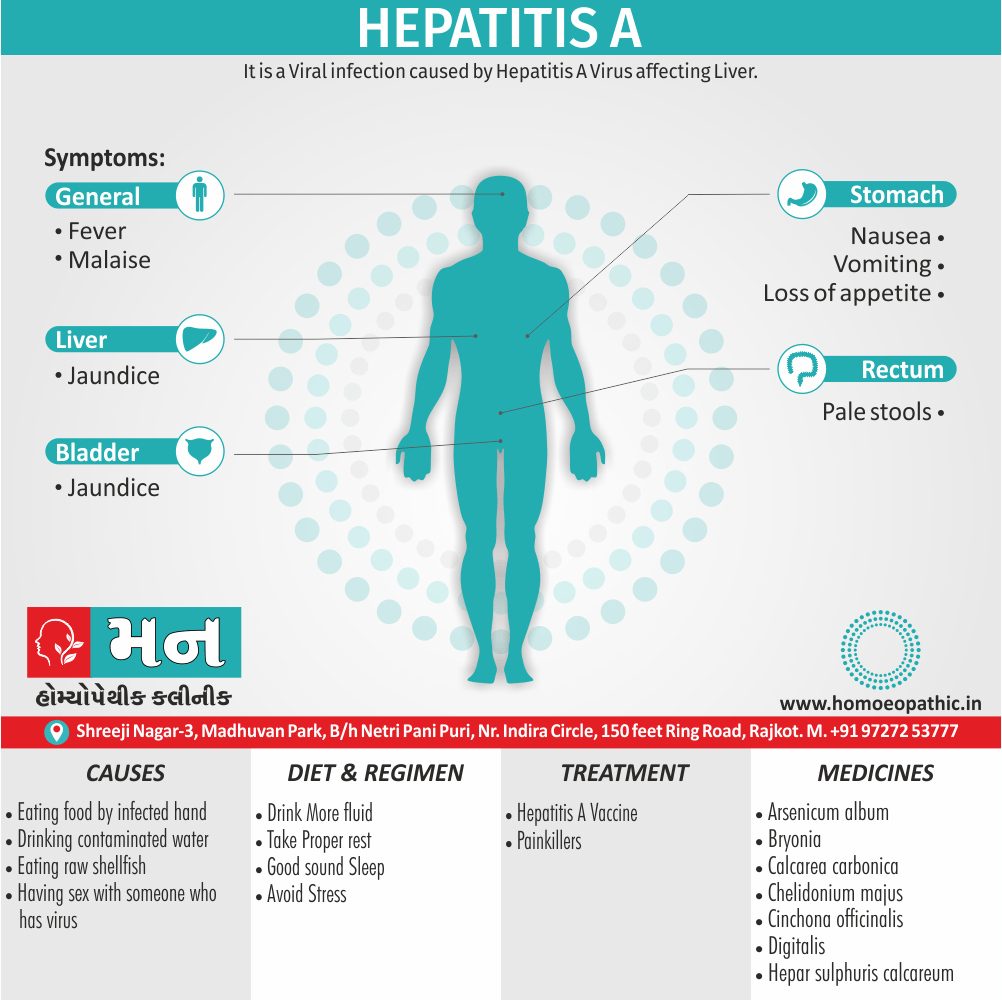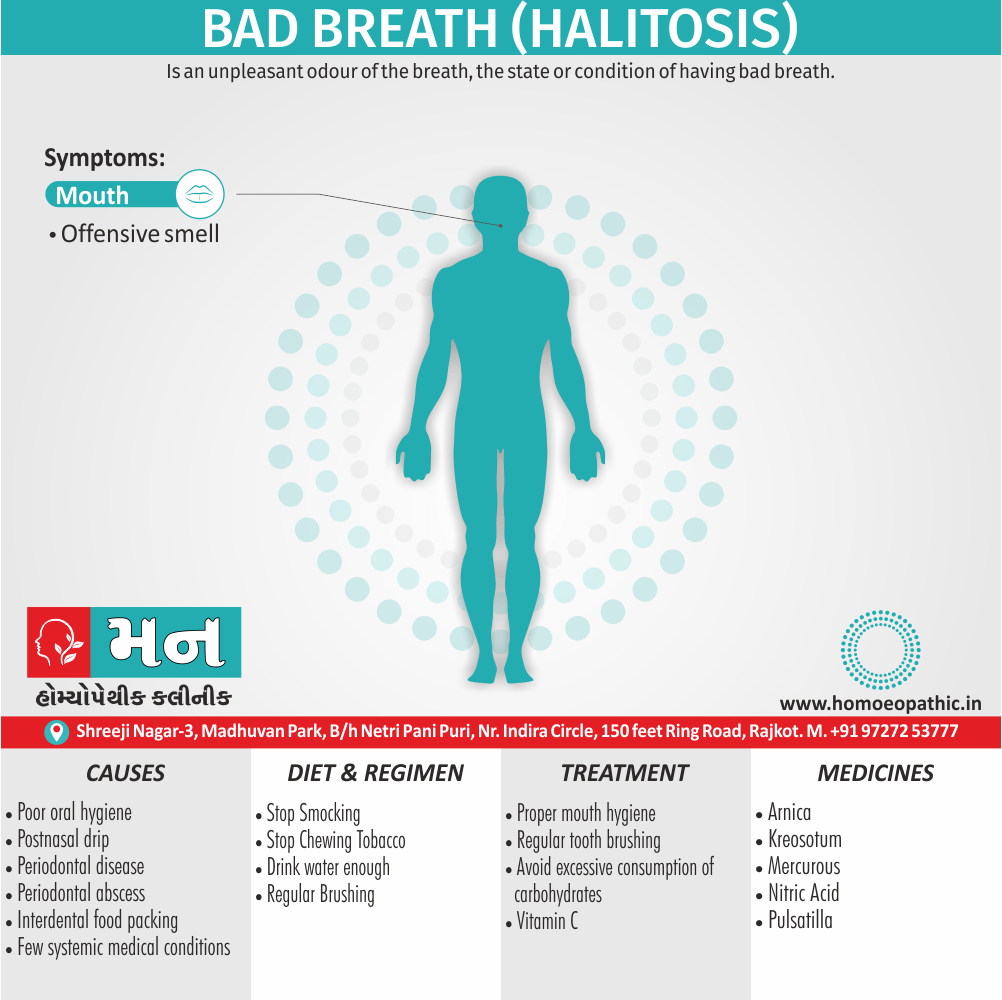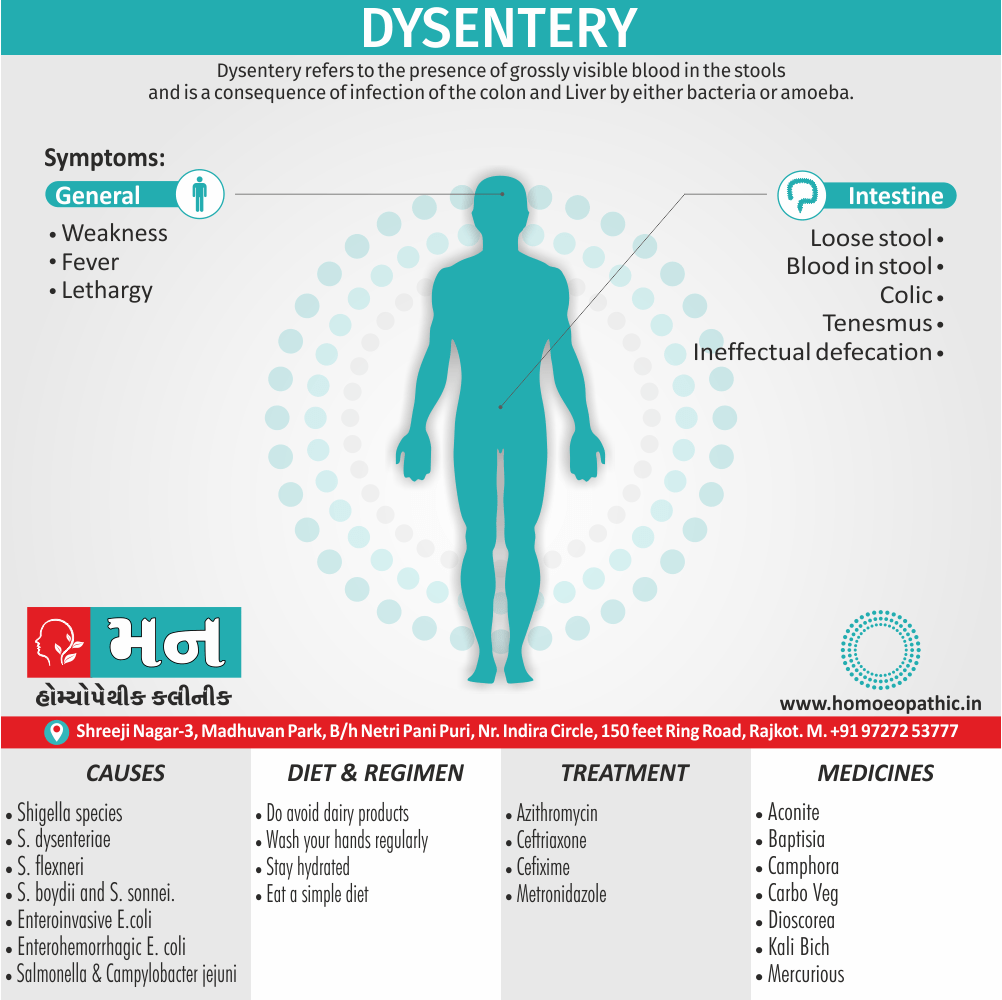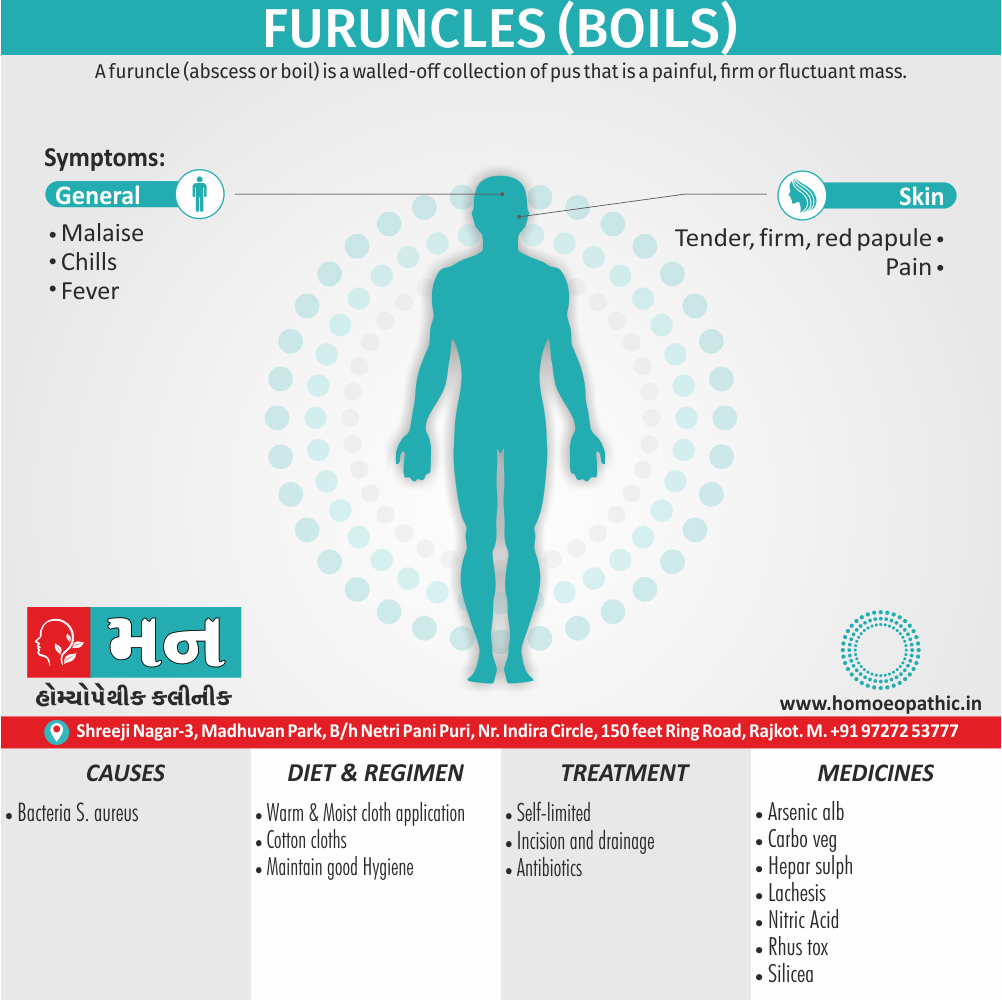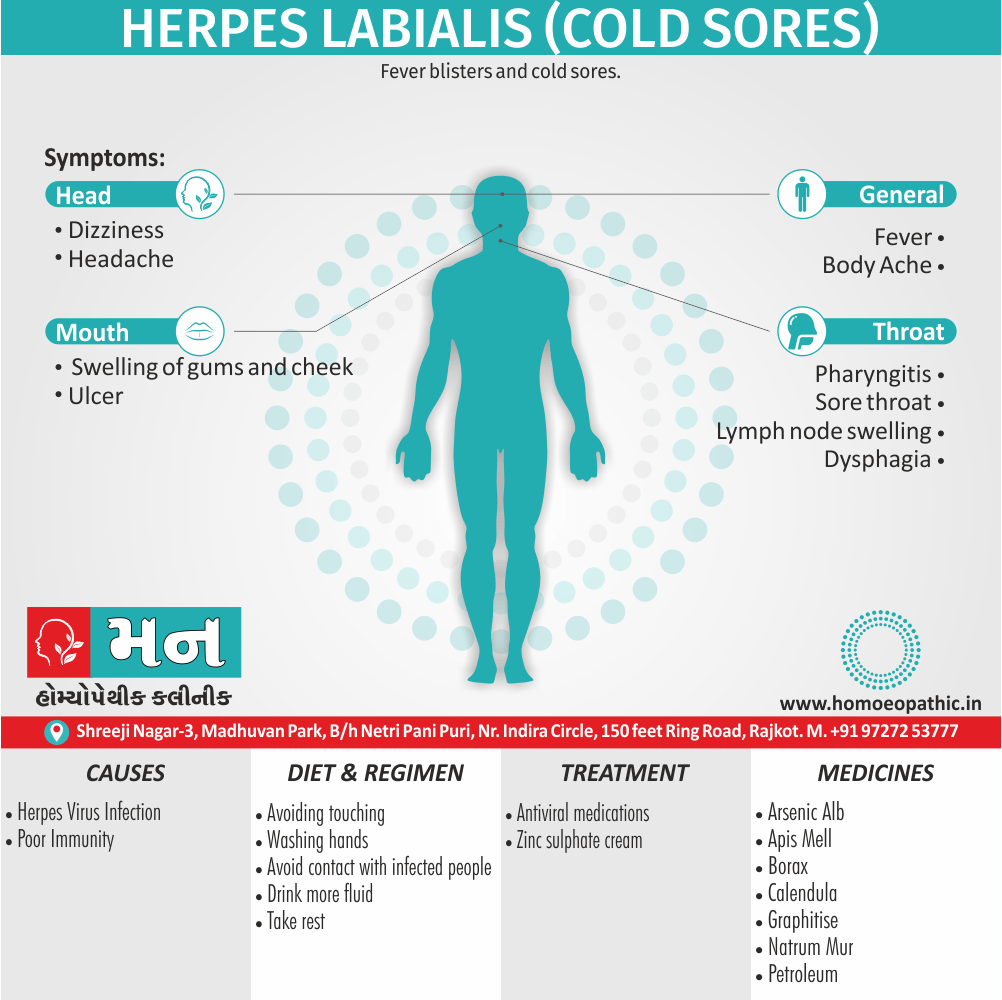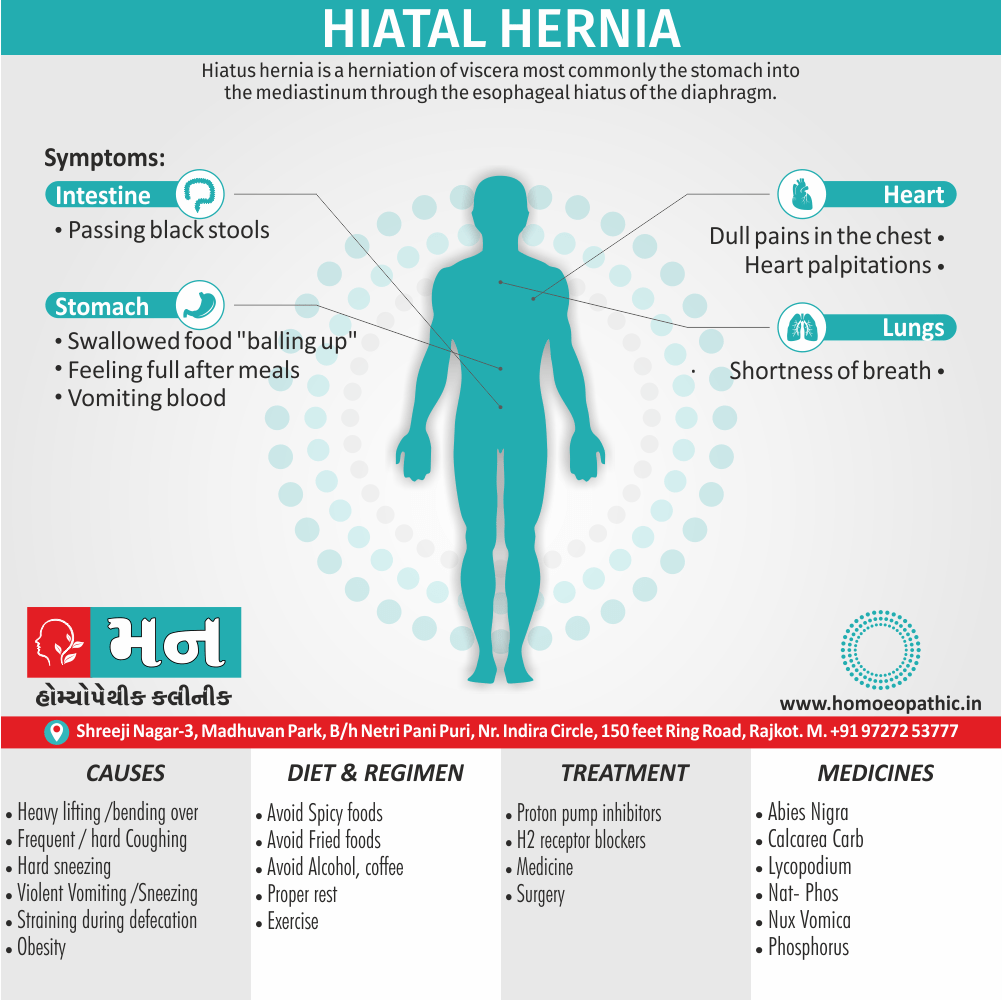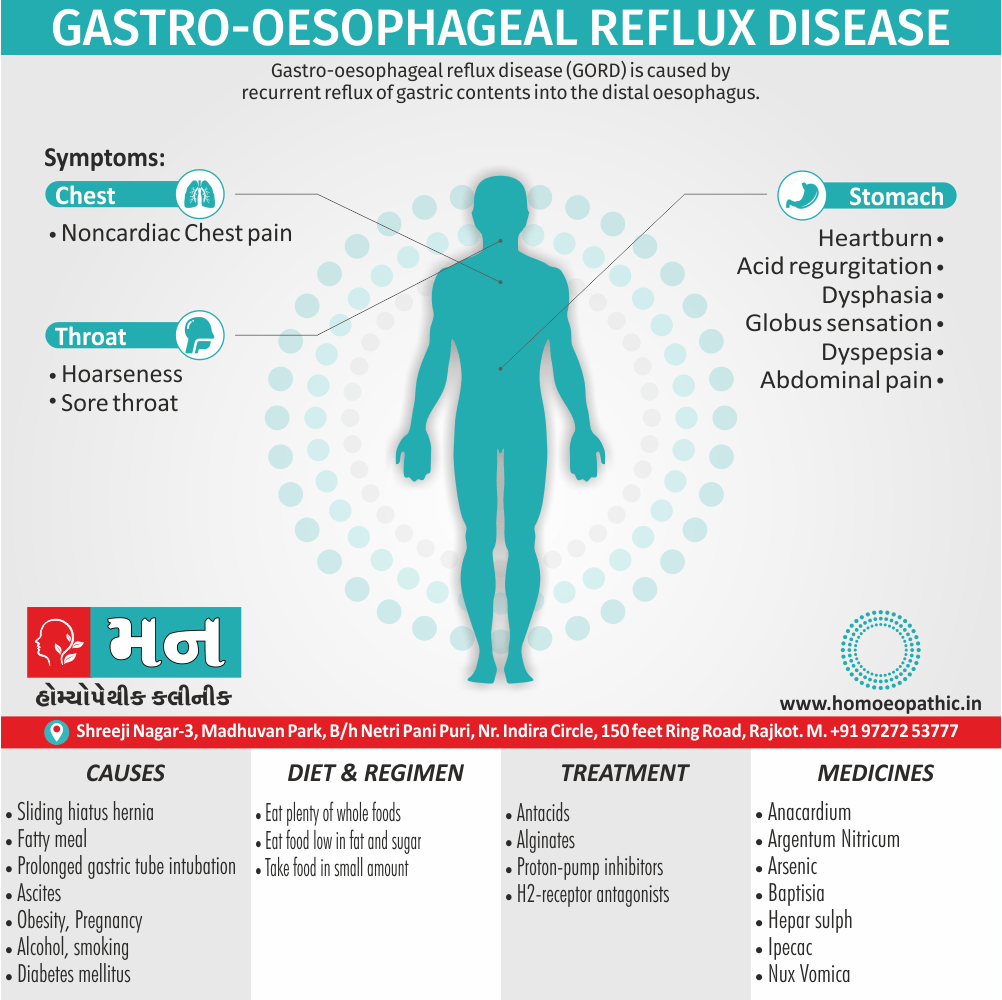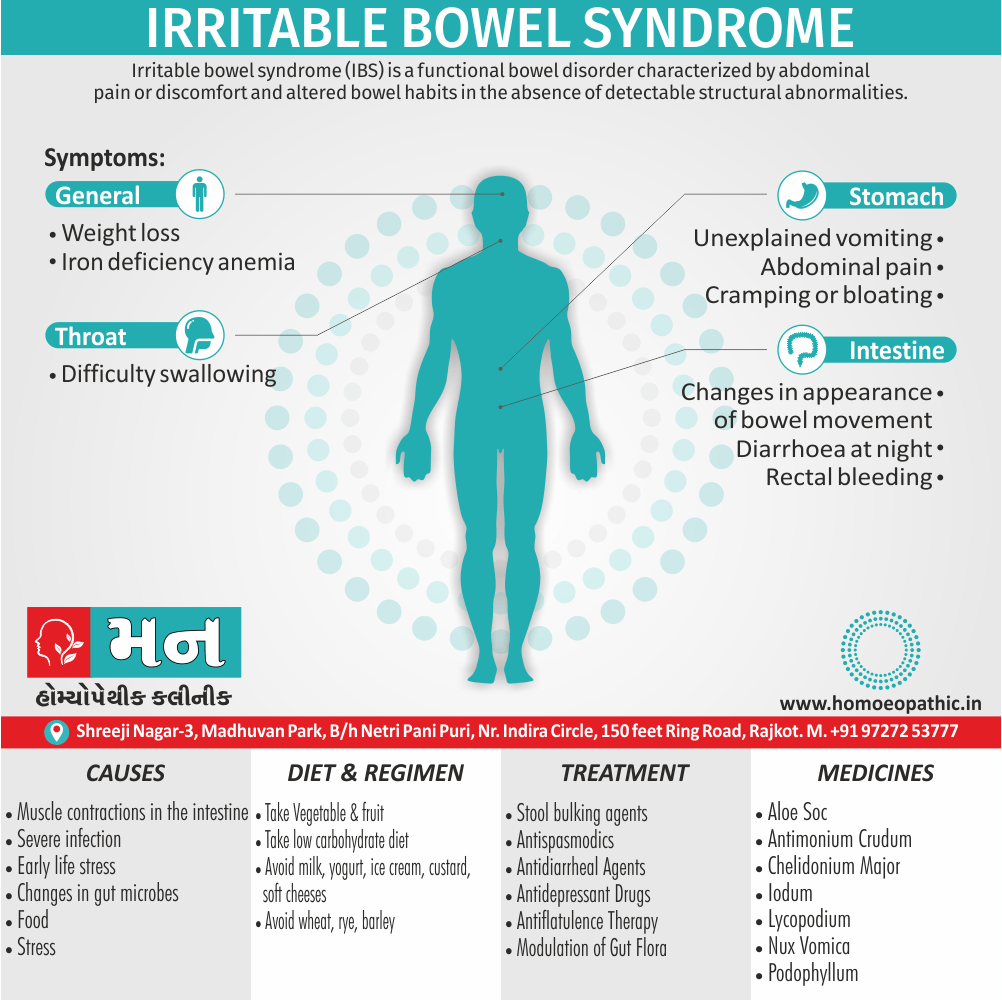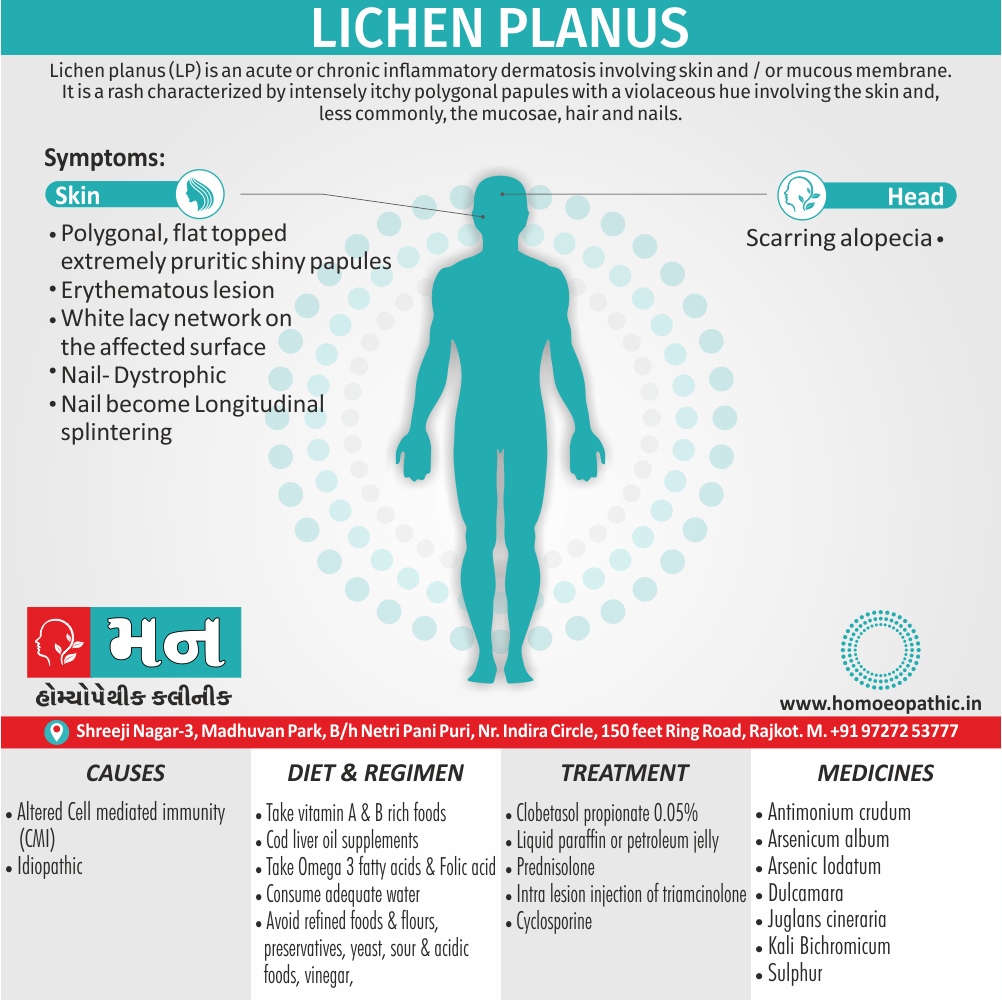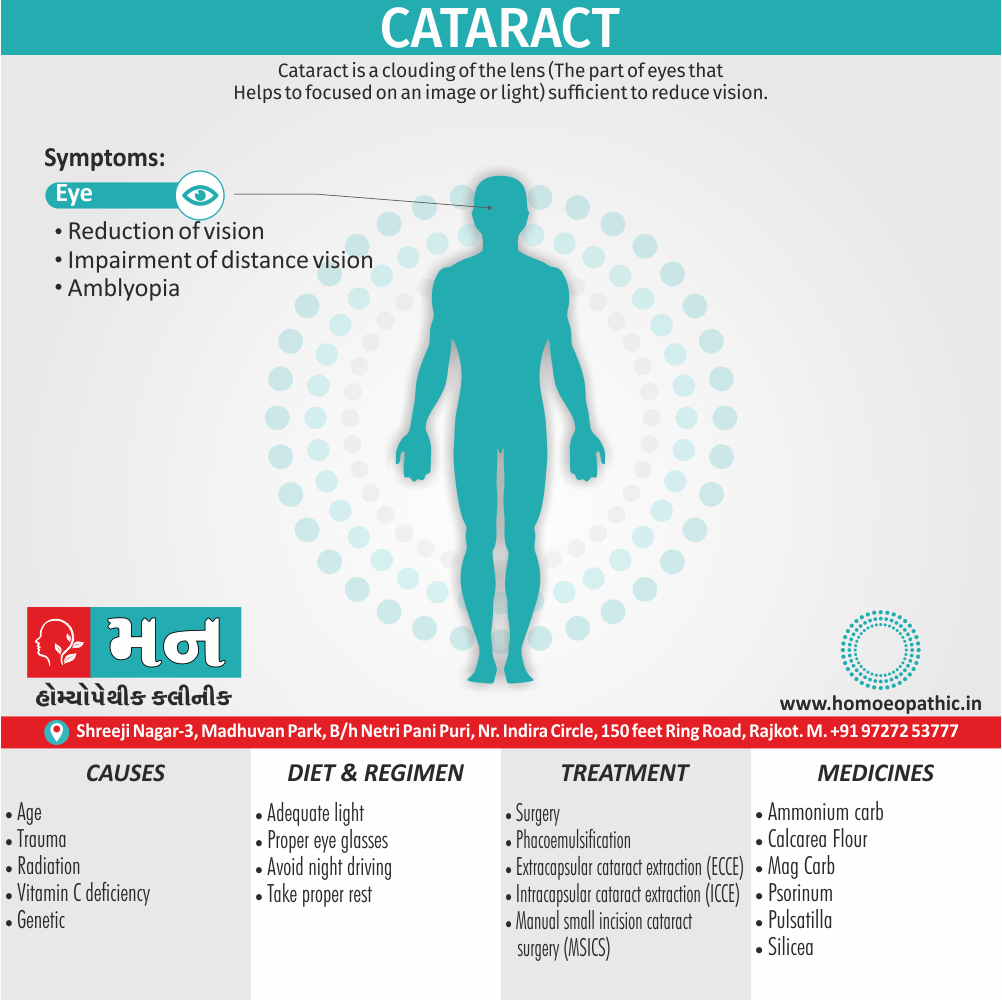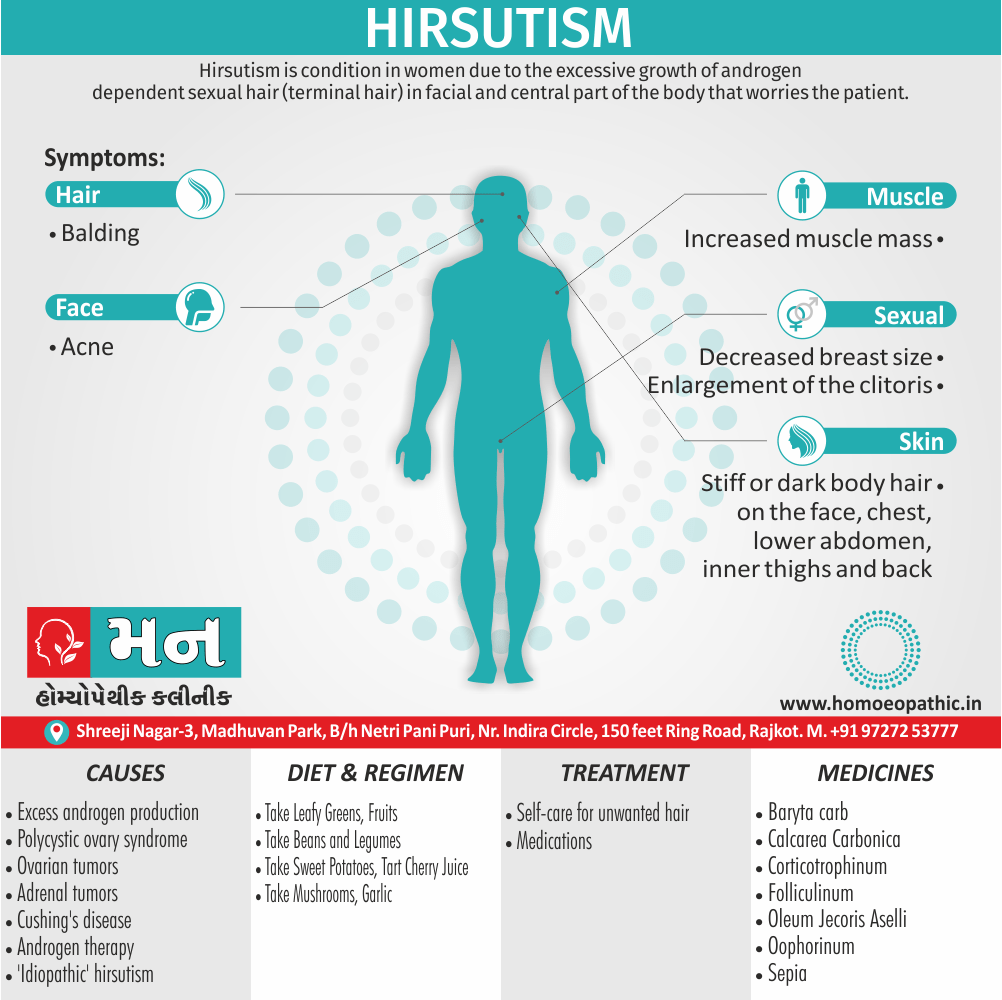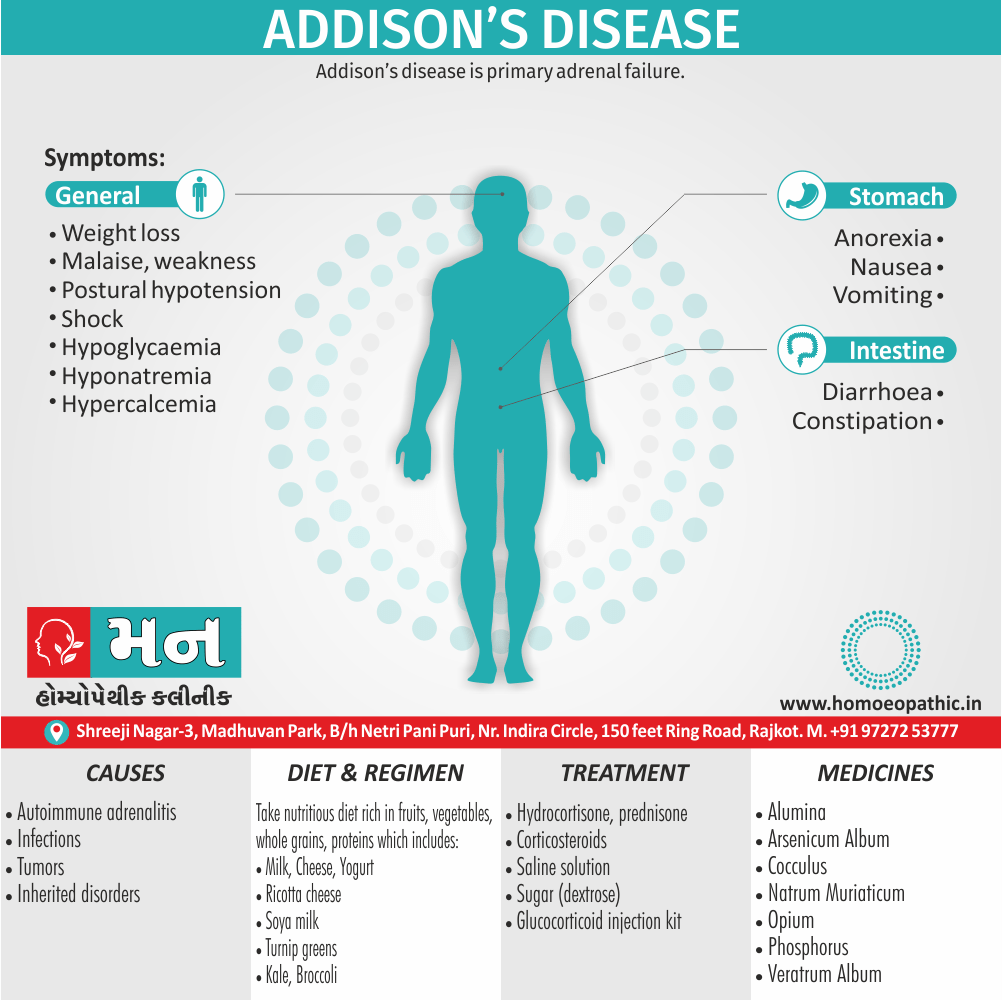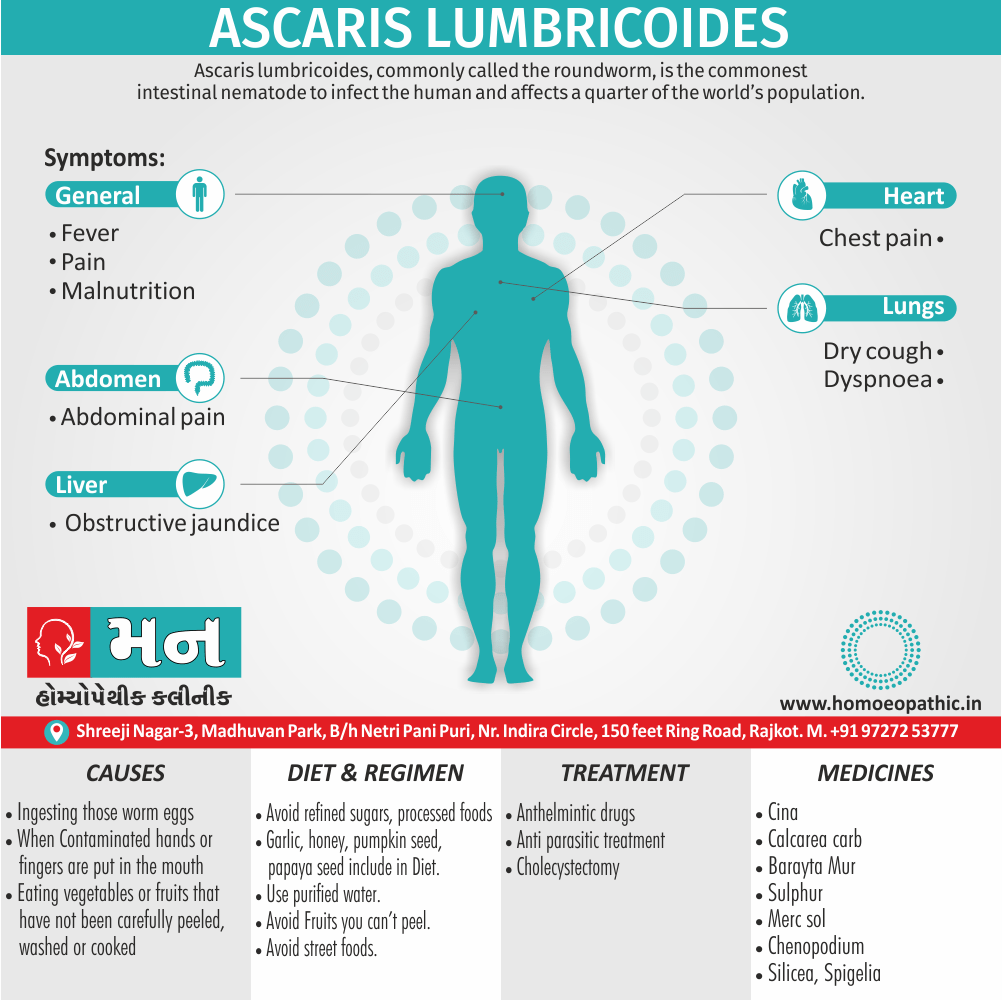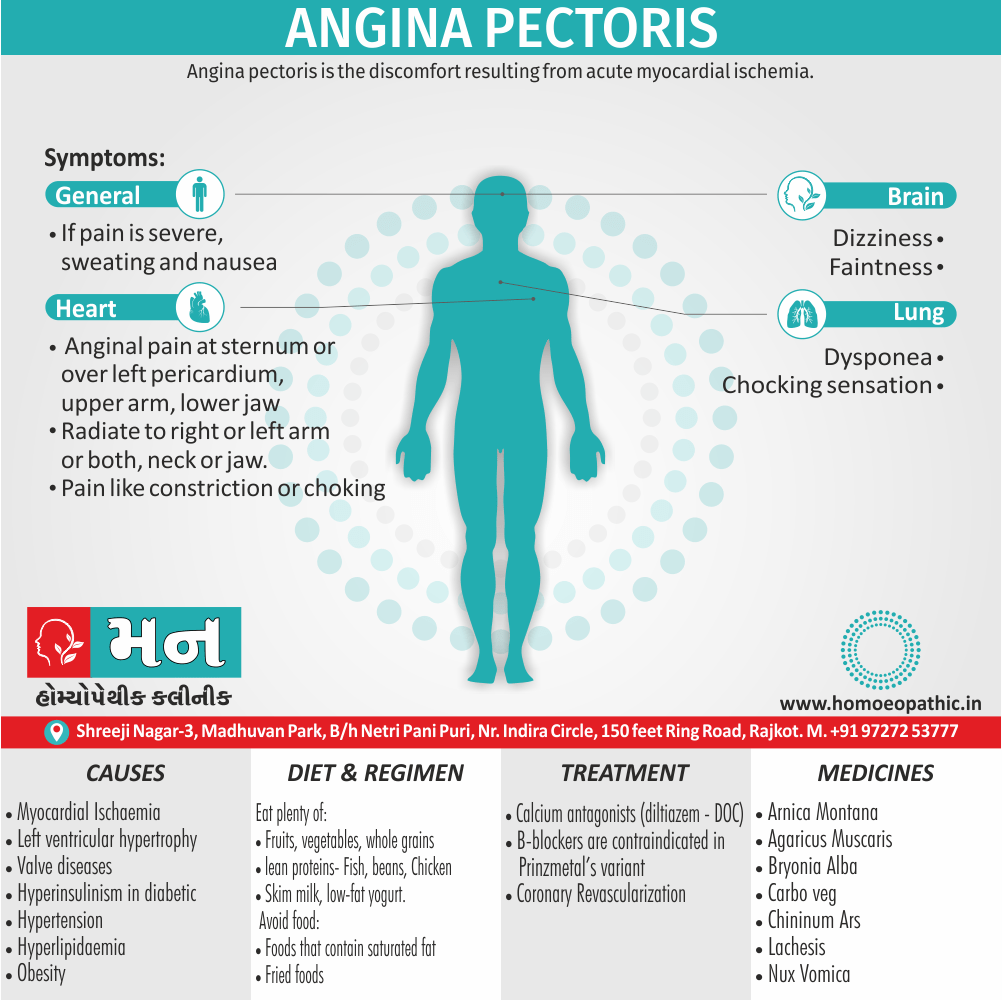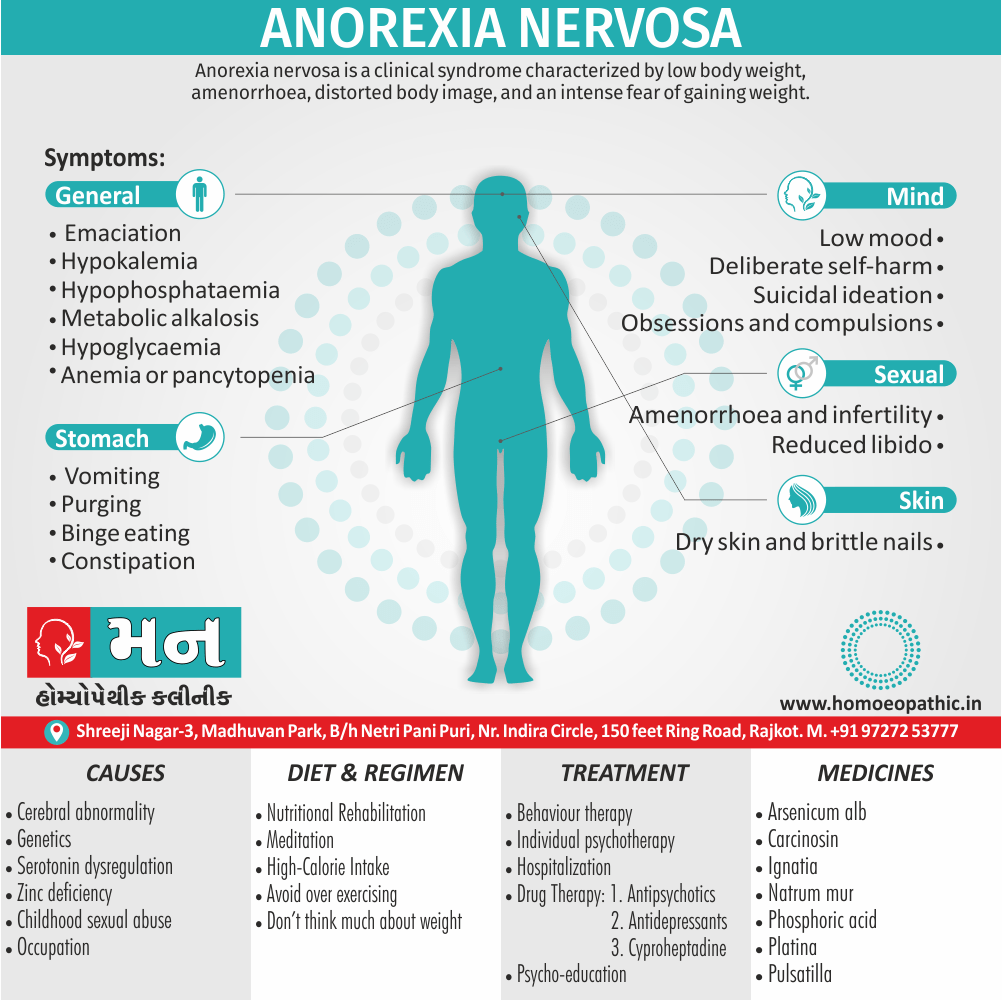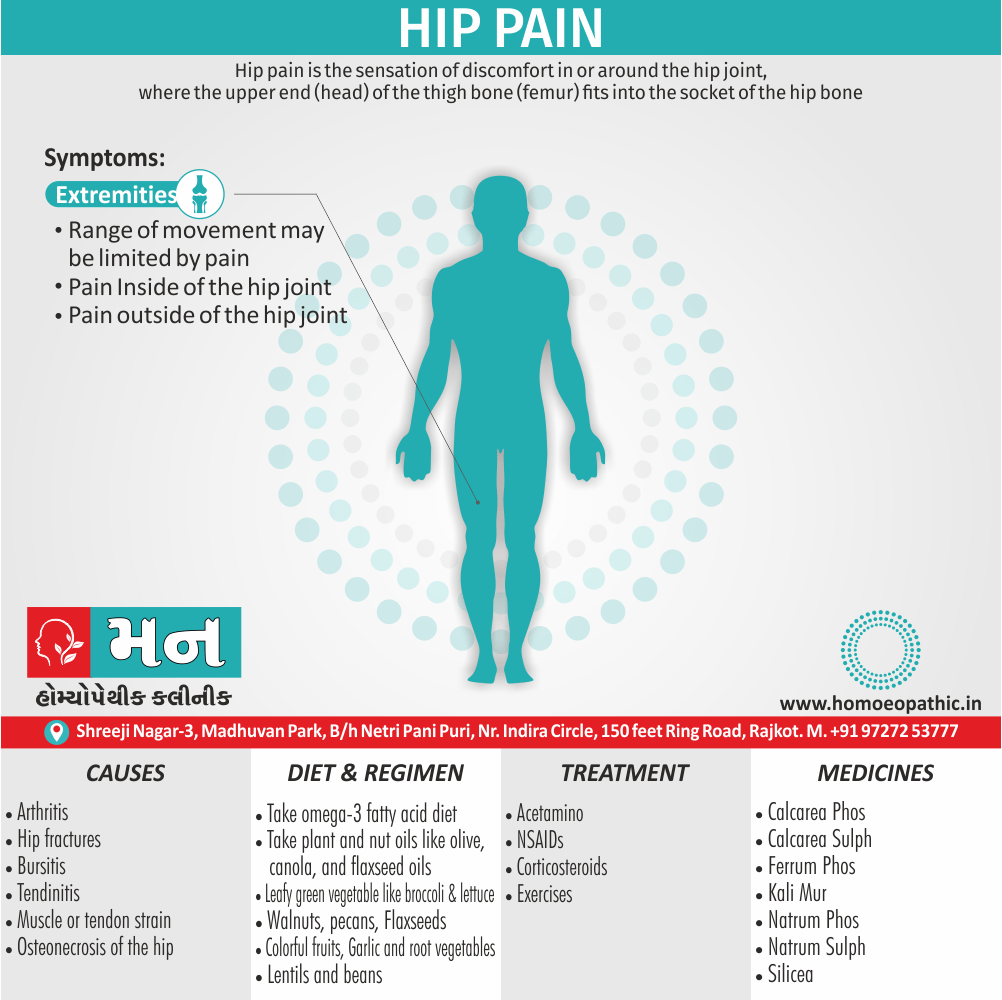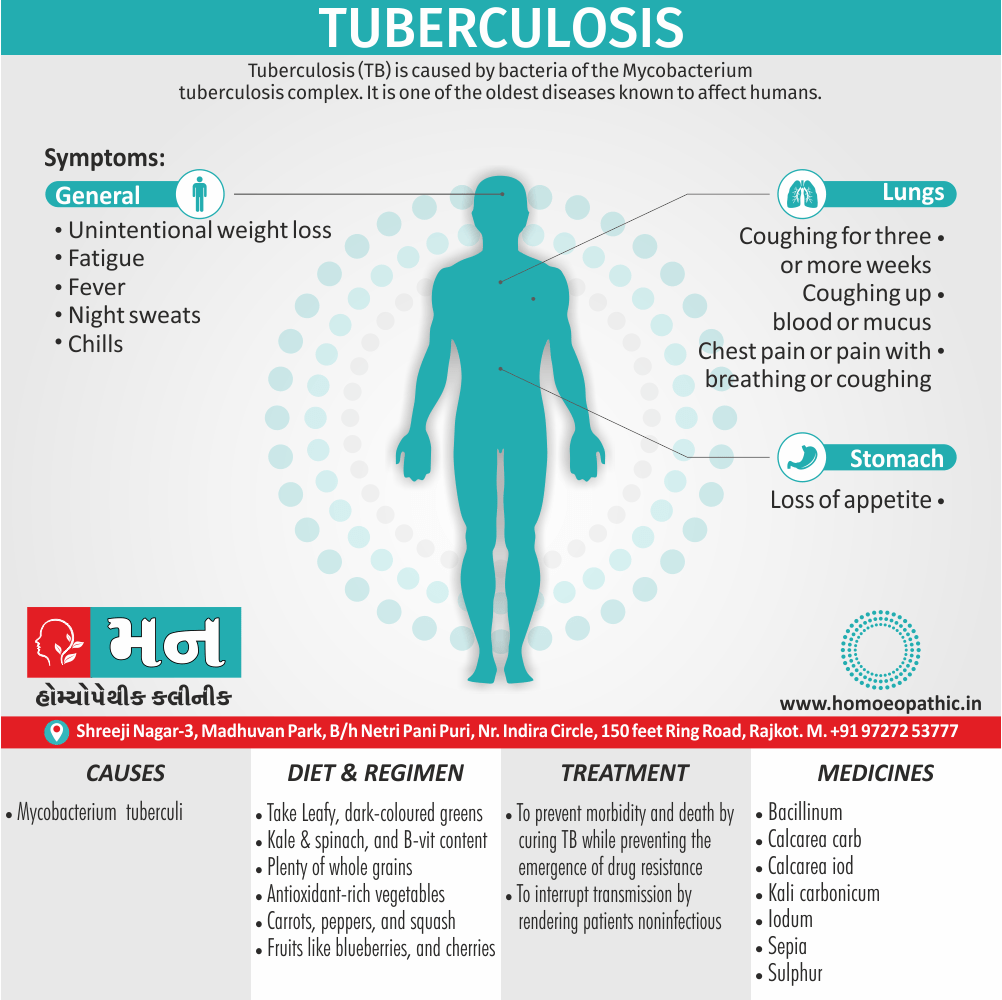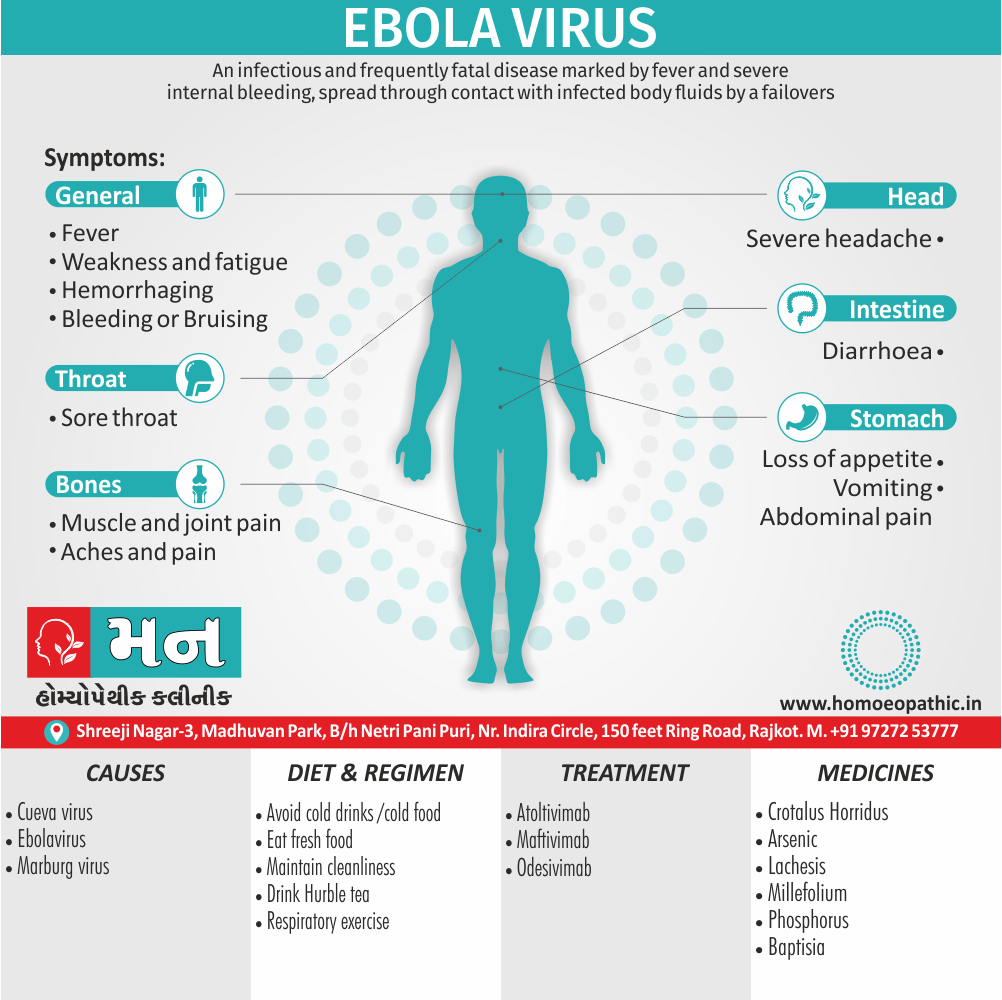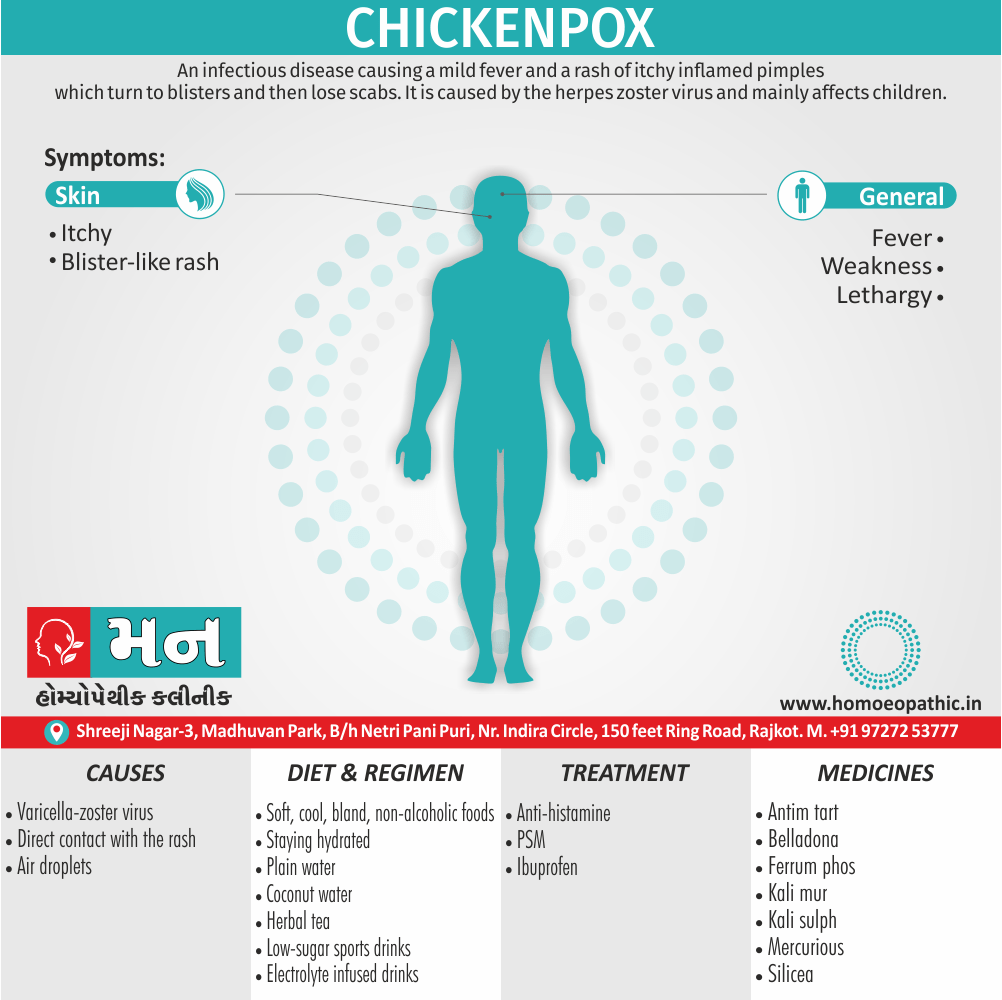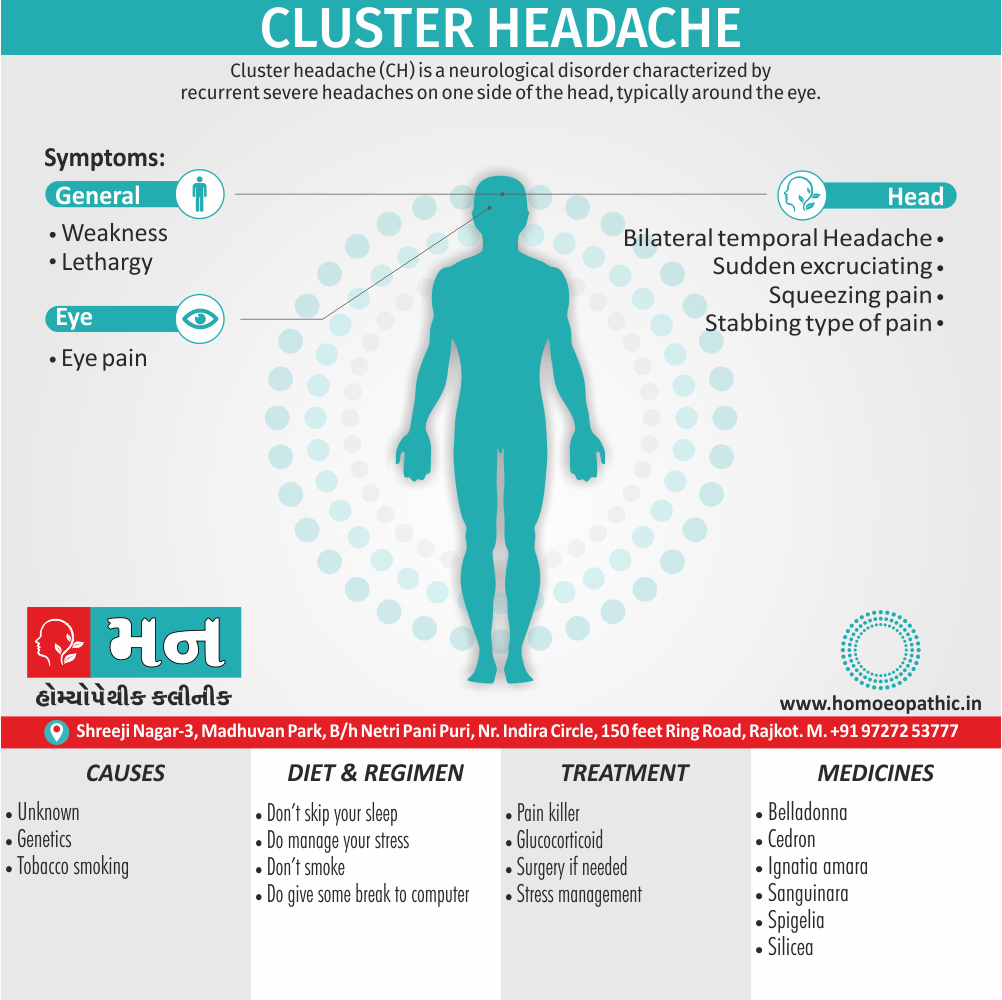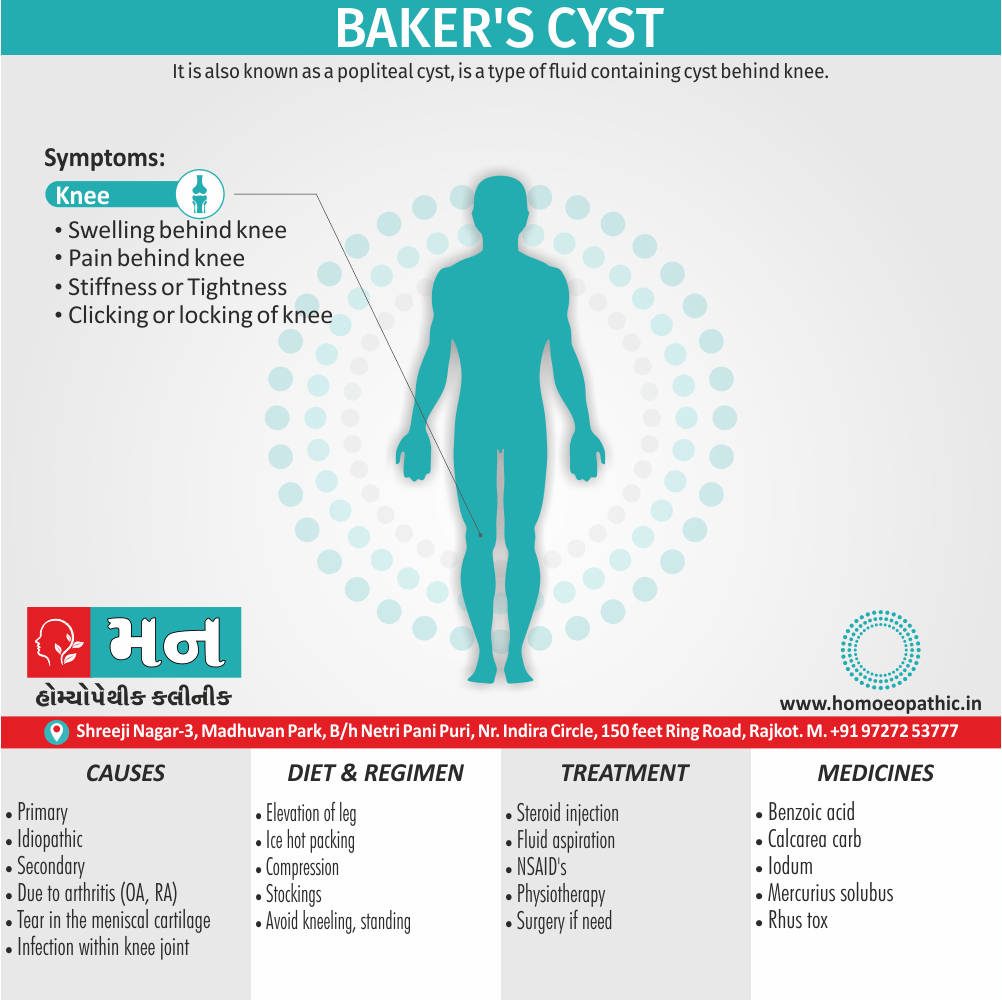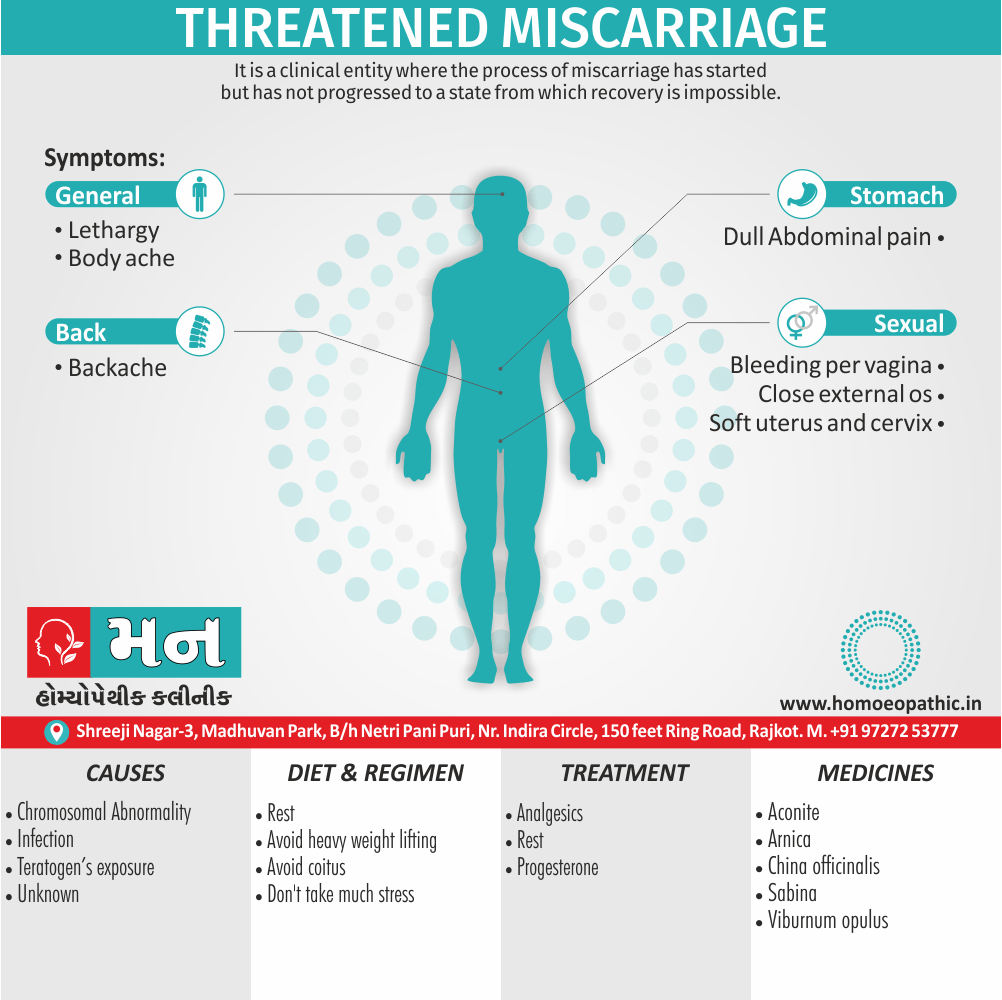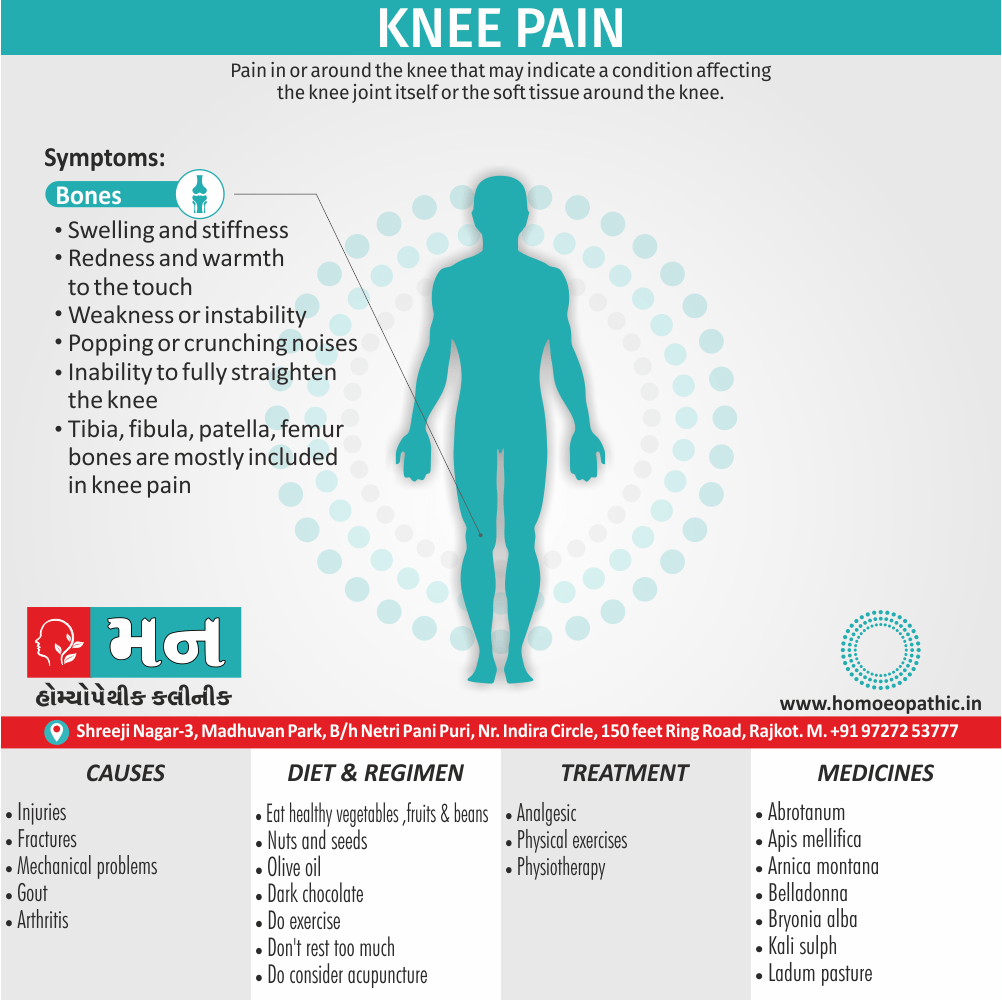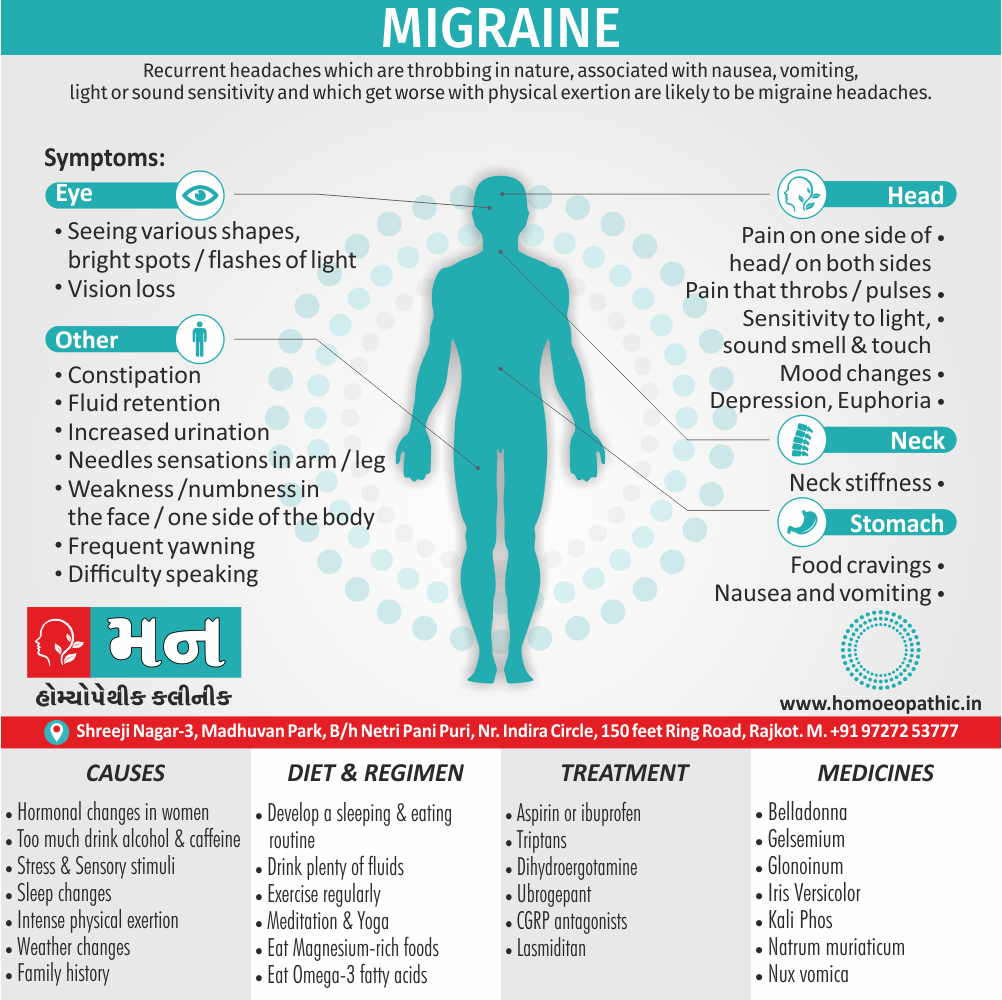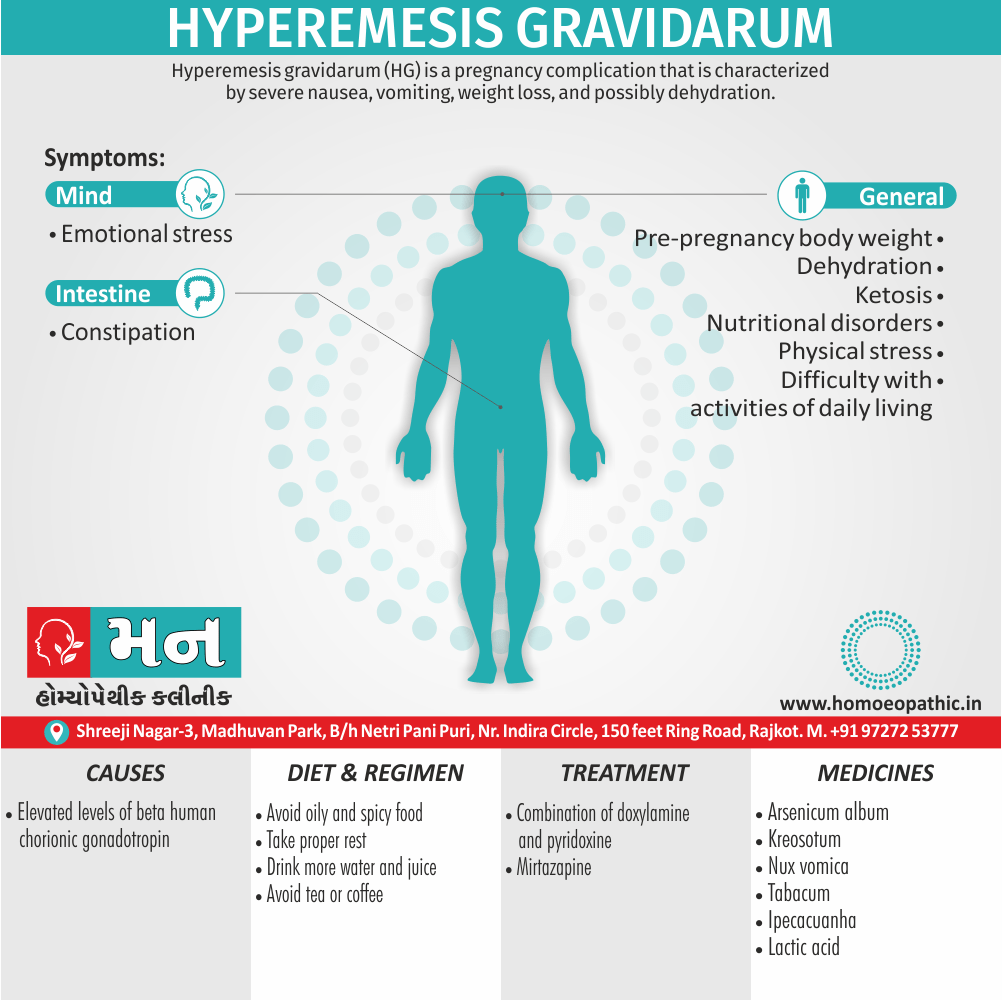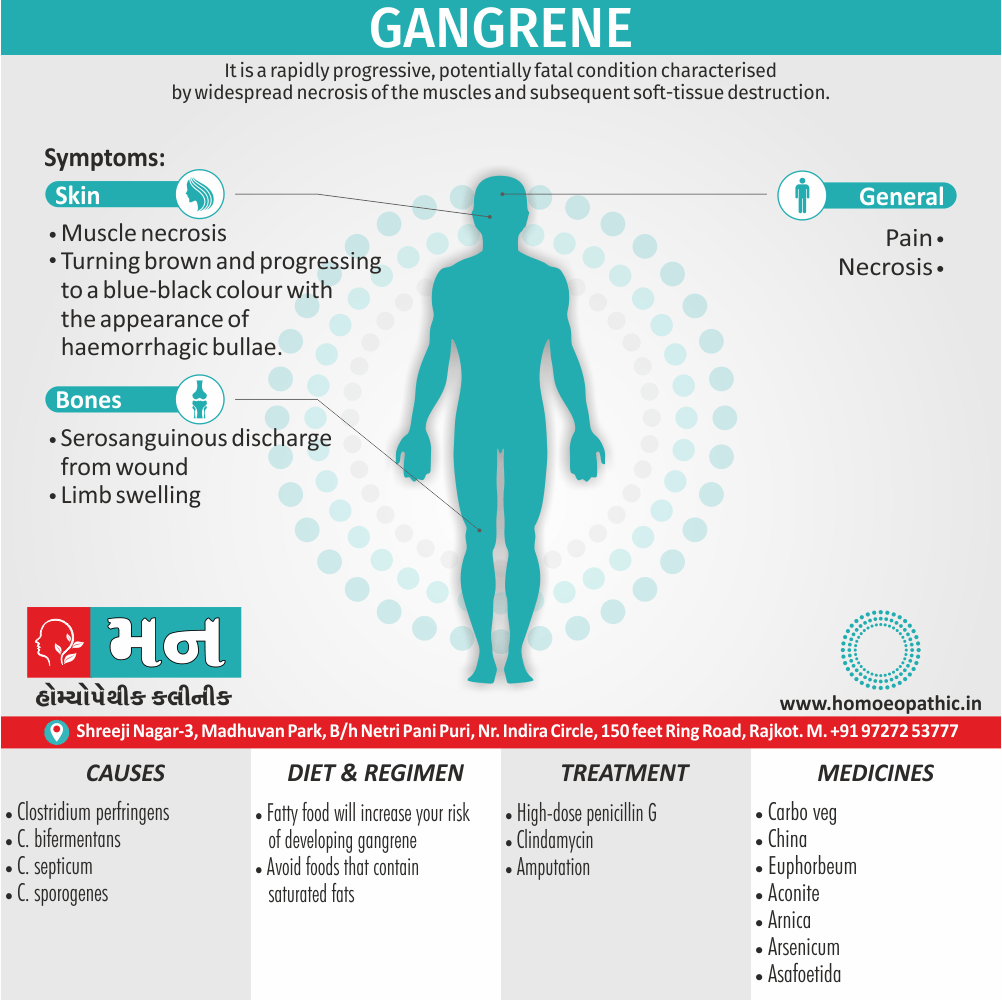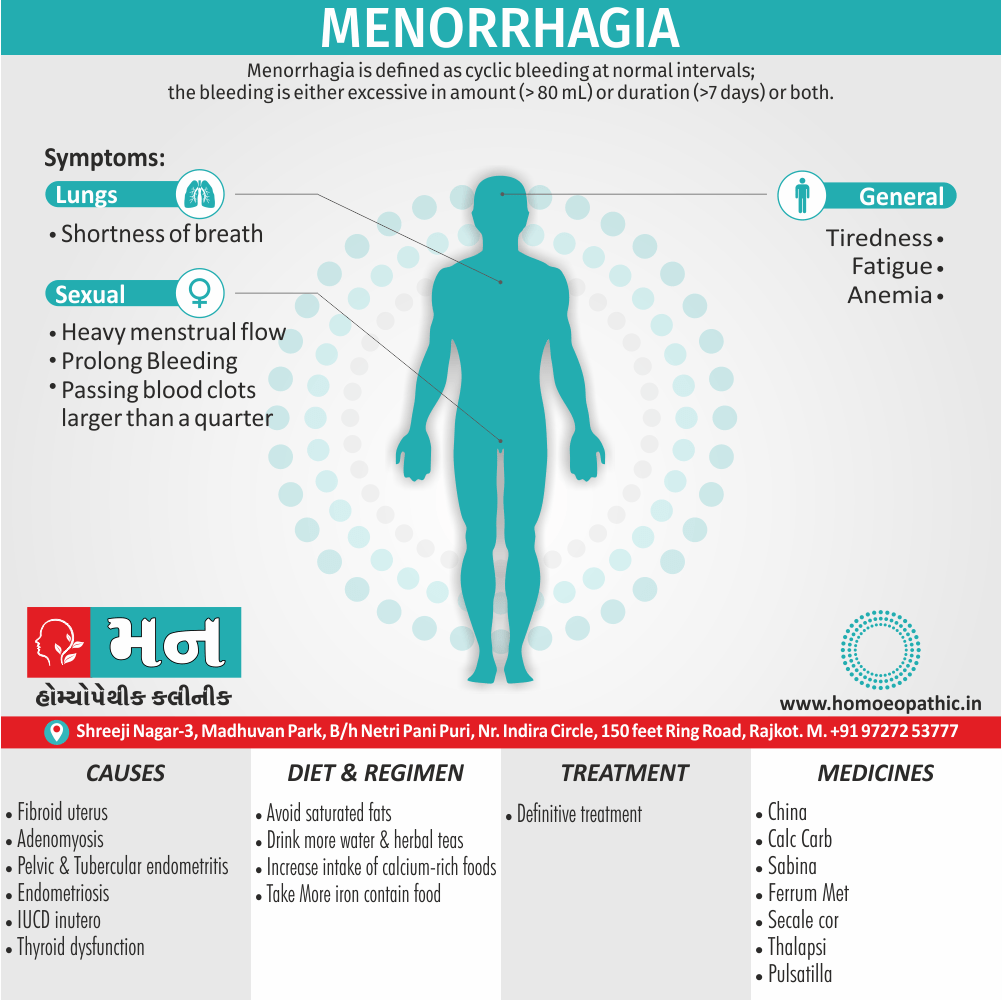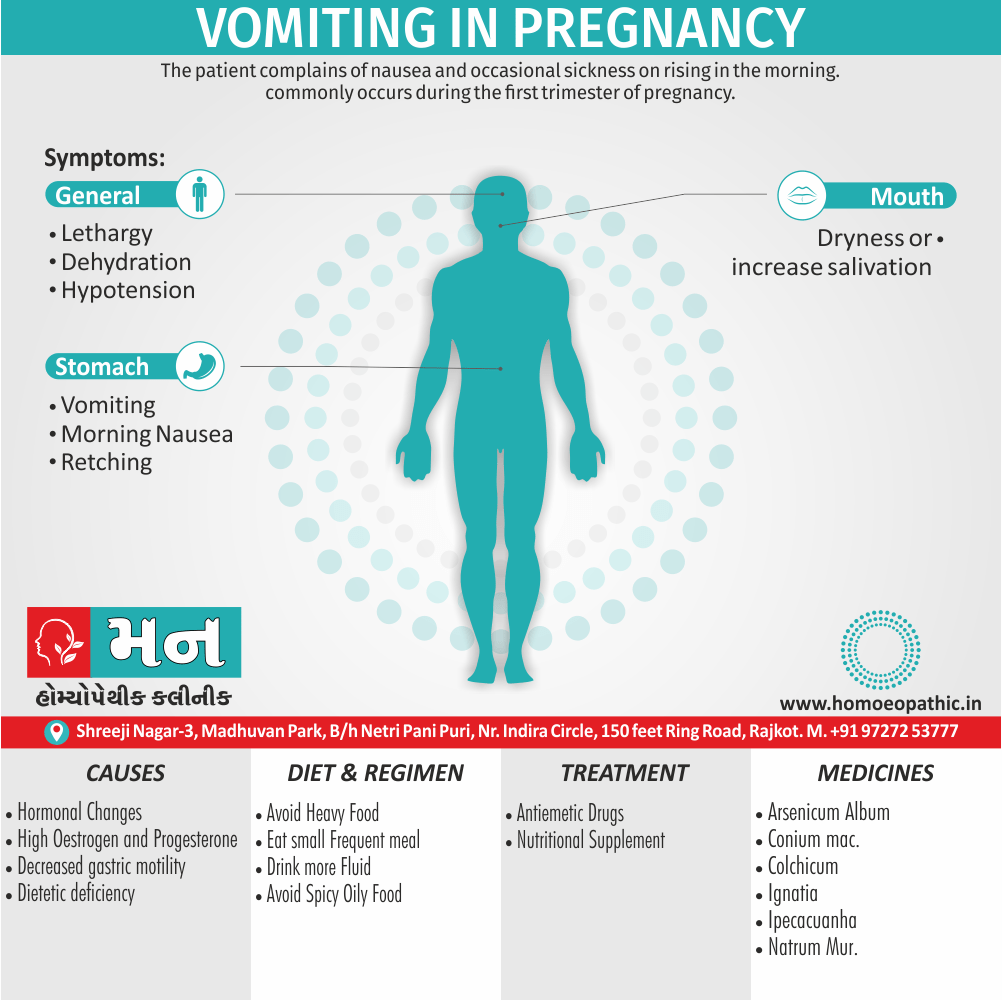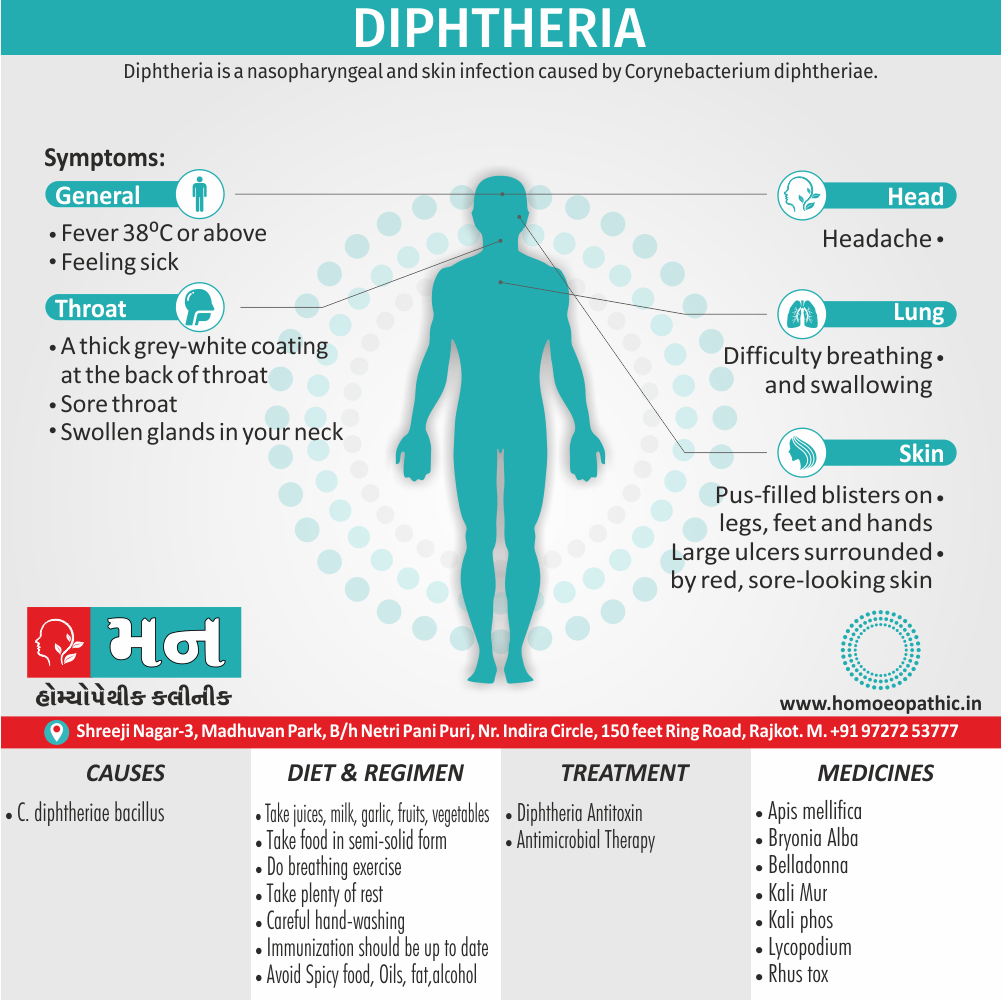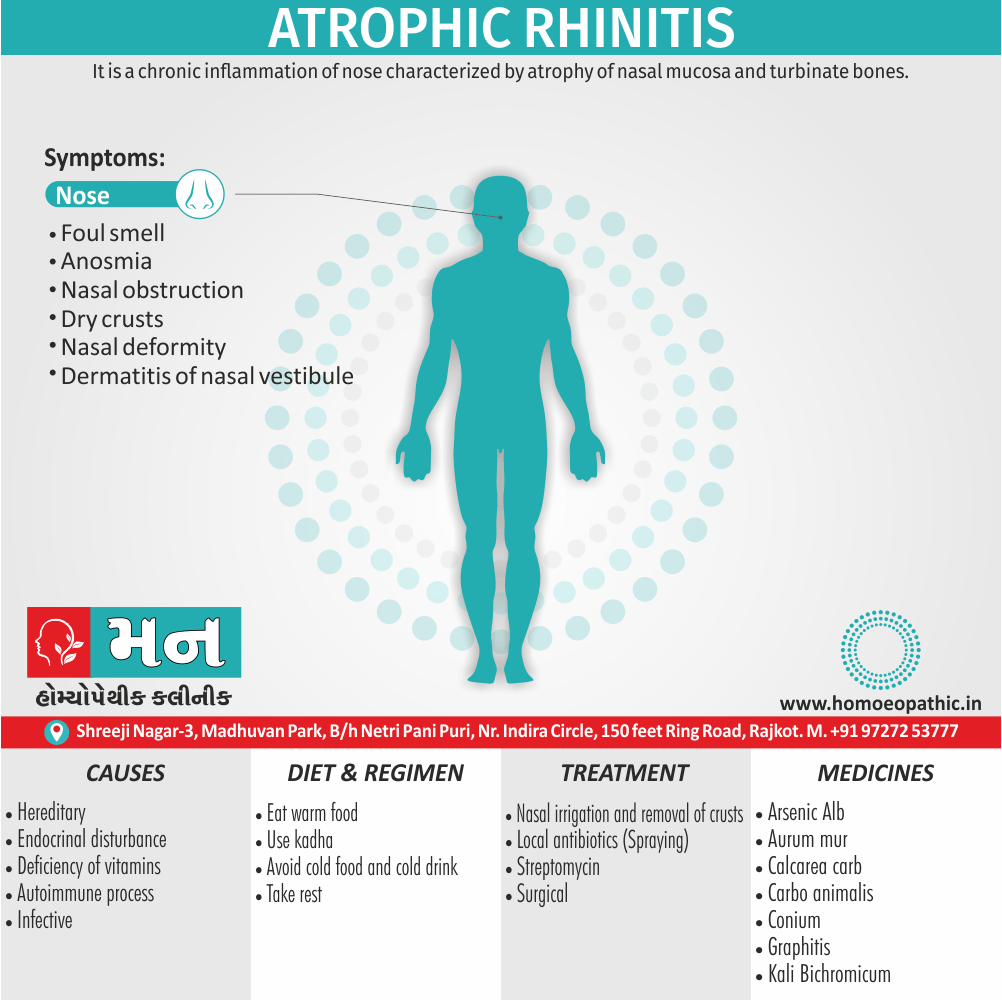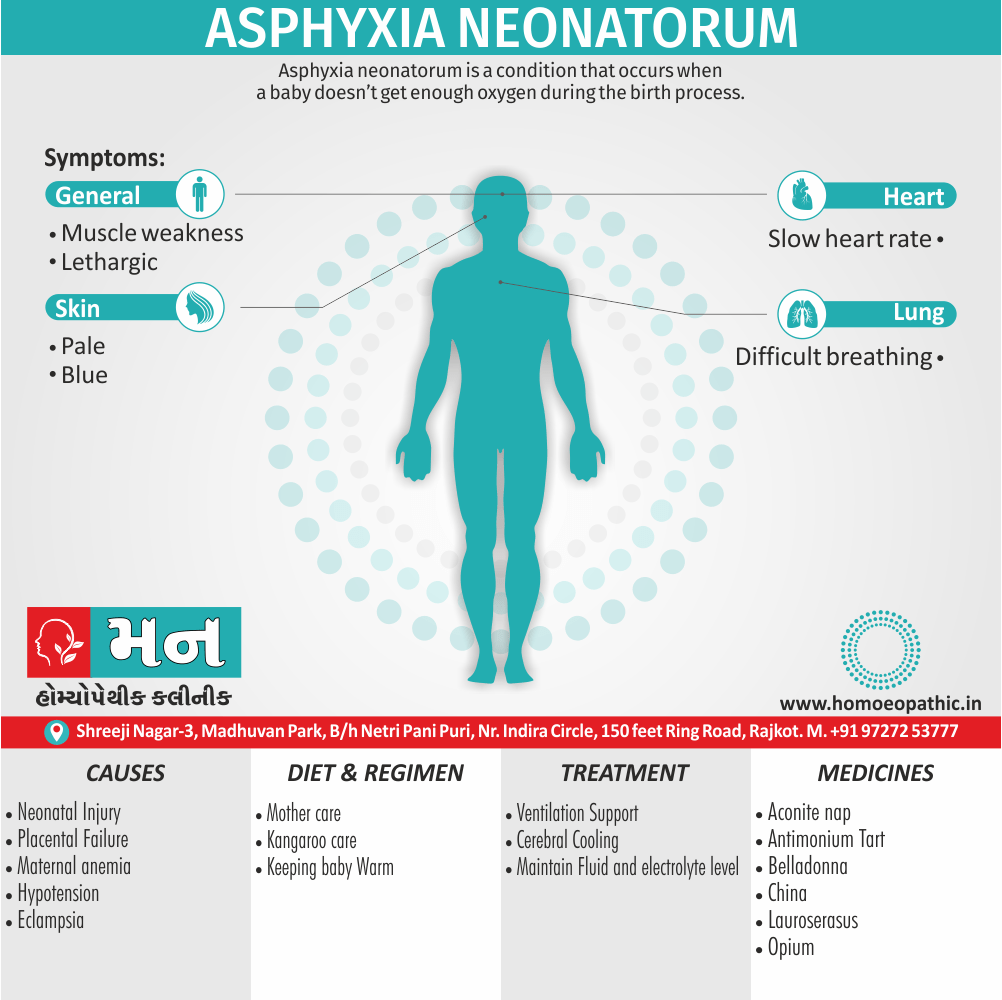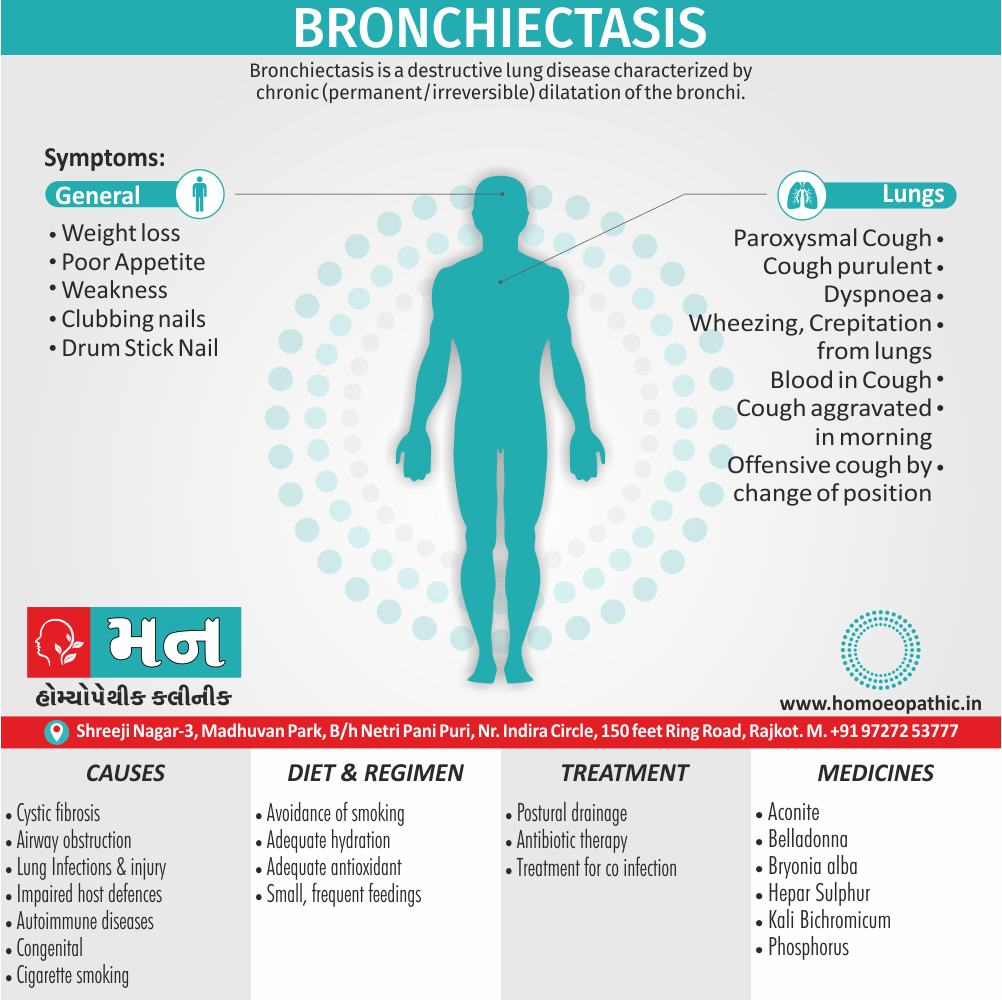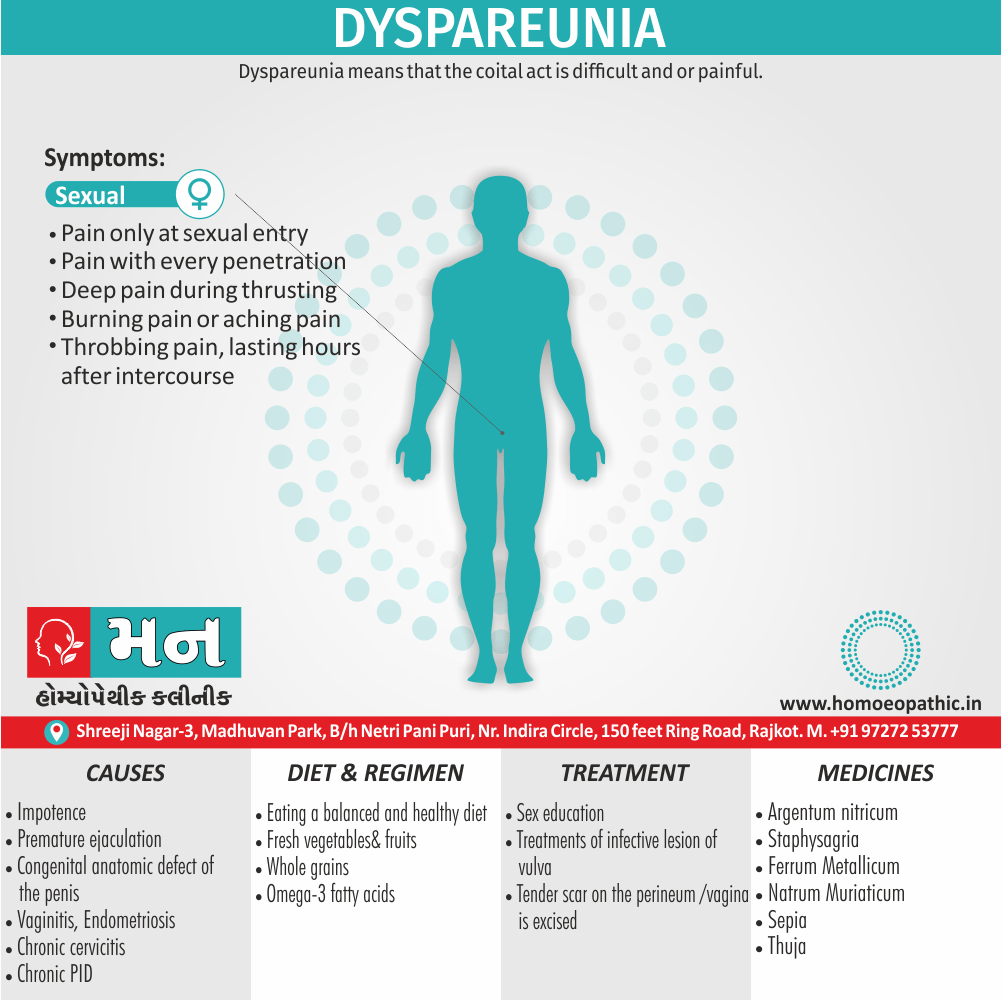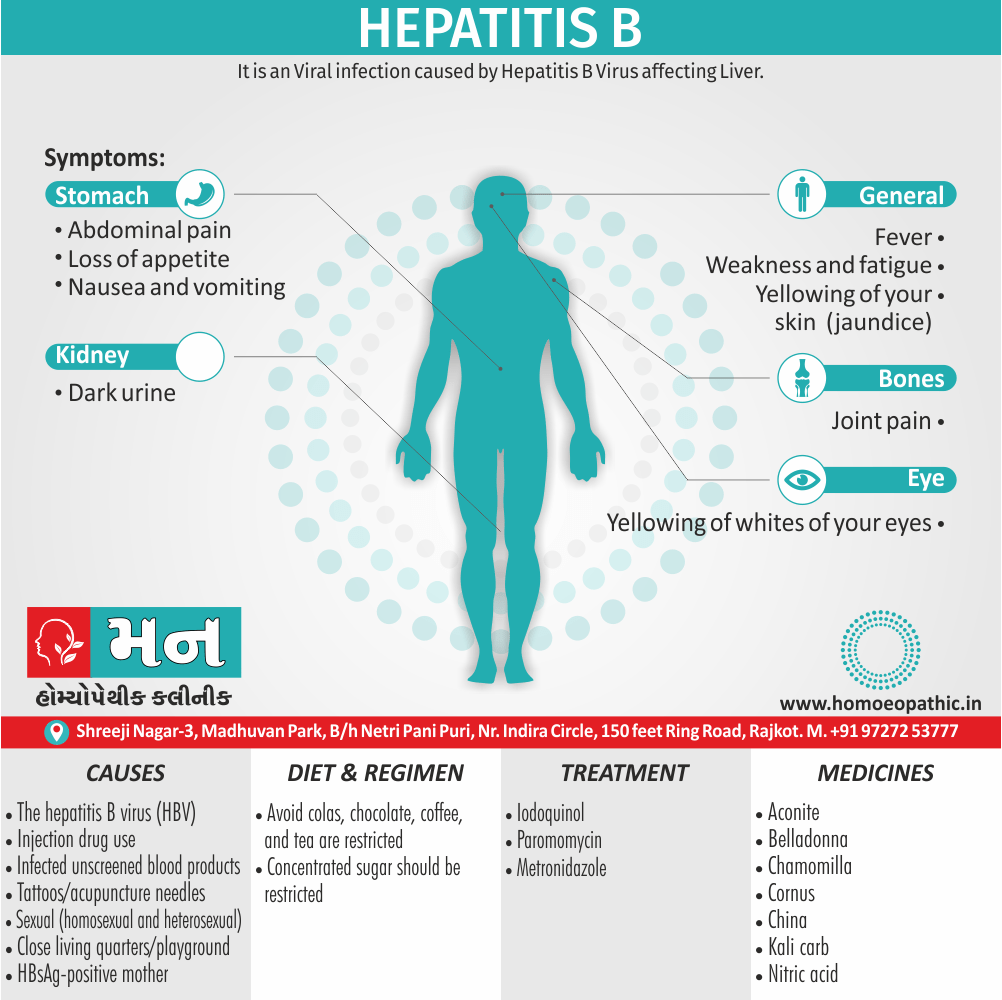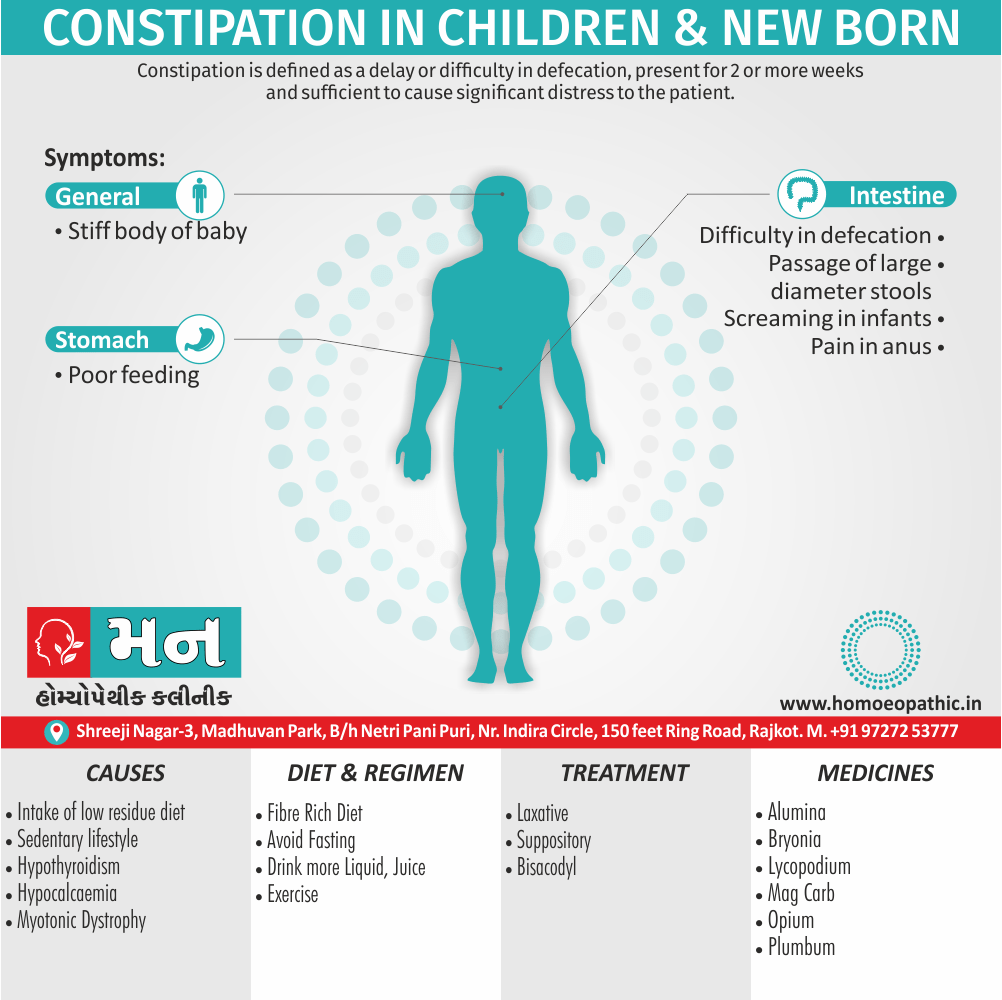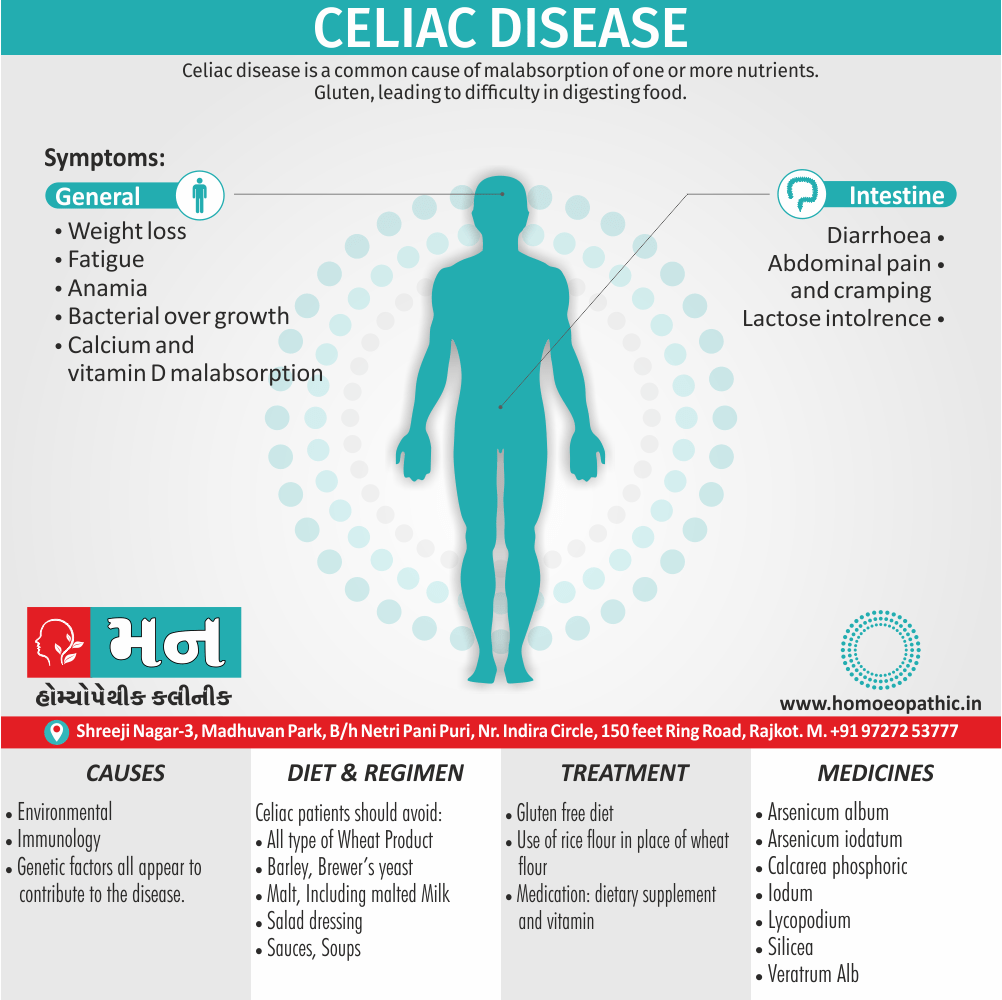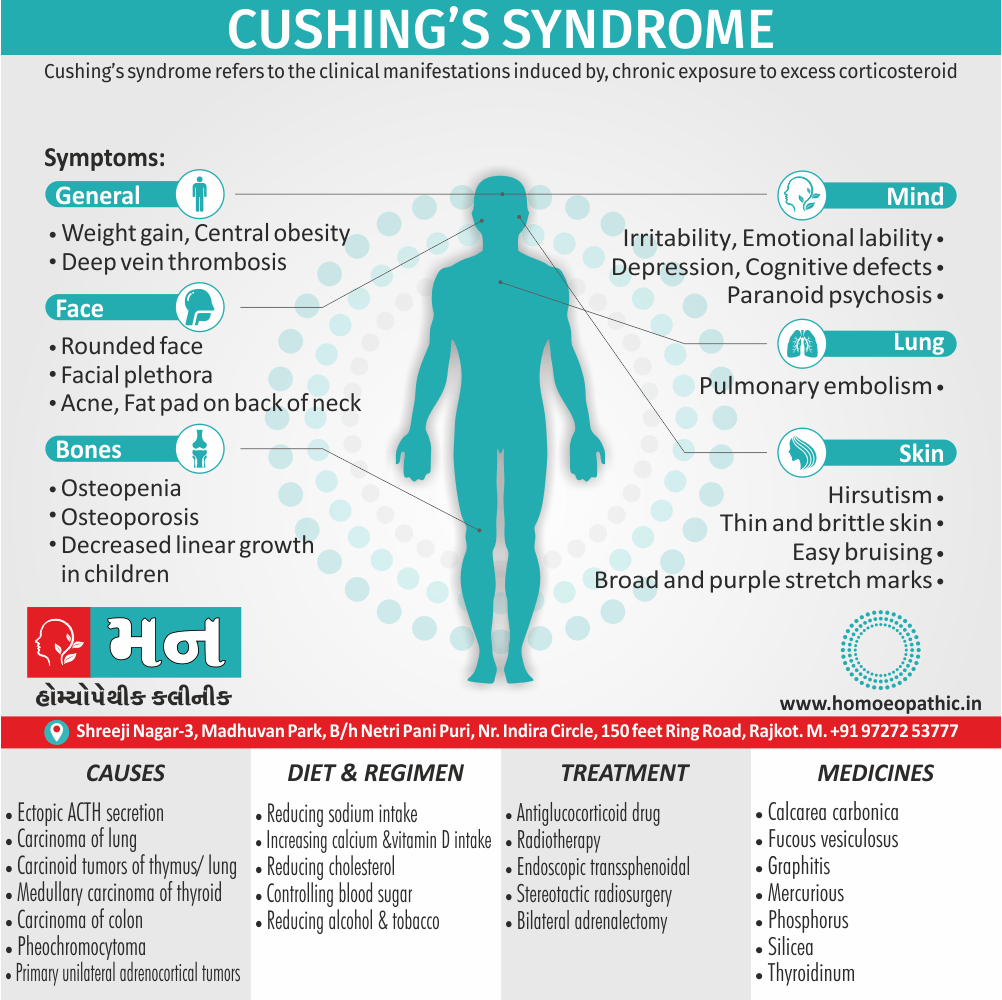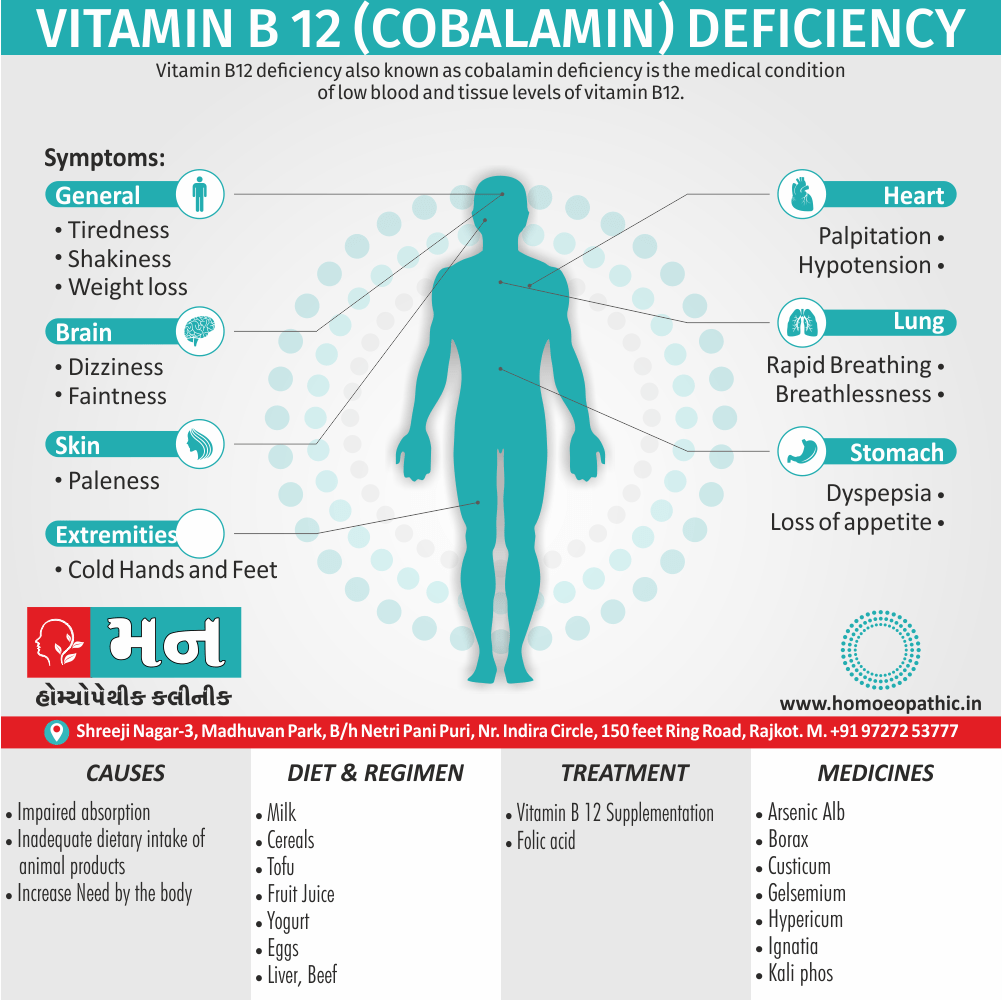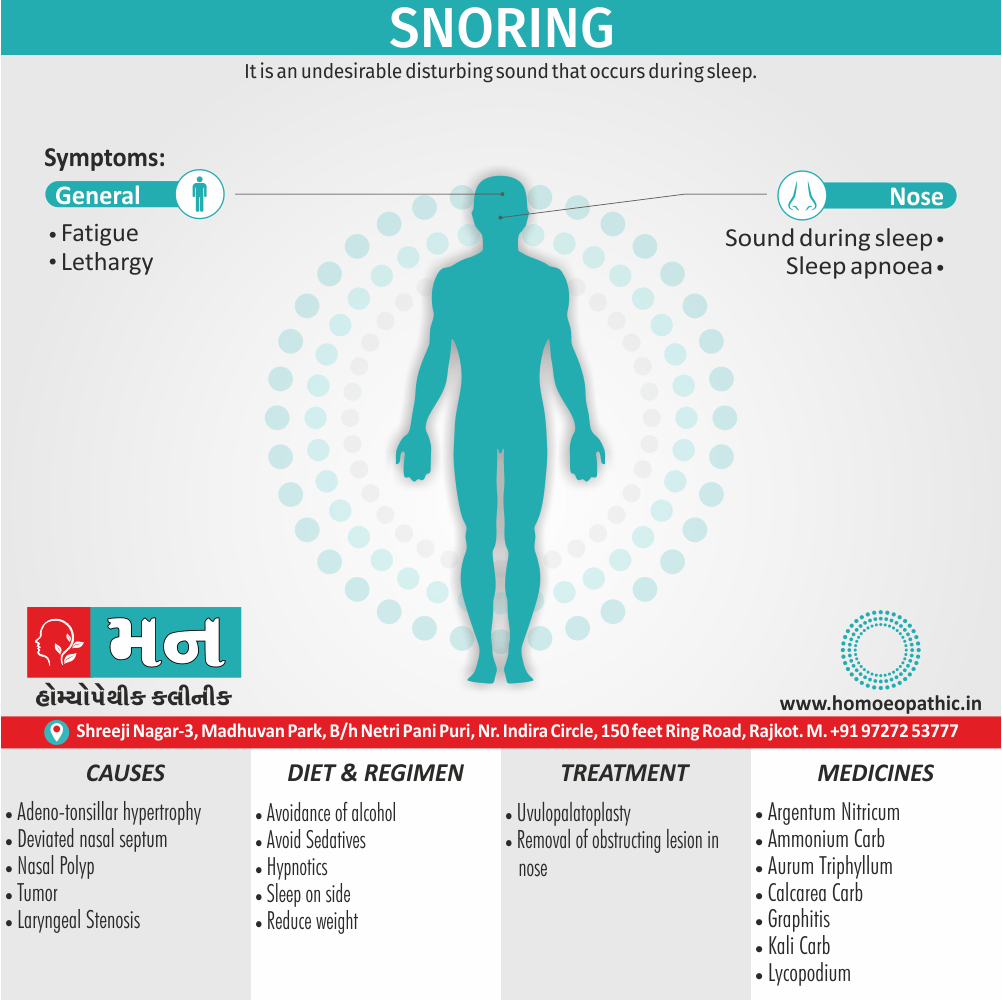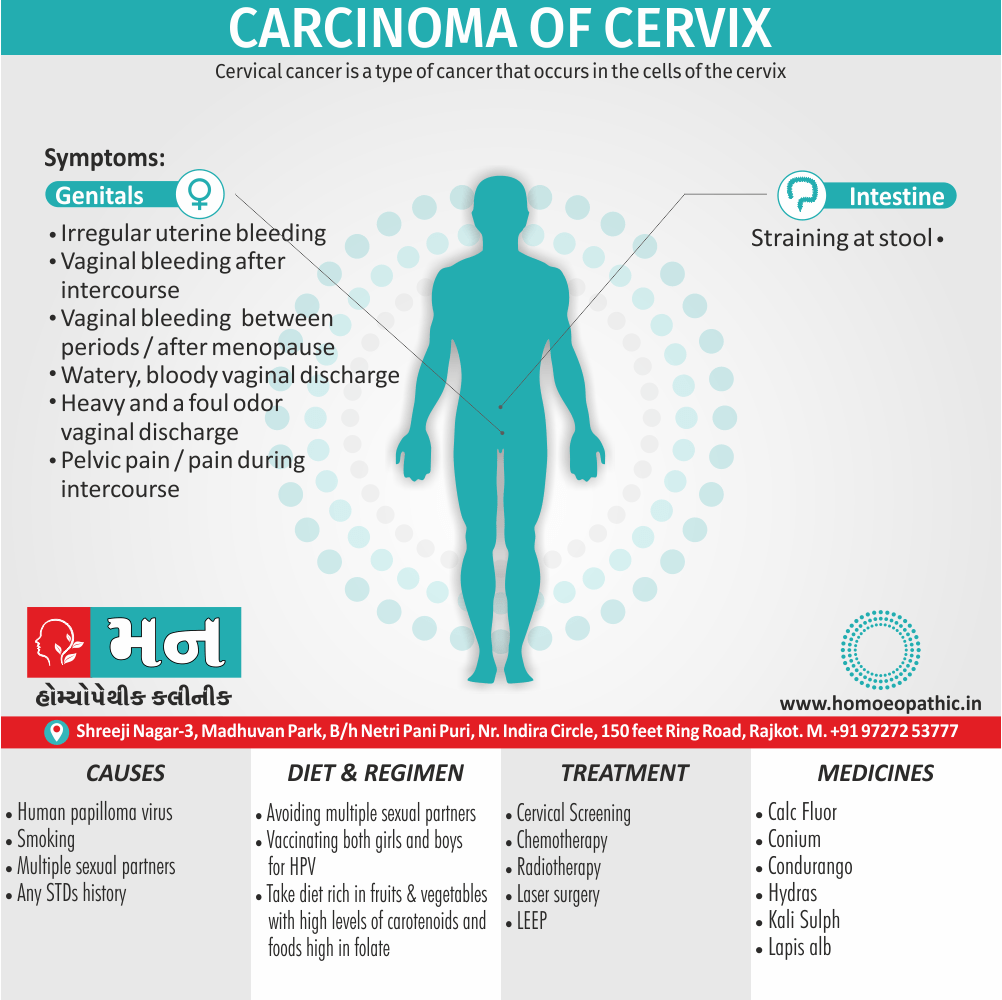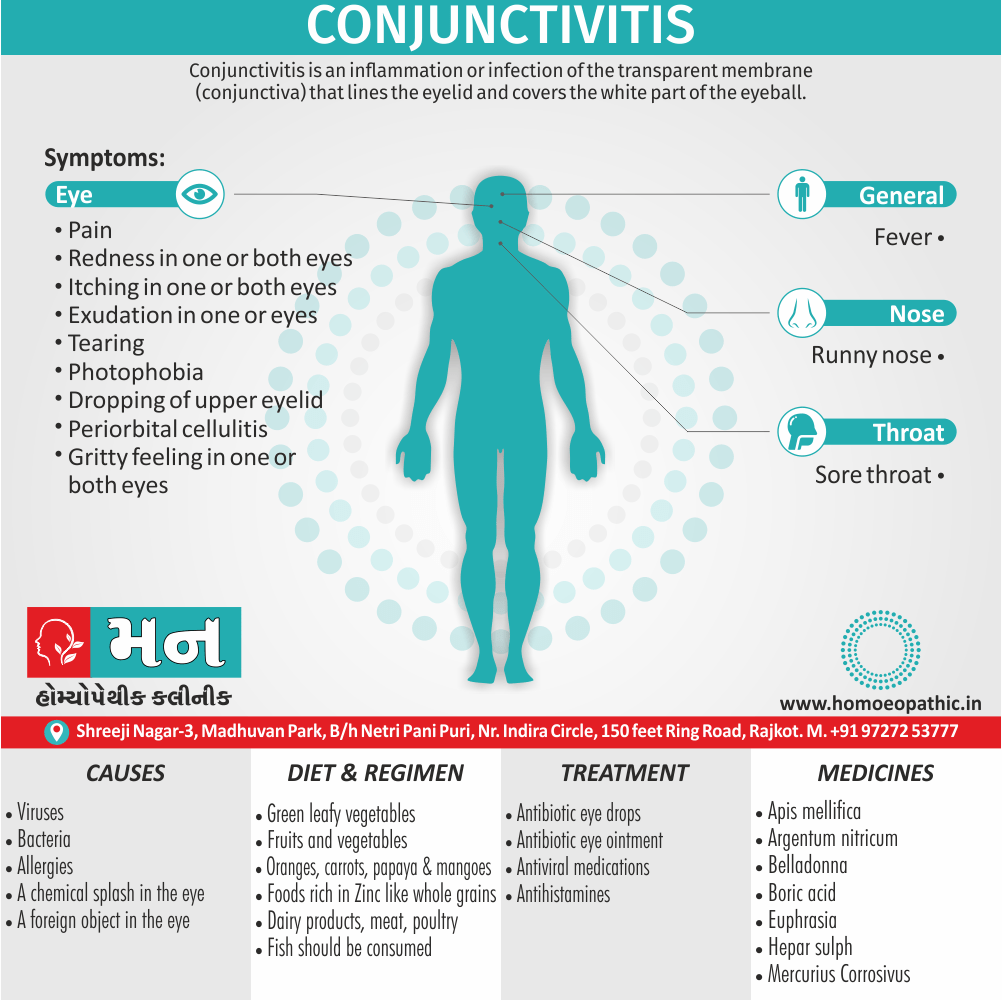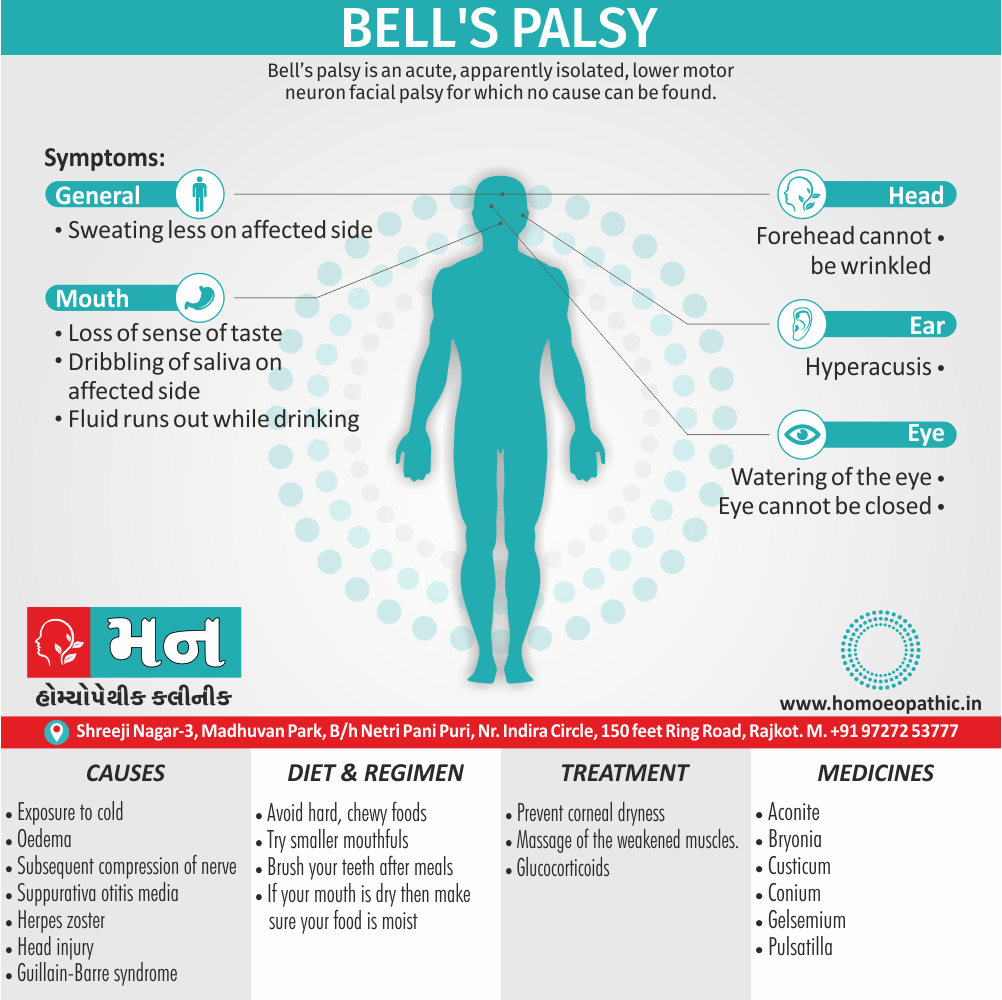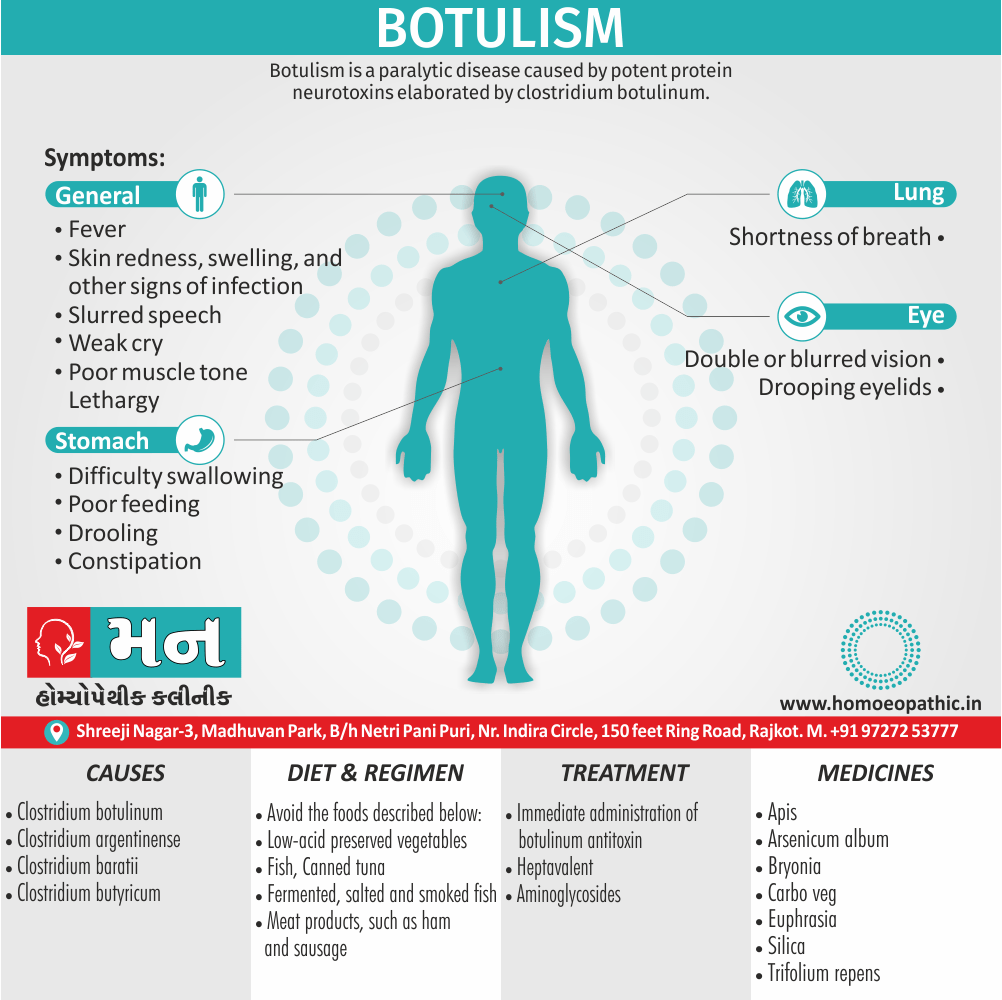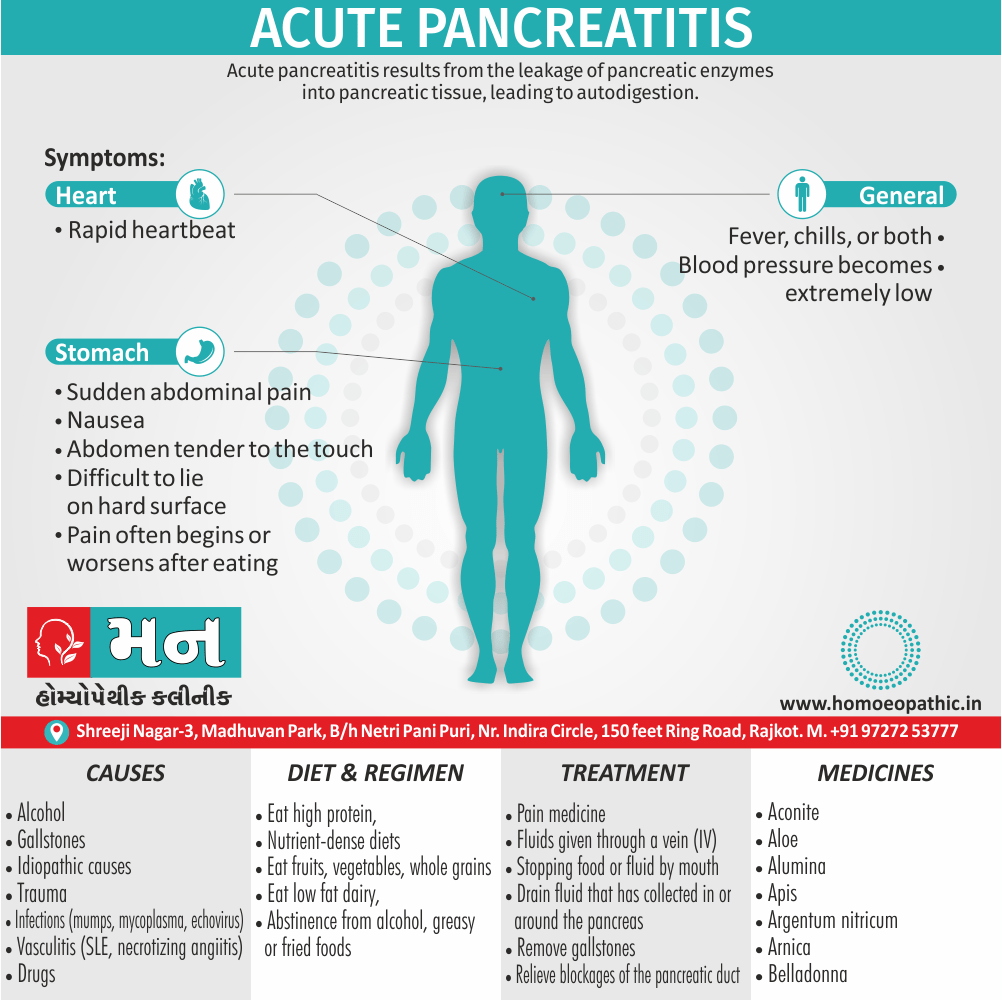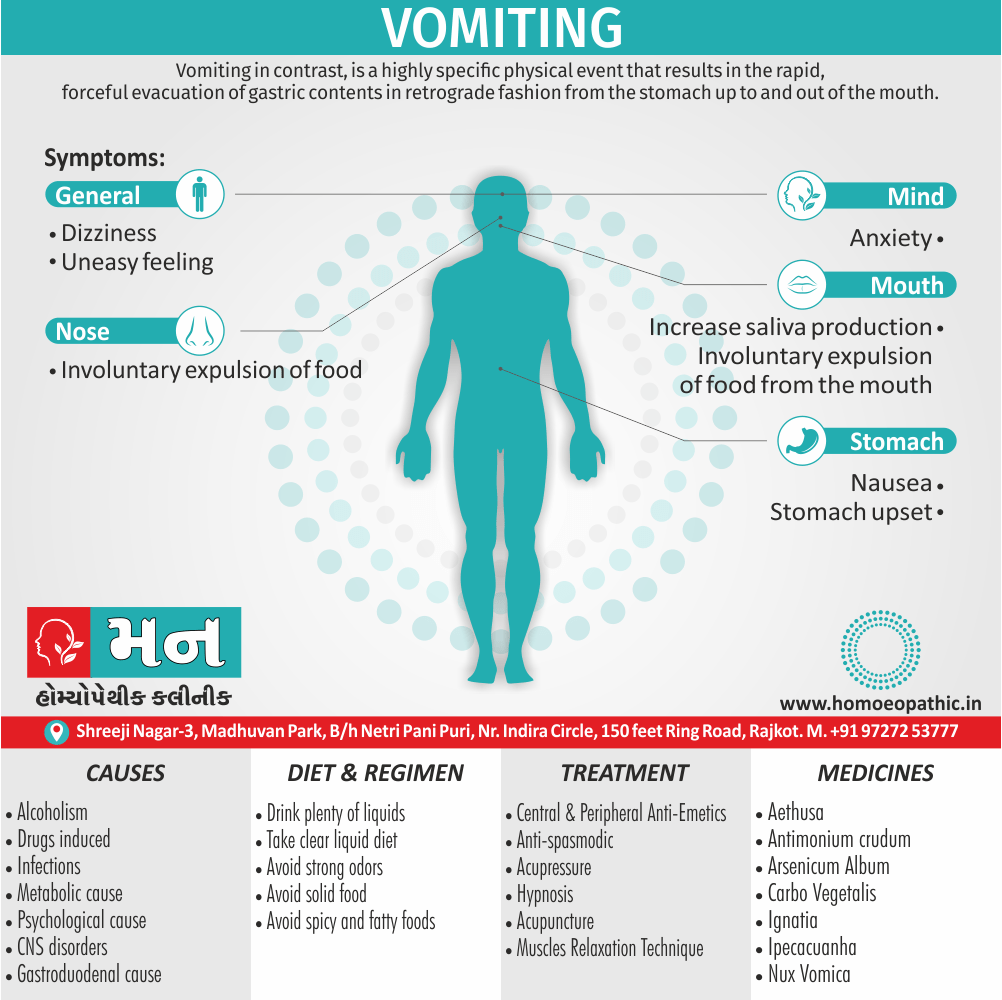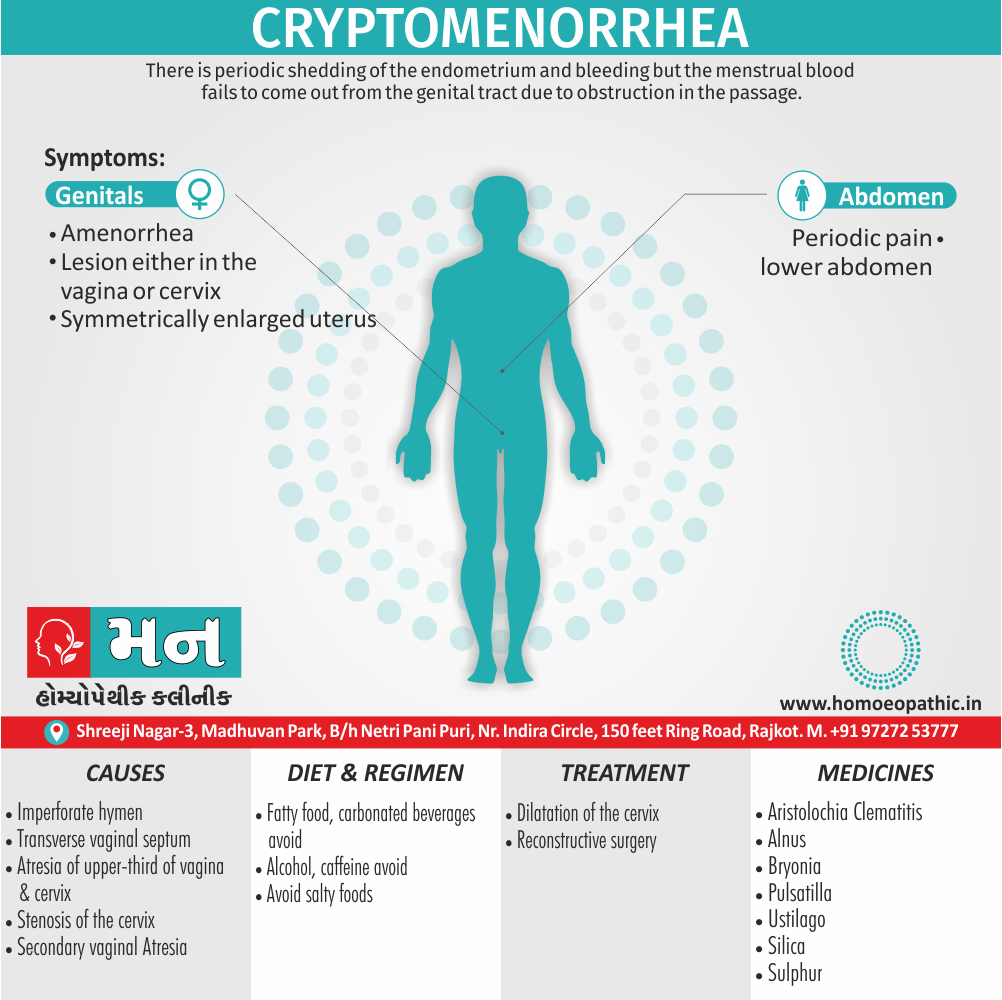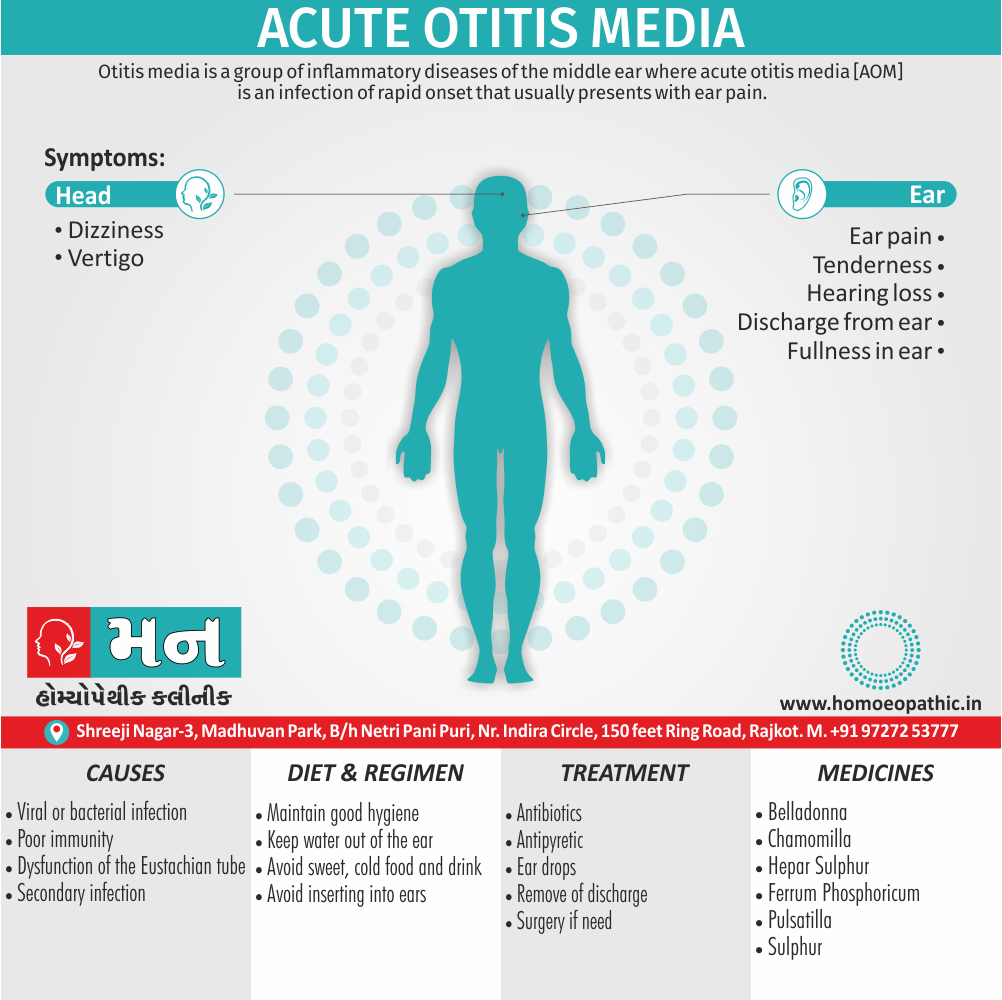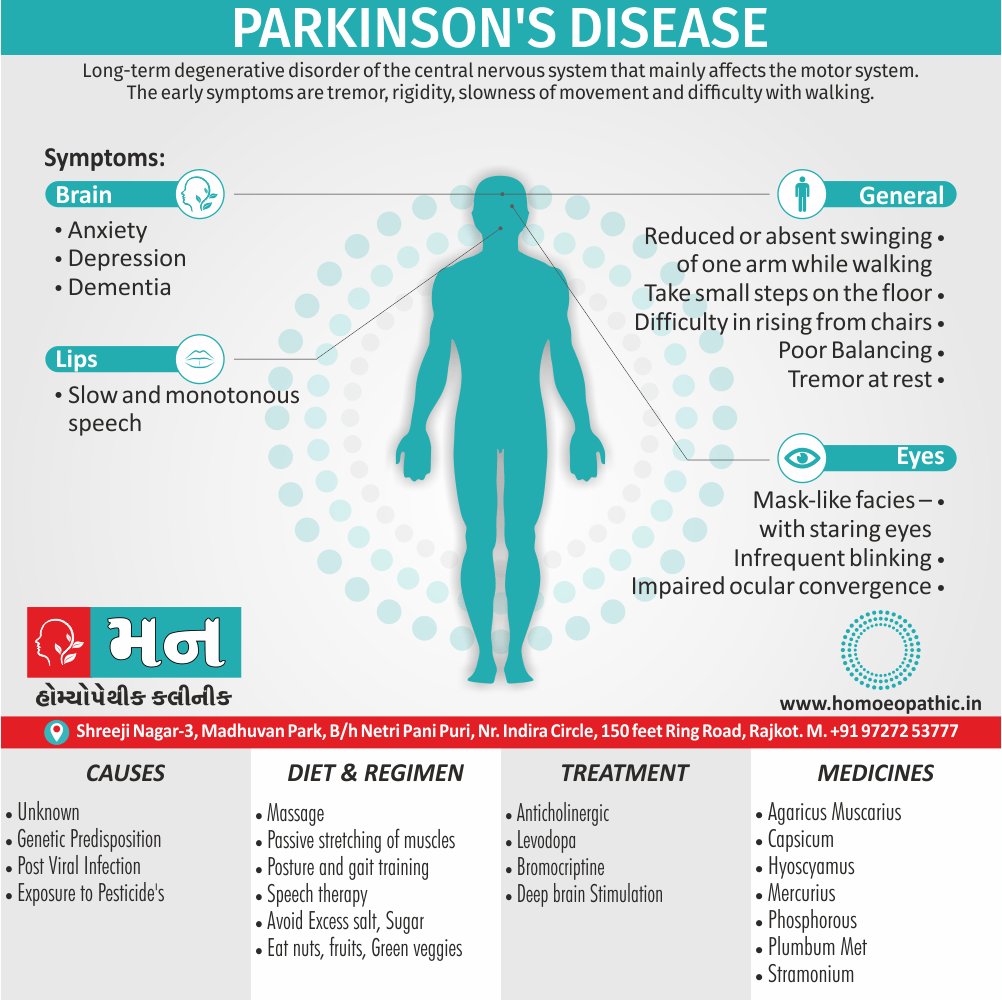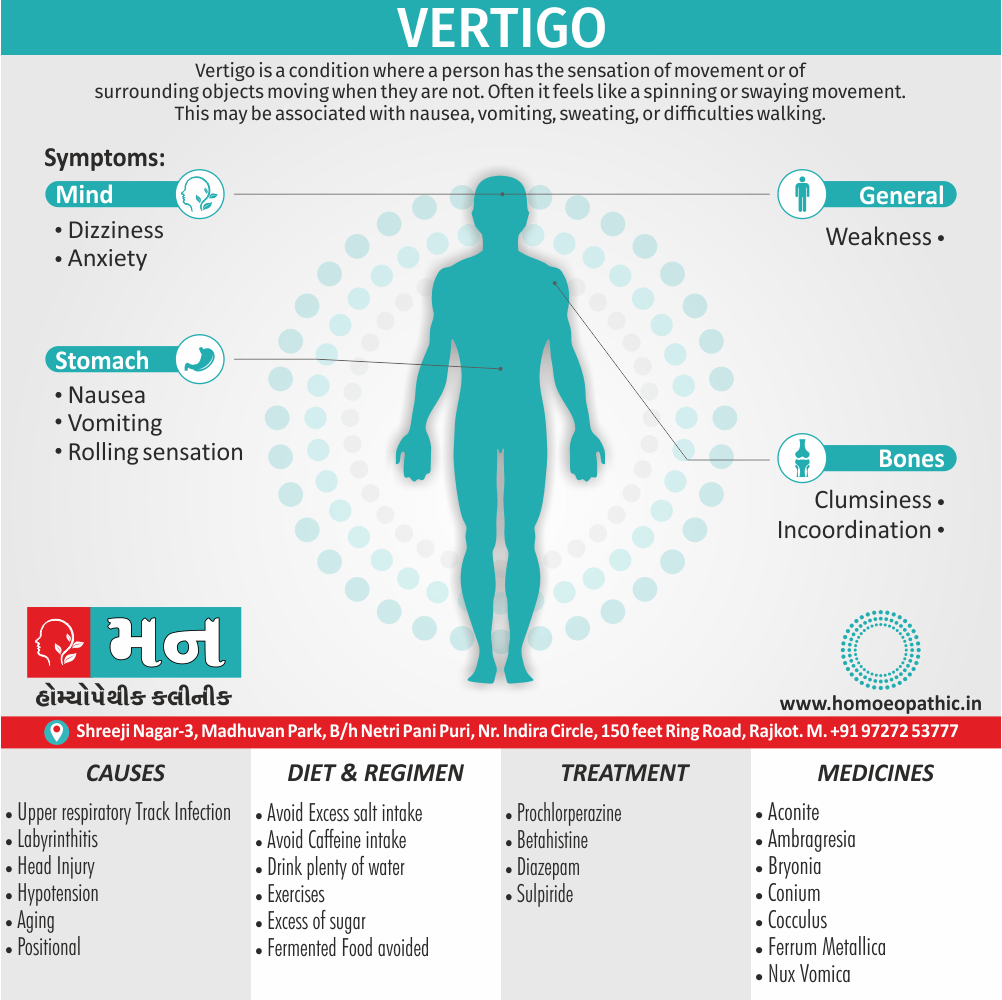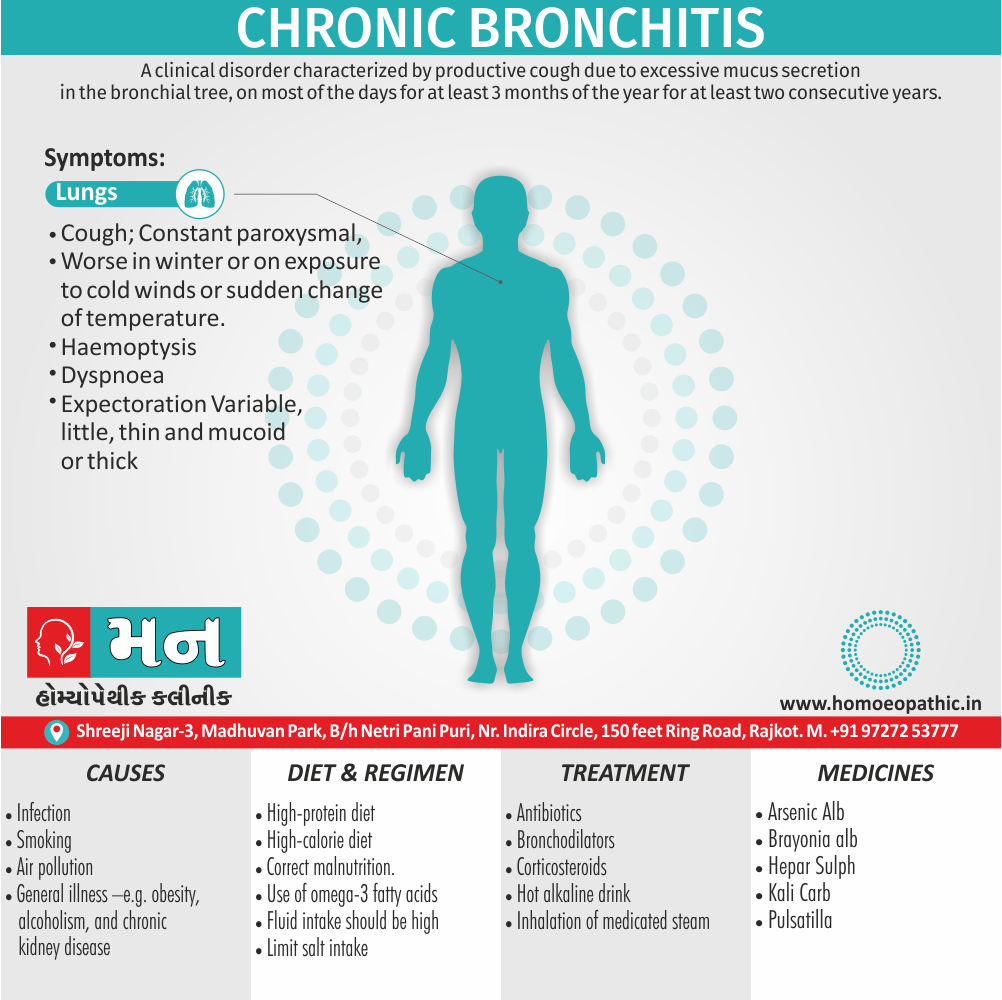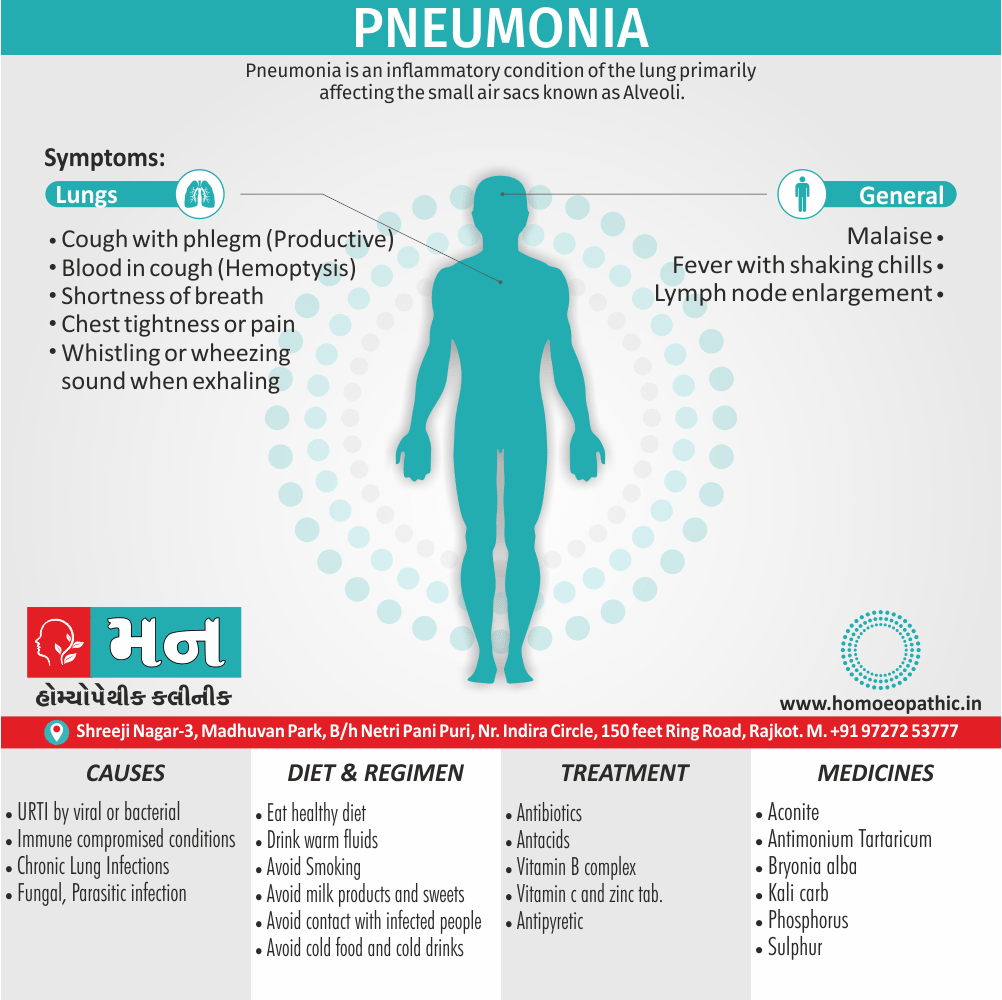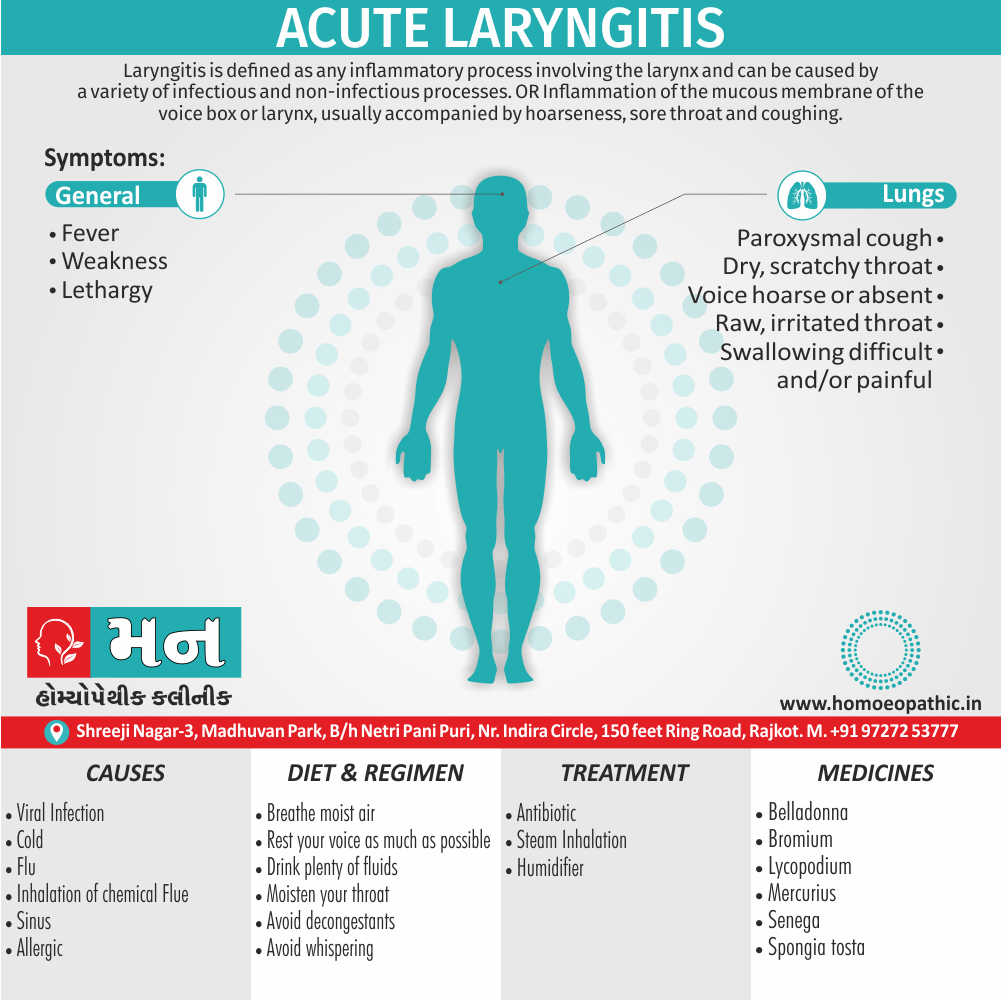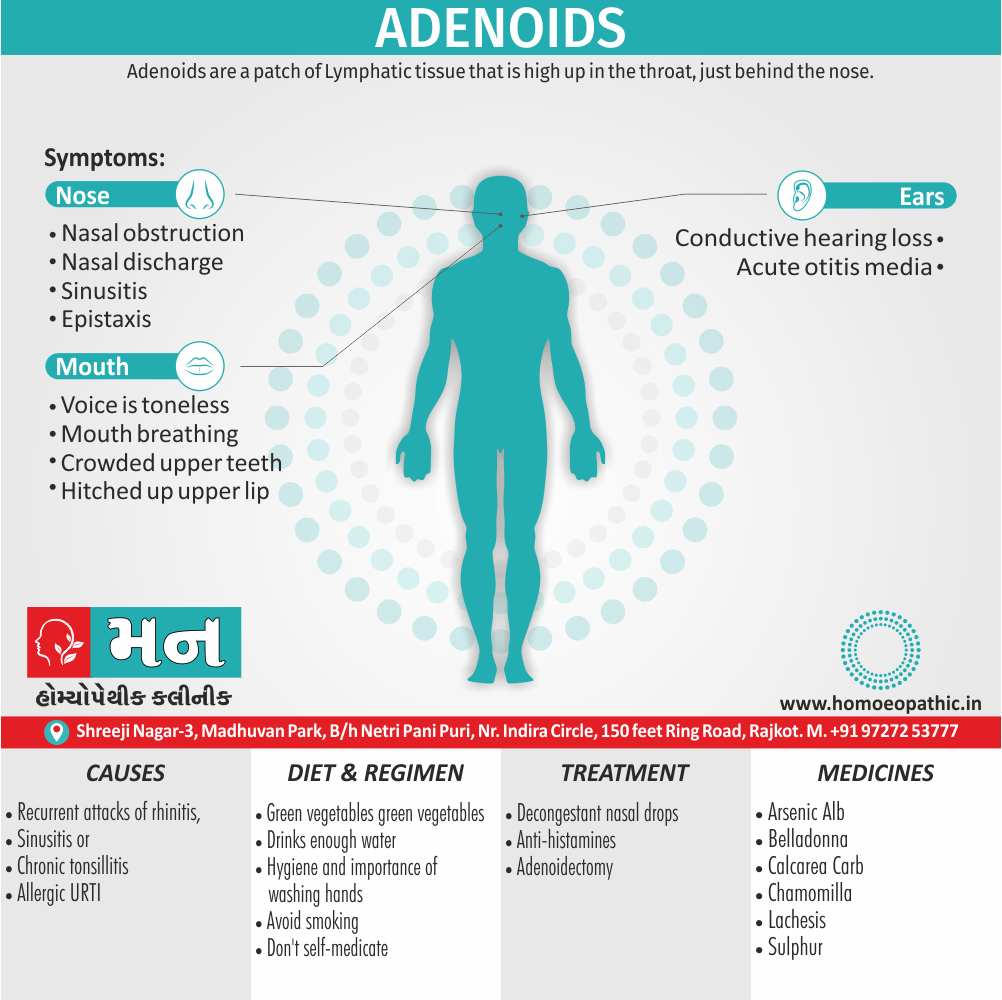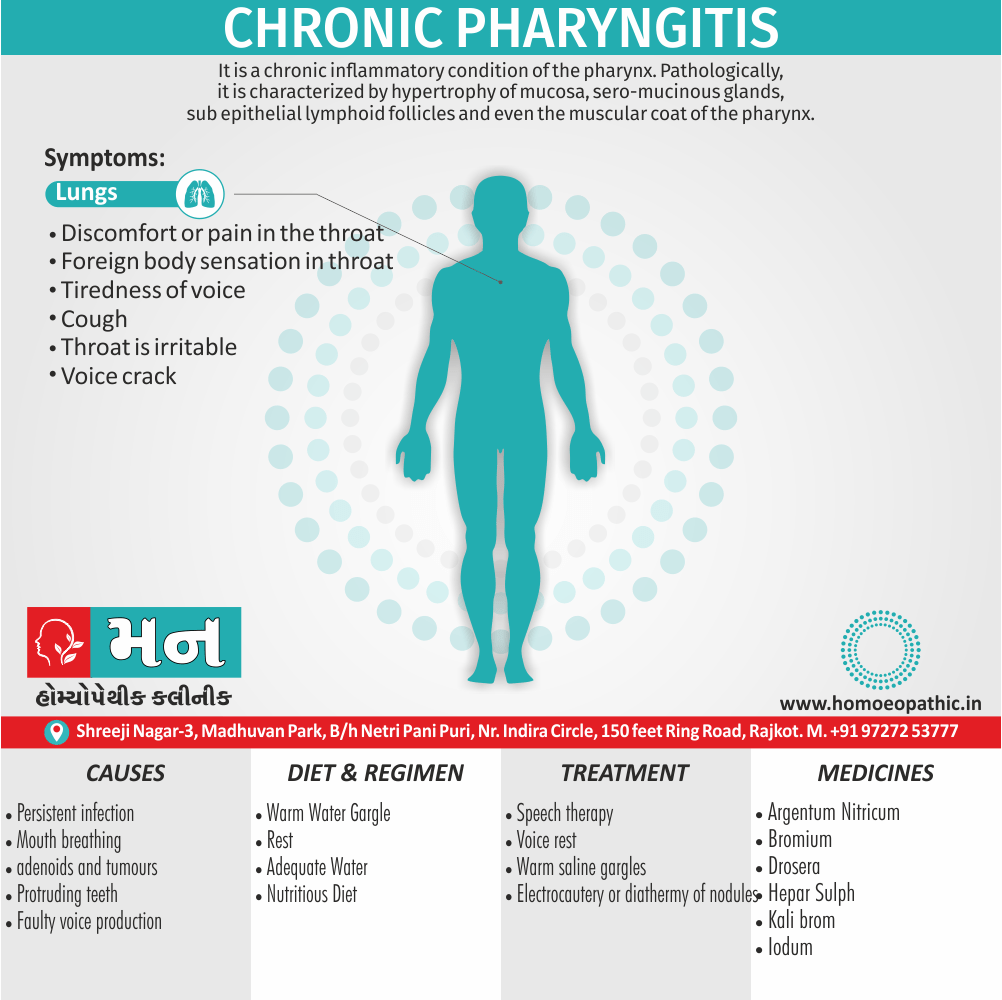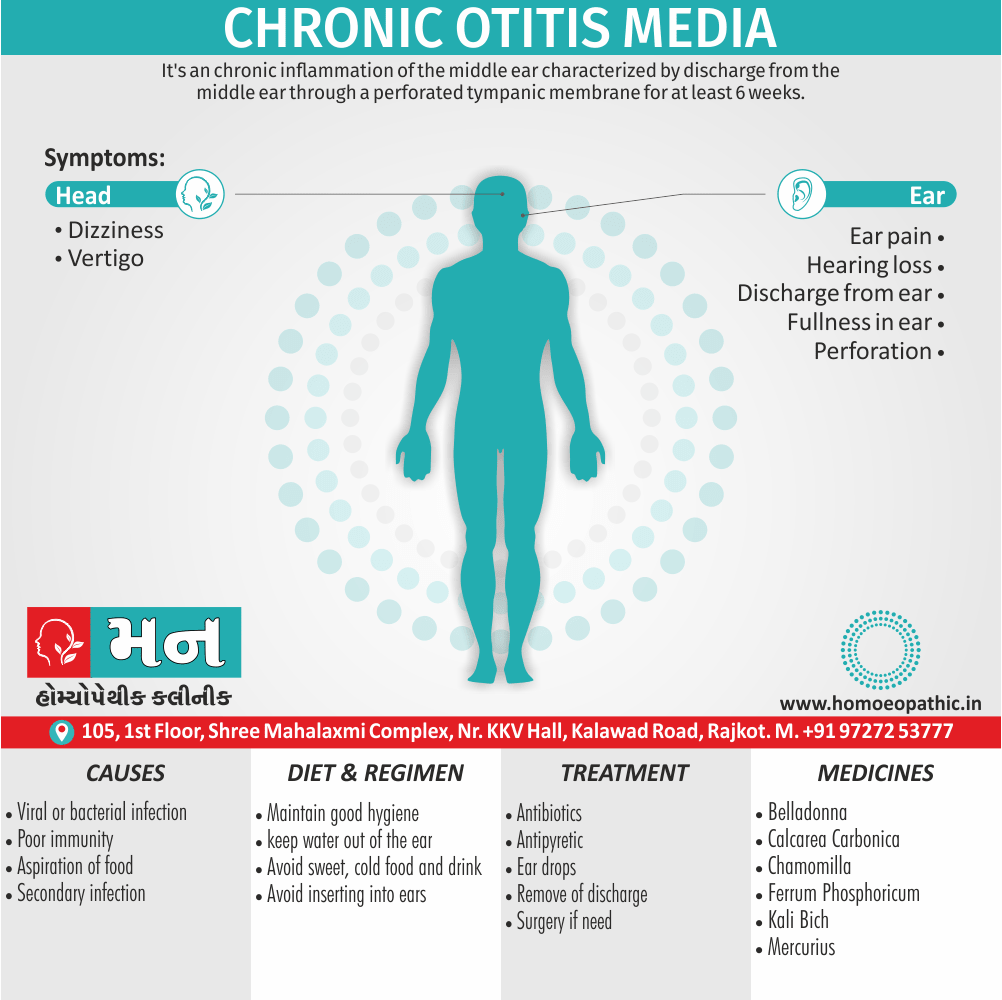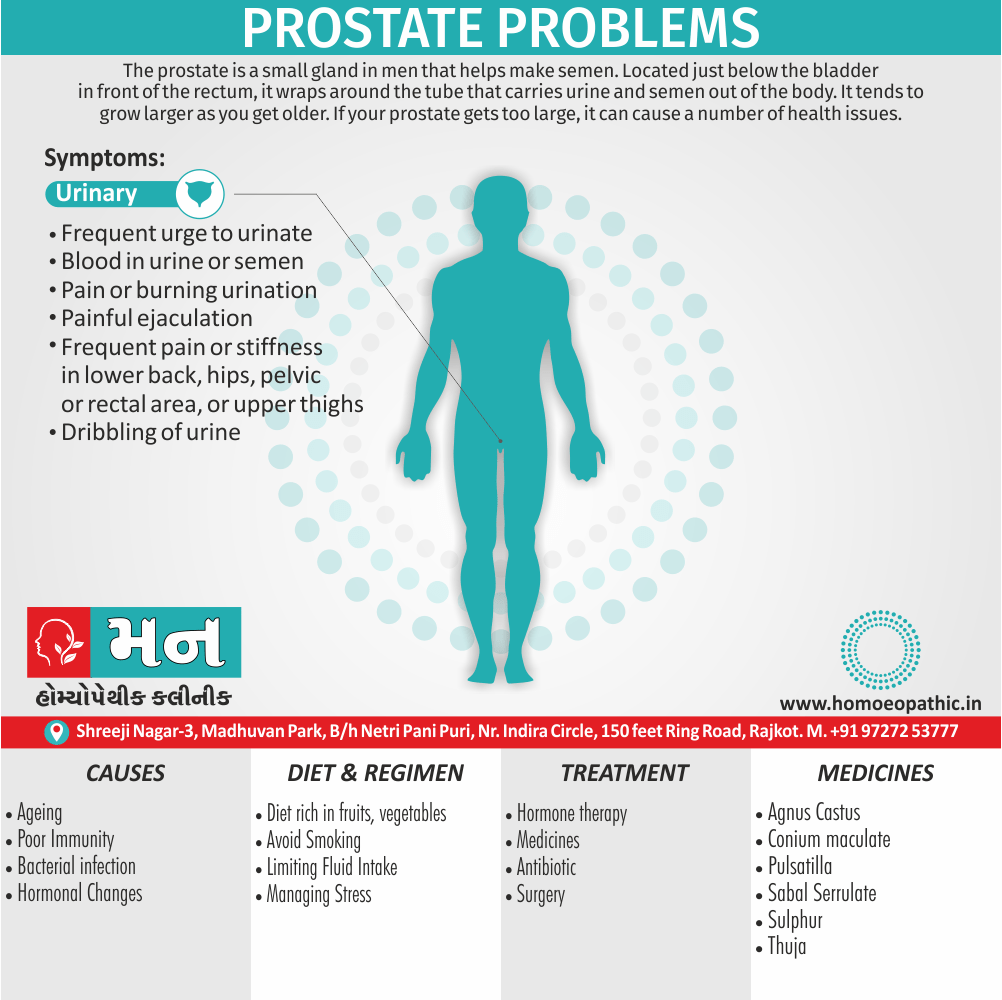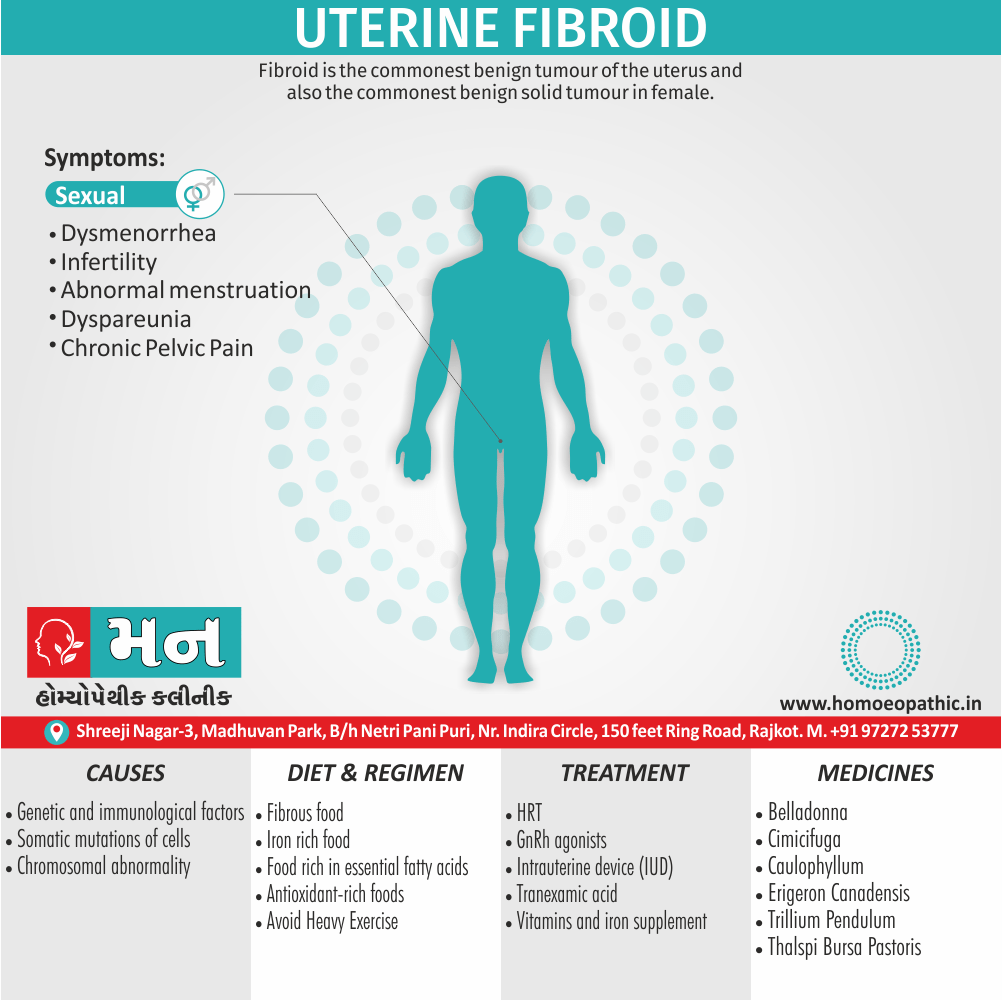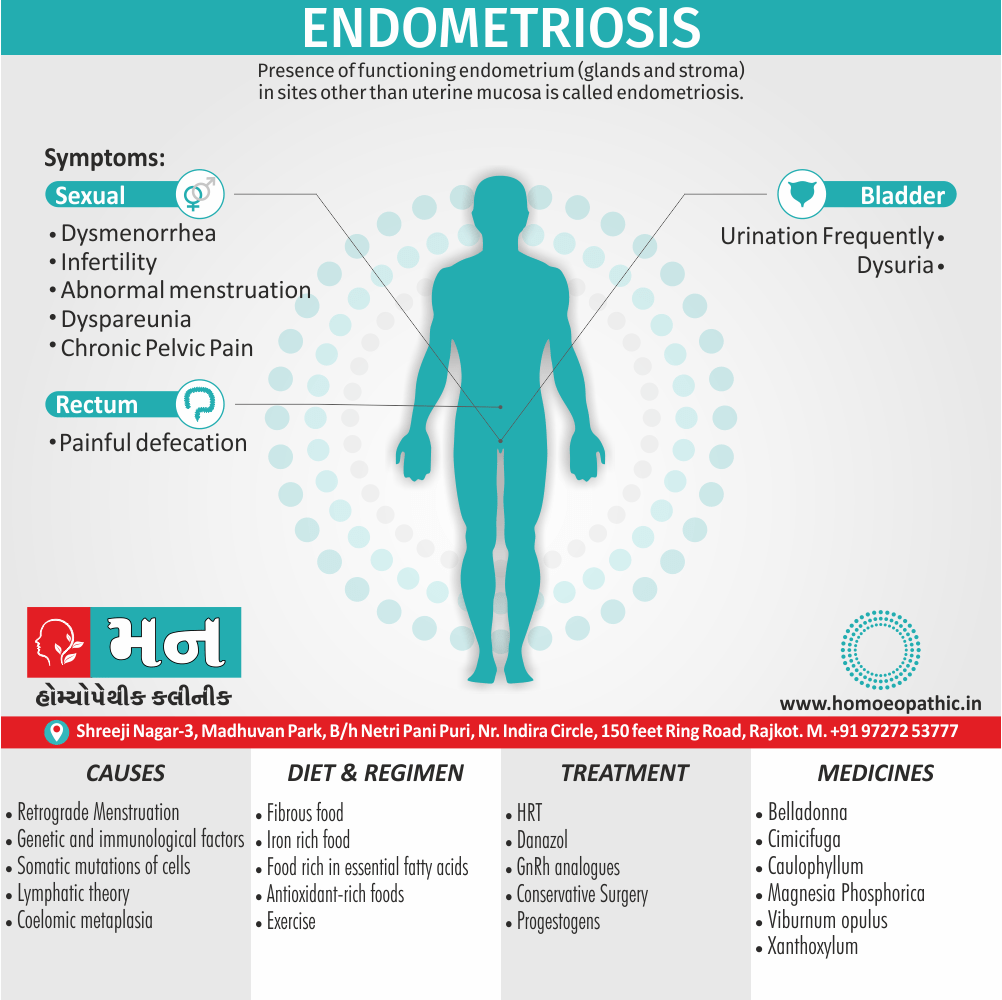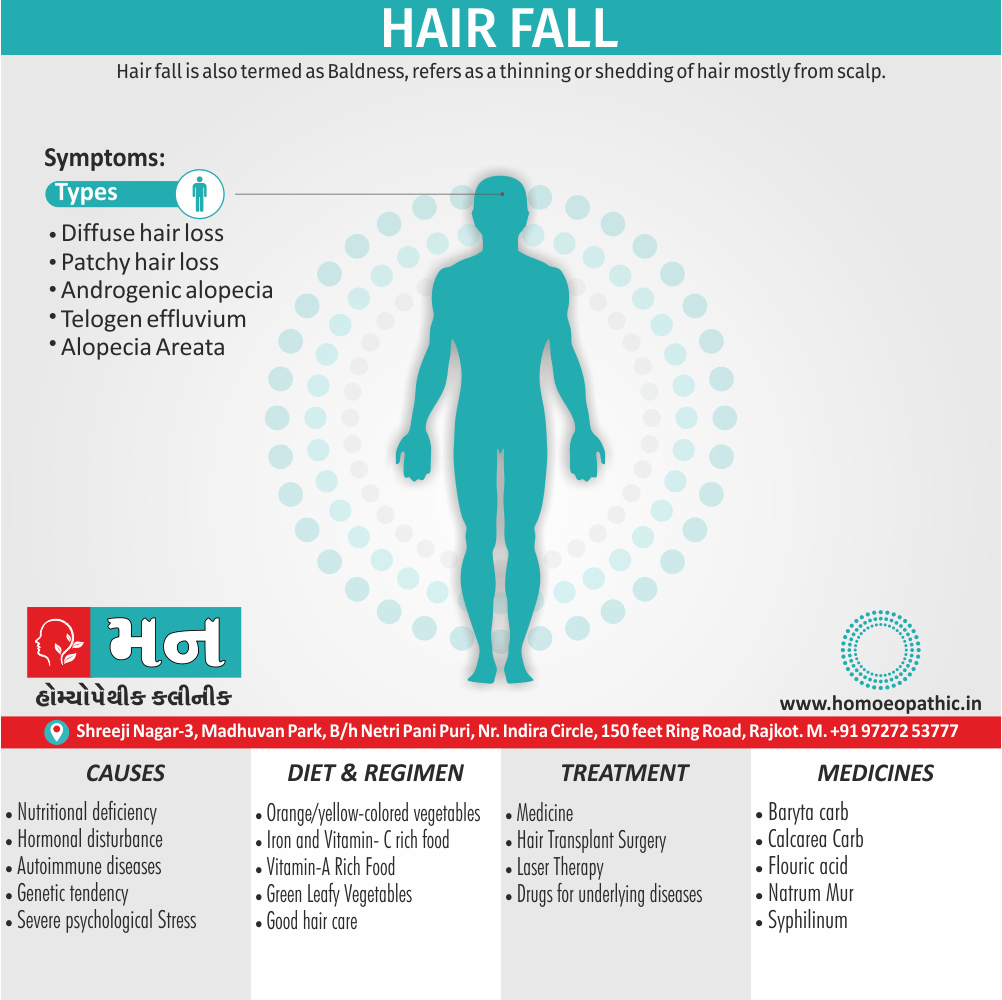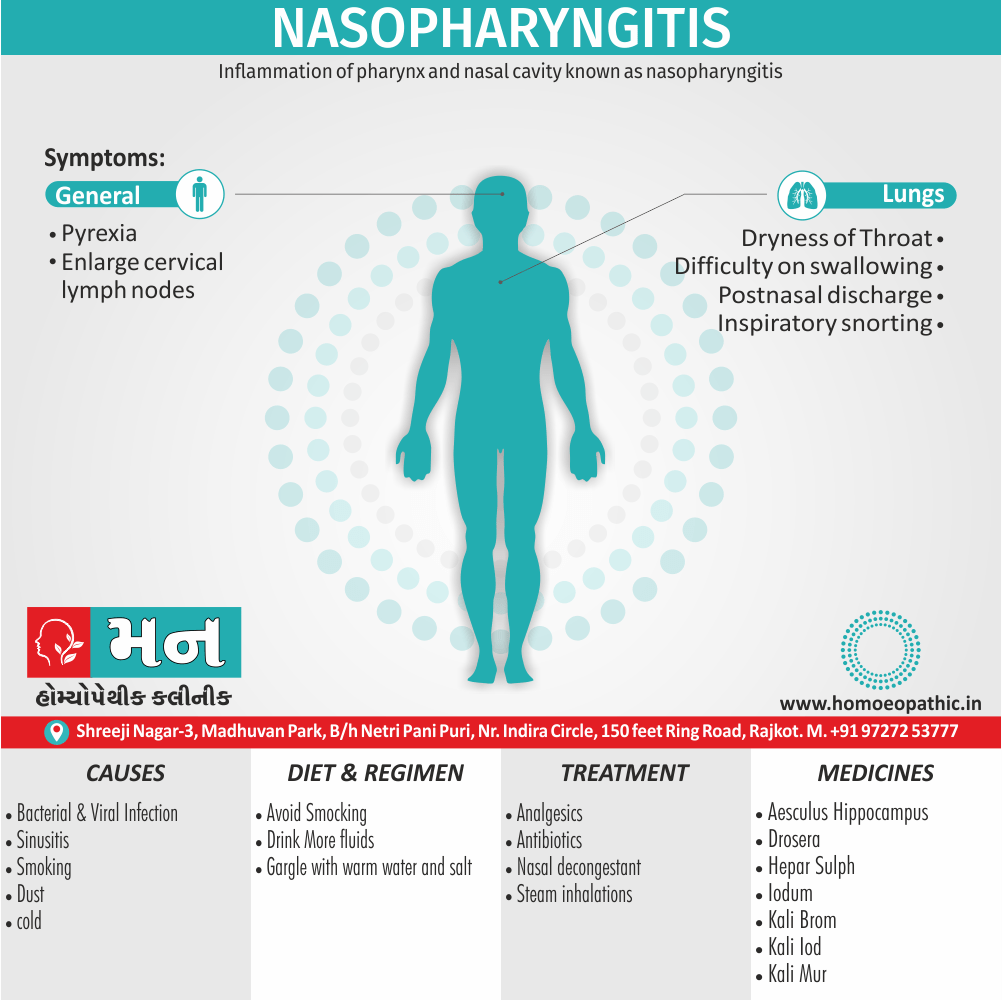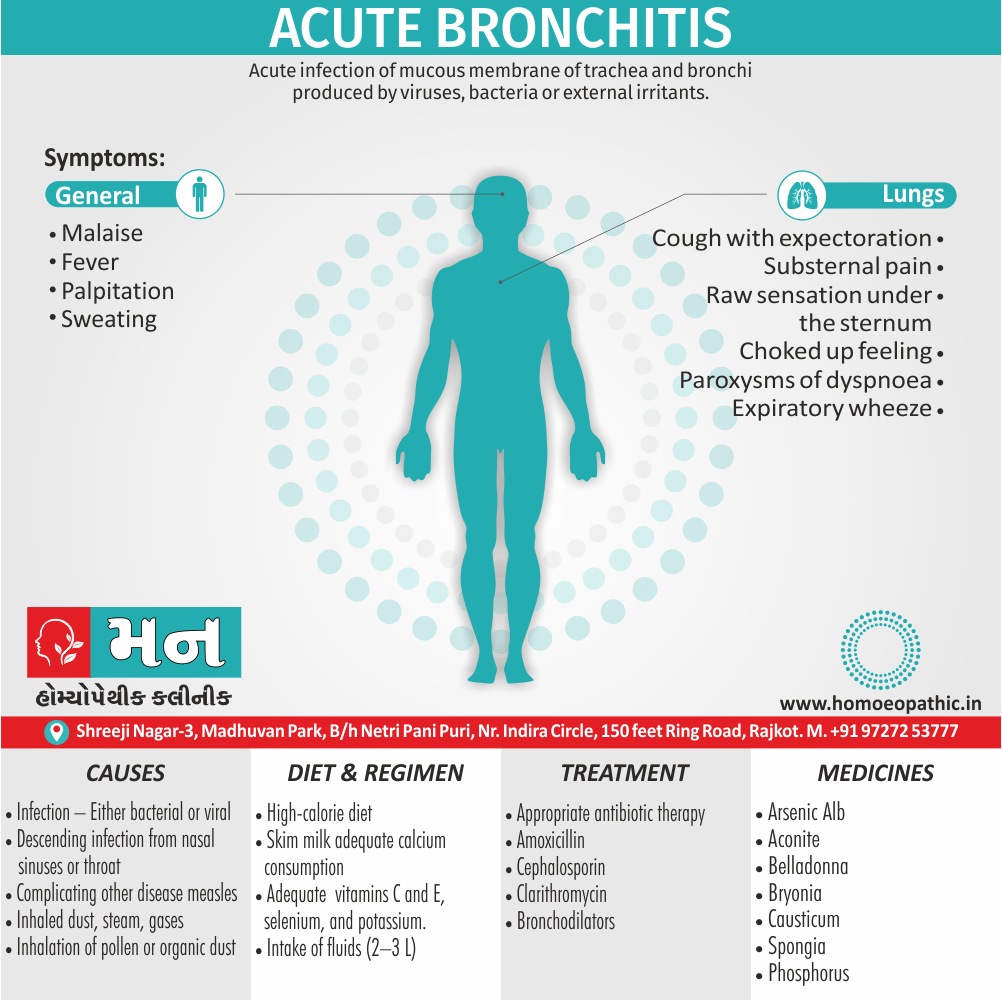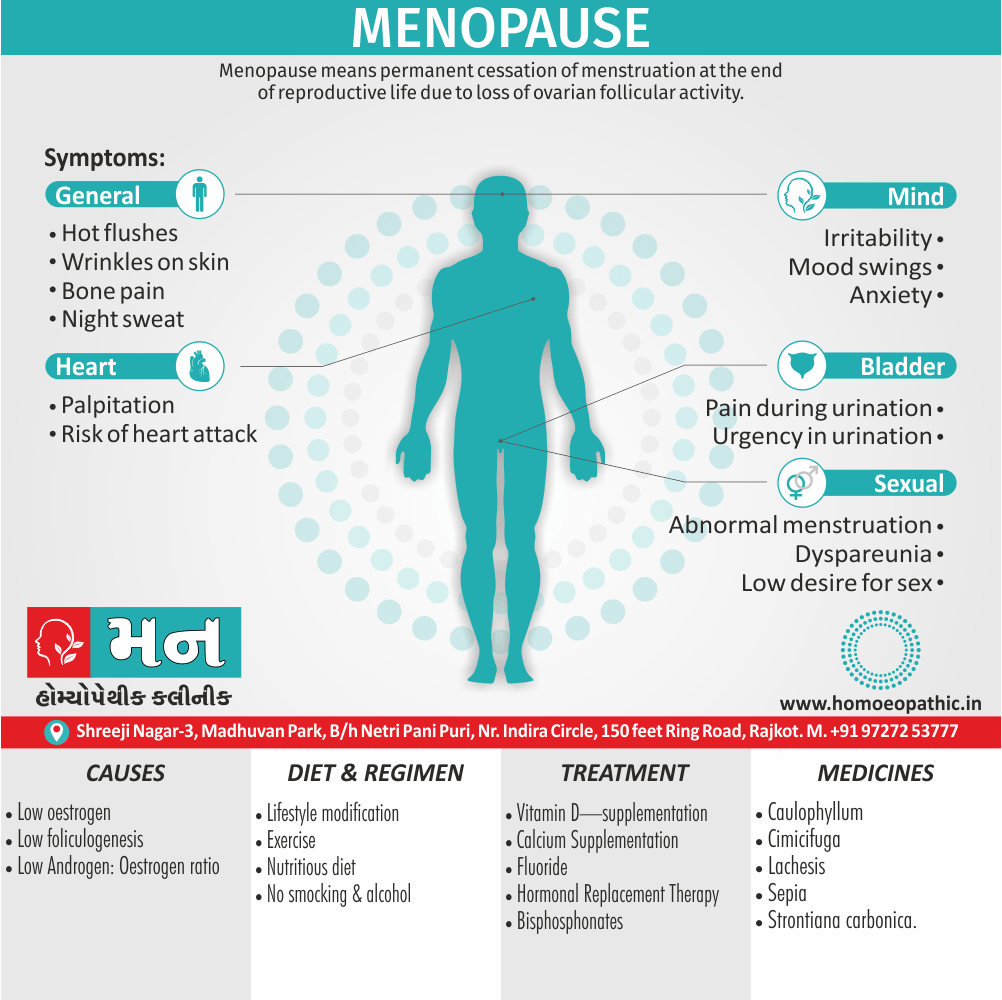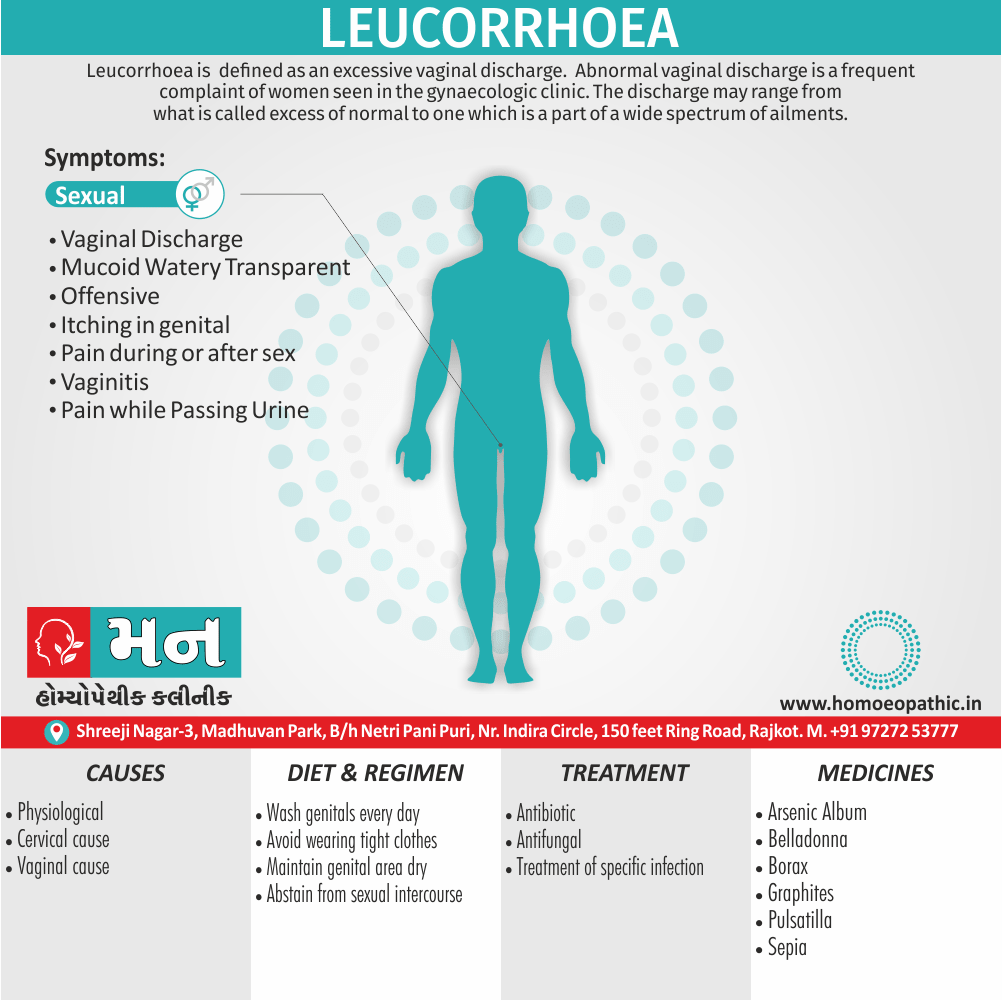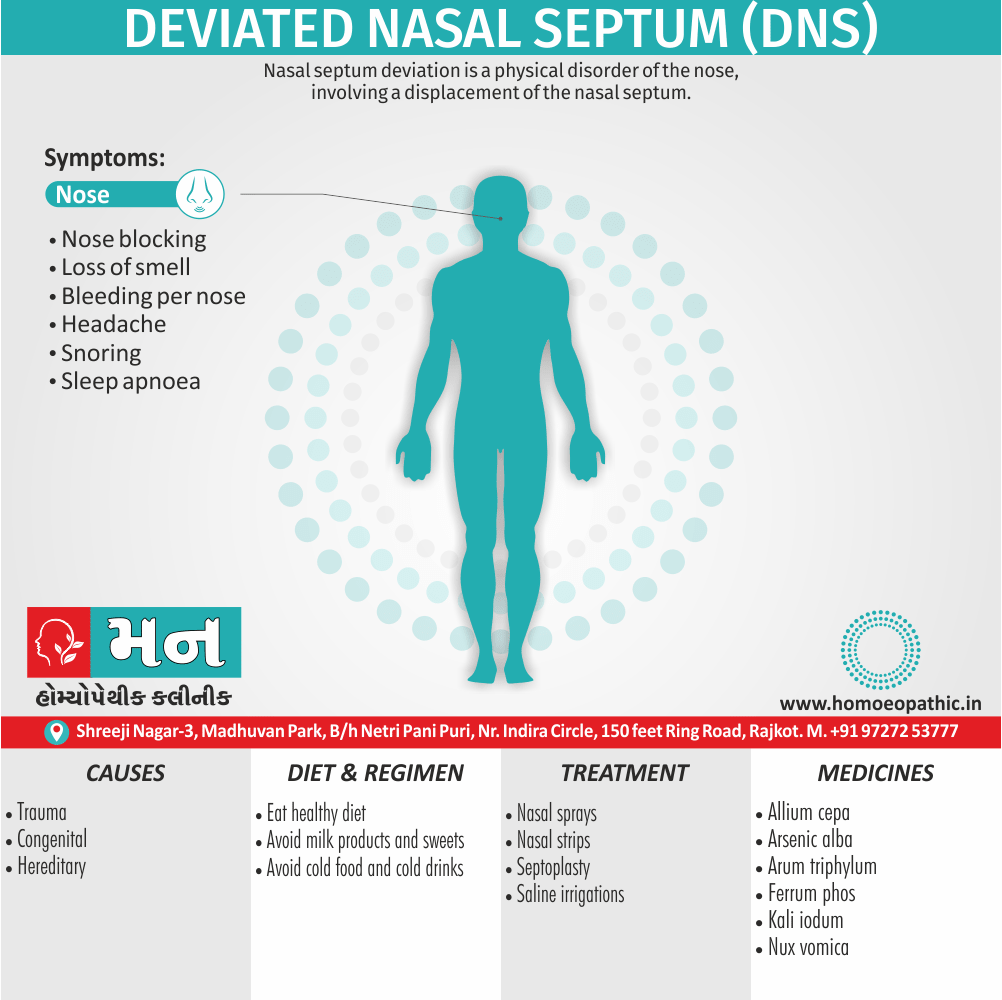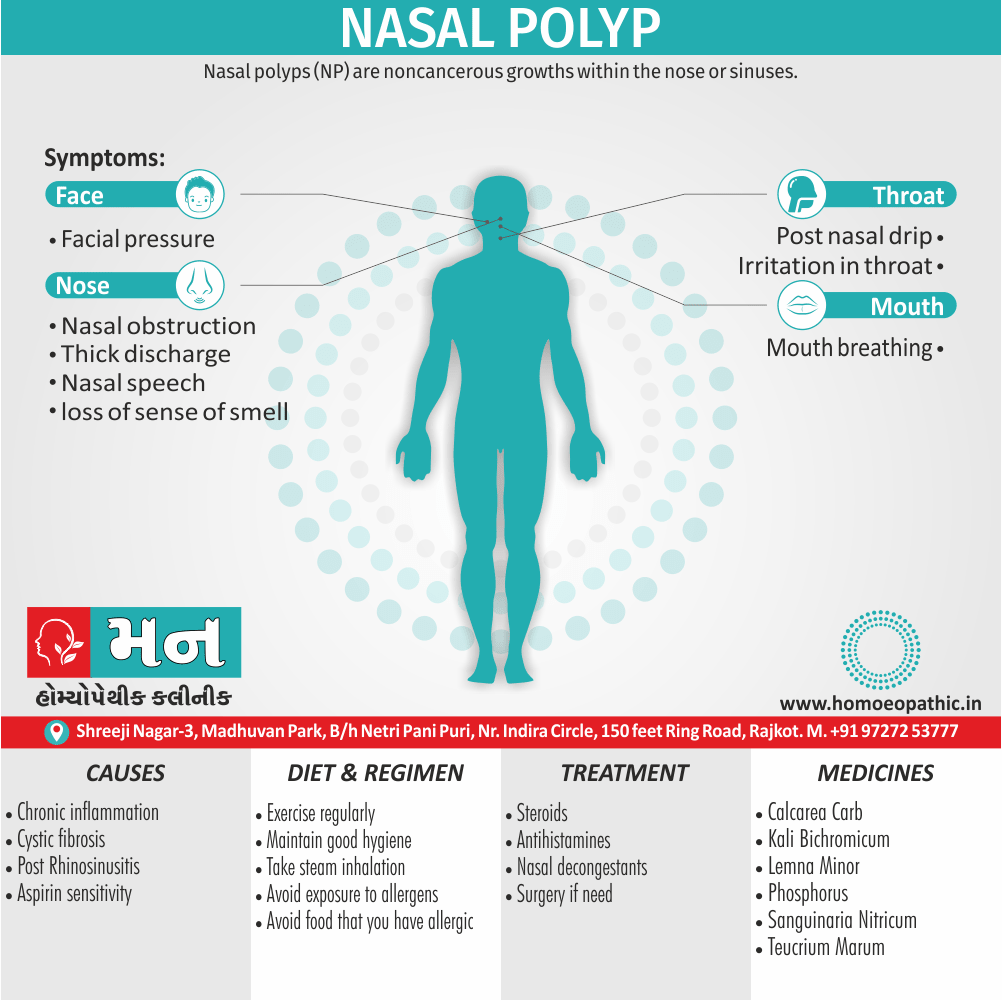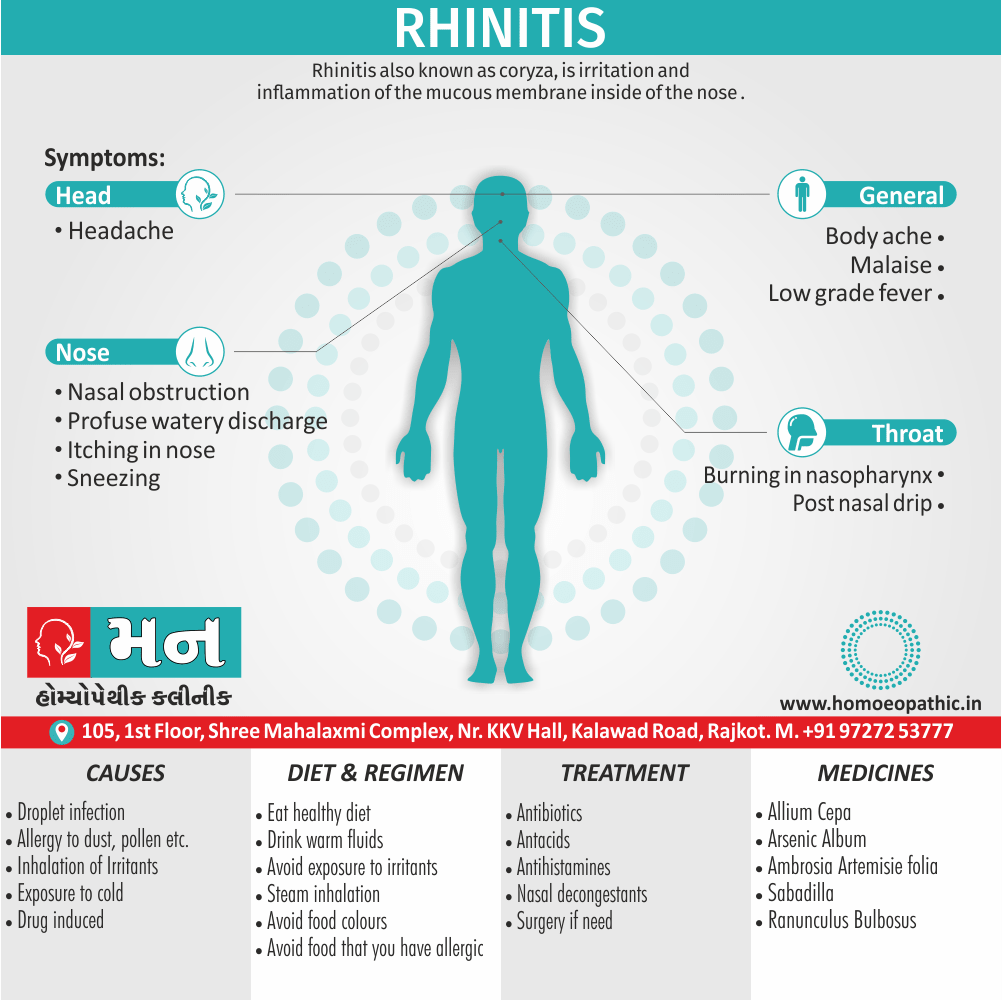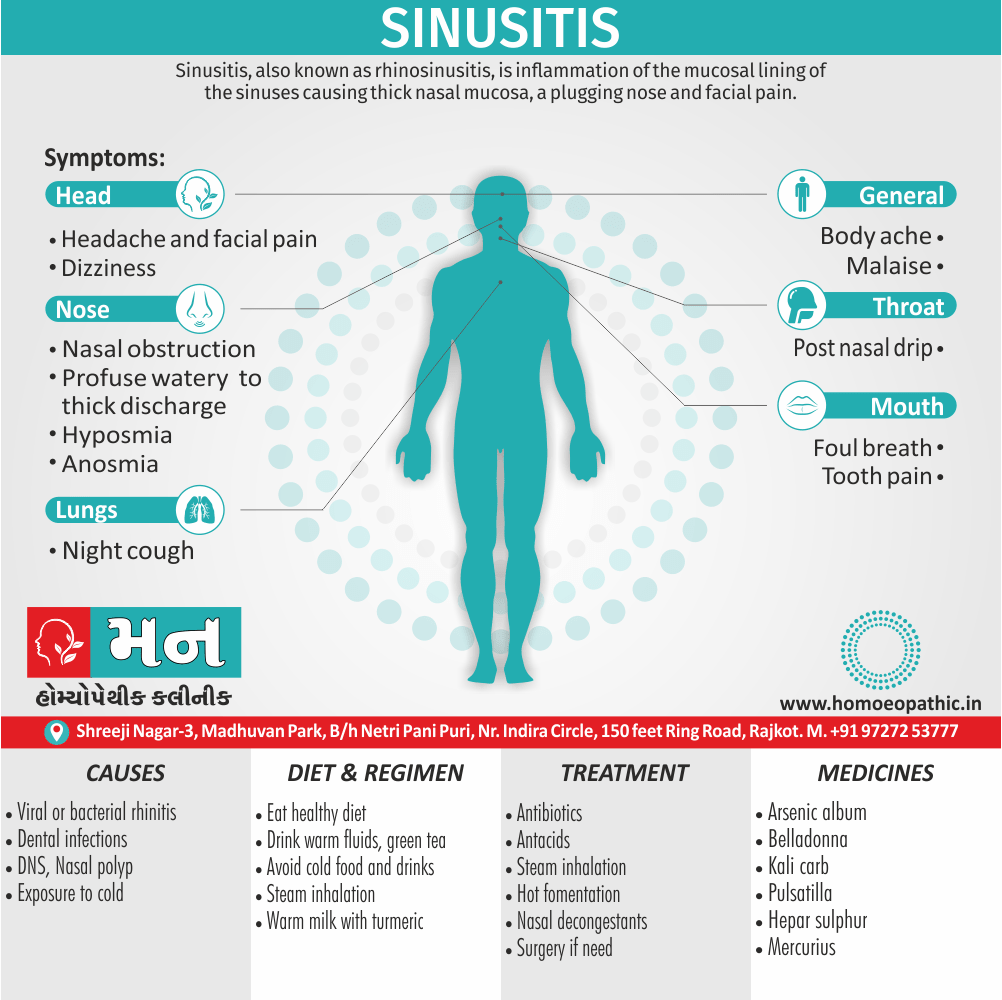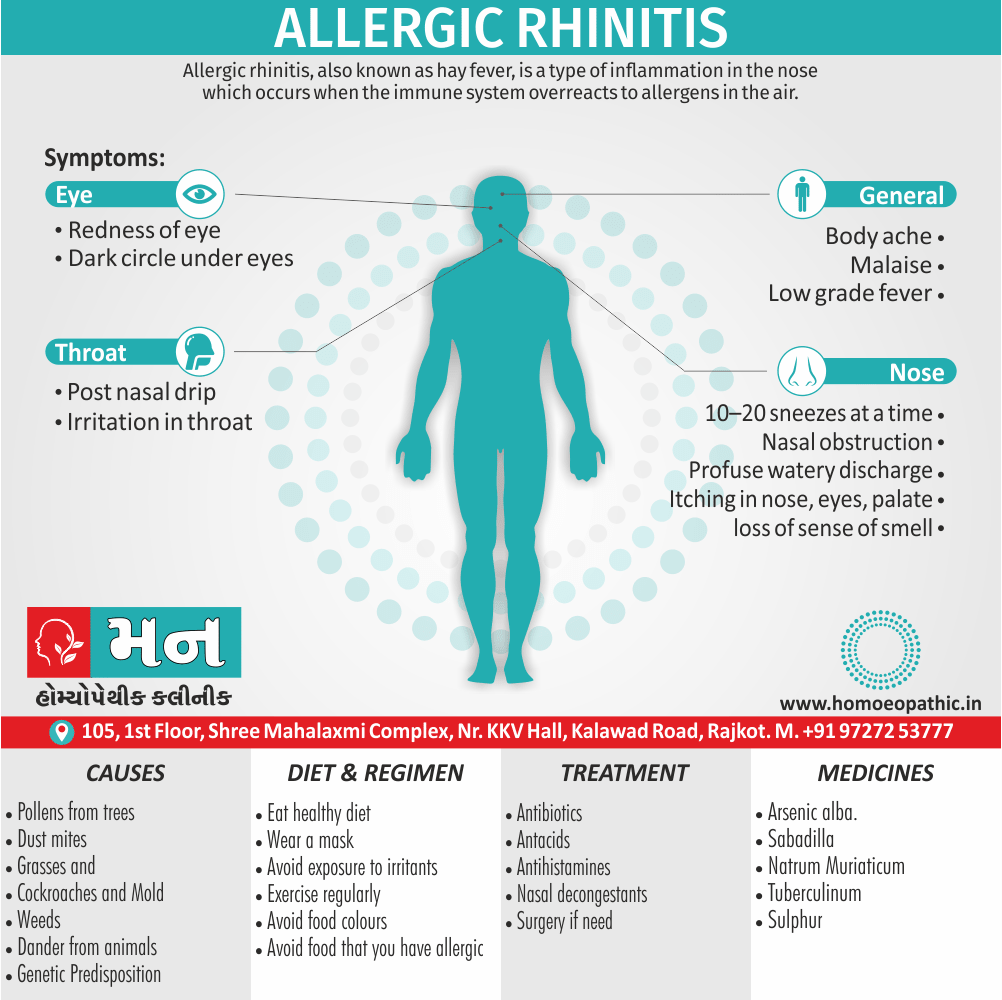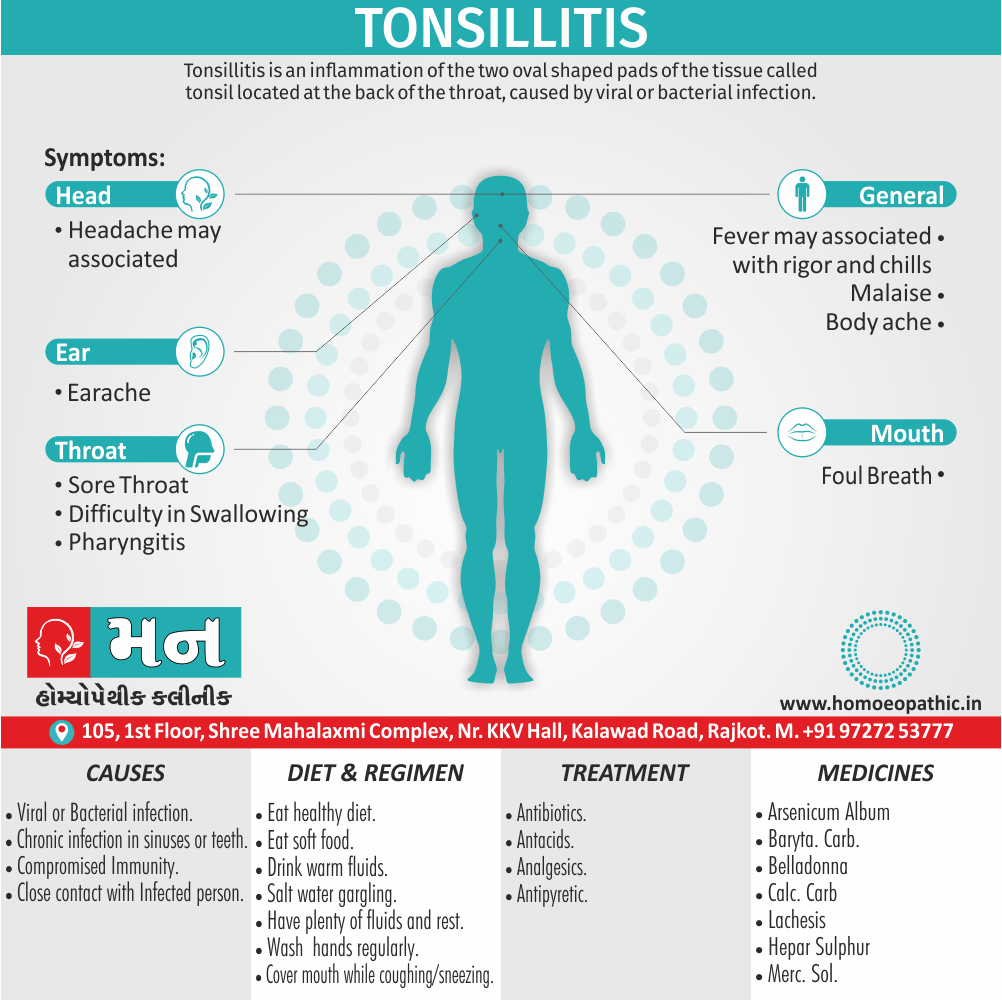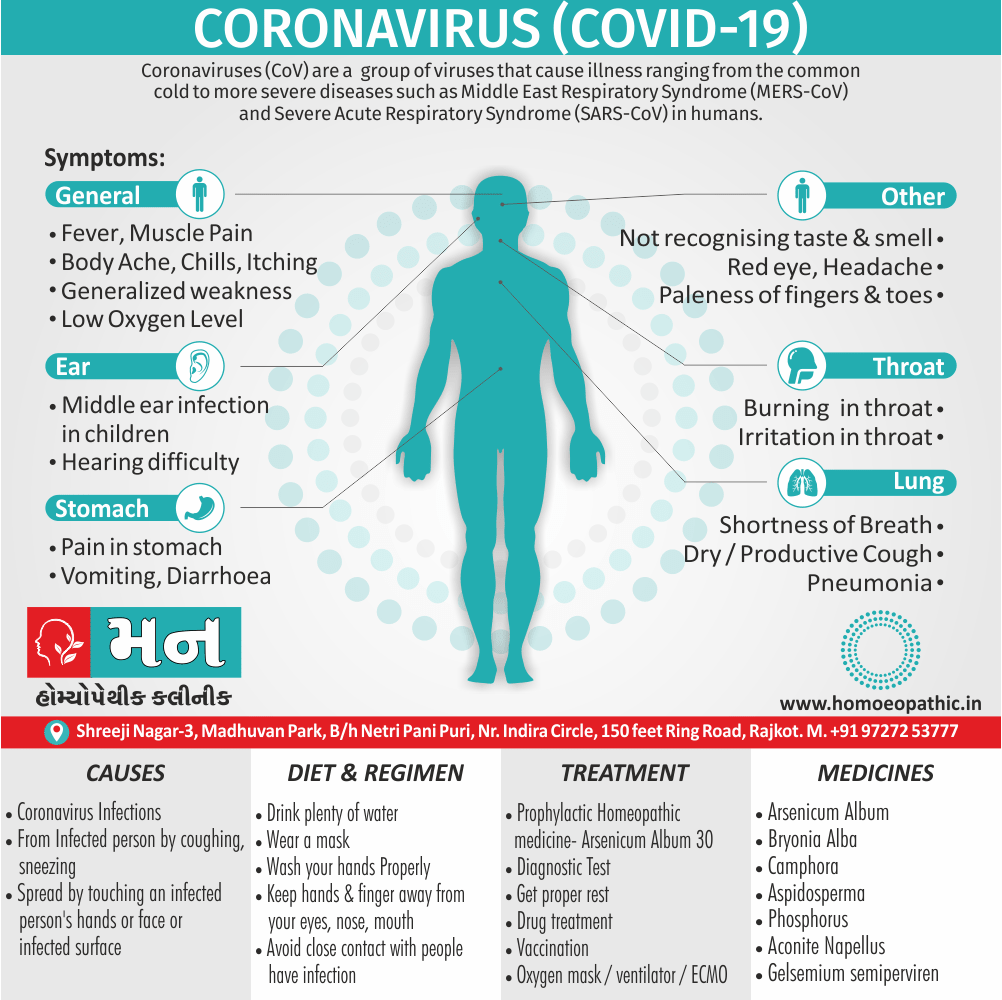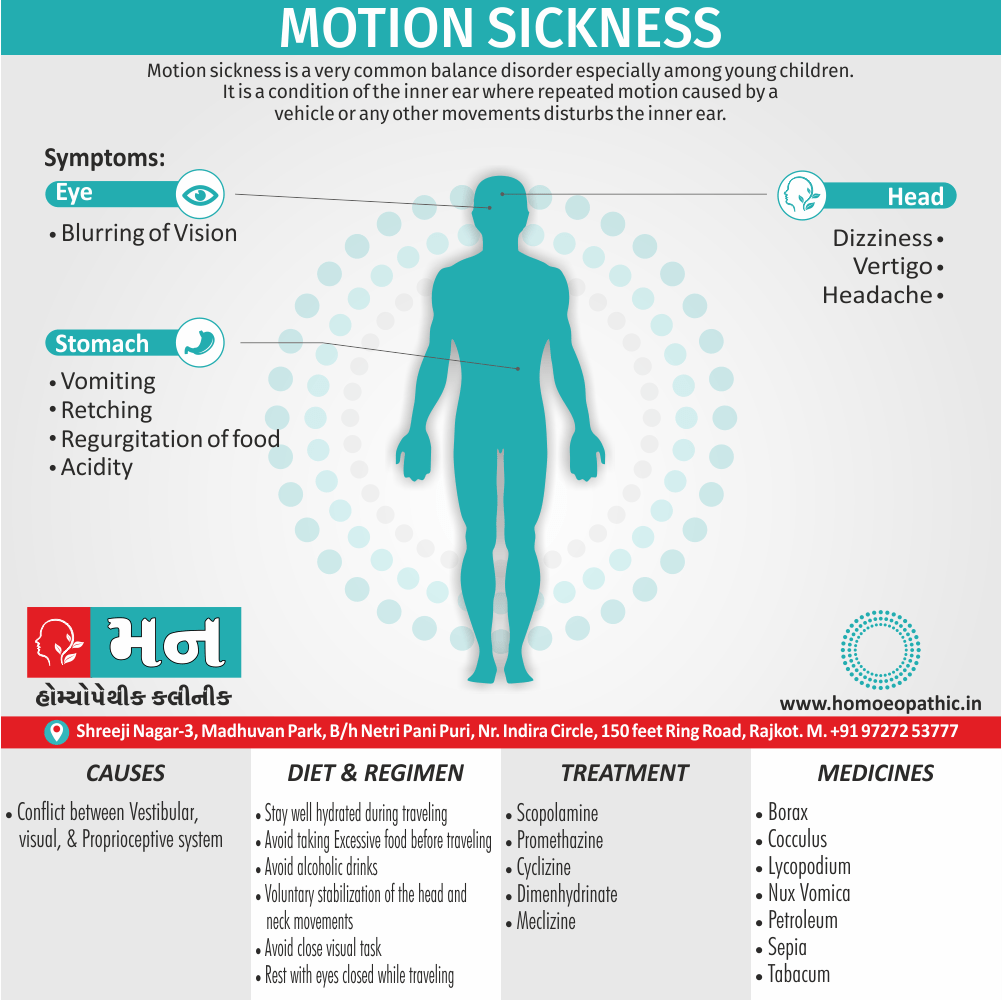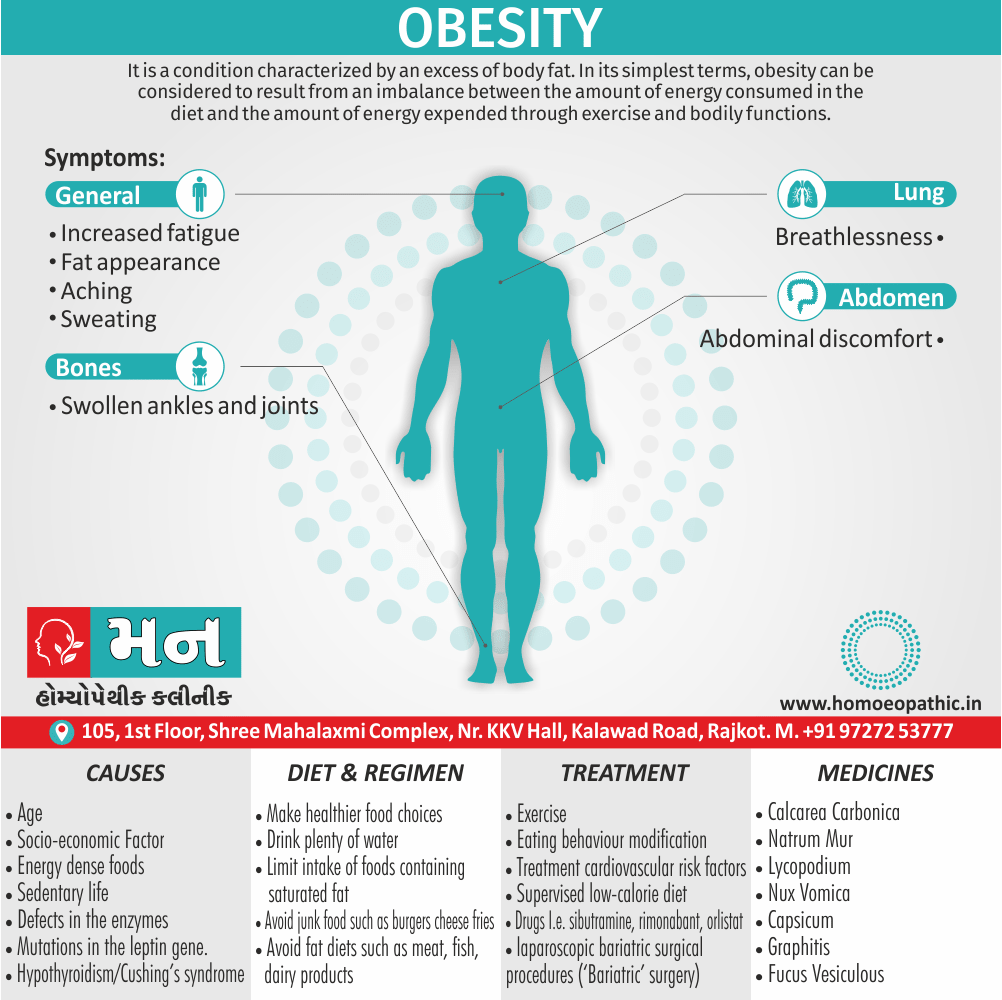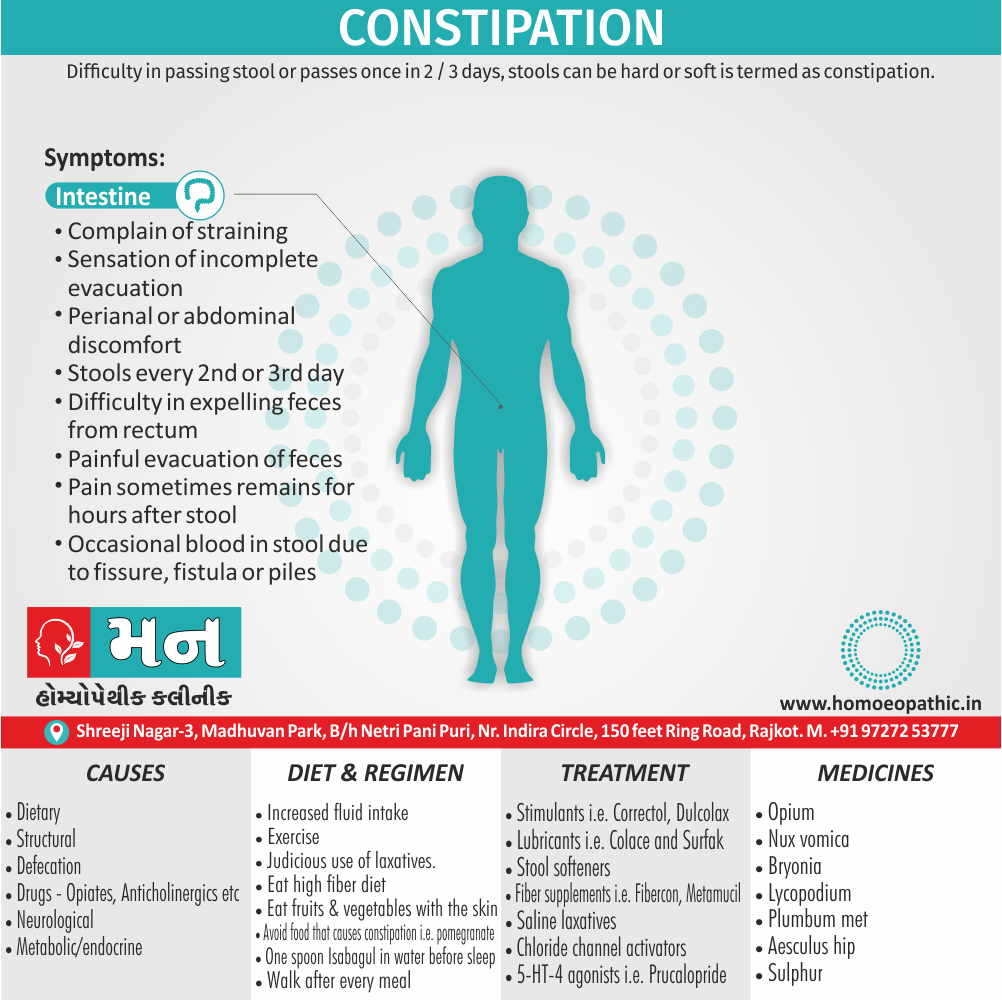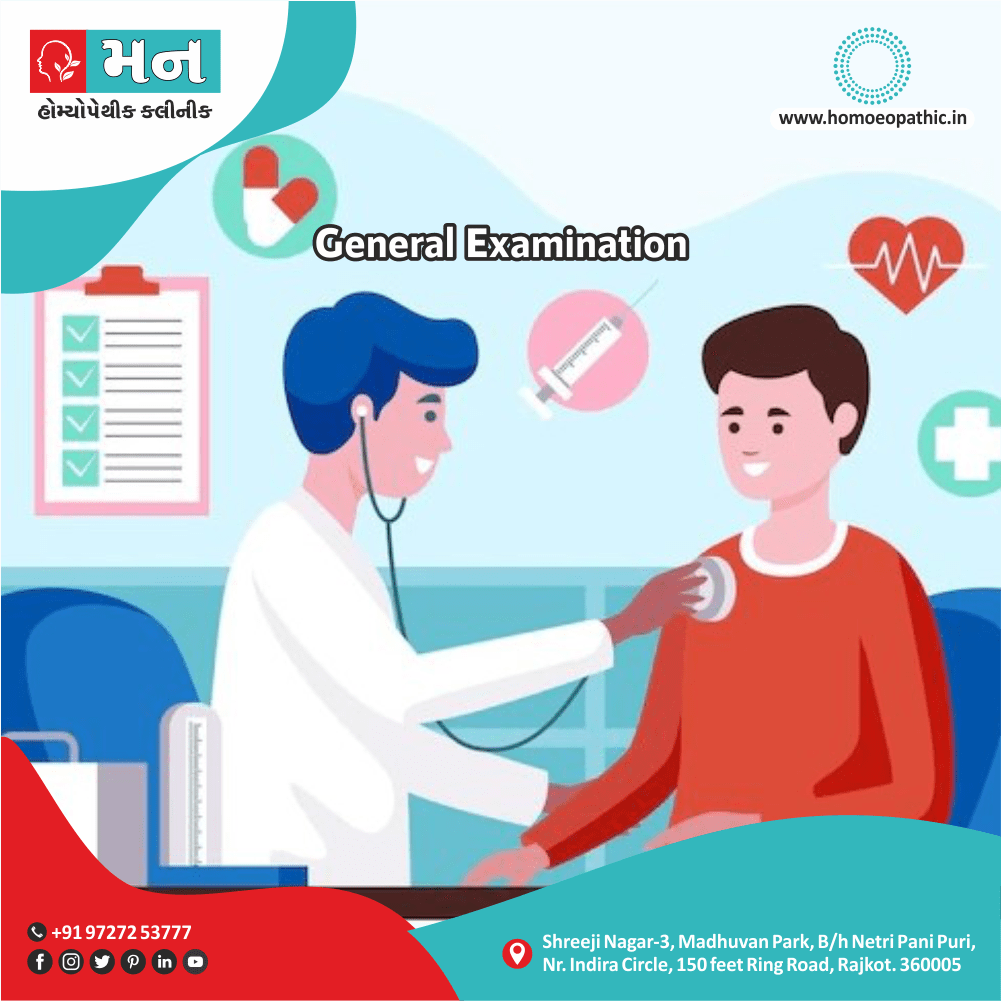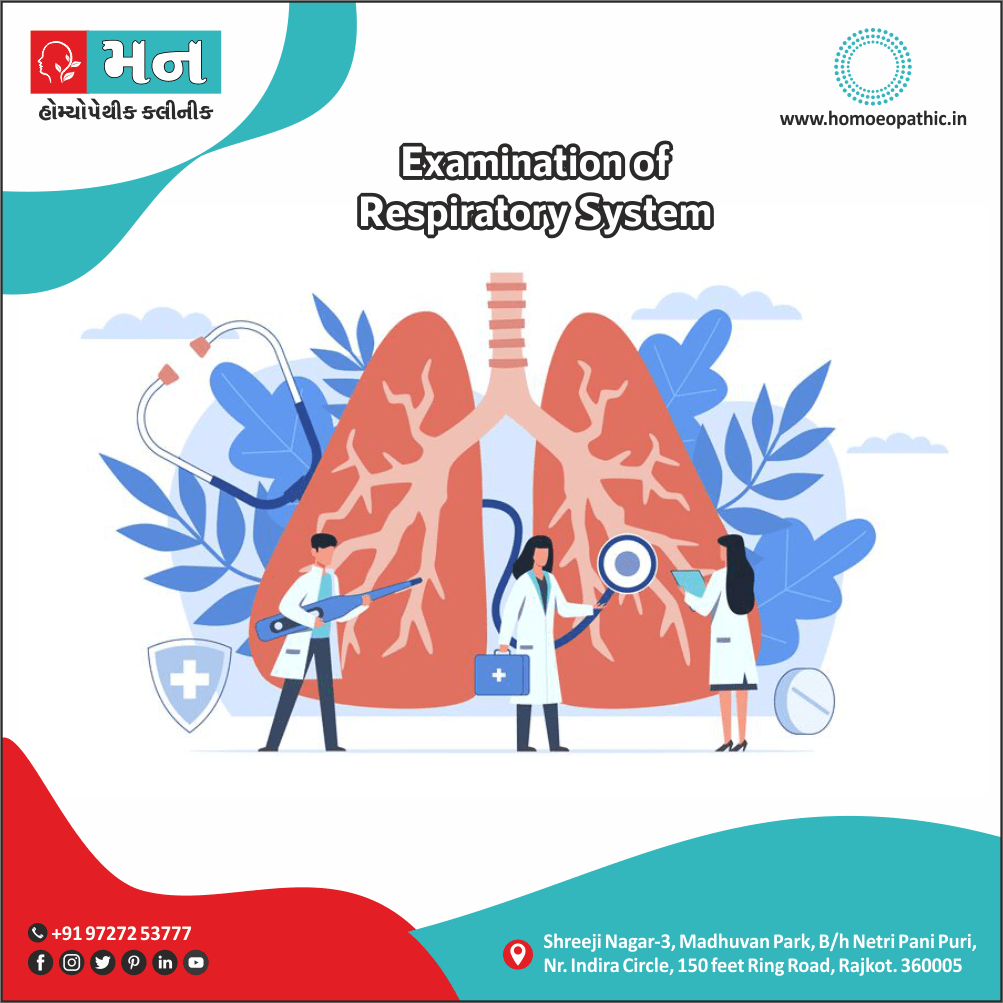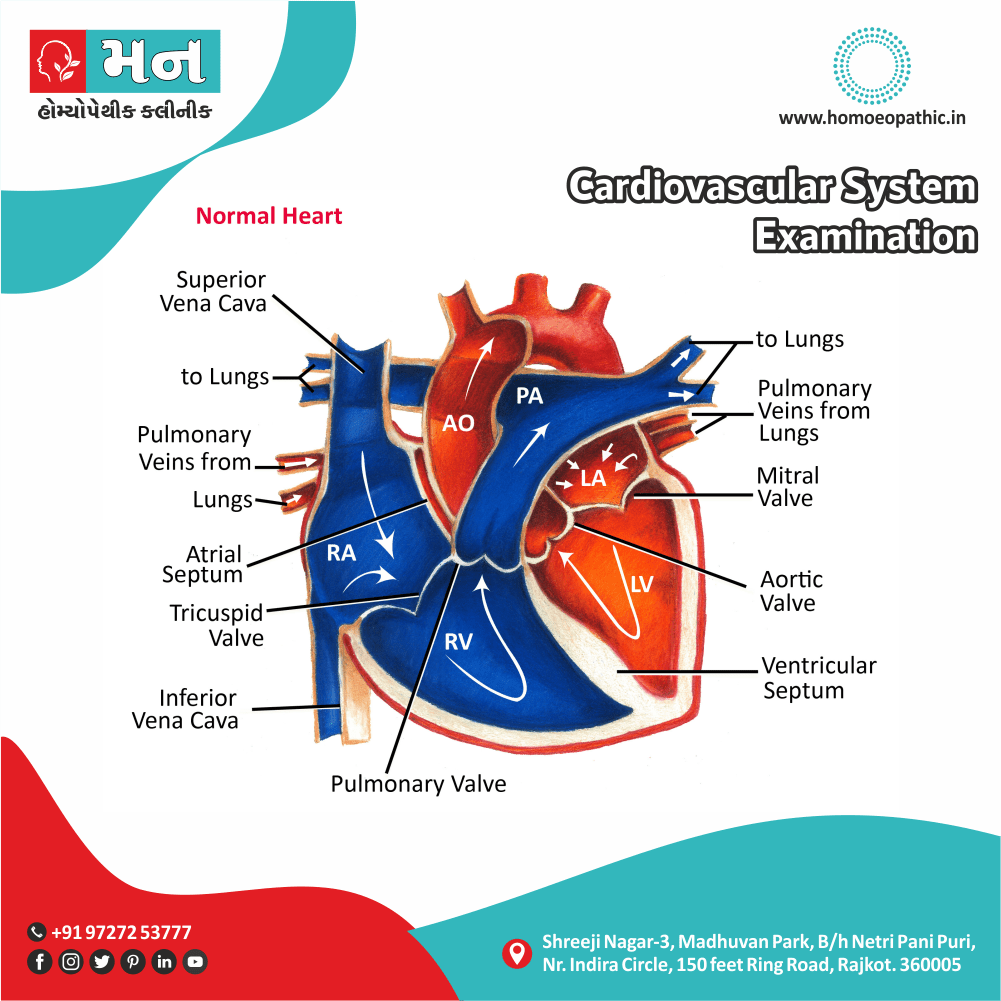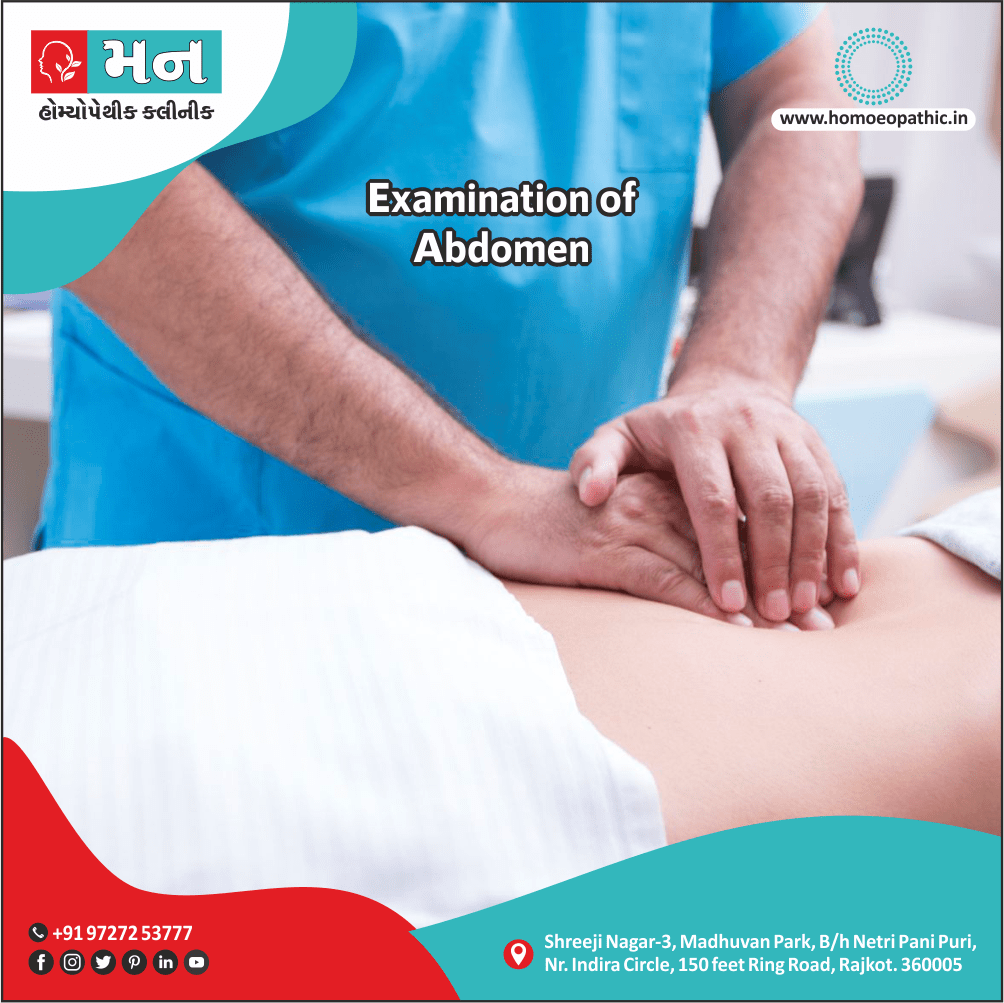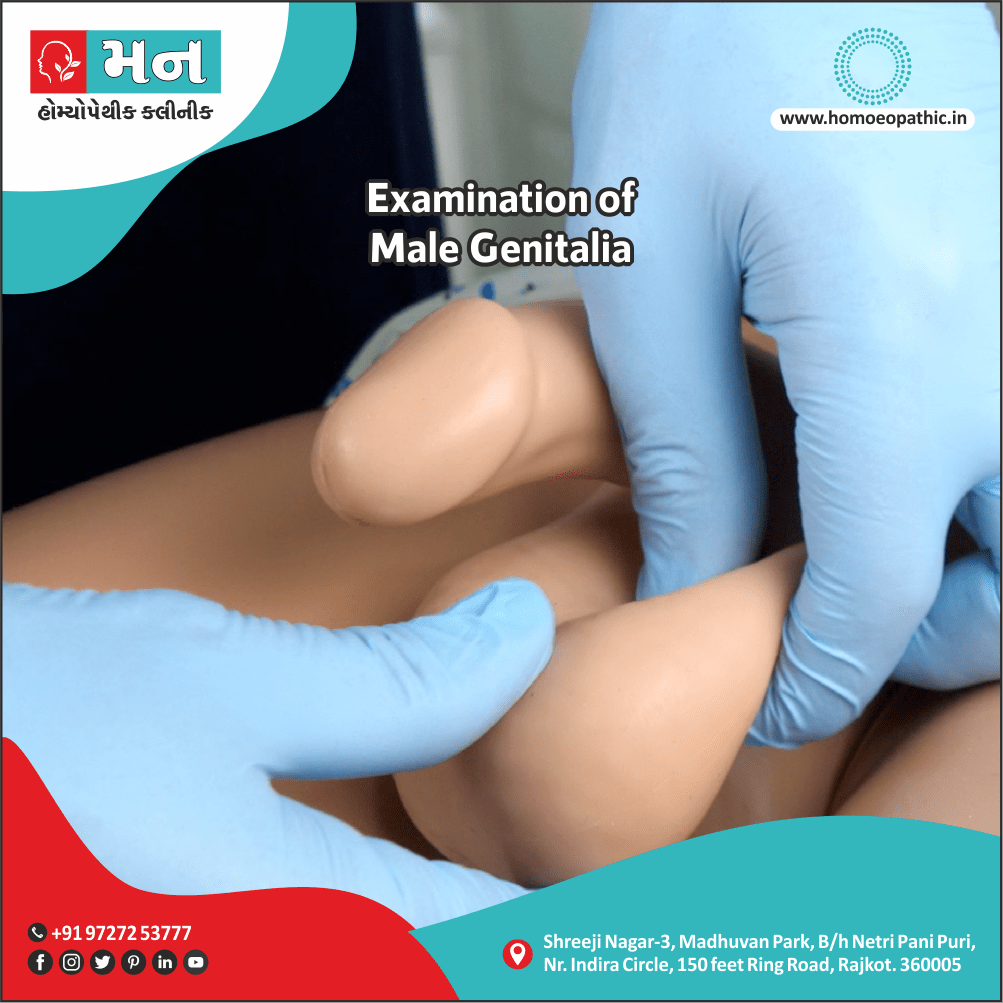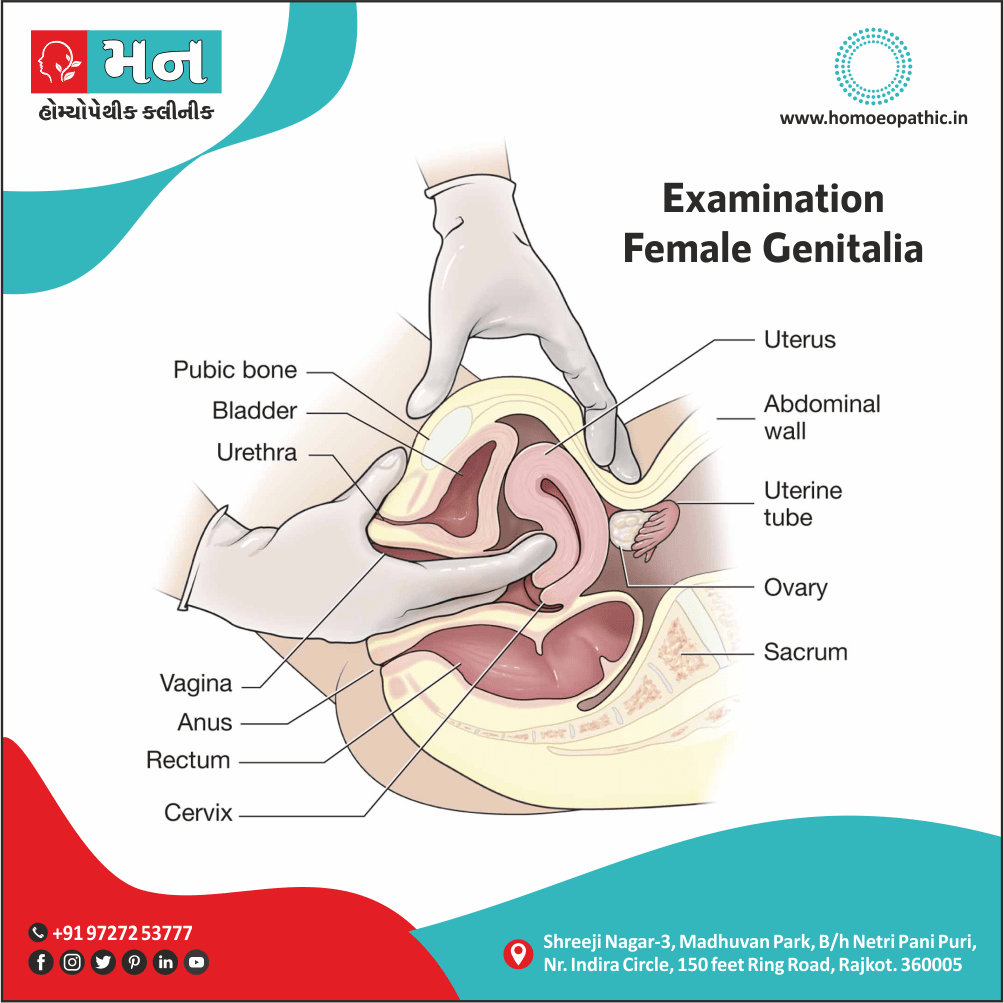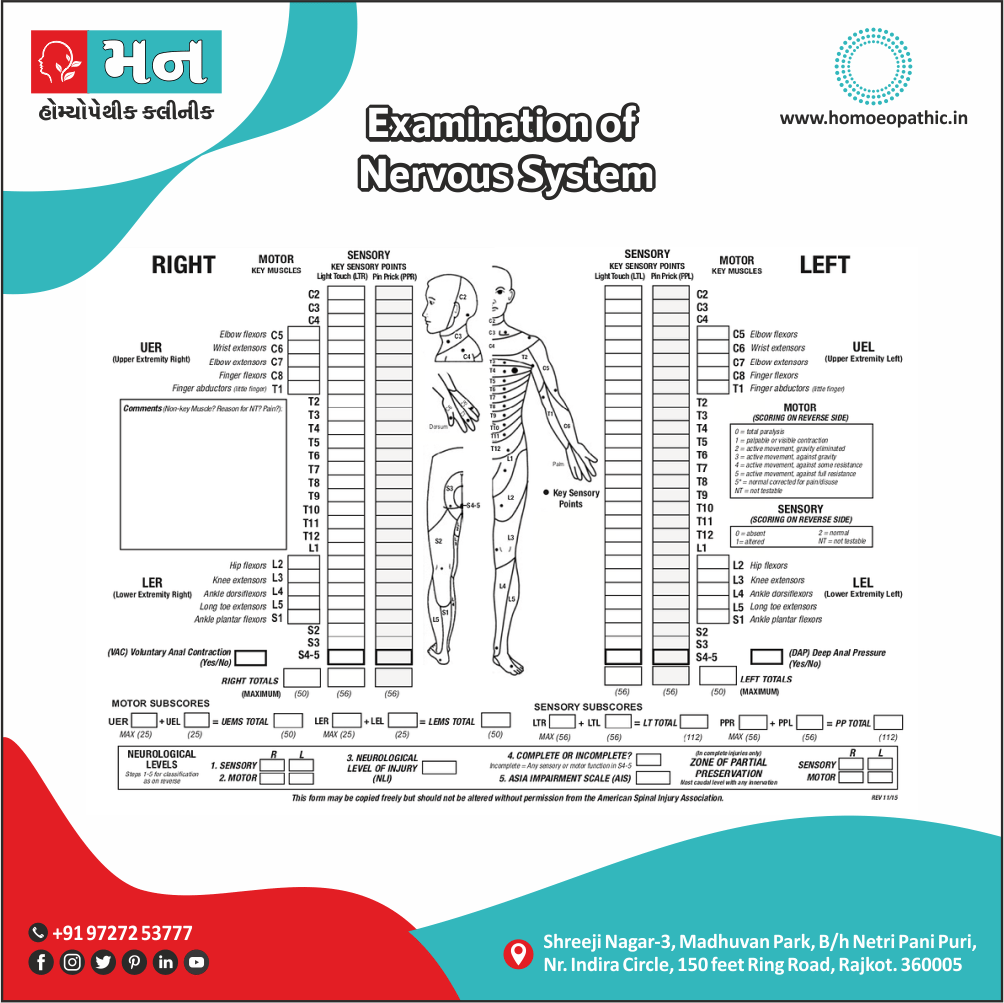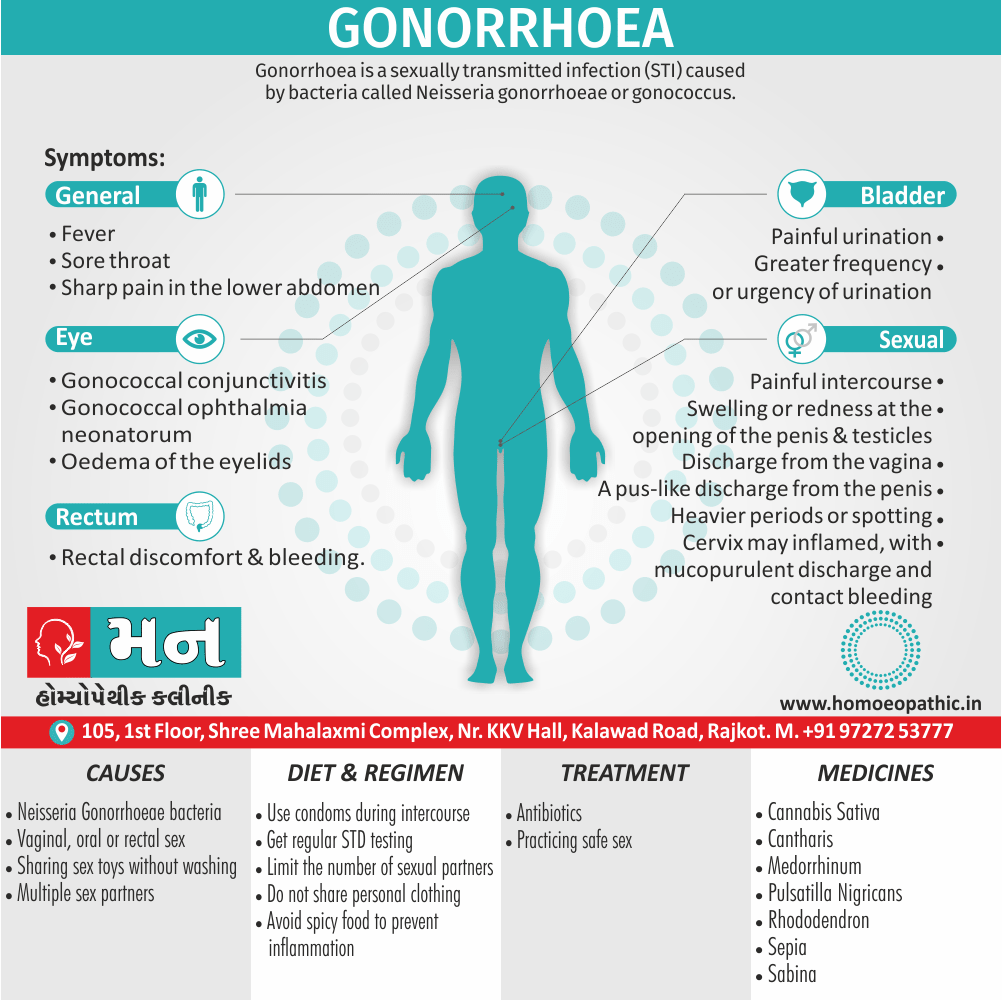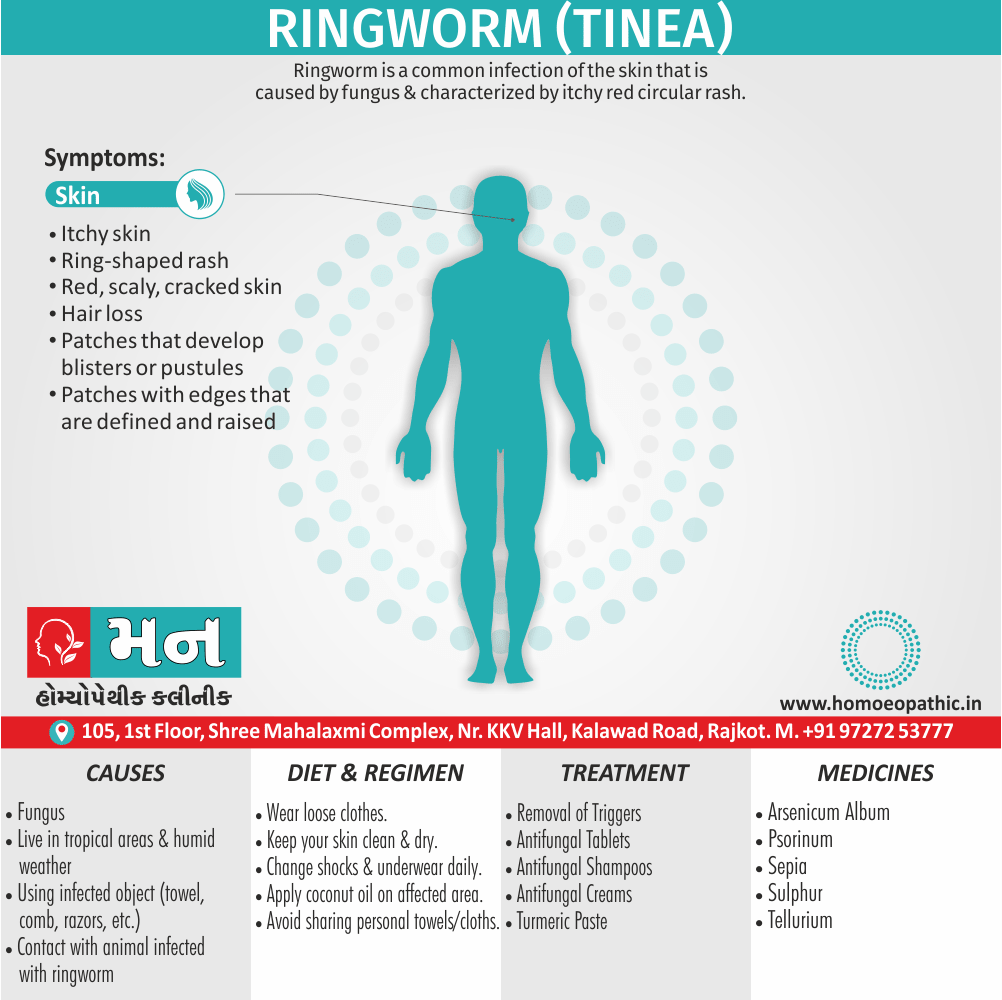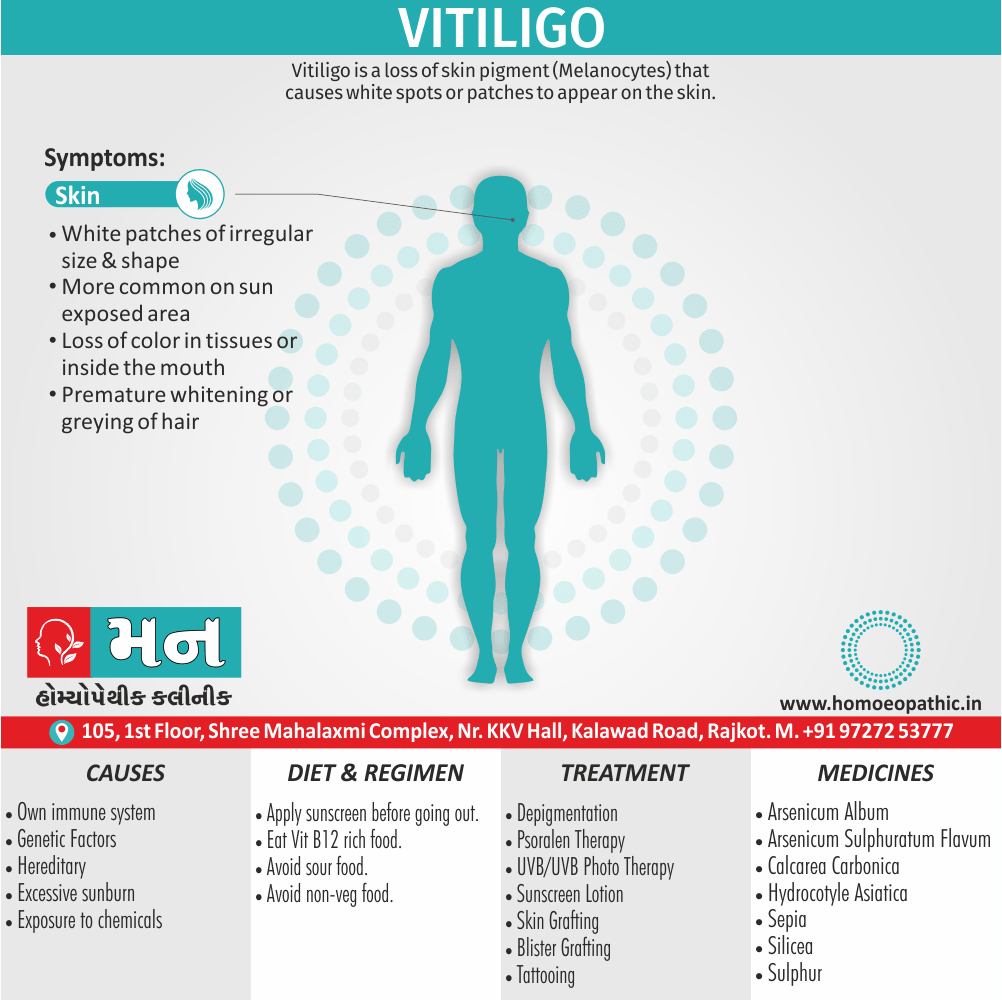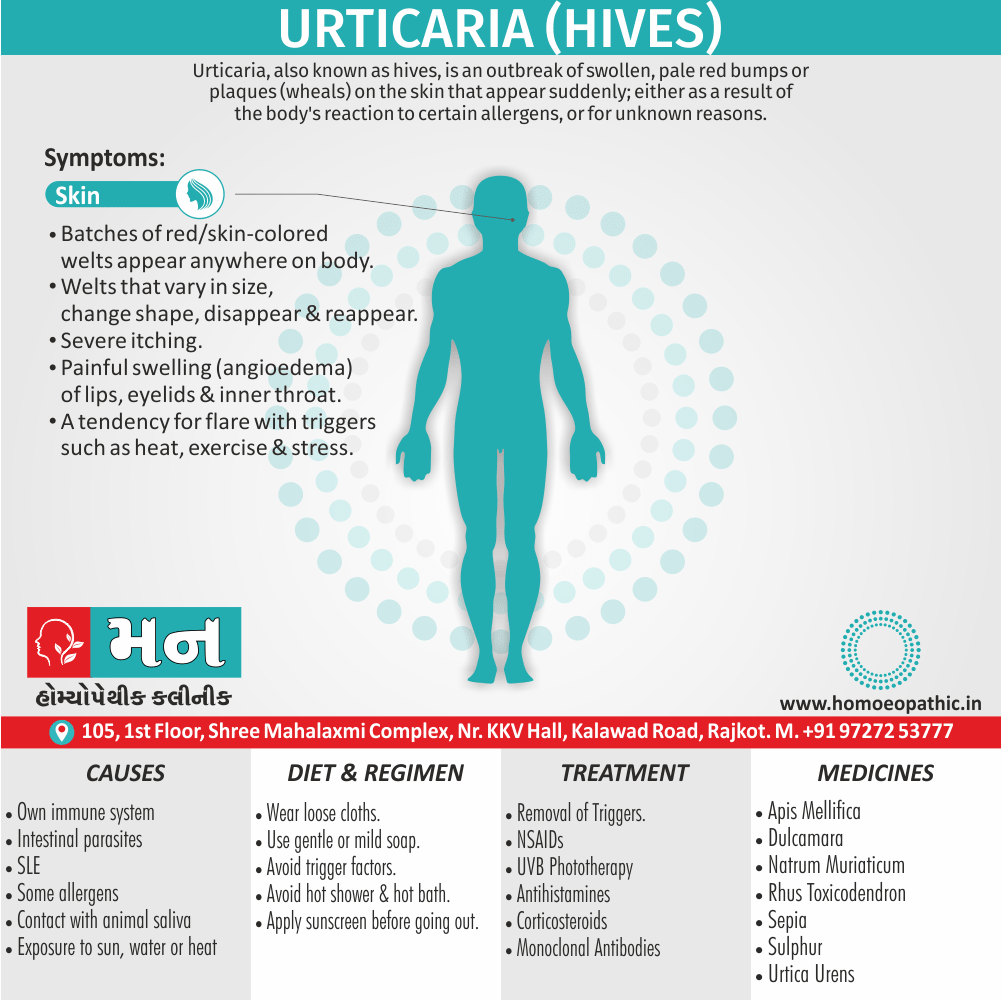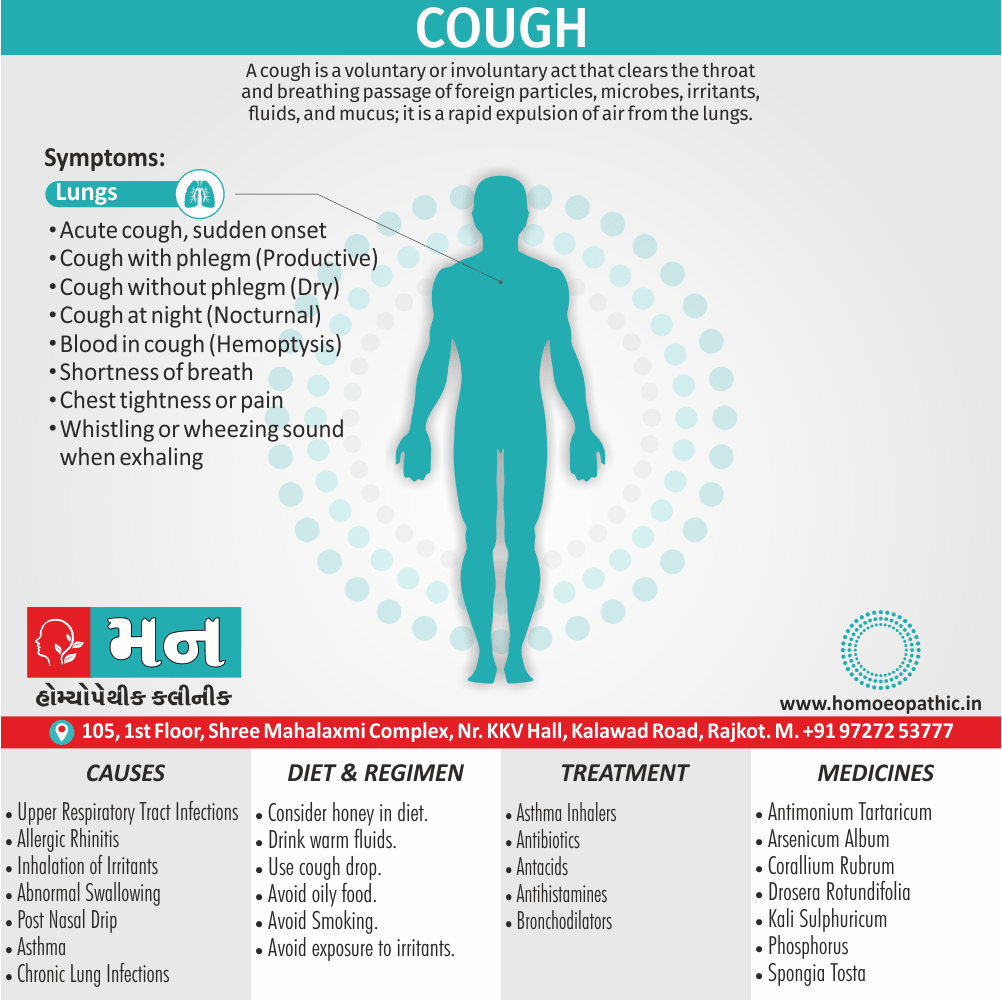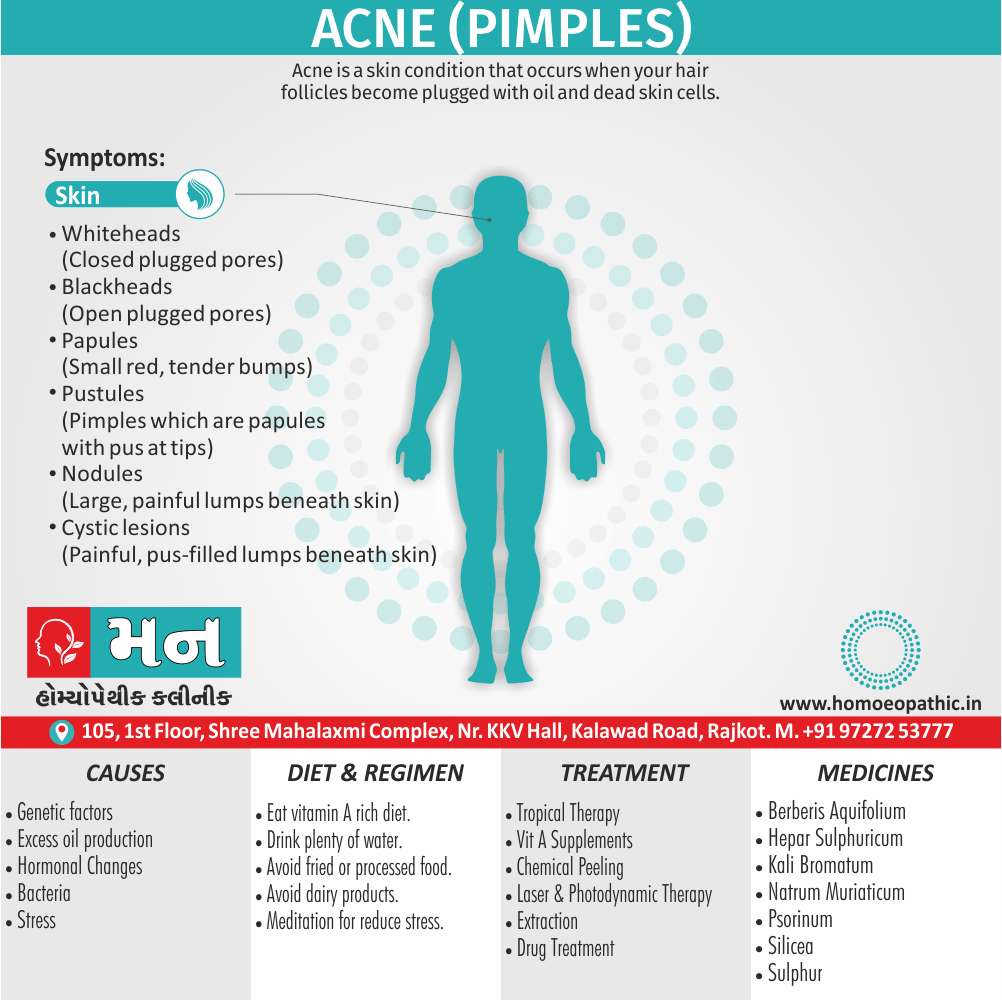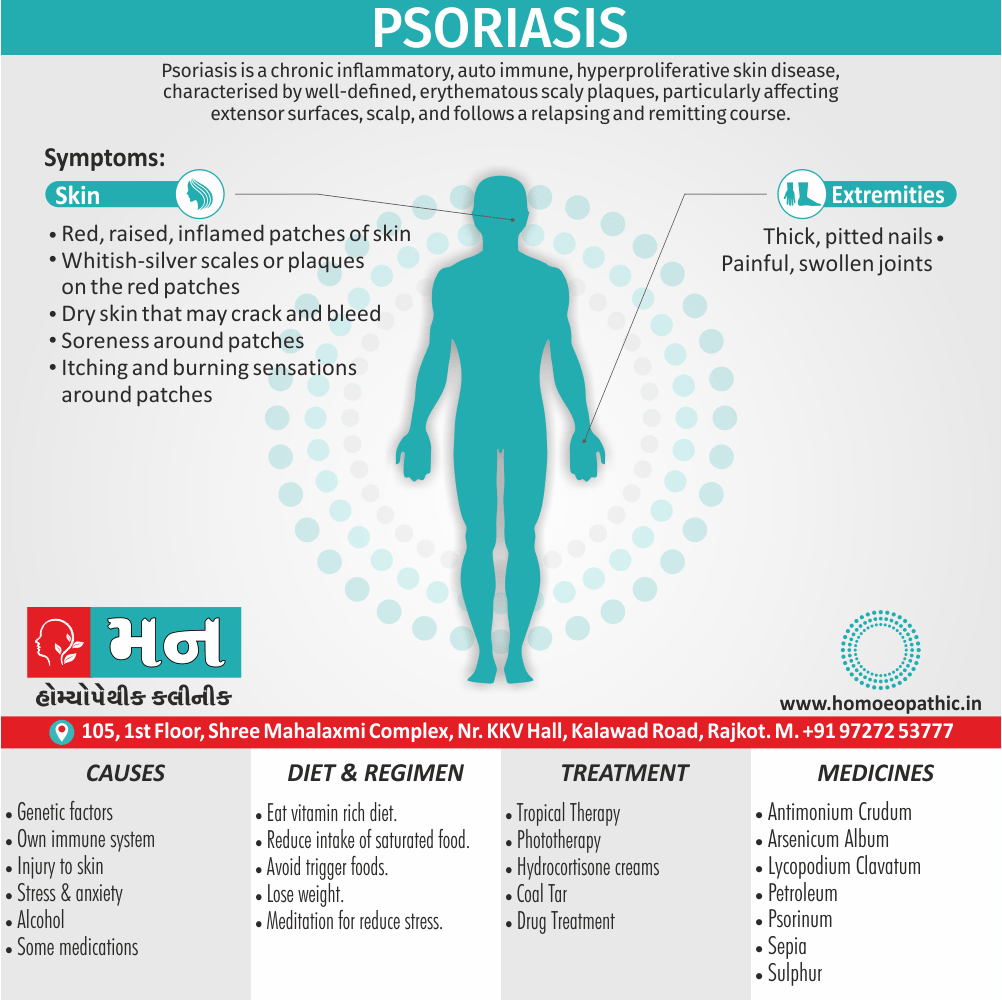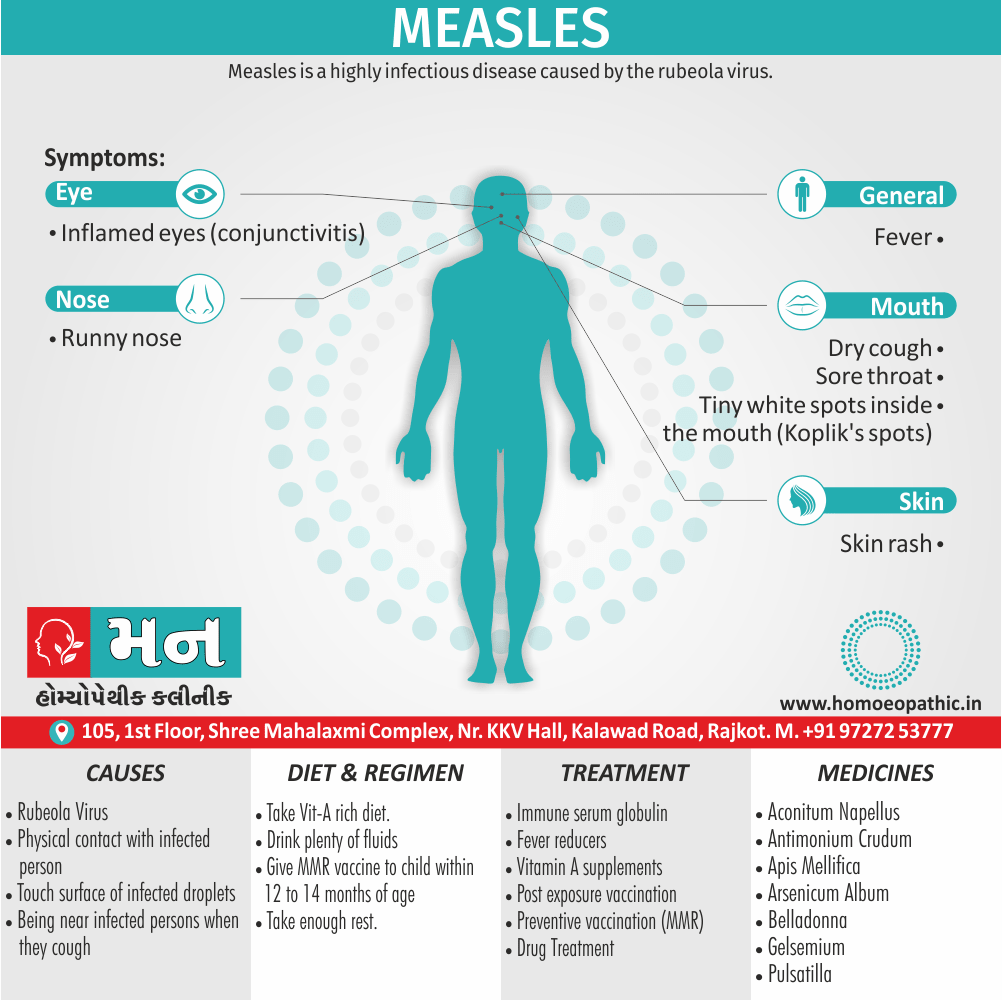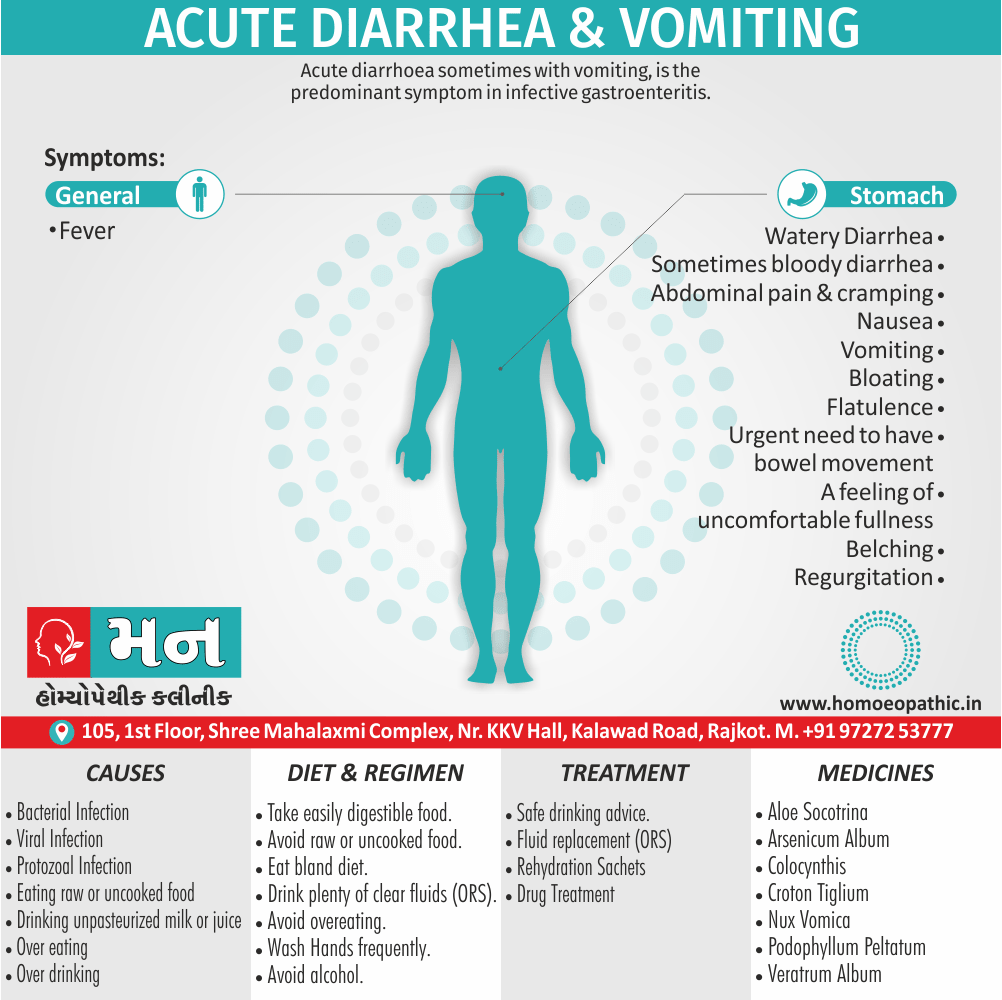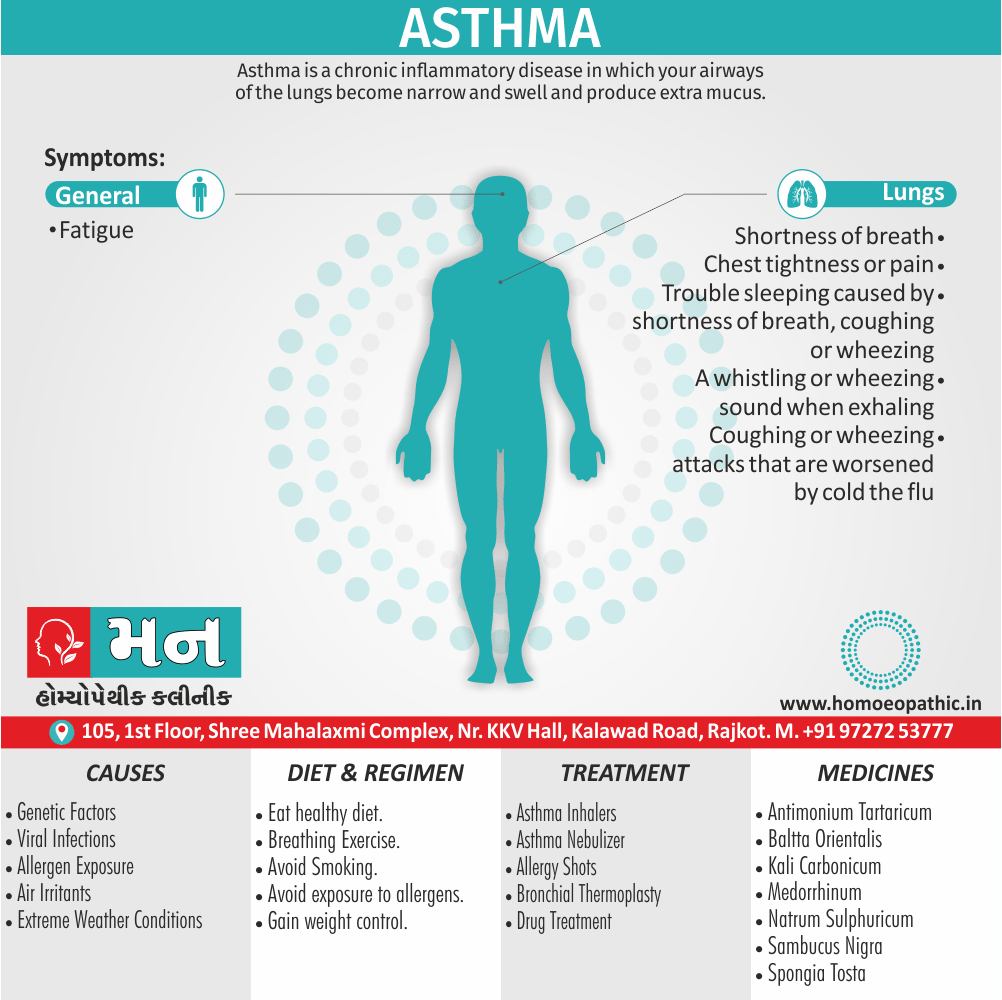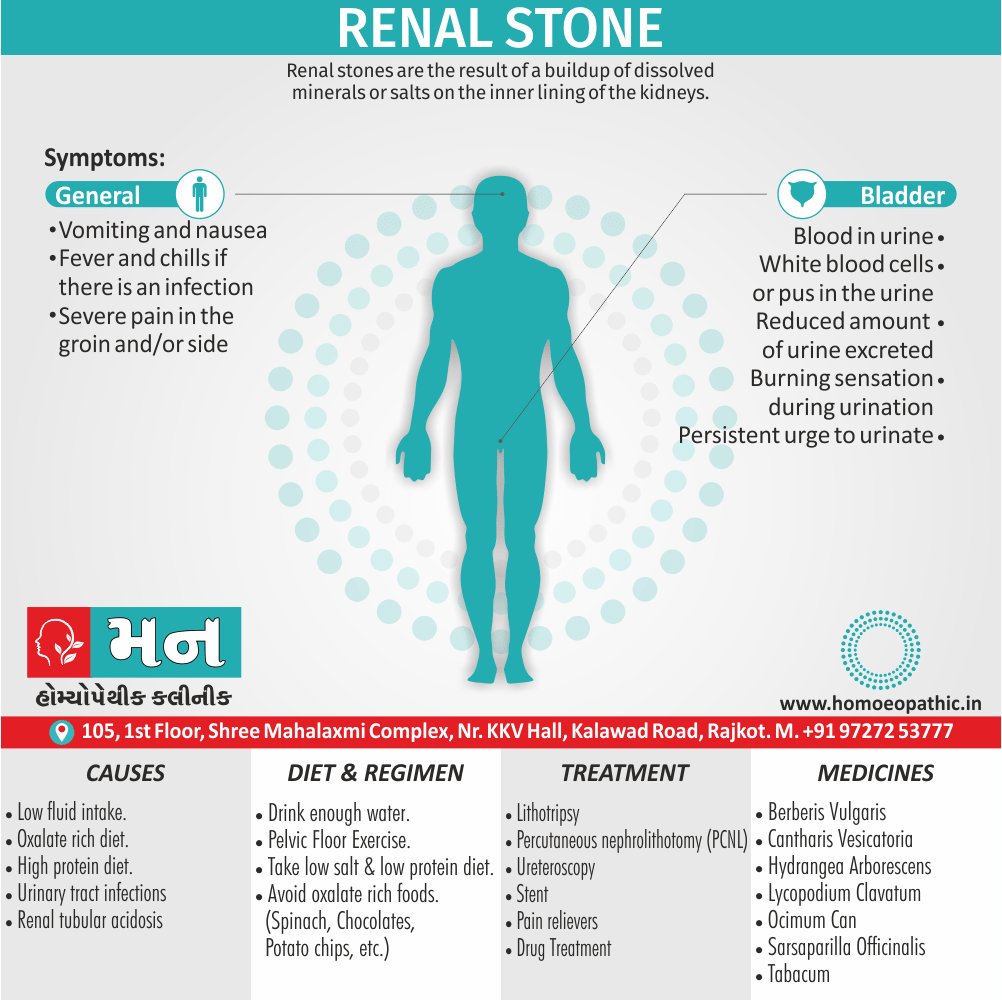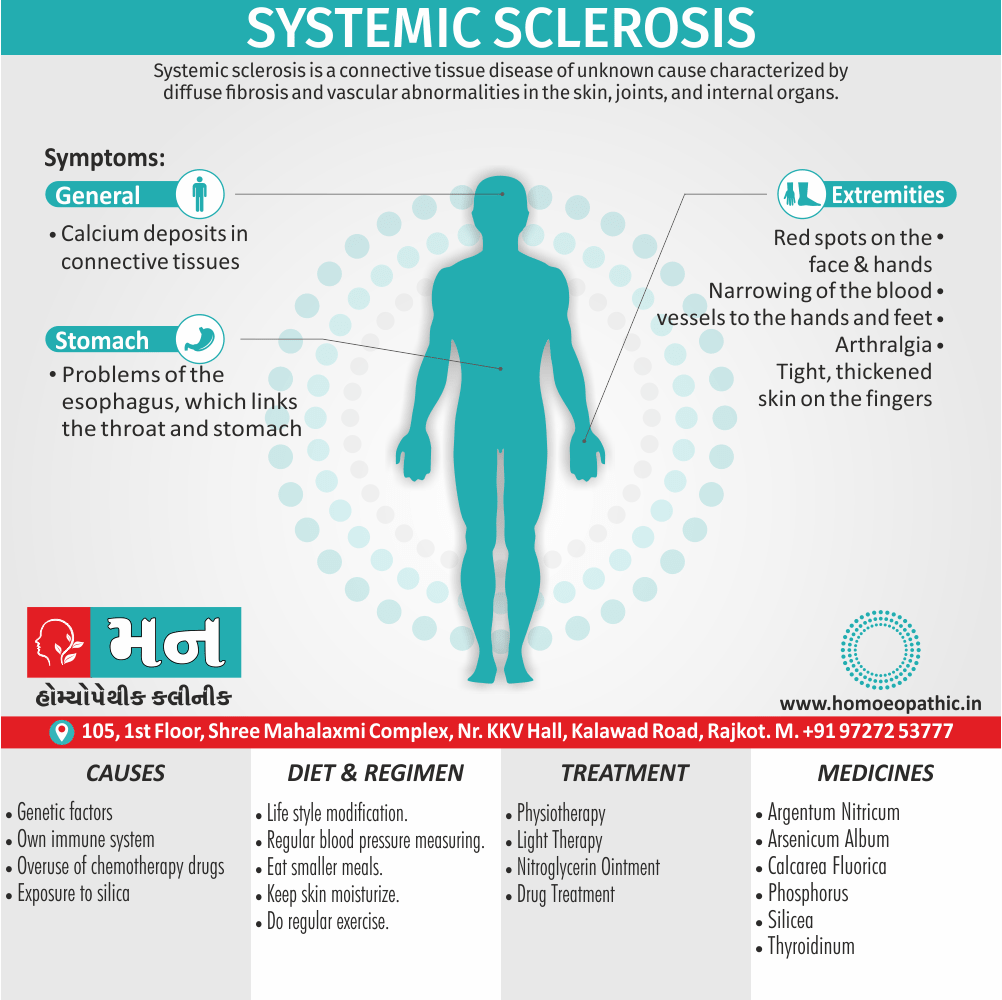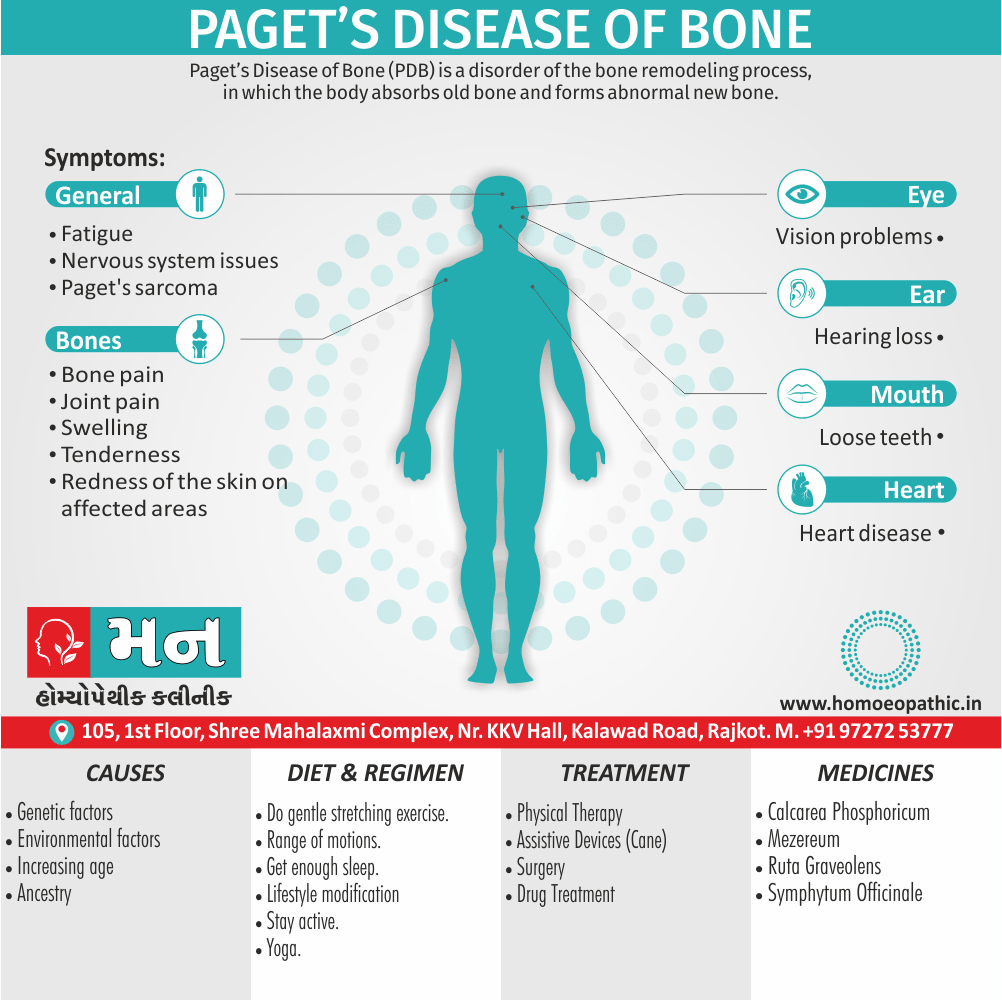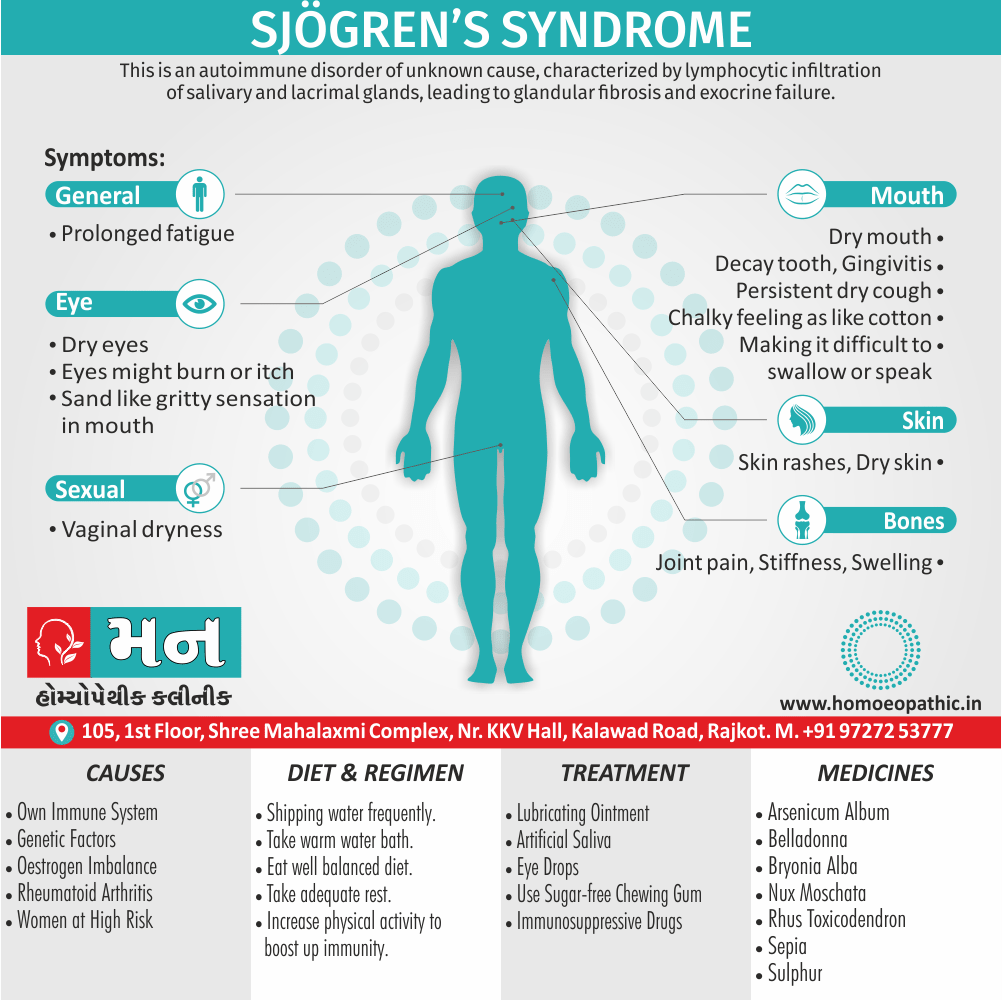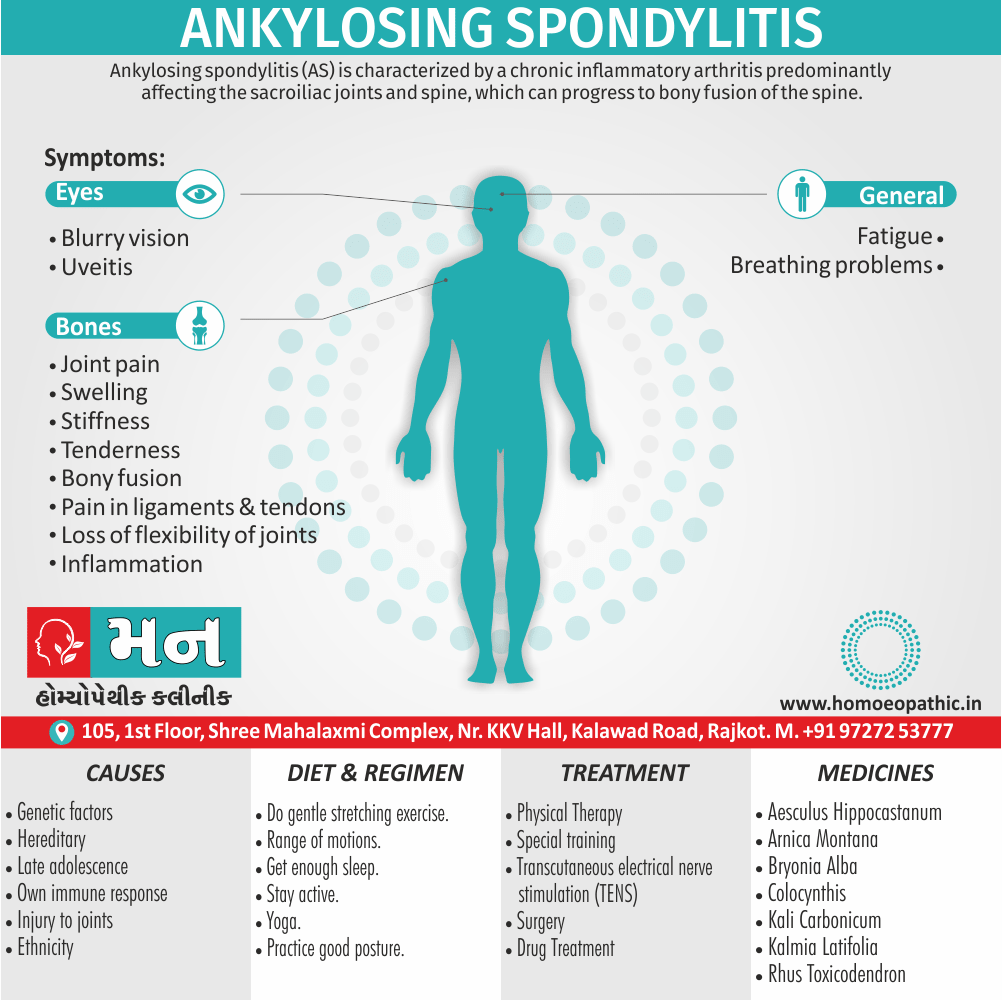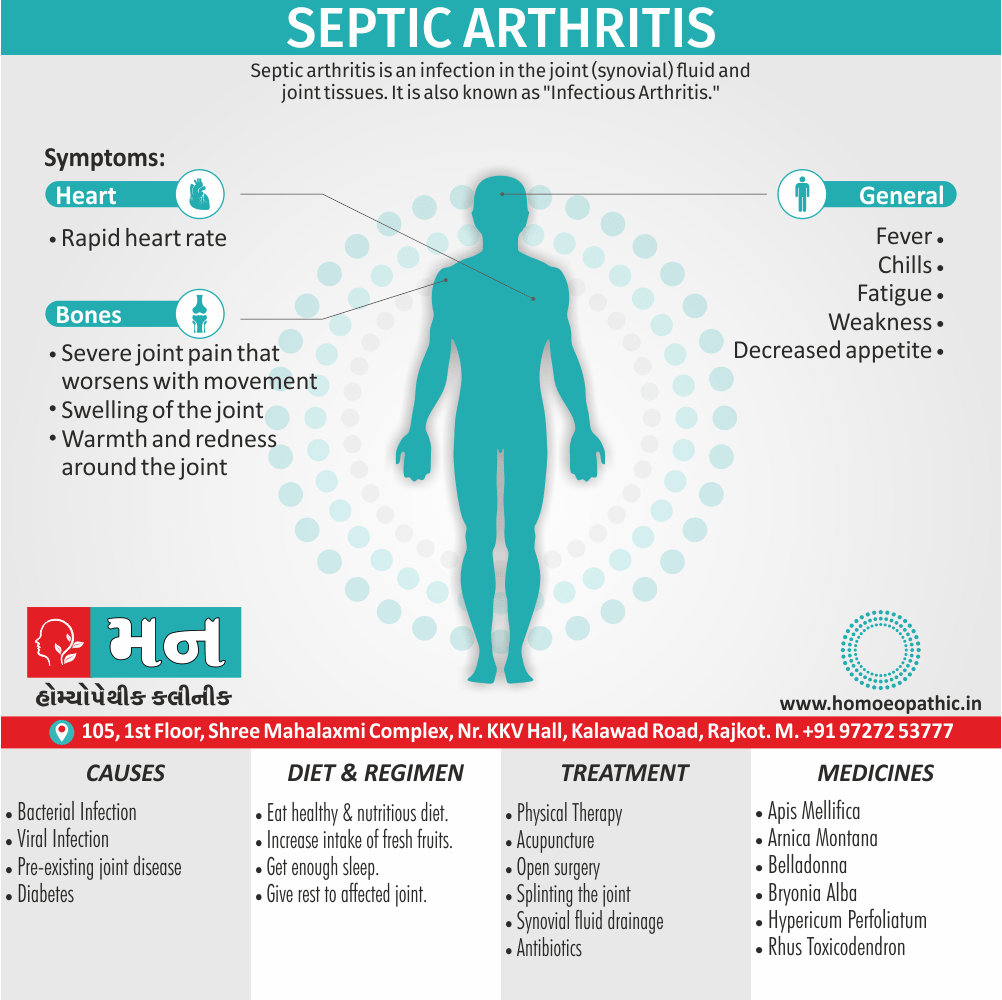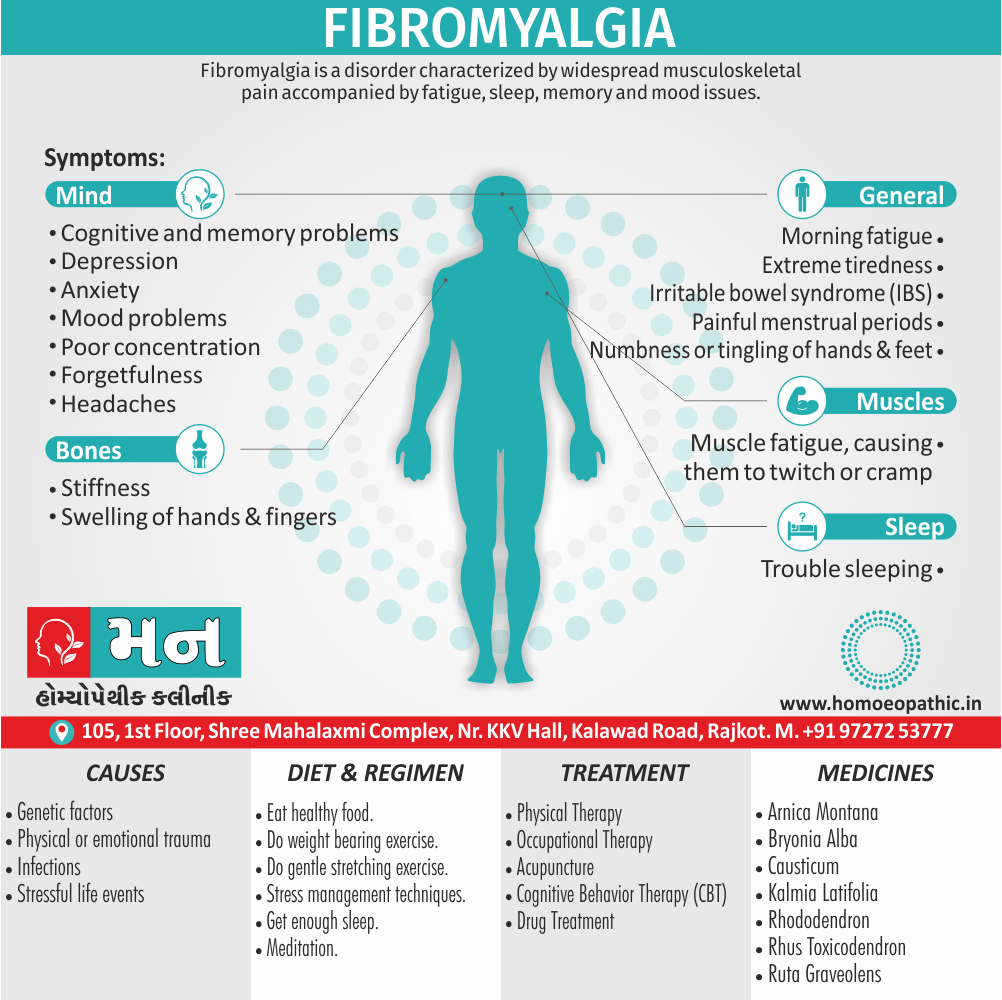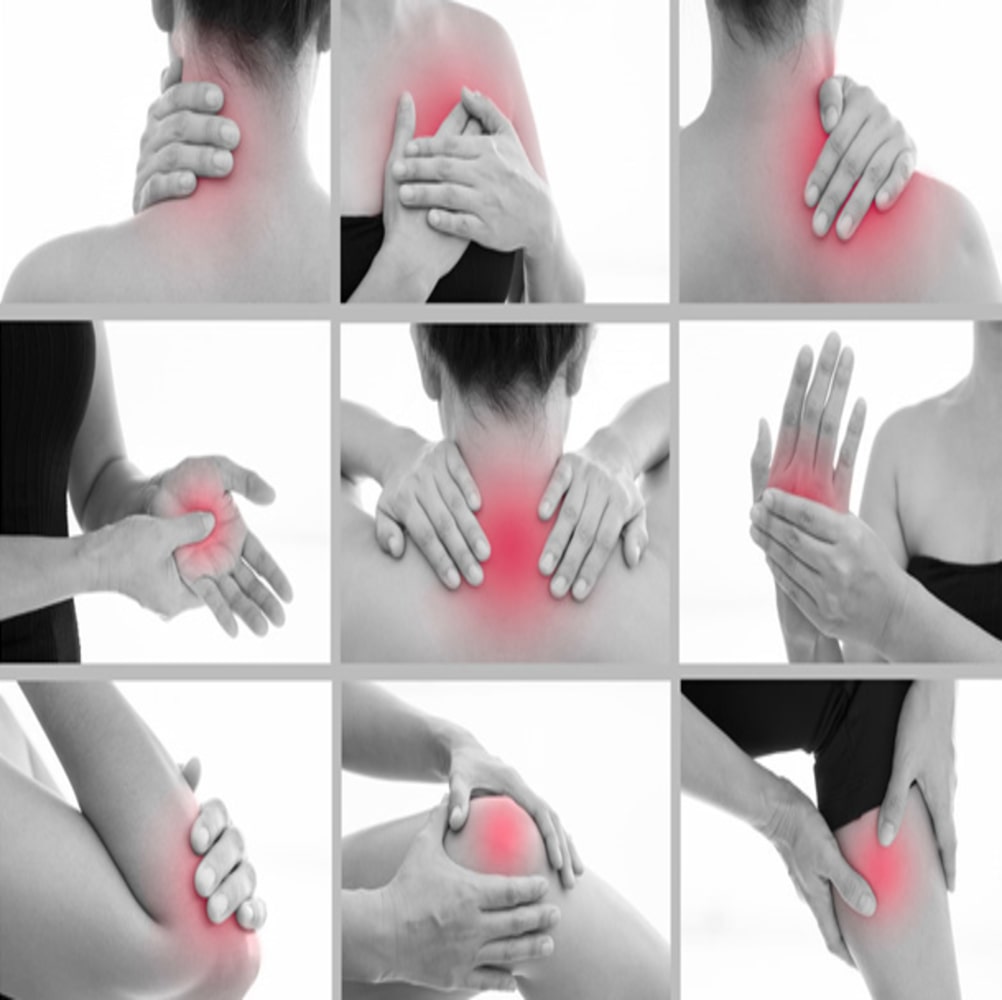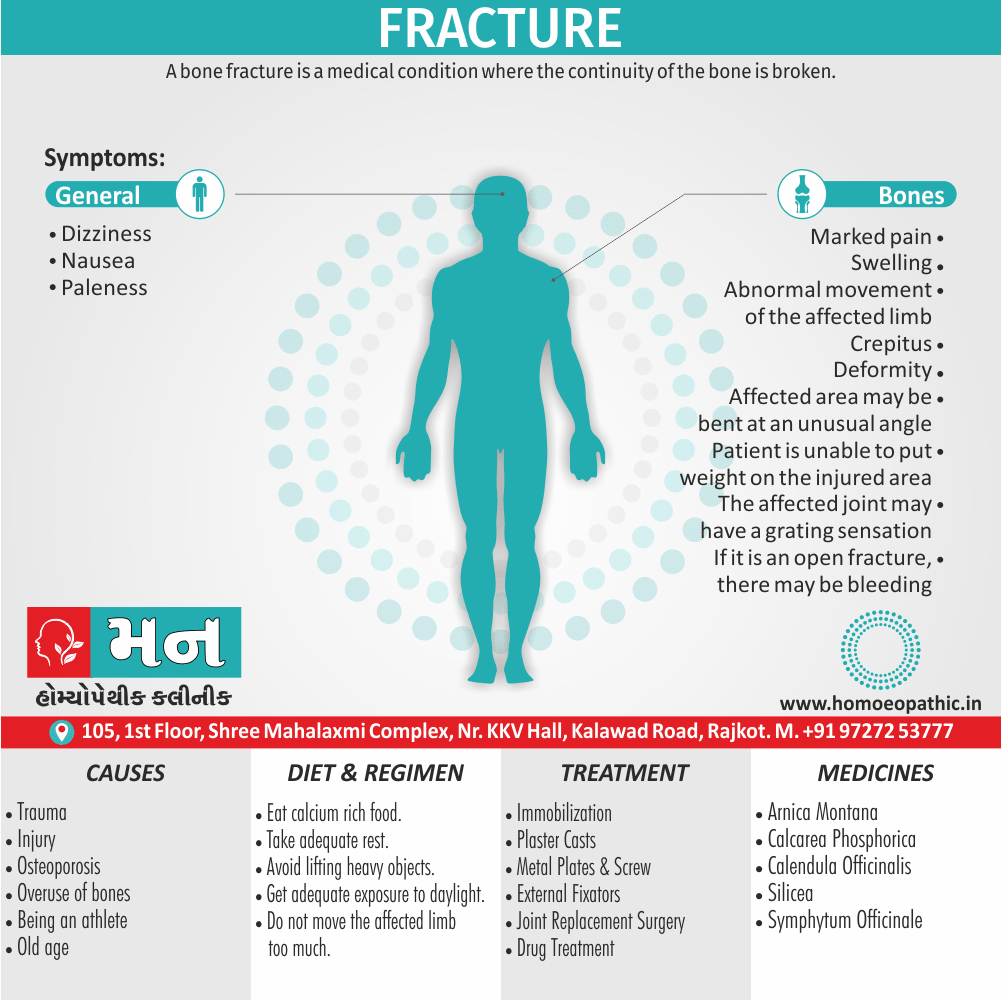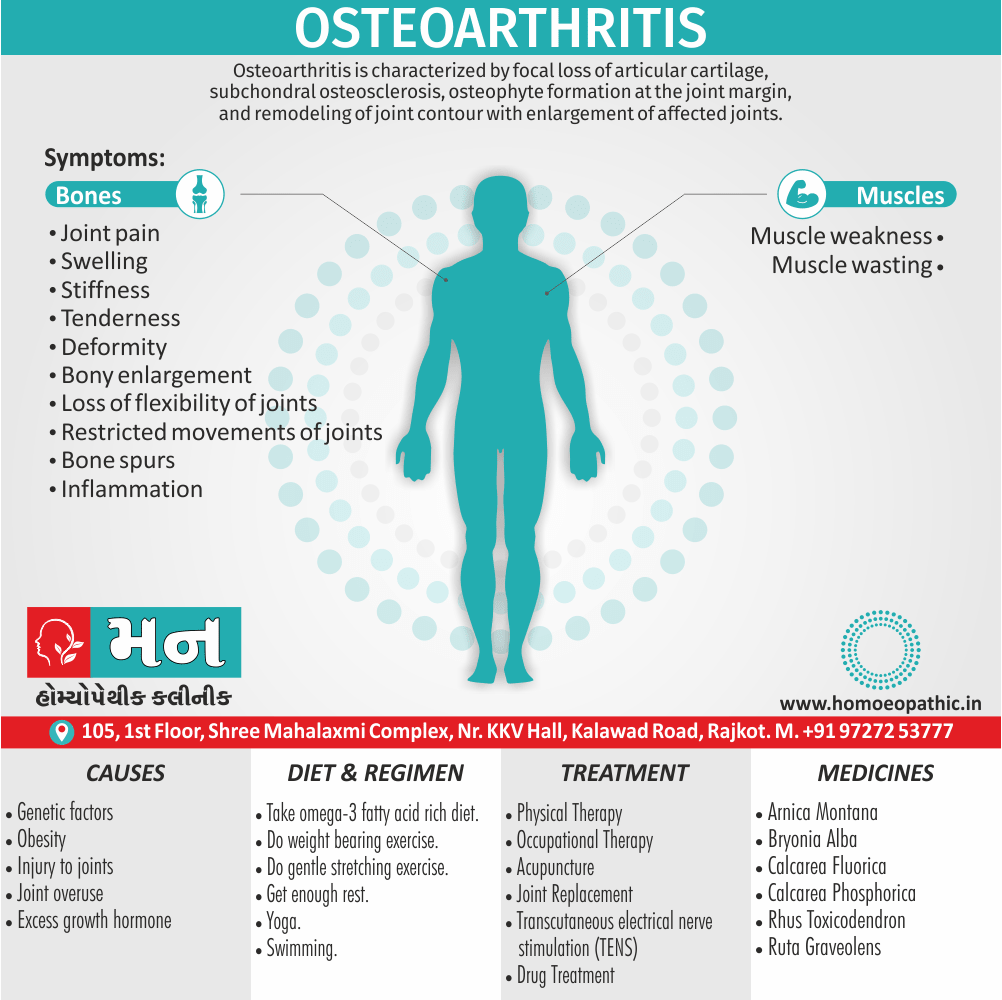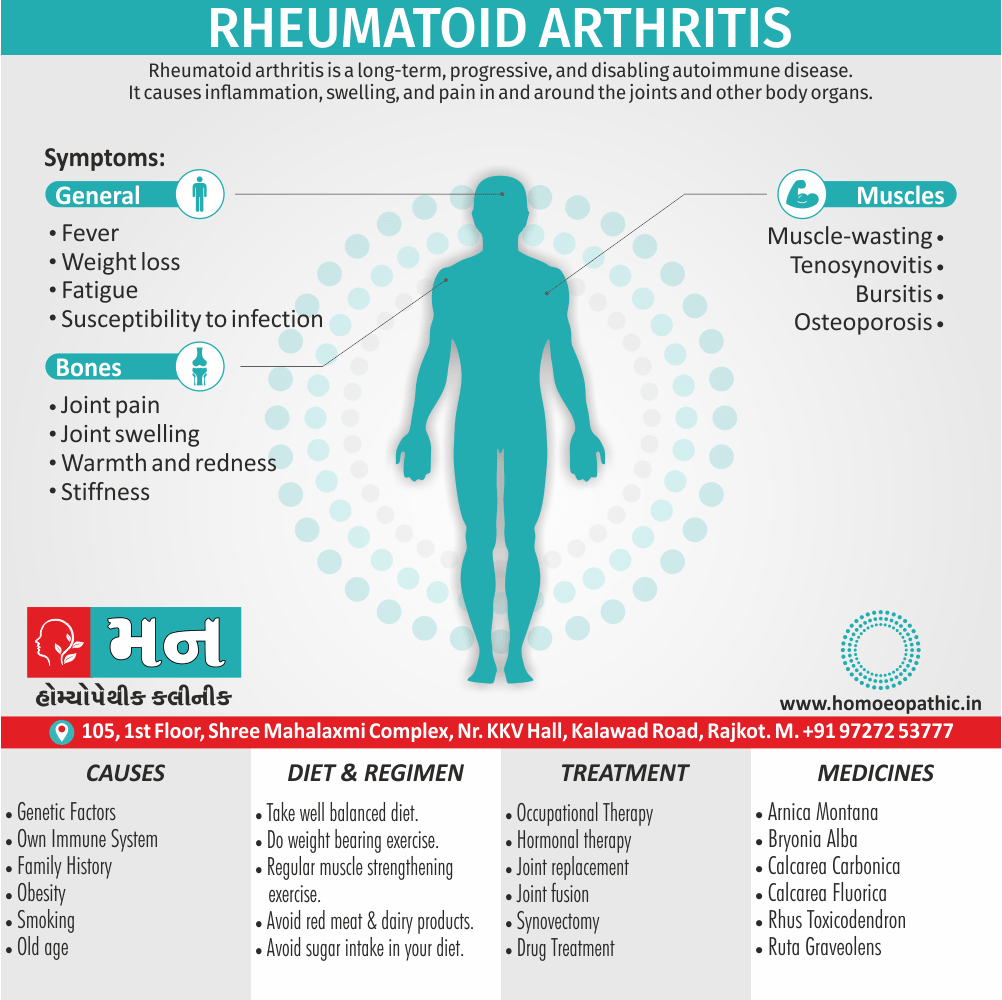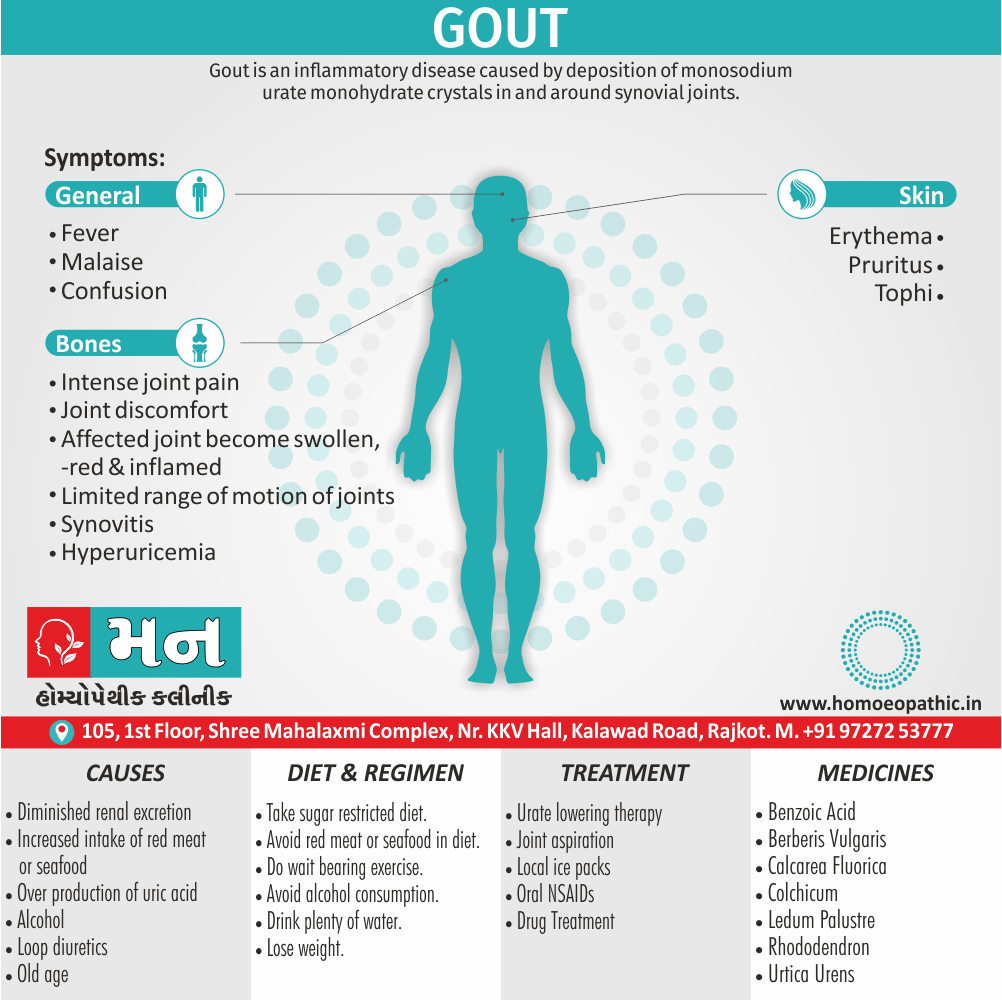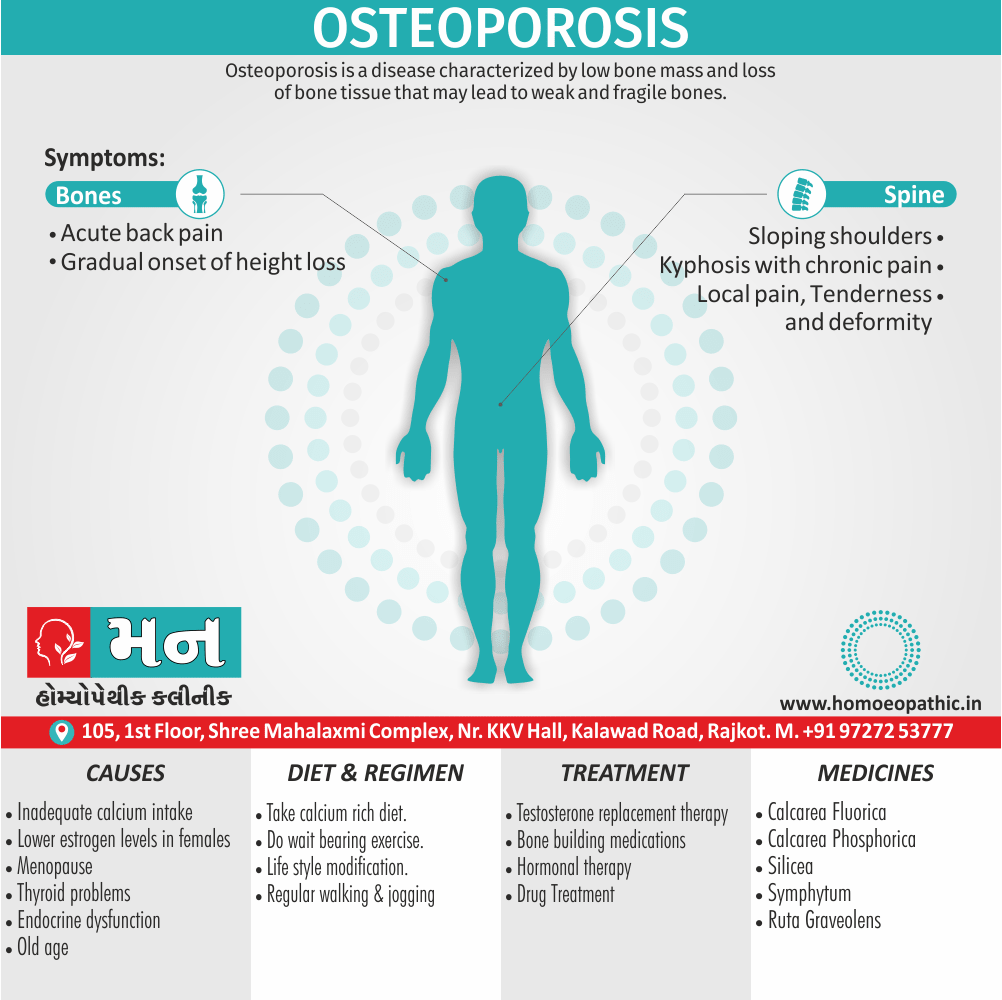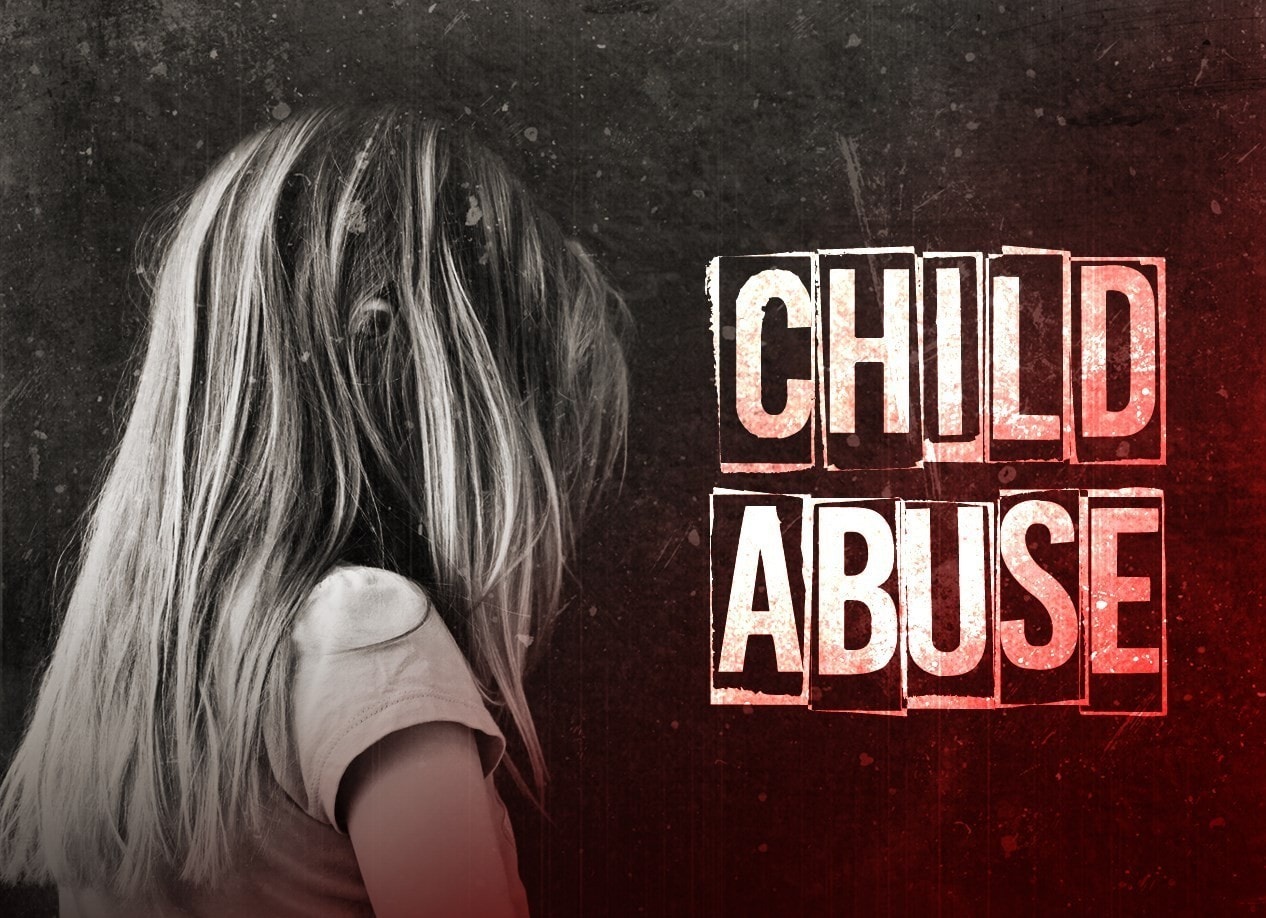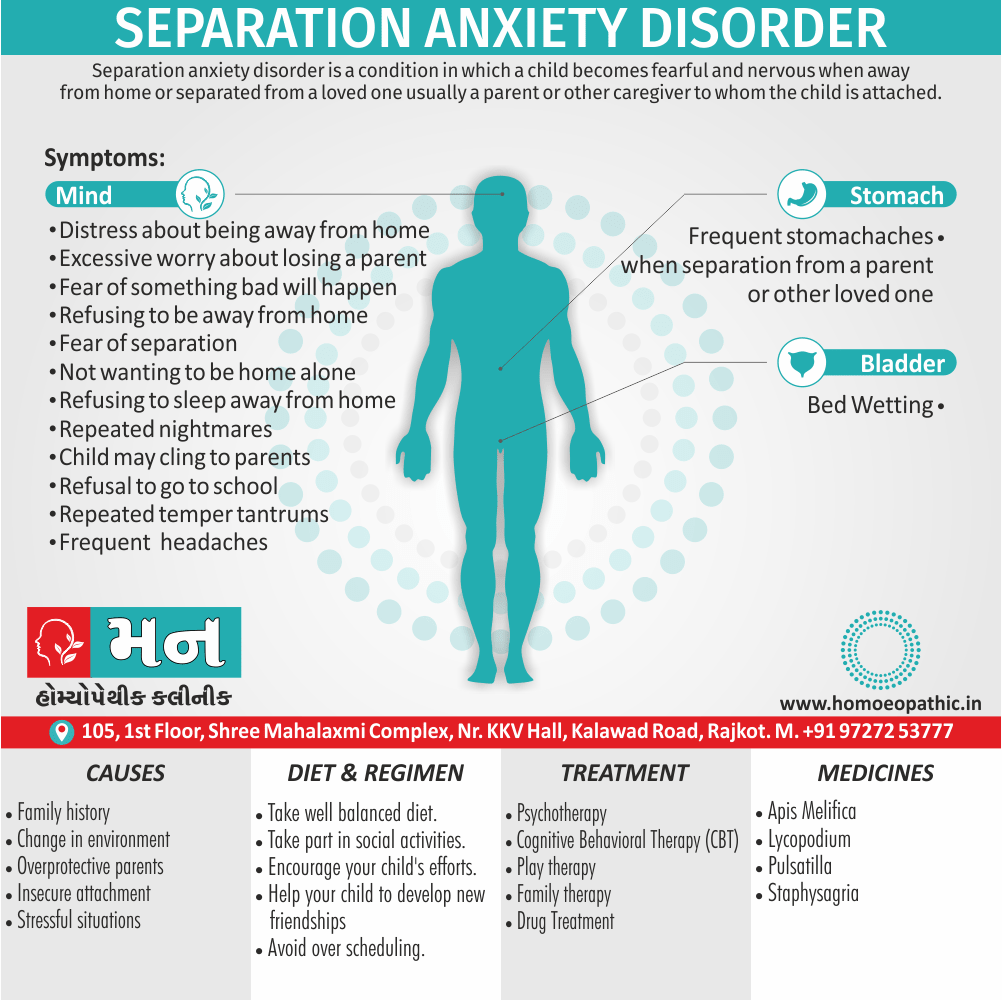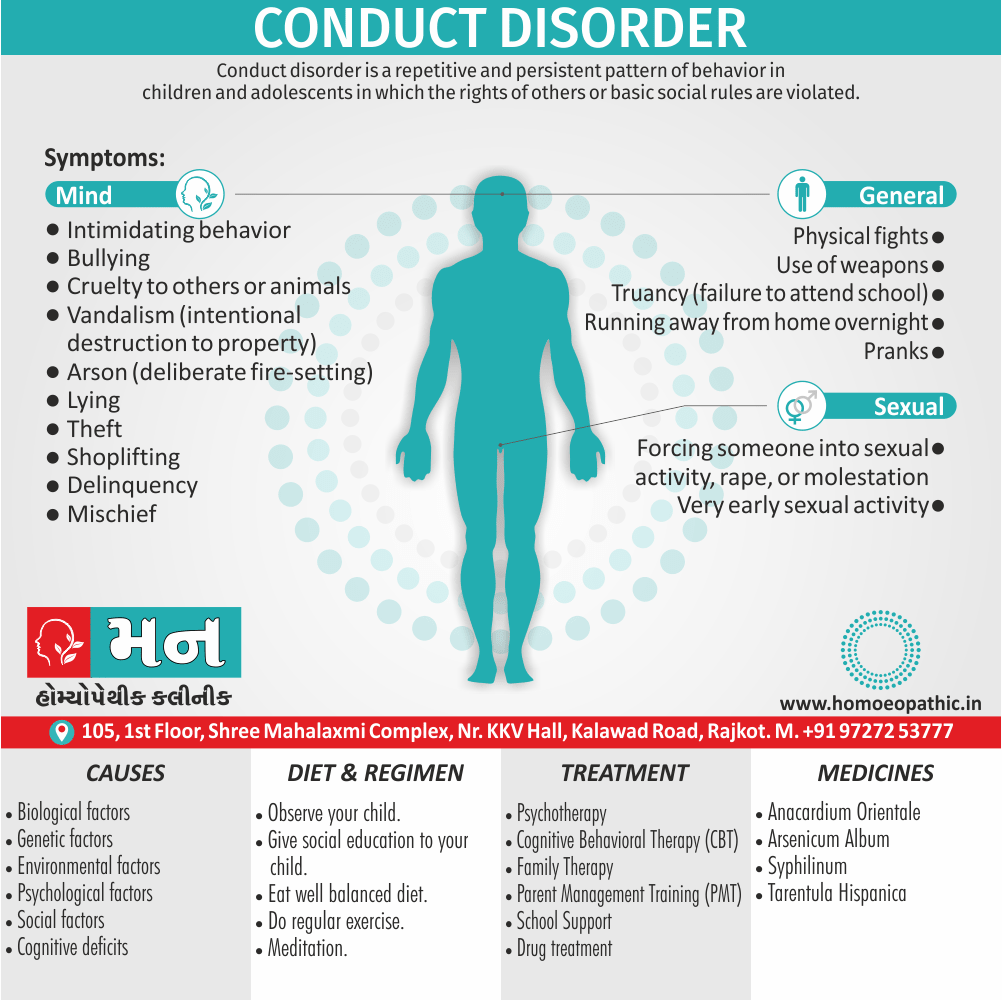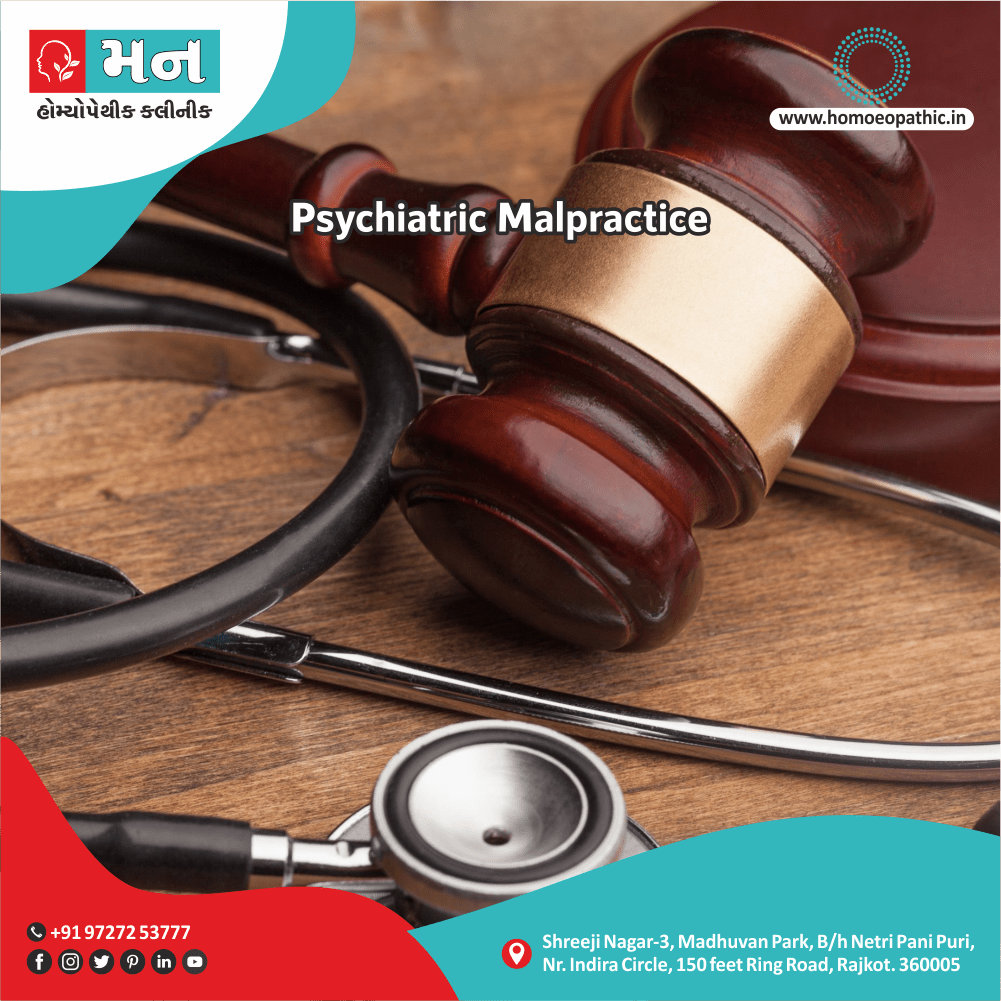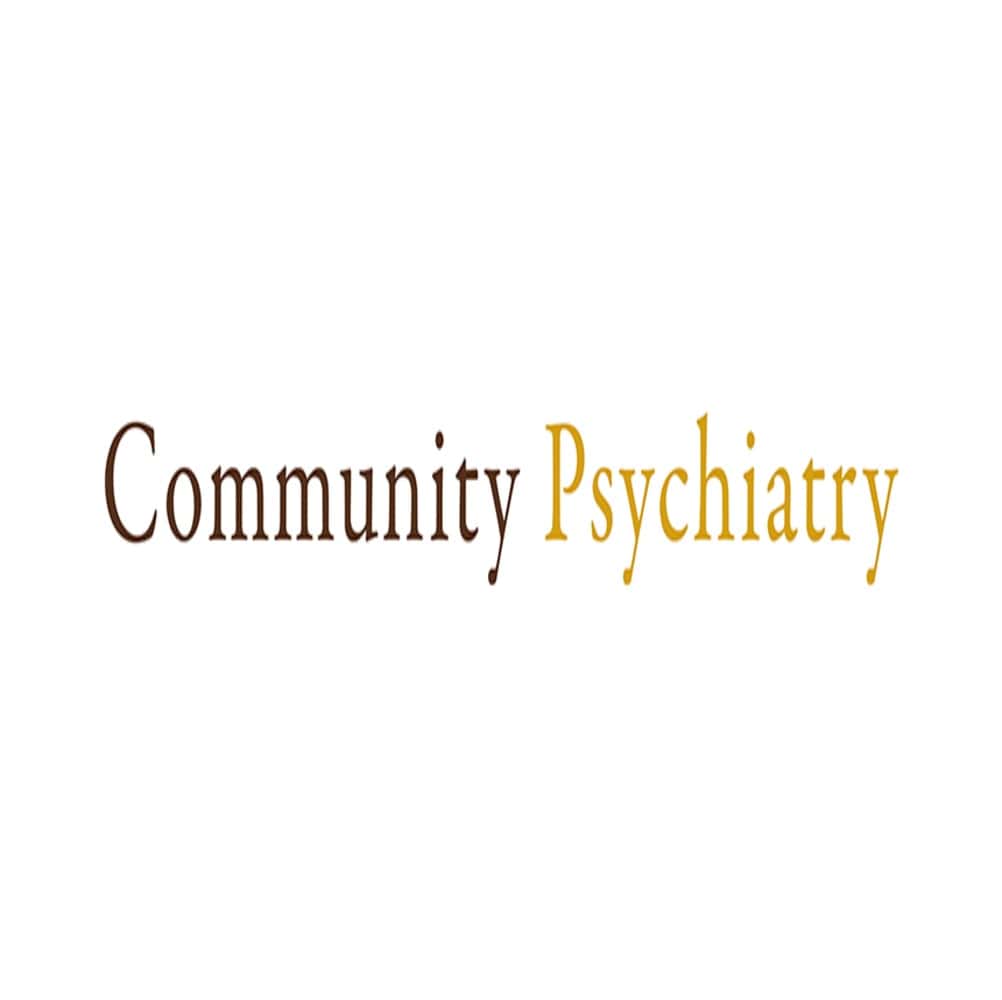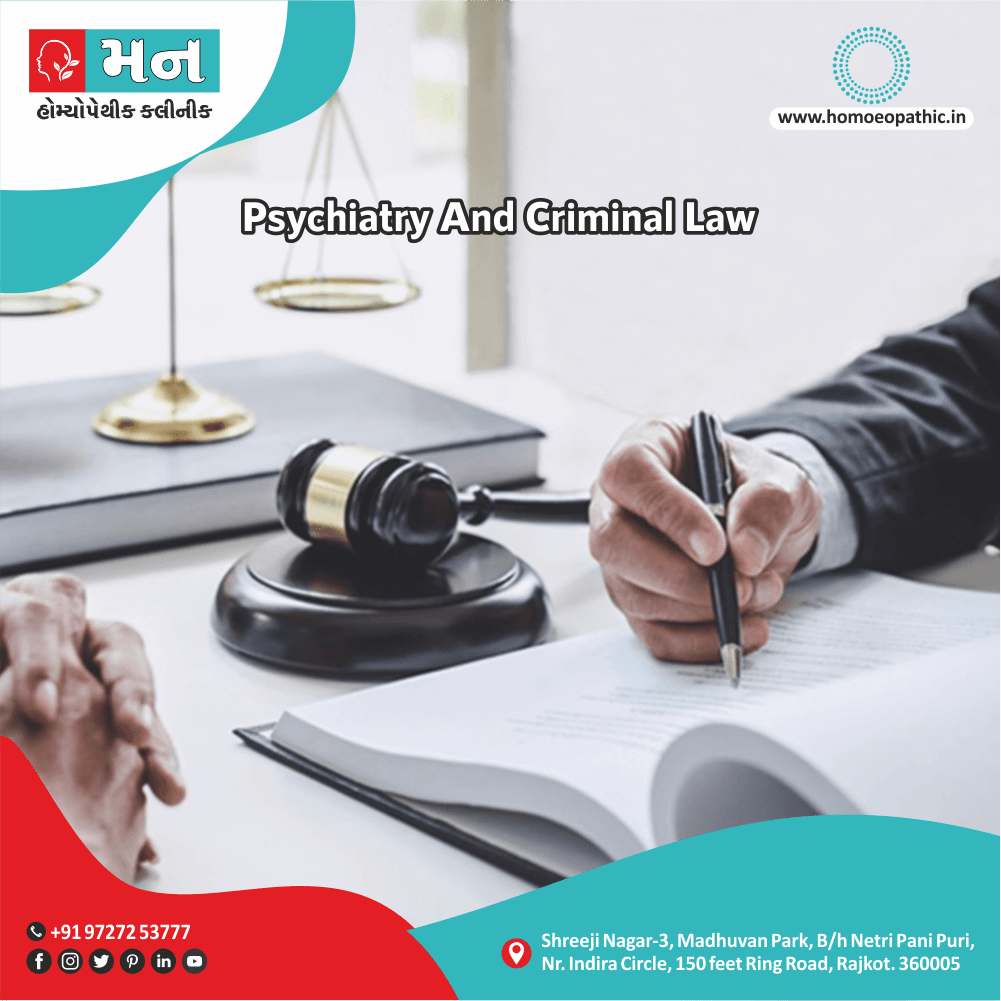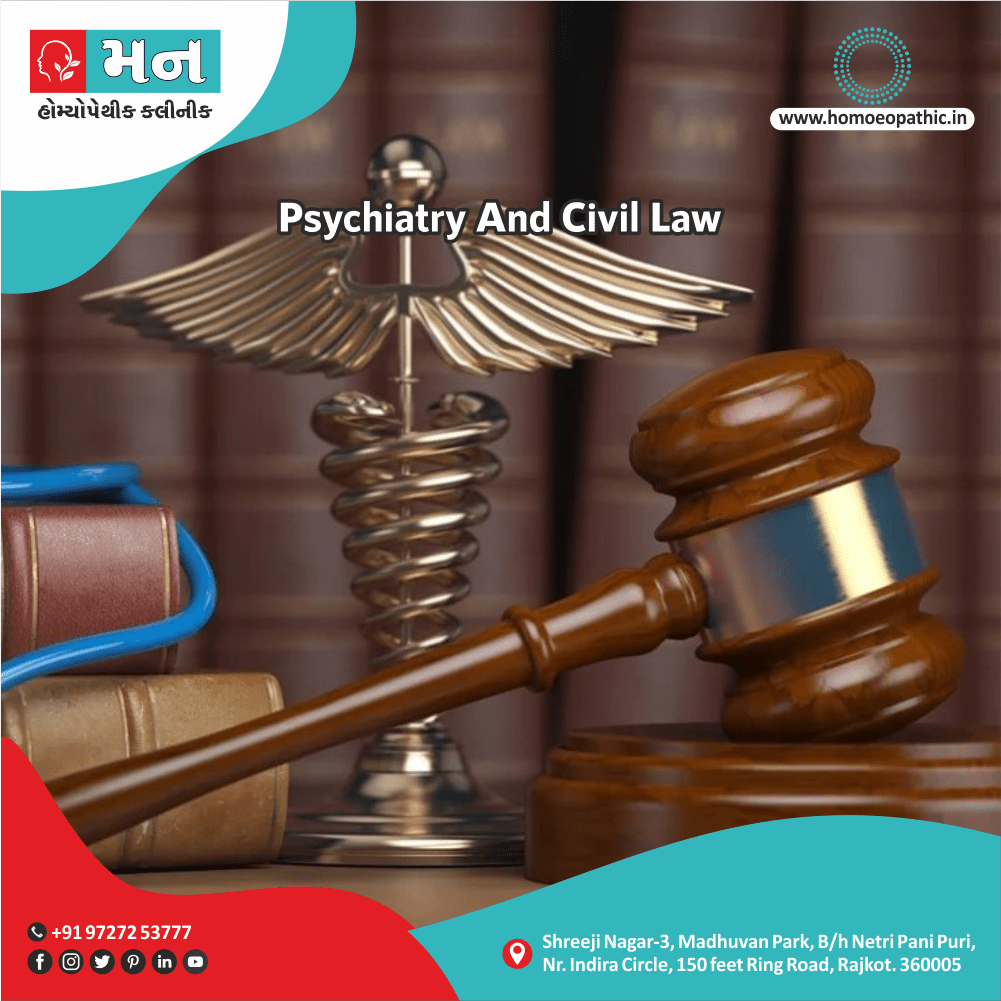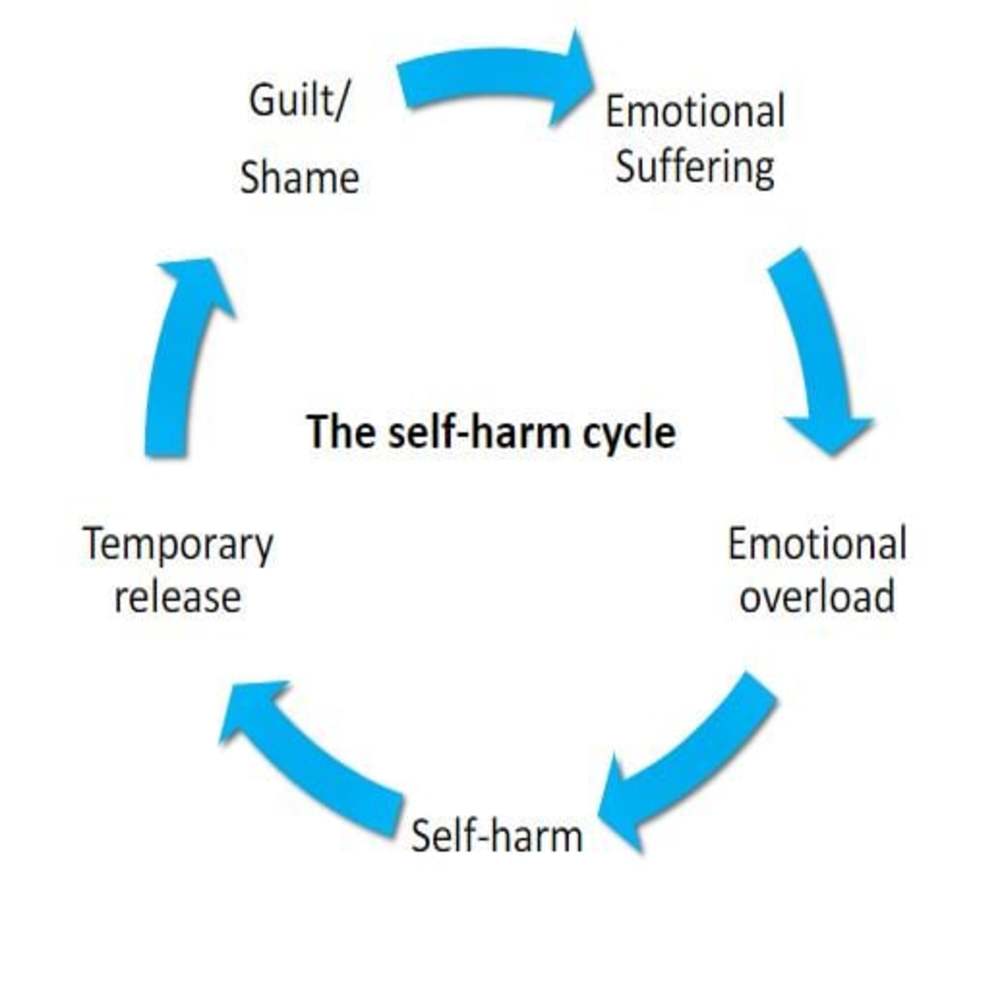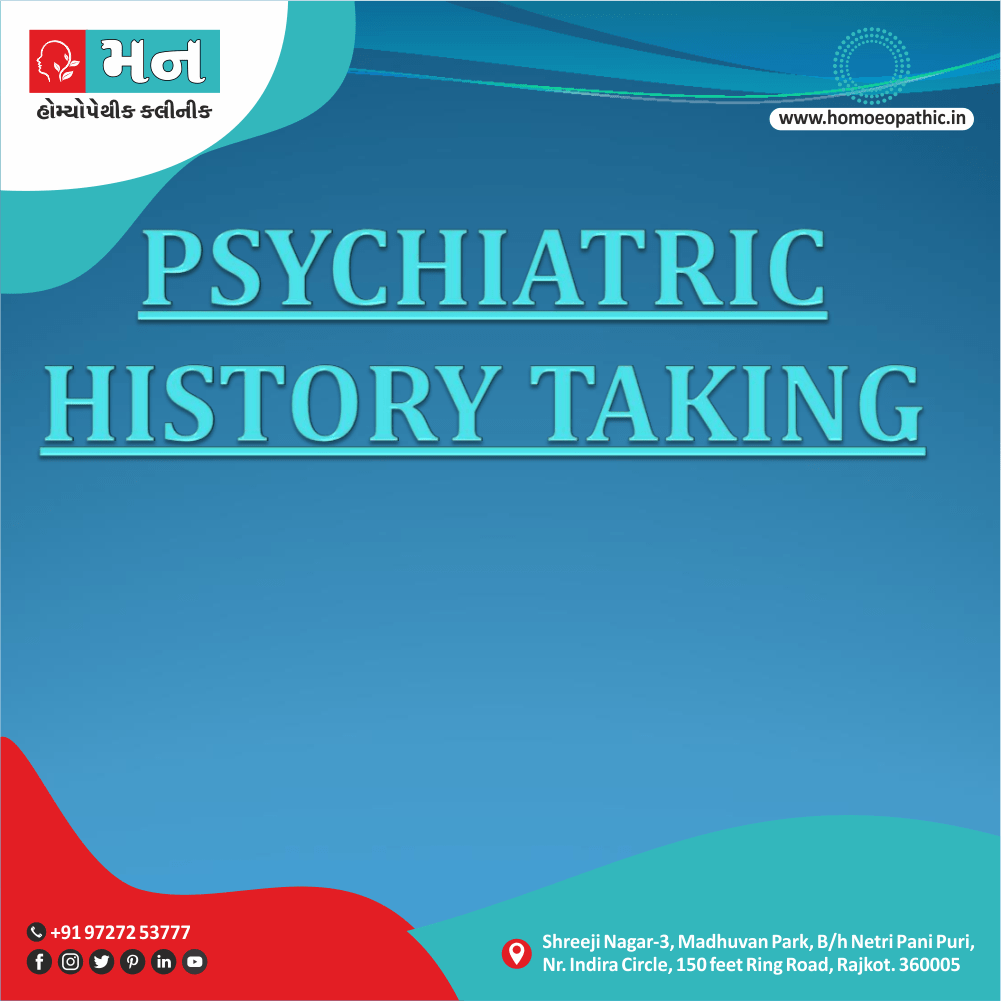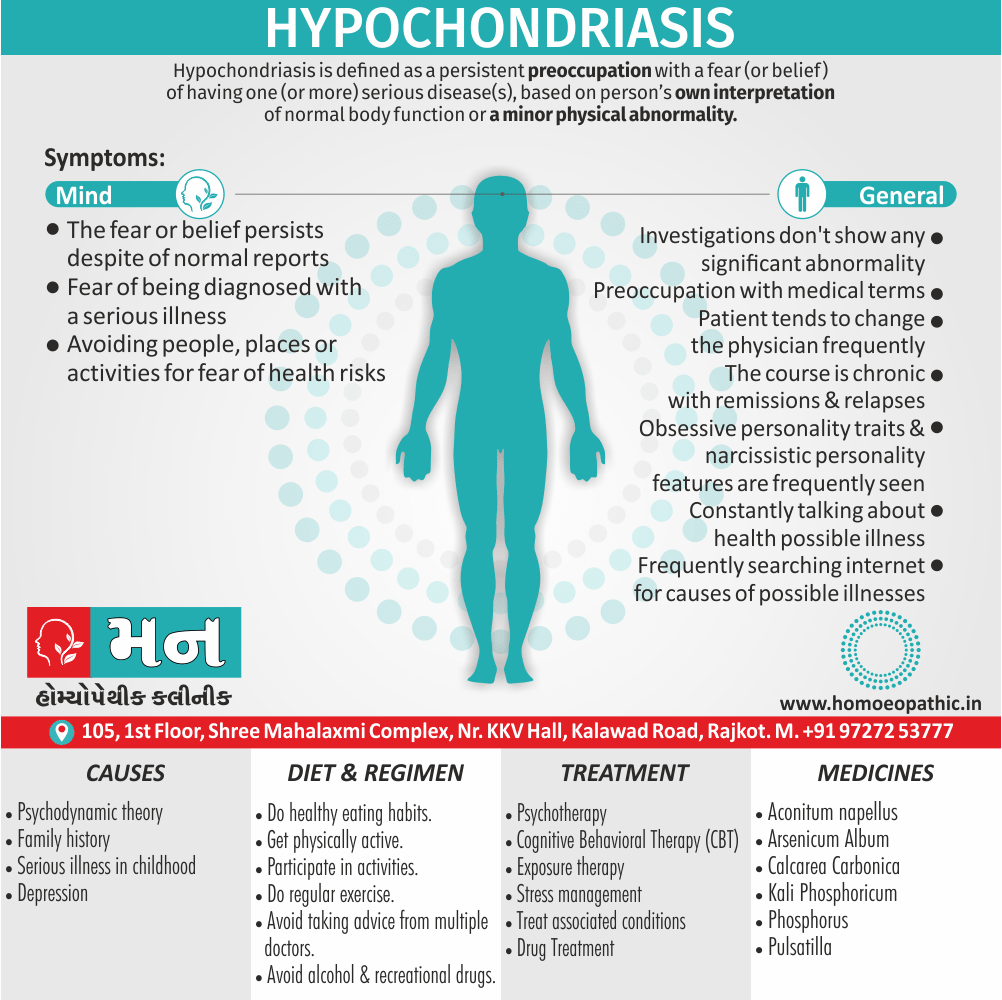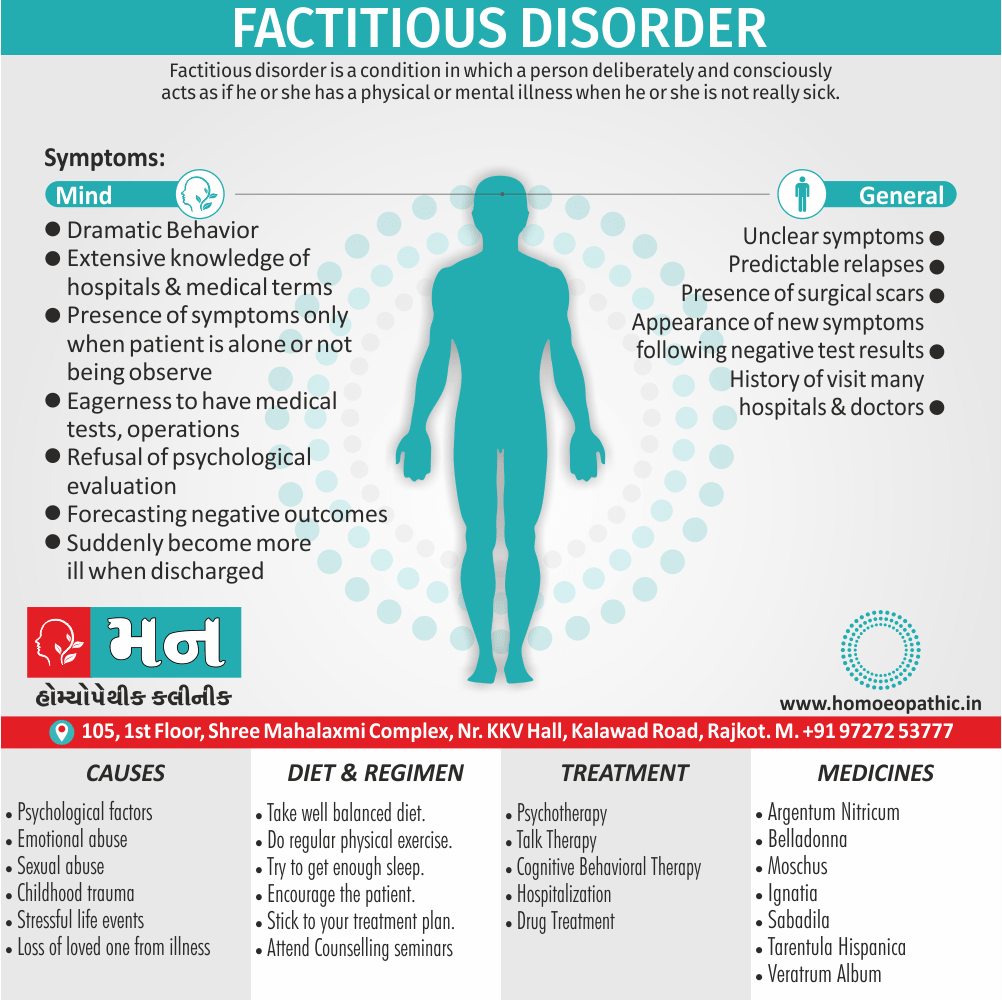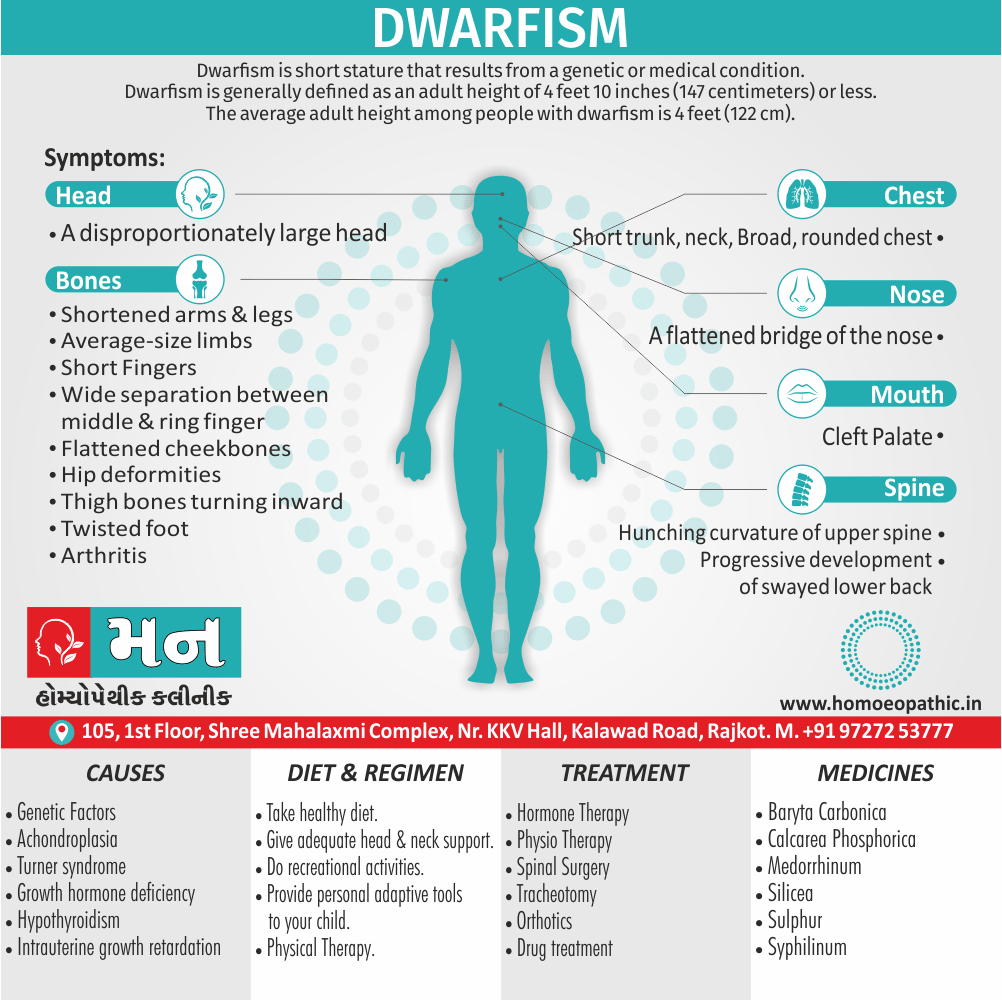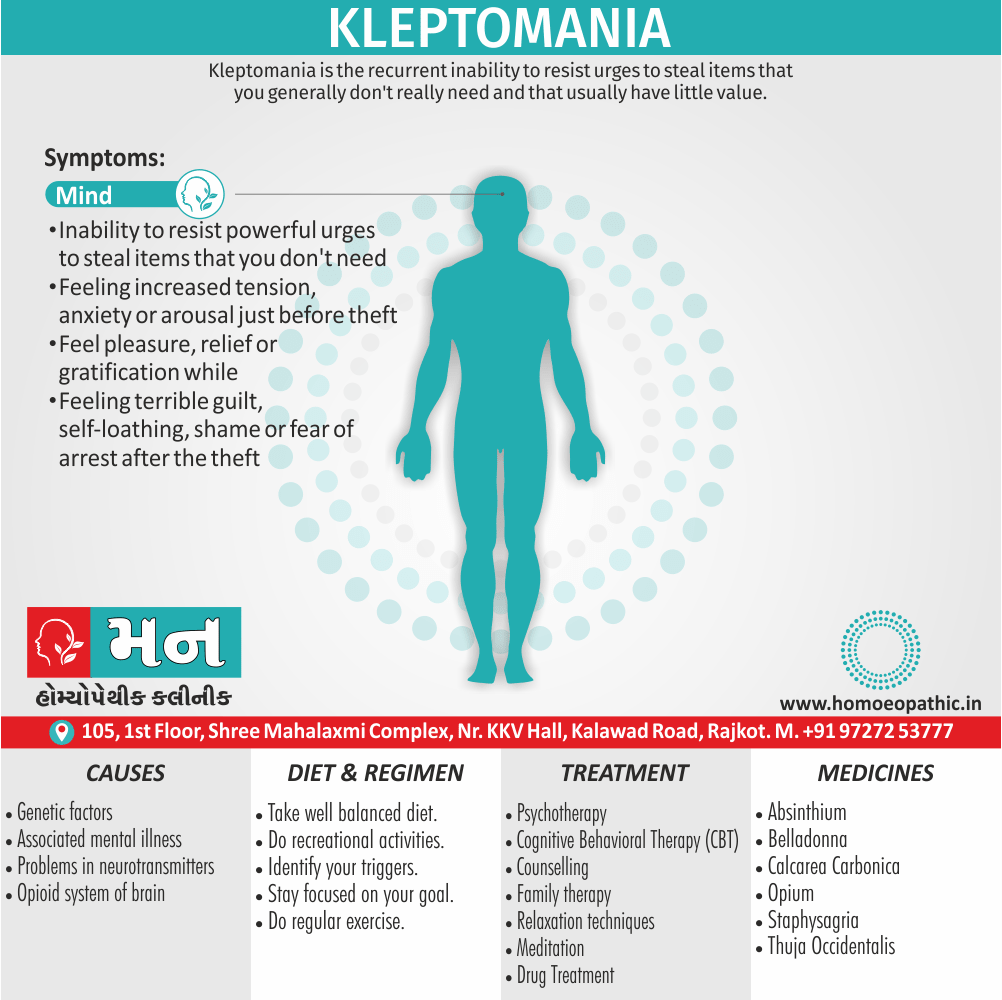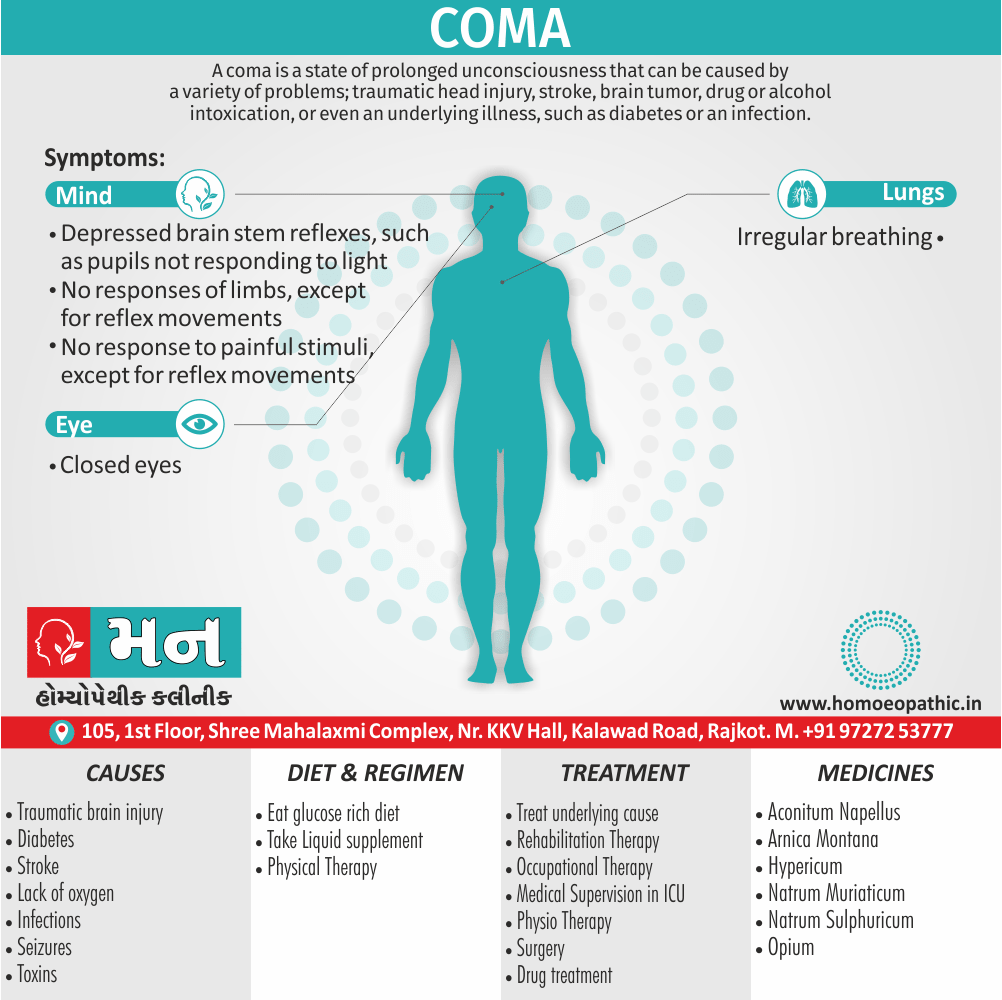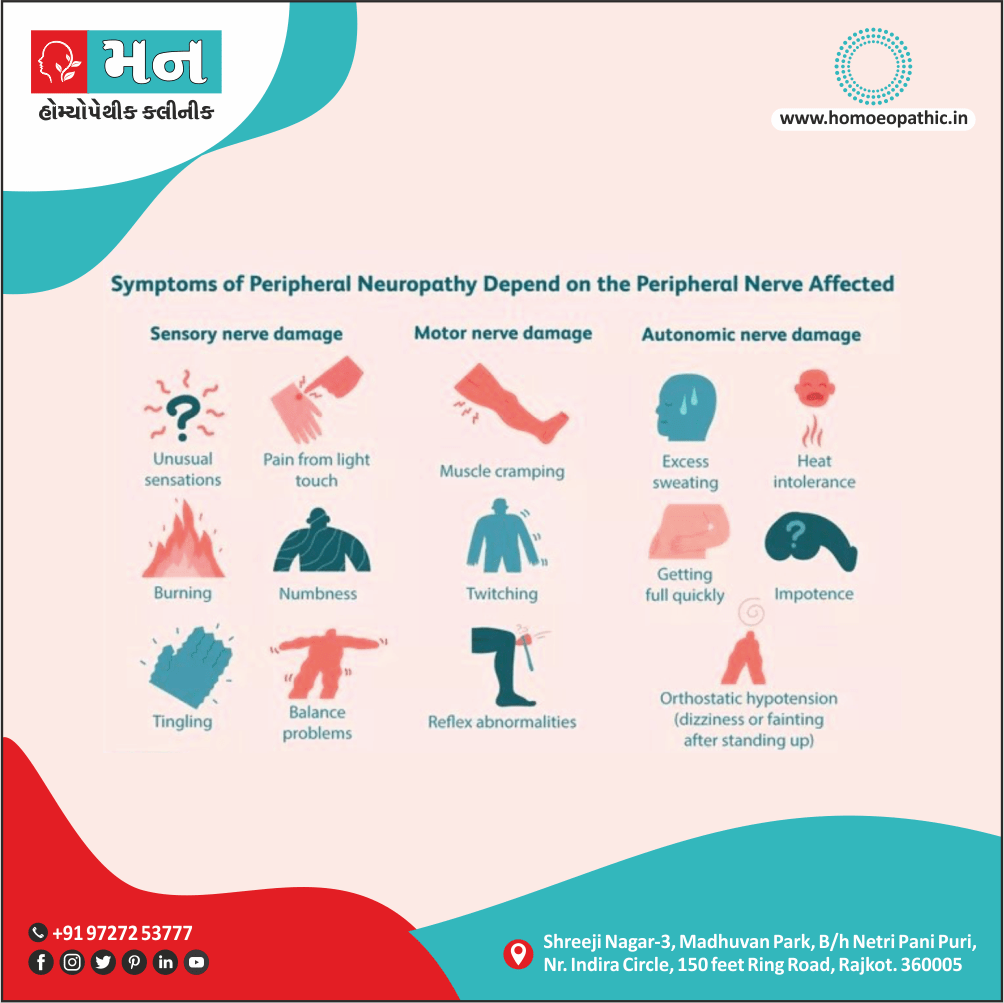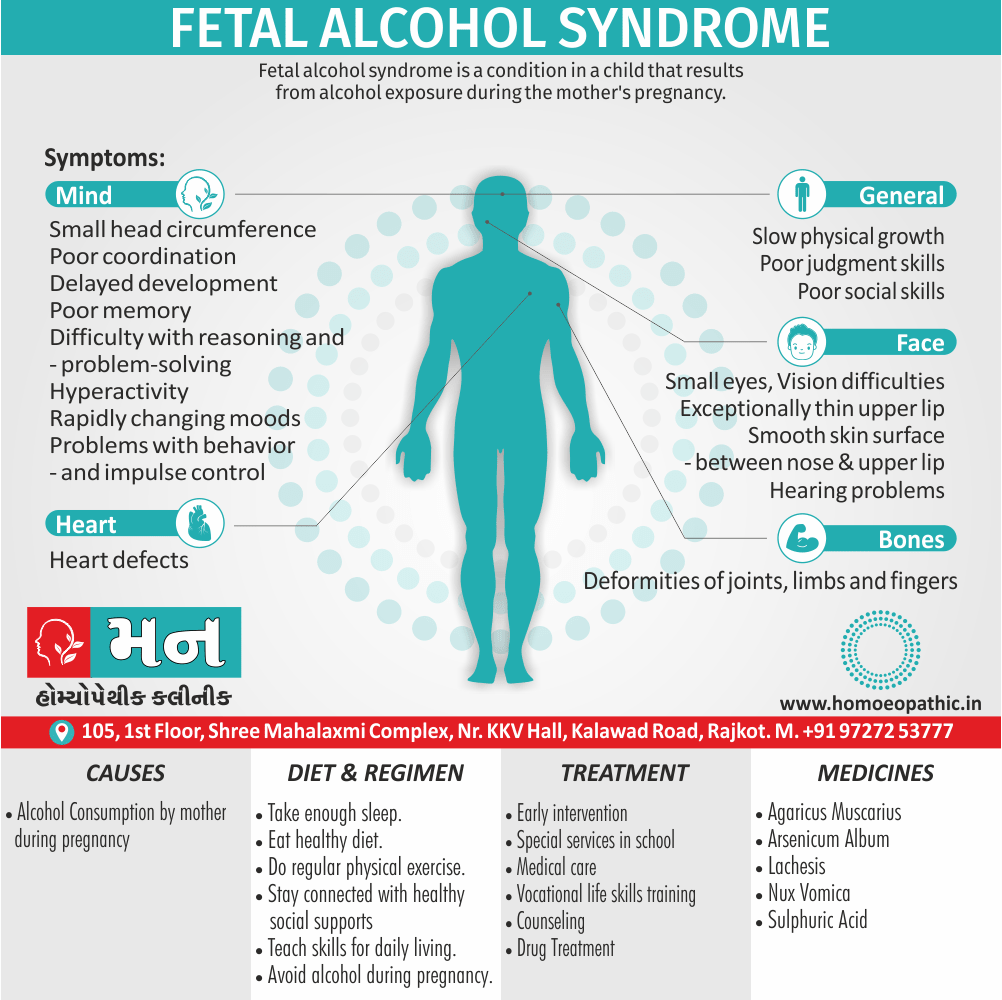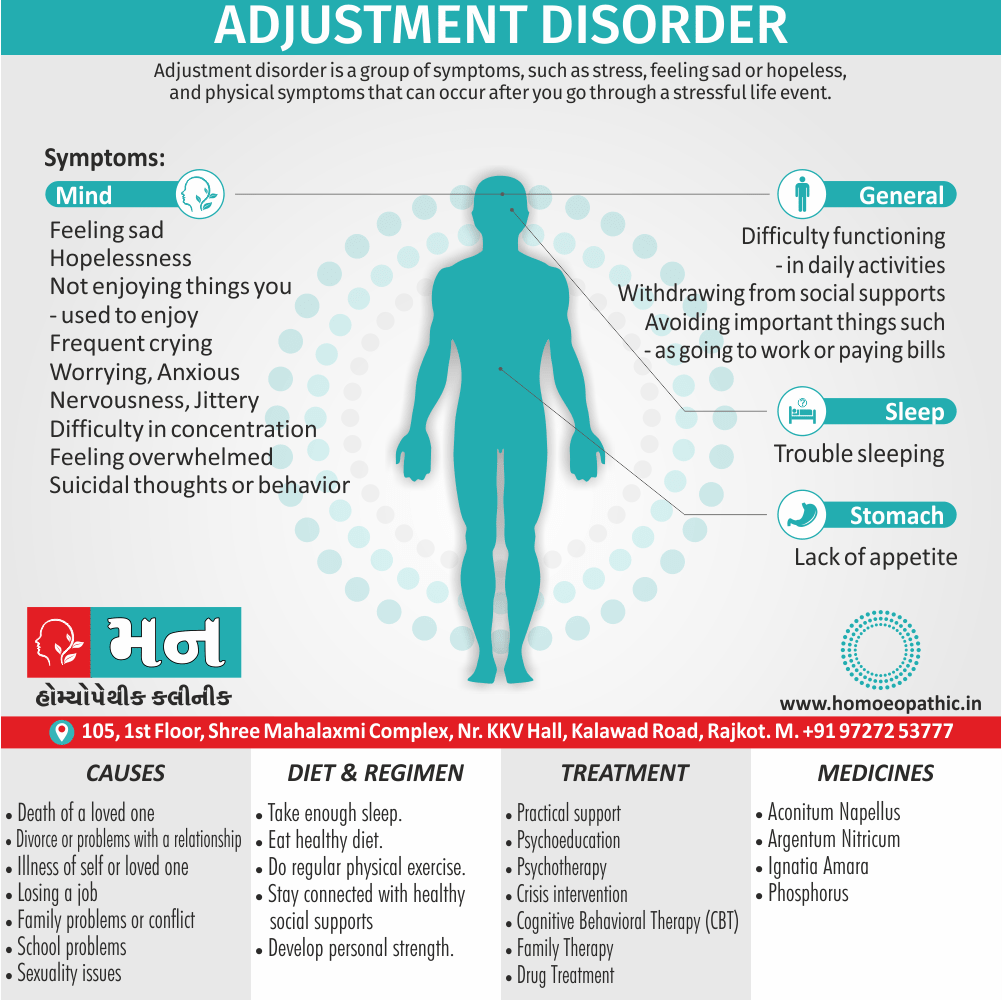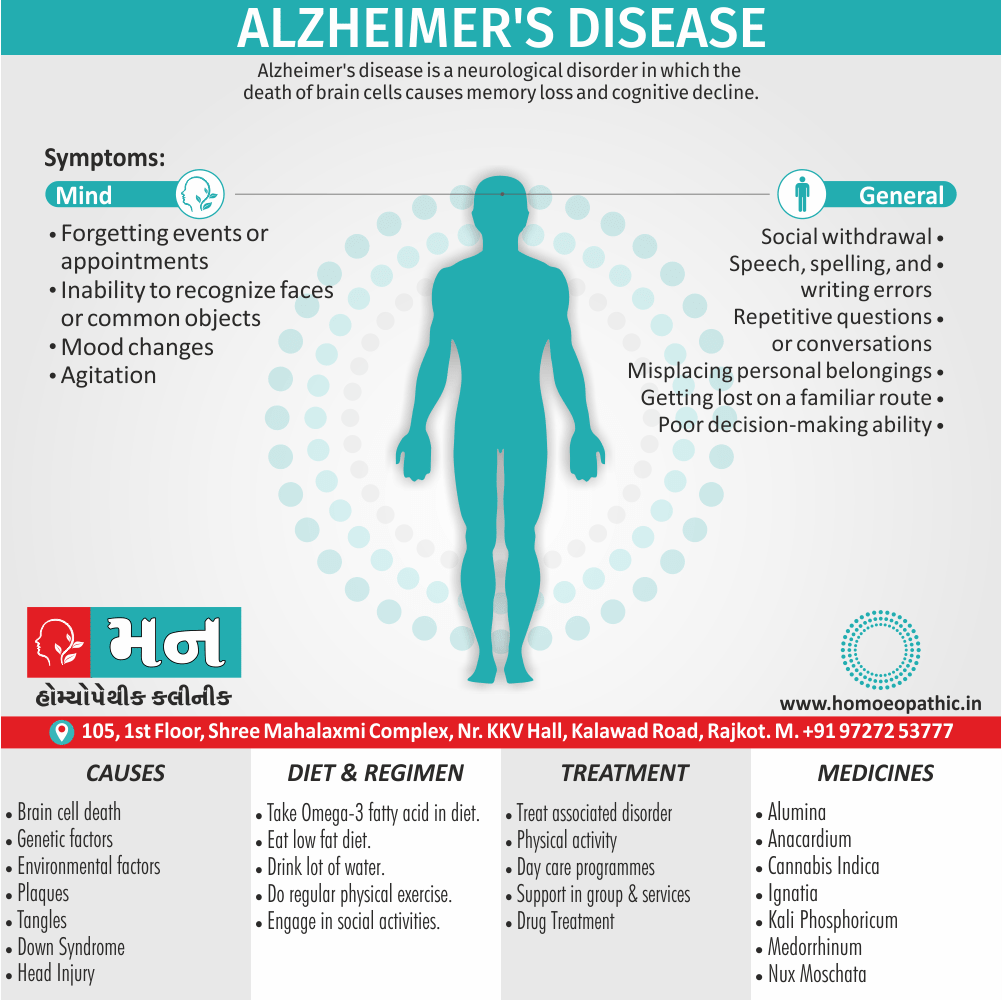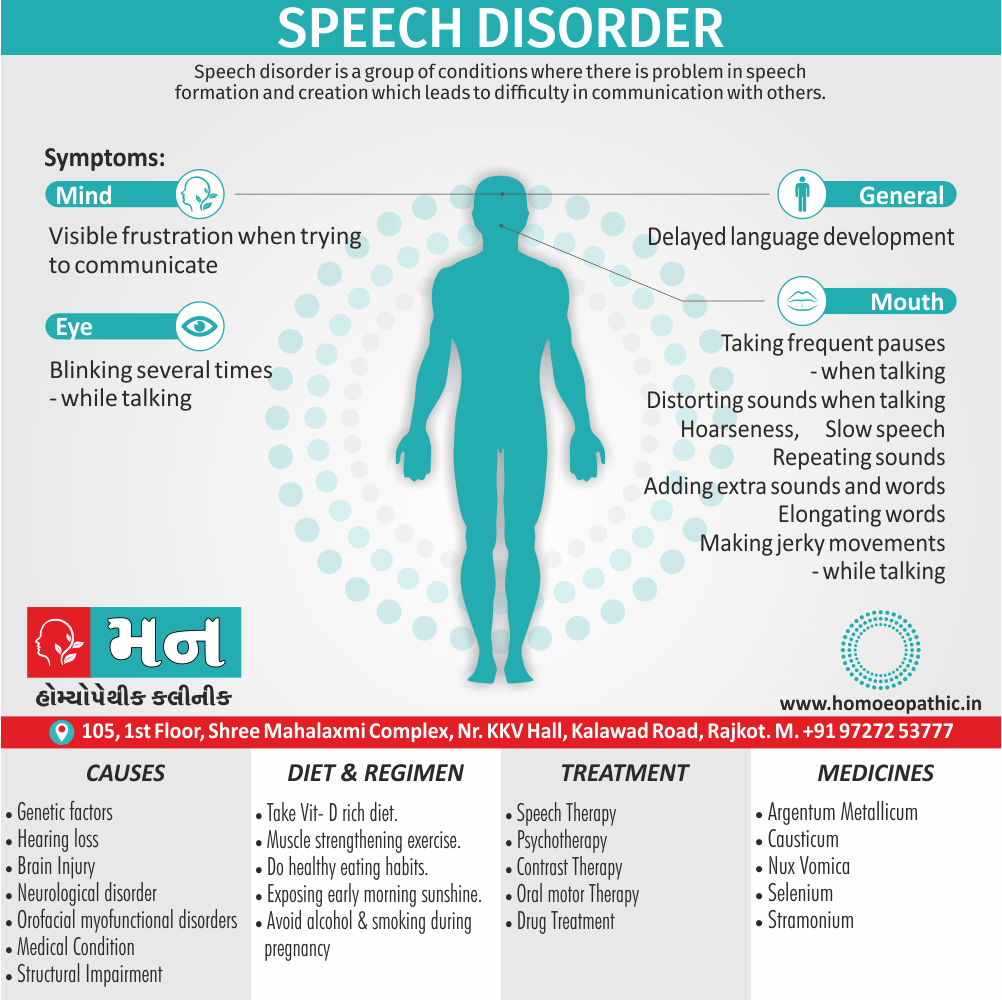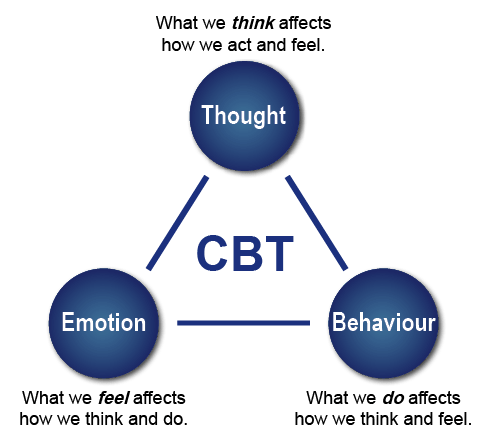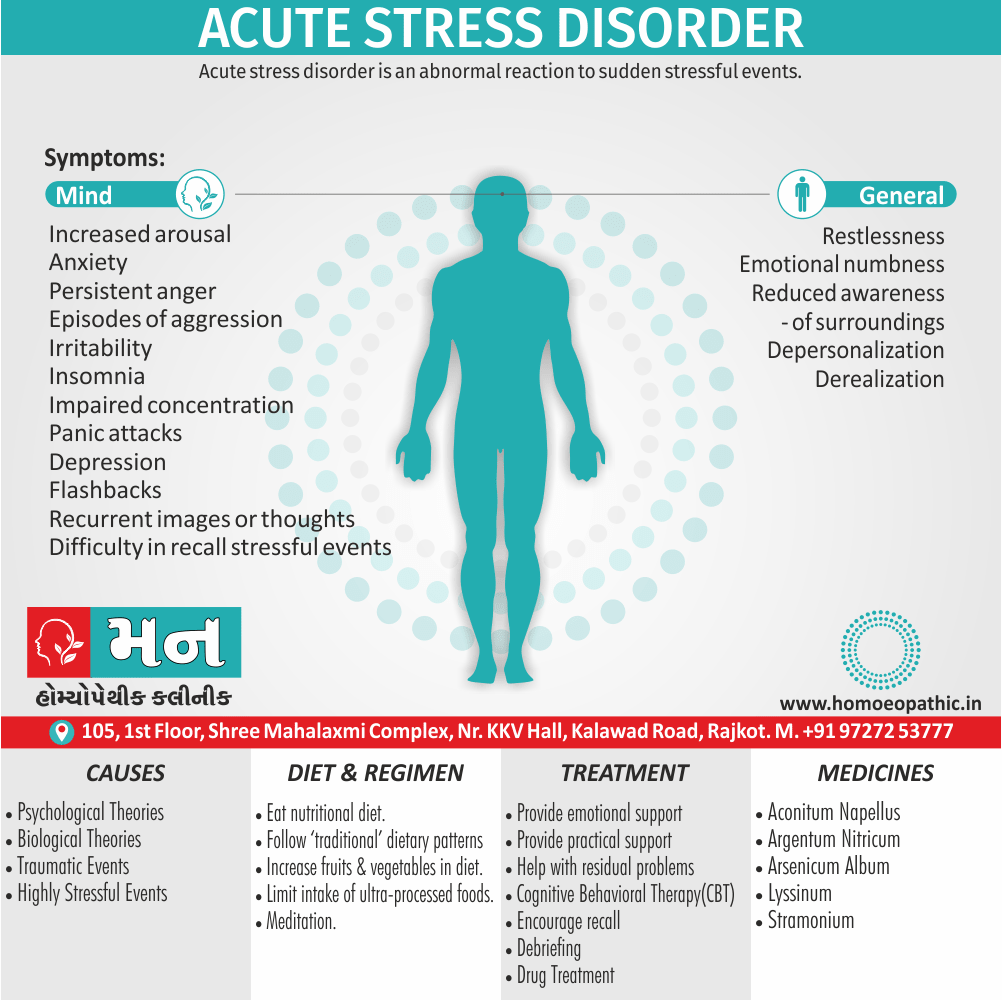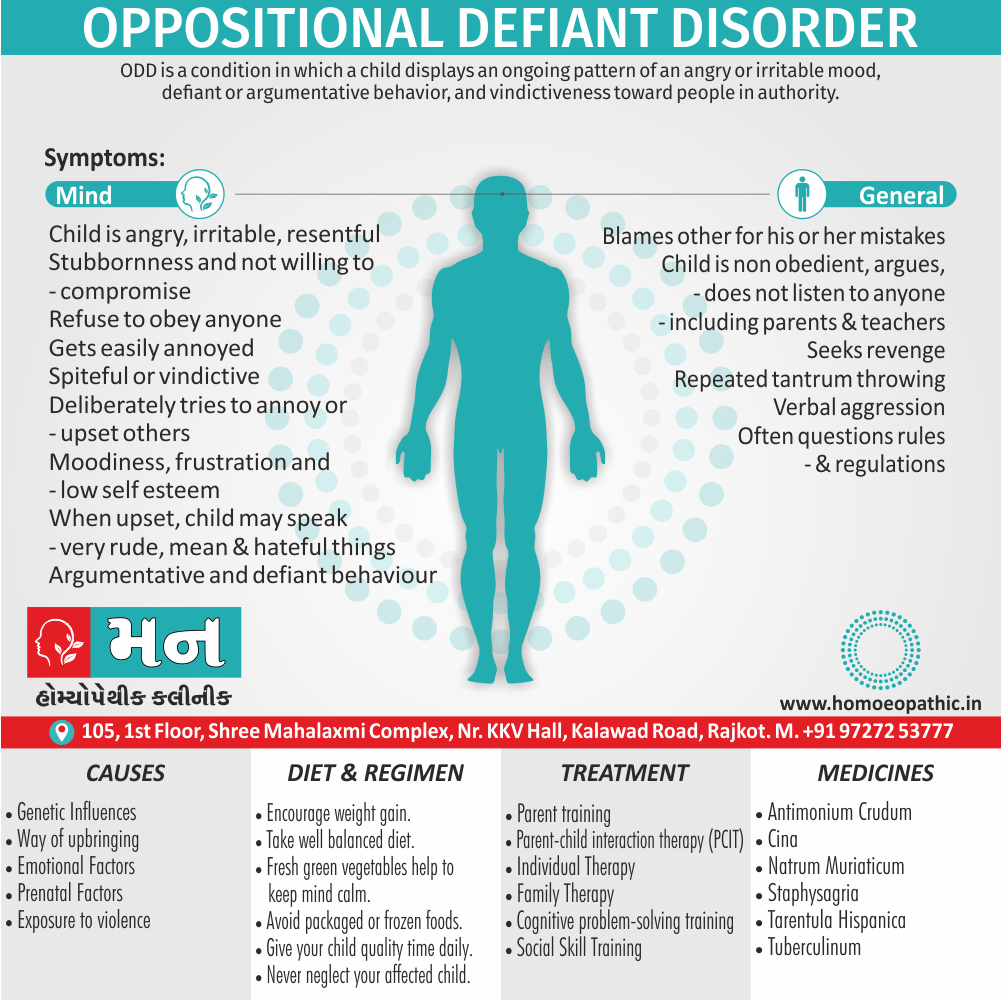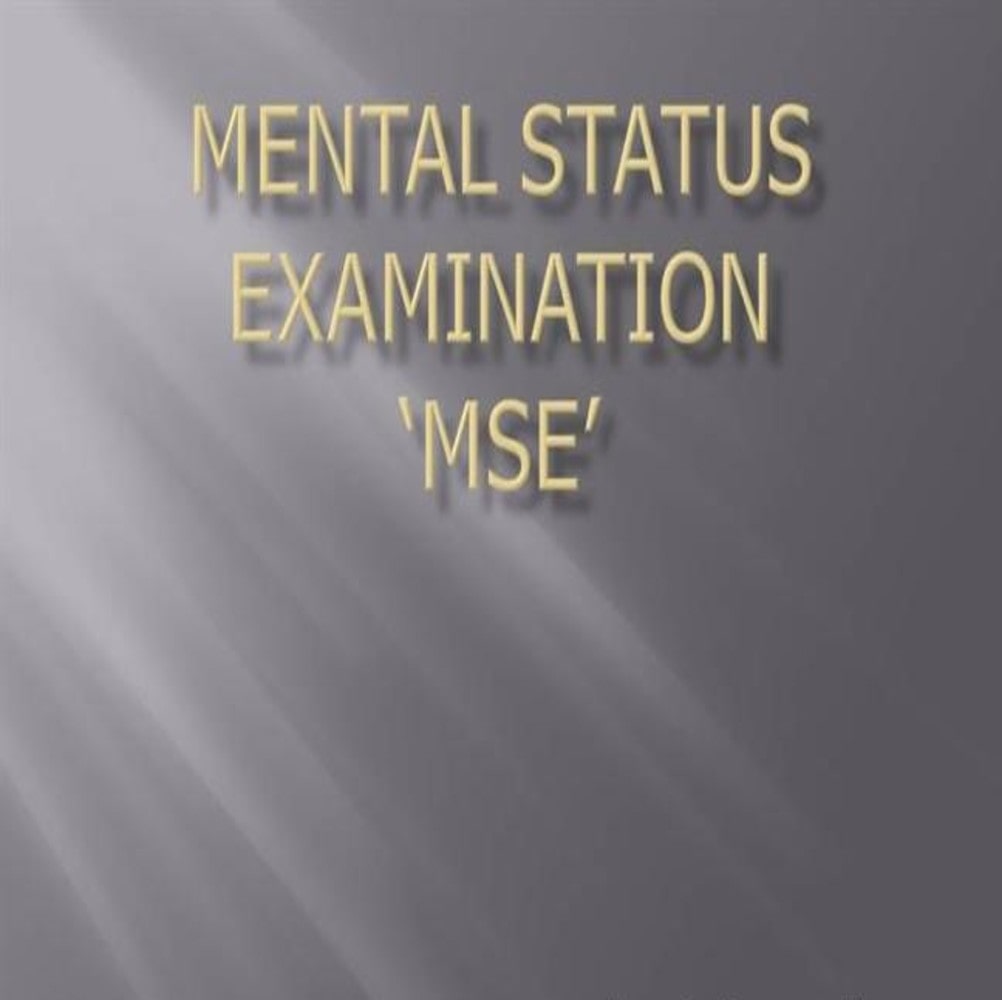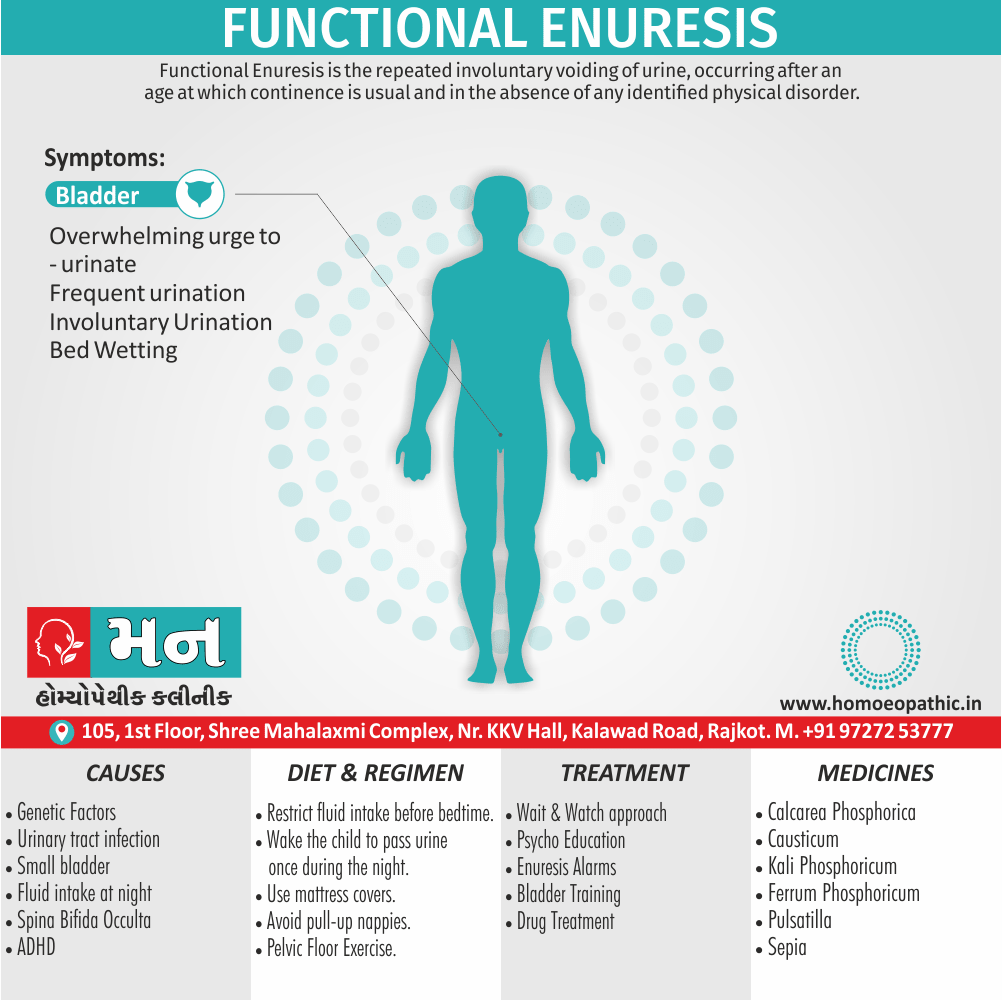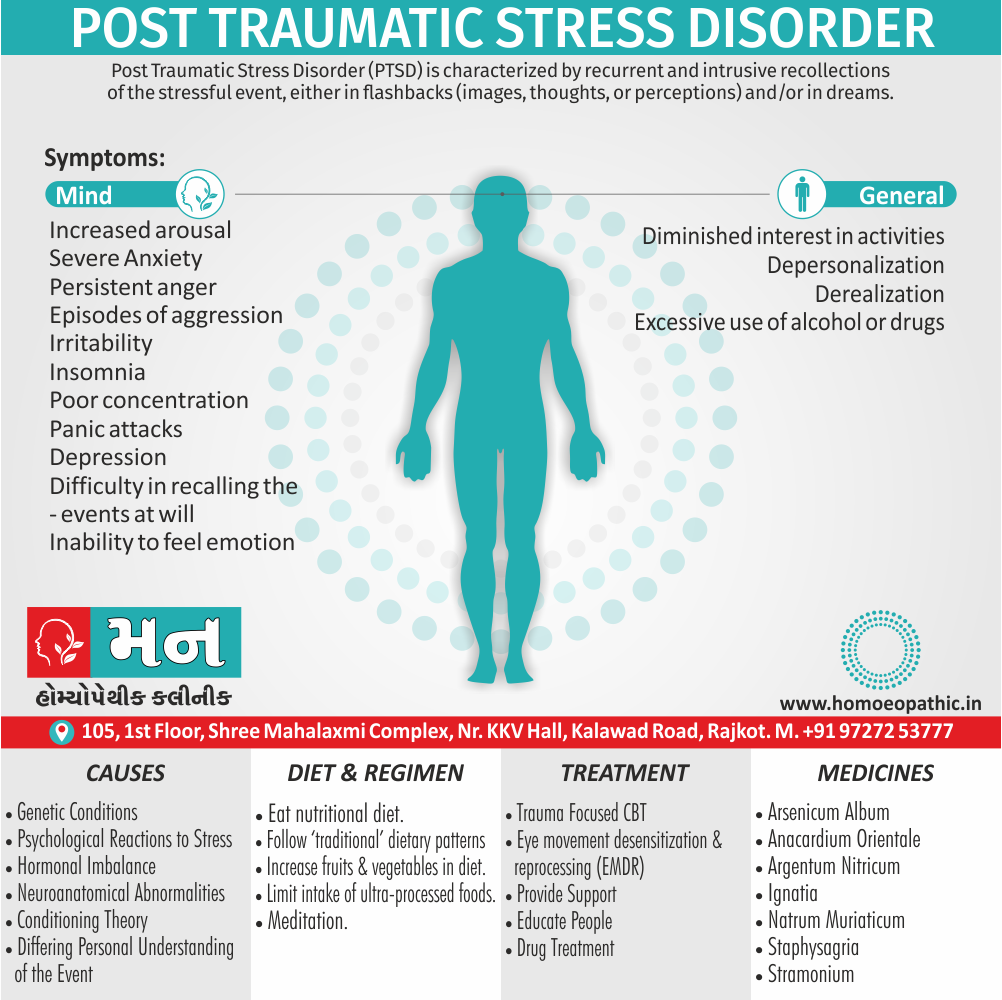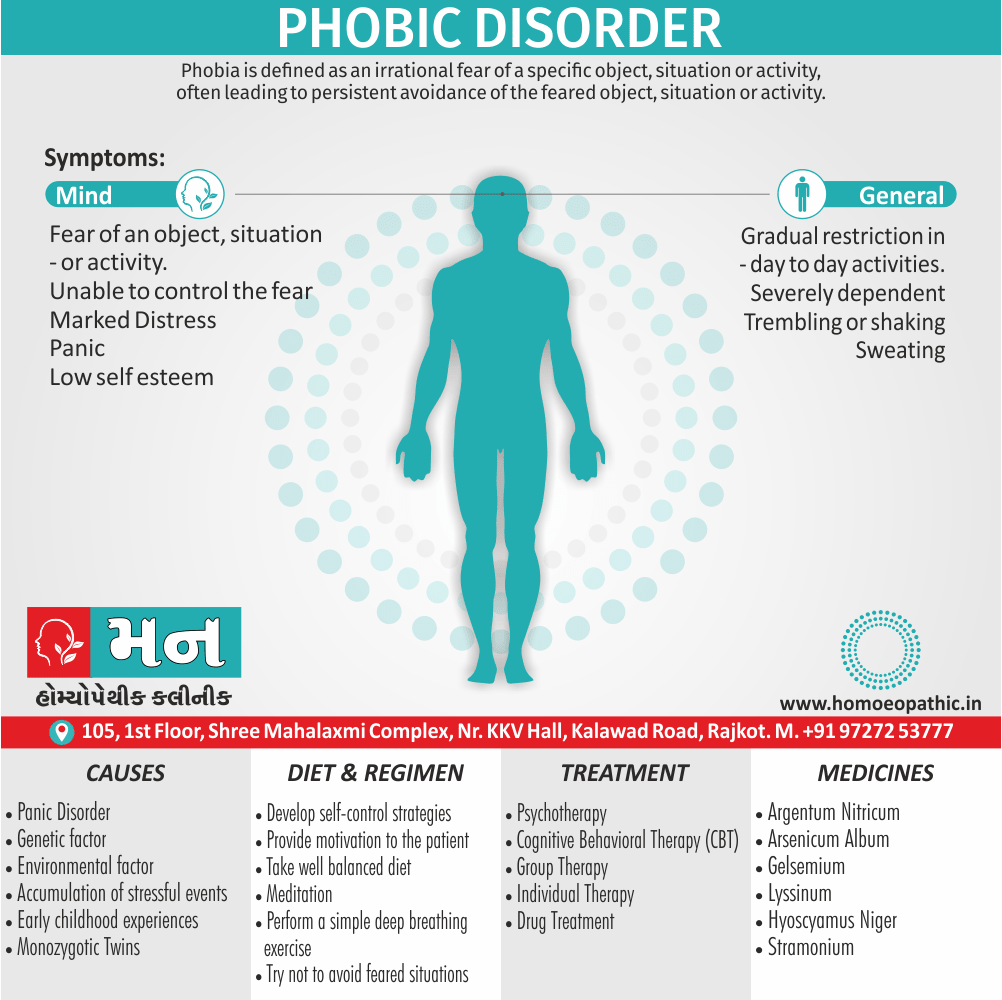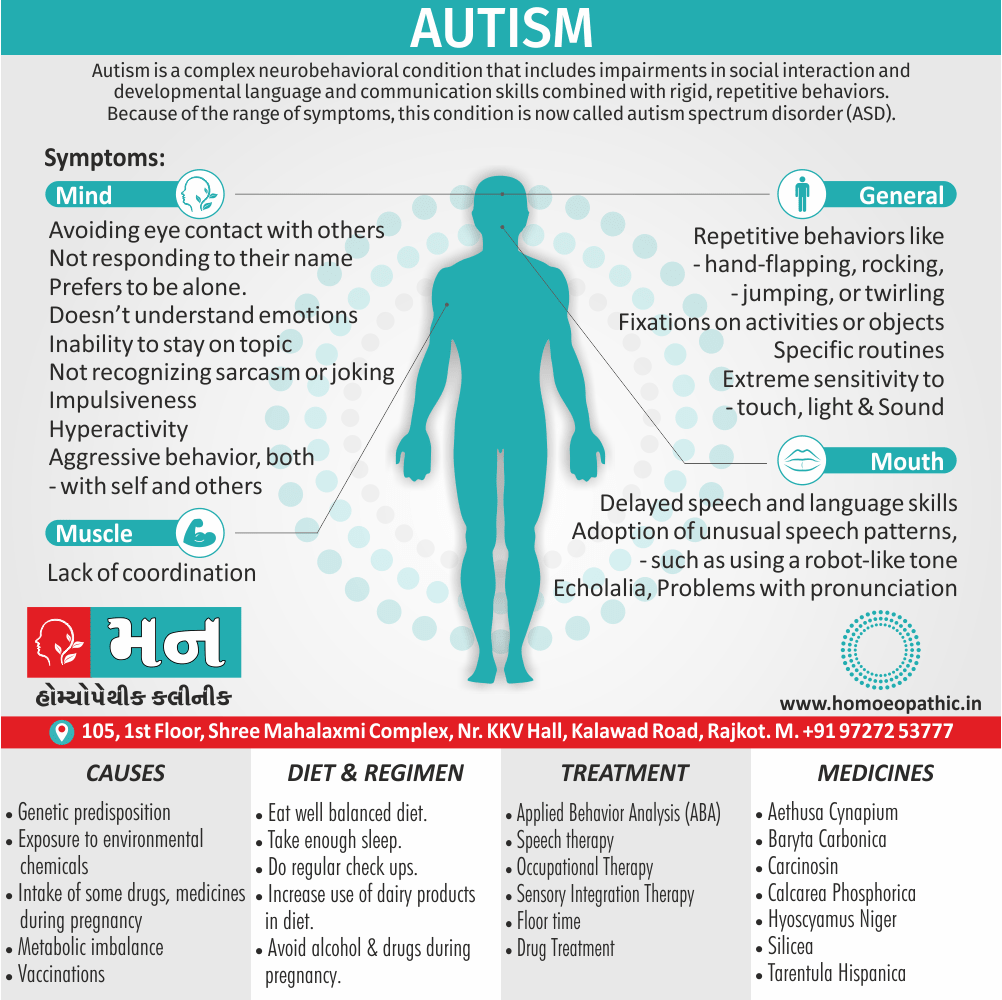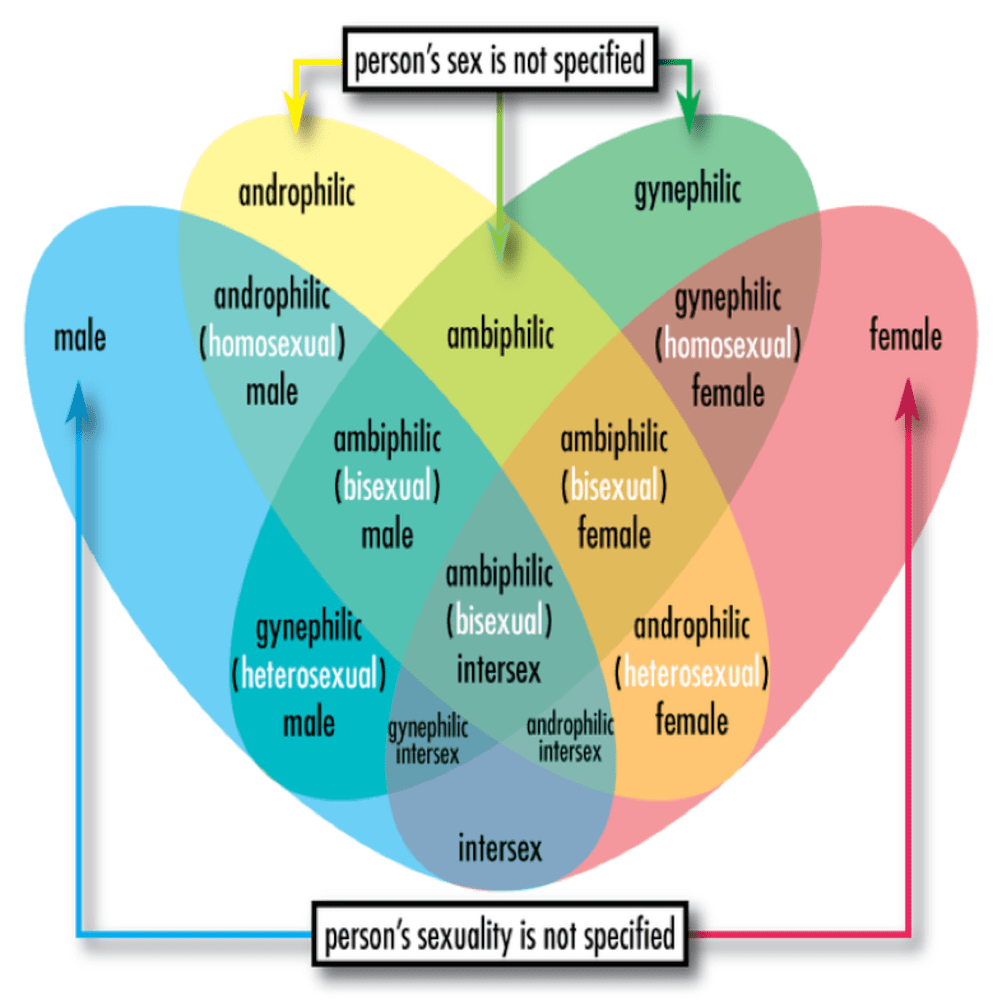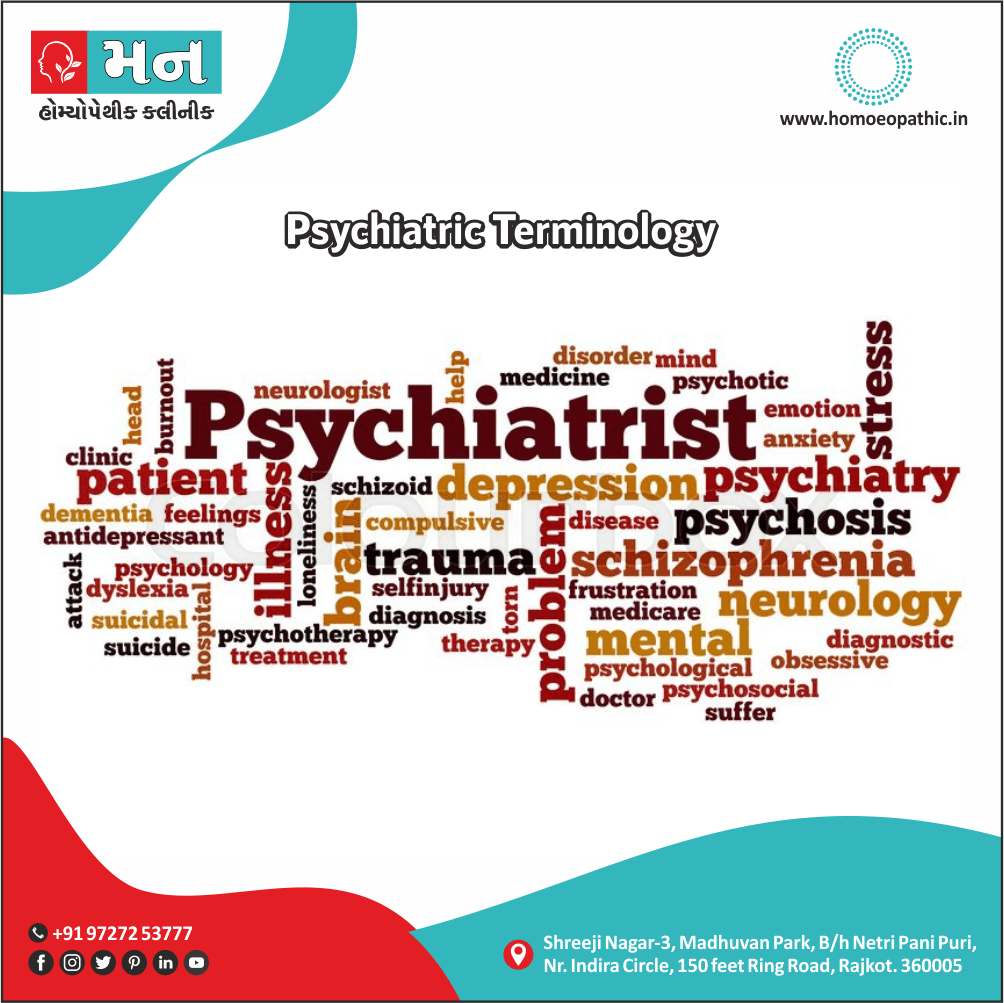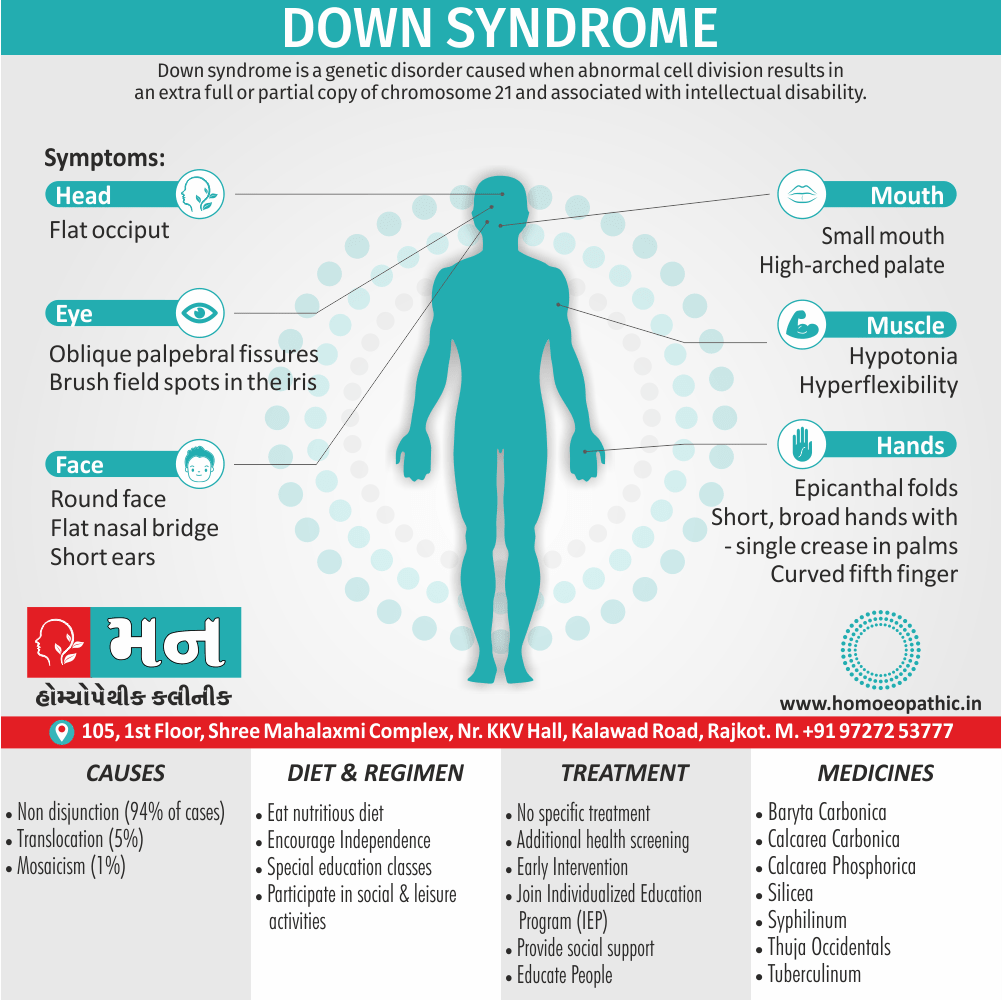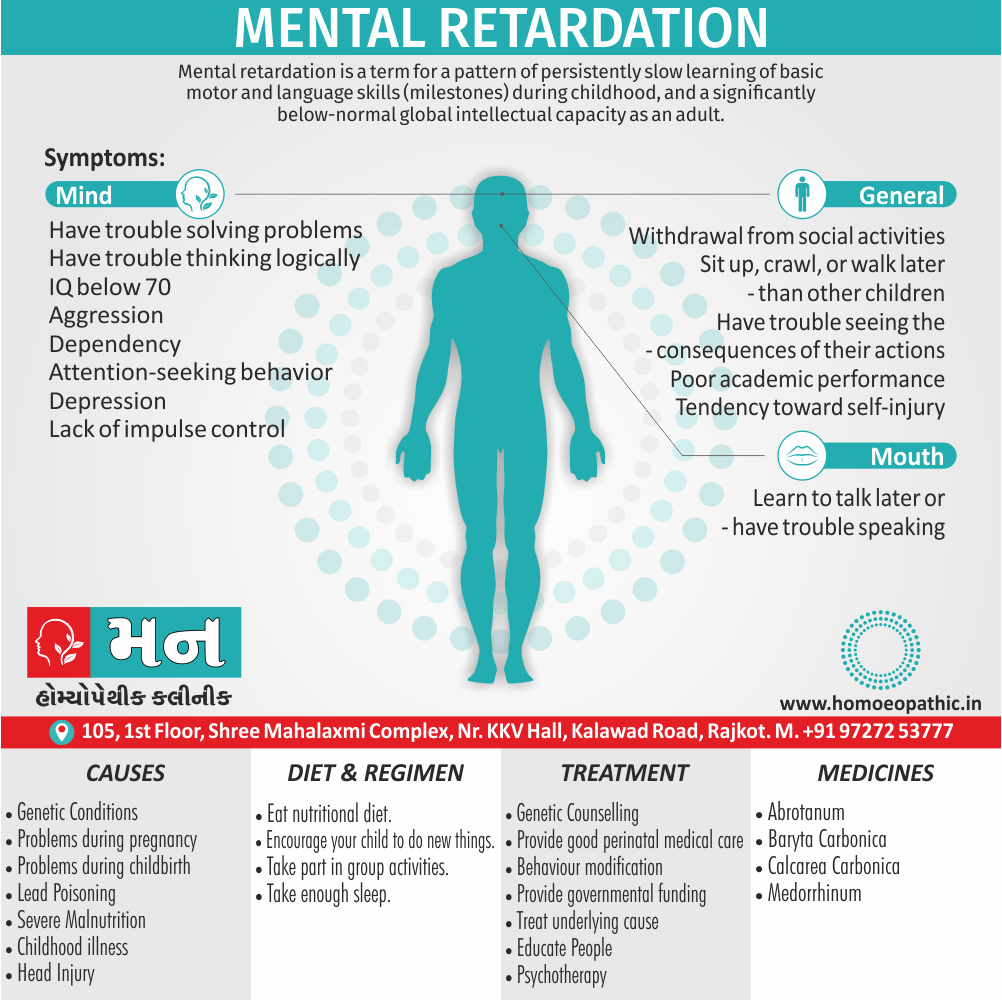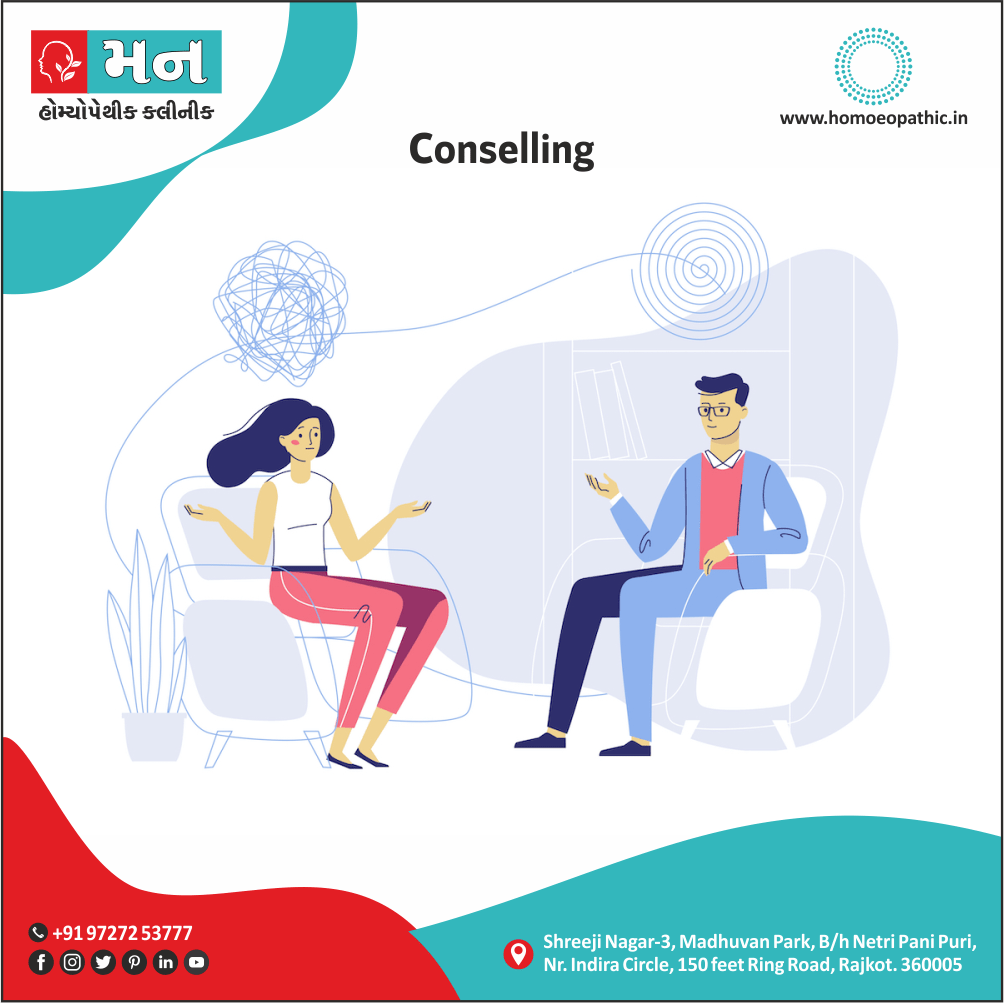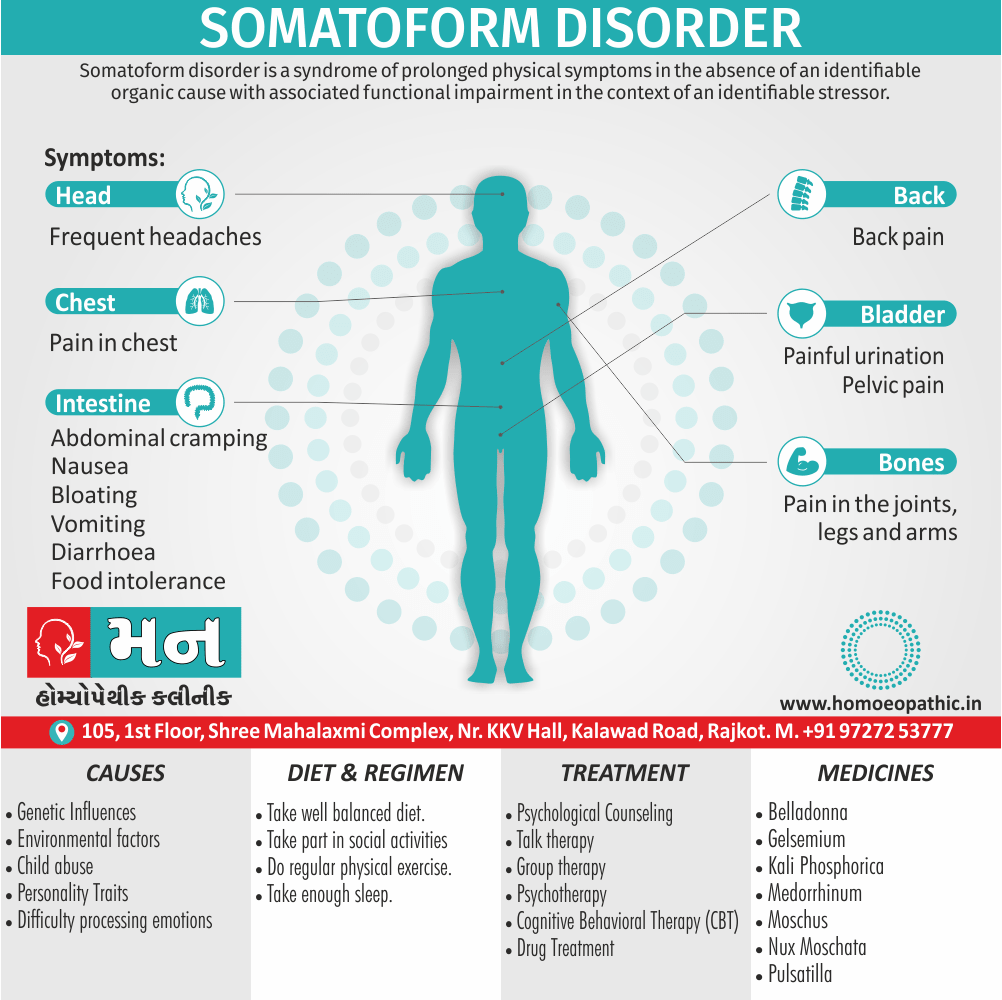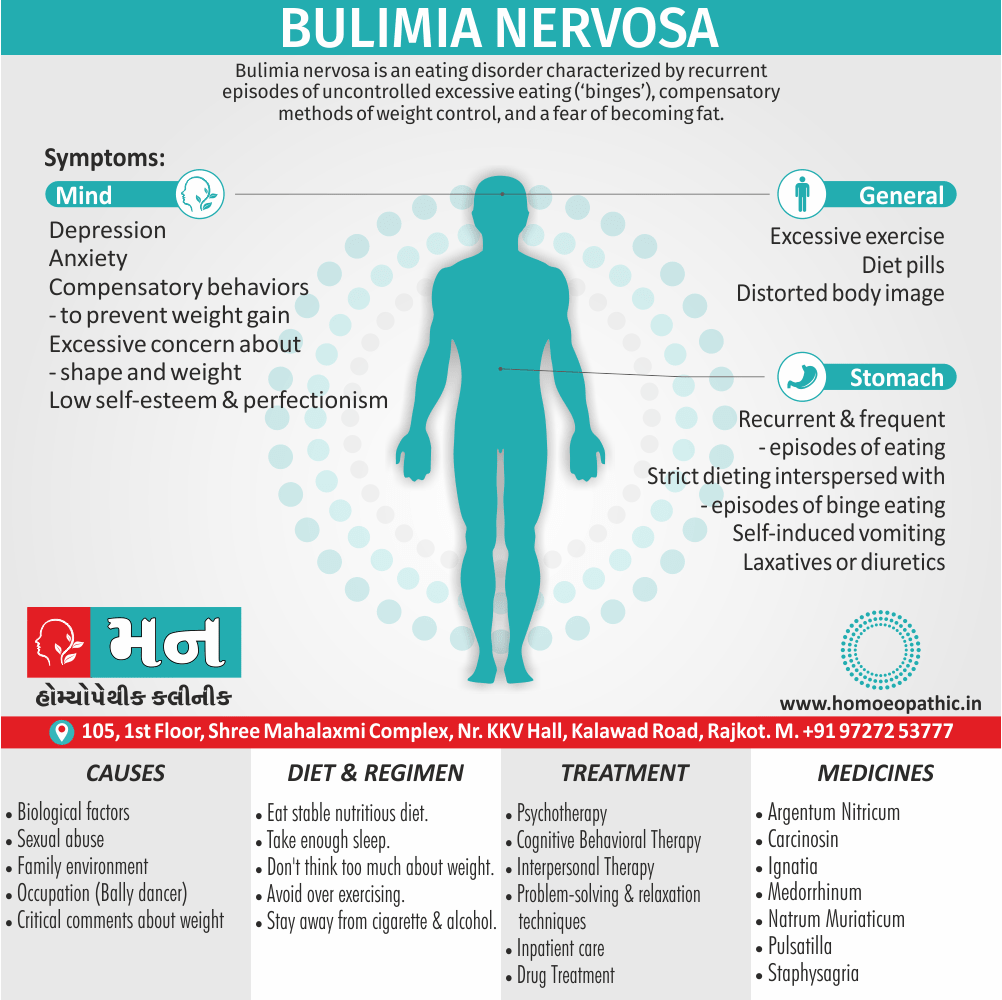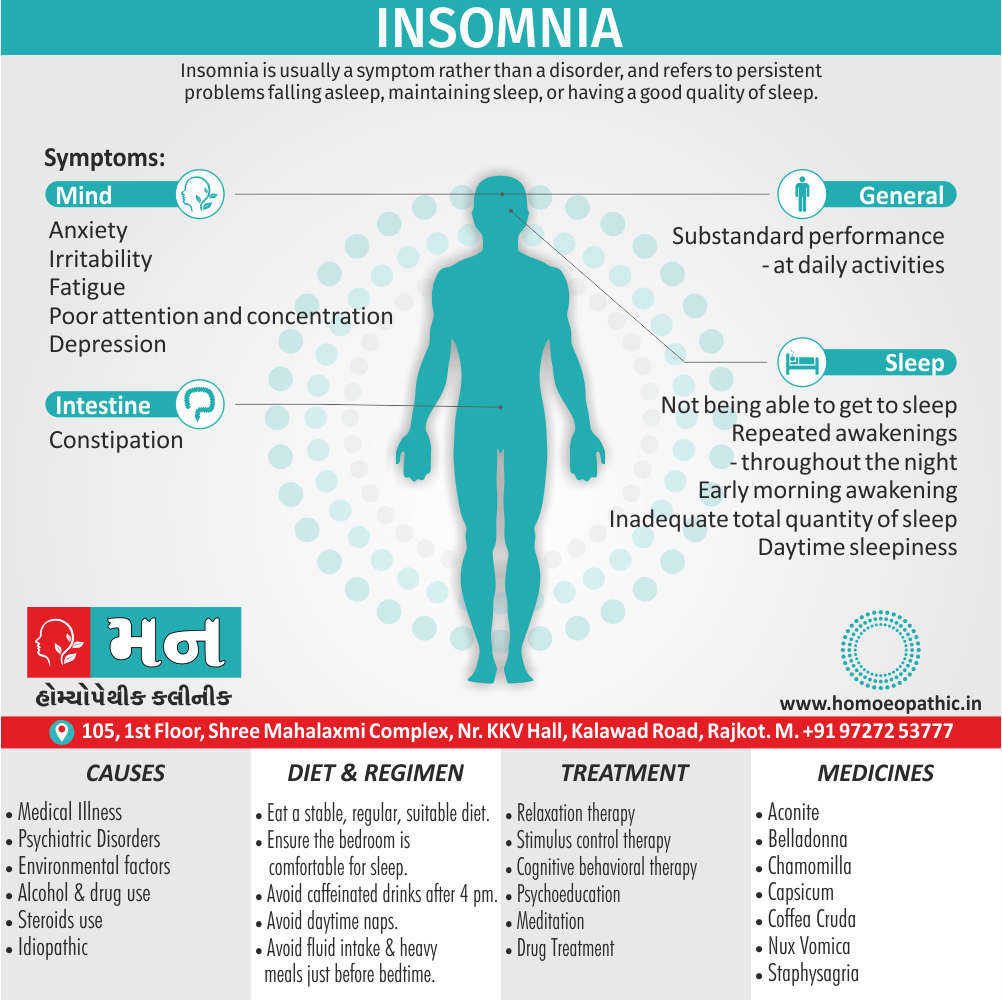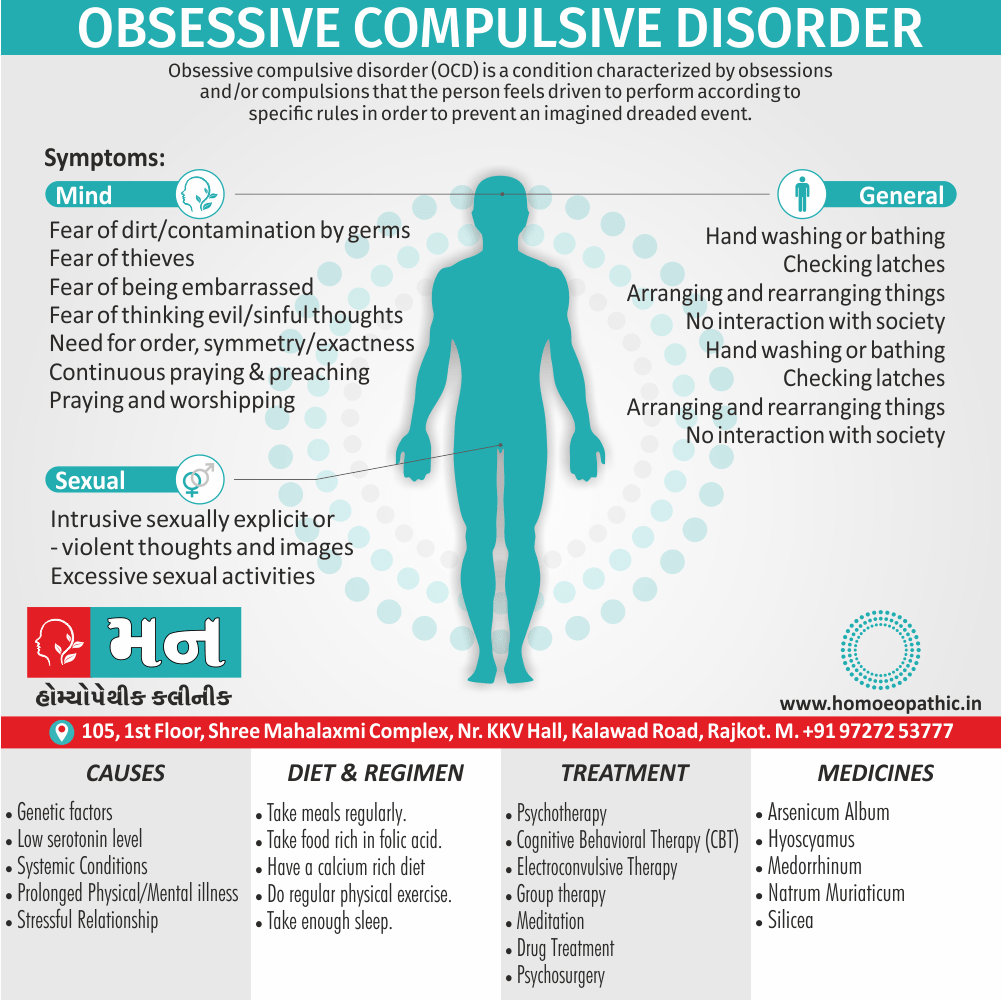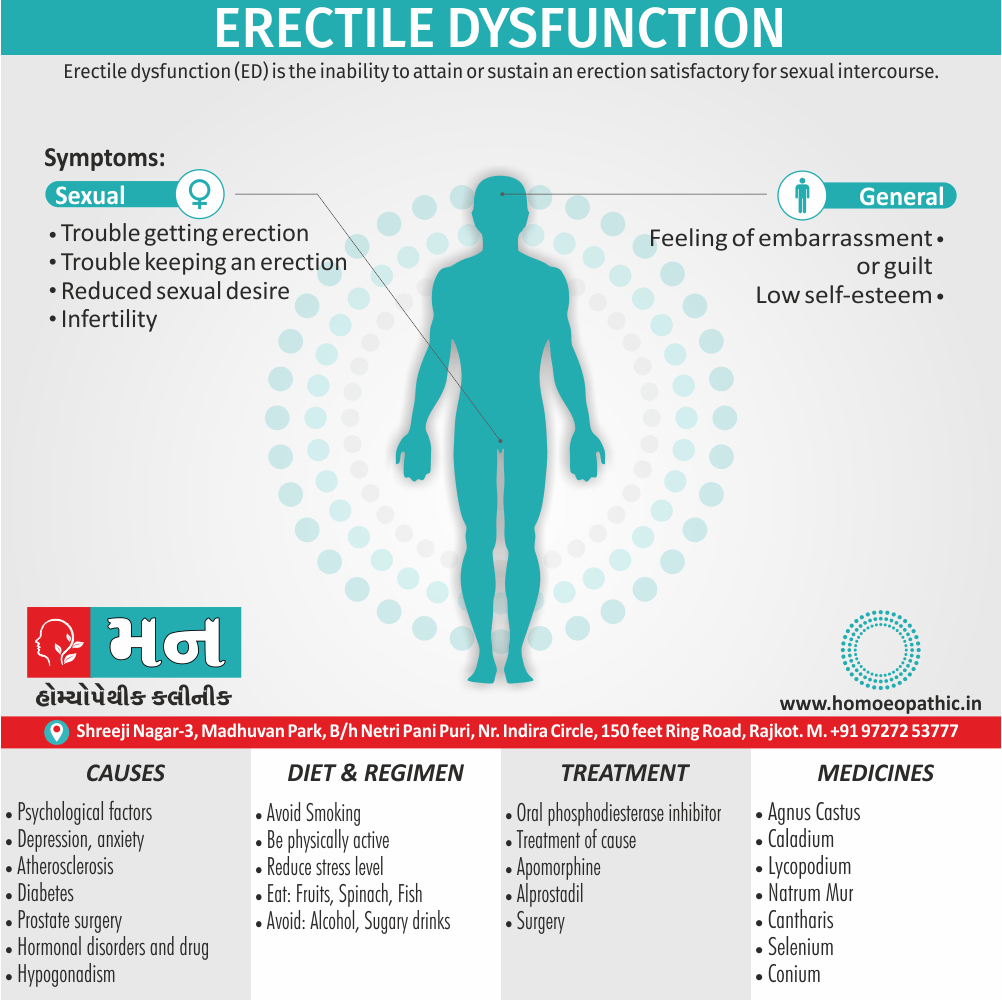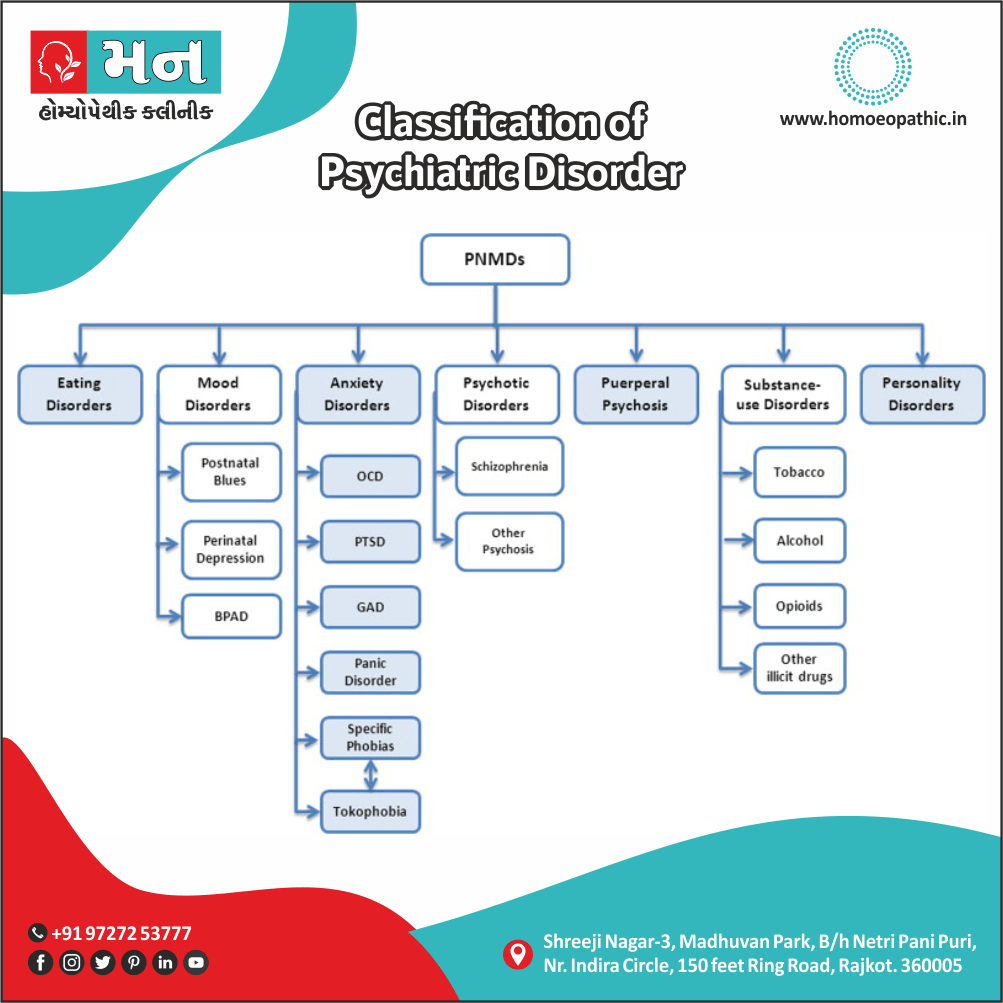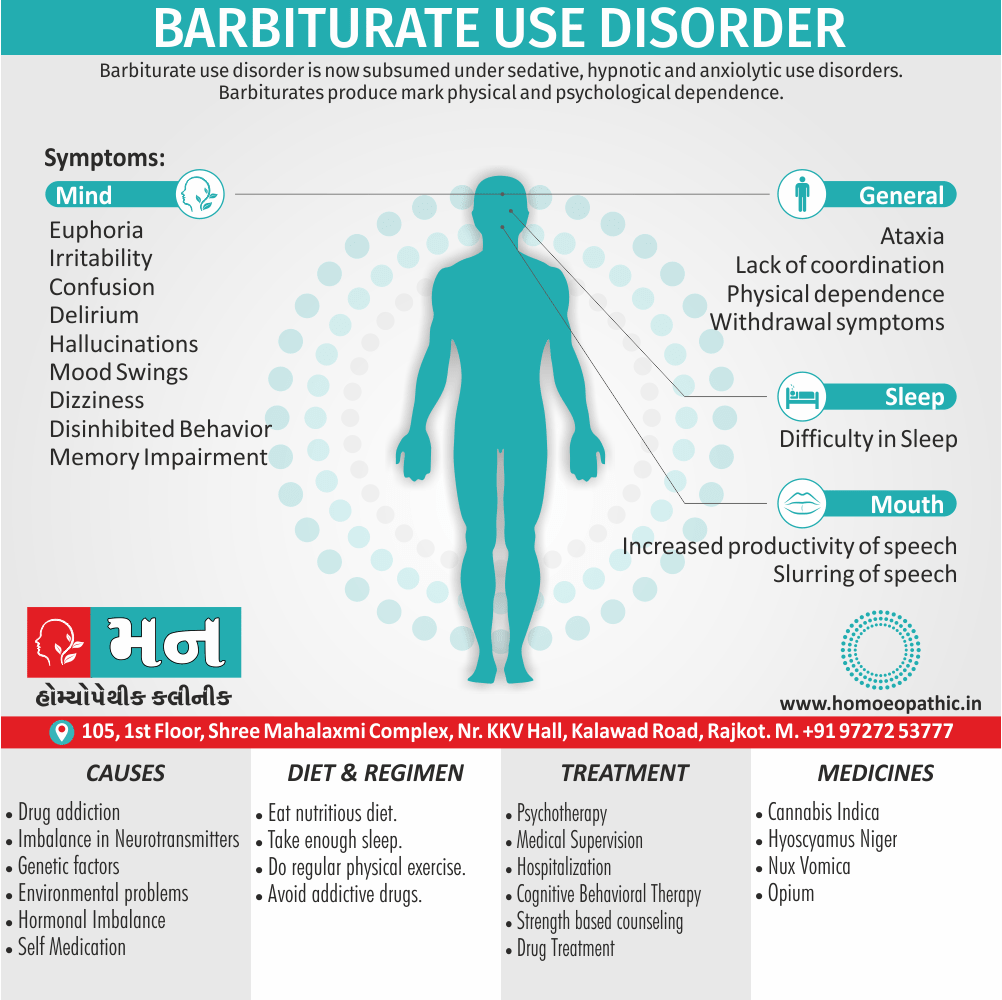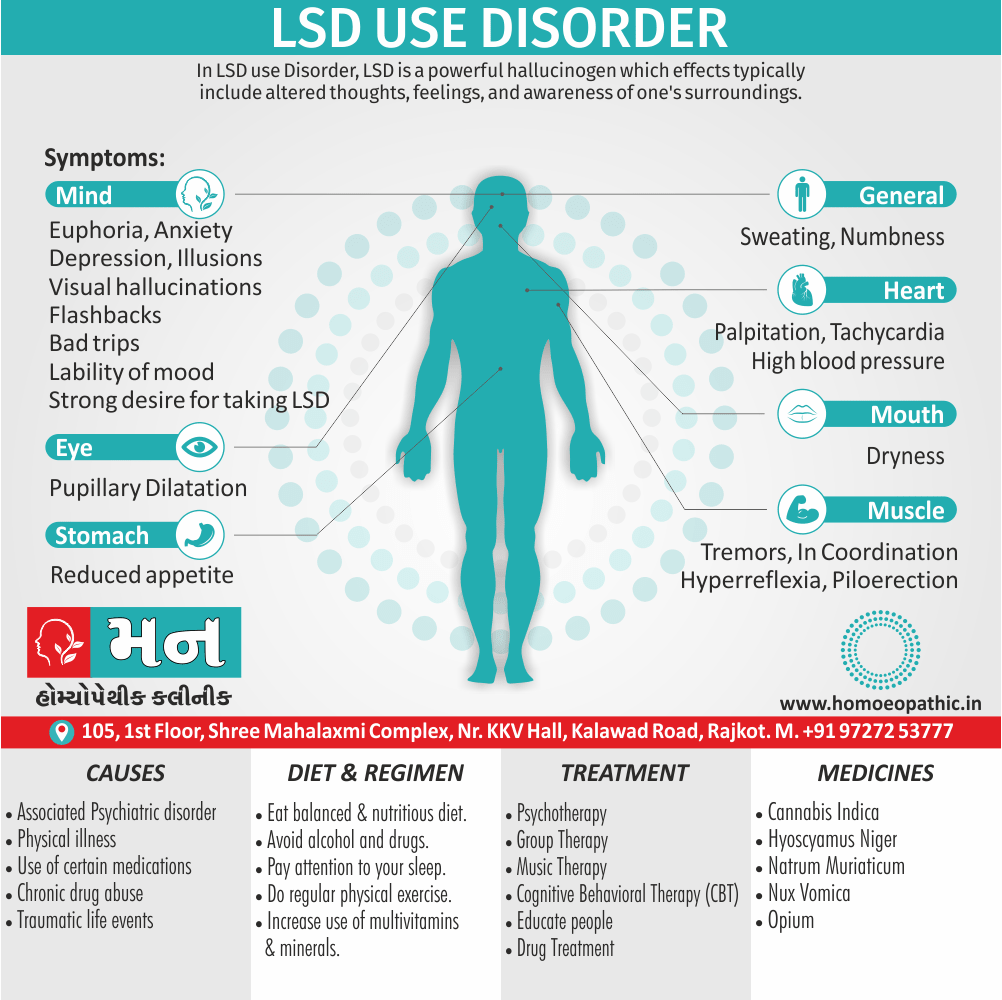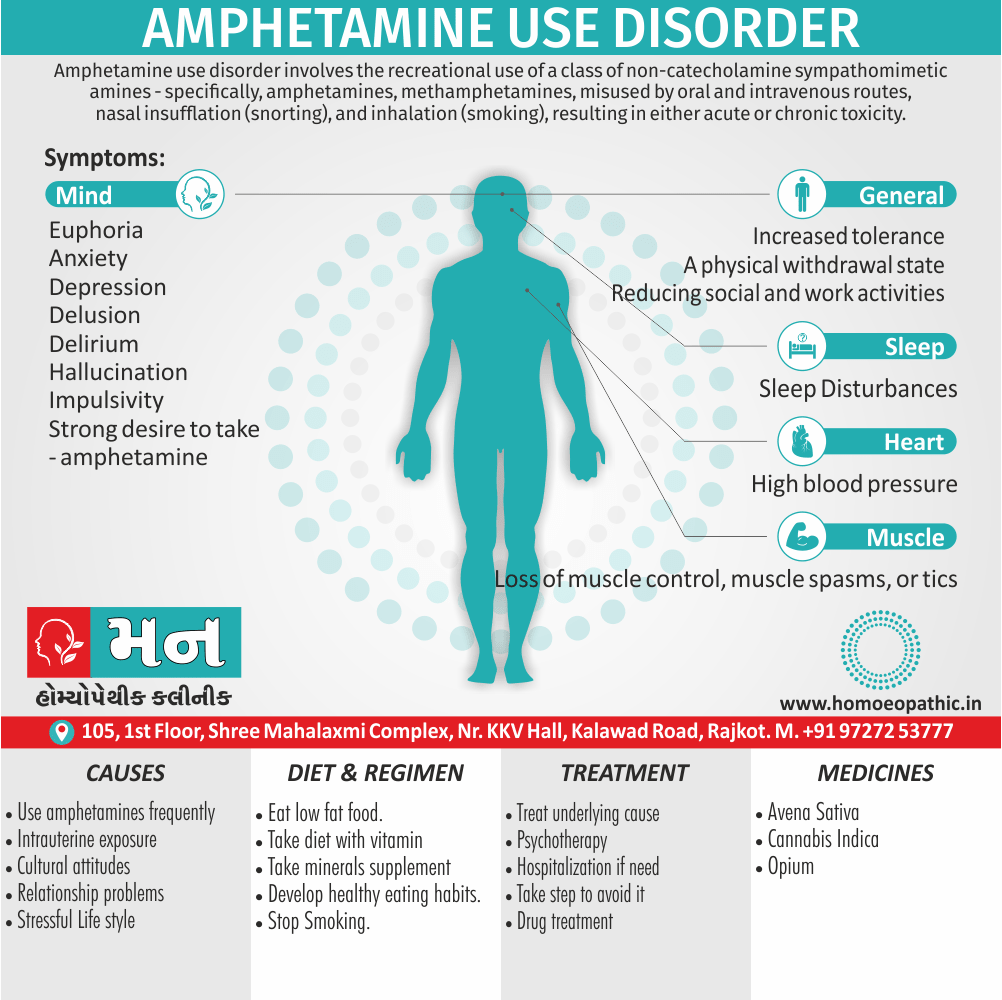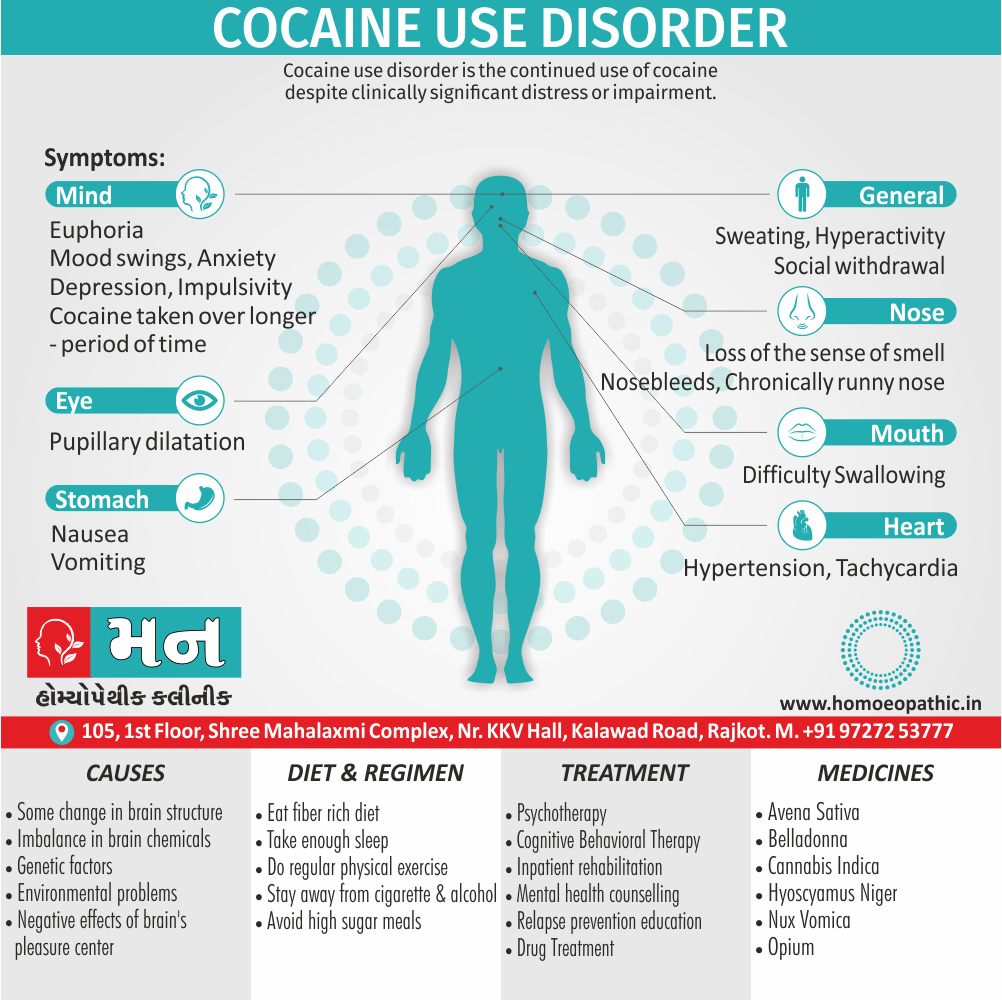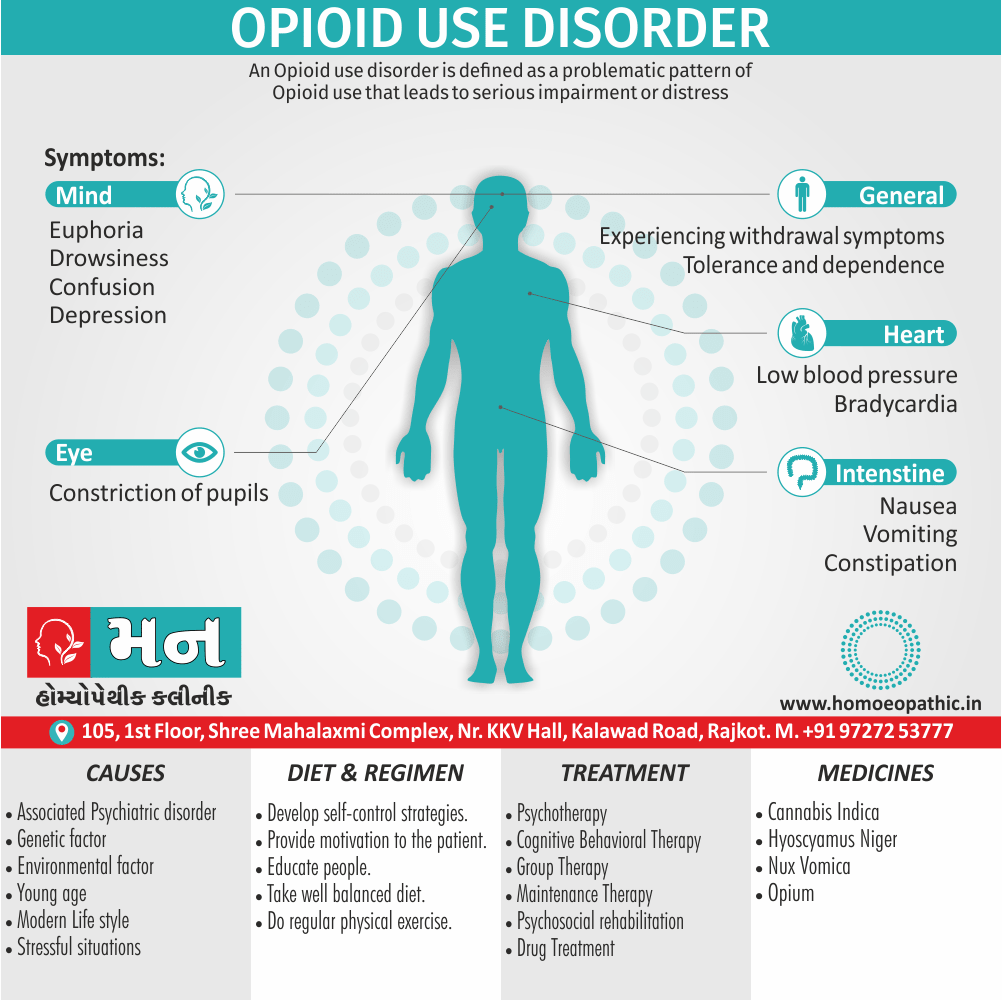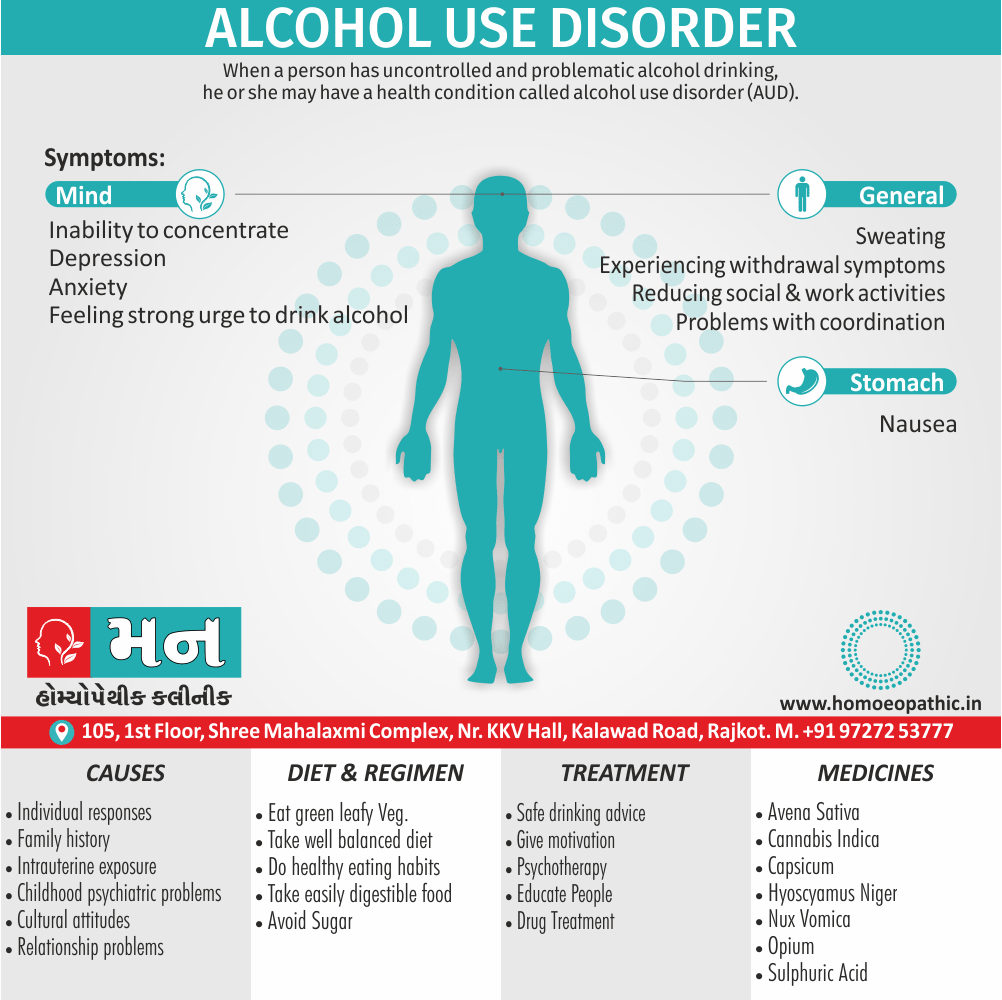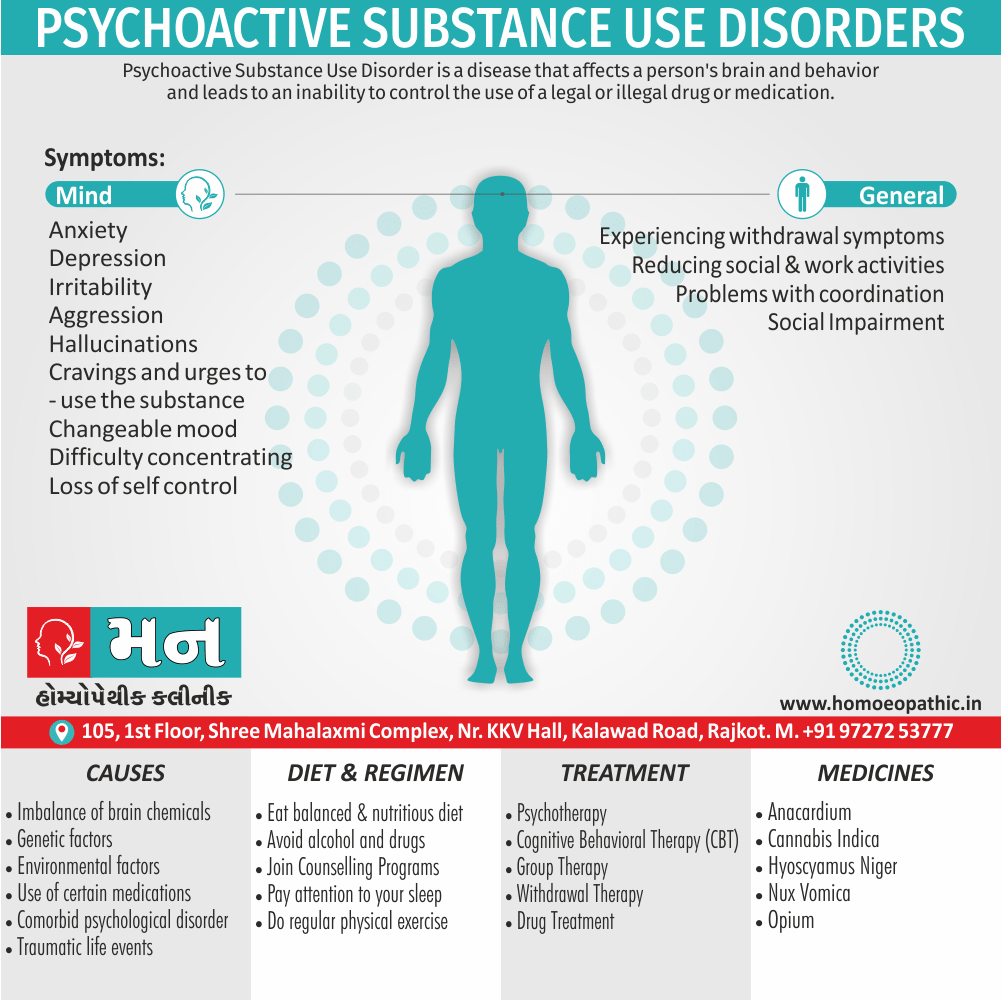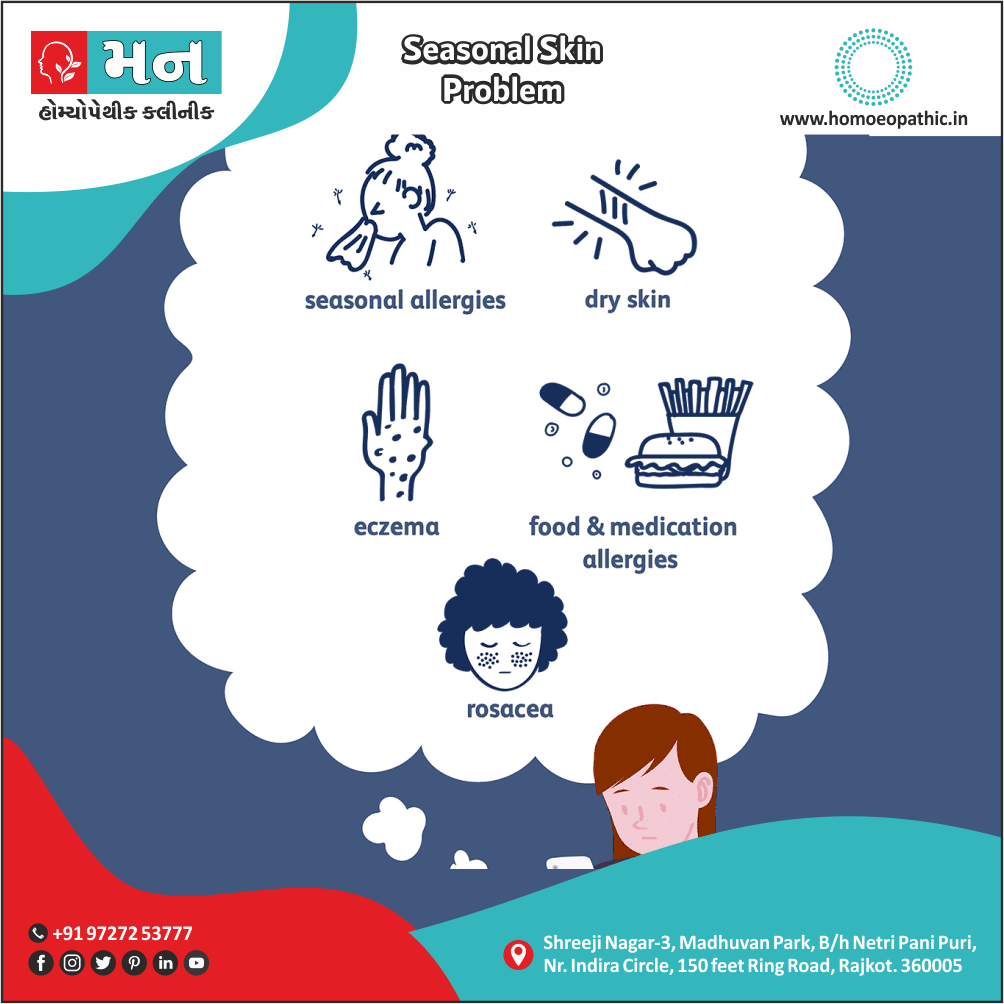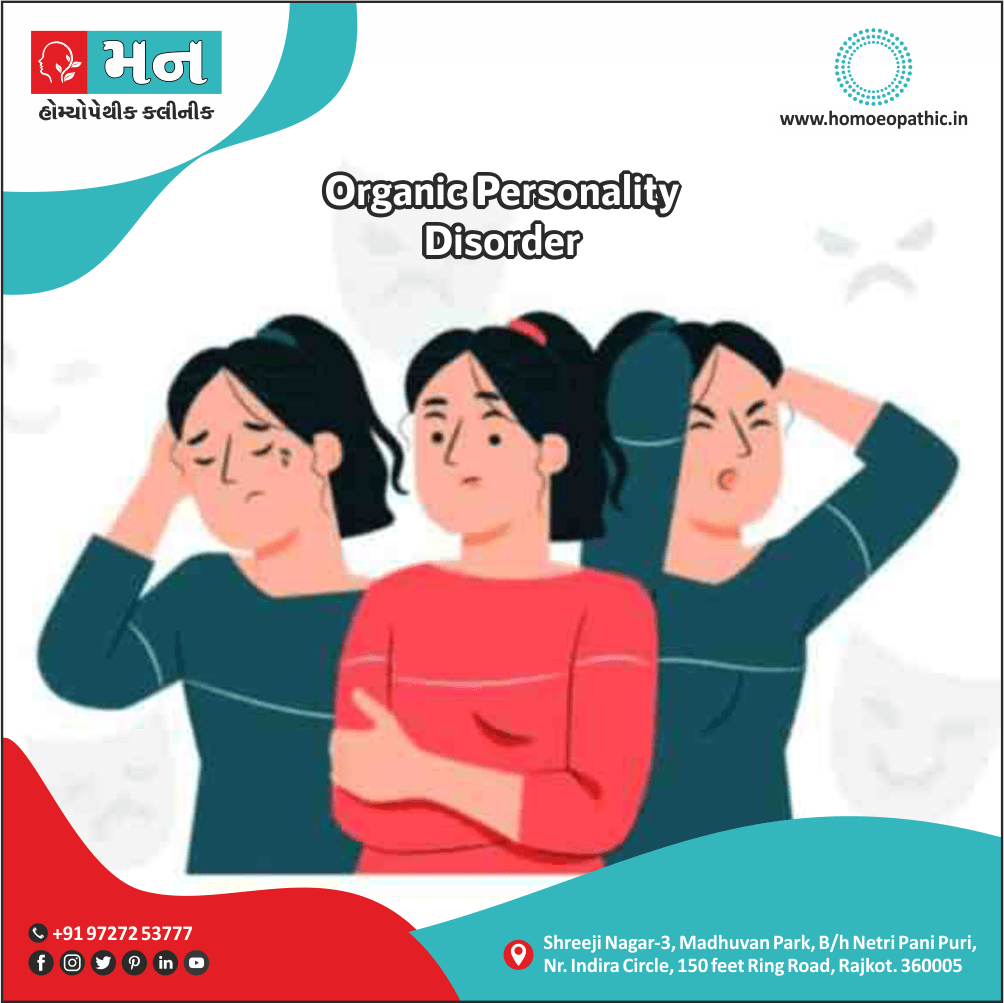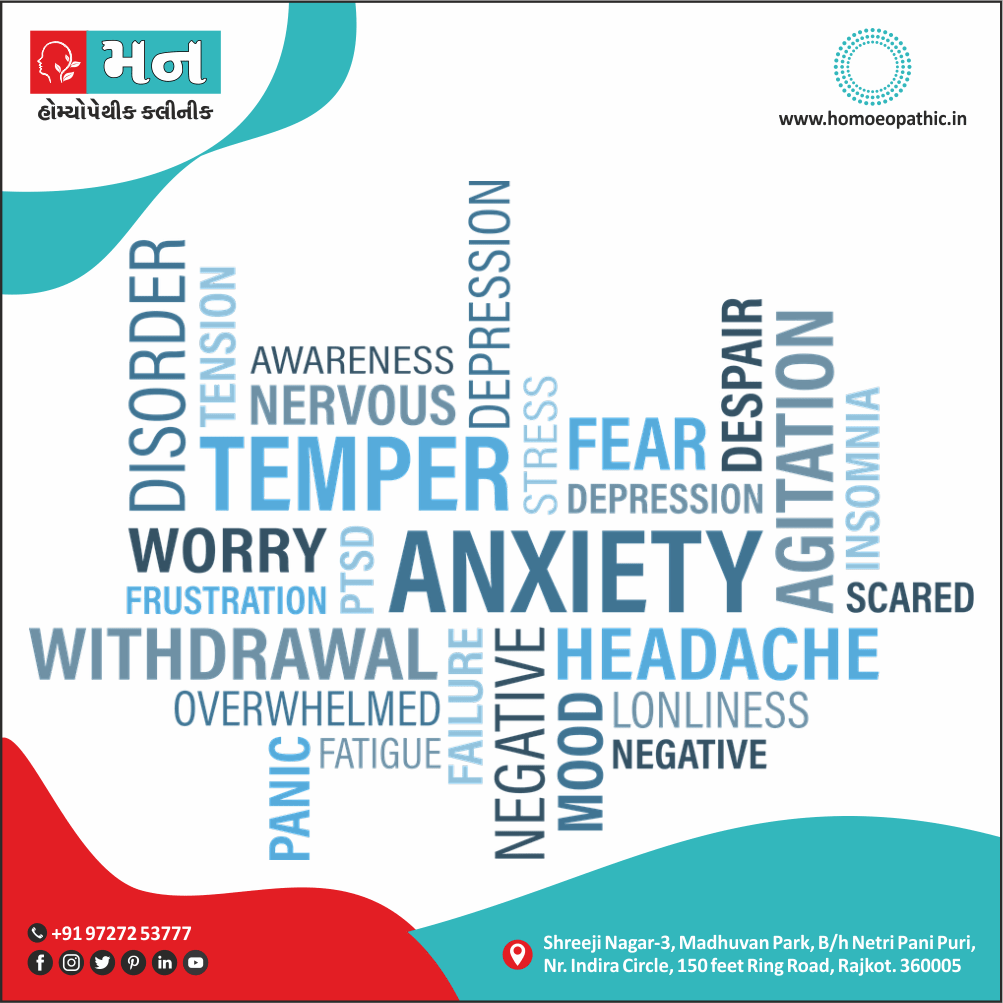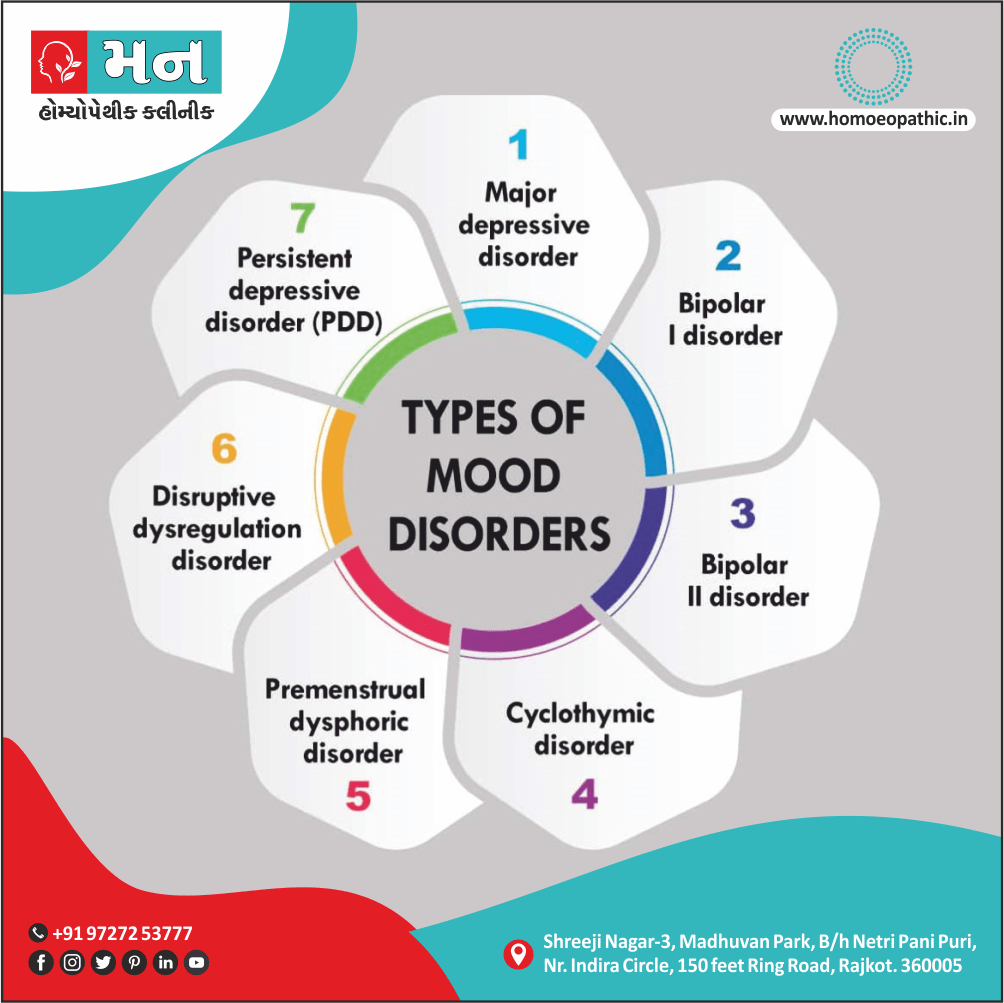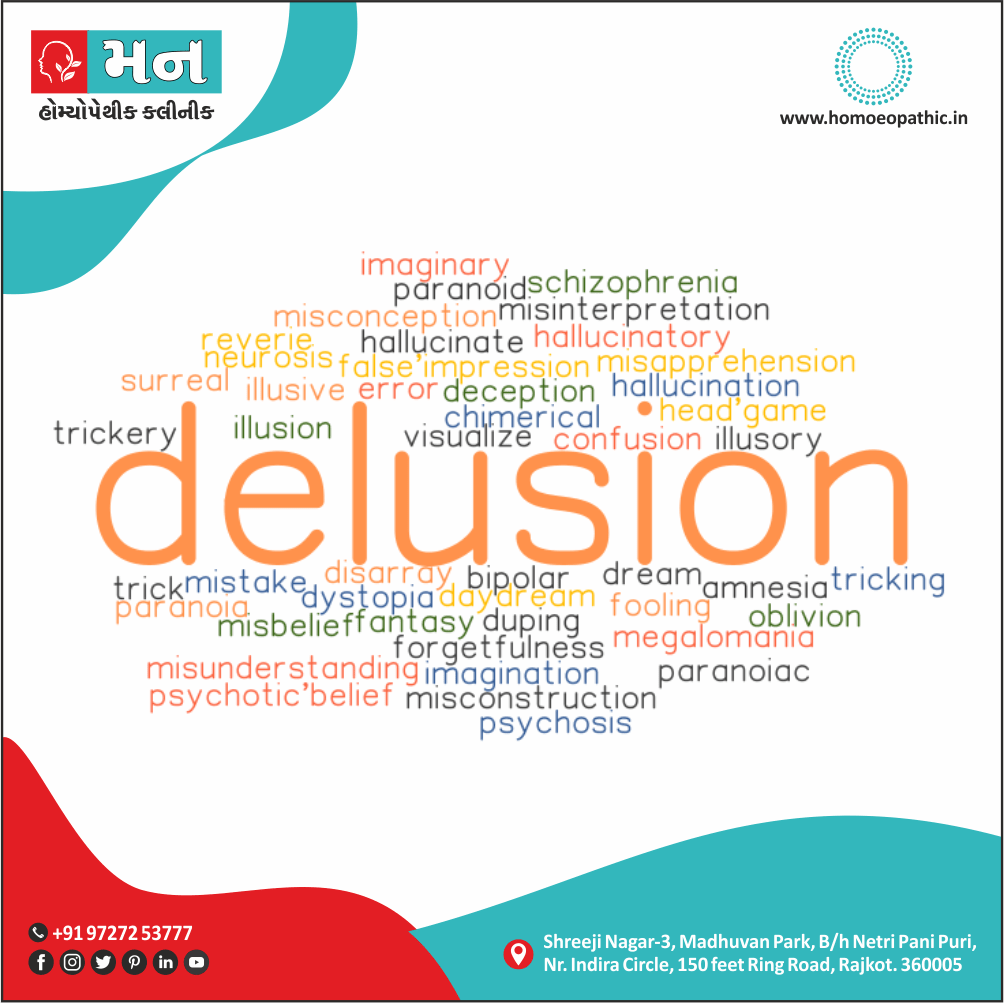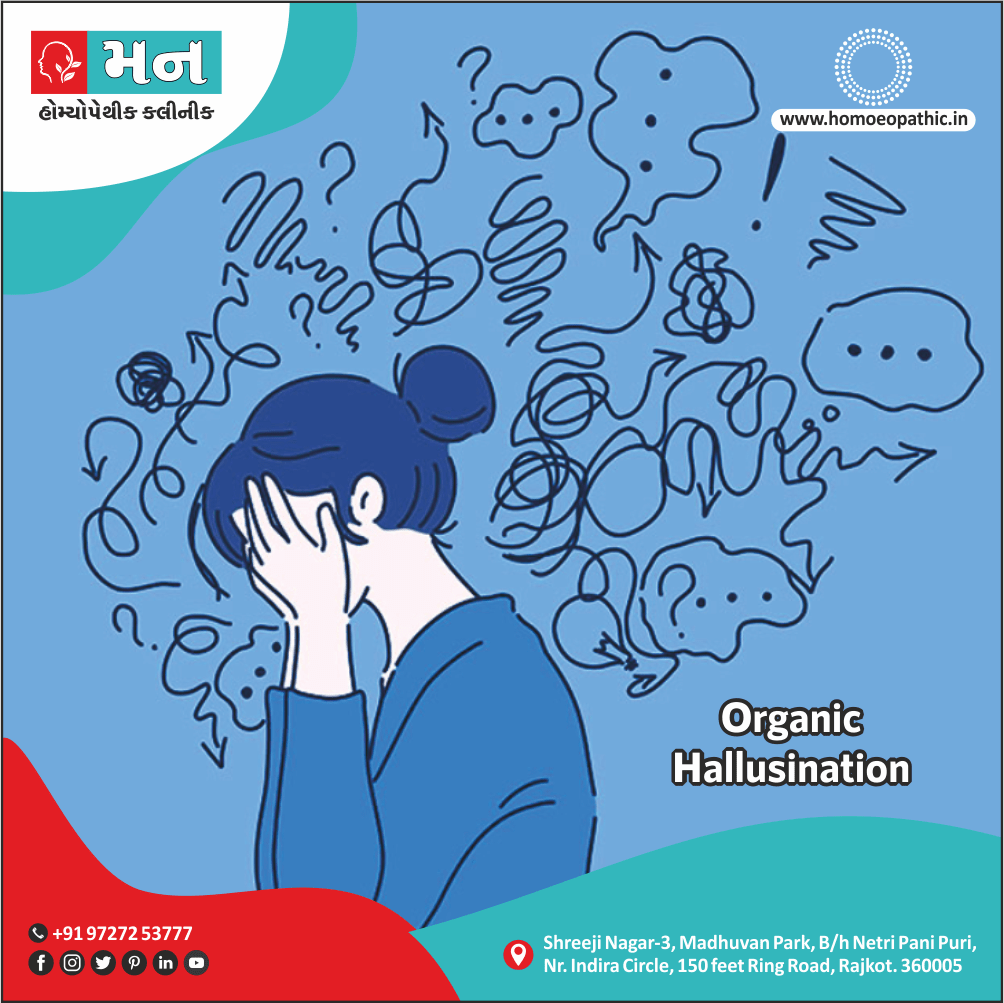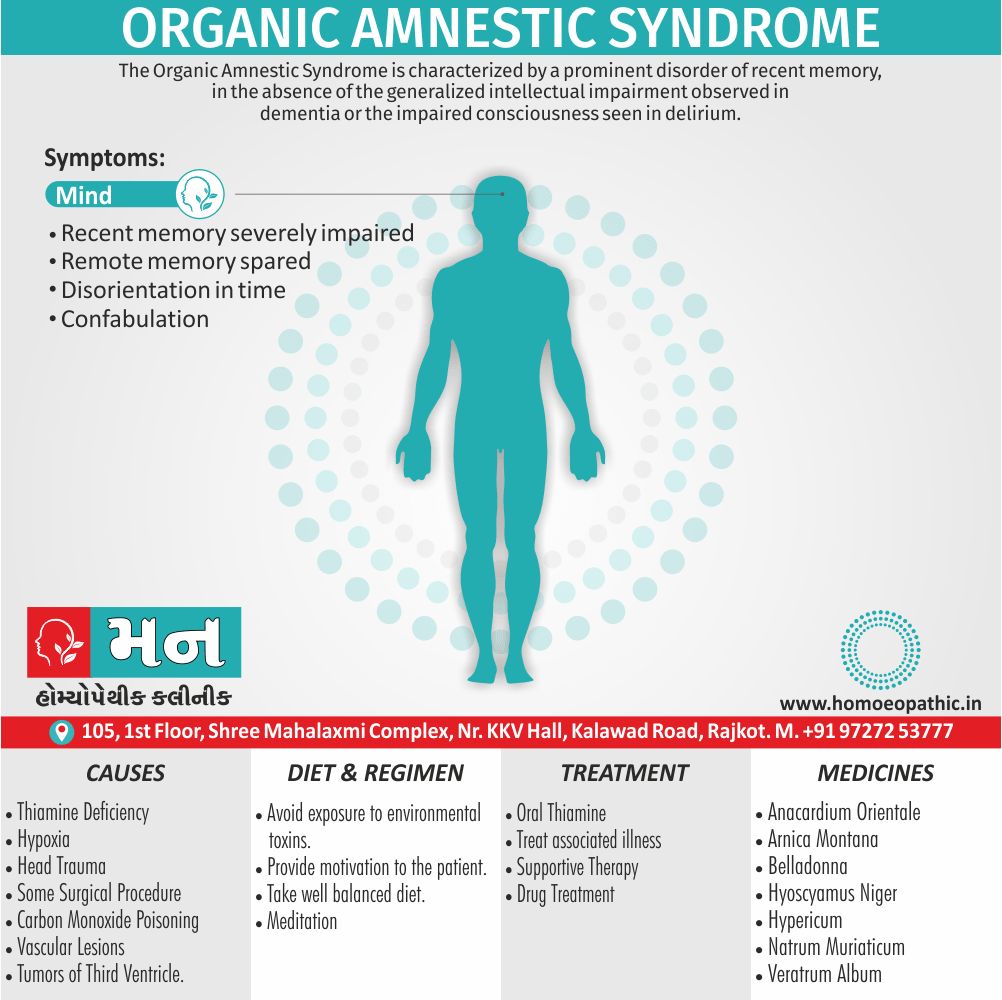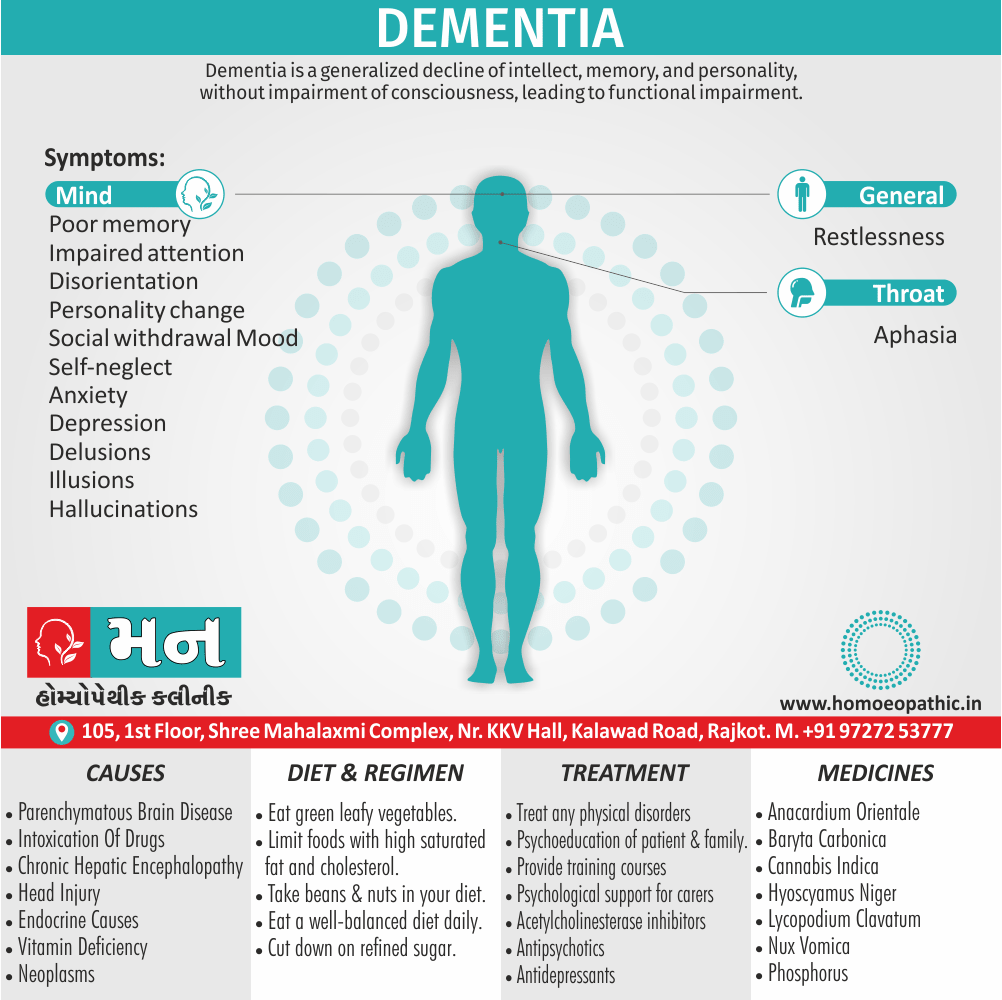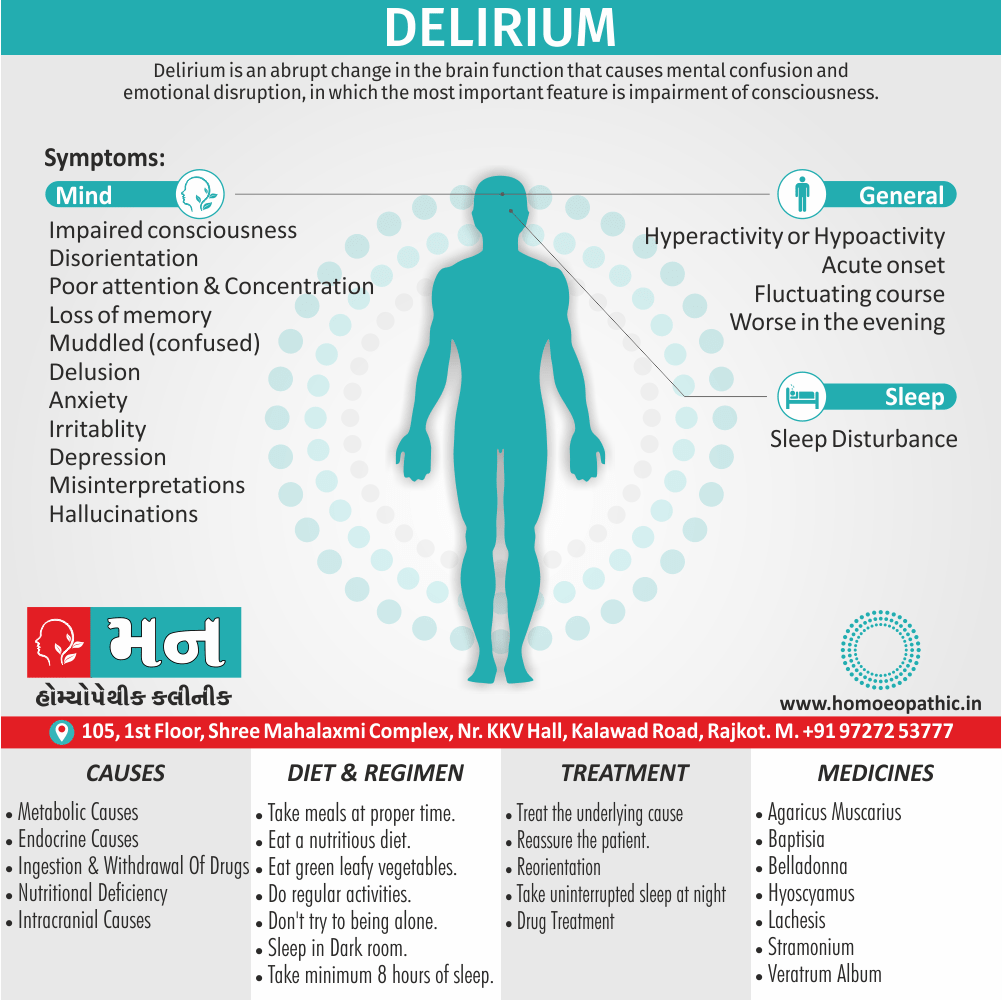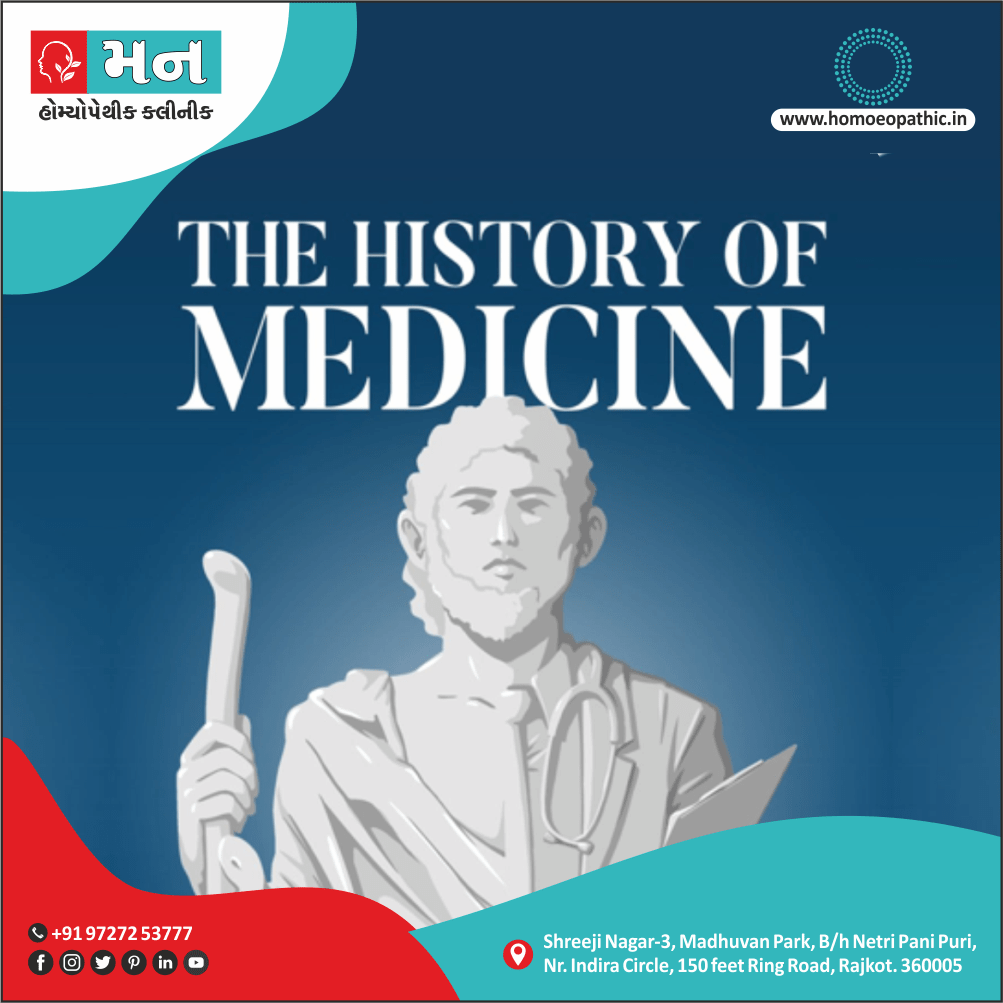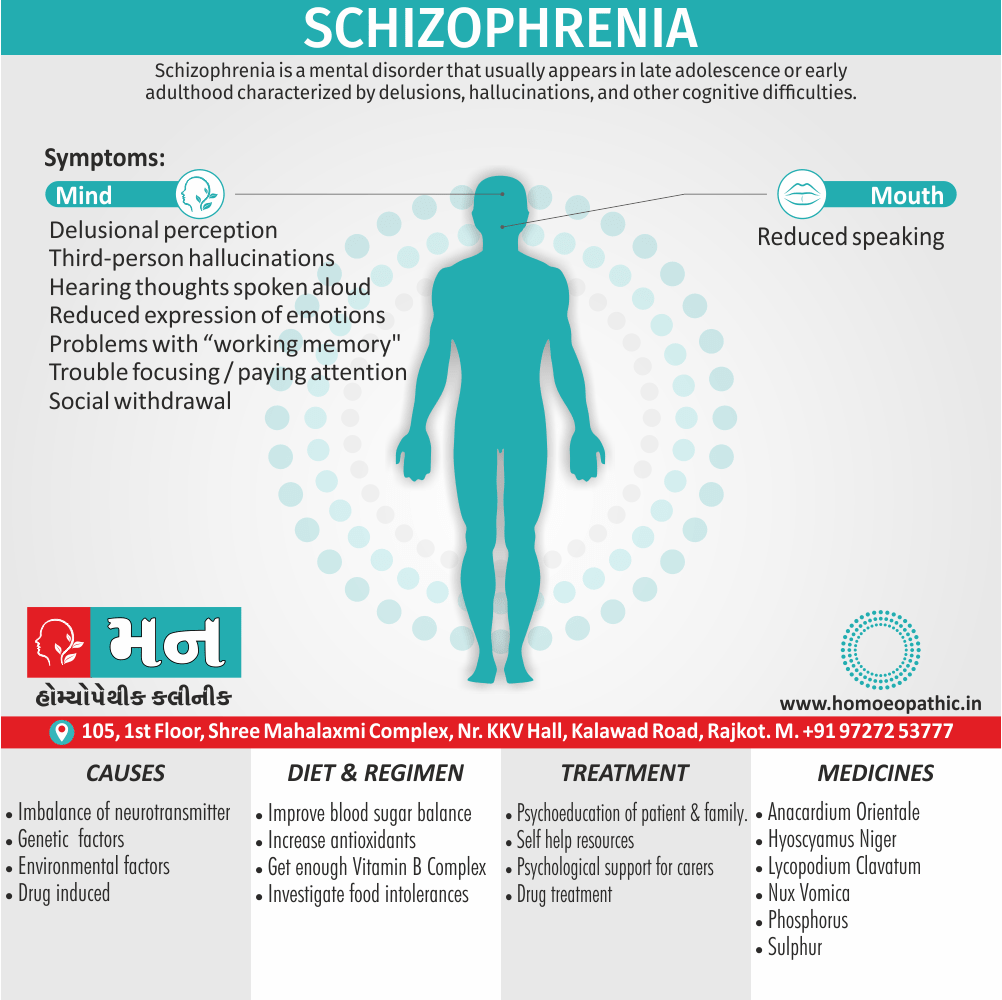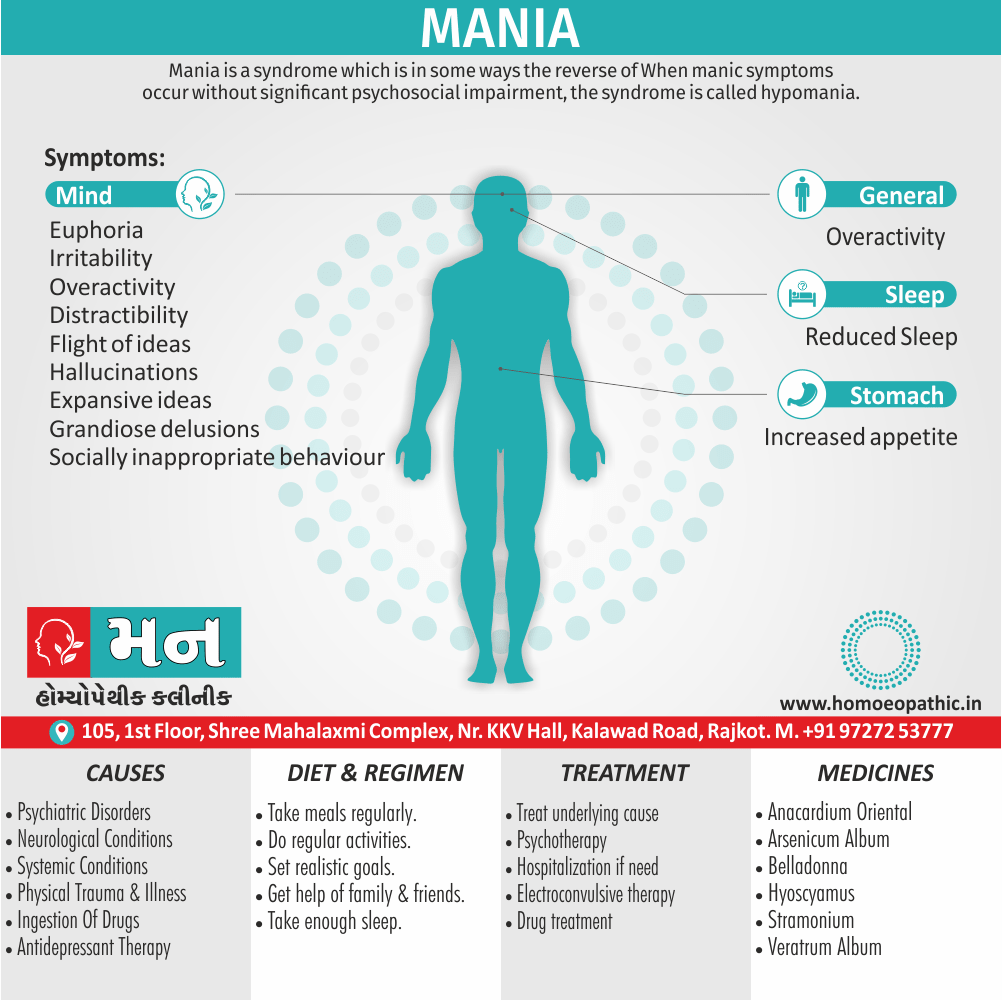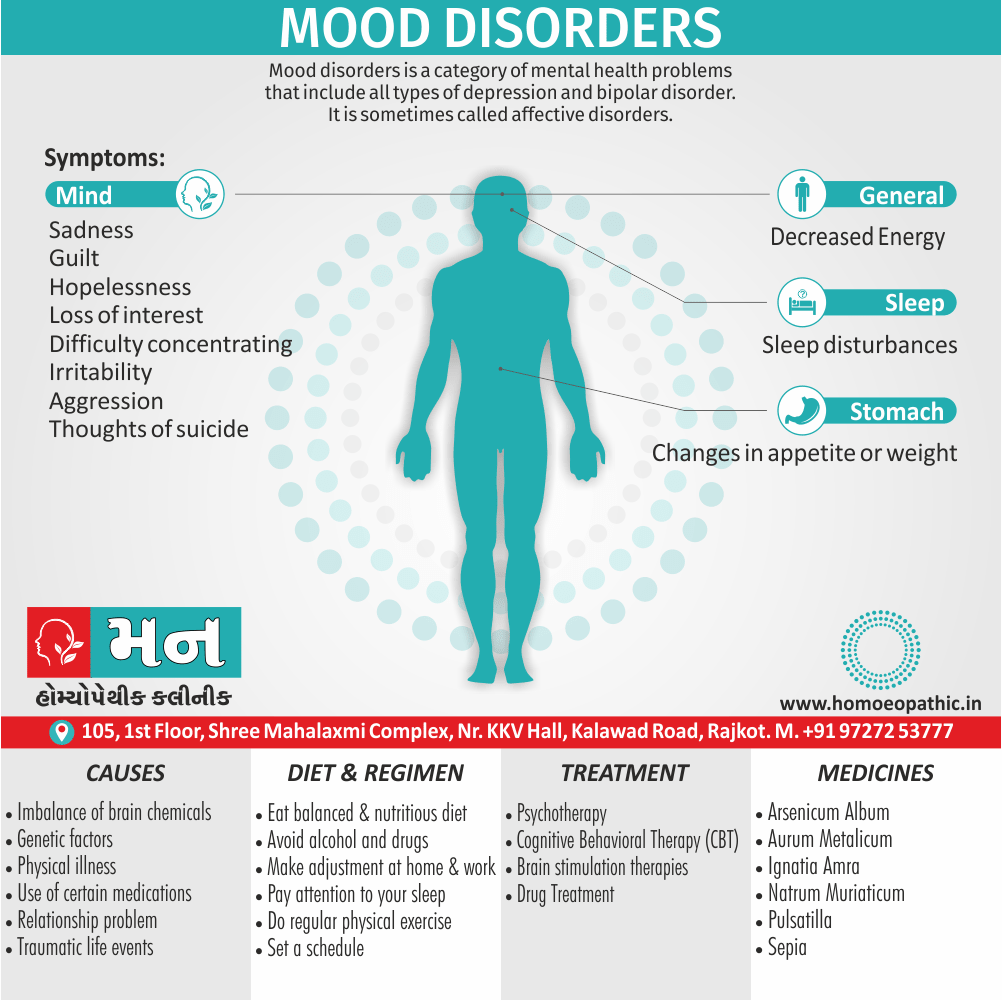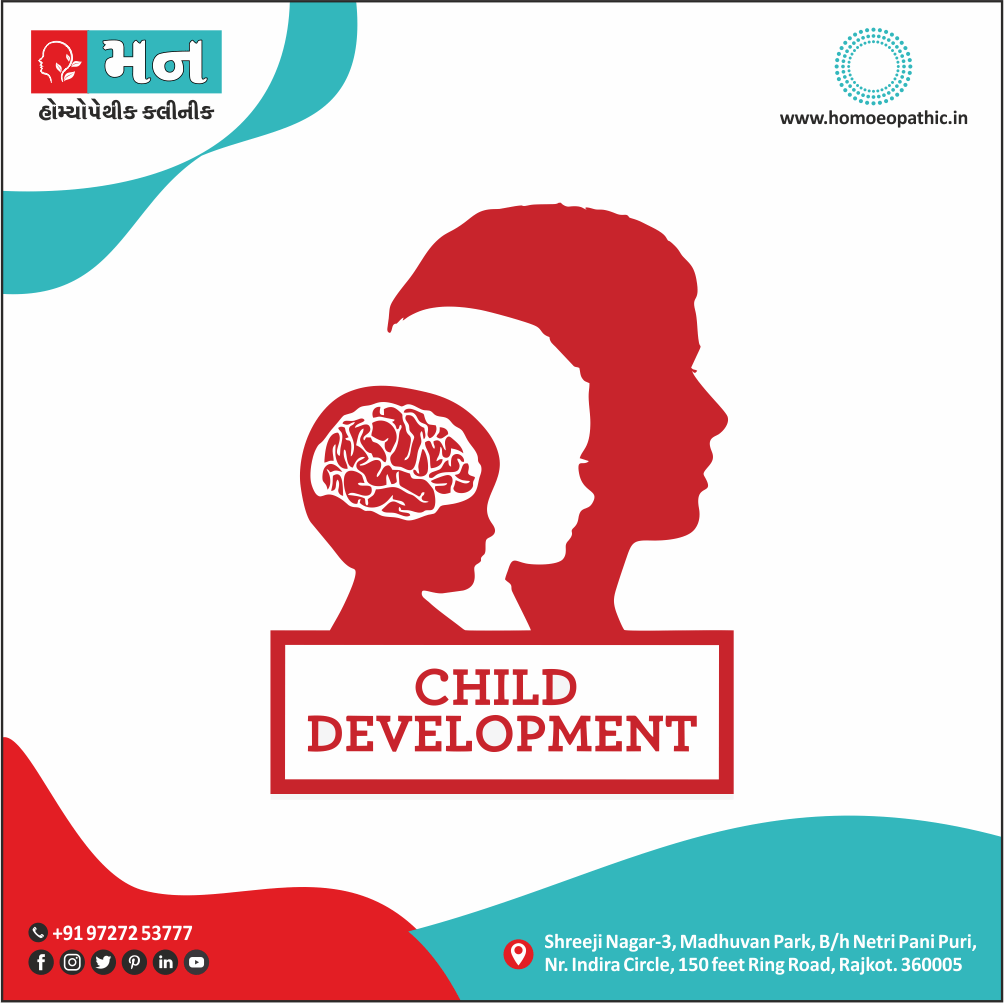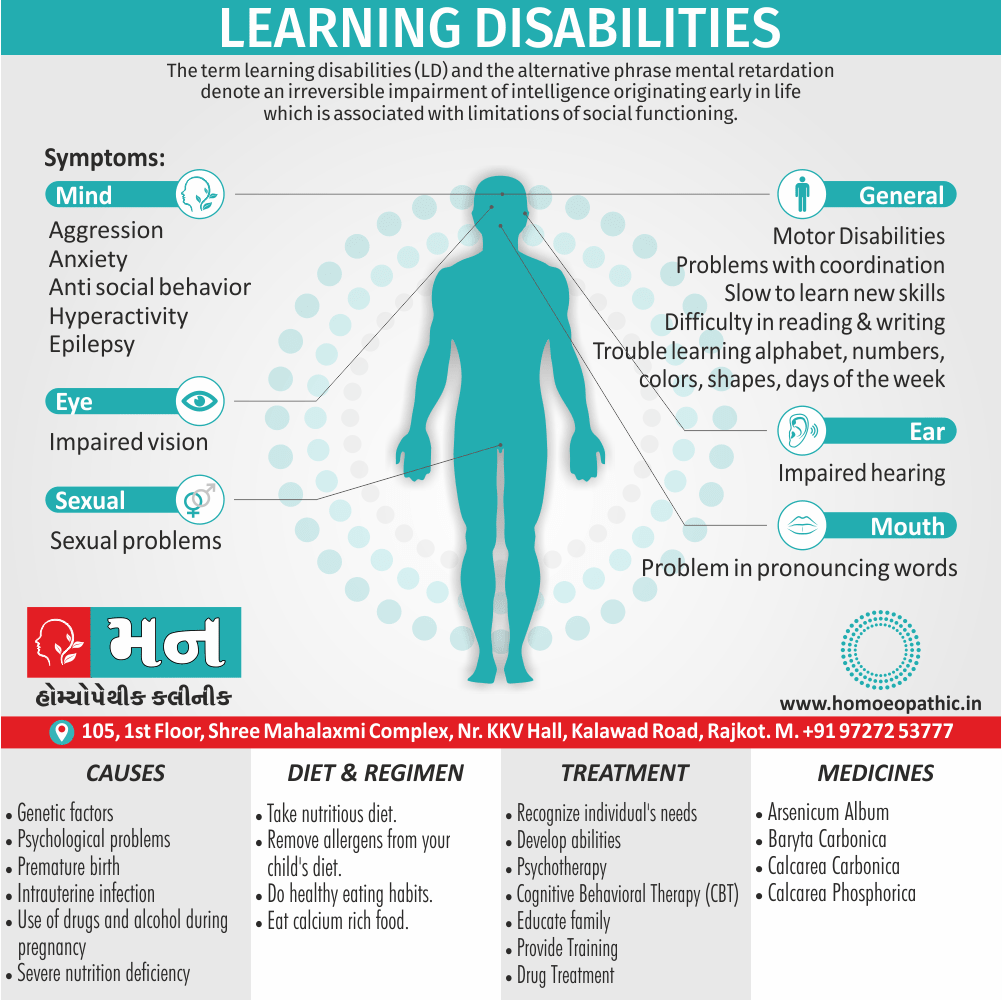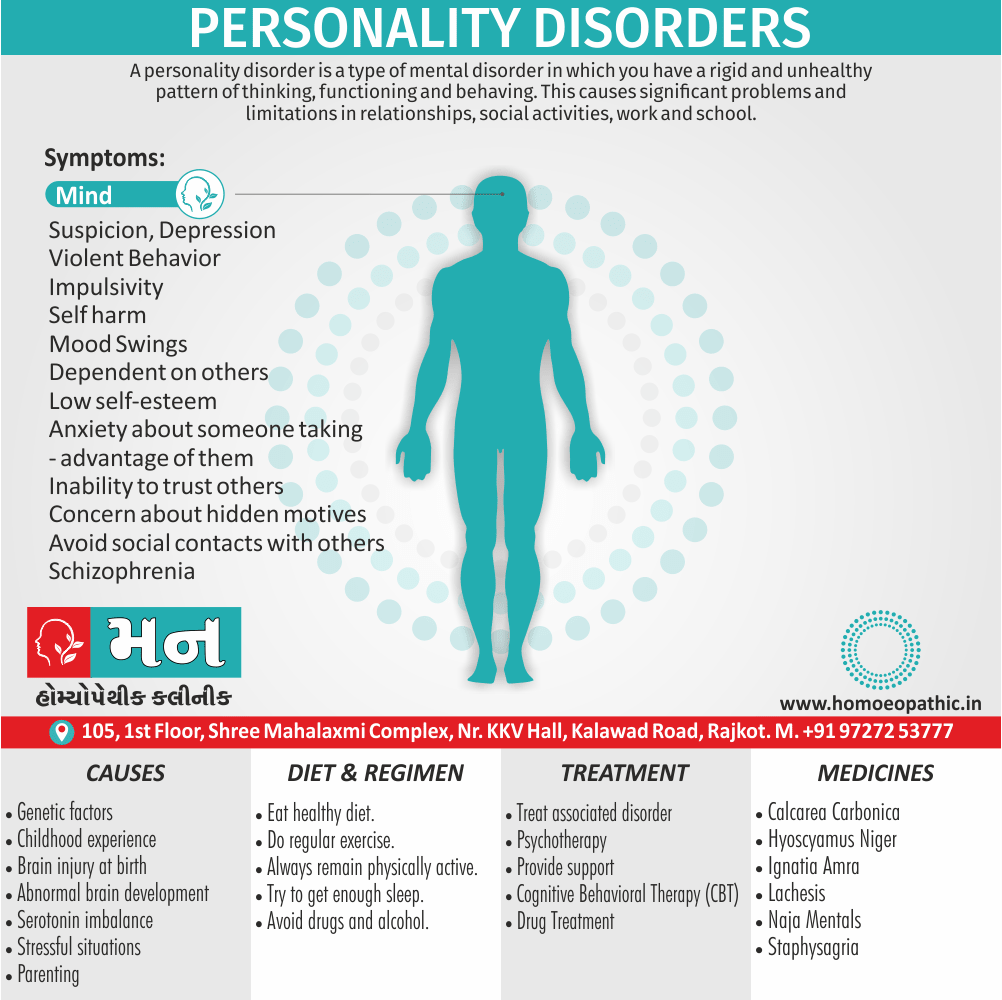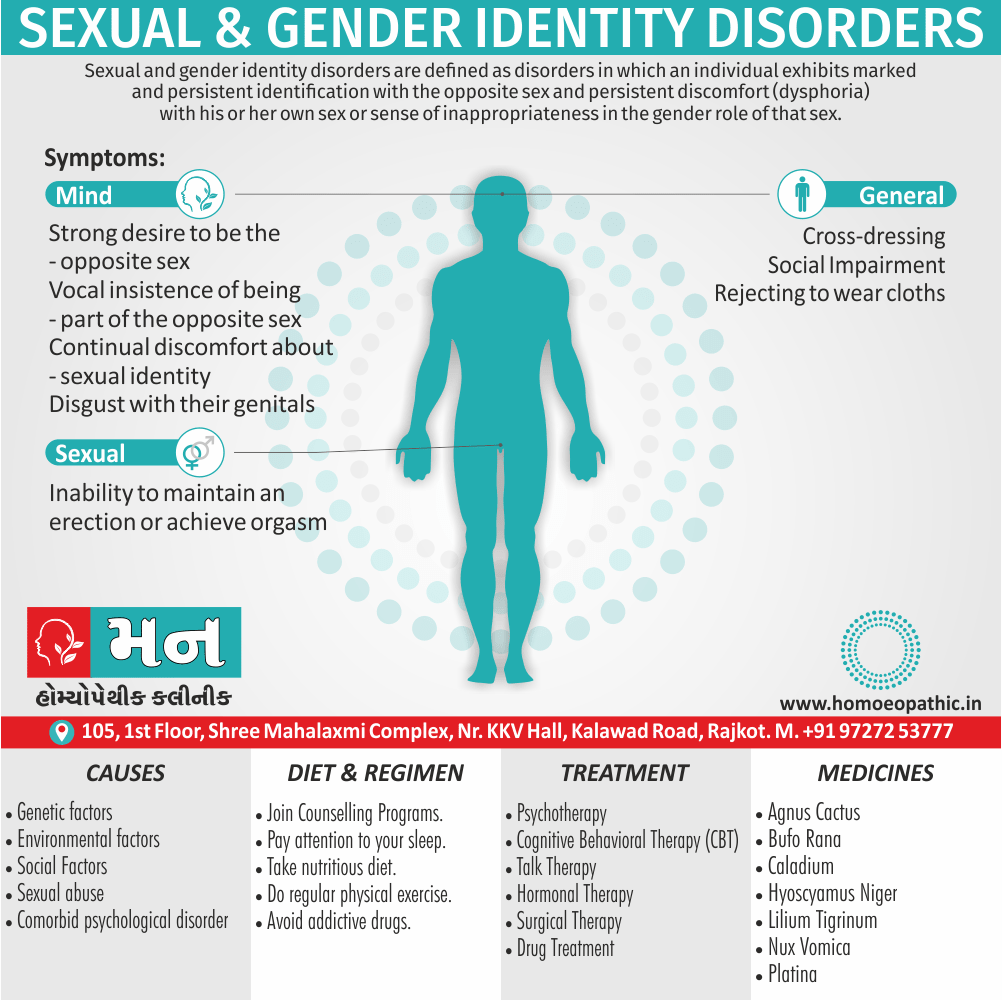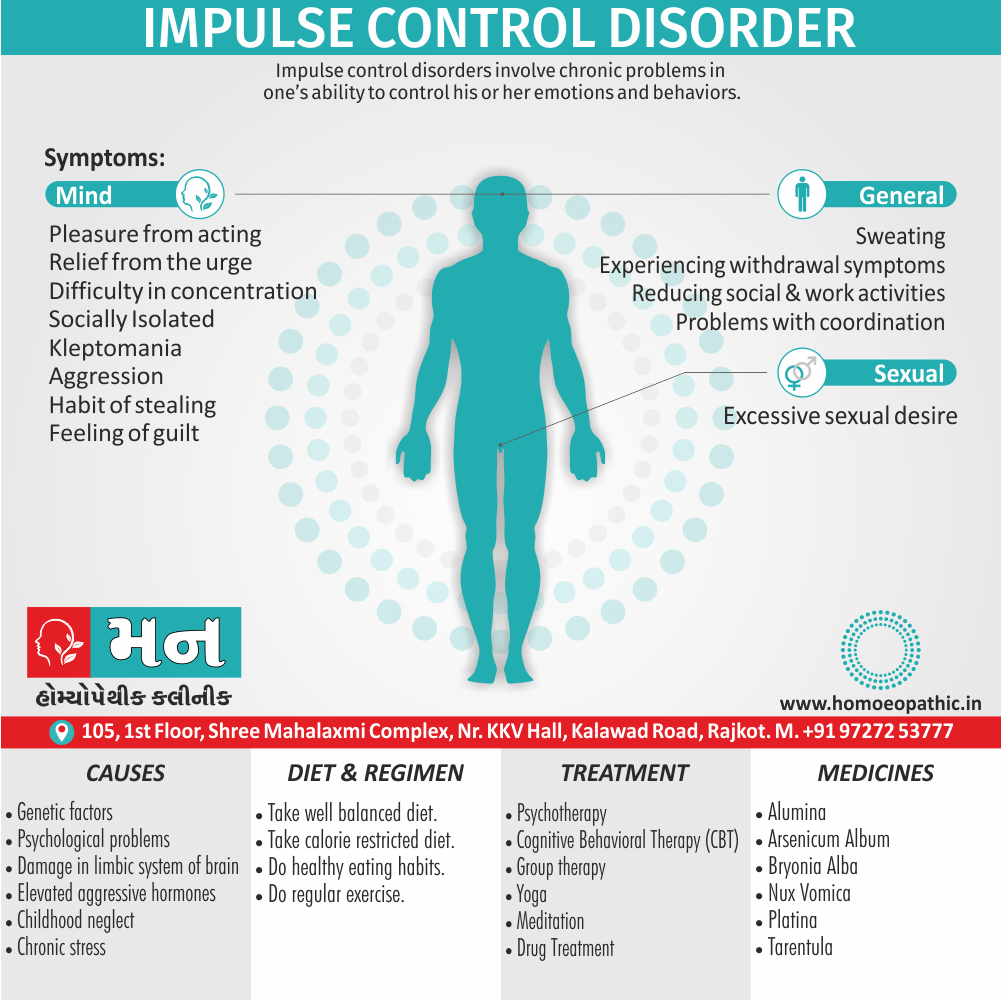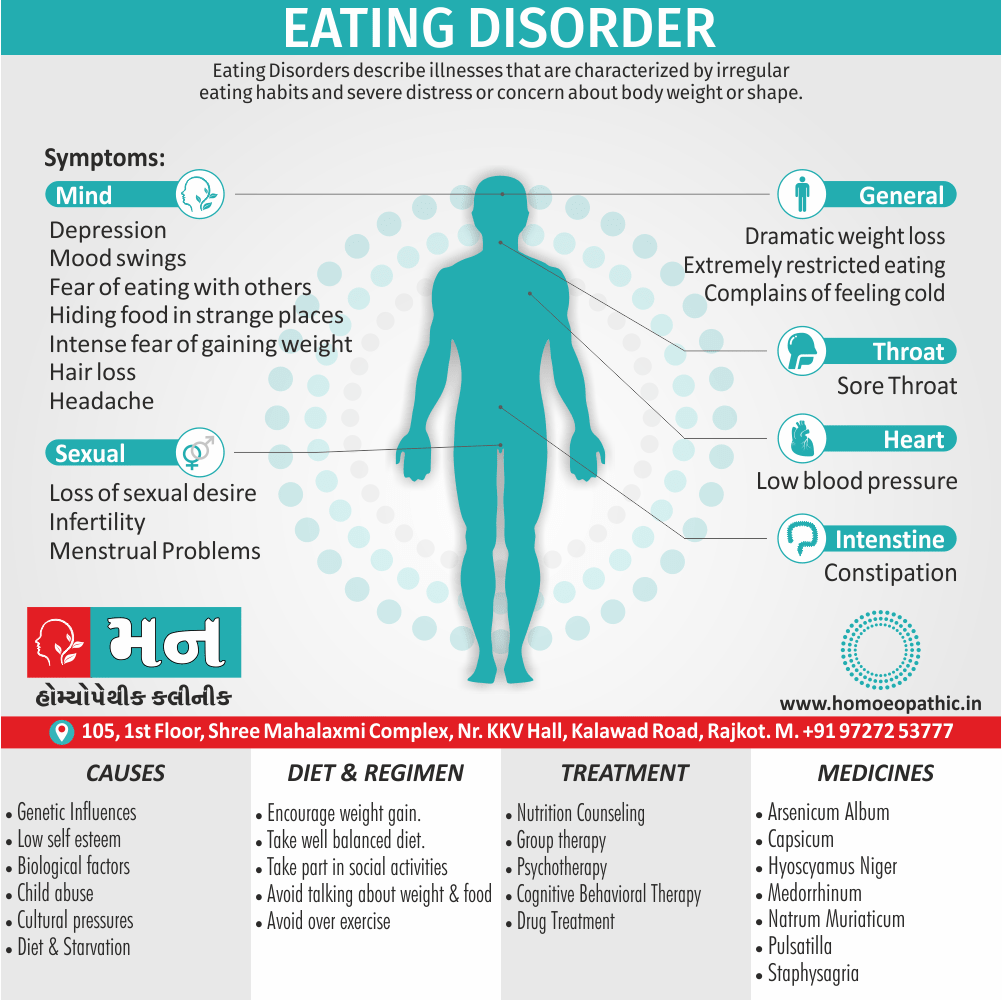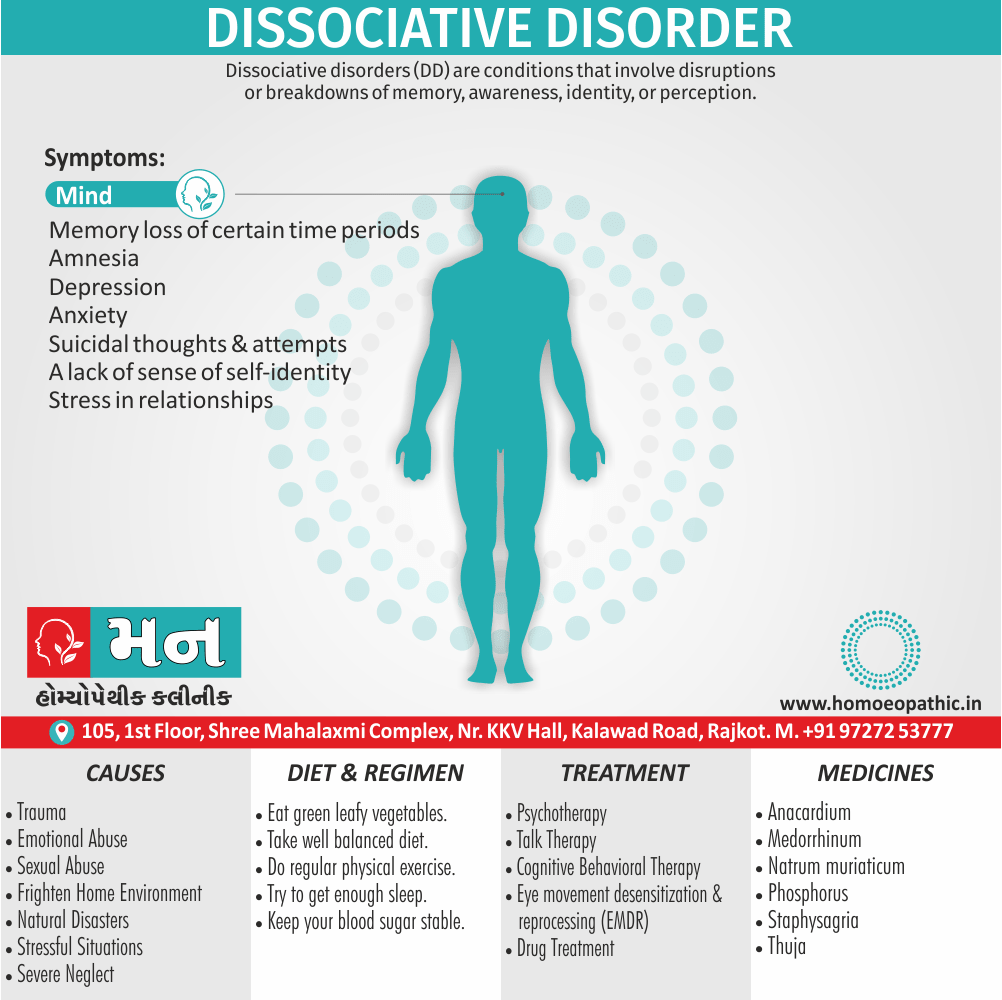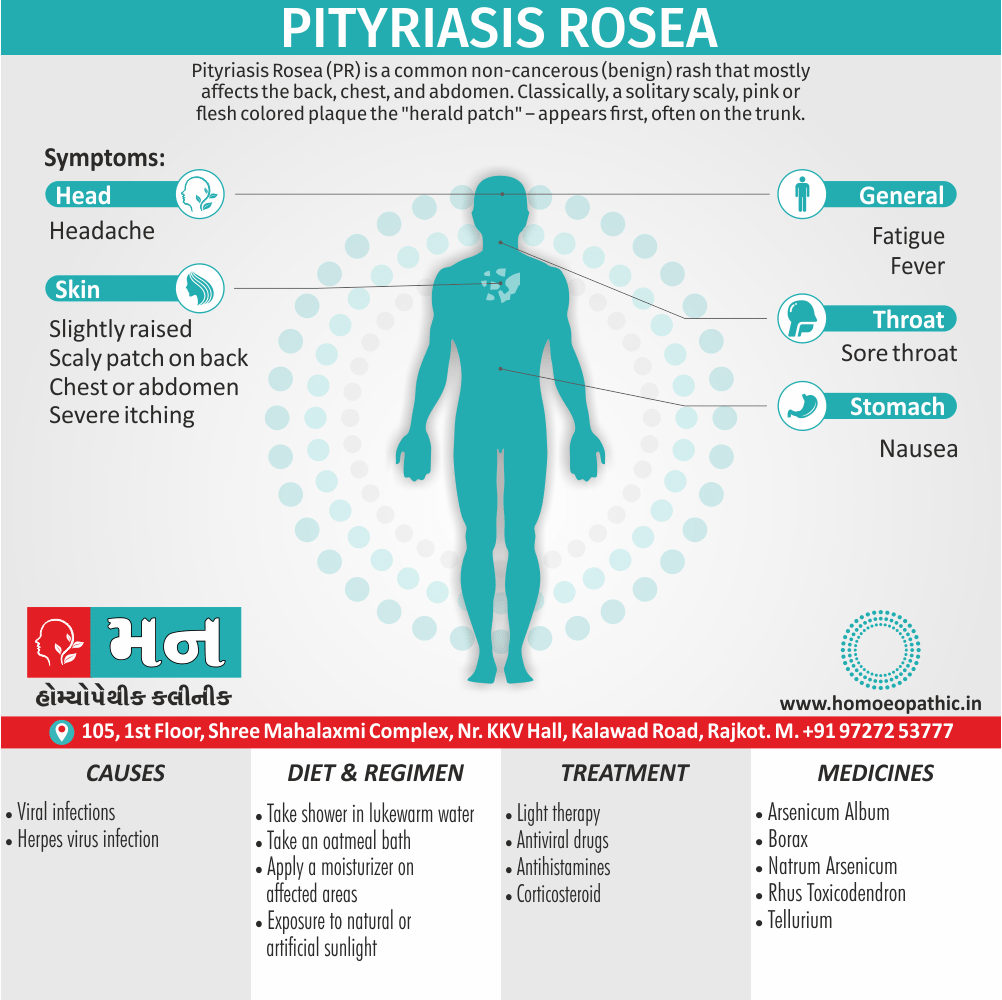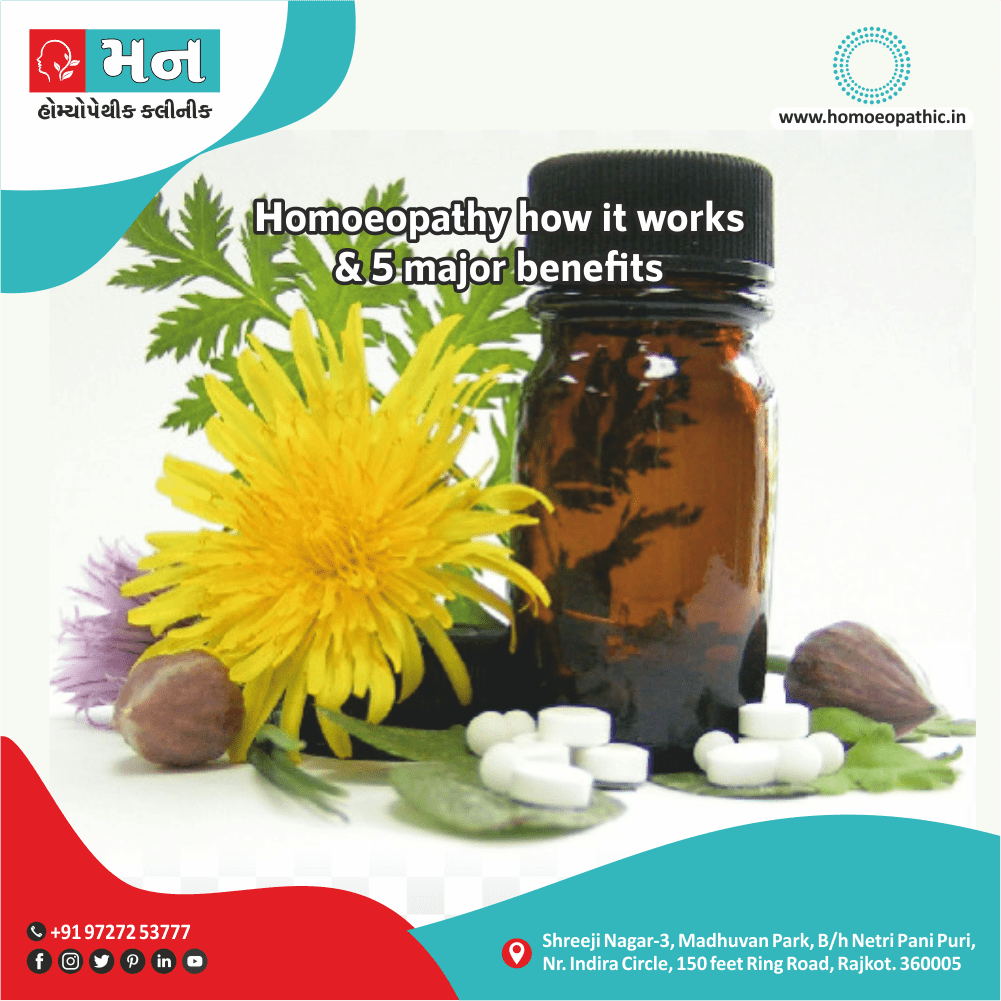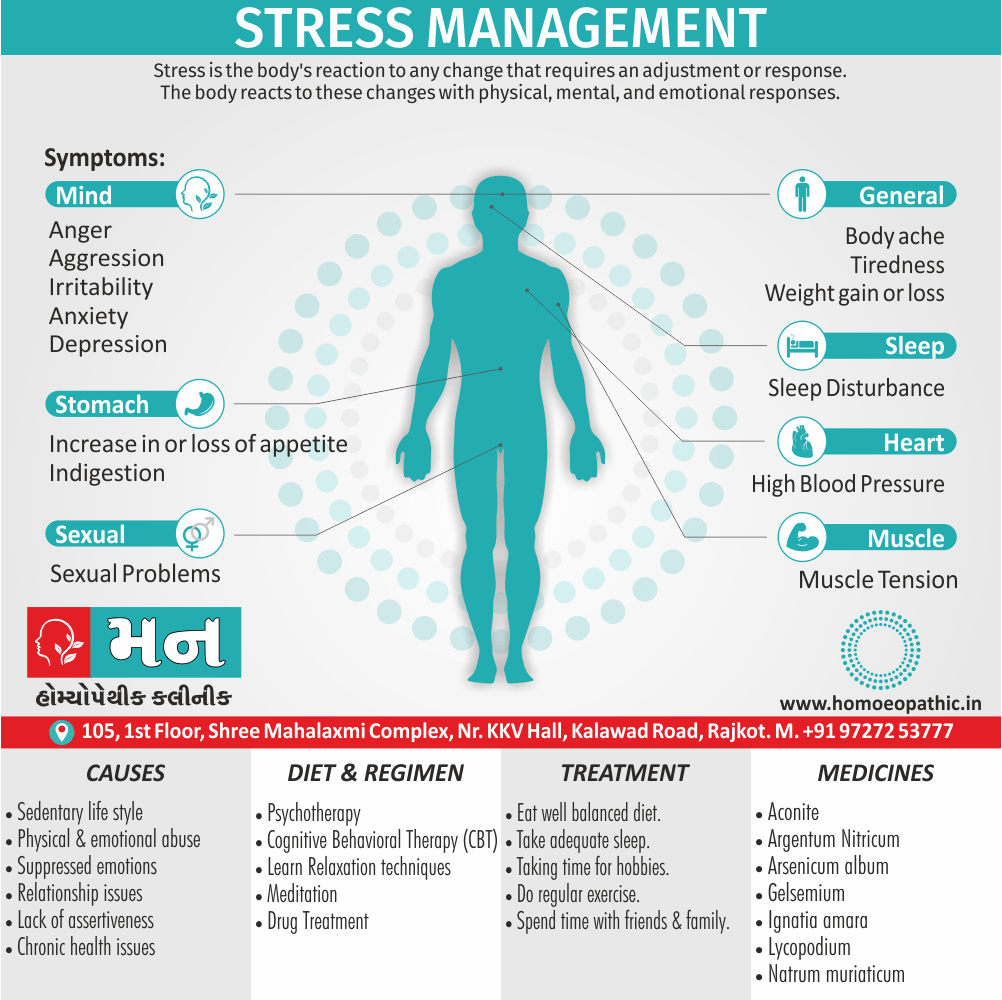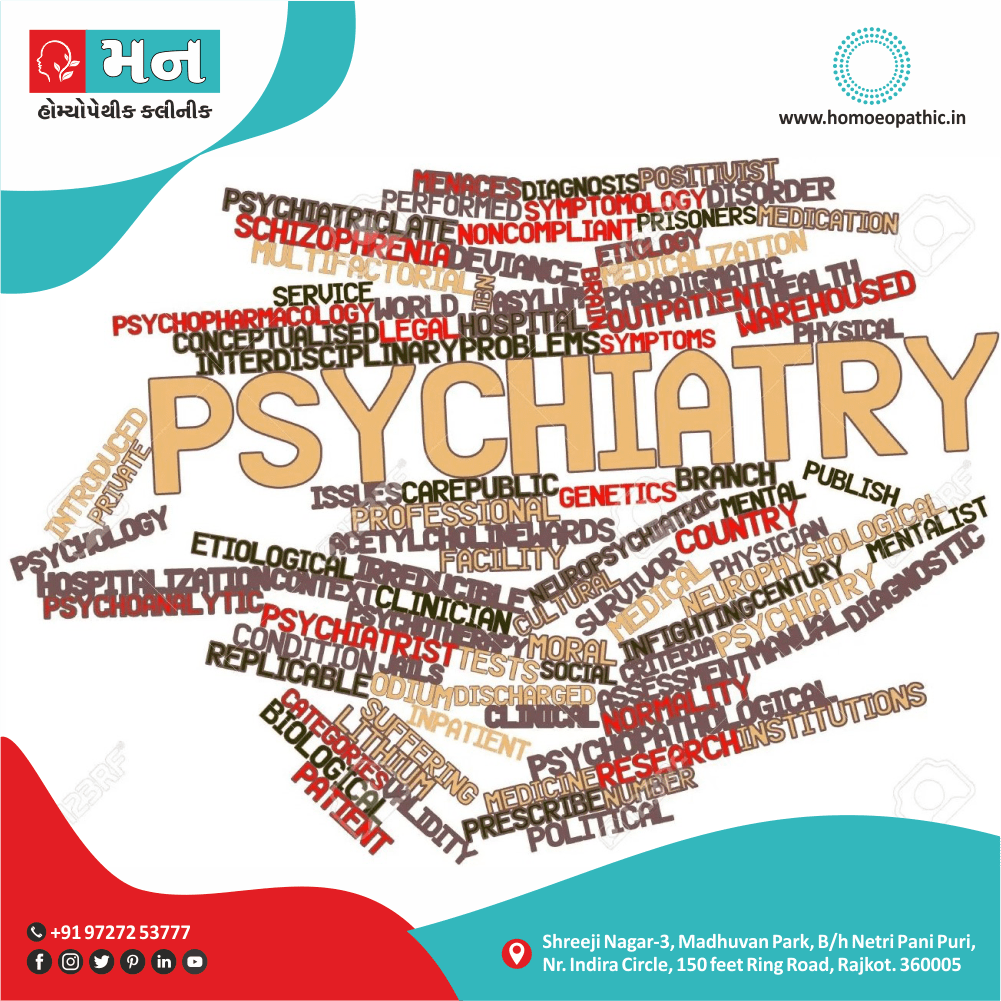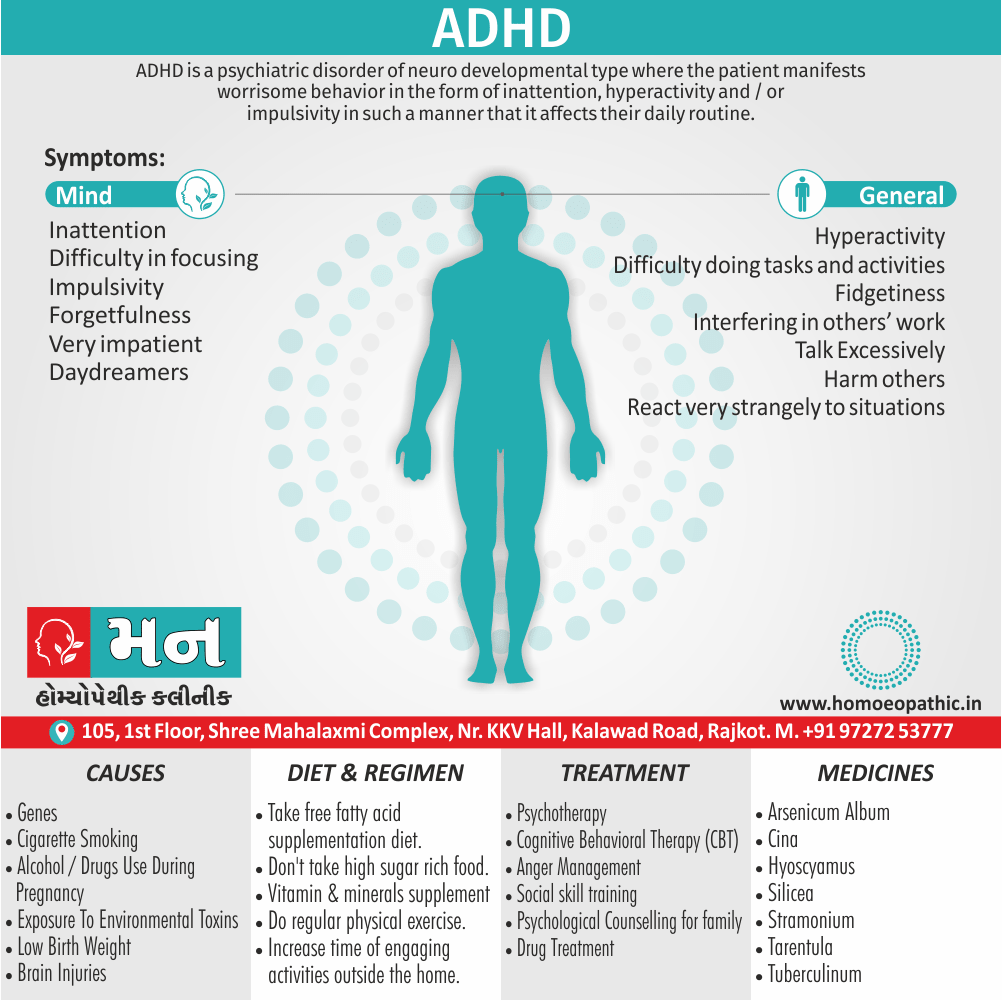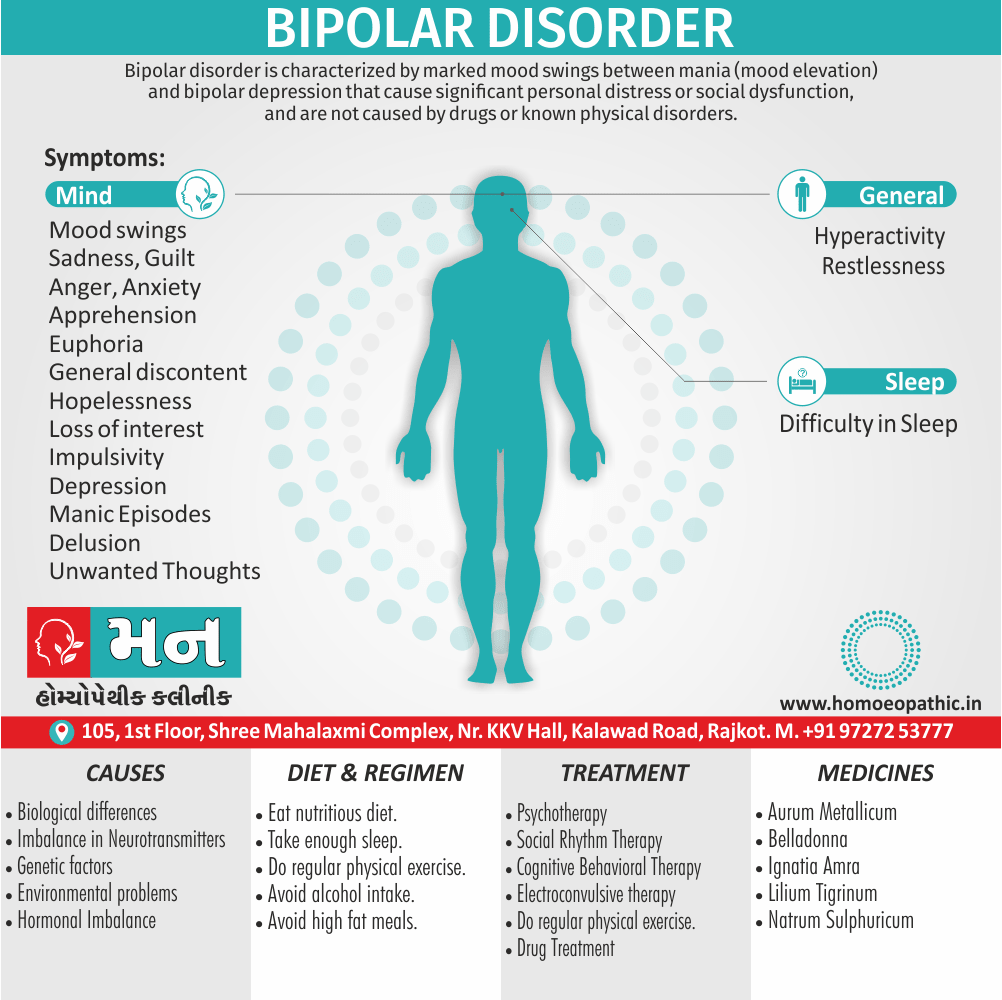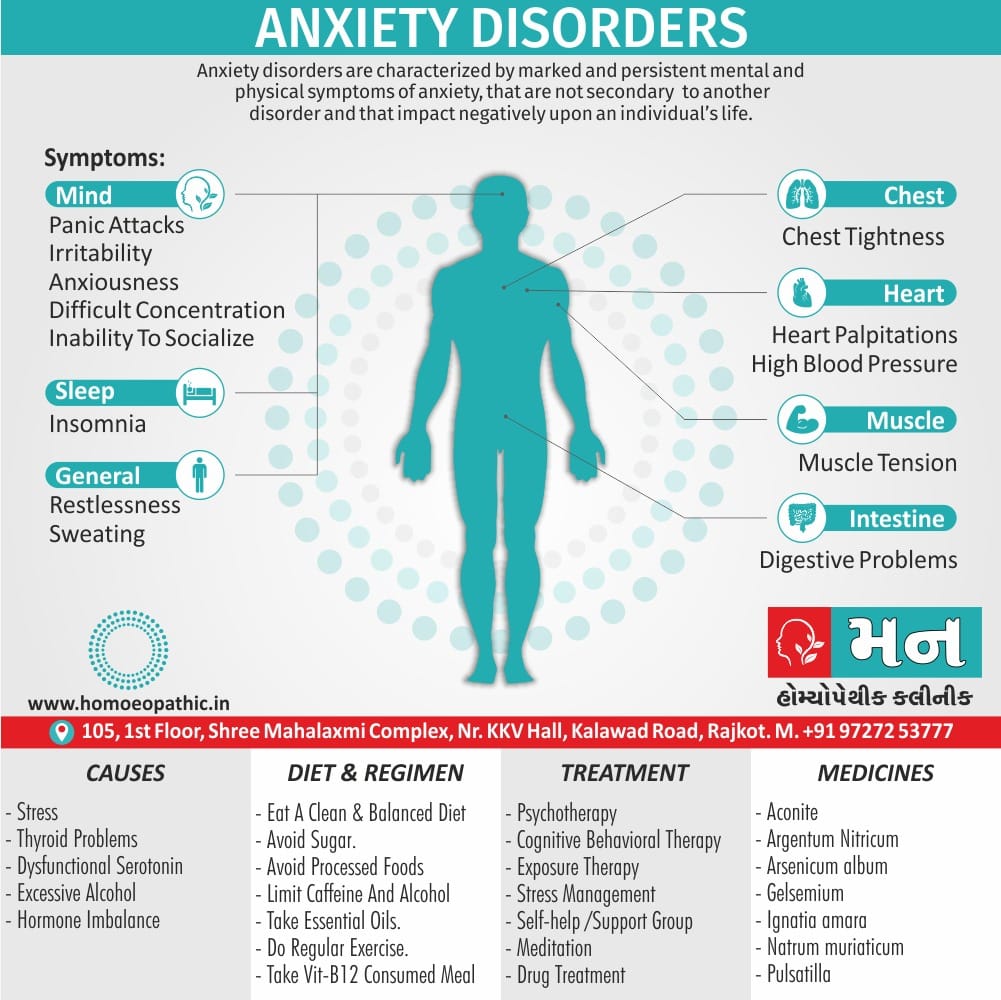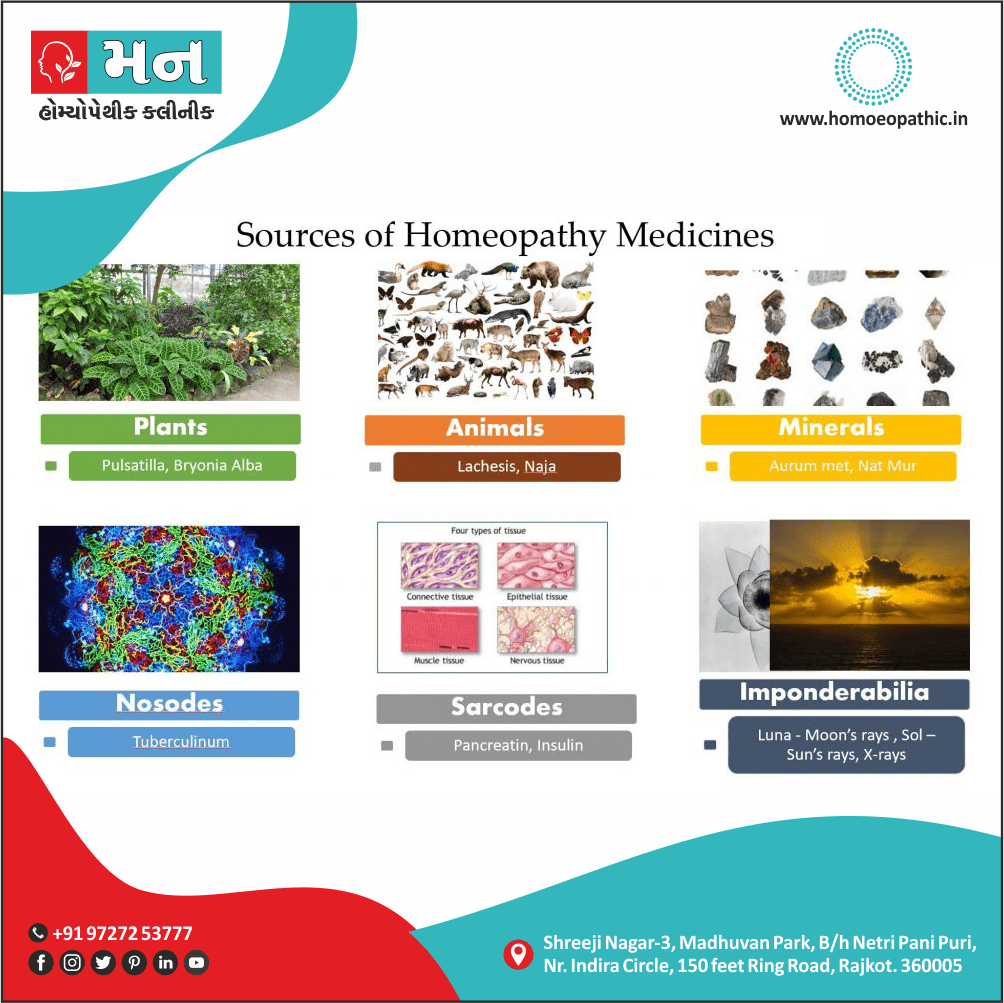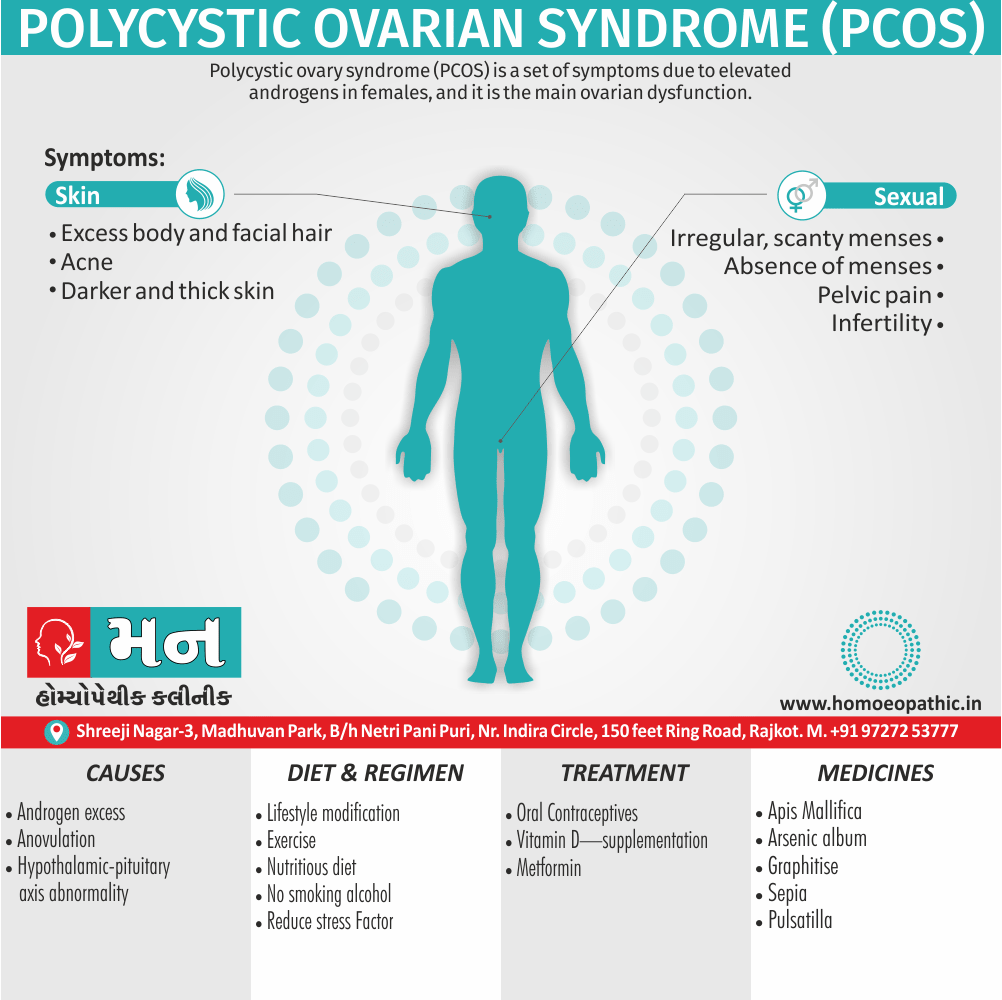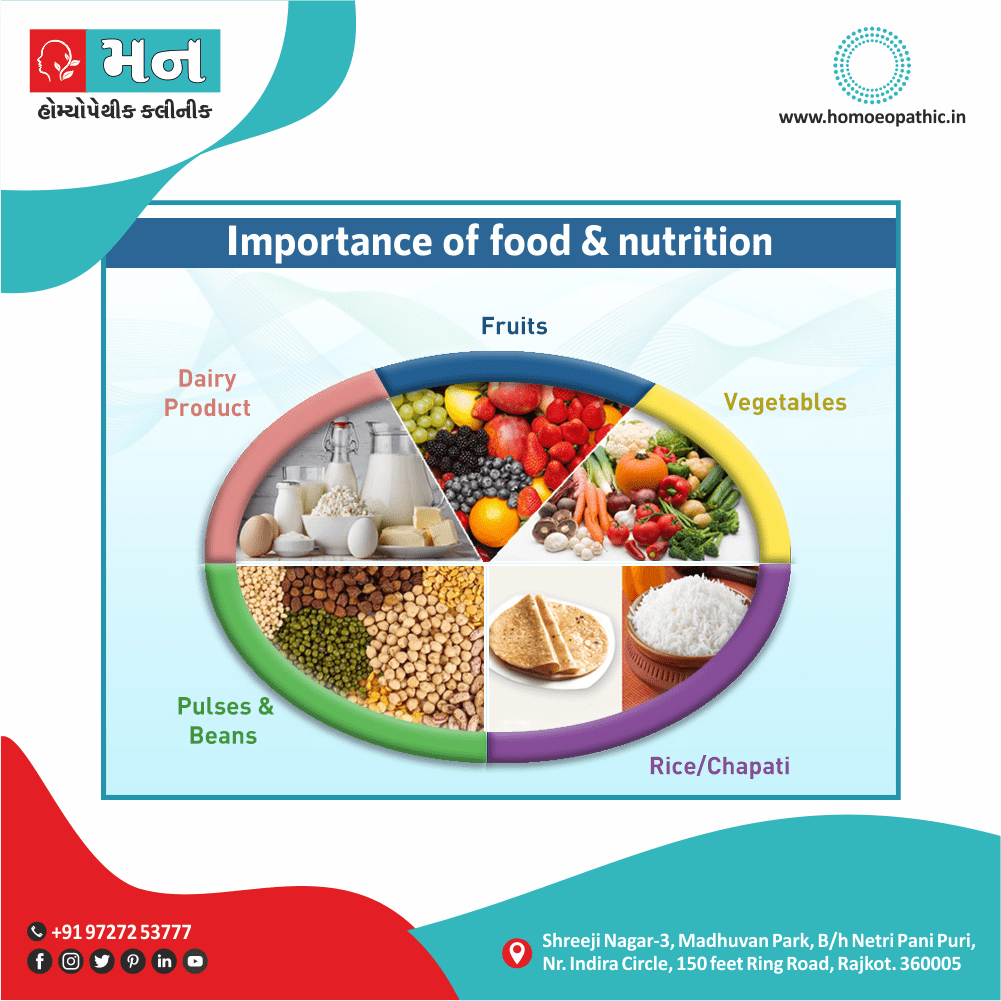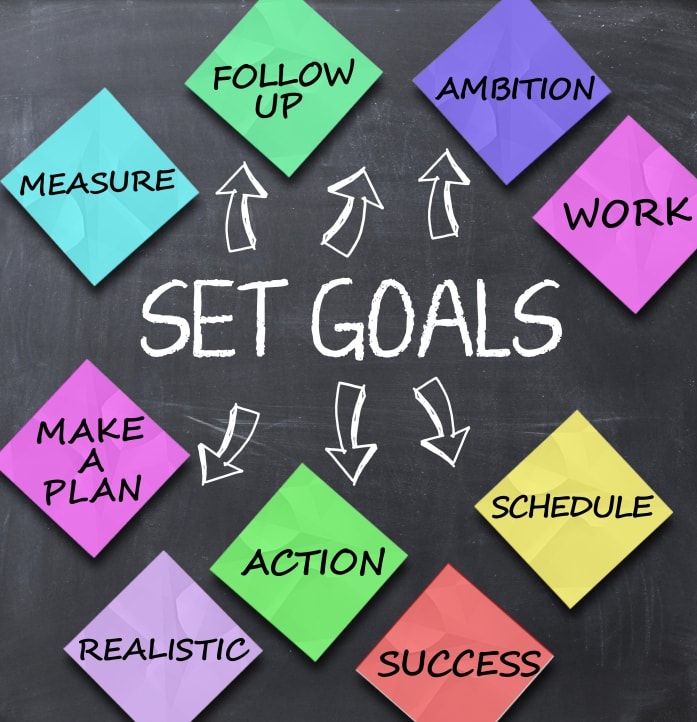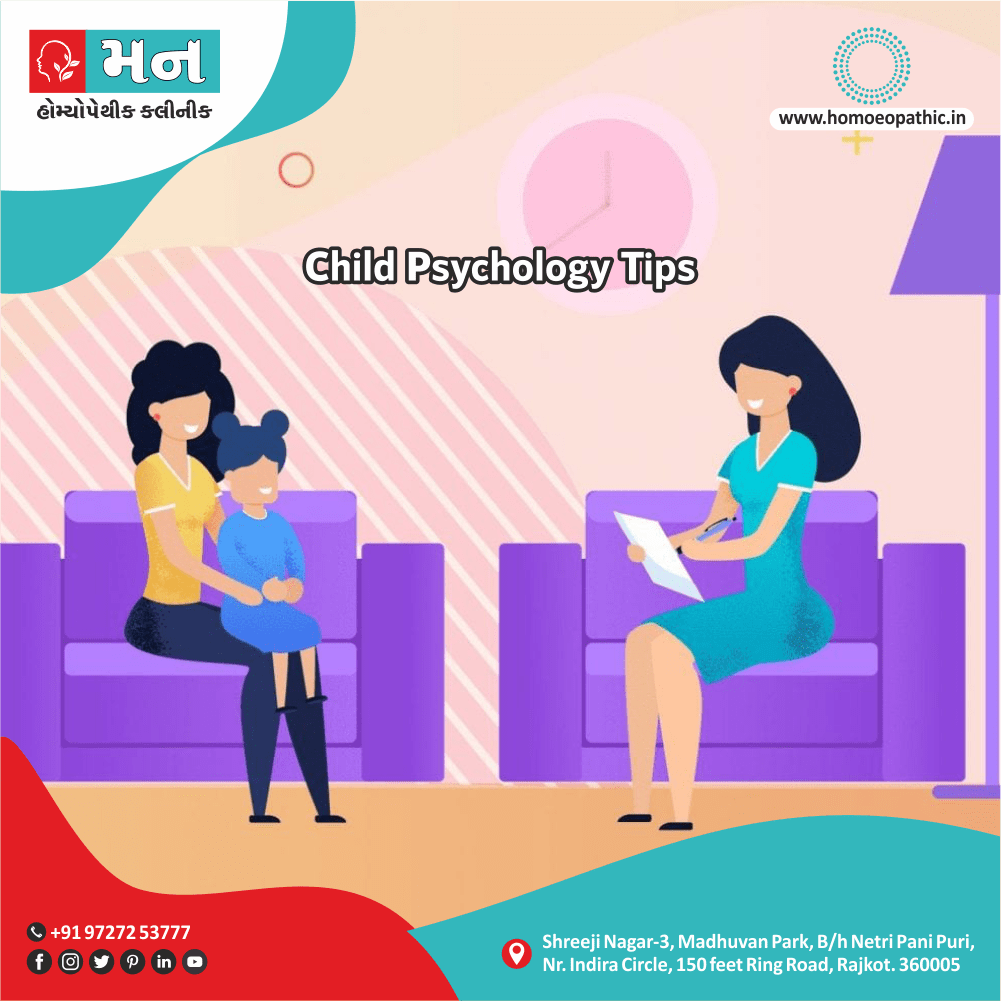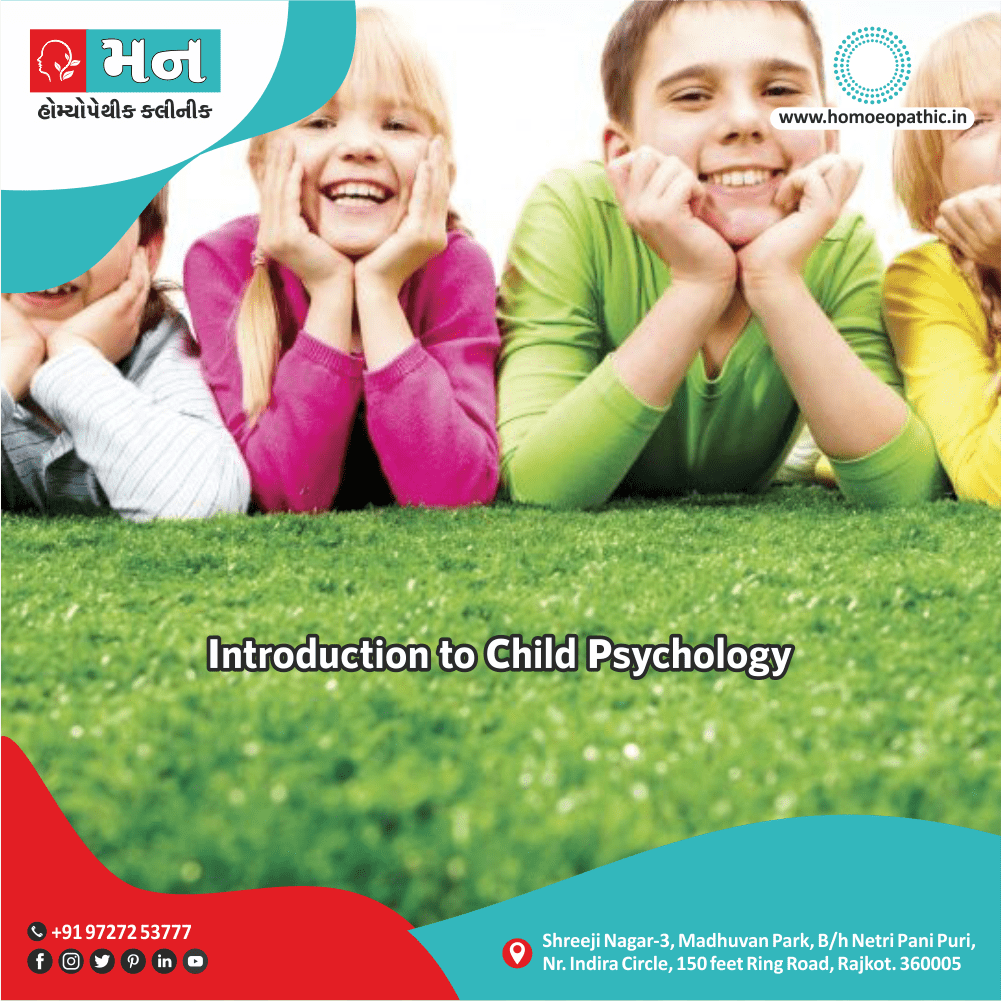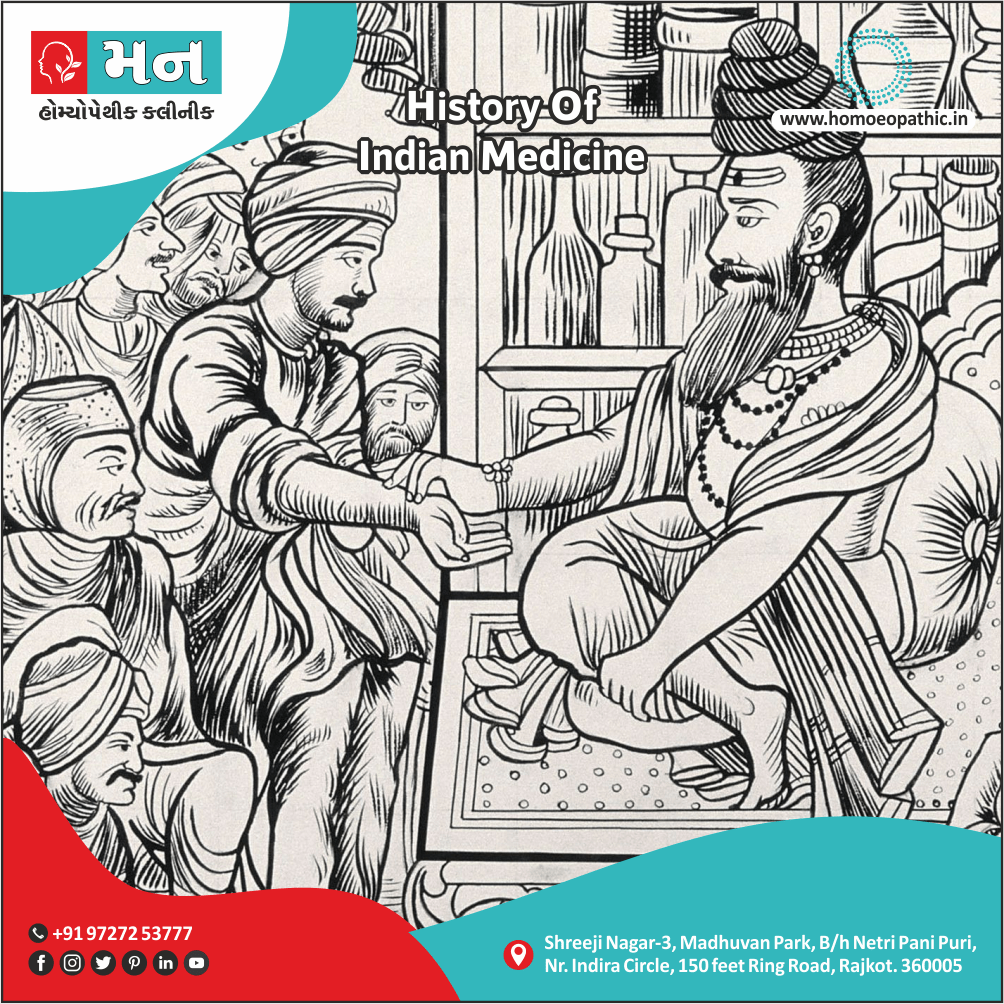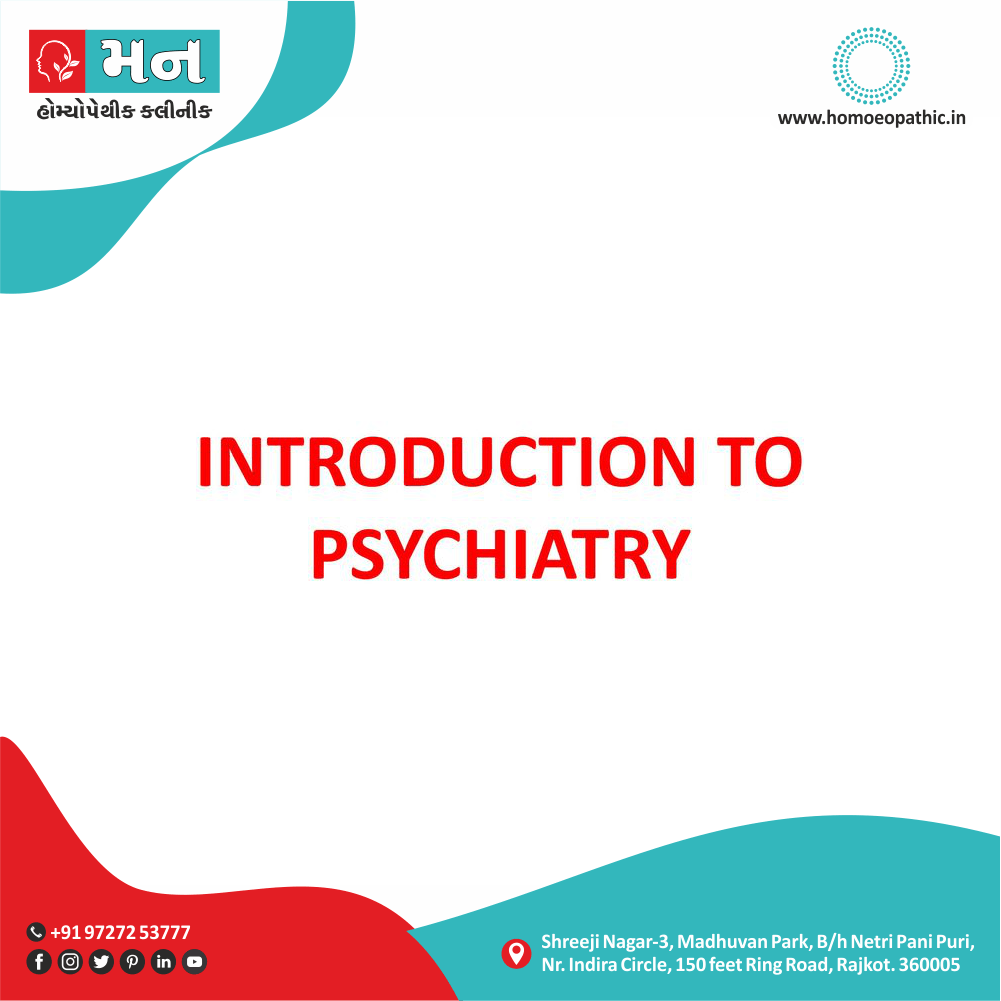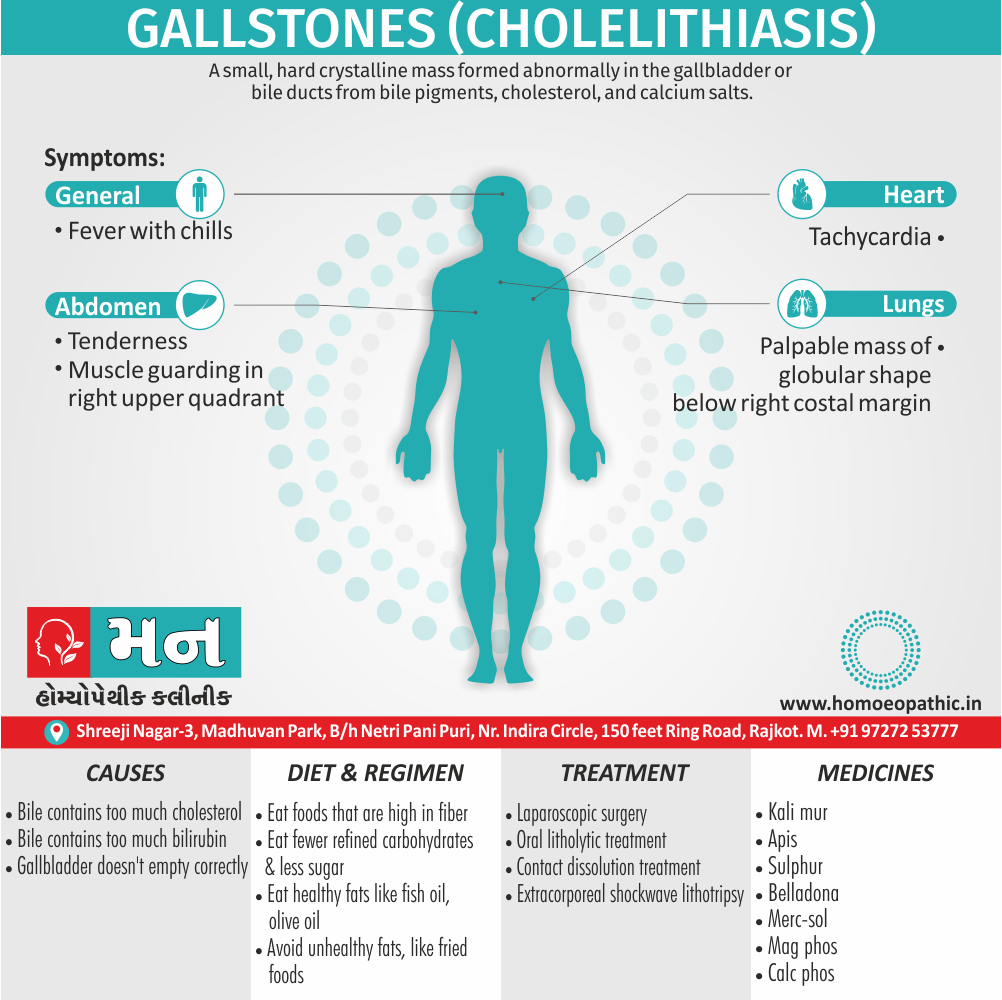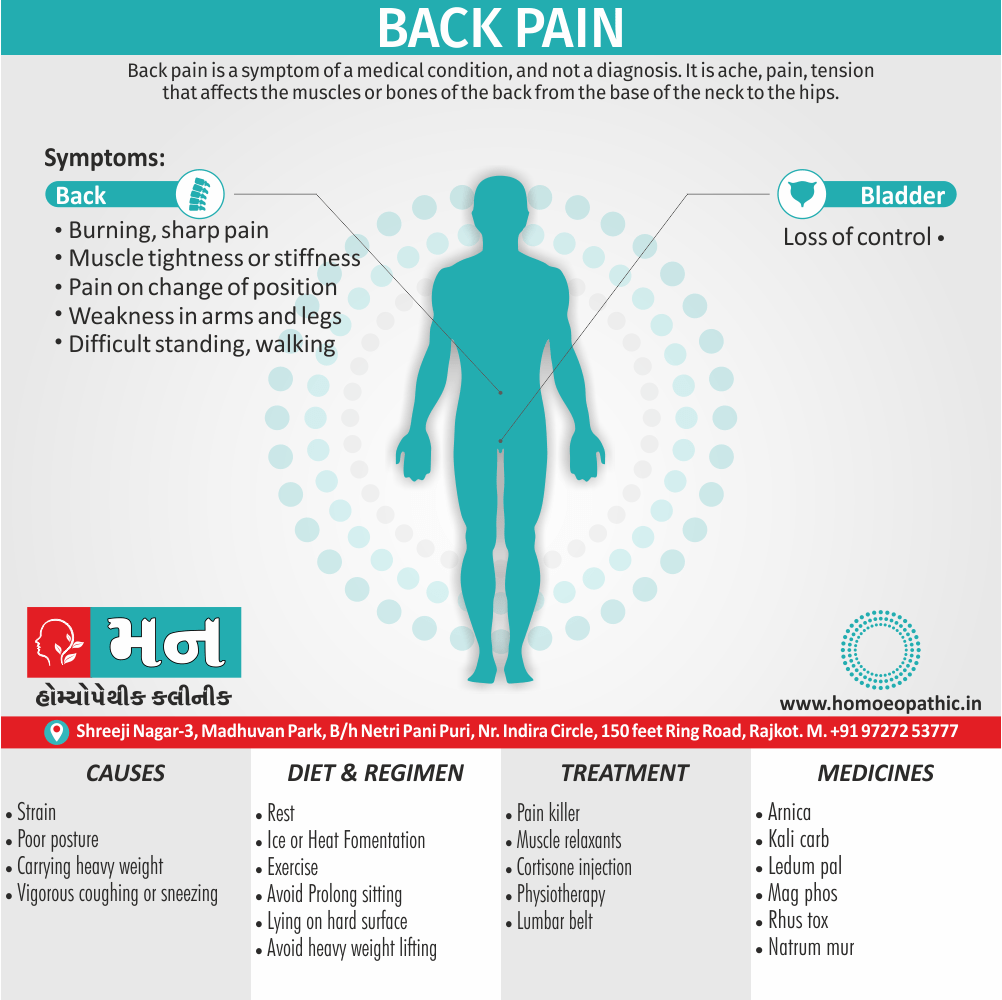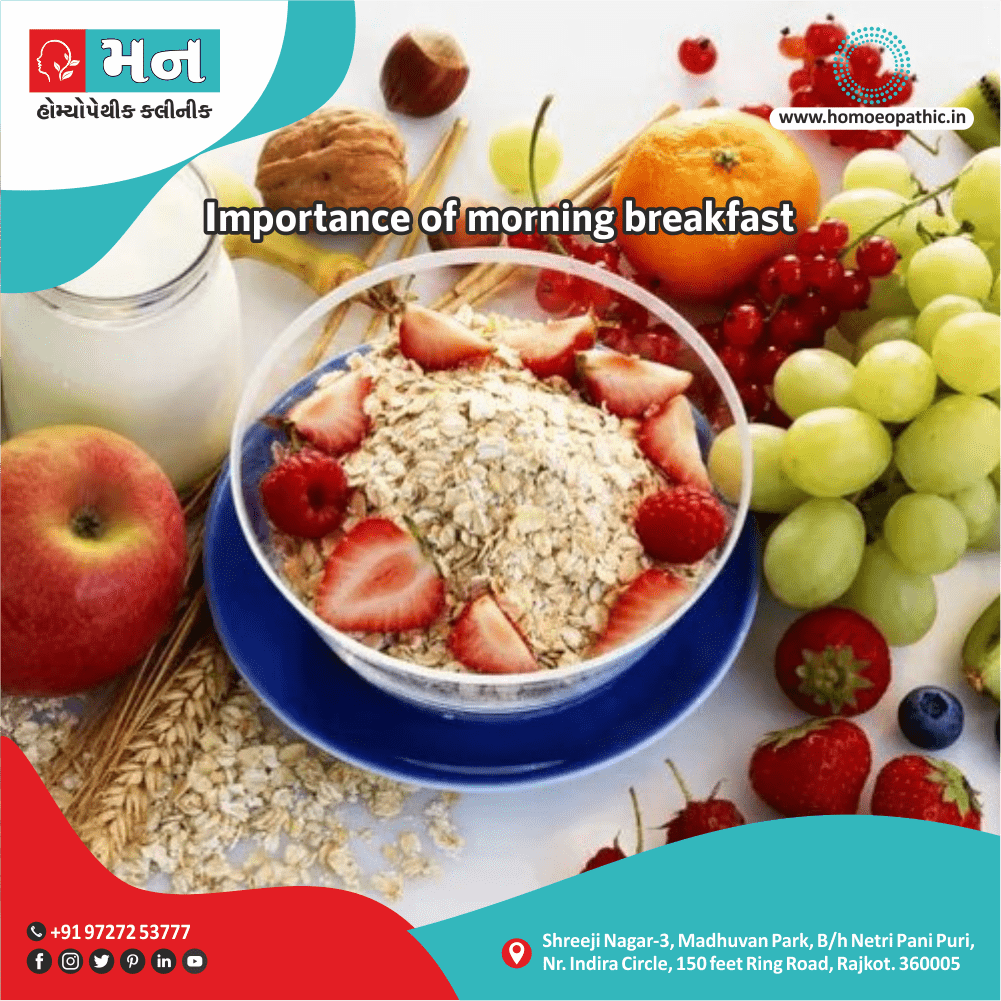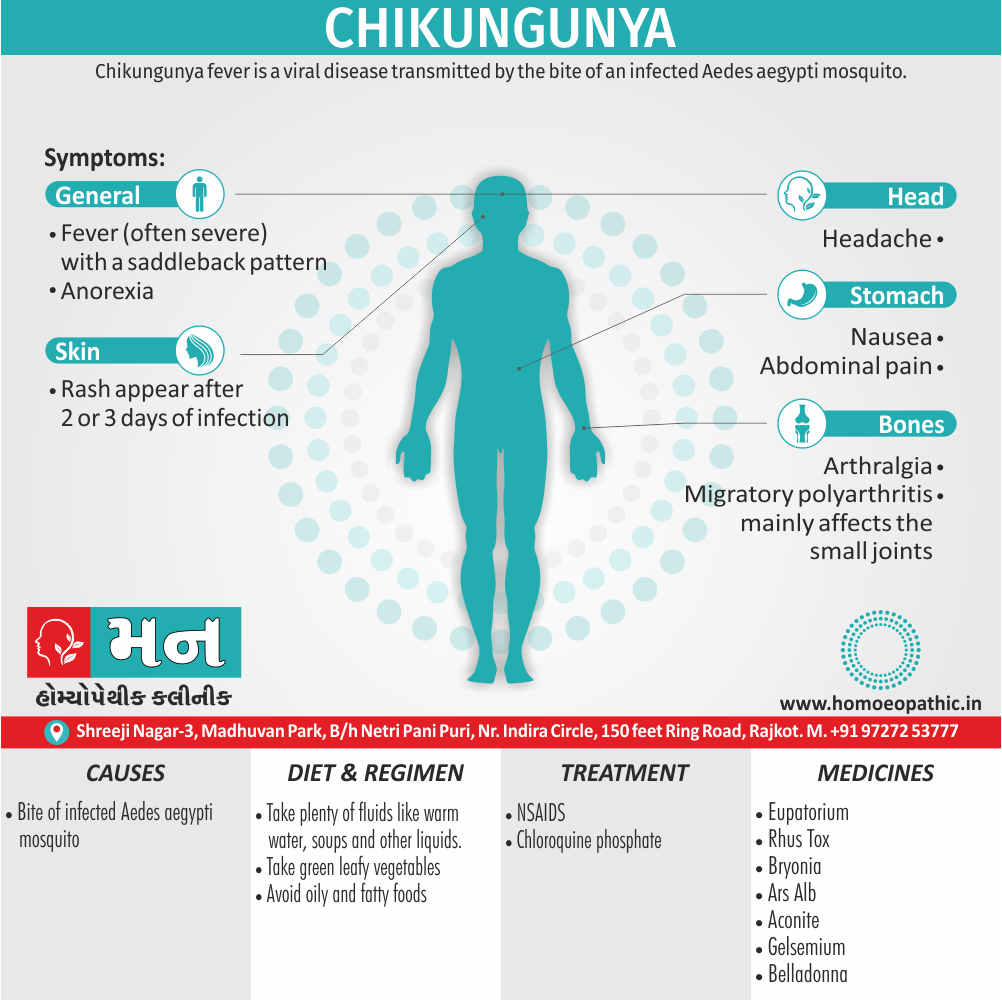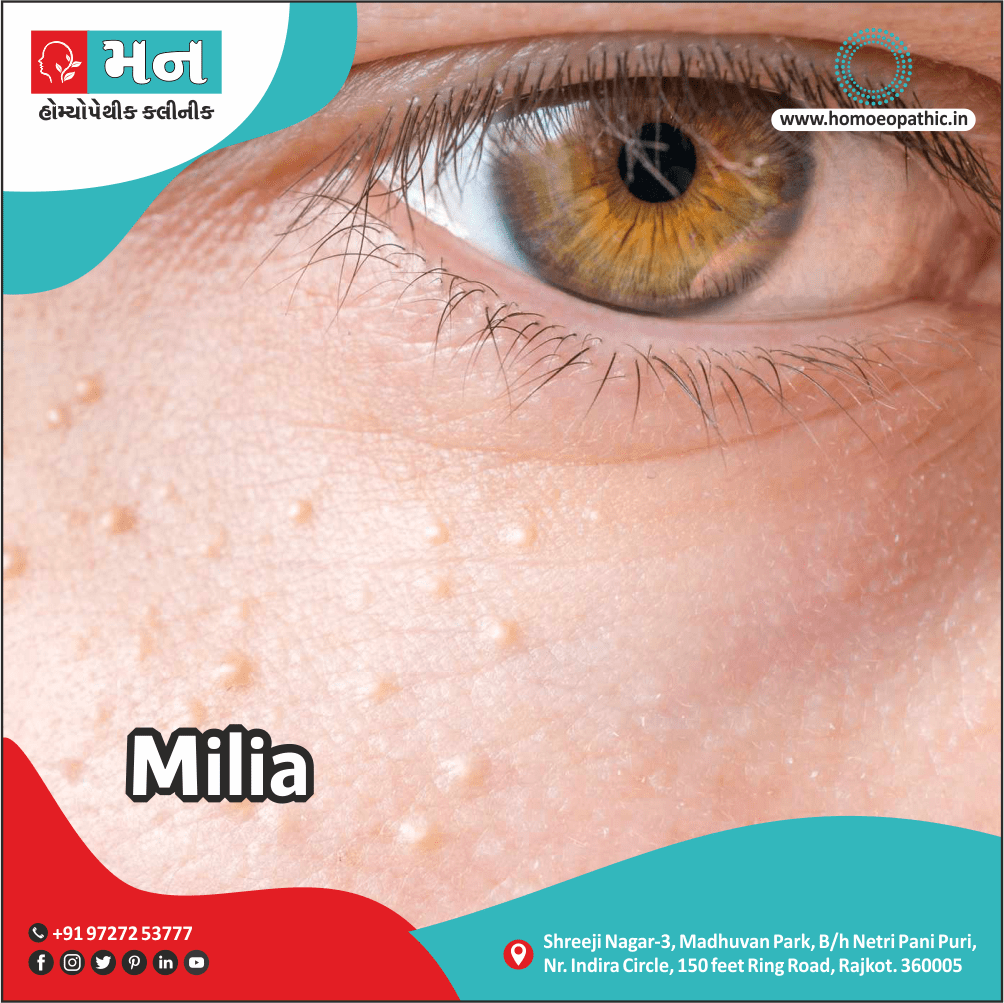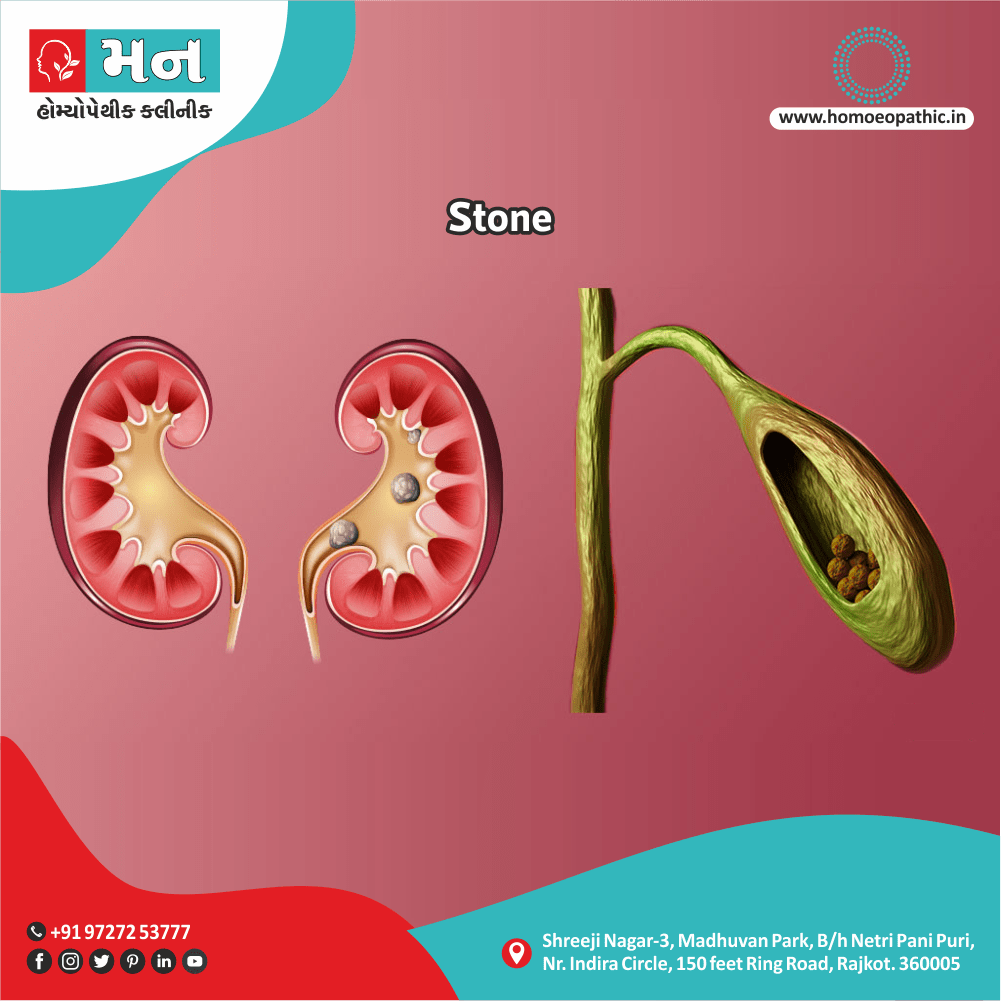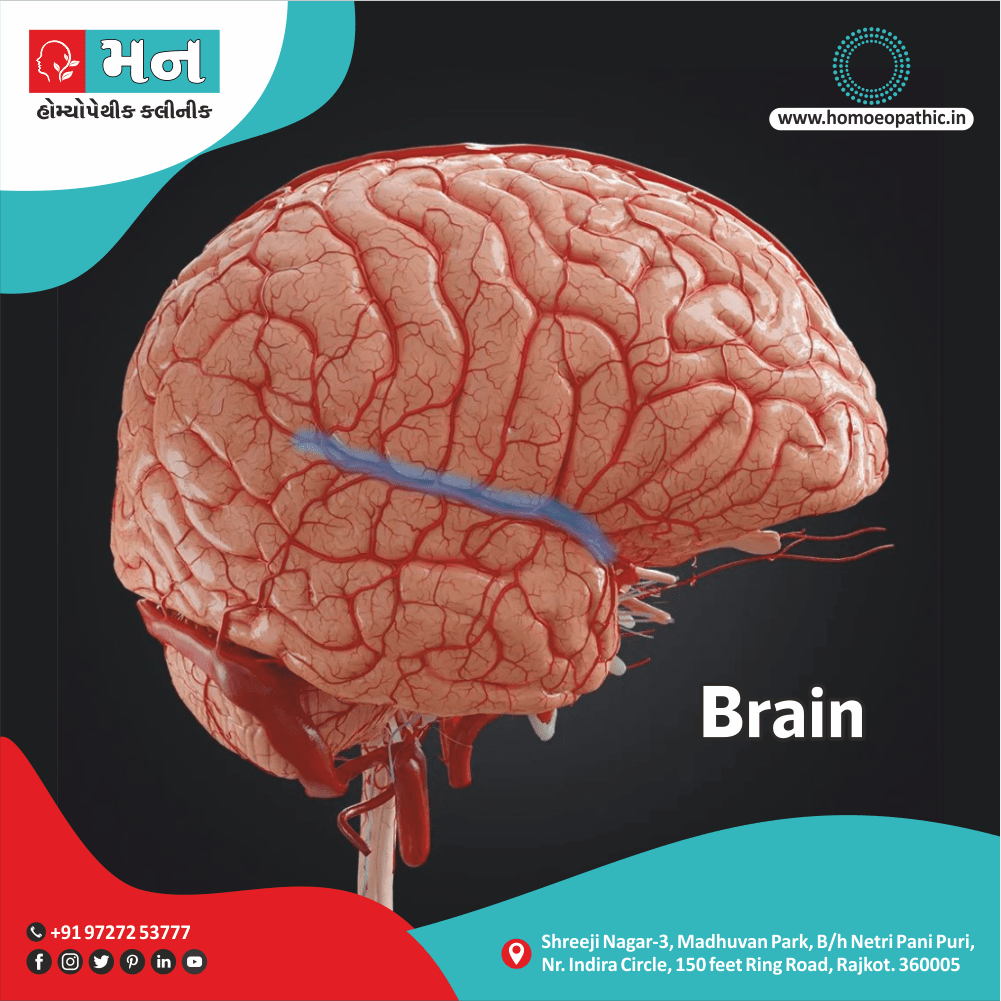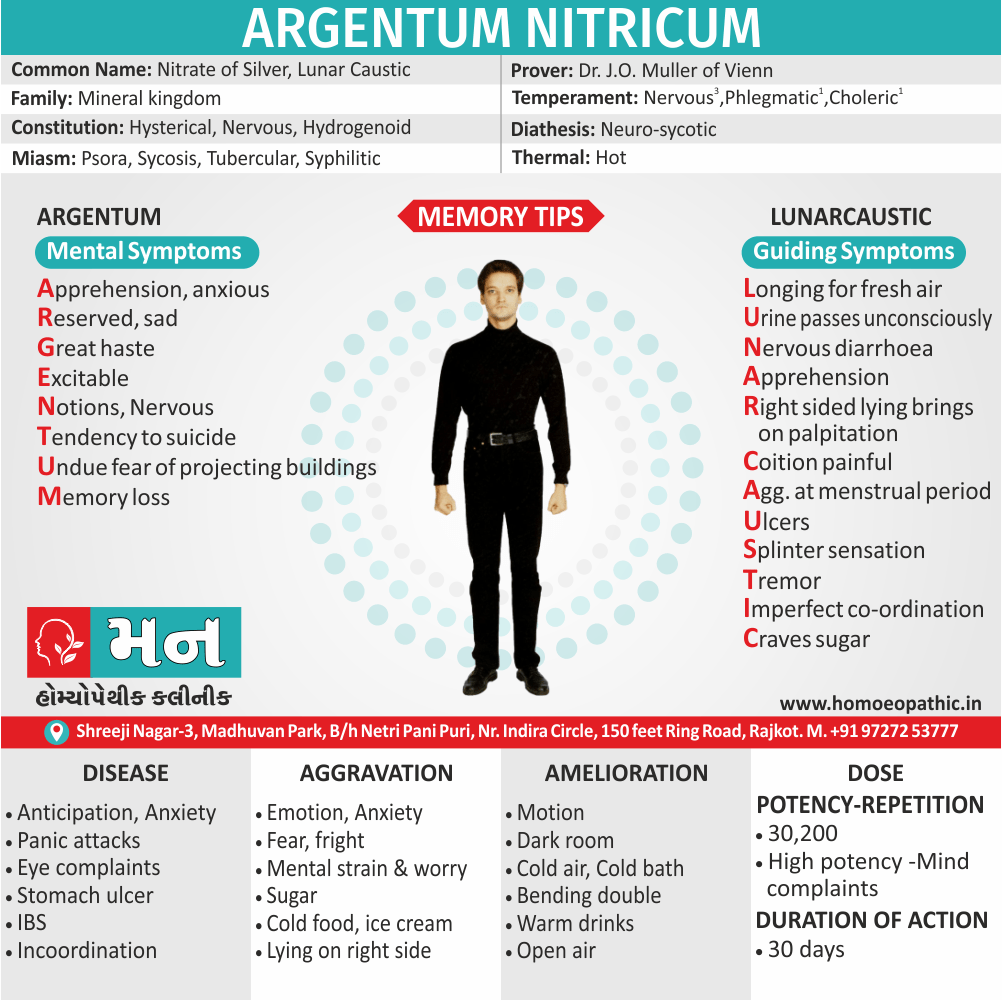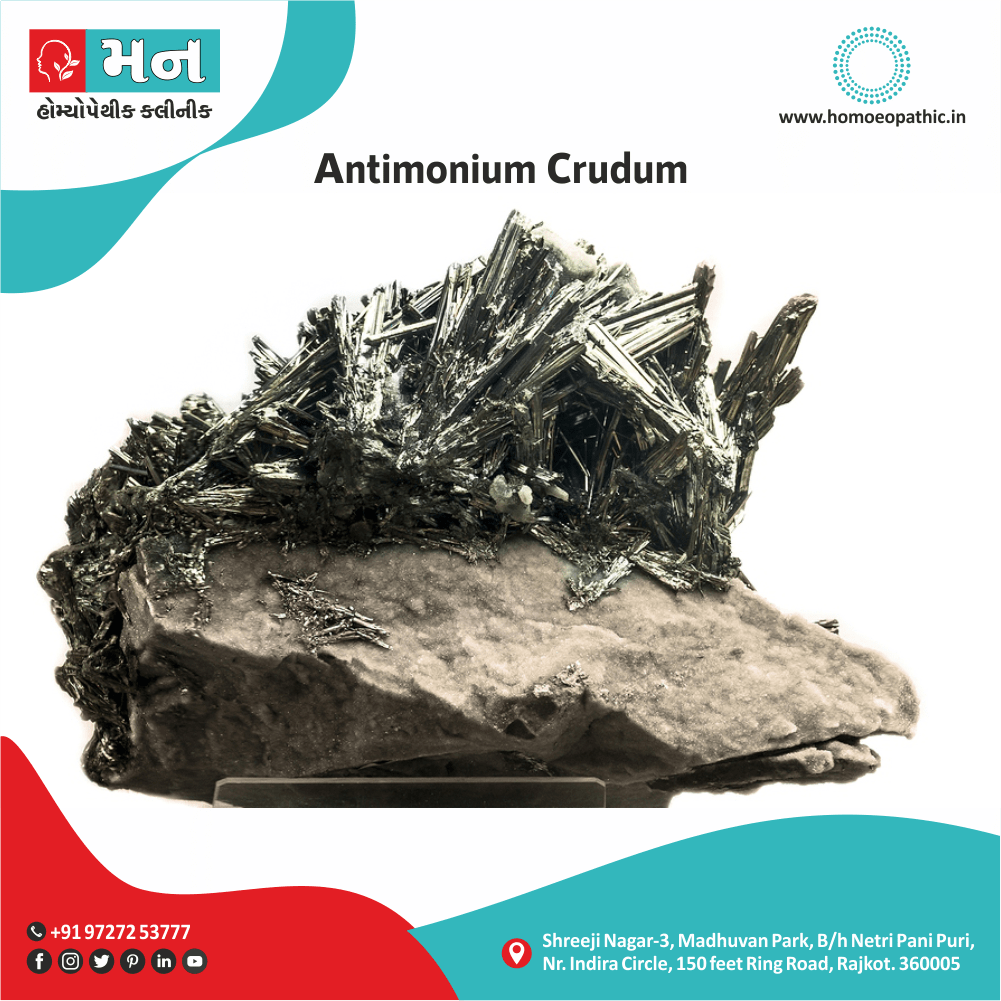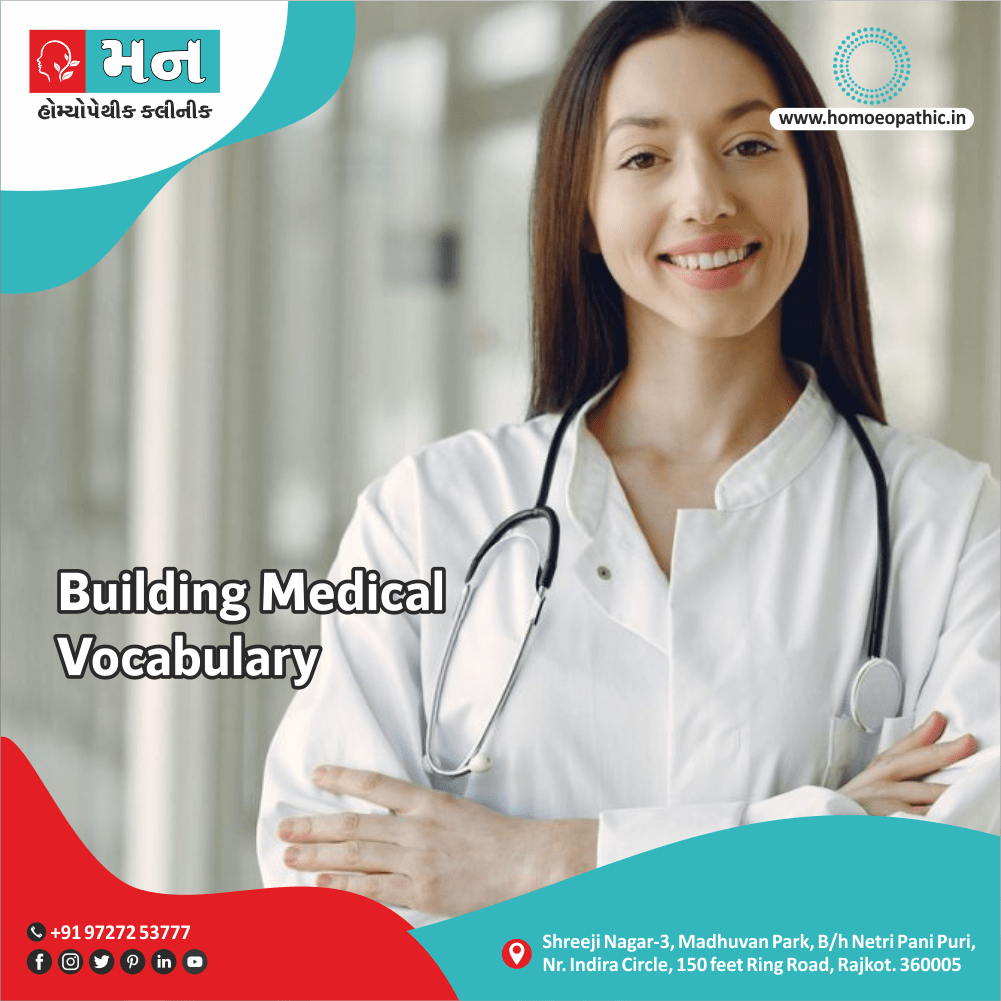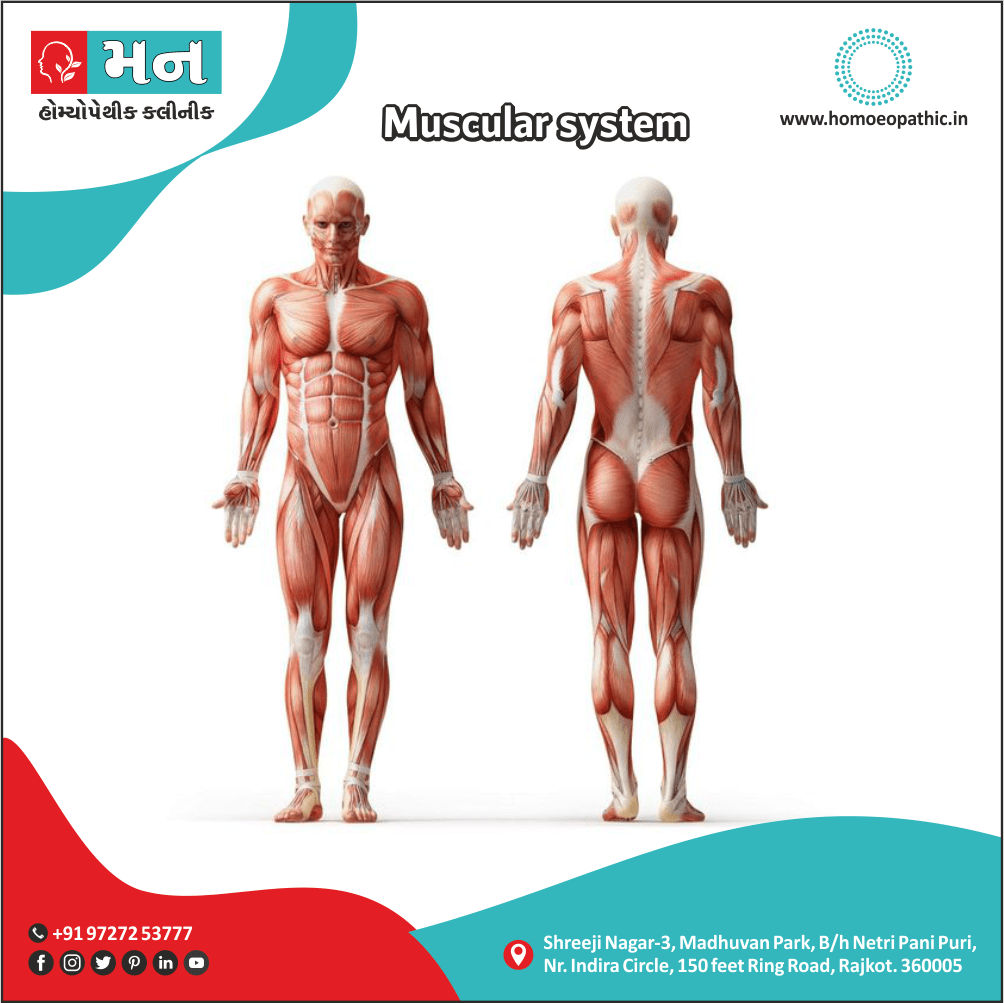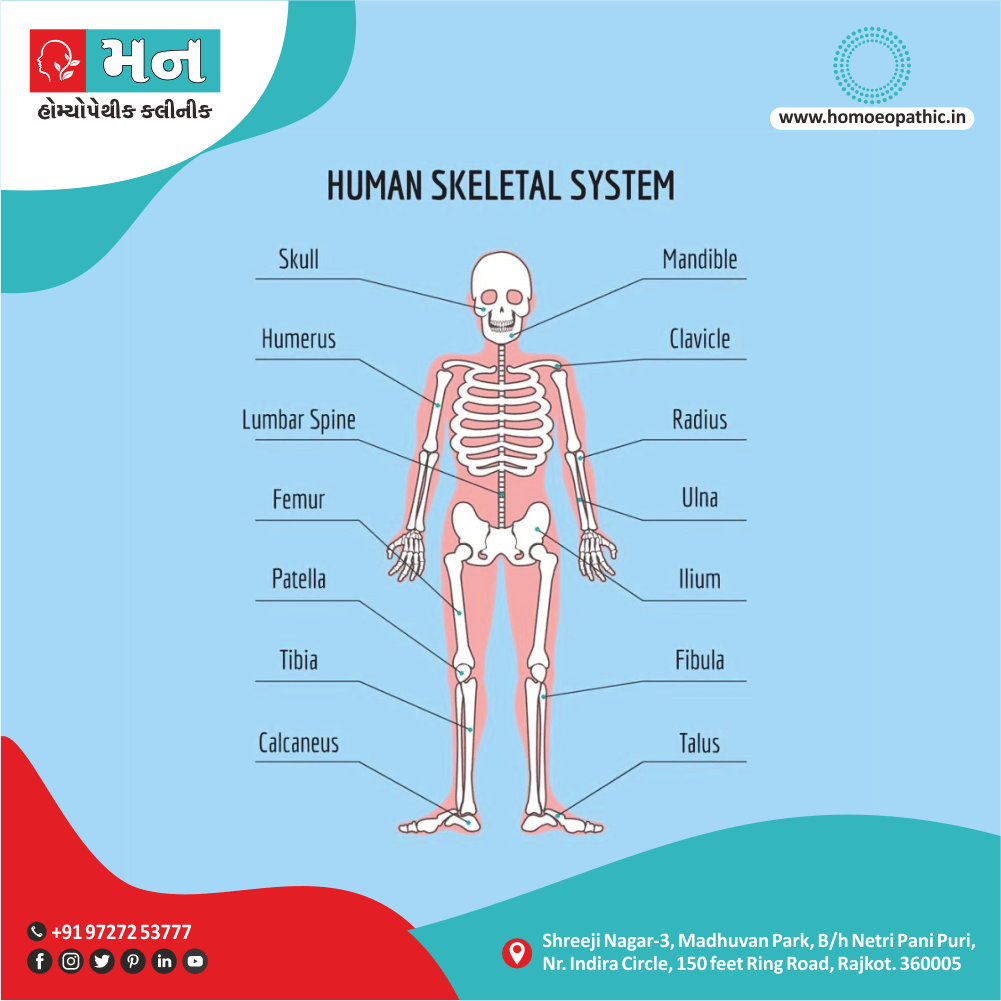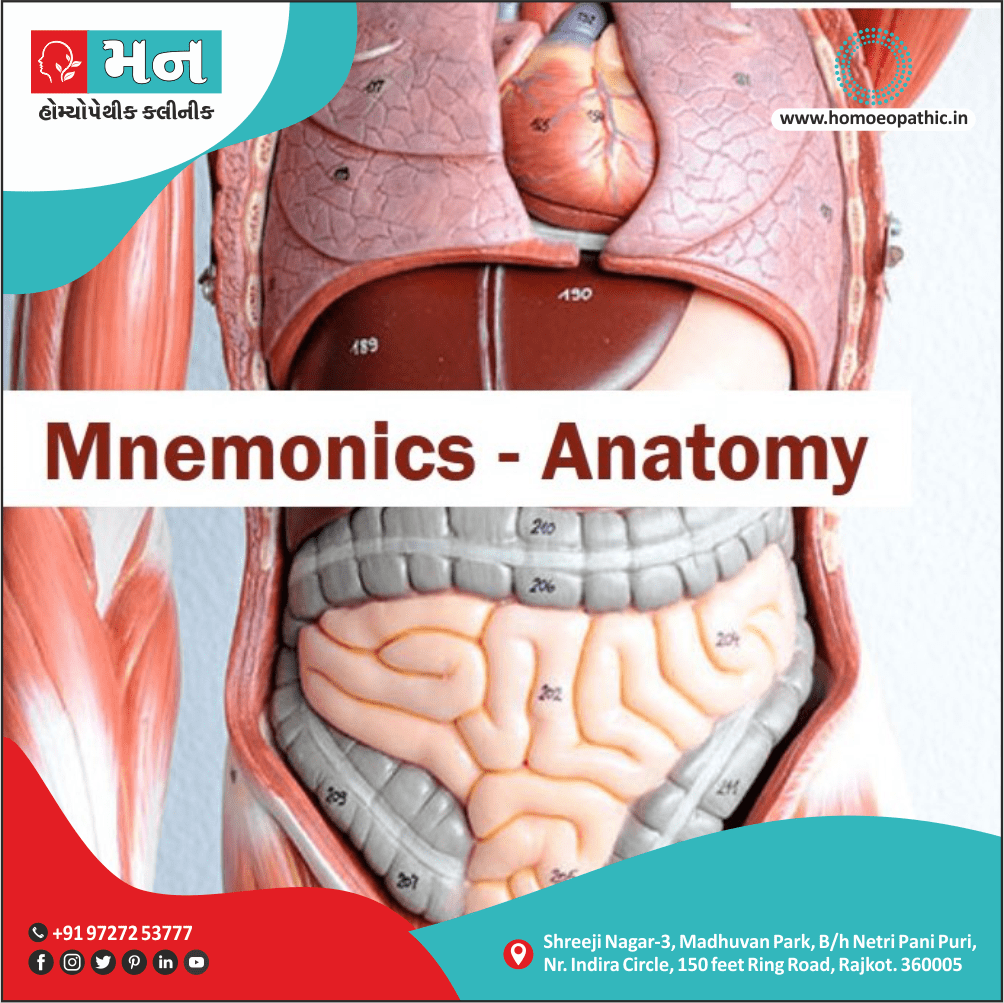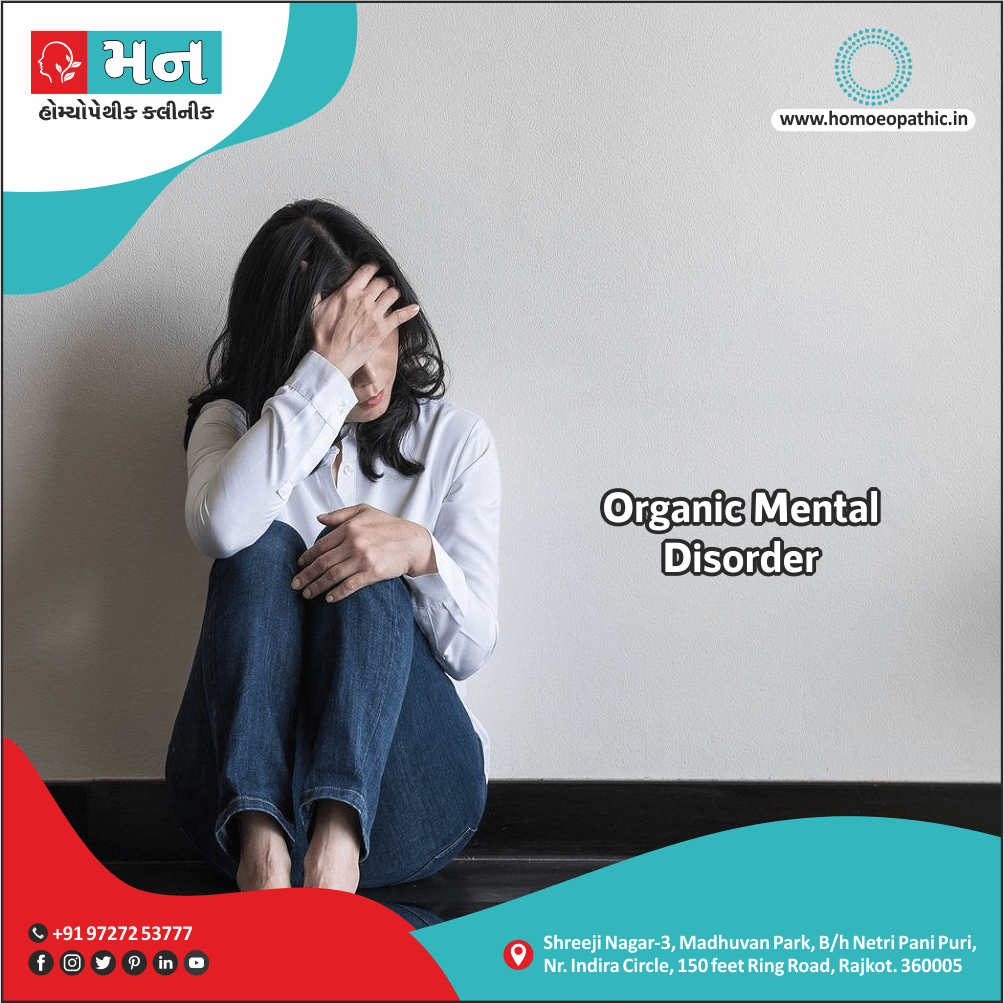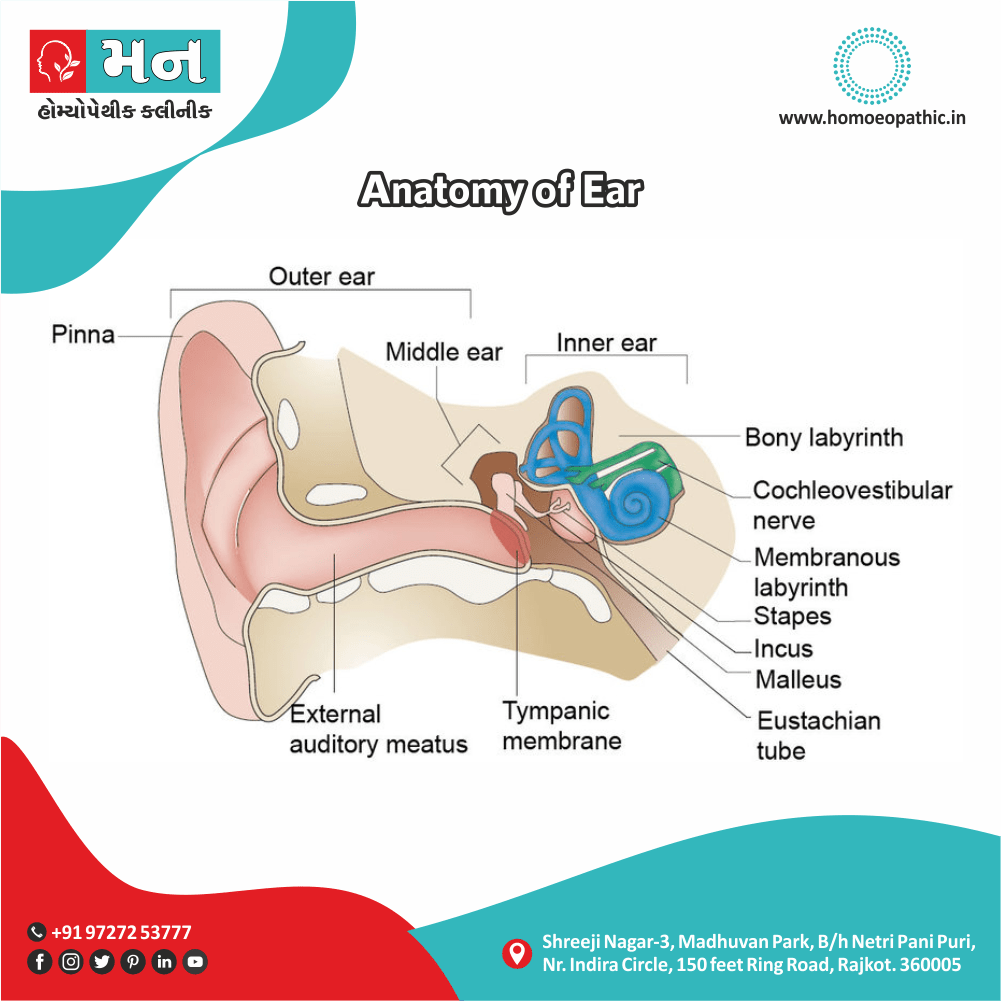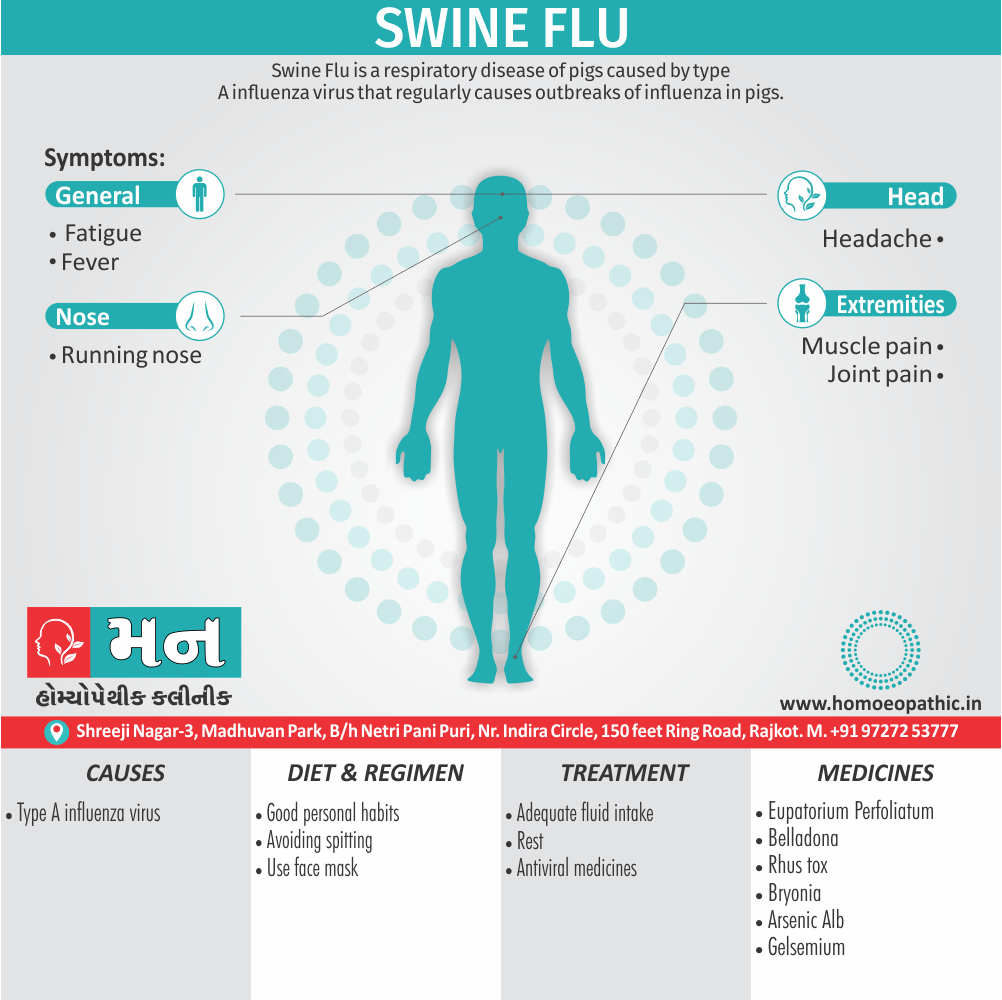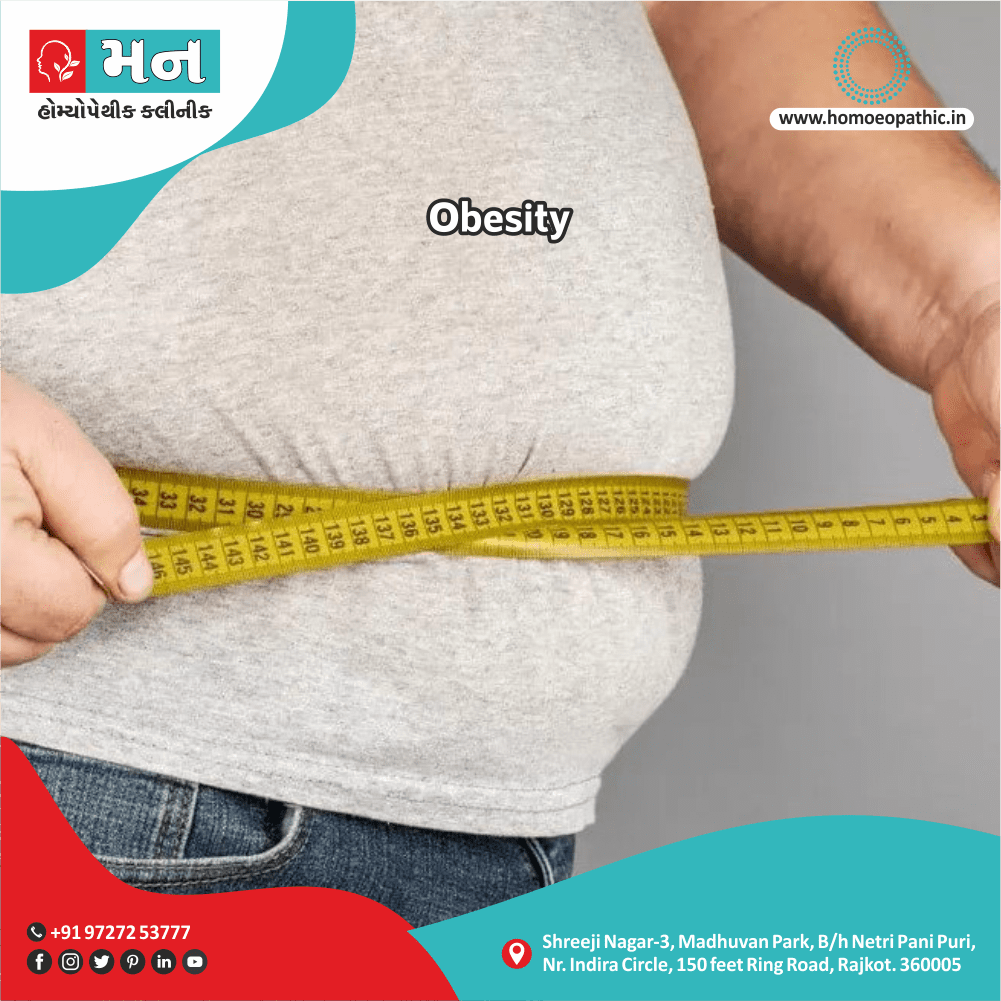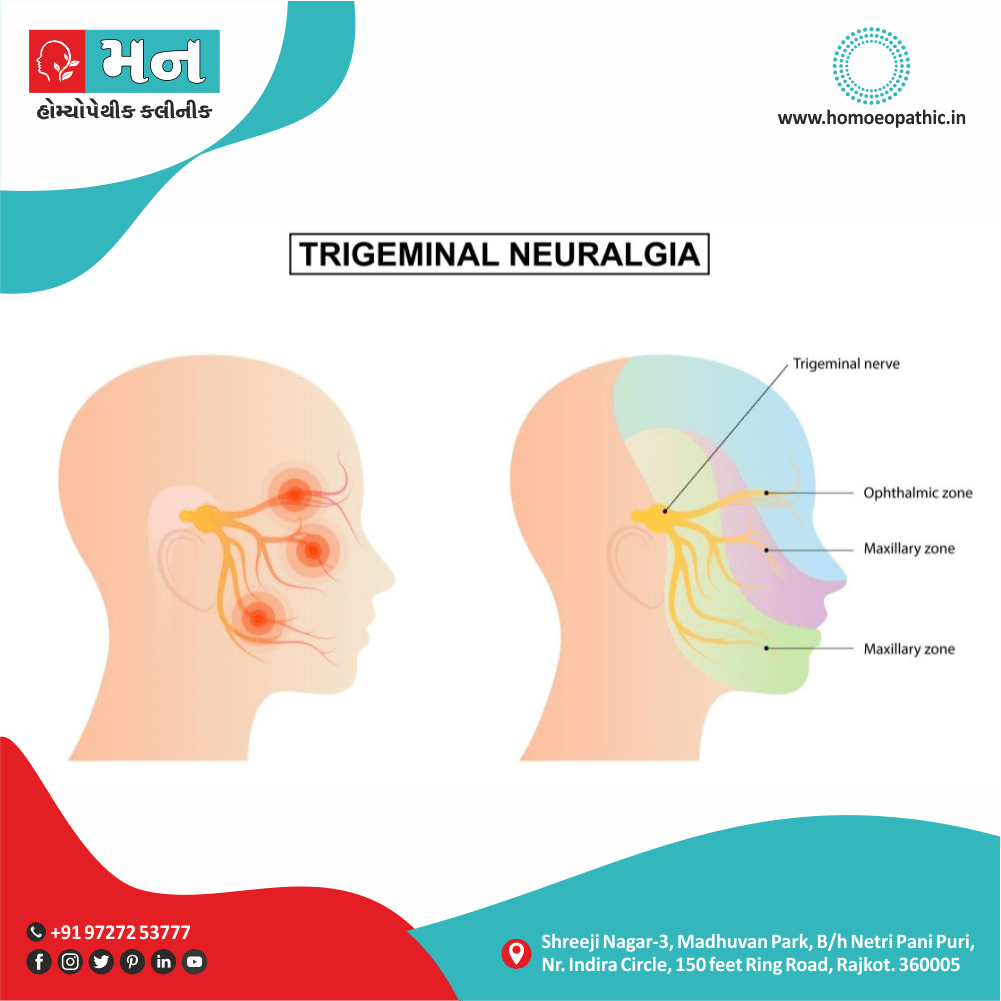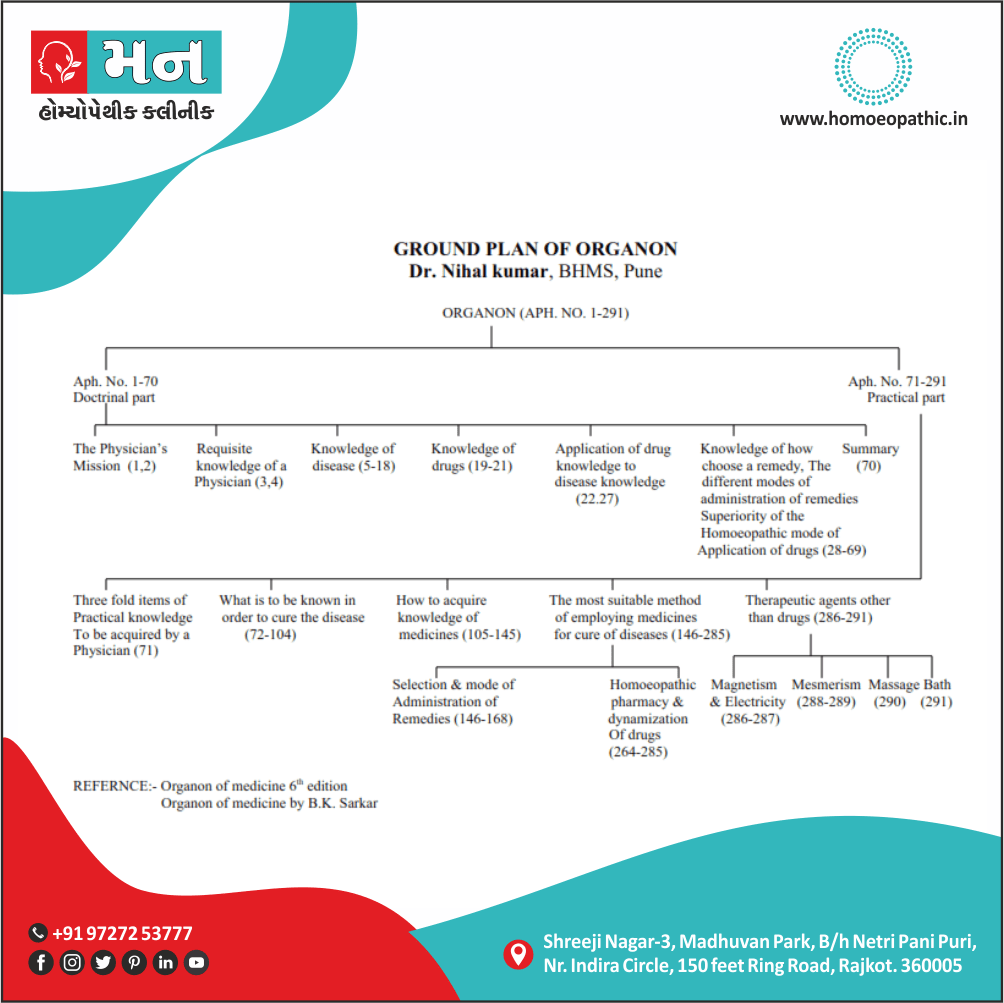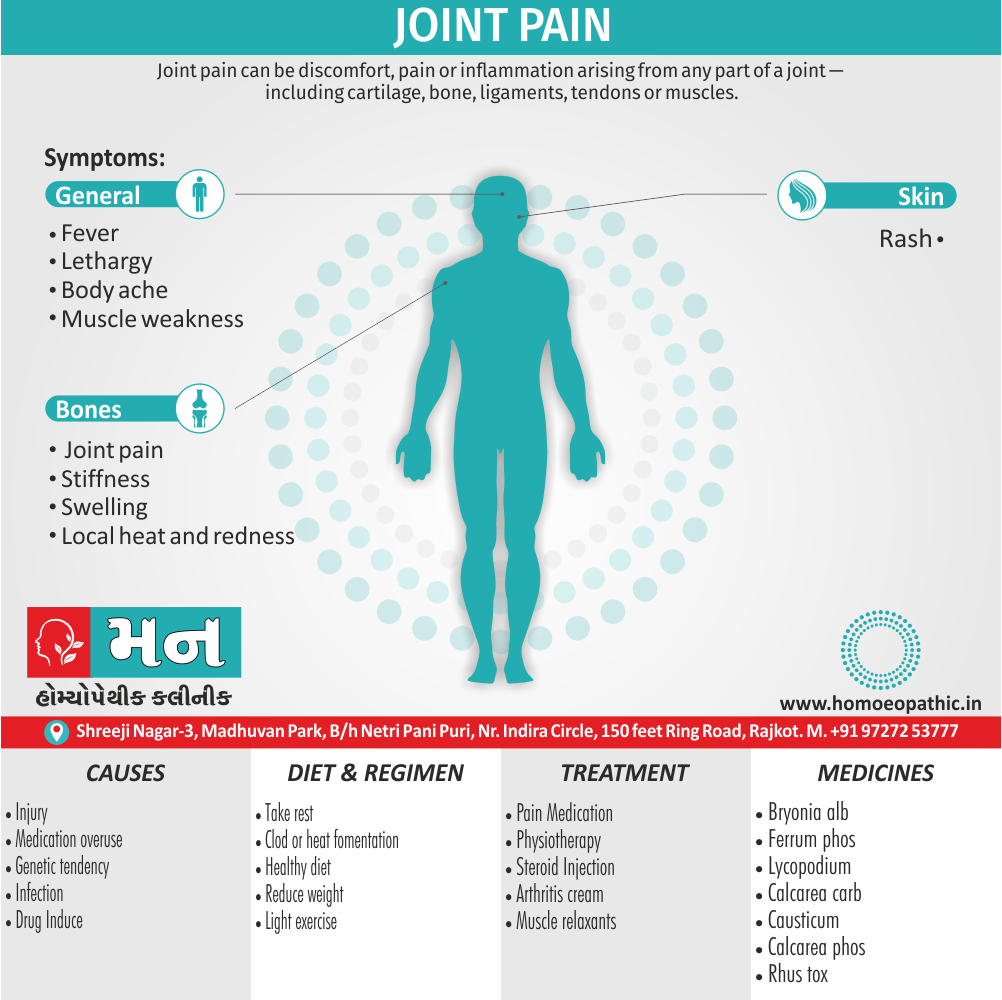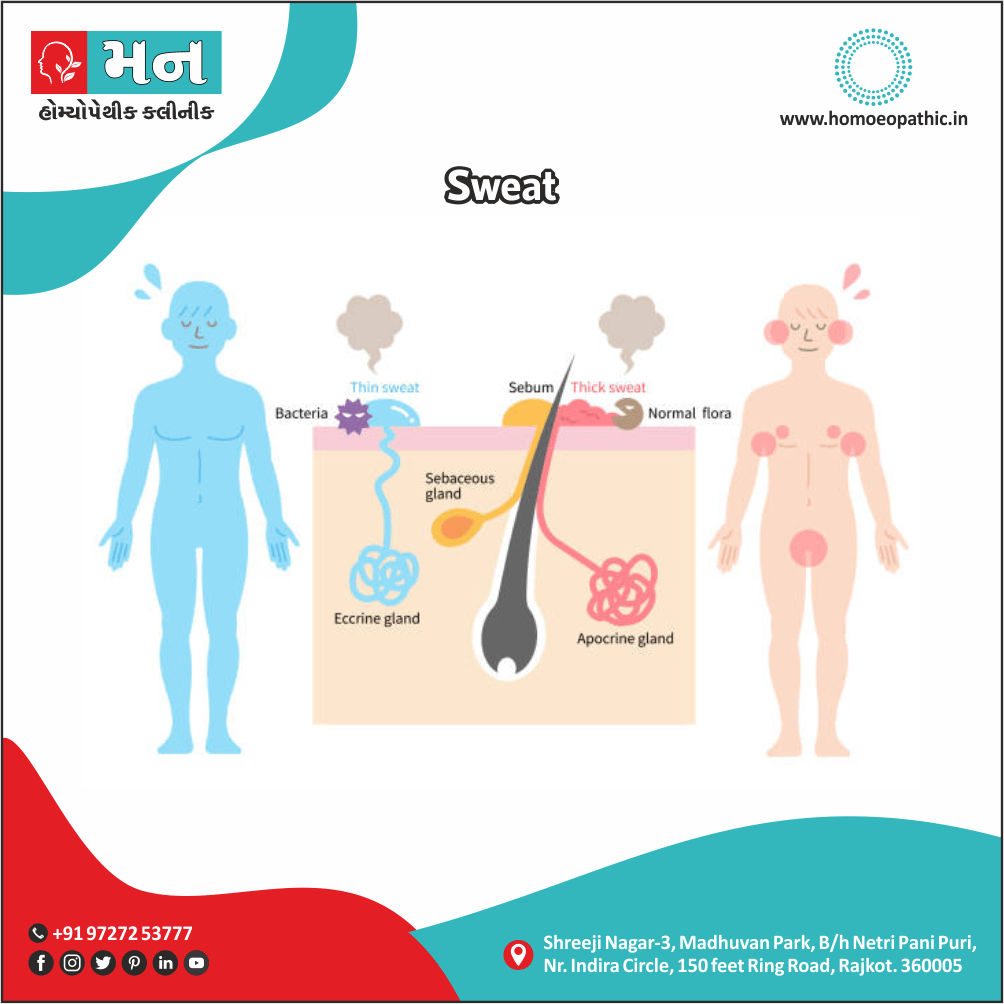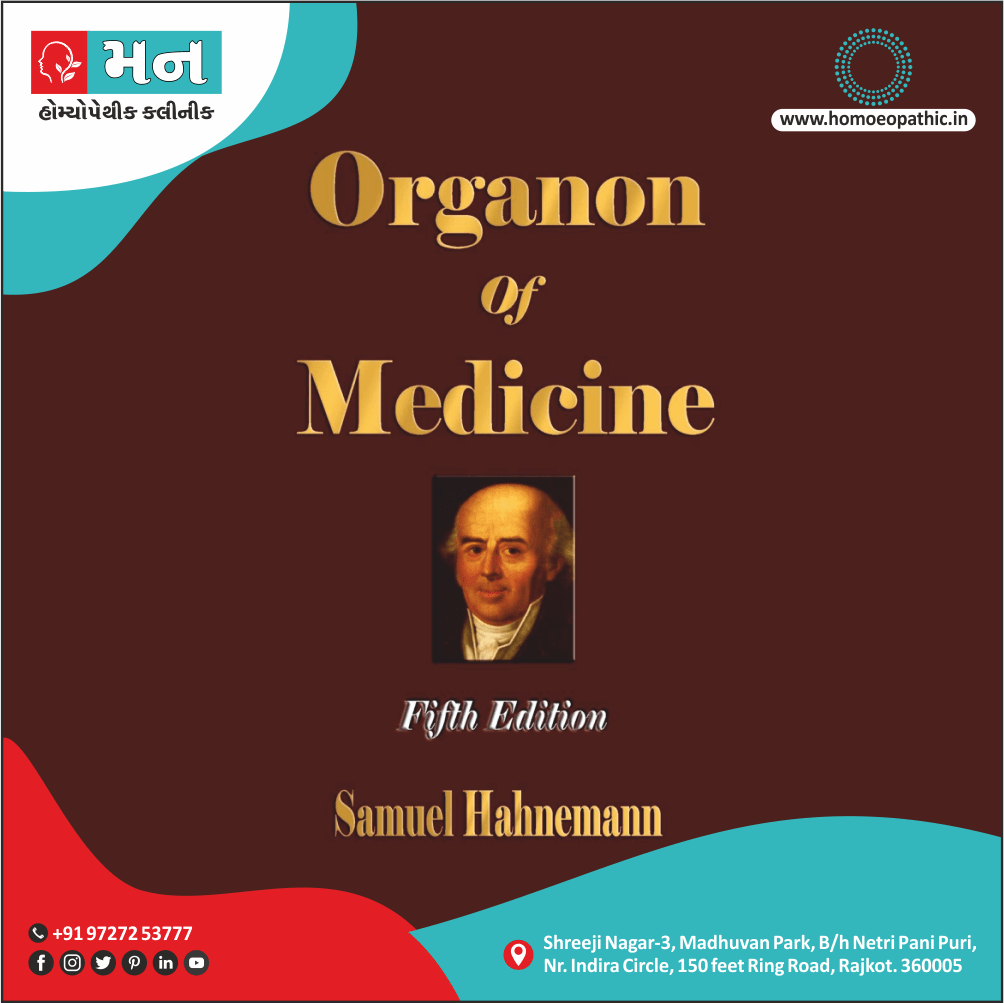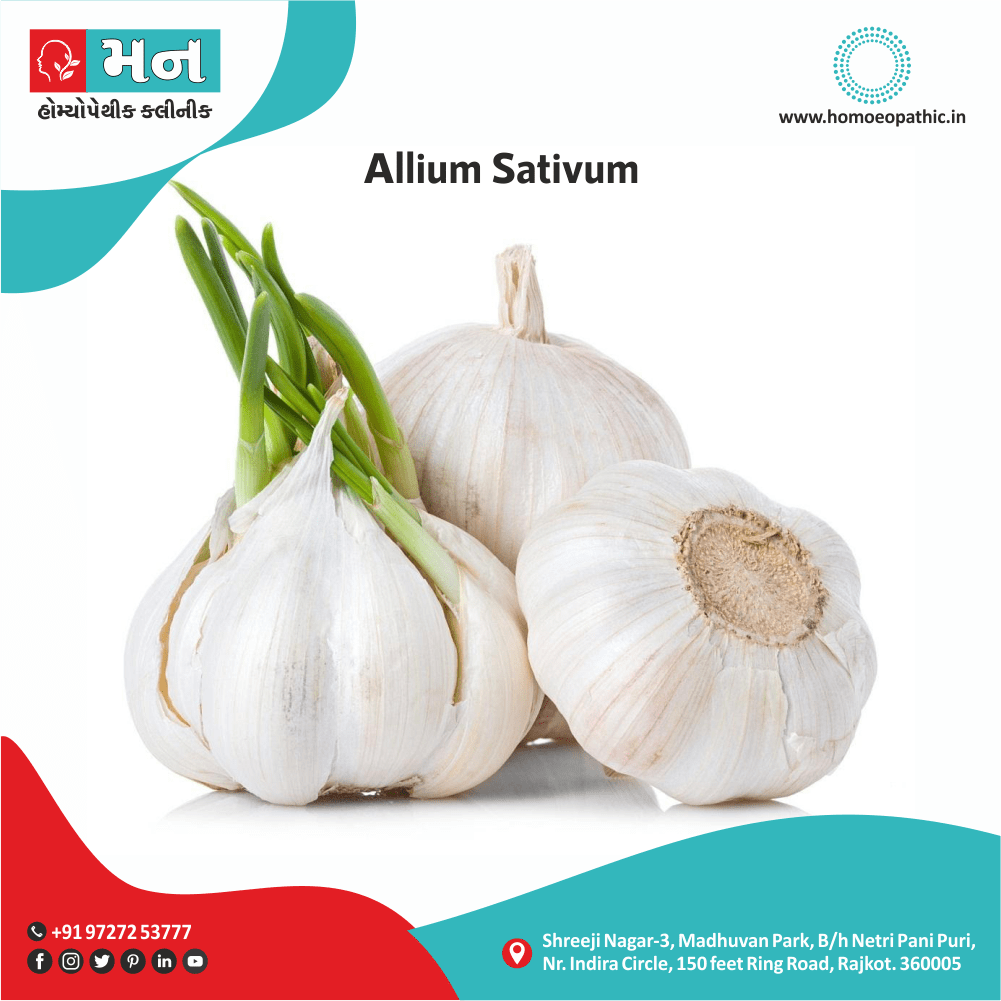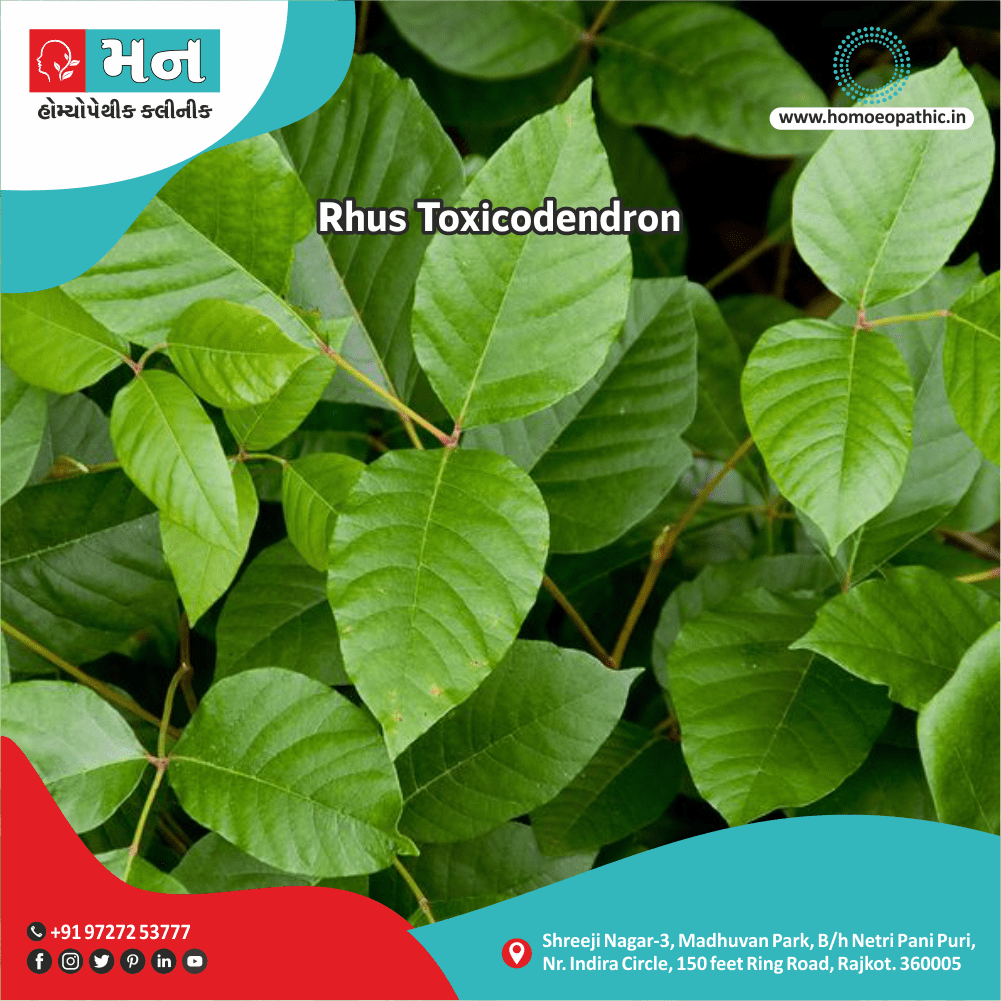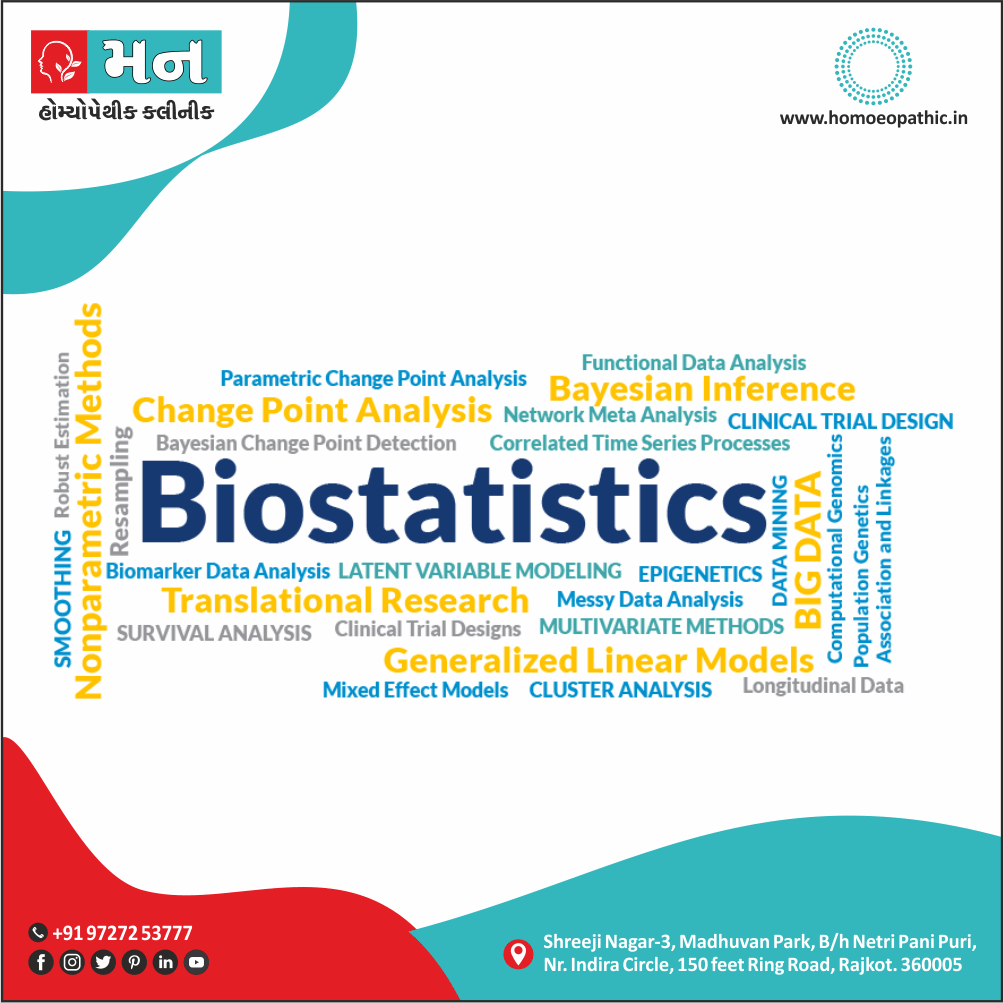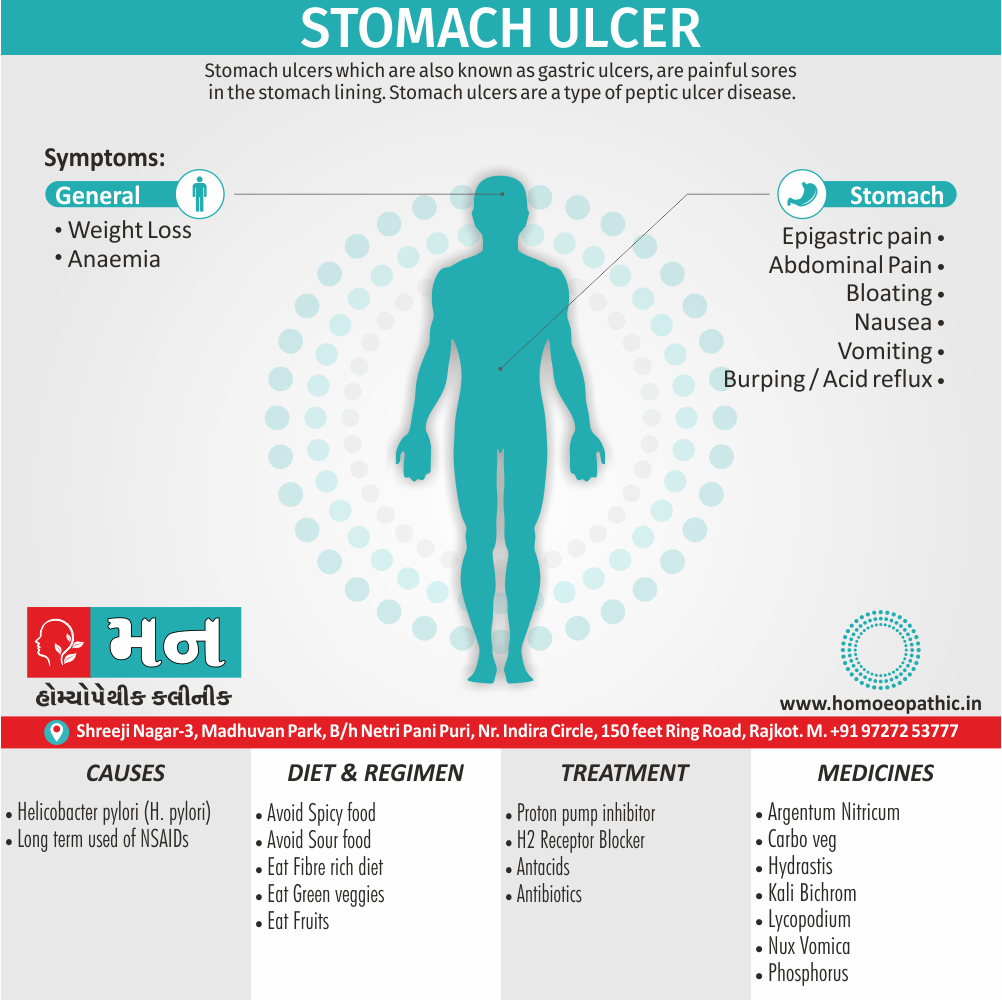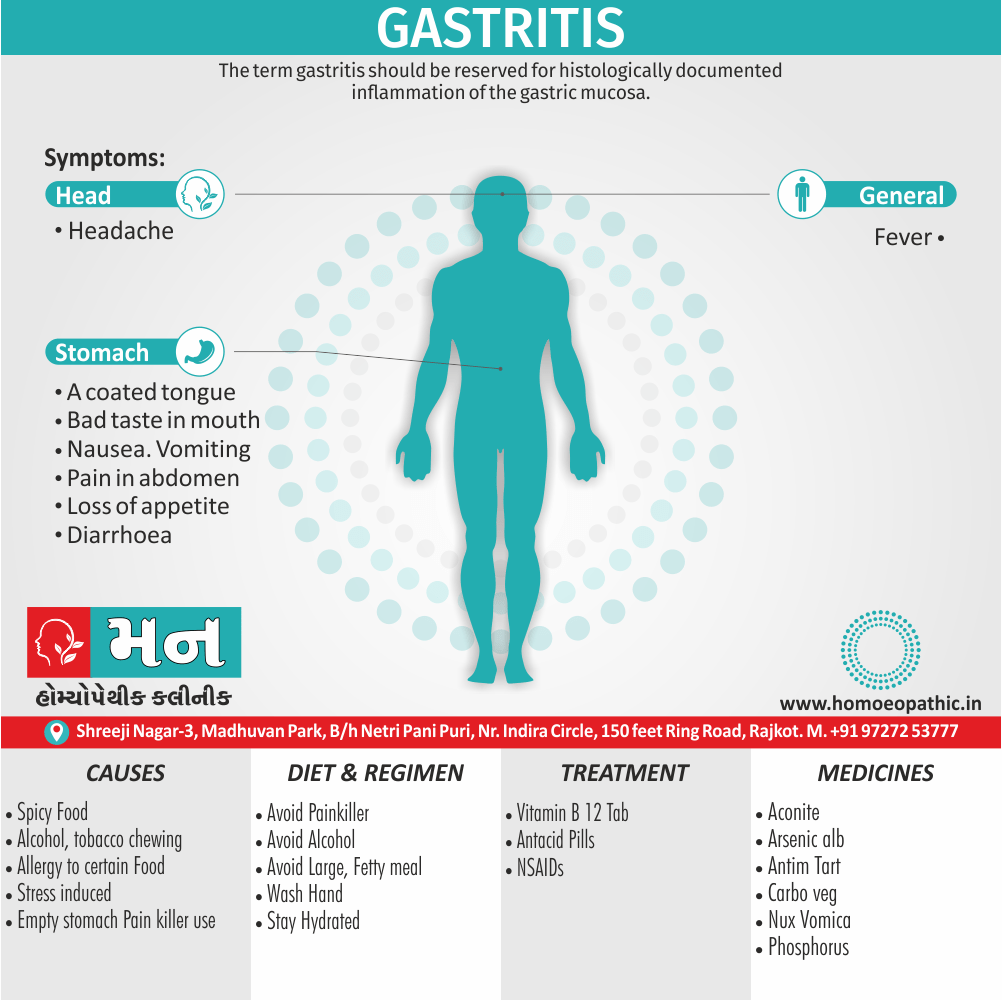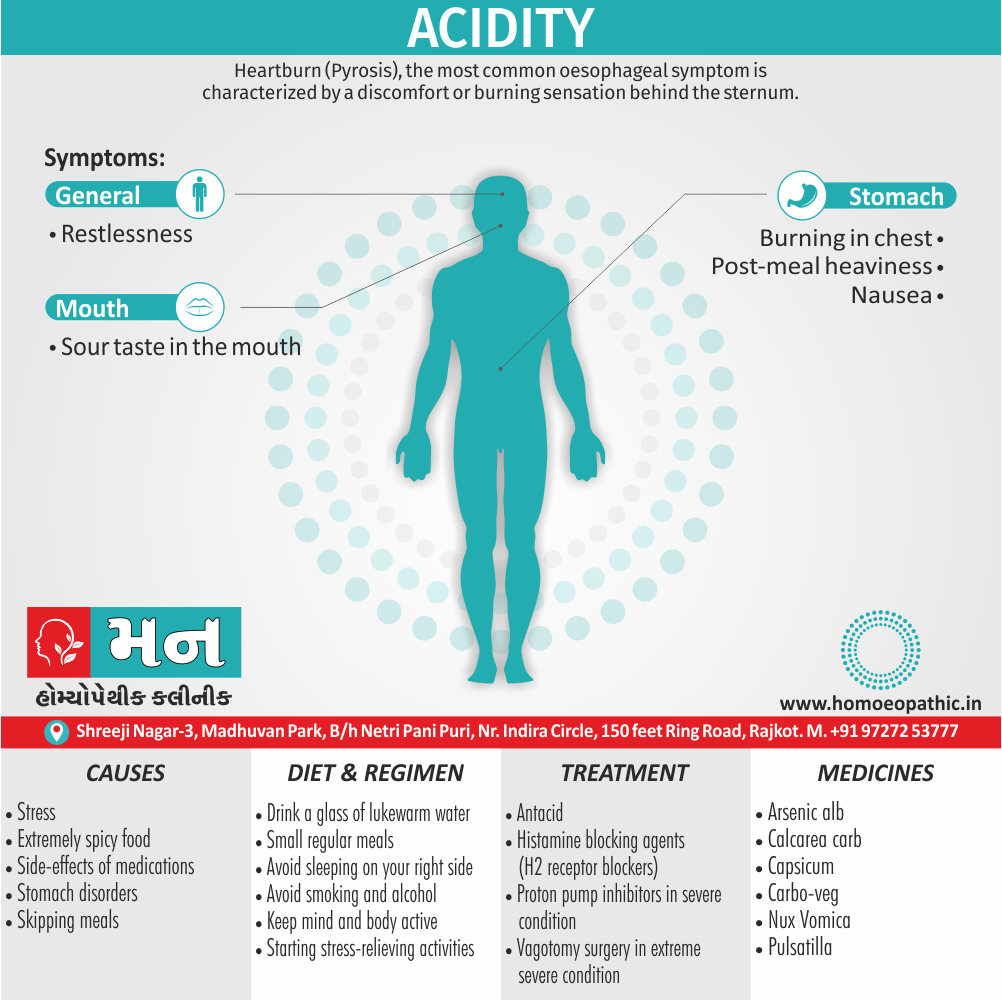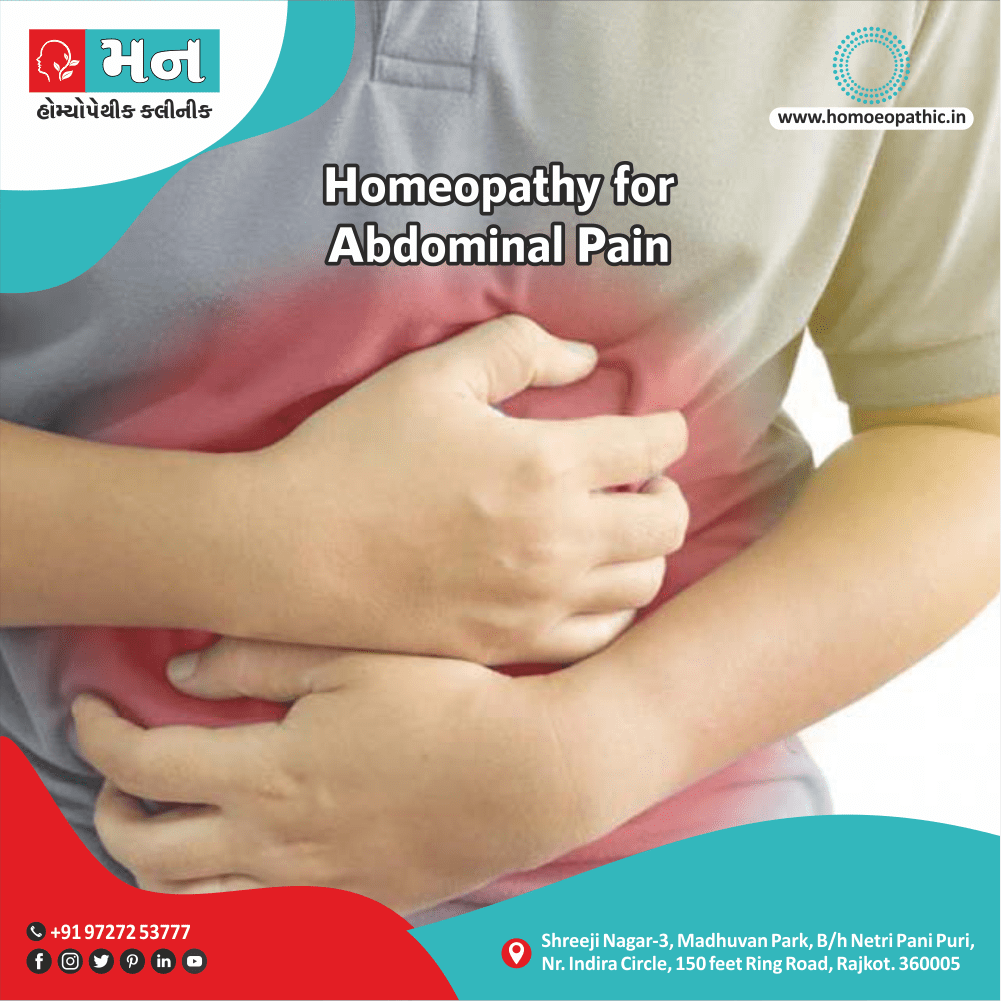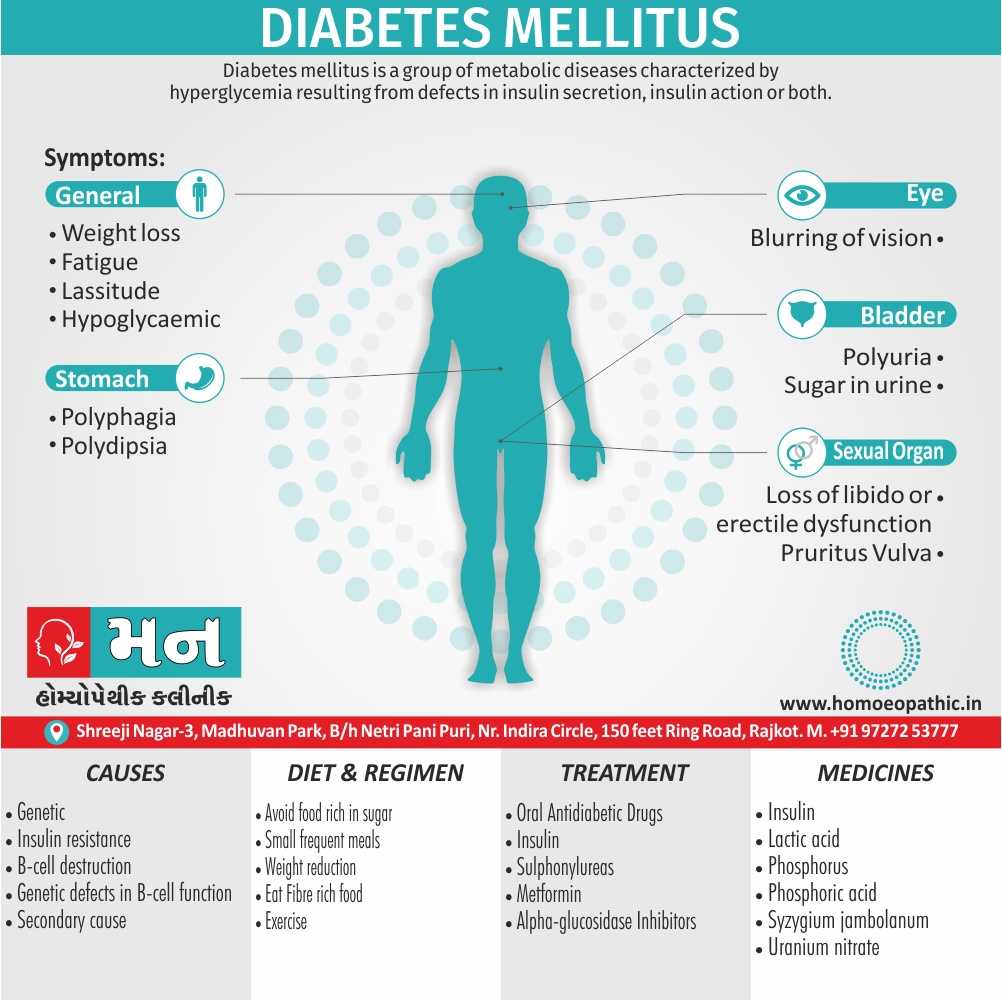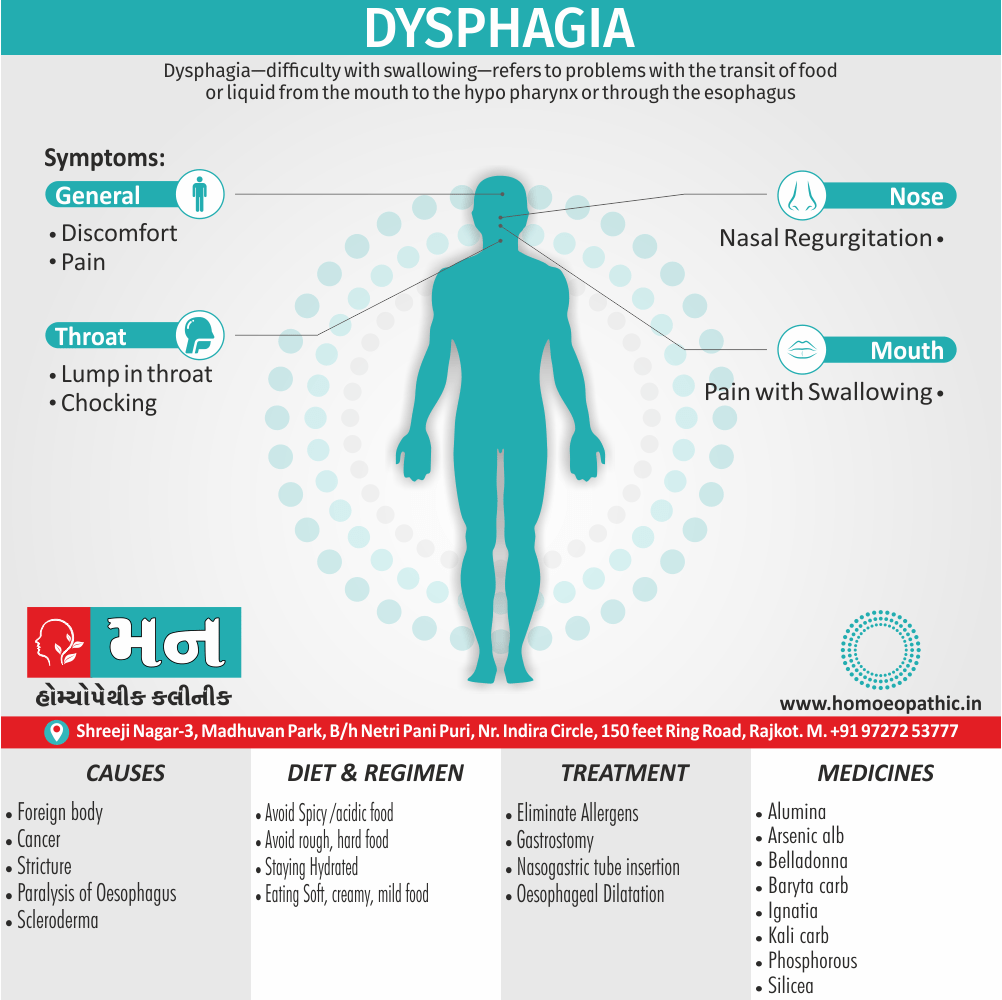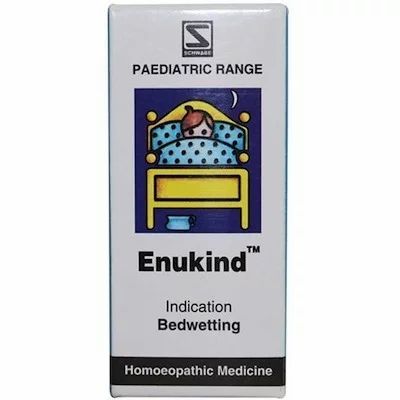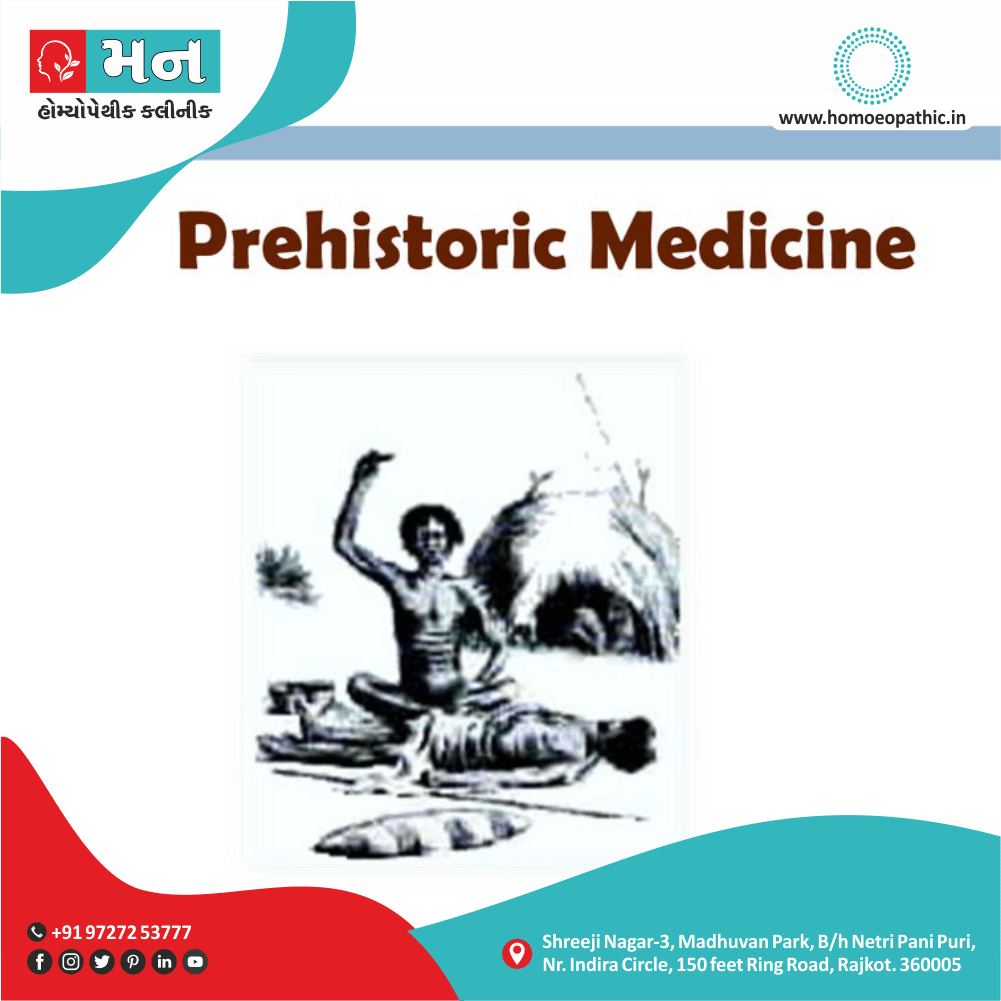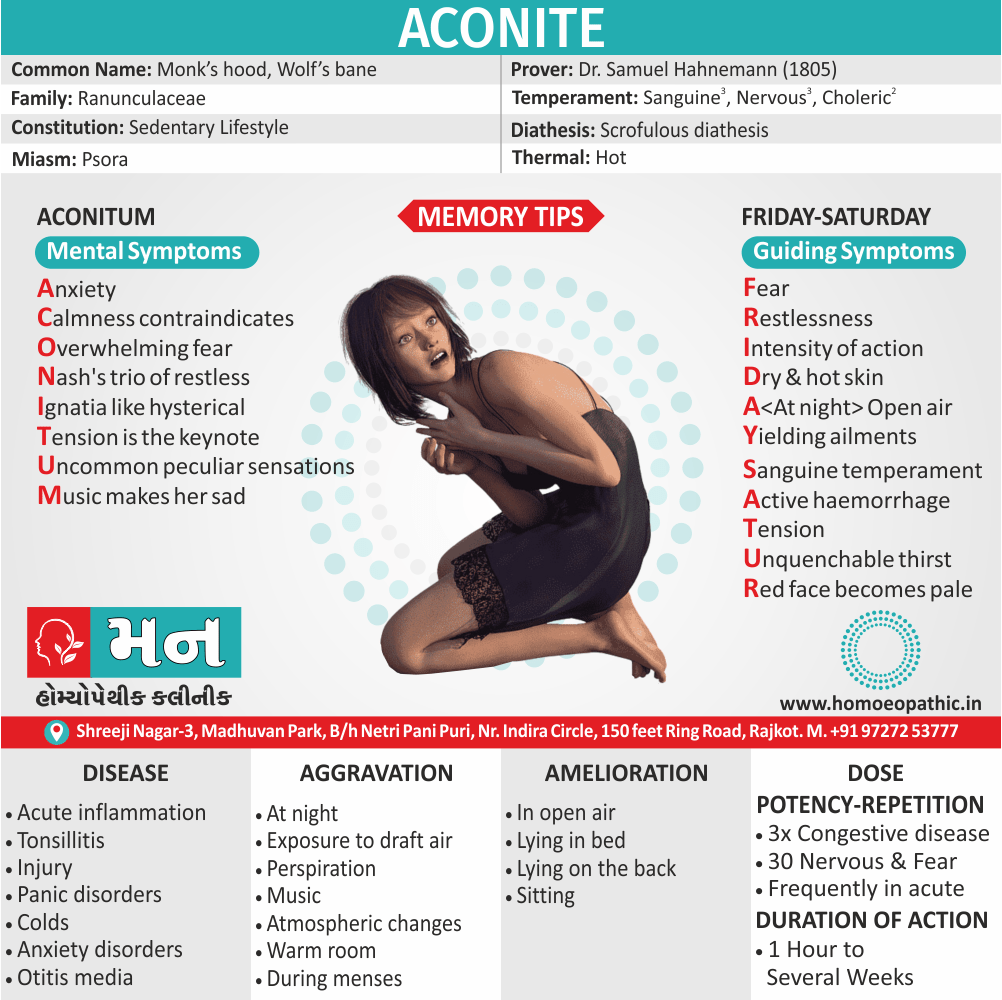Depression:
It is a condition that causes extremely low also sad mood, that can last for weeks, months or even years. Everyone at some point in their lives, feels sad, low and dejected, but when this sadness begins to infiltrate into a person’s behaviour, relationships and work, it called Depression and requires the help of trained medical professional.
At least 350 million people live with Depression, also it is the leading cause of disability worldwide. Almost 1 million people take their own lives each year.
How you know,You have depression?
- Do you feel unusually sad?
- Do you feel life is hopeless?
- Does life seem like a bed of thorns?
- Do you want to stay alone always?
- Have you feel nobody loves you?
- Have you feel life is useless?
- Are you getting repeated suicidal thoughts?
If your answers to most of the above questions are YES, then you are probably depressed.
According to World Health Organization DEPRESSION is the 4th most devastating illness in the world today. And with this rate, it may become the 2nd ranked illness by 2020. Besides this, the average age of onset of Depression is mid-20s.
It can easily take control of your life, your thoughts, feelings also actions. The key to overcoming it, therefore is a combination of the right medicines with the right lifestyle changes. Lastly, this is exactly what Homeopathy offers.
Homeopathy will relieve you effectively and safely without any side effects.
It’s not known exactly what causes depression. As with many mental disorders, a variety of factors may be involved, such as:
Biological differences
People with depression appear to have physical changes in their brains. The significance of these changes is still uncertain, but may eventually help pinpoint causes.
Brain chemistry:
Neurotransmitters are naturally occurring brain chemicals that likely play a role in depression. Recent research indicates that changes in the function and effect of these neurotransmitters and how they interact with neurocircuits involved in maintaining mood stability may play a significant role in depression and its treatment.
Hormones:
Changes in the body’s balance of hormones may be involved in causing or triggering depression. Hormone changes can result with pregnancy and during the weeks or months after delivery (postpartum) and from thyroid problems, menopause or a number of other conditions.
Inherited traits:
Depression is more common in people whose blood relatives also have this condition. Researchers are trying to find genes that may be involved in causing this disease.
This disease is one of the most common mental disorders in the U.S. Current research suggests that this disease is caused by a combination of genetic, biological, environmental, and psychological factors.
- This disease can happen at any age, but often begins in adulthood.
- This disease is now recognized as occurring in children and adolescents, although it sometimes presents with more prominent irritability than low mood.
- Many chronic mood and anxiety disorders in adults begin as high levels of anxiety in children.
- Risk factors include:
- Personal or family history of depression.
- Major life changes, trauma, or stress.
- Certain physical illnesses and medications.
Pathophysiology of Depression
The exact pathogenesis of major depressive disorder is not completely understood; however, following etiologies have been suggested to play a role in the development of major depressive disorder.
-
- 1. Neurotransmitters
- Serotonin: Serotonin depletion has been most commonly shown to be associated with depression. For this reason, serotonergic agents are first-line treatment of major clinical depression.
- Norepinephrine: Abnormal norepinephrine metabolites have been shown in blood, urine, and CSF in patients with major depressive disorder. Serotonin-norepinephrine reuptake inhibitors (e.g., venlafaxine) increase both serotonin and norepinephrine levels and are used as the firs-line treatment of major depressive disorder.
- Dopamine: Major depressive disorder may be associated with decreased dopaminergic activity. It has been suggested that patients with major depressive disorder may have dysfunctional masolimbic dopamine pathway and/or hypoactive dopamine D1 receptors. Reduced dopamine concentrations with drugs (e.g. reserpine) or certain pathologic conditions (e.g. Parkinson’s disease) have been linked to symptoms of depression. In addition, drus increasing dopamine concentrations, such as amphetamine, bupropion, and tyrosine can reduce depressive symptoms.
- 2. Psychosocial
- 3. Cognitive: Cognitive theory of Aaron Beck describes a triad of 1) negative self-view 2) negative interpretation of experience and 3) negative view of future.
- 4. Learned helplessness: Based on this theory, depression is linked to an individual’s inability to control events.
- 5. Stressful life events: Stressful life events may result in permanent neuronal alterations, subsequently predisposing an individual to mood disorders. The most often associated life event linked to the development of depression is losing a parent before age 11. (1)
- 1. Neurotransmitters
-
Major Depression i.e.:
- Symptoms should be constant everyday for at least 2 weeks.
- Down the black hole’ is the constant feeling.
-
Atypical Depression i.e.:
- People with this type of disorder have associated bad experience in childhood.
- Both physical and emotional symptoms are associated.
-
Chronic Depression i.e.:
- It is mild, less severe and chronic.
- It can be periodic, occurring at fixed intervals of time.
- Genetic factor can be associated.
-
Bipolar Depression i.e.:
- Depression occurs in alternation with periods of mania, wherein the individual feels unusually ecstatic, hyper and aggressive.
-
Seasonal Depression i.e.:
- It happens every year at the same time.
- Usually it is seen at onset of summers or winters.
Other Types i.e.:
Symptoms caused by major depression can vary from person to person. To clarify the type of depression you have, your doctor may add one or more specifier. A specifier means that you have depression with specific features, such as:
Anxious distress —
depression with unusual restlessness or worry about possible events or loss of control
Mixed features —
simultaneous depression and mania, which includes elevated self-esteem, talking too much and increased energy
Melancholic features —
severe depression with lack of response to something that used to bring pleasure and associated with early morning awakening, worsened mood in the morning, major changes in appetite, and feelings of guilt, agitation or sluggishness.
Atypical features —
depression that includes the ability to be cheered by happy events, increased appetite, excessive need for sleep, sensitivity to rejection, and a heavy feeling in arms or legs.
Psychotic features —
depression accompanied by delusions or hallucinations, which may involve personal inadequacy or other negative themes.
Catatonia —
depression that includes motor activity that involves either uncontrollable and purposeless movement or fixed and inflexible posture.
Peripartum onset —
depression that occurs during pregnancy or in the weeks or months after delivery (postpartum).
Seasonal pattern —
depression related to changes in seasons and reduced exposure to sunlight.
Varieties of Depression:
-
Teen Depression i.e.:
- Depression seen in teenagers is most commonly due to peer pressure.
- Drug and alcohol abuse is frequently witnessed.
- It may lead to poor concentration, thereby poor performance in studies and subsequently more depression.
-
Depression in Women i.e.:
- Women are more susceptible to depression than men.
- Hormonal factors, social and family pressures are the most important contributing factors.
- A variant of depression commonly seen nowadays is the depression that comes on after delivery of a newborn.
- This is due to extreme pressure of care of new born, hormonal changes and from severe expectations.
- This may even cause severe devastating consequences like killing of newborn by mother.
-
Depression in Men i.e.:
- Men tend to hide their weakness, insecurities and feelings. That is why depression is more pronounced in men.
- They feel restless and agitated and usually fall prey to substance abuse and bad company.
-
Depression in Older Age i.e.:
- Due to dependency on children or others for their financial and physical needs, senior citizens face rejection at every stage.
- They are easily ignored, feel helpless and mistreated;, and this causes depression.
Basically, Depression is a mood disorder that causes a persistent feeling of sadness and loss of interest. Also called major depressive disorder or clinical depression, it affects how you feel, think and behave additionally, it can lead to a variety of emotional and physical problems. Besides this, you may have trouble doing normal day-to-day activities, also sometimes you may feel as if life isn’t worth living.
Signs and Symptoms:
If you have been experiencing some of the following signs and symptoms most of the day, nearly every day, for at least two weeks, you may be suffering from depression:
- Persistent sad, anxious, or “empty” mood.
- Feelings of hopelessness, or pessimism.
- Irritability.
- Feelings of guilt, worthlessness, or helplessness.
- Loss of interest or pleasure in hobbies also activities.
- Decreased energy or fatigue.
- Moving or talking more slowly.
- Feeling restless or having trouble sitting still.
- Difficulty concentrating, remembering, or making decisions.
- Difficulty sleeping, early-morning awakening, or oversleeping.
- Appetite also weight changes.
- Thoughts of death or suicide, or suicide attempts.
- Aches or pains, headaches, cramps, or digestive problems without a clear physical cause also that do not ease even with treatment.
Mental Symptoms:
Though these symptoms vary from person to person, there are few common mental symptoms.
- Extreme, prolonged sadness also hopelessness.
- Helplessness and self-hatred.
- Negative thoughts.
- Lack of interest in everything with feelings of irritability.
- No interest in daily activities, fun activities, etc.
- Anger/irritability/frustration/gloomy feeling/self-loathing.
- Irresponsible also reckless behaviour.
- Either less or no social interaction.
- Withdrawal even from favourite hobbies.
- Severe sense of guilt.
- In children-lack of concentration, low academic performances.
- Thoughts of committing suicide.
Physical Symptoms:
Mental stress can channelize into symptoms of the body such as;
- Overwhelming fatigue also exhaustion.
- Weight loss or gain.
- Unrefreshing sleep with either drowsiness or sleeplessness.
- Disinterest in sex with decrease in sex drive.
- Either weight gain or weight loss.
- Lethargy also intense fatigue.
- Bodyache.
- Headaches.
- Either Insomnia or excessive sleep.
- Lack of interest in sex.
- Abuse or misuse of alcohol, drugs, etc.
Clinical examination of Depression
Physical examination of patients with major depressive disorder is usually normal. A mental status examination may provide valuable information in patients with major depressive disorder.
- General appearance:
- Psychomotor agitation or retardation
- Poor eye contact
- Tearful
- Inattentive to personal appearance
- Affect:
- Constricted or labile
- Mood:
- Depressed
- Irritable
- Frustrated
- Sad
- Speech:
- Little or no spontaneity
- Monosyllabic
- Long pauses
- Soft, low monotone
- Thought content:
- Suicidal ideation
- Obsessive rumination
- Pervasive feelings of hopelessness, helplessness, worthlessness, guilt
- Somatic preoccupation
- Indecisiveness
- Poverty of through content
- Mood-congruent hallucinations and delusions
- Cognition:
- Distractile
- Difficulty concentrating
- Poor memory
- Apparent disorientation
- Impaired abstract thinking
- Insight and judgment:
- Impaired (1)
What can Depression lead to ?
In general, It is a misconception that Depression is a short-lived state of the mind that goes away easily. But Depression touted to be amongst the major killers today because of its adverse complications on the depressed individual.
If untreated, It can lead to;
- Self-hatred
- Substance abuse
- Physical illnesses like Eating disorders, Sleeping disorders, etc.
- Unemployment
- Suicide
Investigation of Depression
- There are no diagnostic laboratory findings associated with major depressive disorder.
- Dexamethasone suppression test:
- About 50% of patients with major depressive disorder have abnormal dexamethasone suppression test. Nonsuppression (positive test result) shows cortisol hypersecretion secondary to a hyperactive hypothalamus-pituitary-adrenal axis.
- However, dexamethasone suppression test is not routinely used in the diagnosis of major depressive disorders due to high rates of false positives and false negatives.
- Diminished TSH in response to TRH and decreased prolactin release in response to tryptophan have been reported in patients with major depression. However, the results are not definitive, and thus, are not used routinely used in clinical practice. (1)
Tests and diagnosis:
These exams and tests can help rule out other problems that could be causing your symptoms, pinpoint a diagnosis and check for any related complications:
- Physical examination: Generally, Your doctor may do a physical exam and ask questions about your health. In some cases, this disease may be linked to an underlying physical health problem.
- Lab tests: For example, your doctor may do a blood test called a complete blood count or test your thyroid to make sure it’s functioning properly.
- Psychological evaluation: Expect your doctor or mental health provider to ask about your symptoms, thoughts, feelings and behavior patterns. You may be asked to fill out a questionnaire to help answer these questions.
DSM-5. Your mental health professional may use the criteria for this disease listed in the Diagnostic and Statistical Manual of Mental Disorders (DSM-5), published by the American Psychiatric Association. All in all, this manual is used by mental health providers to diagnose mental conditions and by insurance companies to reimburse for treatment.
Differential diagnosis of Depression
- Bipolar disorder
- Borderline personality disorder
- Adjustment disorder with depressed mood
- Anxiety
- Drug induced mood disorder
- Obsessive compulsive disorder
- Organic (3)
Treatment of Depression
Cognitive Behavioral Therapy
Cognitive Behavioral Therapy is a short-term therapy usually lasting between six to 12 weeks. A therapist helps people who are sad or scared. They help them learn how their thoughts, feelings, and thinking are related to making them feel better. It is like when you get hurt and your mom tells you not to do it again. A therapist will tell kids they need to be more careful next time they play with the fire. CBT teaches problem-solving skills so that people can feel better now and cope with their feelings.
Psychotherapy
Psychotherapy is a short-term, goal-oriented psychotherapy that gives people tools to deal with problems in life. A therapist helps you talk about what is on your mind, so you don’t feel bad. It teaches emotional coping skills instead of emotional expression or catharsis.
Talk Therapy
Talking therapy is a way to help people who are feeling bad or have hard times. They get support from other people while talking about their feelings. This may be done with one person, called individual therapy, or it may be done as a group. Group talk therapy can help people learn how to deal with stress and feel better about themselves by sharing their experiences with others.
Dialectical Behavioral Therapy DBT
Dialectical Behavioral Therapy helps people learn how to manage their emotions and change the way they think. It teaches people how to deal with stress and emotional problems. It is like a skill that helps you make good relationships.
TMS Therapy
TMS stands for Transcranial Magnetic Stimulation. This is a form of therapy that uses magnets to help treat depression. Also, studies have shown that it is the same as brain stimulation treatments like electroconvulsive therapy (ECT).
Electroshock Therapy
ECT is a kind of therapy that doctors do for people who are very sad or who have bipolar disorder. Doctors put electrodes on the head, and then they send an electric current through the brain. Doctors may prescribe electroconvulsive therapy as a last-resort treatment. This is when an antidepressant medication doesn’t work, or if it does but symptoms do not go away quickly. Also, it can help with symptoms like anxiety and depression, and people who are at risk of suicide.
Medication :
There are many medications available today which help treat depression symptoms in patients. Some of these medications are antidepressants, anti-anxiety drugs, mood stabilizers, and antipsychotics.
Lifestyle Changes
A doctor might also recommend lifestyle changes like exercise and getting enough sleep. If you wake up, make sure to get outside for at least 30 minutes a day. Also, try not to eat too much sugar or drink caffeine after lunchtime. Other changes are:
Exercise
Try to exercise for at least 30 minutes a day. Try to do this every day of the week, even on weekends. Exercise can help you feel less depressed and anxious. It can improve your mood and make you feel more energetic. It can also help you sleep better at night.
Sleep
Doctors recommend that people get at least eight hours of sleep every night. During the first few weeks, try to go to bed an hour earlier than usual until it becomes a habit. People who are depressed often wake up early in the morning because they find it difficult to fall back to sleep. If you wake up, try not to go back to sleep right away but do something else like reading a book or surfing the Internet.
Social Support
Doctors also recommend getting social support. This means being with the people you love or having fun activities to do. For example, try spending time doing anything that makes you feel calm and relaxed like reading a book or listening to music.
Nutrition
Eating a healthy diet can help treat depression. This means eating more fresh vegetables, fruits, and whole grains. Avoid foods that have too much sugar or caffeine in them like chocolate or soda pop. It also helps to drink at least eight glasses of water every day so you don’t get dehydrated from not drinking enough fluids.
Stress Reduction
Doctors recommend that people reduce stress in their lives. This means taking care of yourself. For example, avoid arguments and traffic jams. Take care of yourself when you are sick.(2)
Prevention of Depression
Stress Management
Depression has been linked to the destabilizing effects of an adverse, traumatic life event. While this difficult experience often occurs early on and during childhood, depression can stem at any point in life. As a result, learning how to manage the stressors in one’s life—and teaching one’s children how to do so—can have a protective effect against different mental health issues, particularly depression and anxiety. Stress management refers to the ability to respond to stressors in a more considered manner, instead of being driven by automatic responses that may add to their distress. Turning to loved ones for support, and reaching out to mental health professionals, as well as treatments such as Deep TMS™, which have been recognized for their safety and efficacy, build a more adaptable response system to unexpected or upsetting elements.
Protecting Against Repeated Episodes
Depression can repeat itself, haunting the individual after the initial depressive episode has passed. The thought of a returning bout of depression can bring on fear, frustration, and hopelessness that the condition will ever truly disappear. But it can also help the patient gain a better understanding of what tends to trigger their depression, in an effort to change the way they approach such experiences.
Though daunting, developing greater awareness of the underlying issues of one’s depression can help work through the pain and trauma that may have contributed to its appearance. It can also promote the individual’s ability to avoid diving into another depressive episode, by relying on support methods and circles that have already proven to be instrumental in promoting their exit from previous depressive episodes.
Leading a Healthy Lifestyle
Nutrition and exercise have been found to protect against the appearance of mental health disorders, such as depression.
Nutrition
Consuming a Mediterranean diet consisting of whole grains, olive oil, fruit, vegetables, fish, low fat dairy products, and antioxidants, has repeatedly been found to lead to a 32% reduction in the risk of developing depression. Raw nuts and legumes have similarly been associated with depression symptom alleviation.
Antioxidant and anti-inflammatory-rich diets have also been linked to lower risk of depression. A possible explanation for this is their beneficial effects on gut health, which has been established to hold a link to brain functioning.
On the other hand, adhering to a Western diet, composed of a high intake of processed and red meat, refined grains, candy, high-fat dairy products, and potatoes, has been linked to an increased chance of developing depression. Higher percentages of saturated fats and sugars—considered Western diet staples—were found to be associated with a higher risk of developing anxiety.
Dietary supplements have shown protective benefits, as well. Specifically, the absence of sufficient levels of vitamins D, B6 and B12, in addition to zinc, folate acid, and iron have been found to be associated with increased levels of depression.
Exercise
Exercise similarly affects one’s mental health, by increasing their level of endorphins, which are mood regulators. Research has specifically shown that low-intensity aerobic exercise, carried out for 30-35 minutes a day and 3-5 times a week, is a reliable mood regulating activity.(4)
Homeopathic Treatment of Depression
Homeopathy treats the person as a whole. It means that homeopathic treatment focuses on the patient as a person, as well as his pathological condition. The homeopathic medicines selected after a full individualizing examination and case-analysis.
Which includes
- The medical history of the patient,
- Physical and mental constitution,
- Family history,
- Presenting symptoms,
- Underlying pathology,
- Possible causative factors etc.
A miasmatic tendency (predisposition/susceptibility) also often taken into account for the treatment of chronic conditions.
What Homoeopathic doctors do?
A homeopathy doctor tries to treat more than just the presenting symptoms. The focus is usually on what caused the disease condition? Why ‘this patient’ is sick ‘this way’?
The disease diagnosis is important but in homeopathy, the cause of disease not just probed to the level of bacteria and viruses. Other factors like mental, emotional and physical stress that could predispose a person to illness also looked for. Now a days, even modern medicine also considers a large number of diseases as psychosomatic. The correct homeopathy remedy tries to correct this disease predisposition.
The focus is not on curing the disease but to cure the person who is sick, to restore the health. If a disease pathology not very advanced, homeopathy remedies do give a hope for cure but even in incurable cases, the quality of life can greatly improve with homeopathic medicines.
Homeopathic Medicines for Depression:
The homeopathic remedies (medicines) given below indicate the therapeutic affinity but this is not a complete and definite guide to the homeopathy treatment of this condition. The symptoms listed against each homeopathic remedy may not be directly related to this disease because in homeopathy general symptoms and constitutional indications also taken into account for selecting a remedy, potency and repetition of dose by Homeopathic doctor.
So, here we describe homeopathic medicine only for reference and education purpose. Do not take medicines without consulting registered homeopathic doctor (BHMS or M.D. Homeopath).
Medicines:
Natrum Muriaticum:
Indicated in people who have strong inner feelings of grief, anger, romantic disillusionment. Additionally, they get angry on being consoled and brood over past grievances.
Pulsatilla:
This medicine is very effective in people who are shy, mild and sensitive. There is despair of happiness, discouragement, indecision and impulse to hide or run away. All in all, great flow of very changeful ideas.
Ignatia:
One of the best remedies for grief or hurt that has remained unexpressed. Moreover, frequent feeling of lump in the throat with involuntary tendency to sigh. Accompanied with physical ailments like headache, cramps and insomnia.
Aurum Metallicum:
Excellent remedy for serious, hardworking individuals who become depressed if they feel they have failed in their duties. Such people can fall steeply into self-reproach, self-loathing and especially, emerge with suicidal tendencies.
Diet & Regimen of Depression
- Eat diet with antioxidant
- Eat selenium rich diet
- Do regular physical exercise
- Avoid alcohol and drug
- Get enough vit D
- Meditation
Frequently Asked Questions
What is Depression?
Depression is defined as a clinical condition characterized by prolonged low mood and sadness.
Homeopathic Medicines used by by Homeopathic Doctors in treatment of Depression?
- Natrum Muriaticum
- Pulsatilla
- Ignatia
- Aurum Metallicum
What are 4 causes of Depression?
- Biological differences
- Brain chemistry
- Hormones
- Inherited traits
What are the 5 signs of Depression?
- Extreme, prolonged sadness and hopelessness.
- Helplessness and self-hatred.
- Negative thoughts.
- Weight gain or weight loss.
- Lethargy and intense fatigue.
- Bodyache.
- Headaches.
